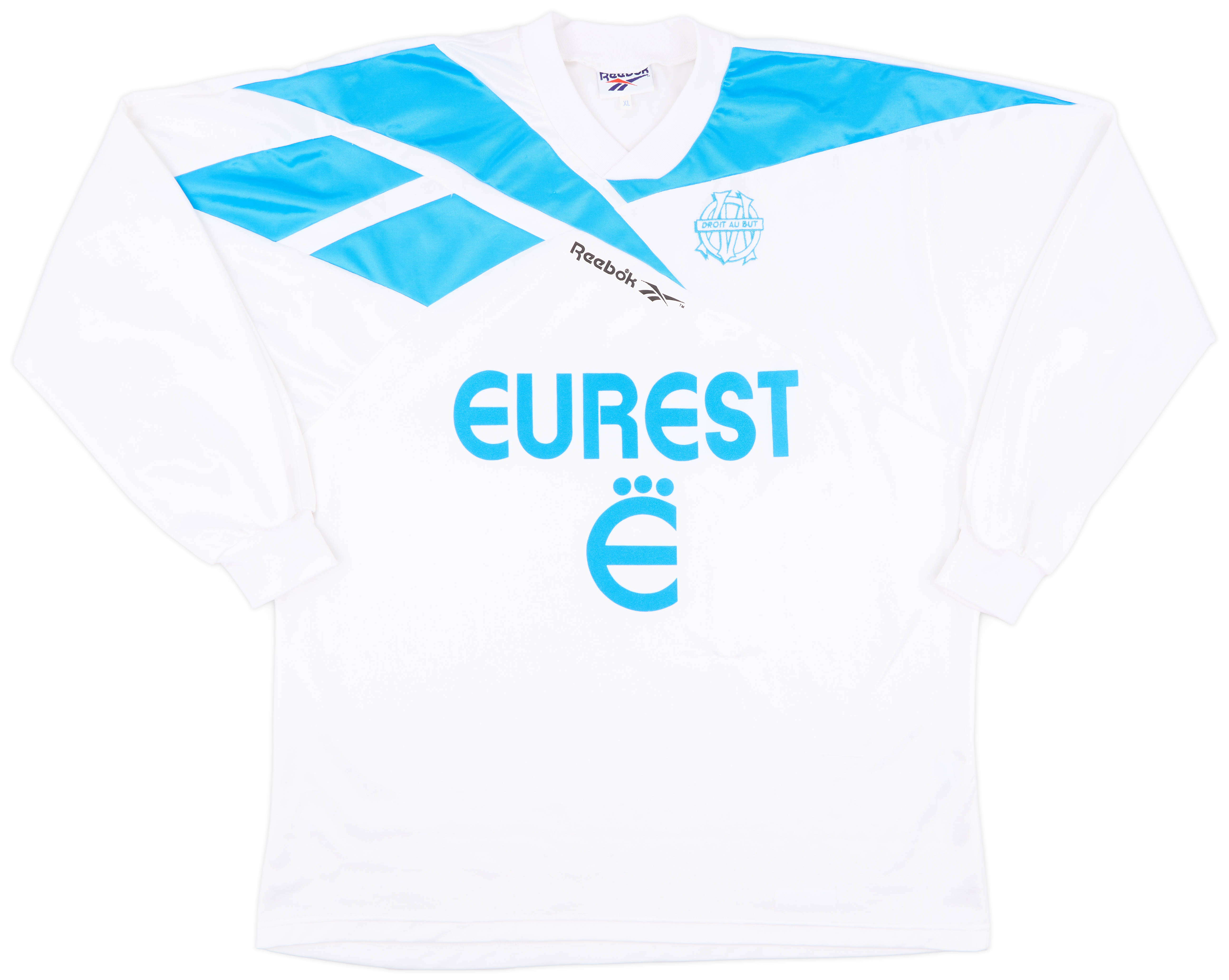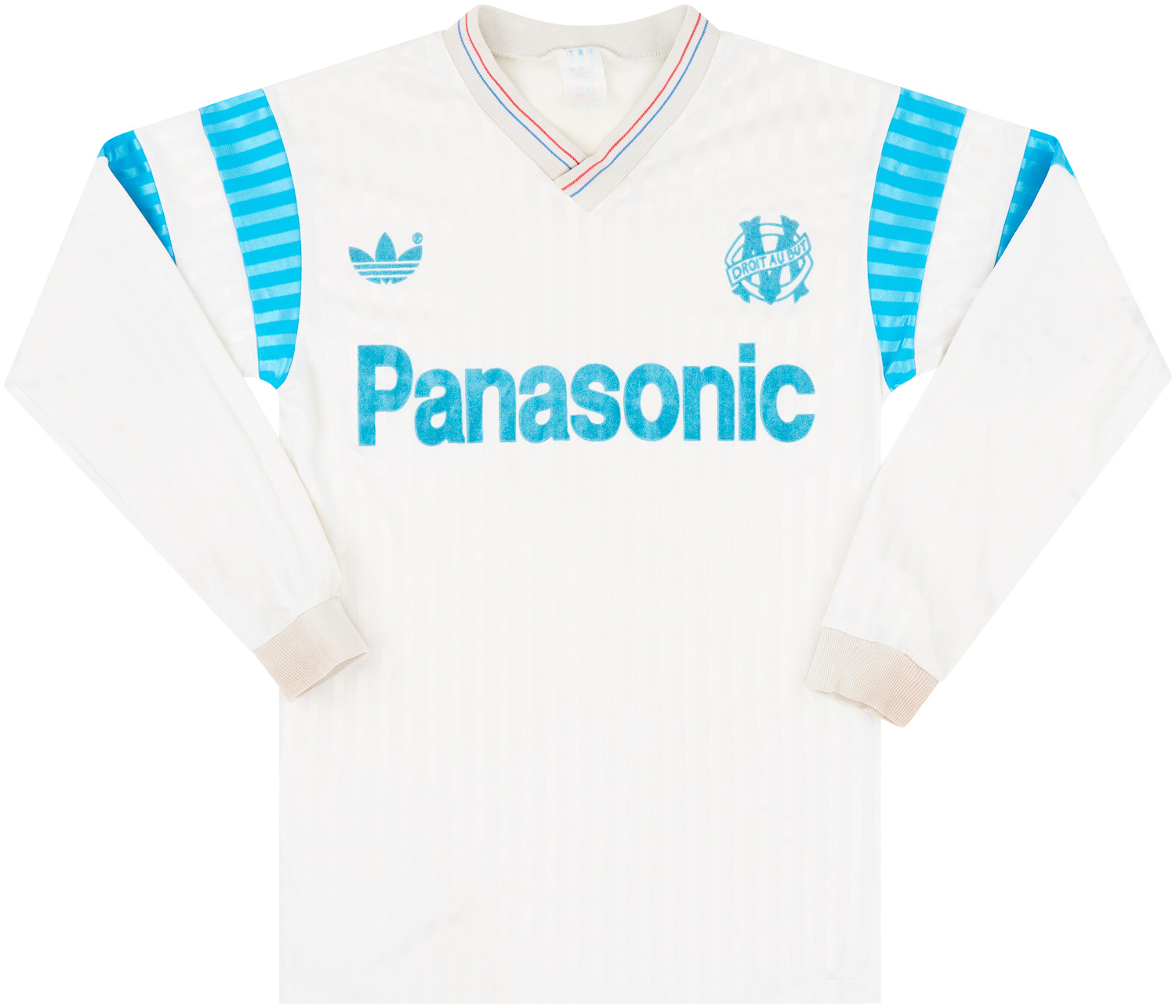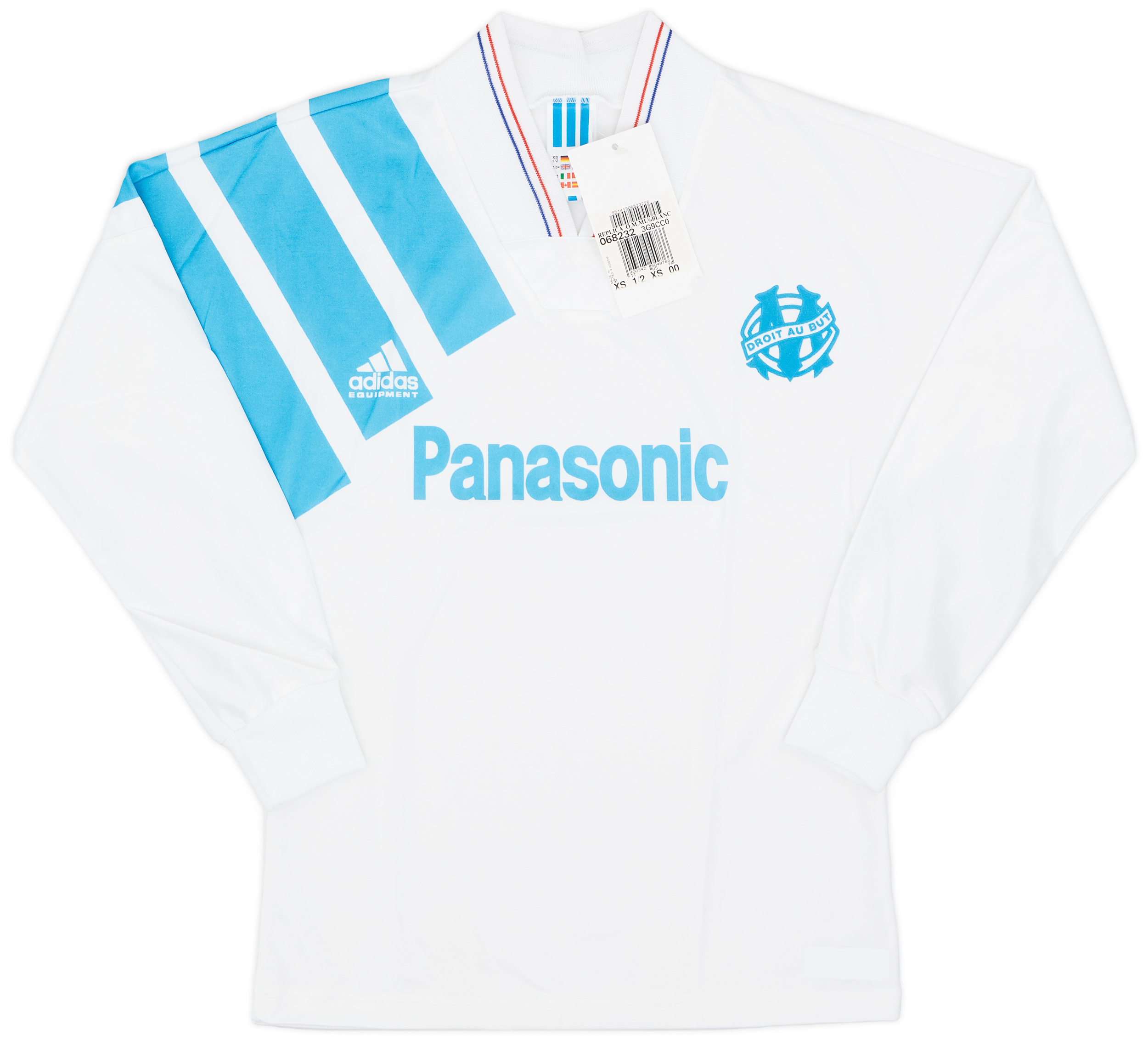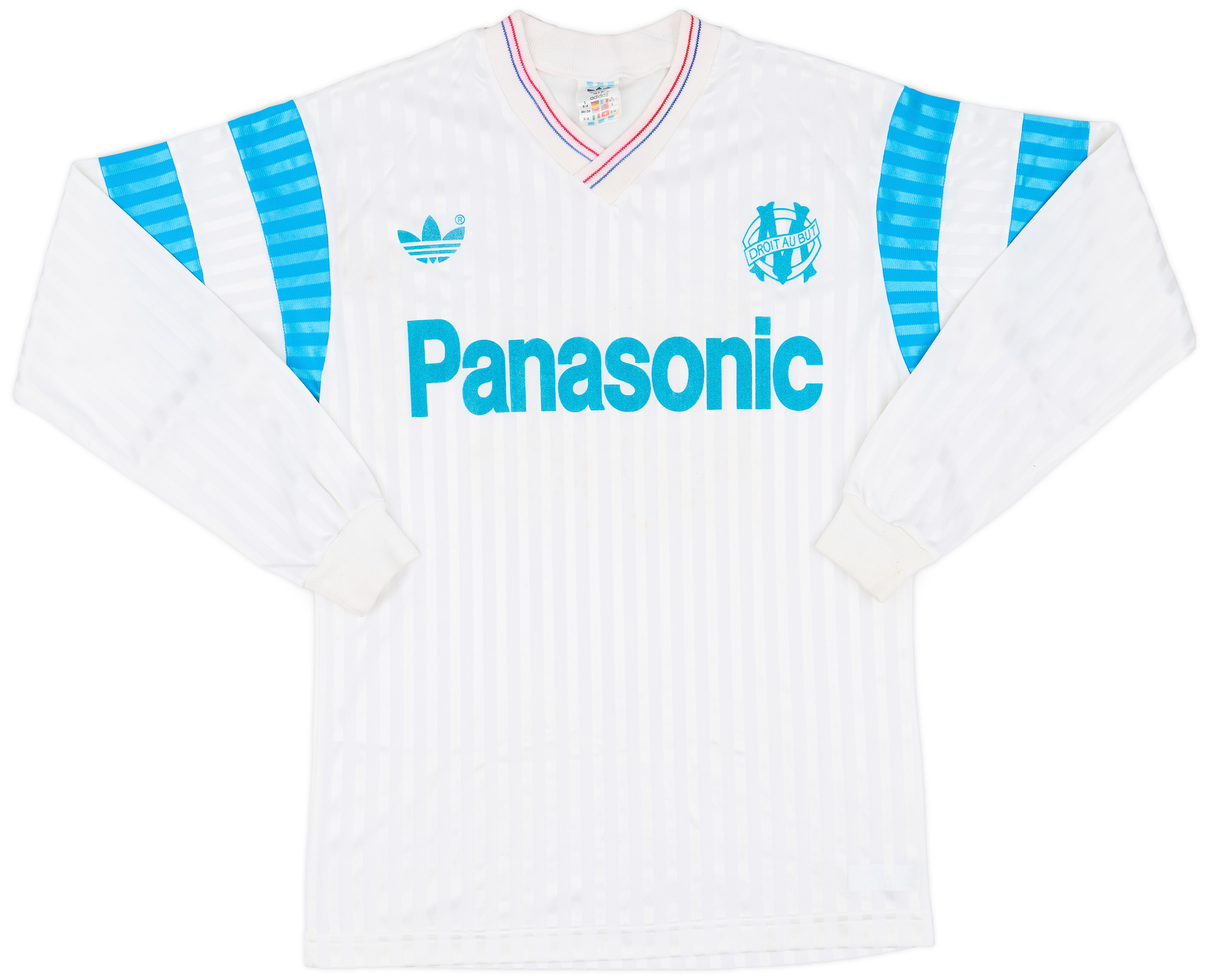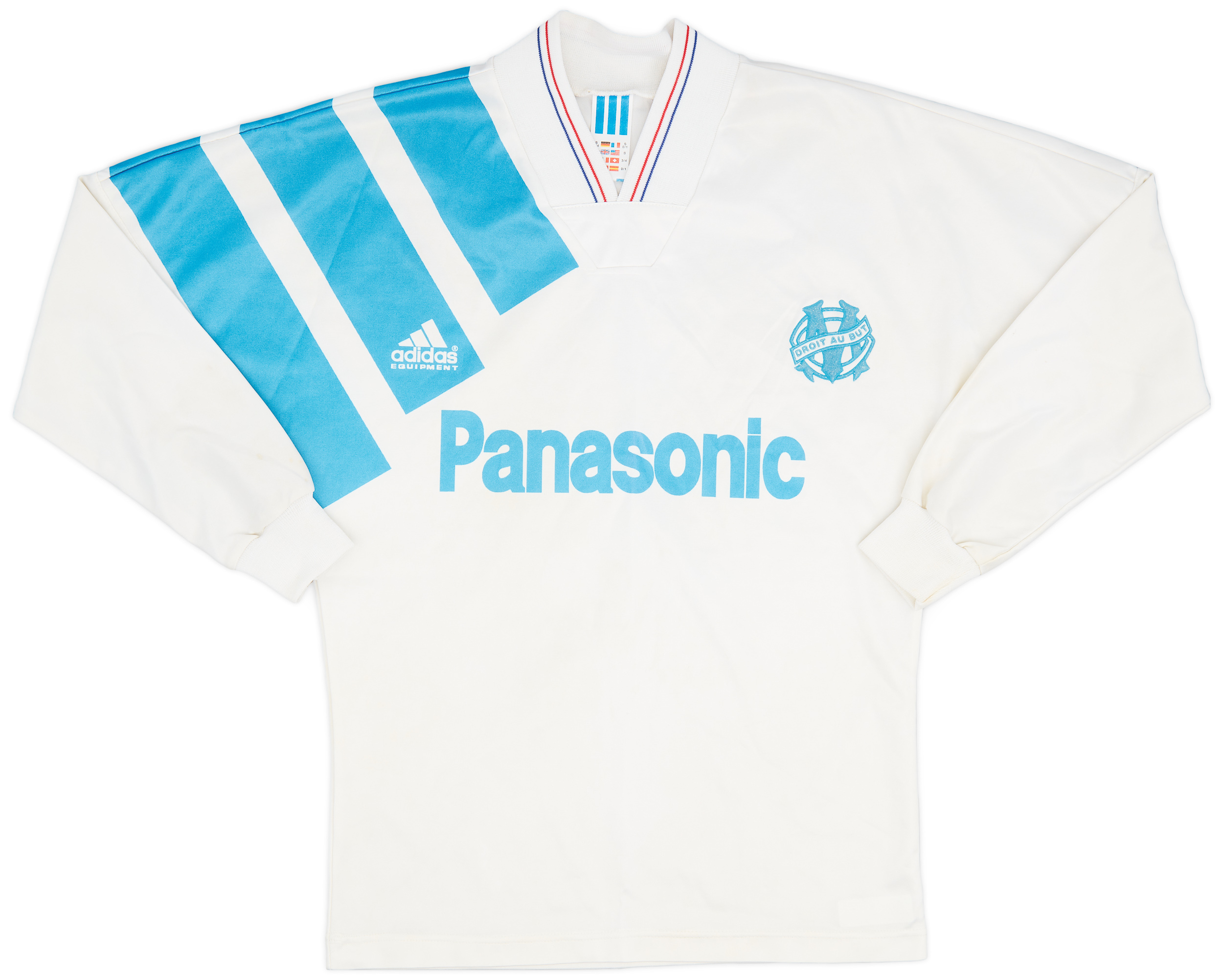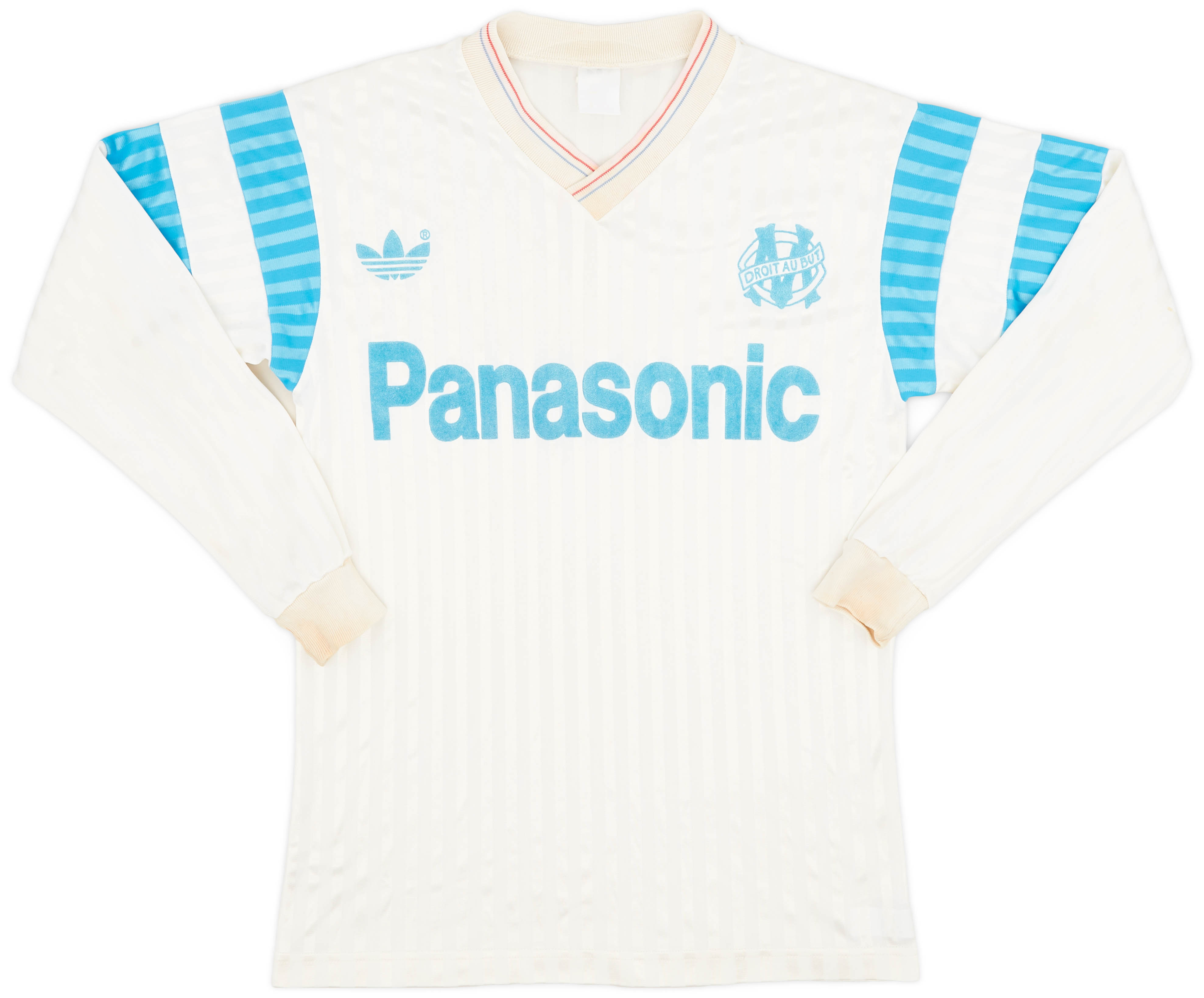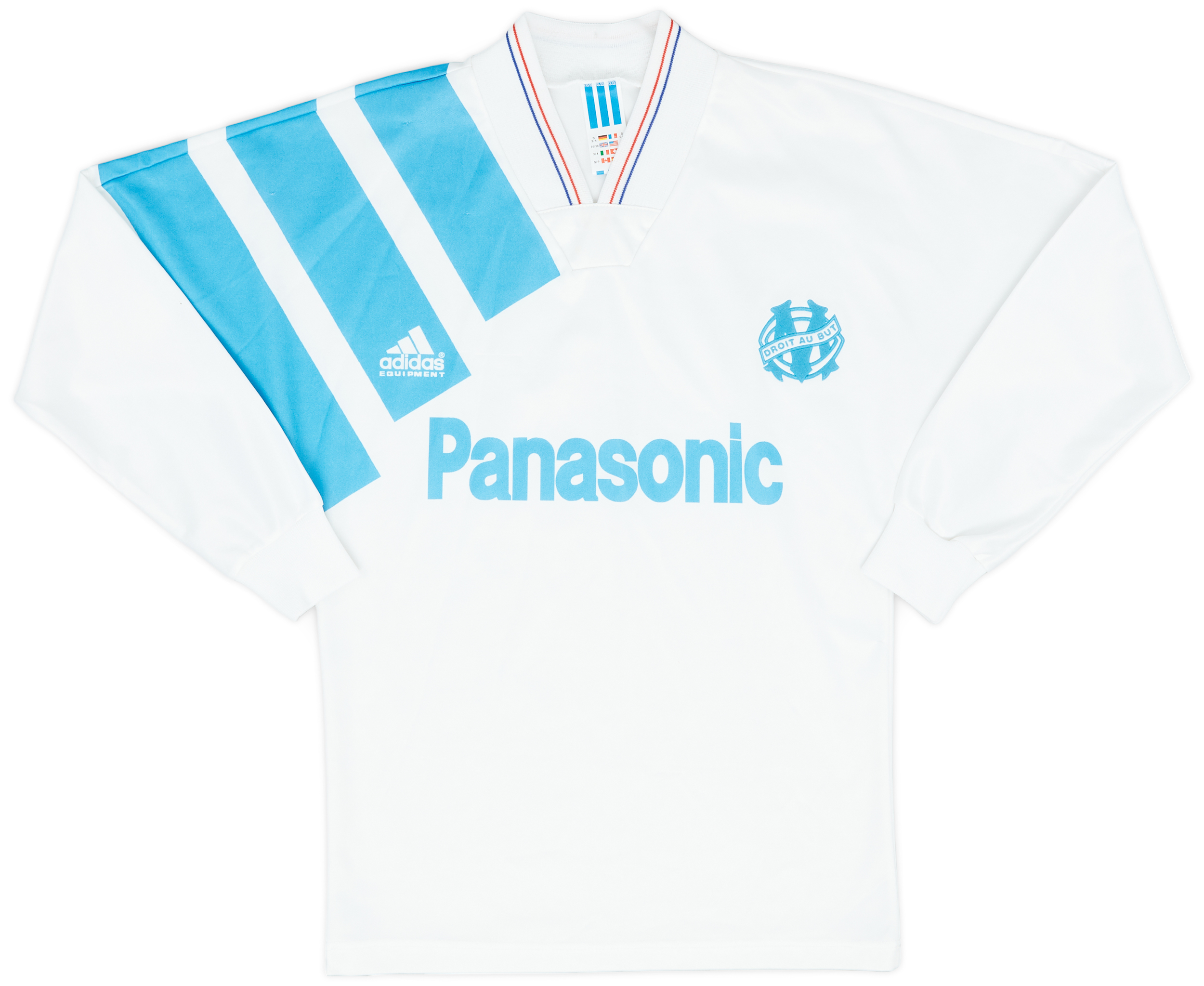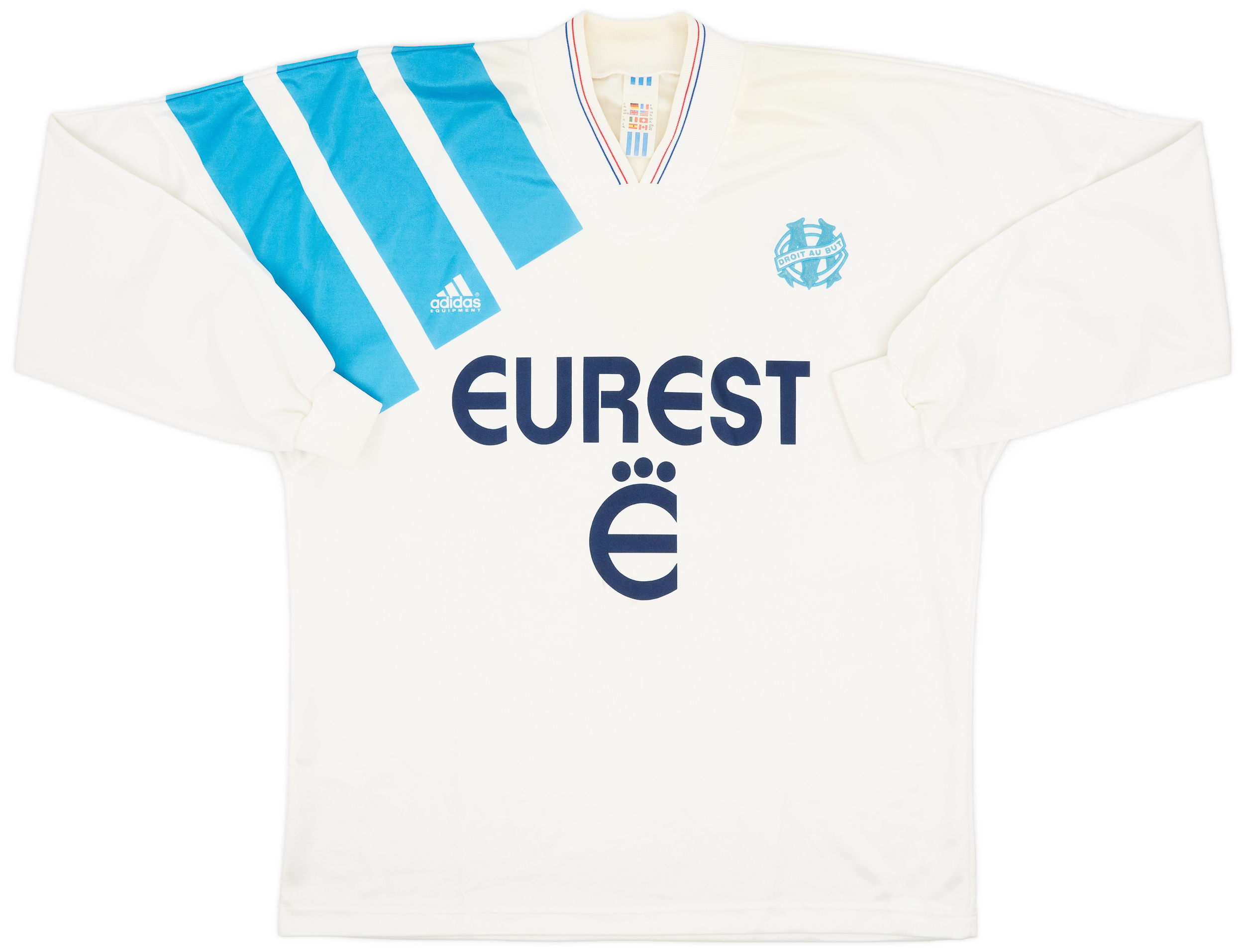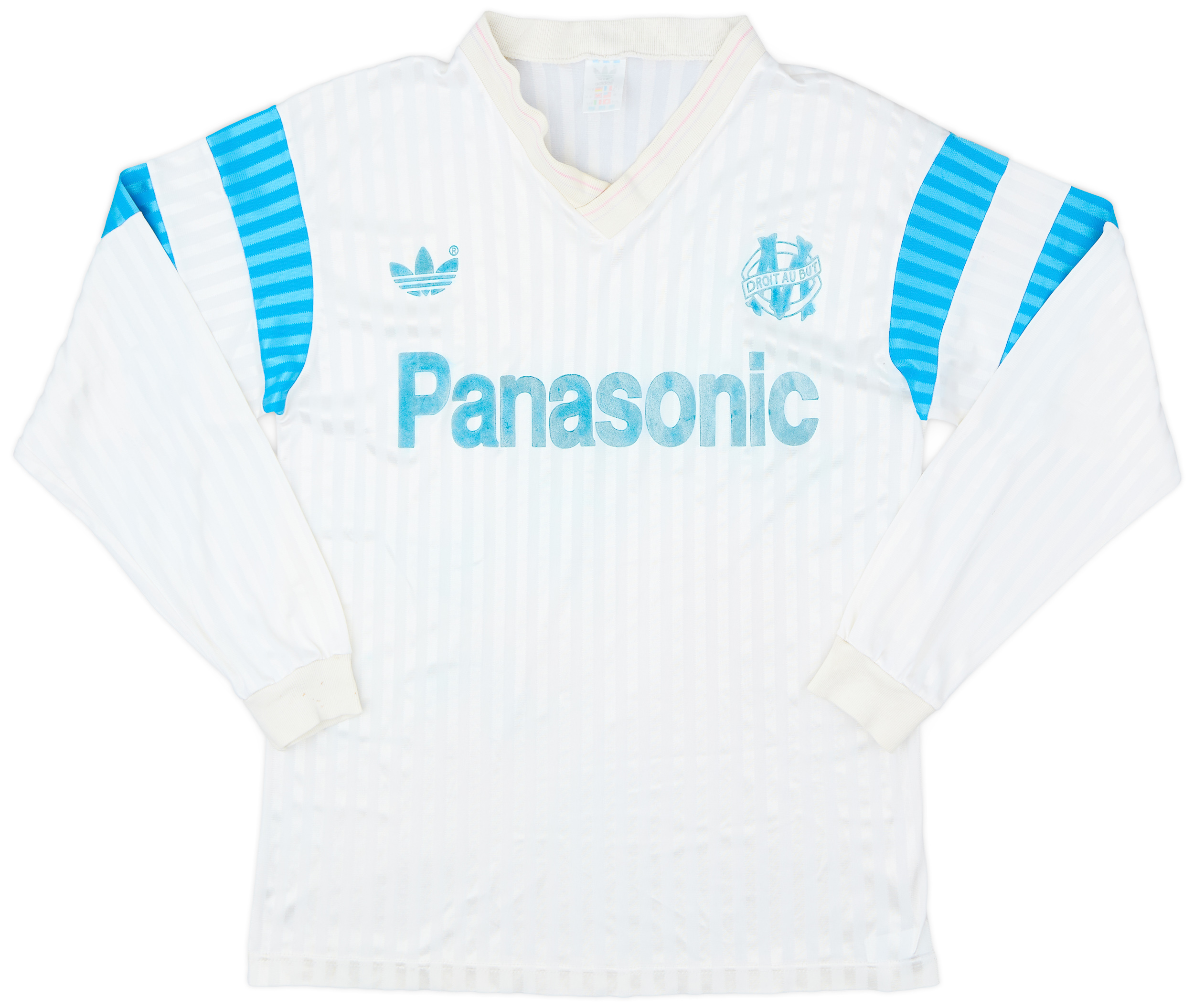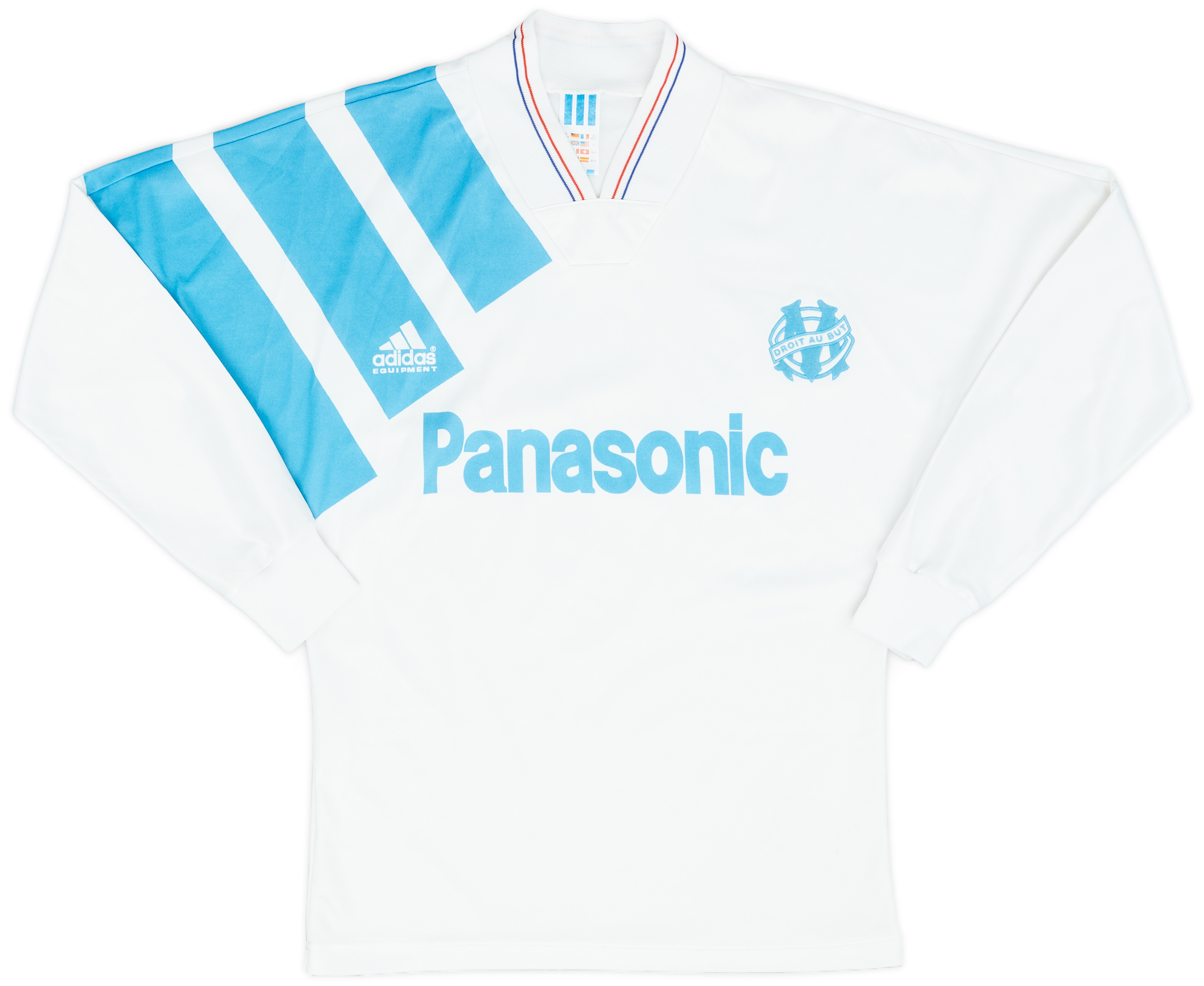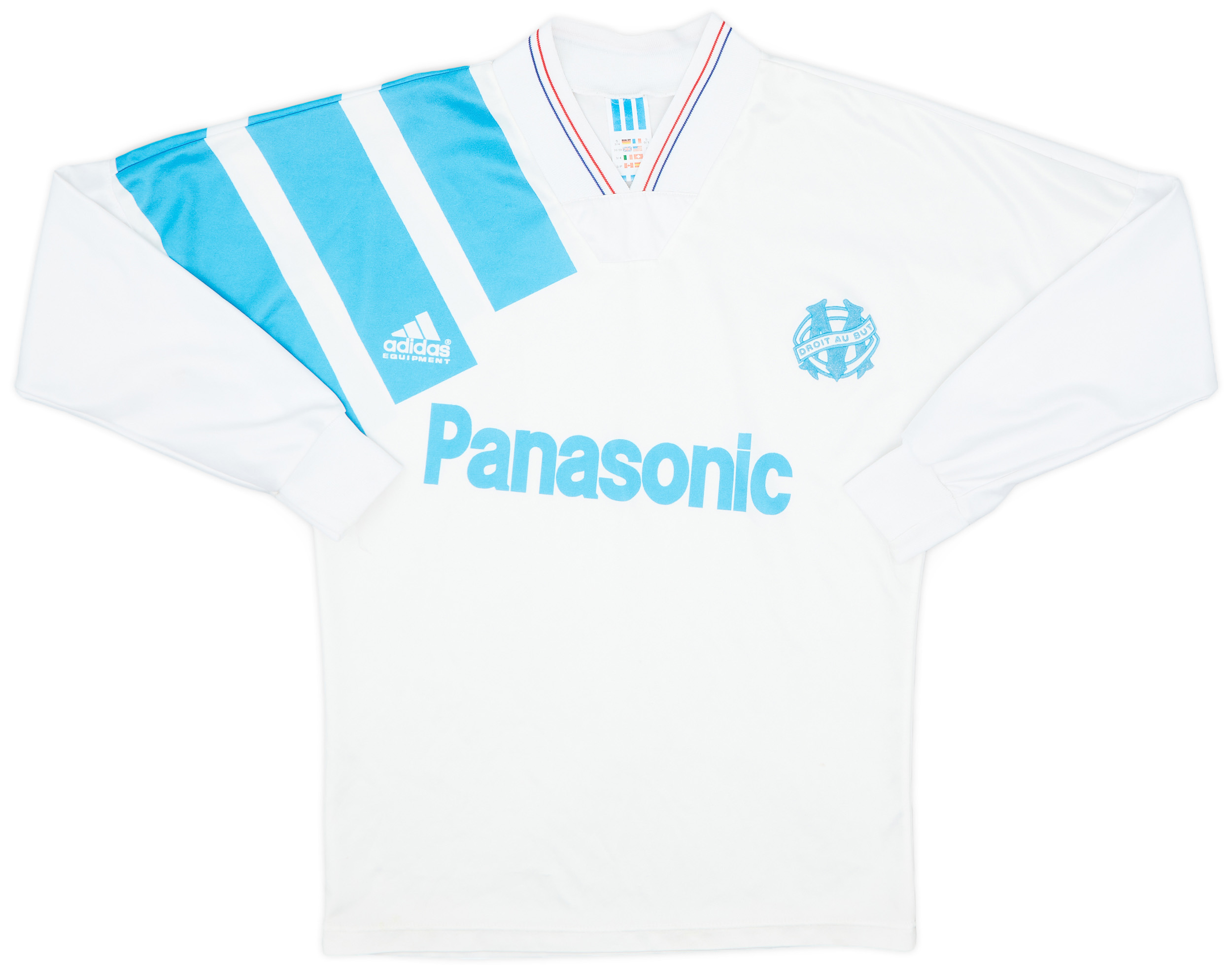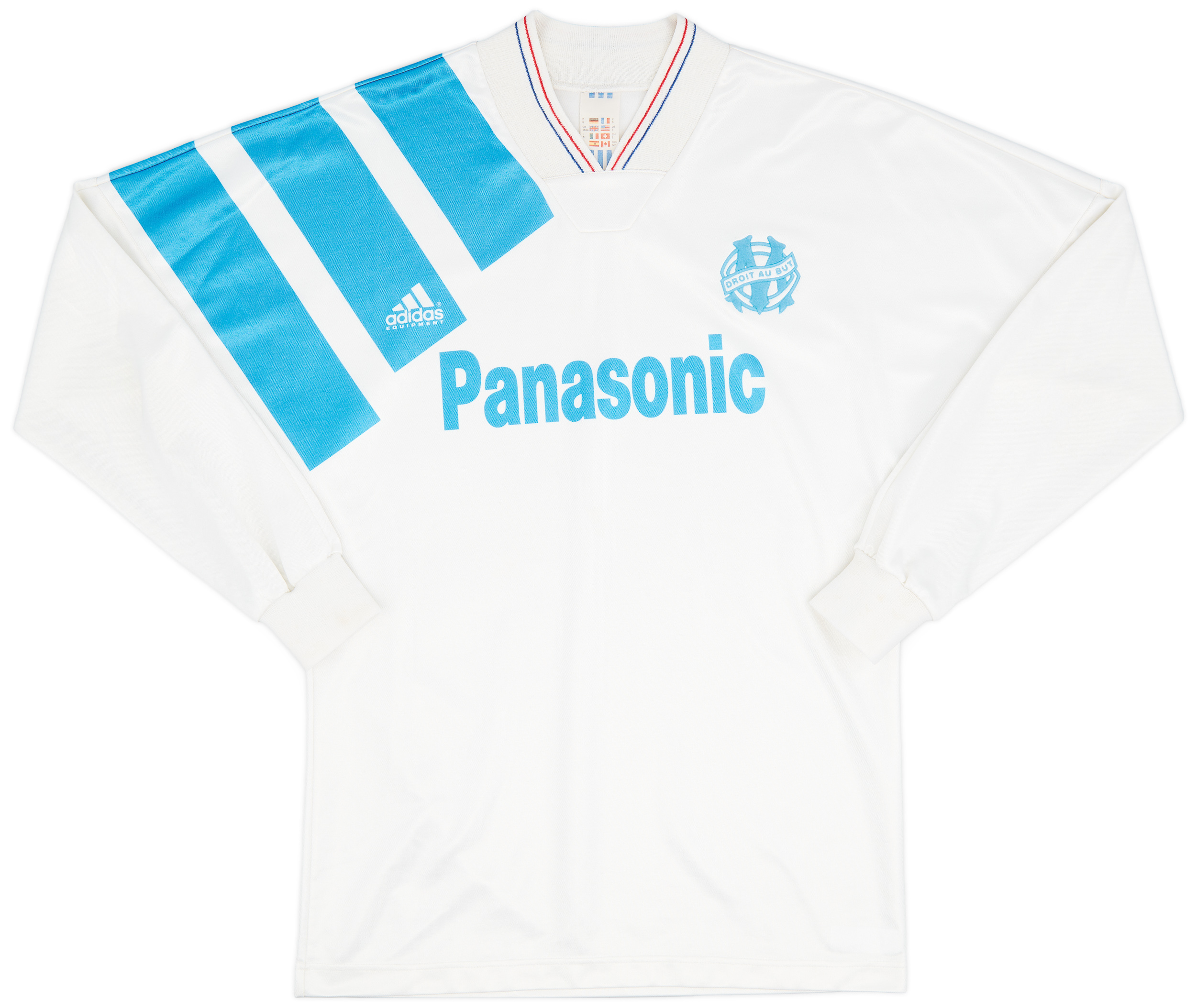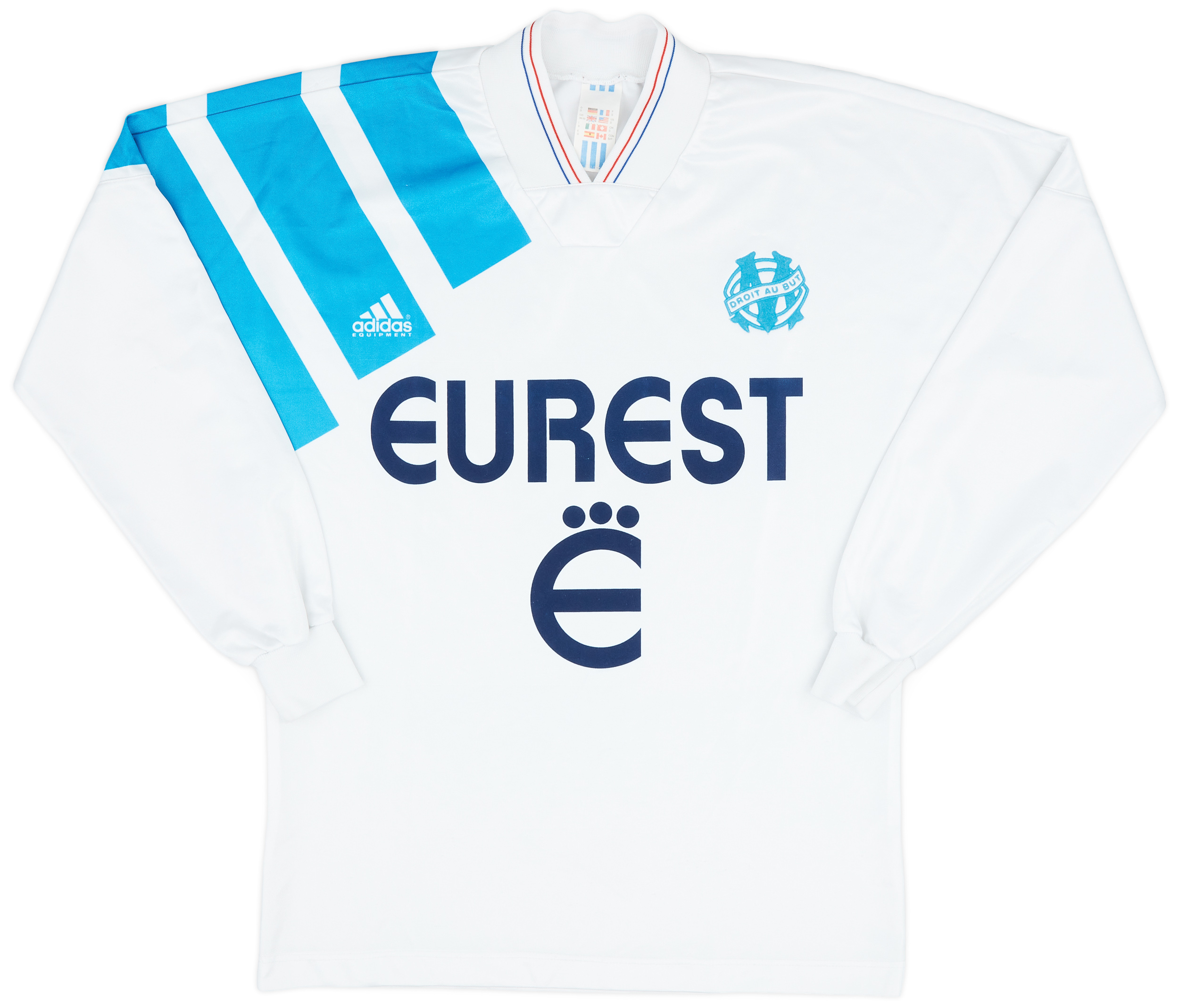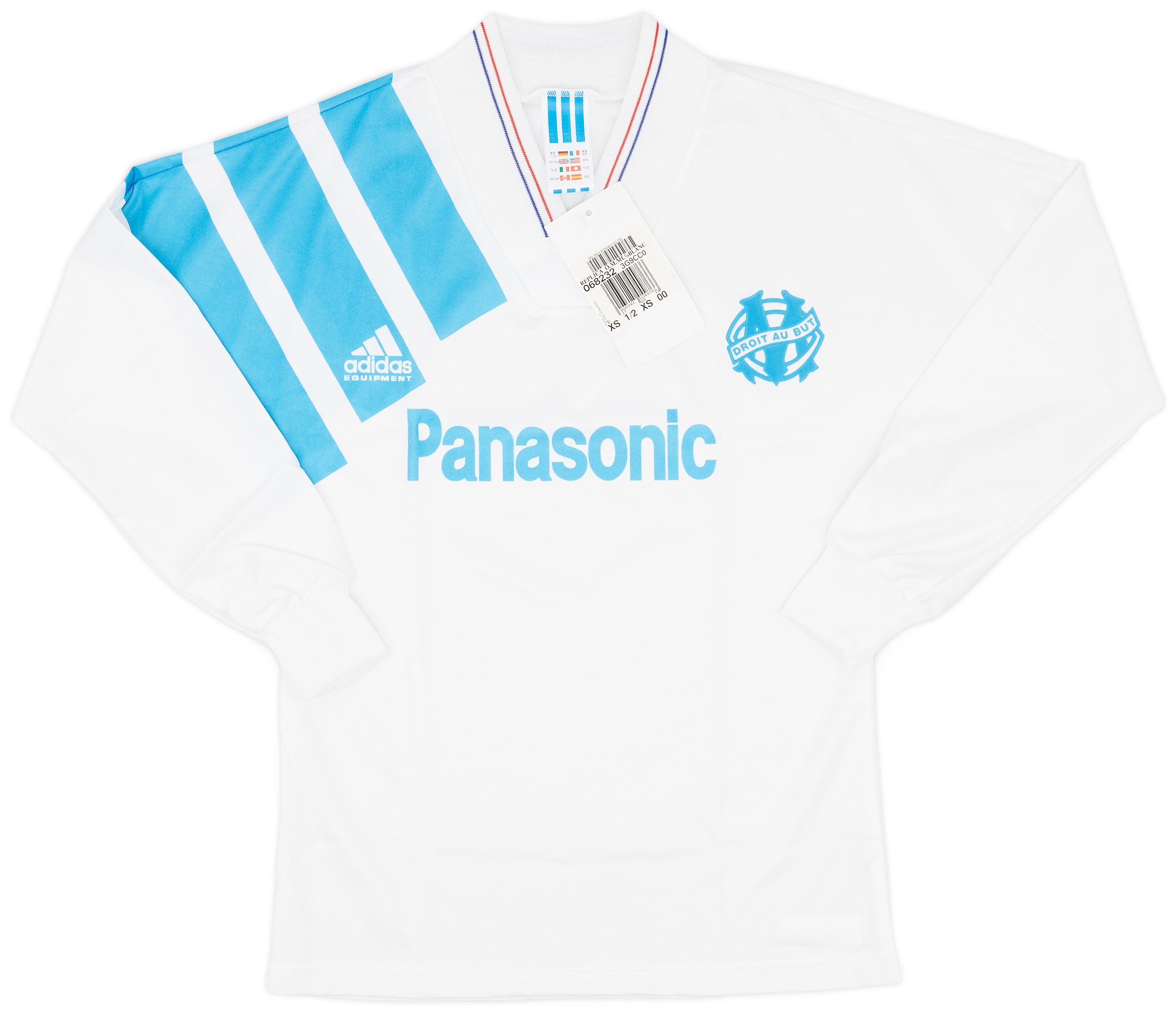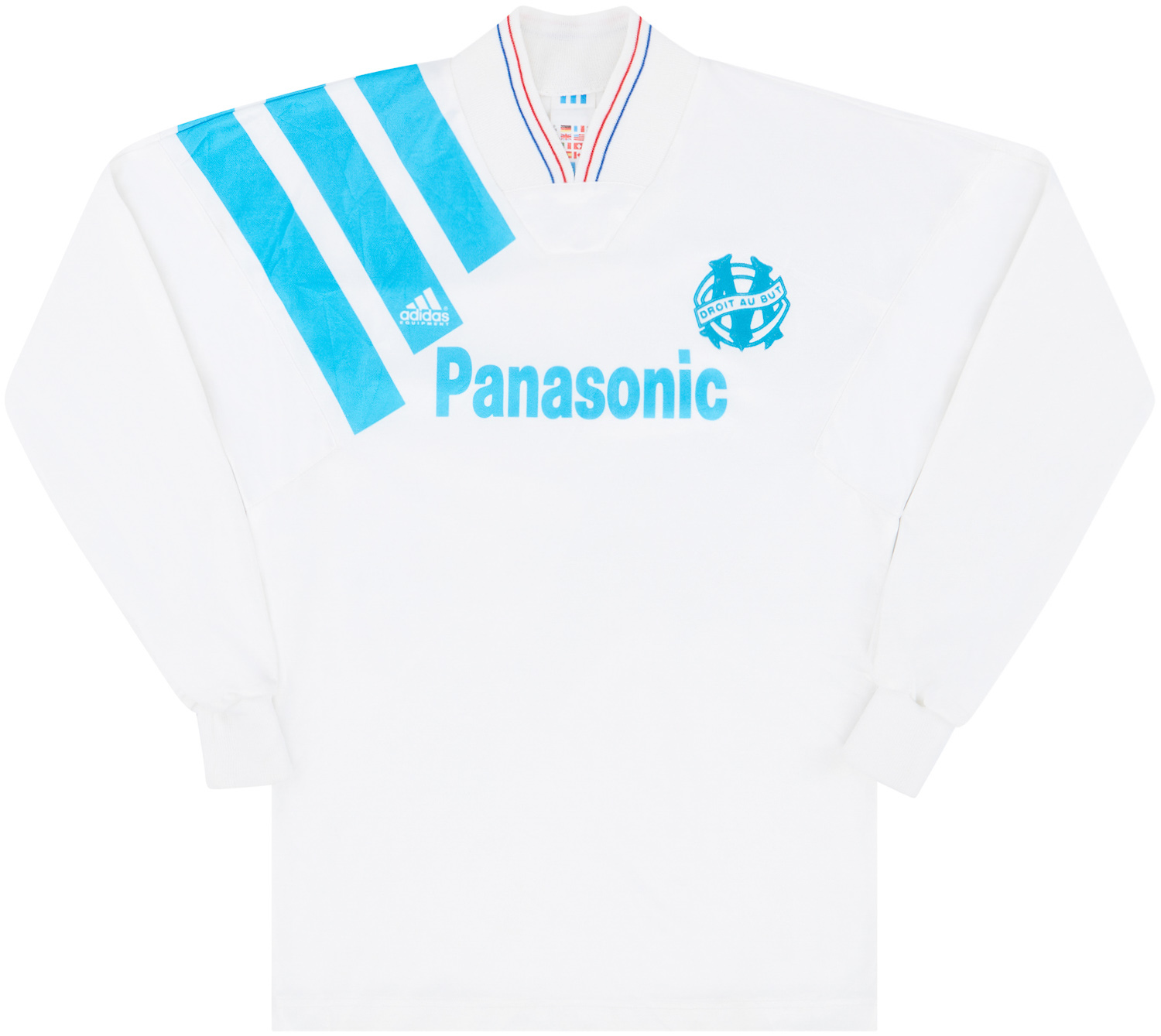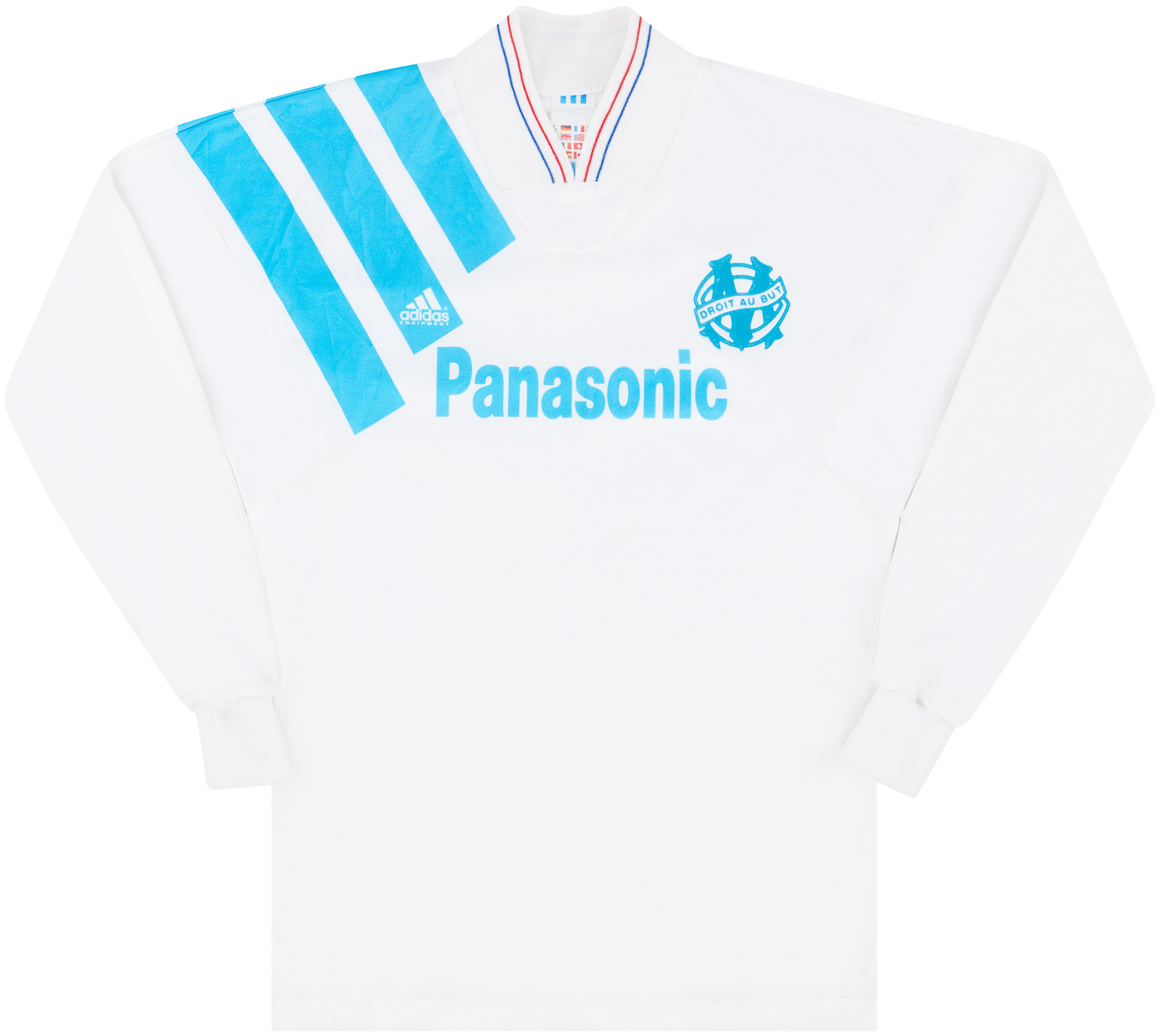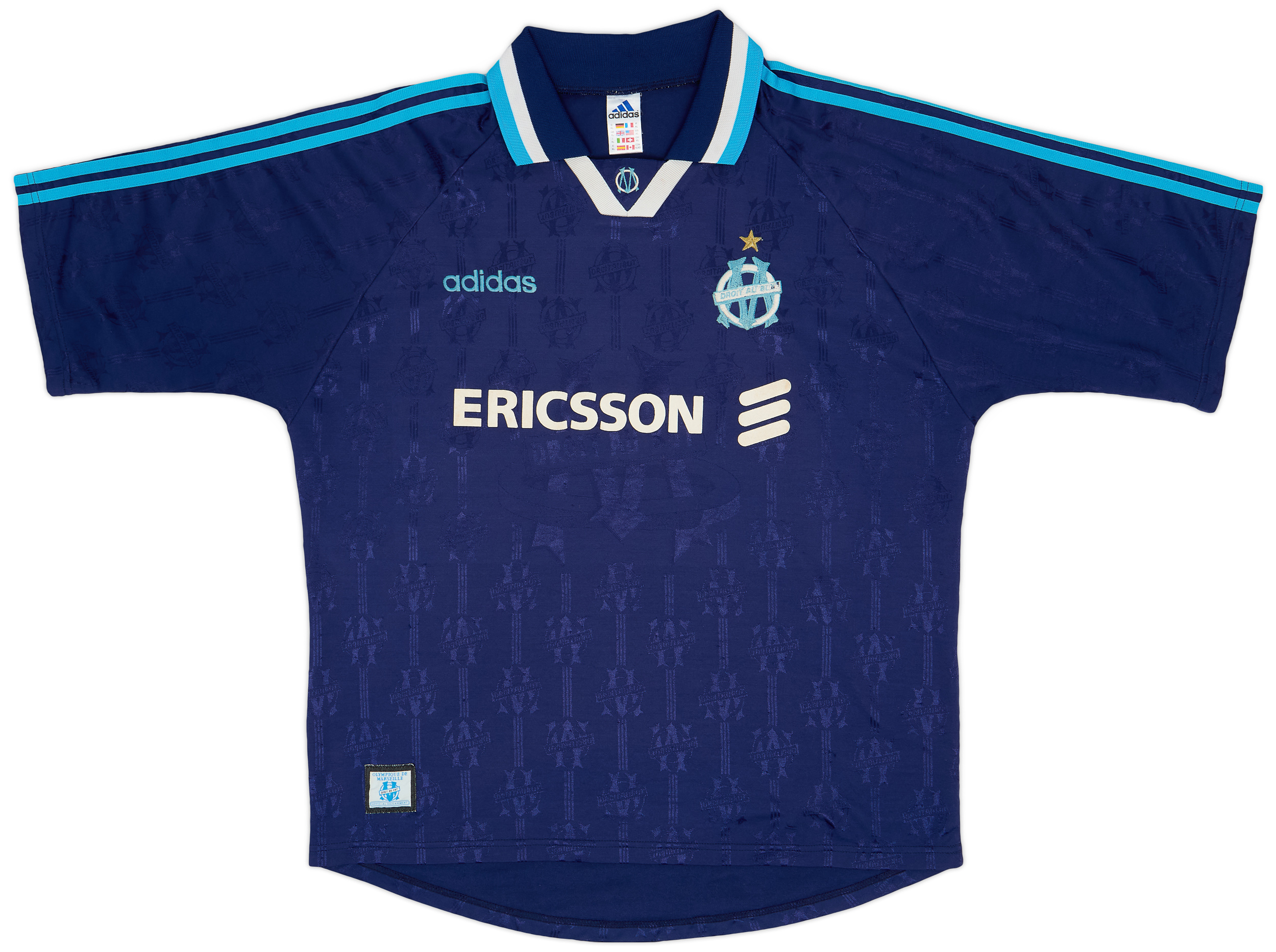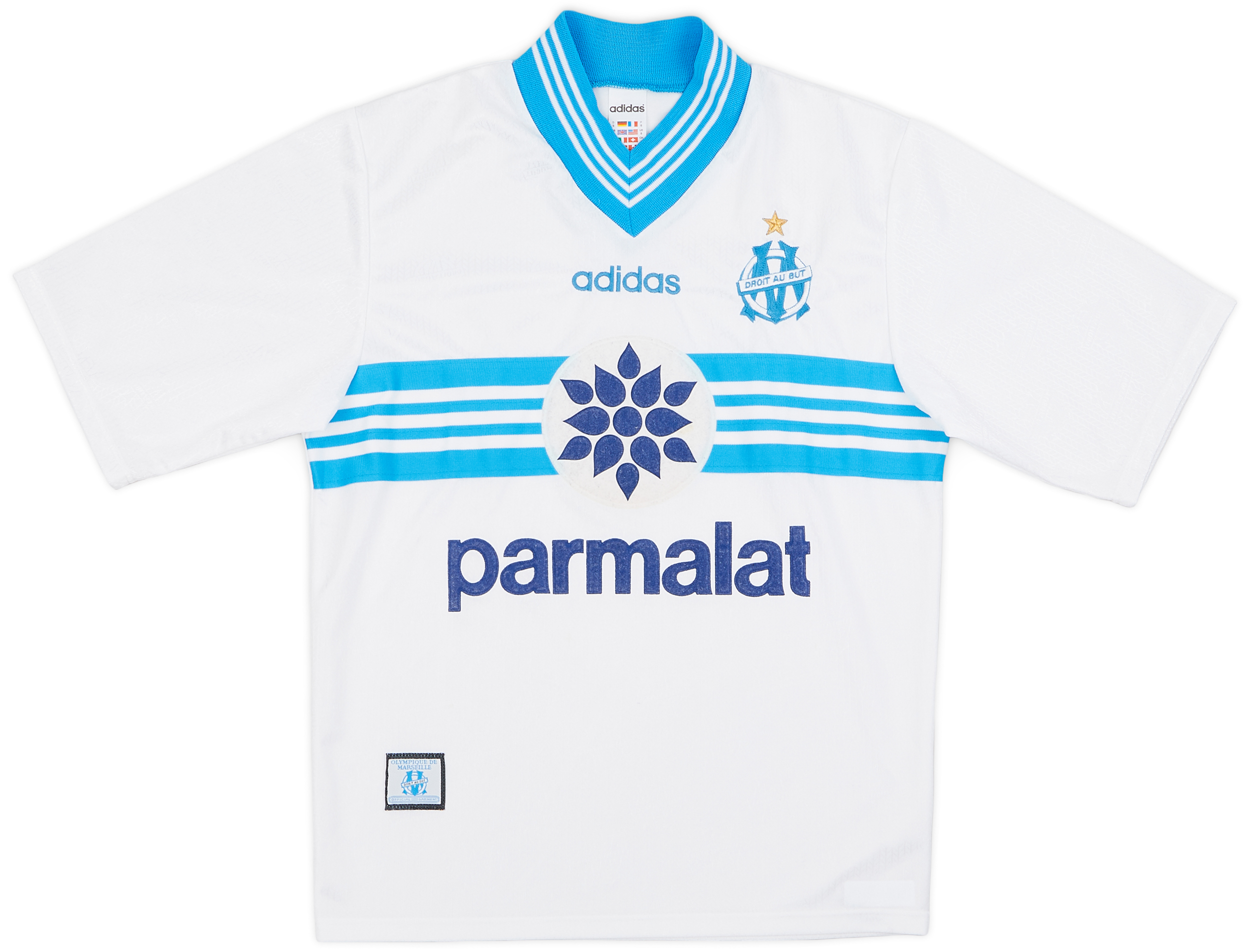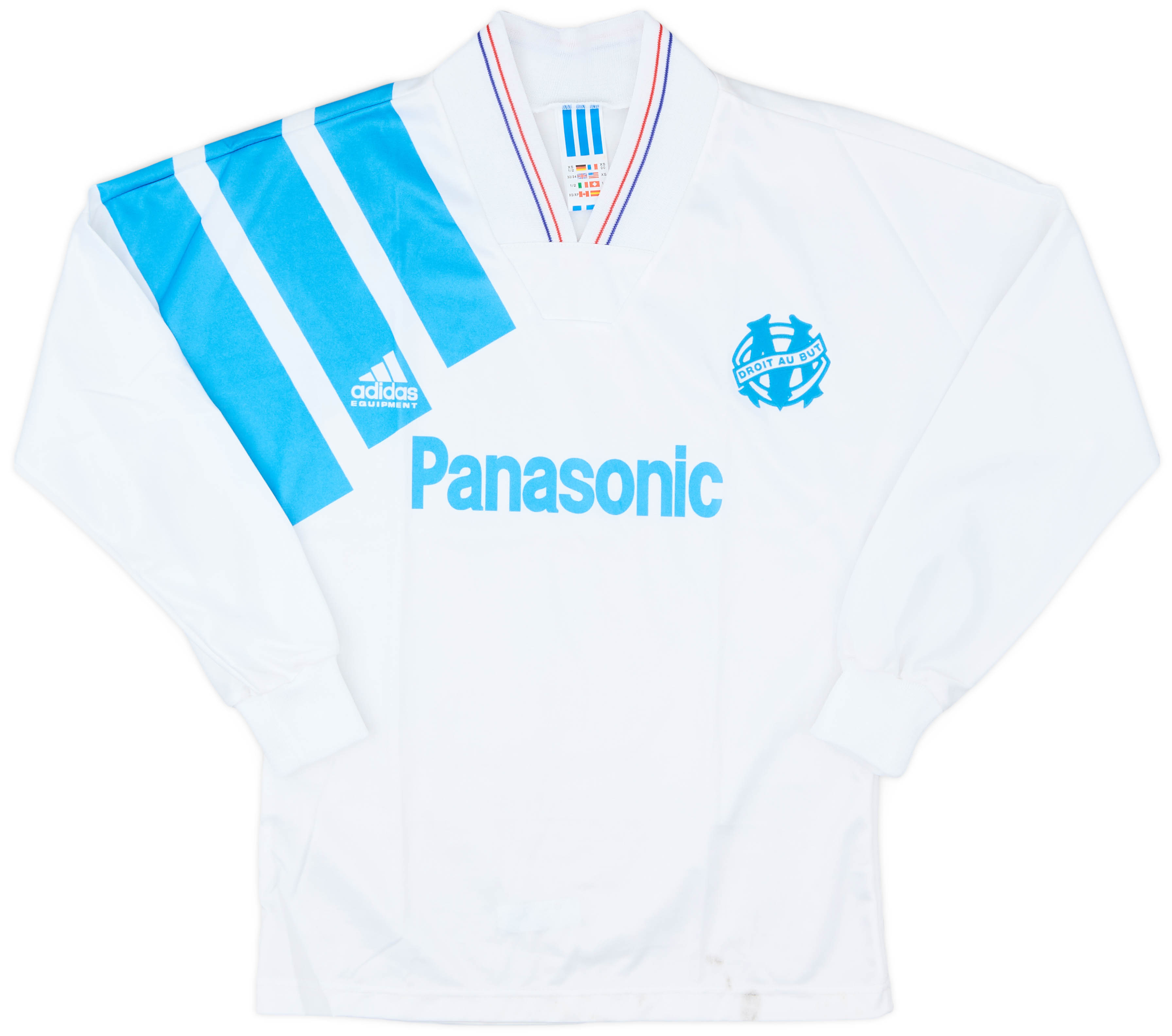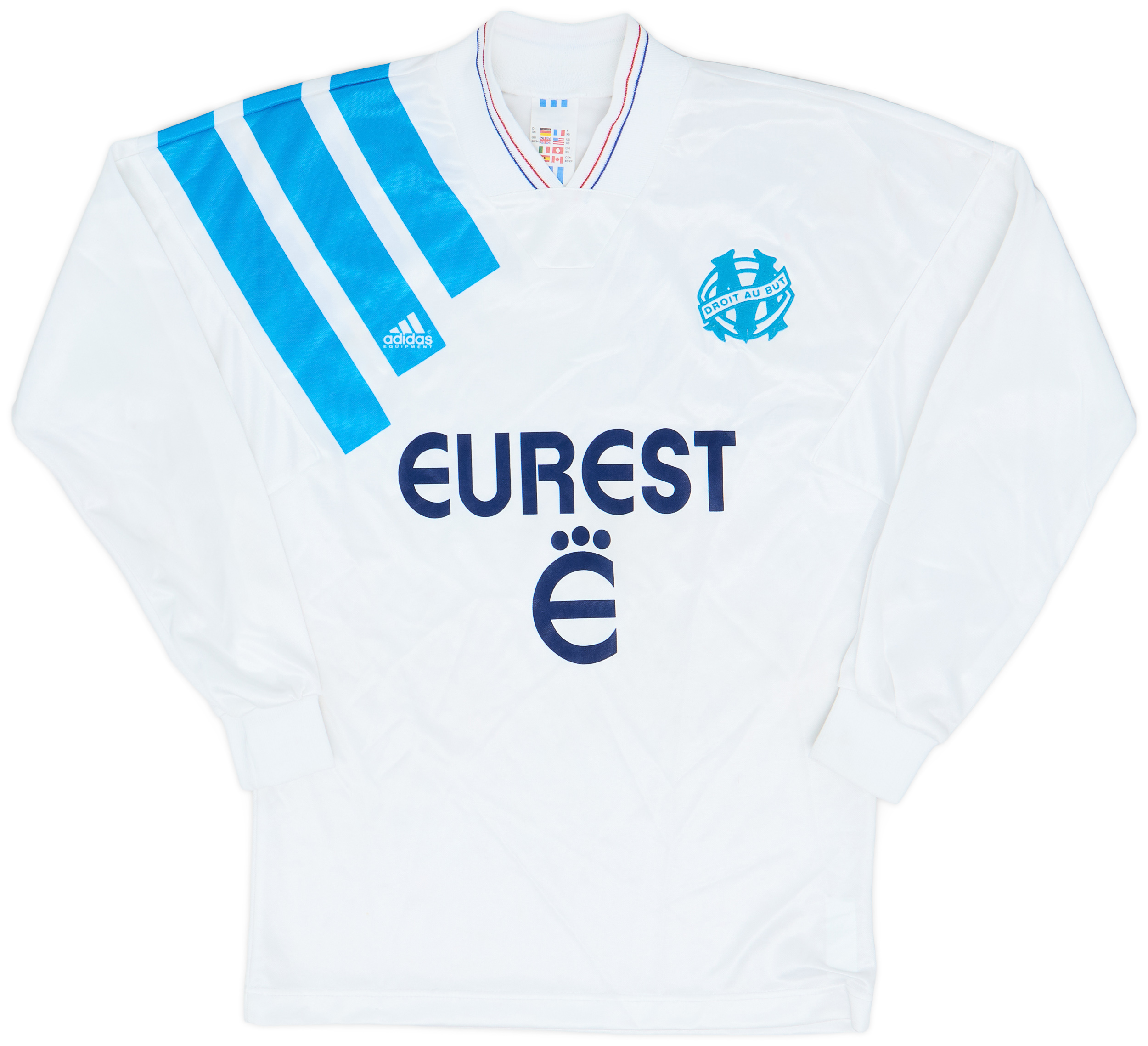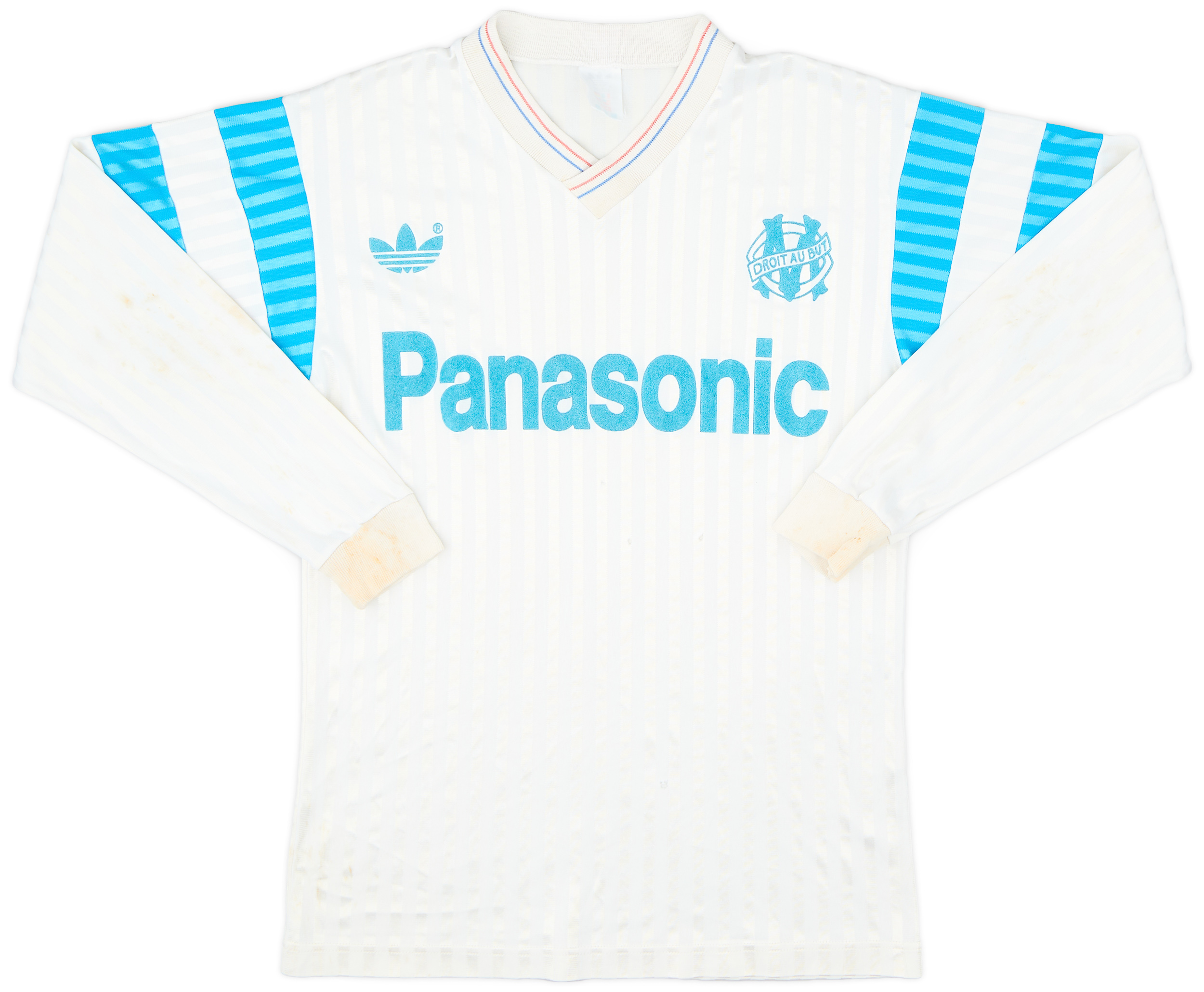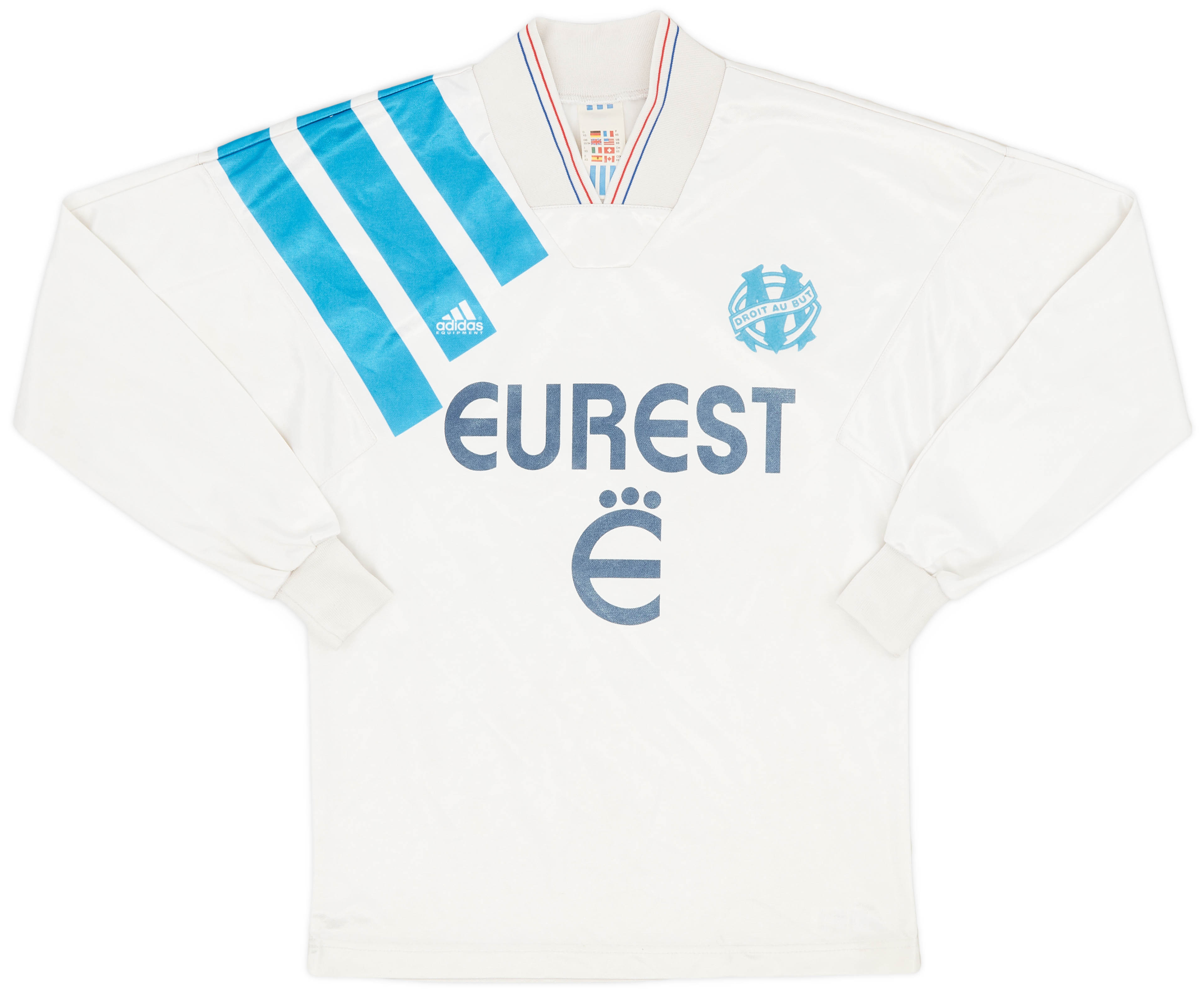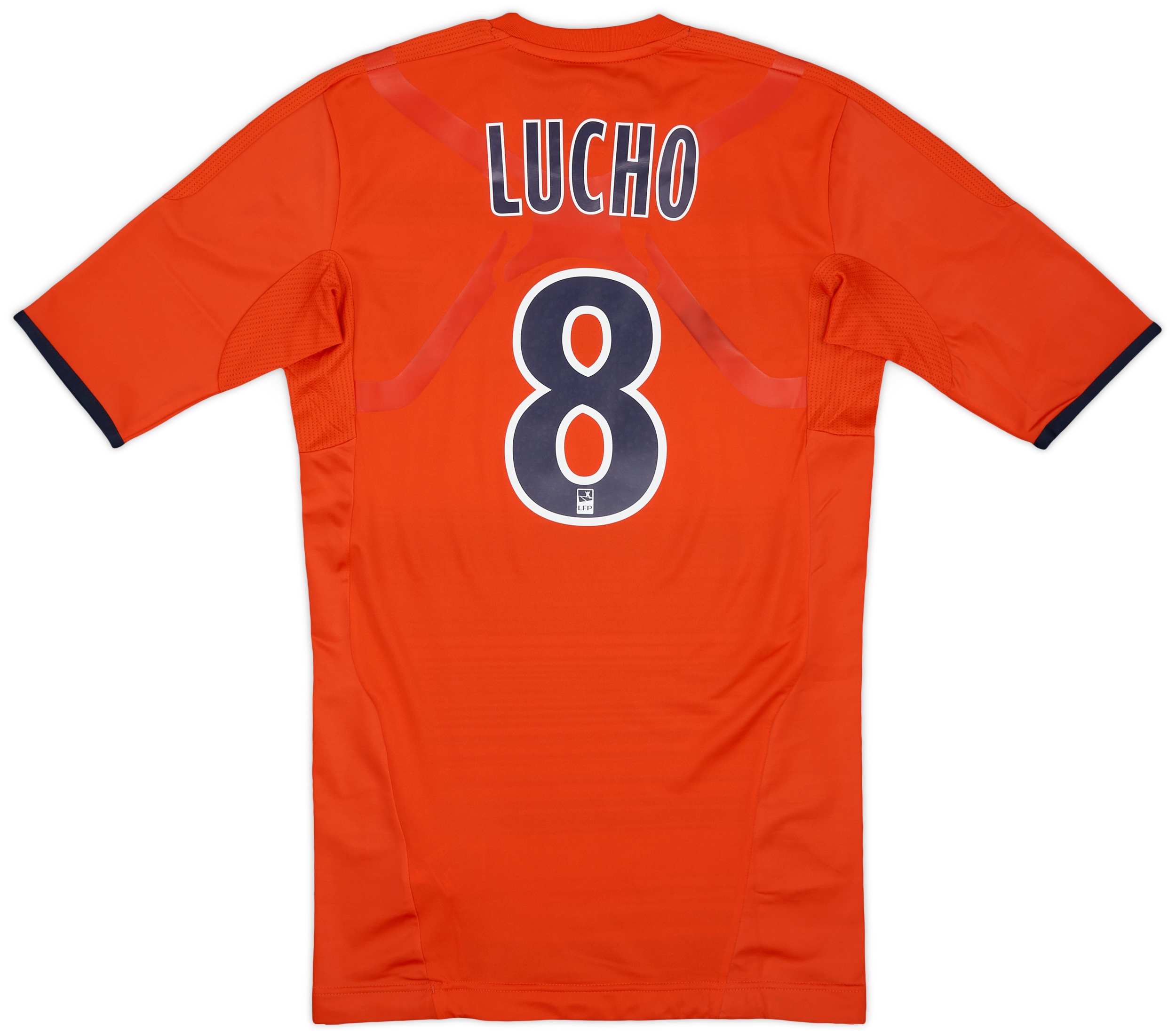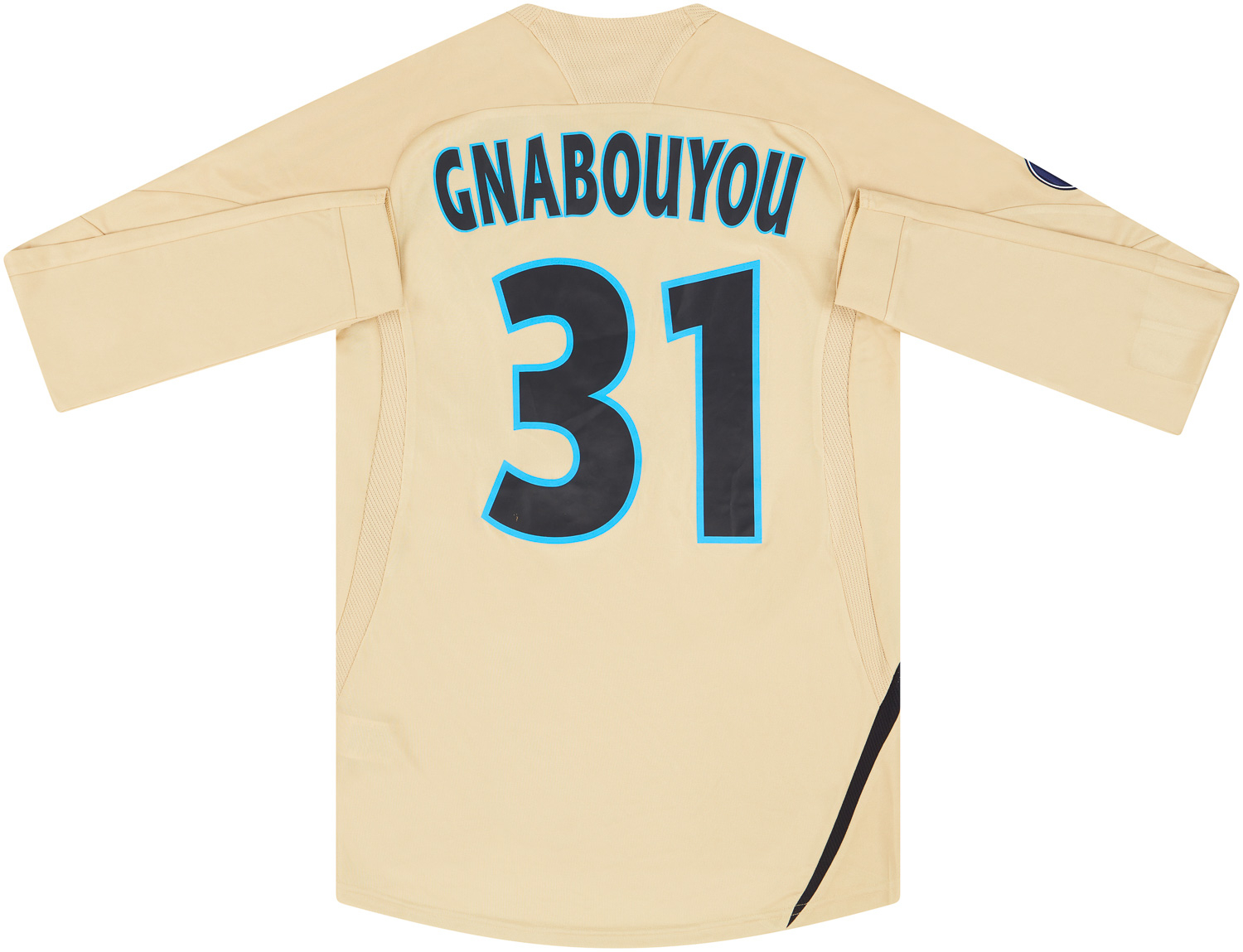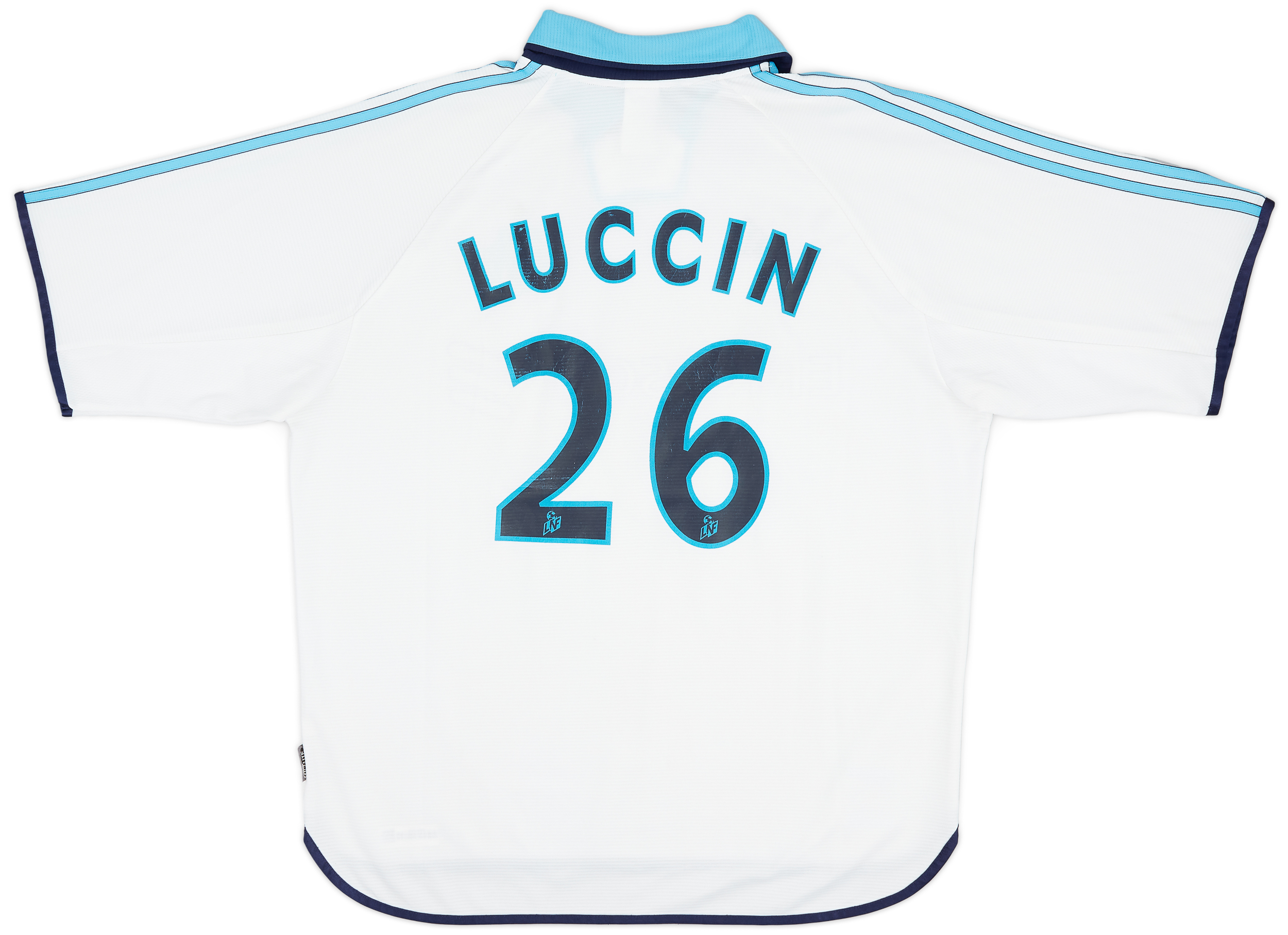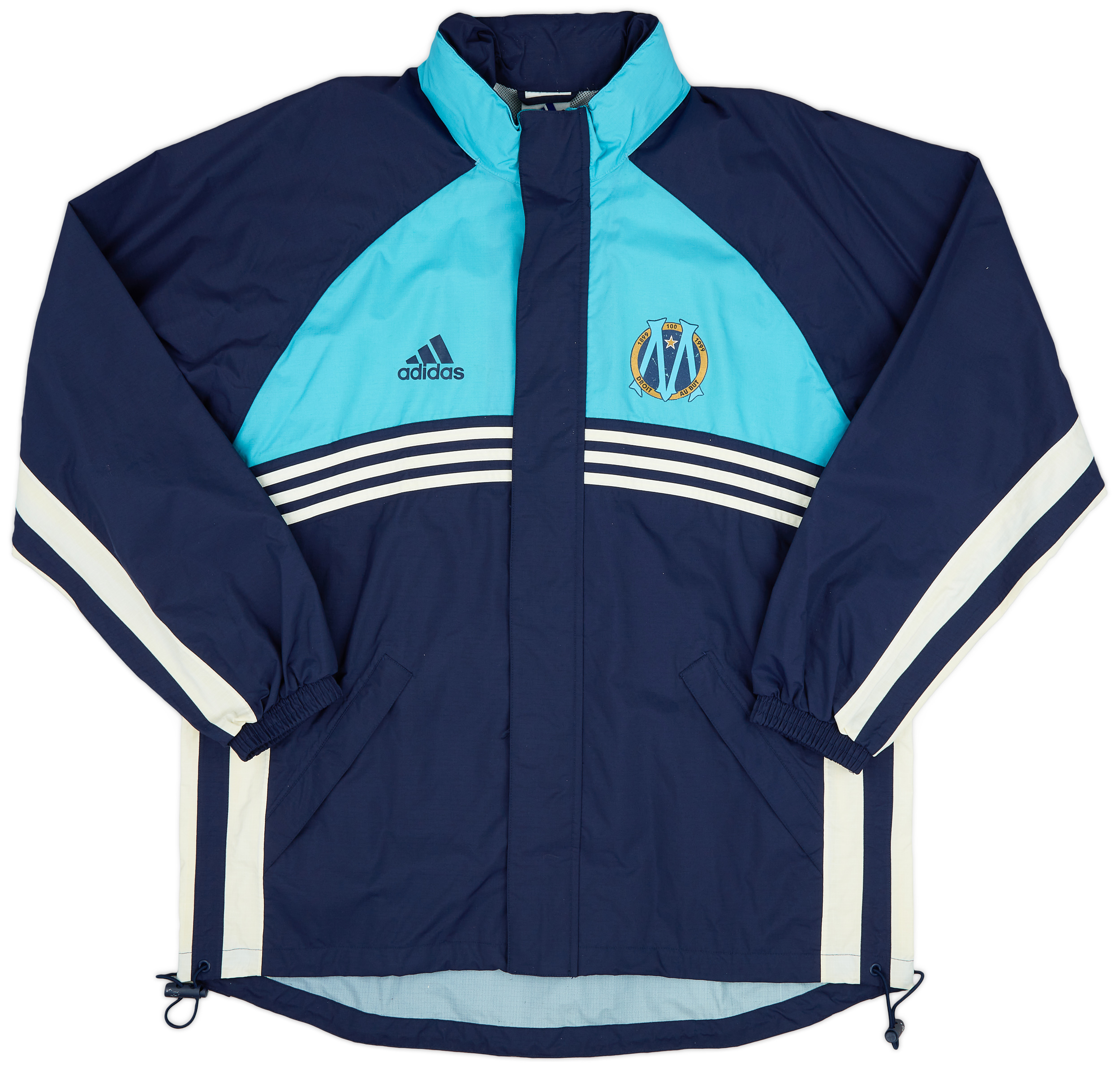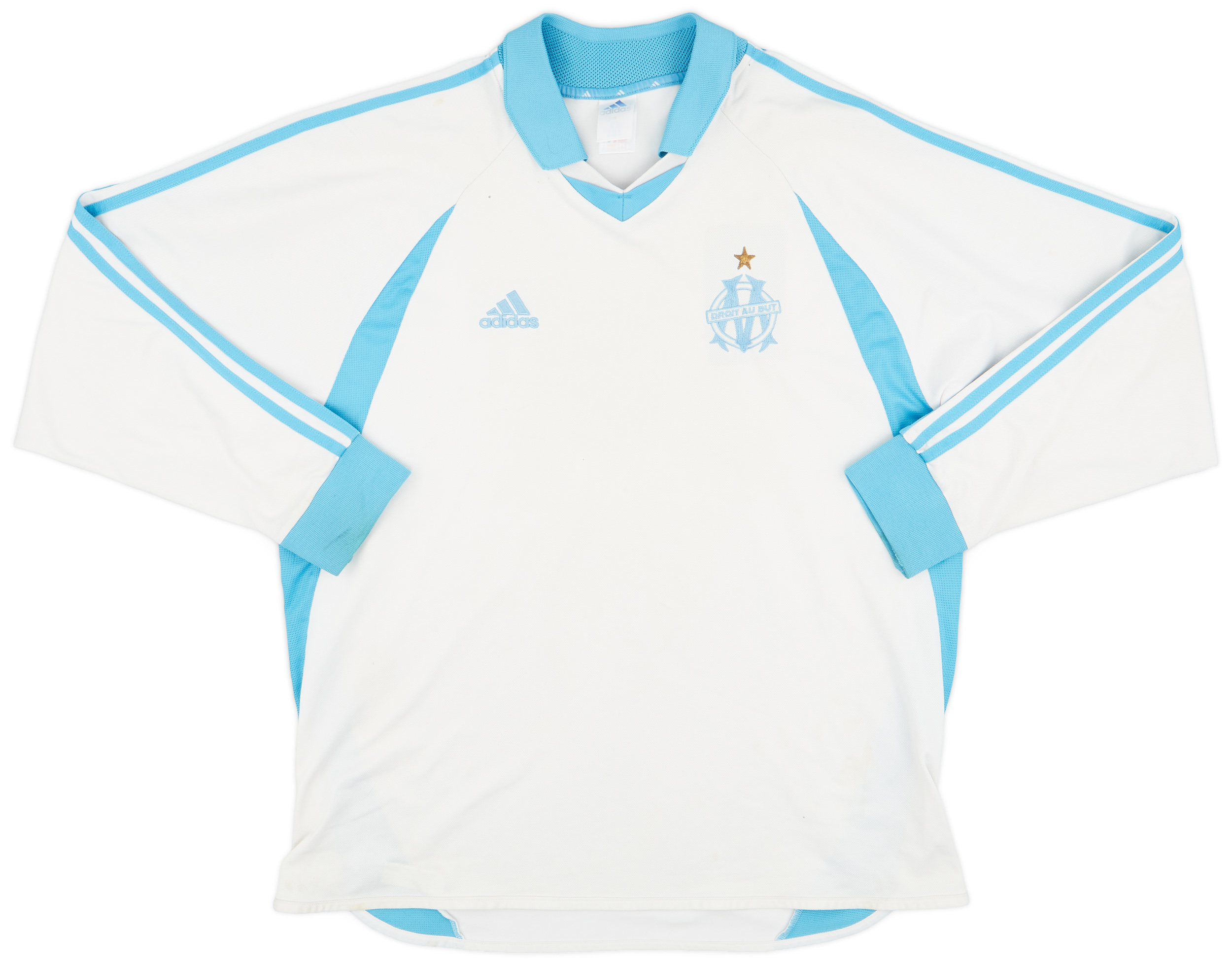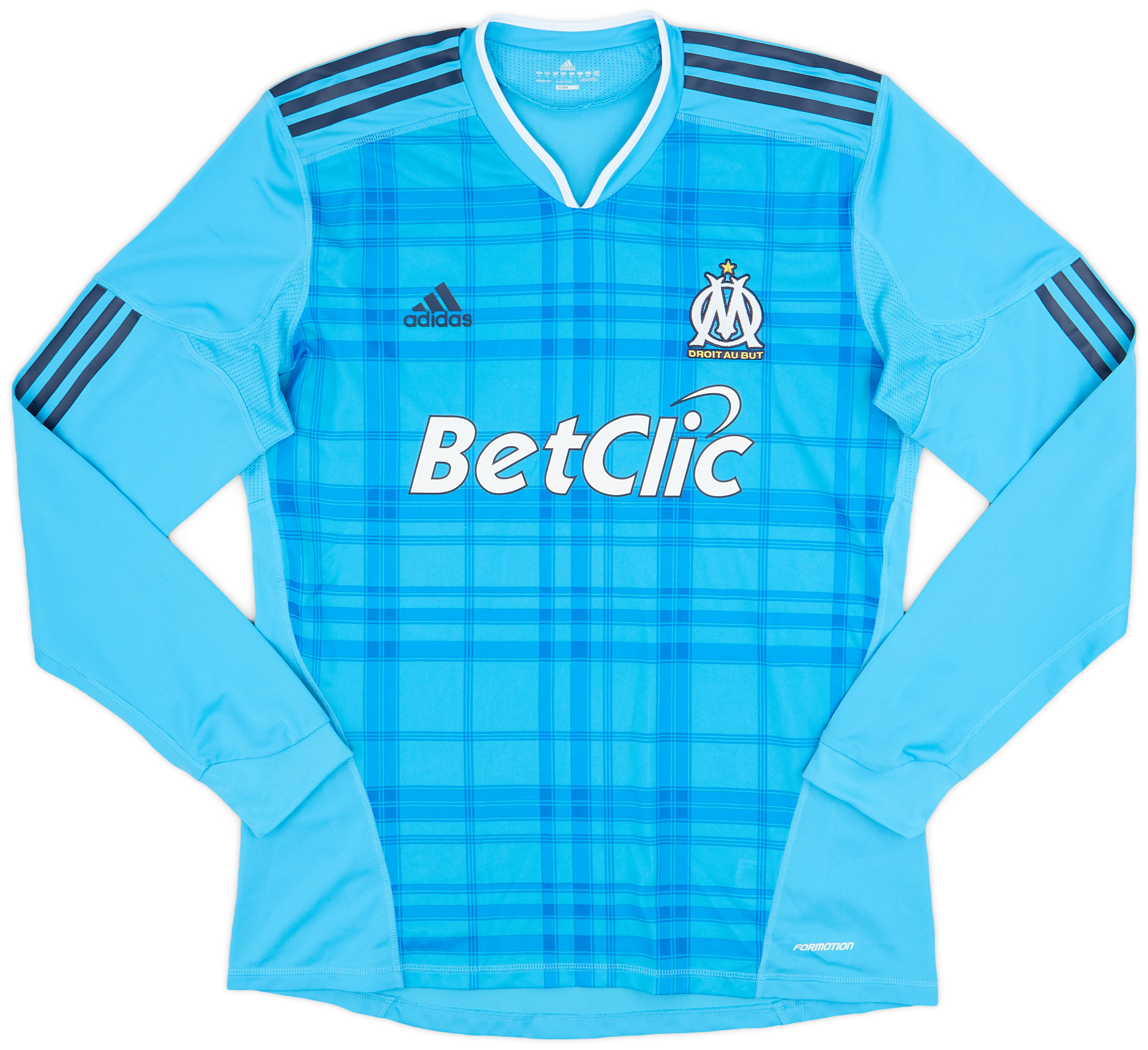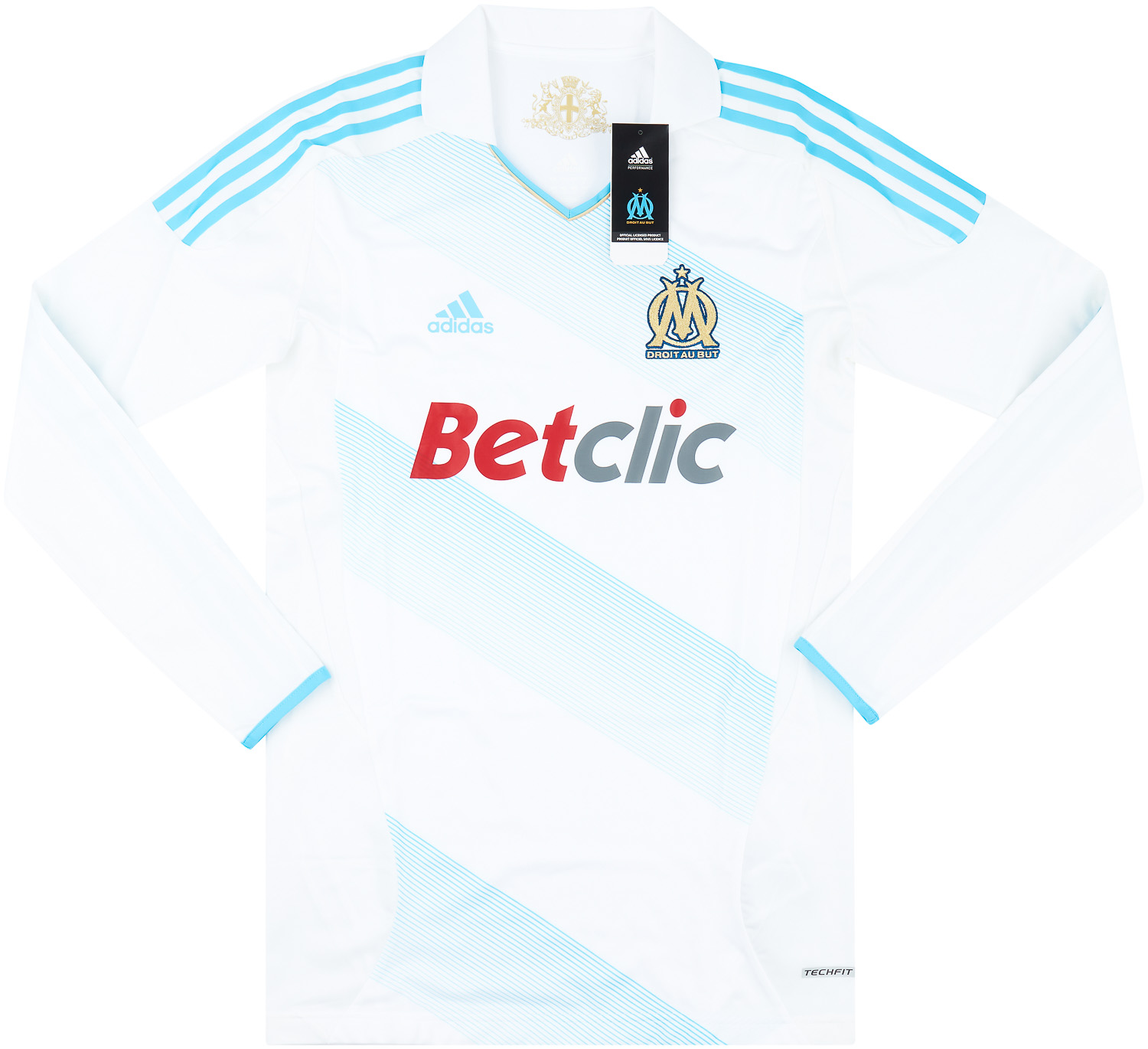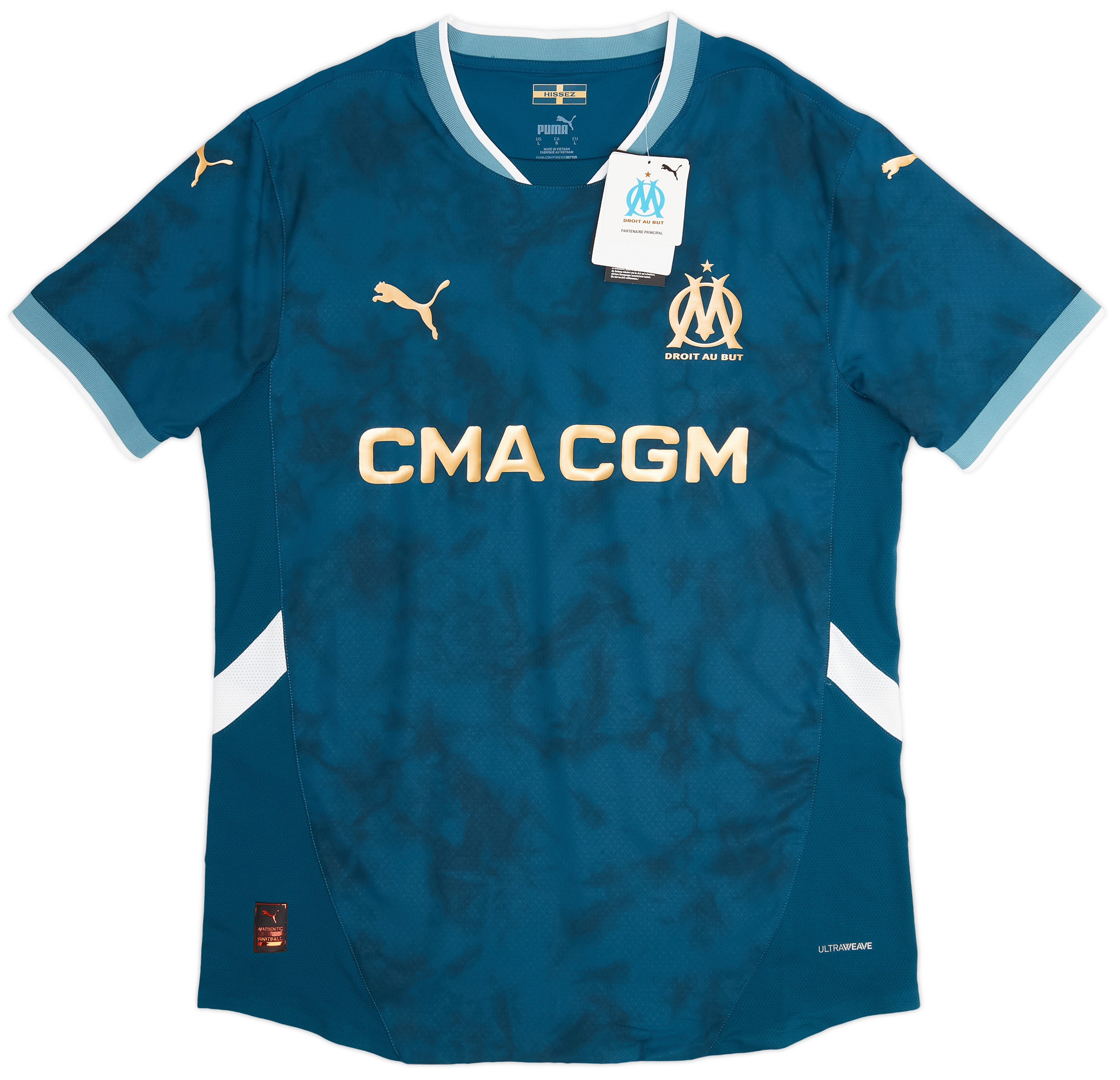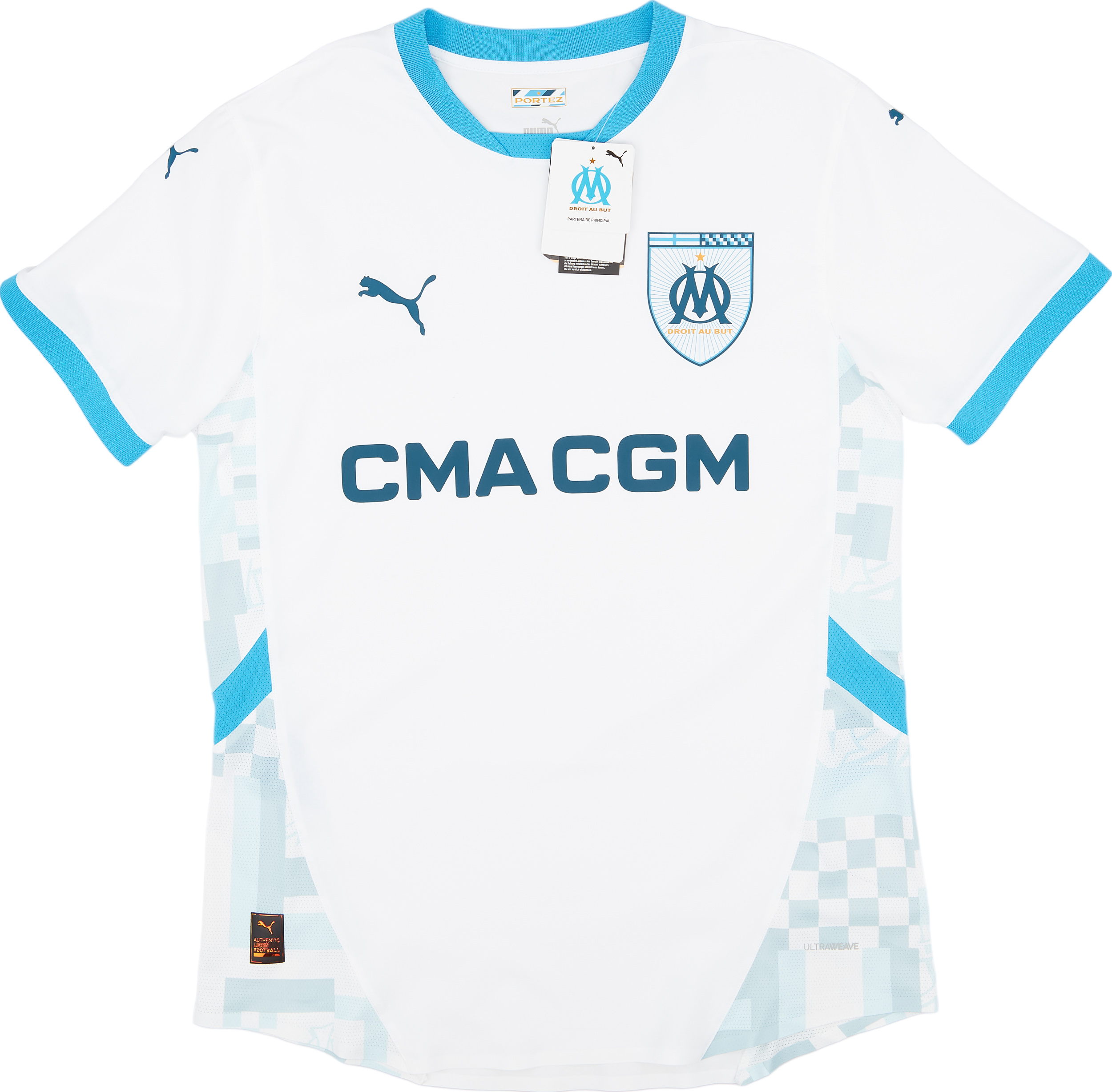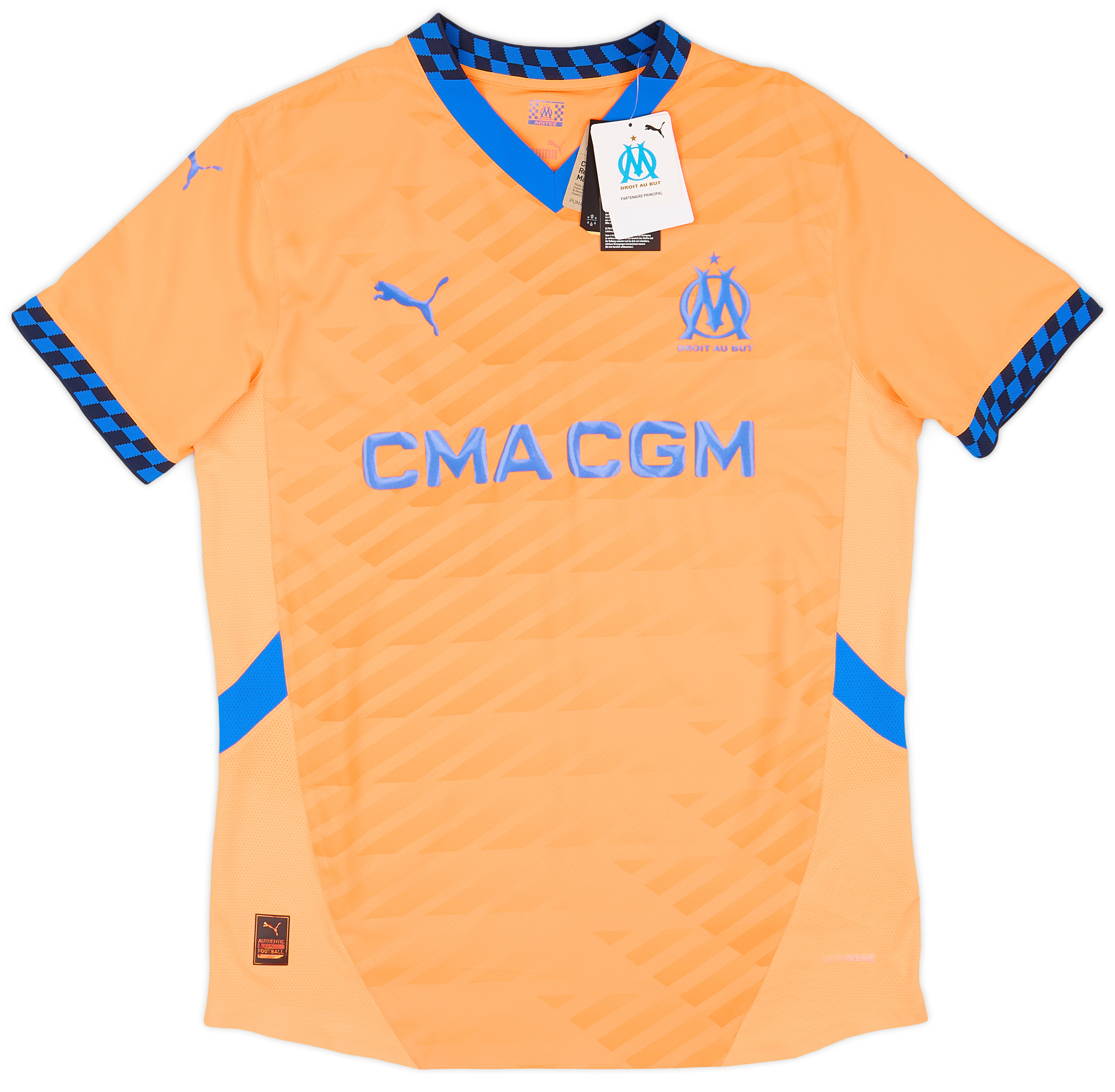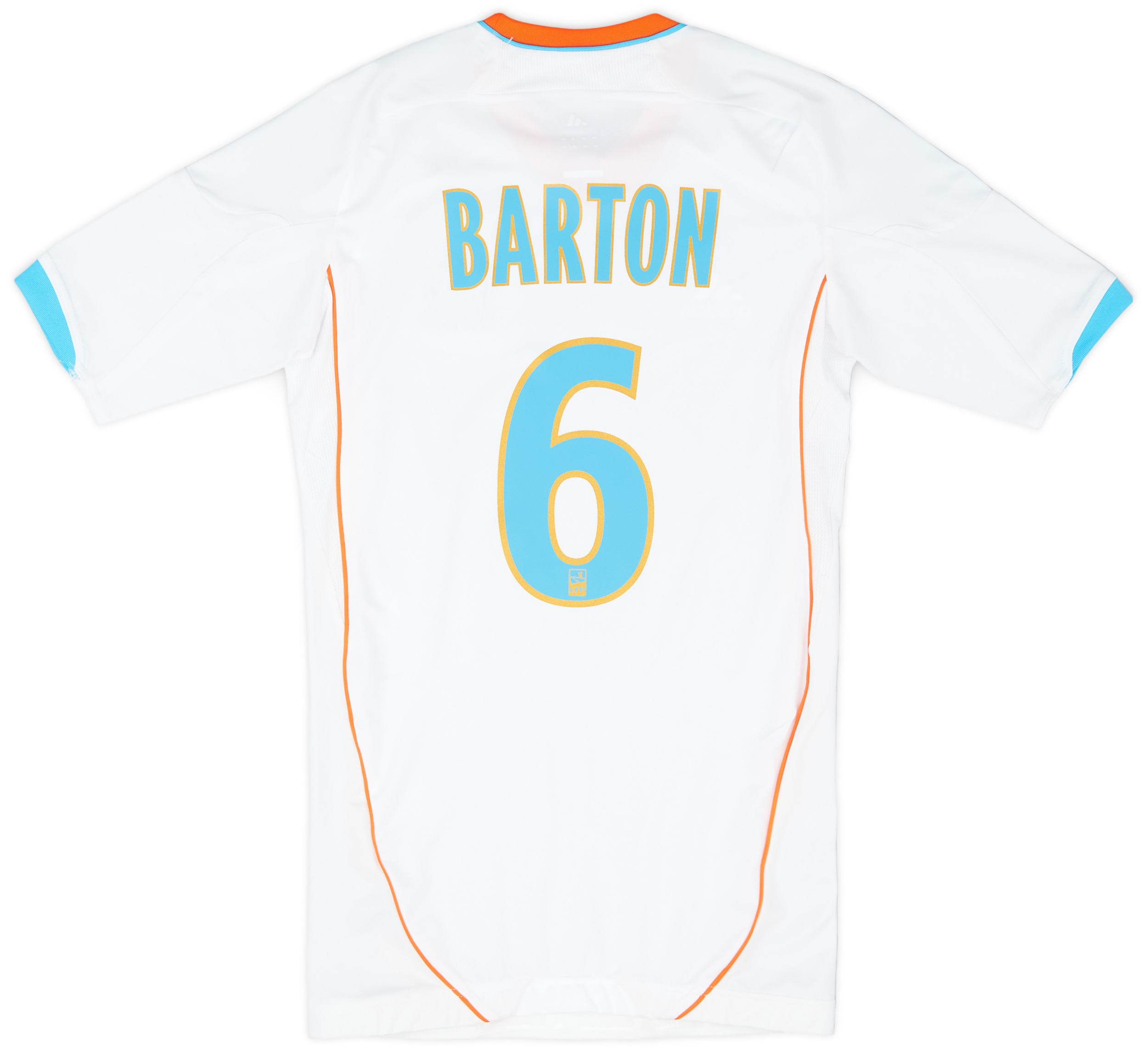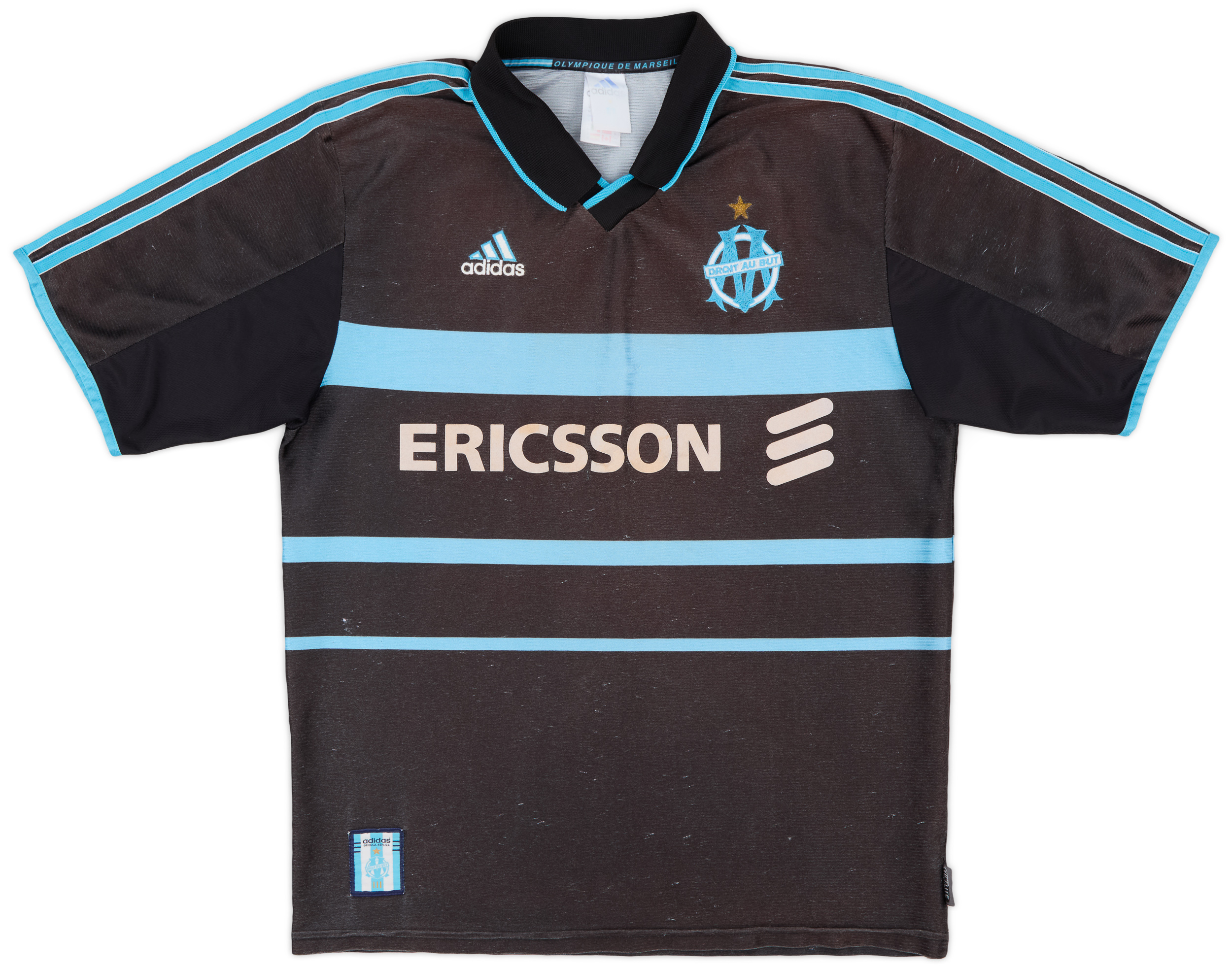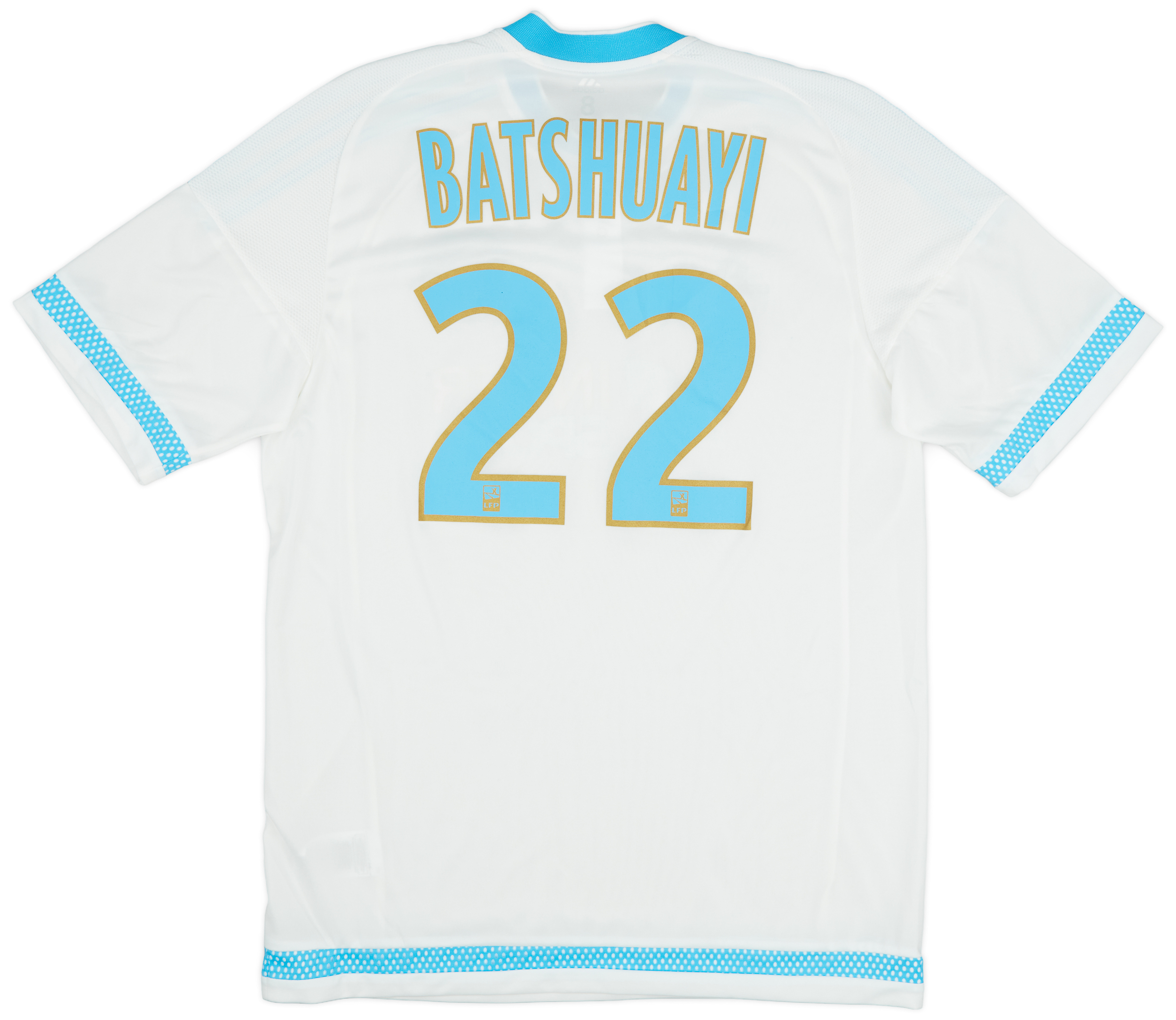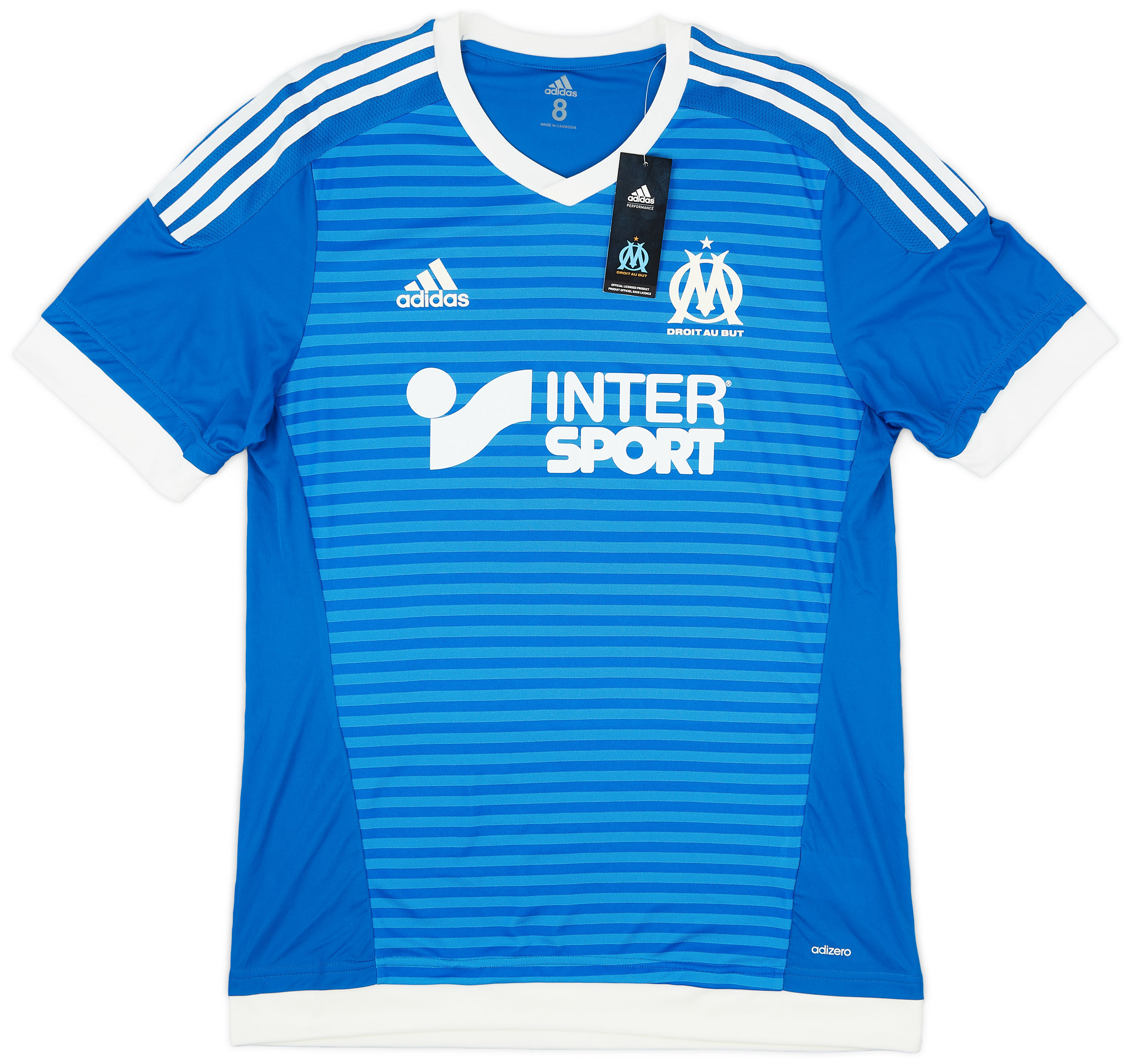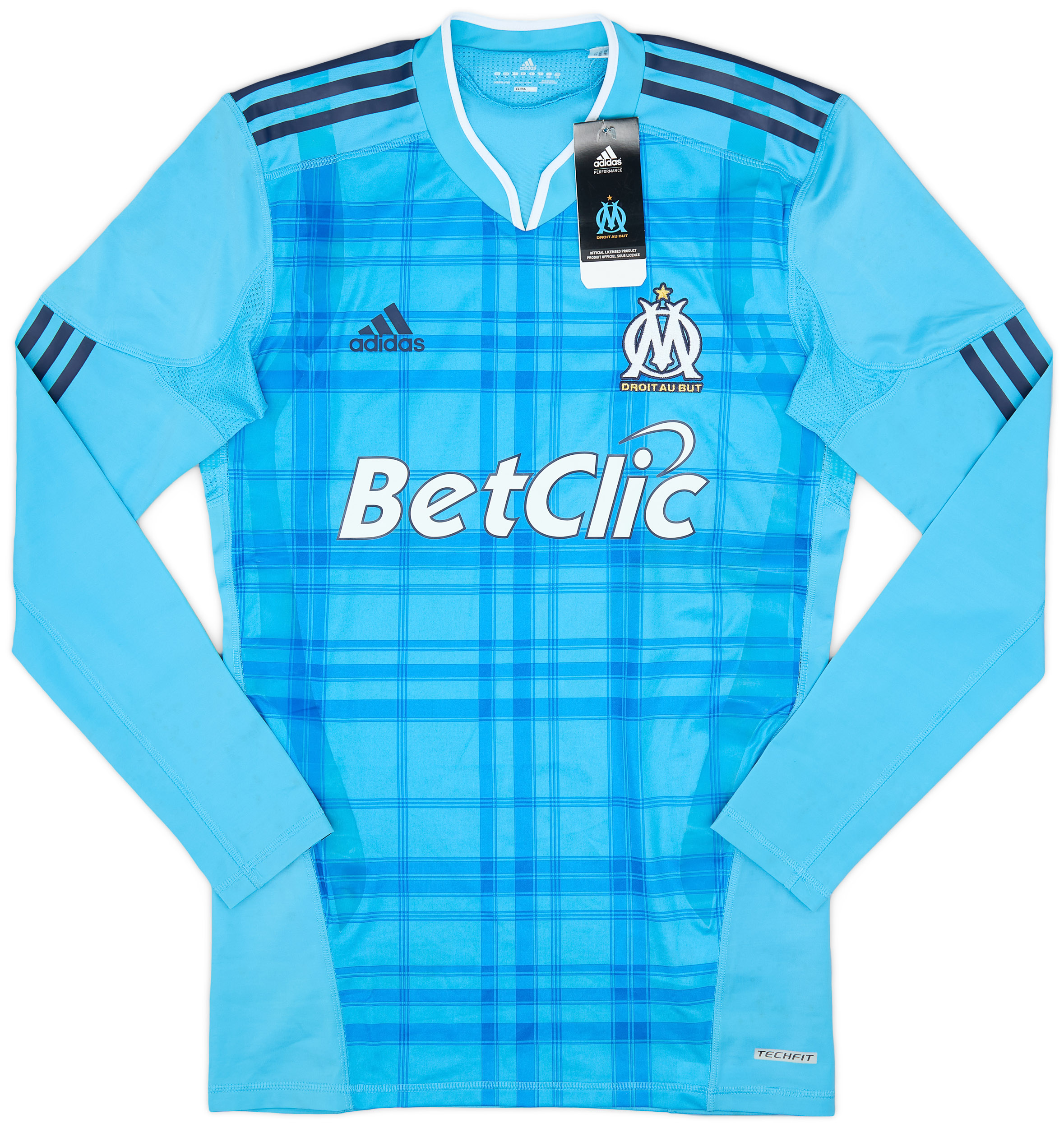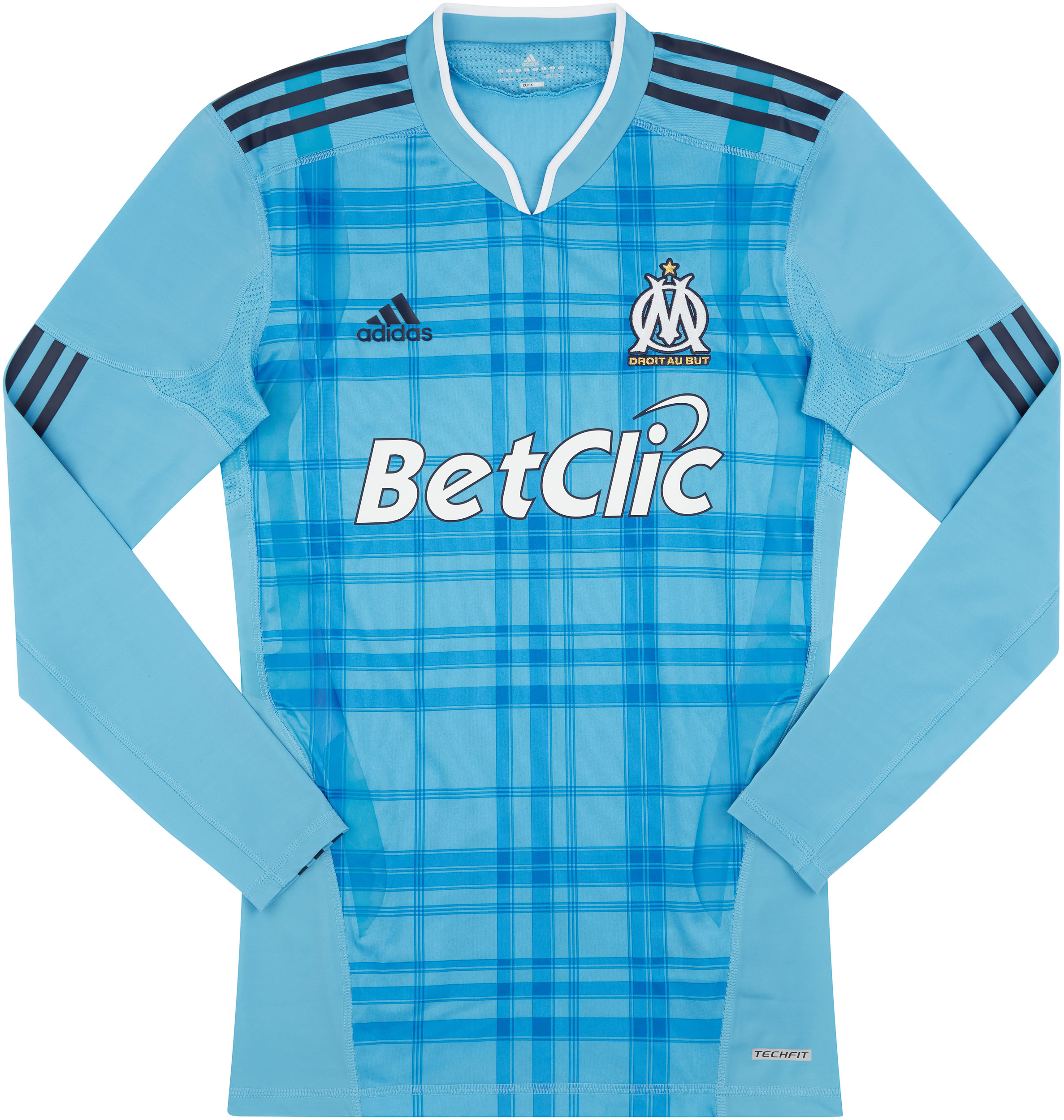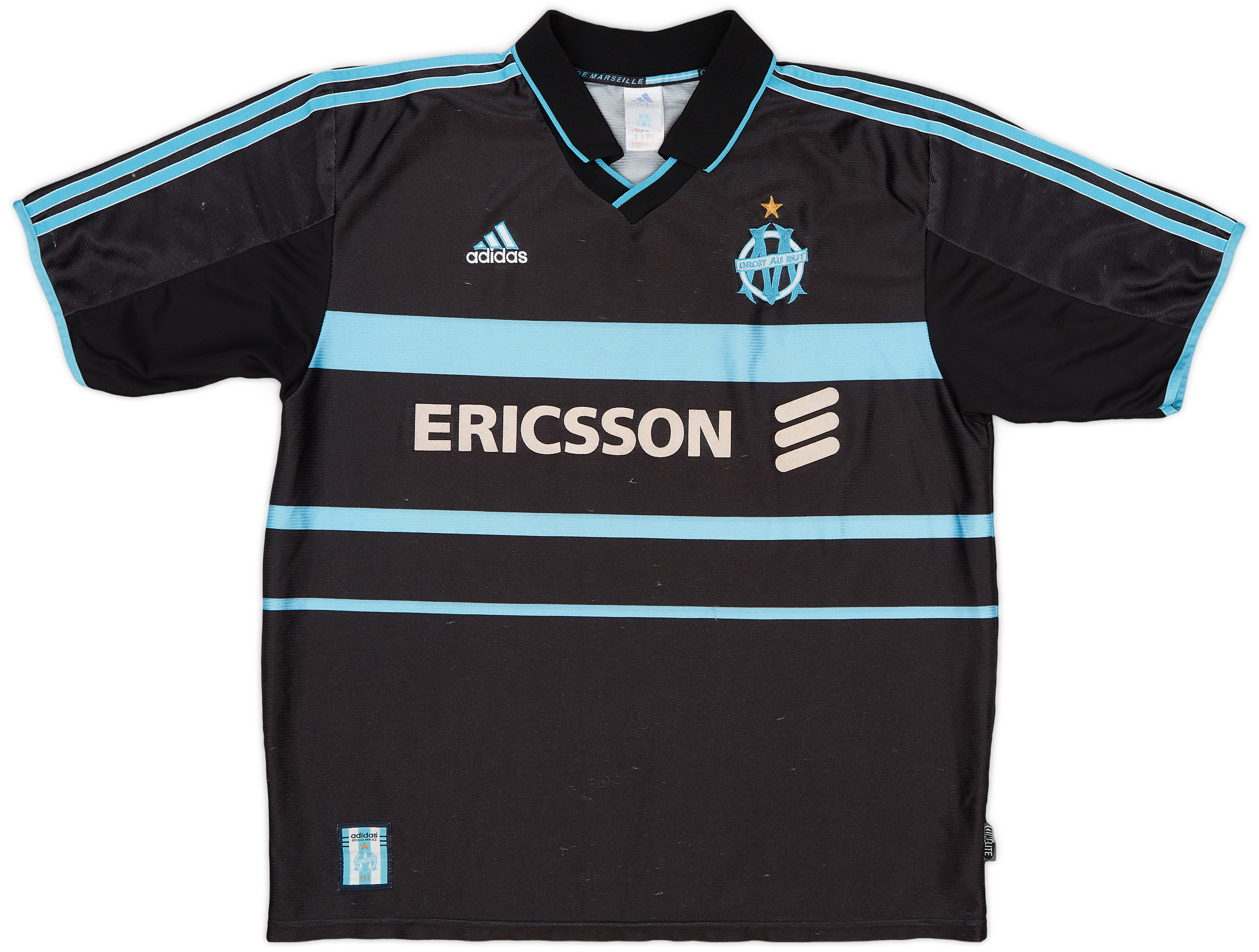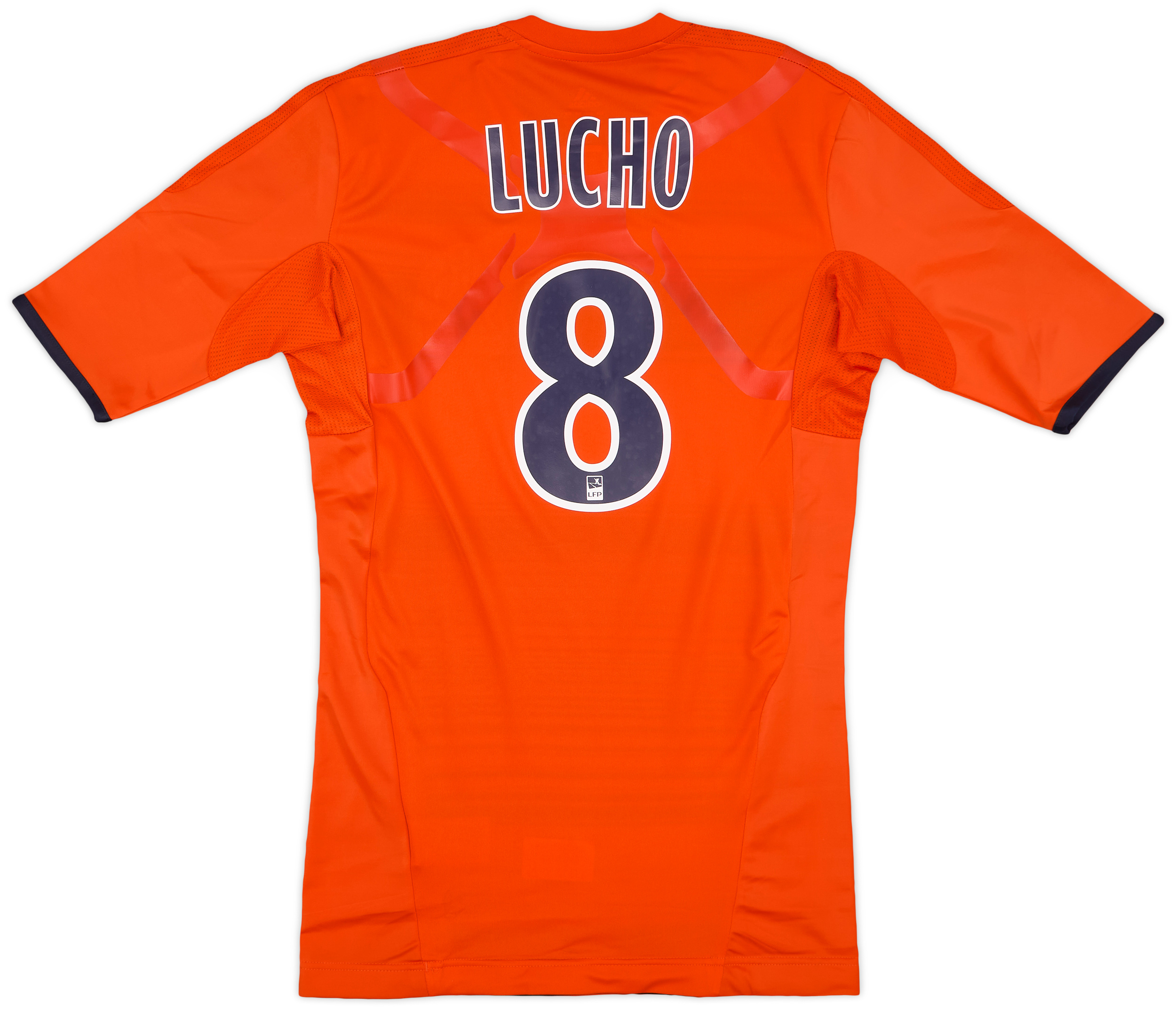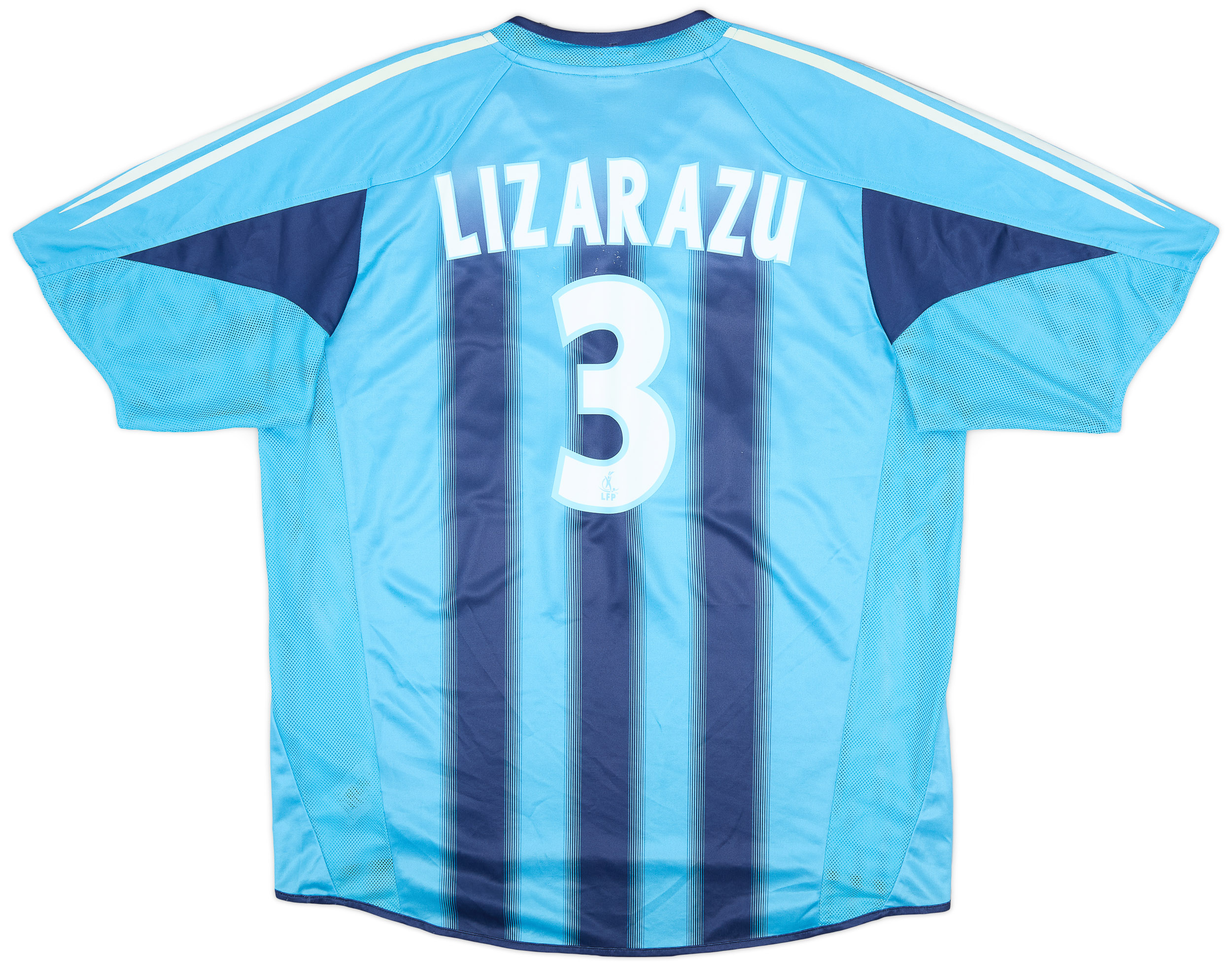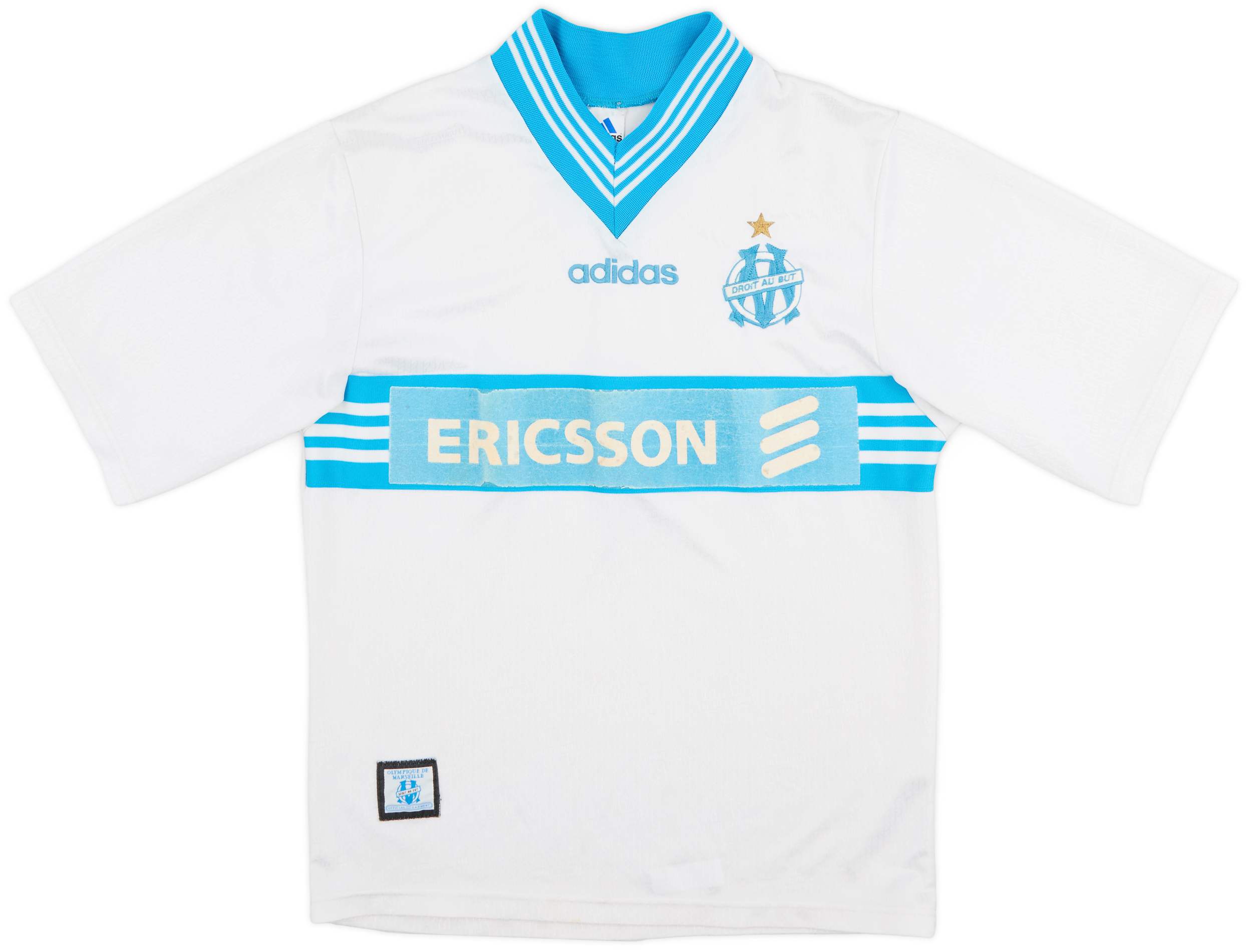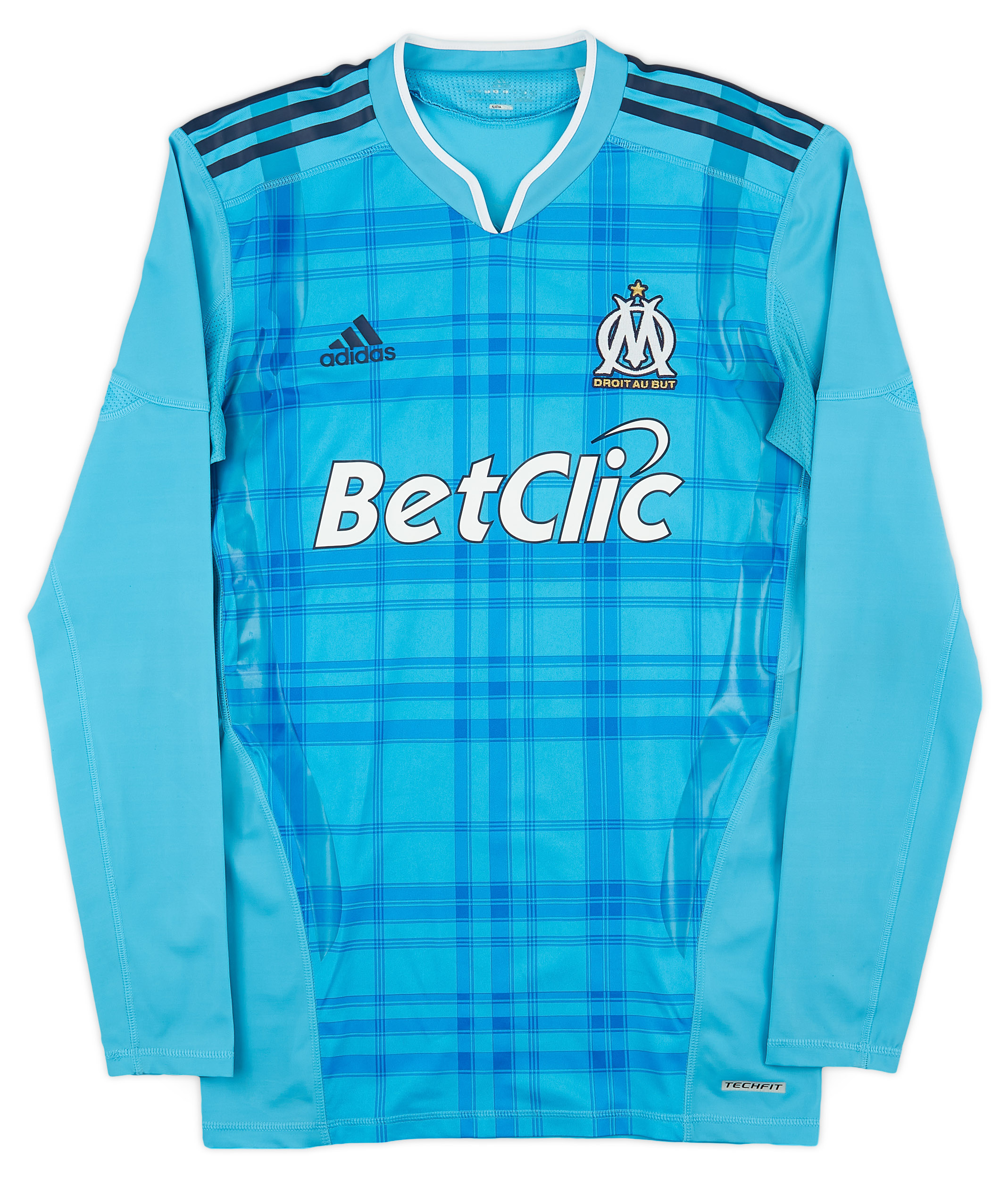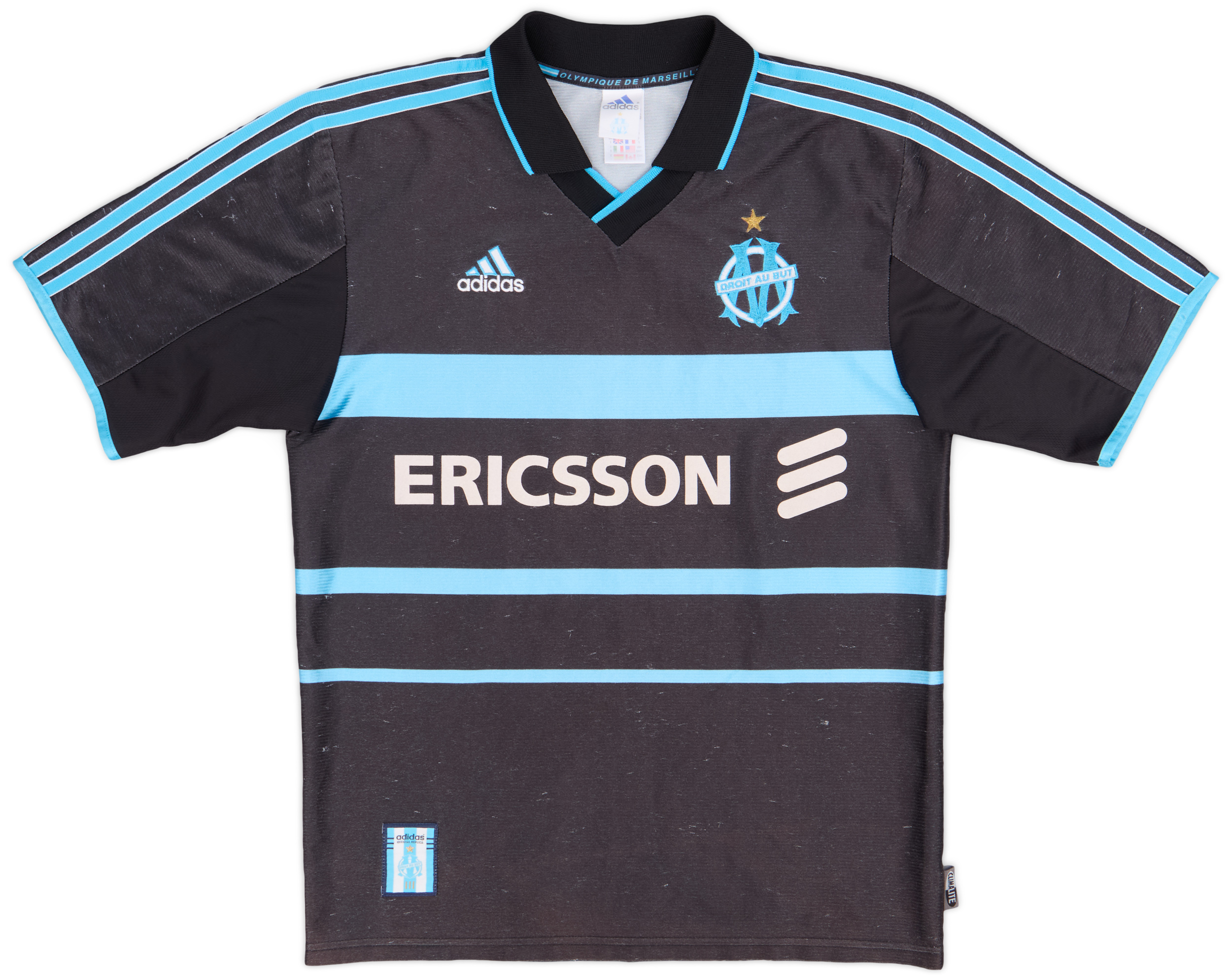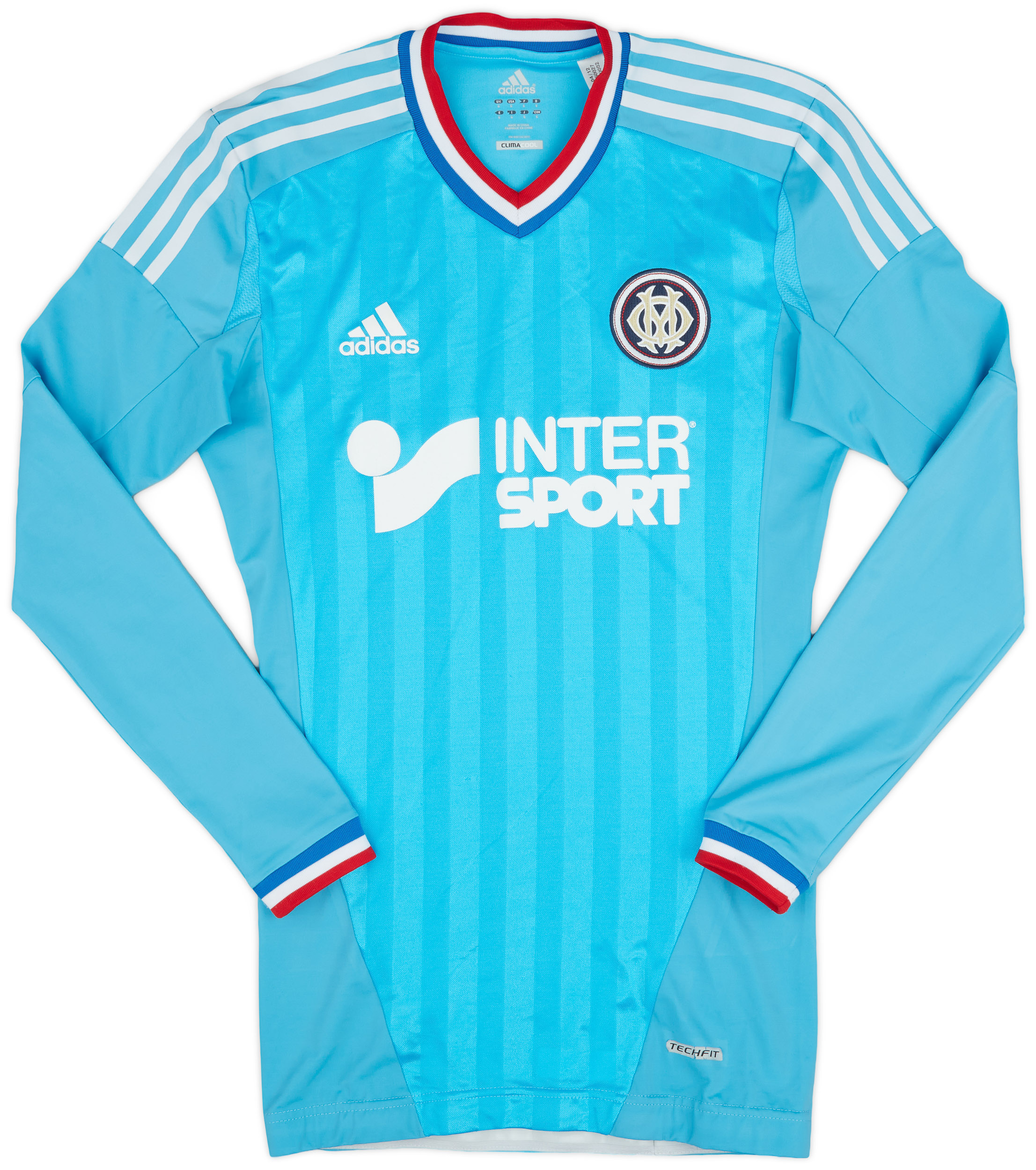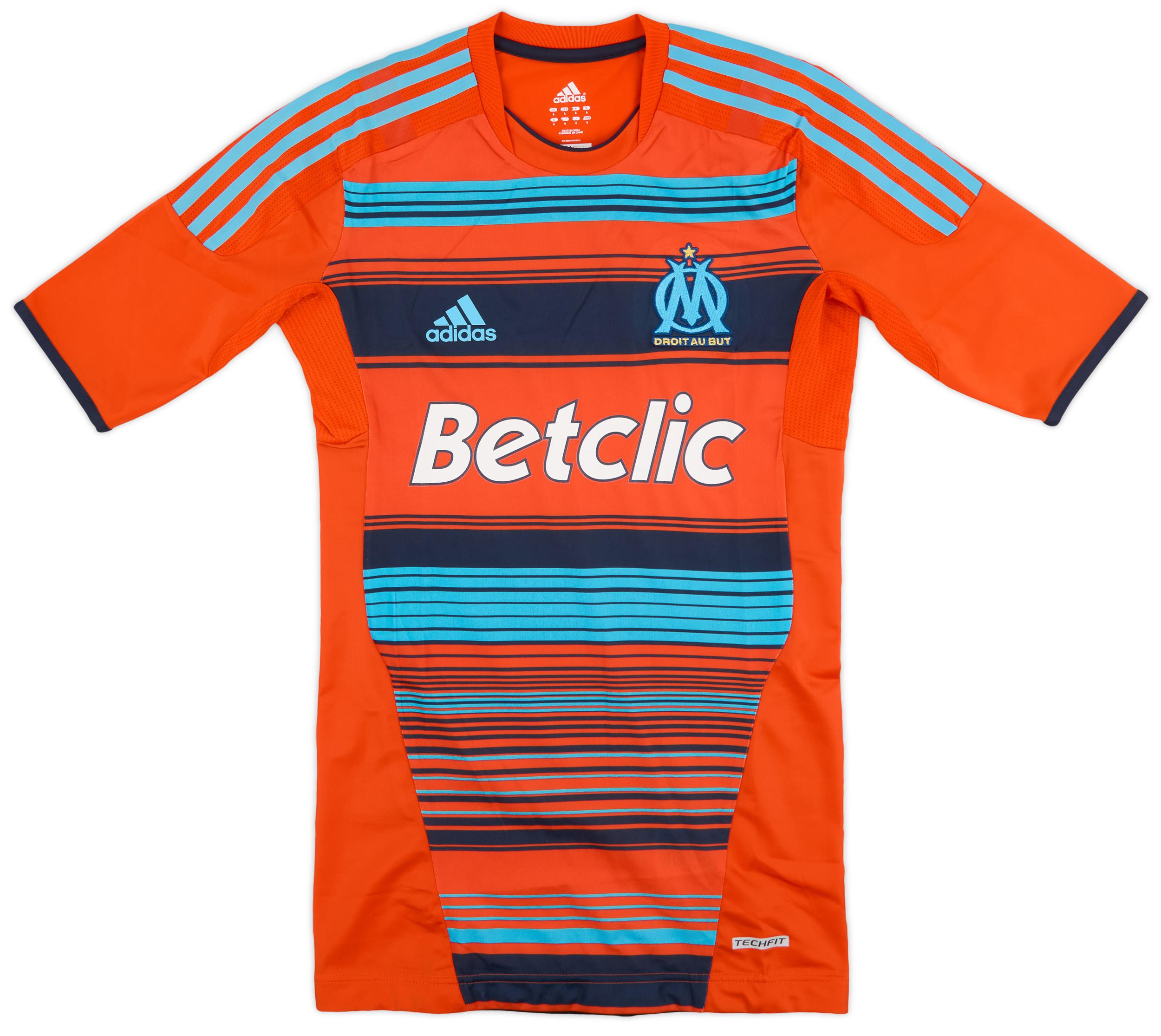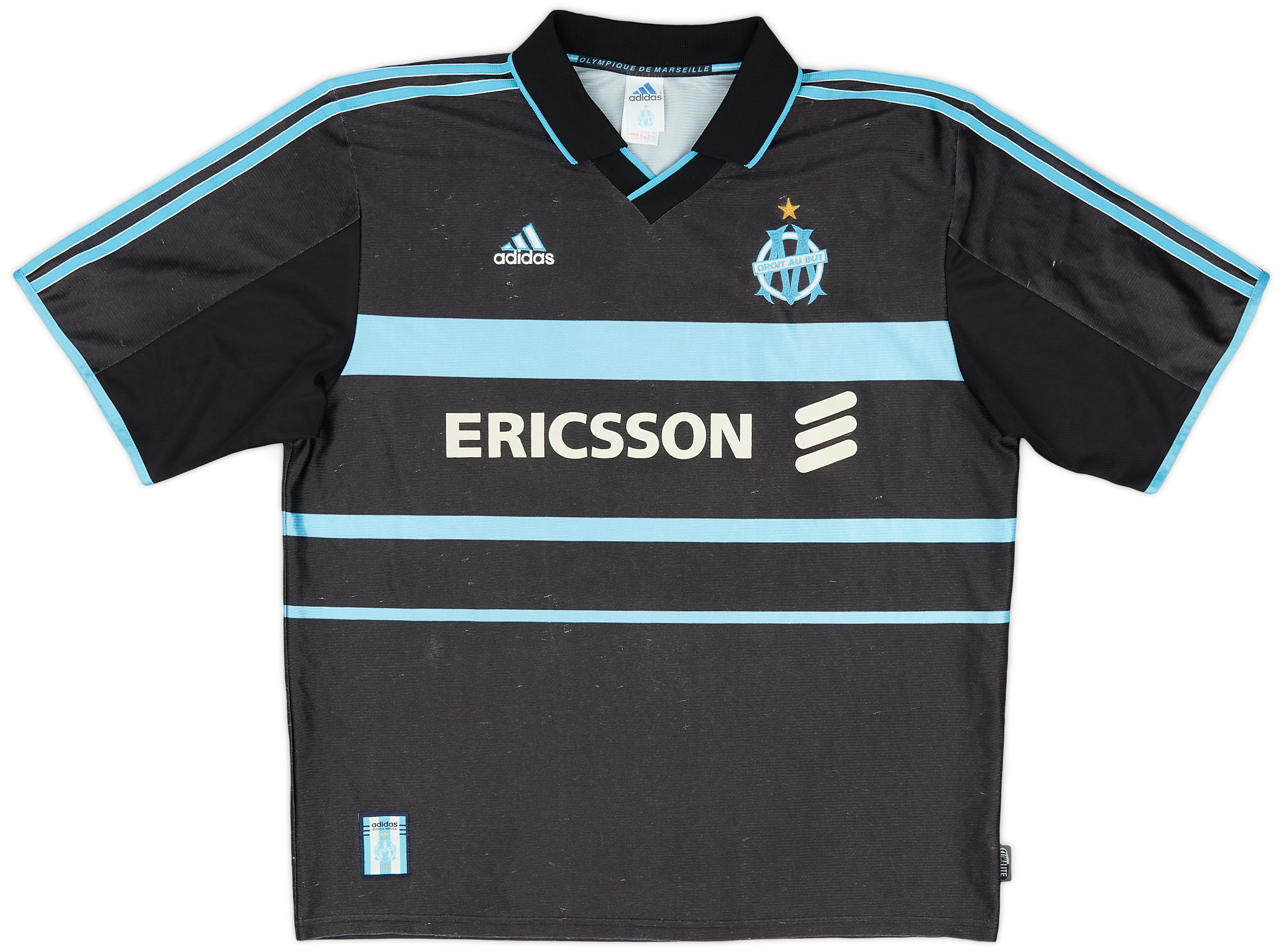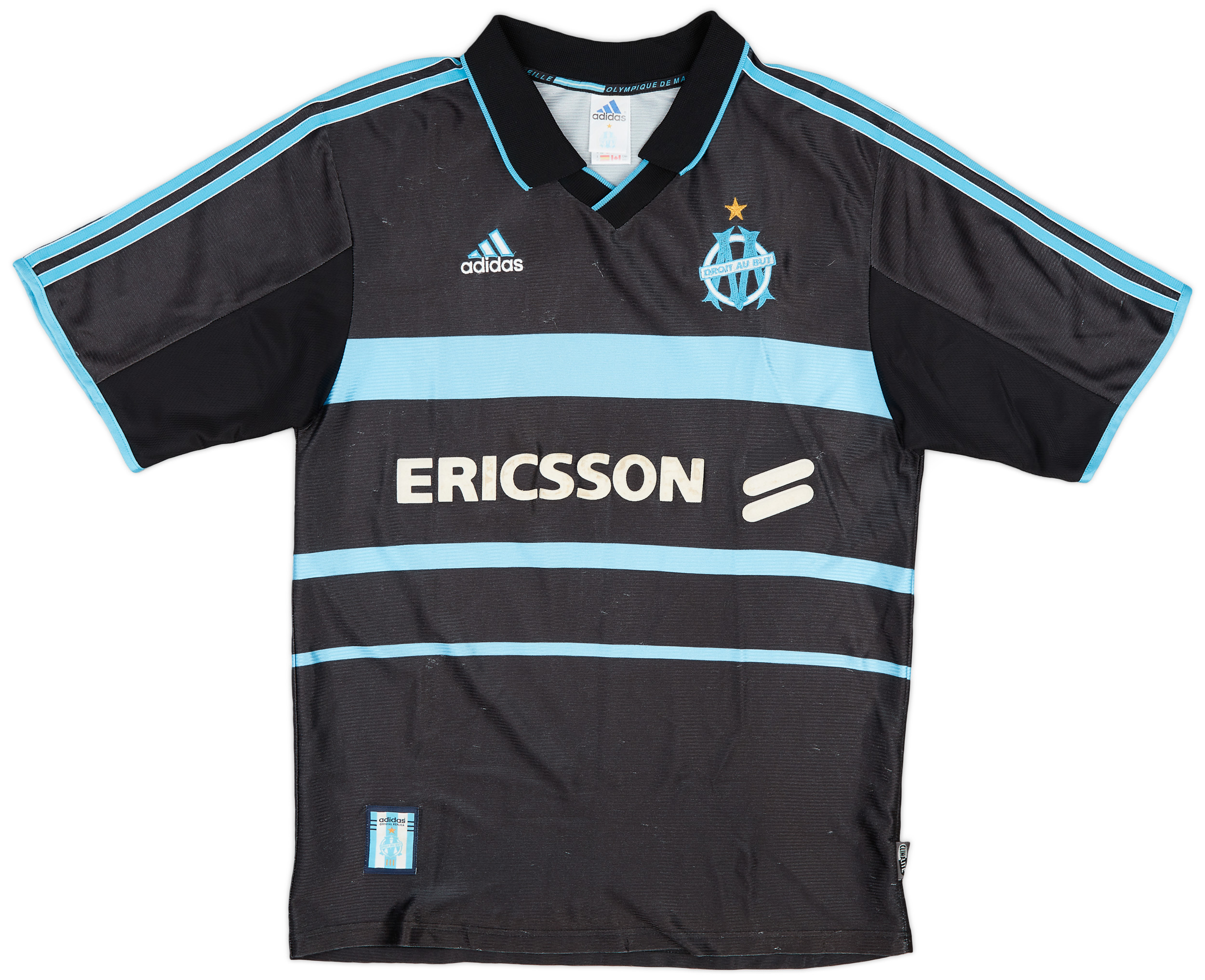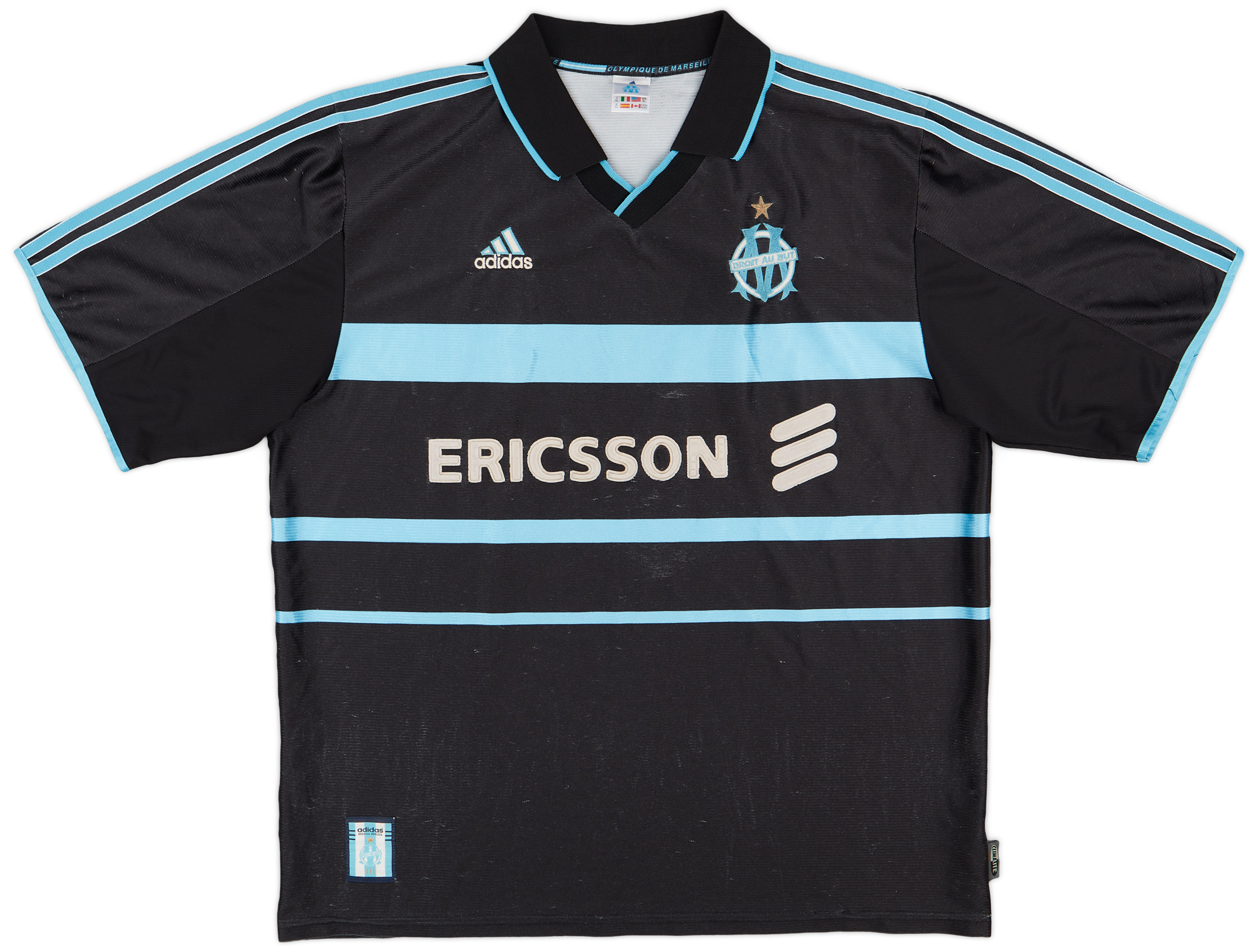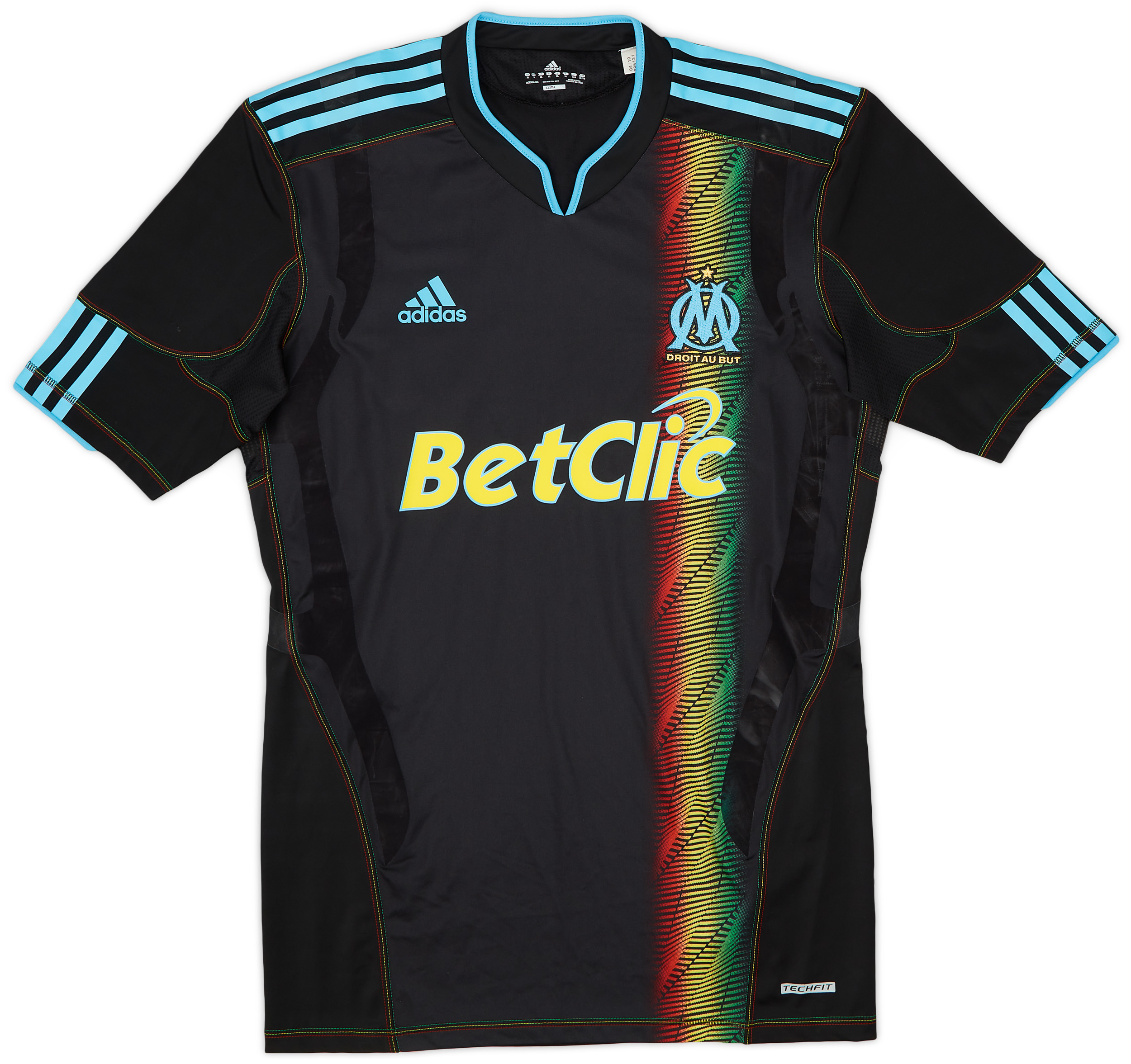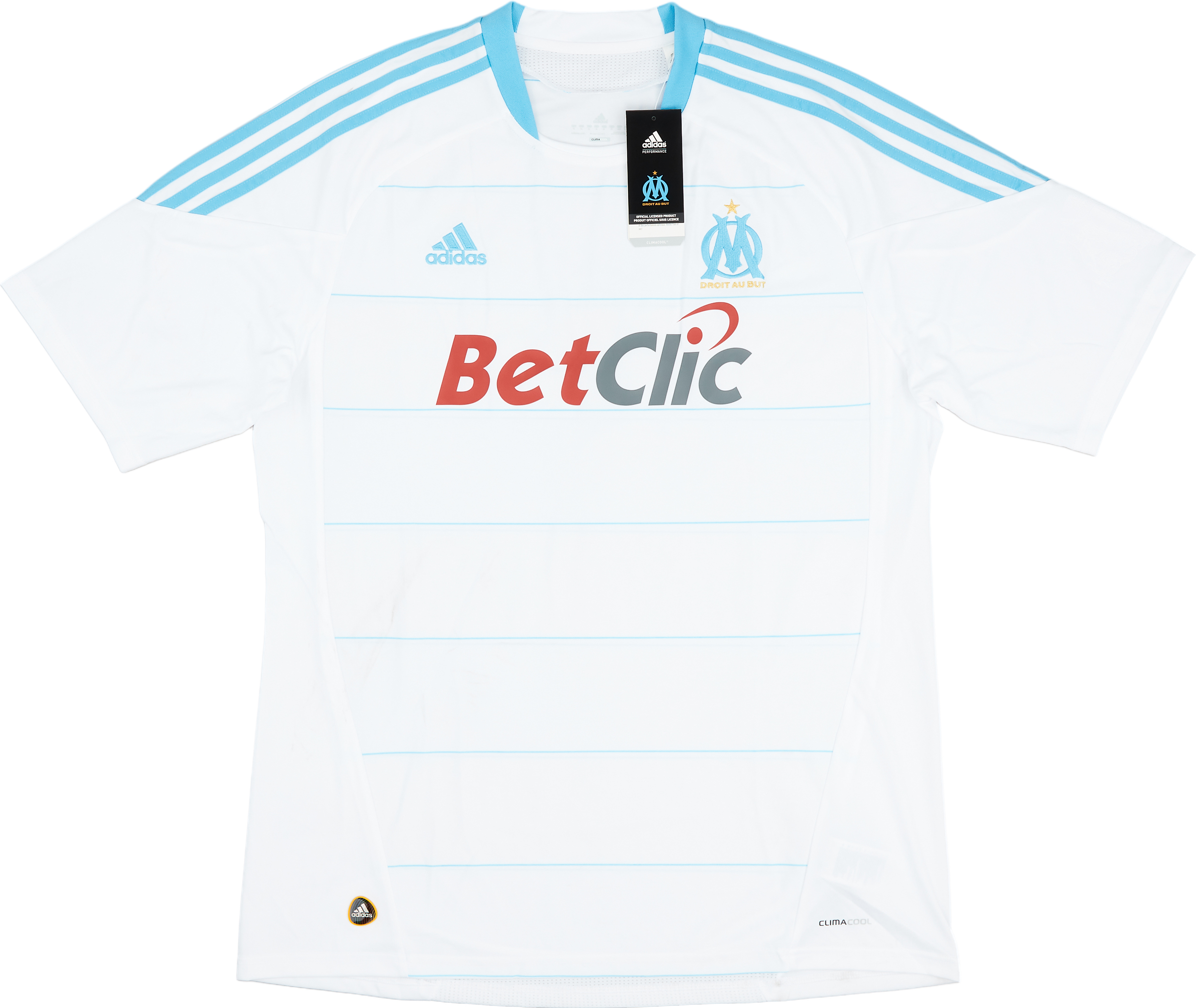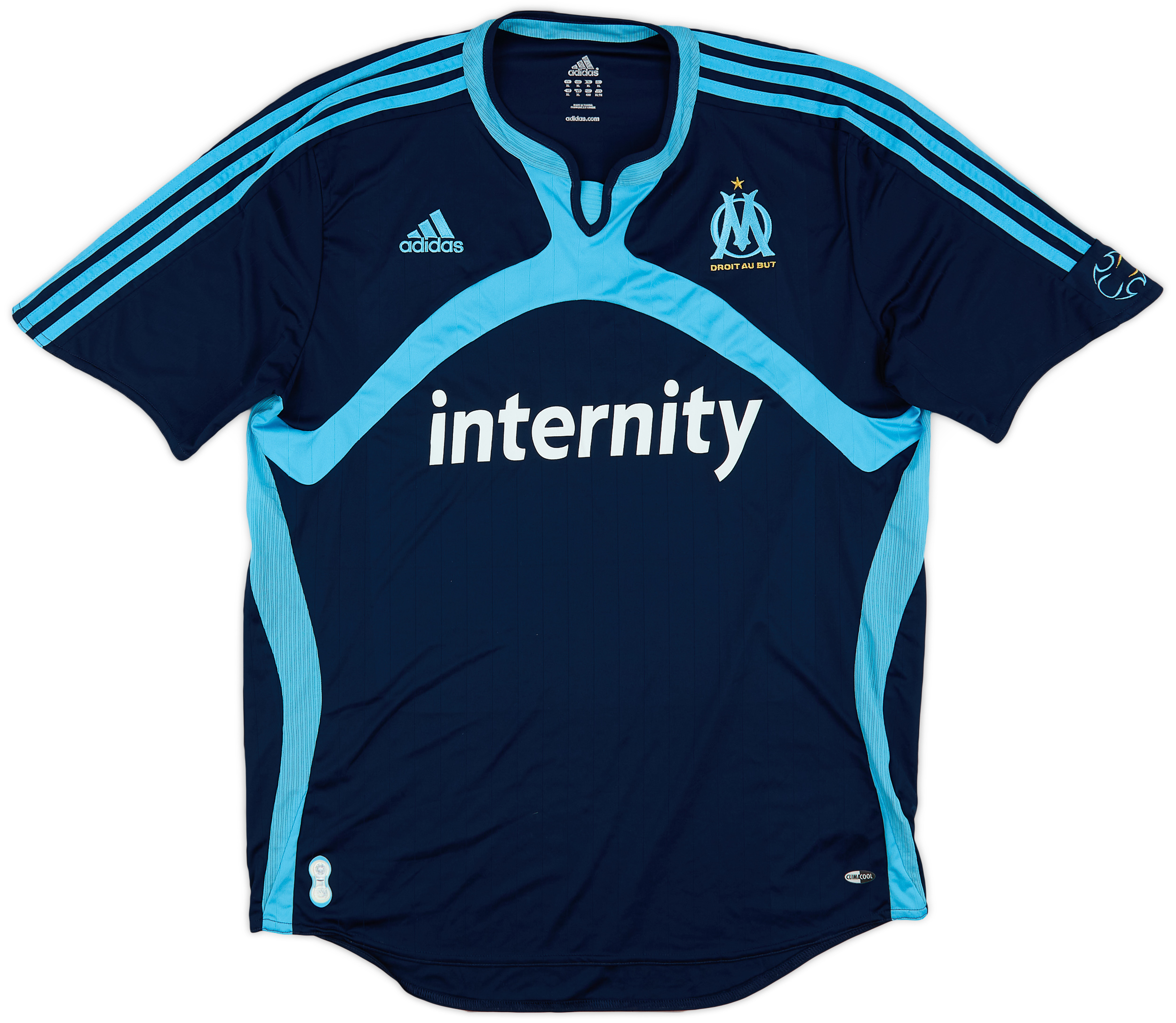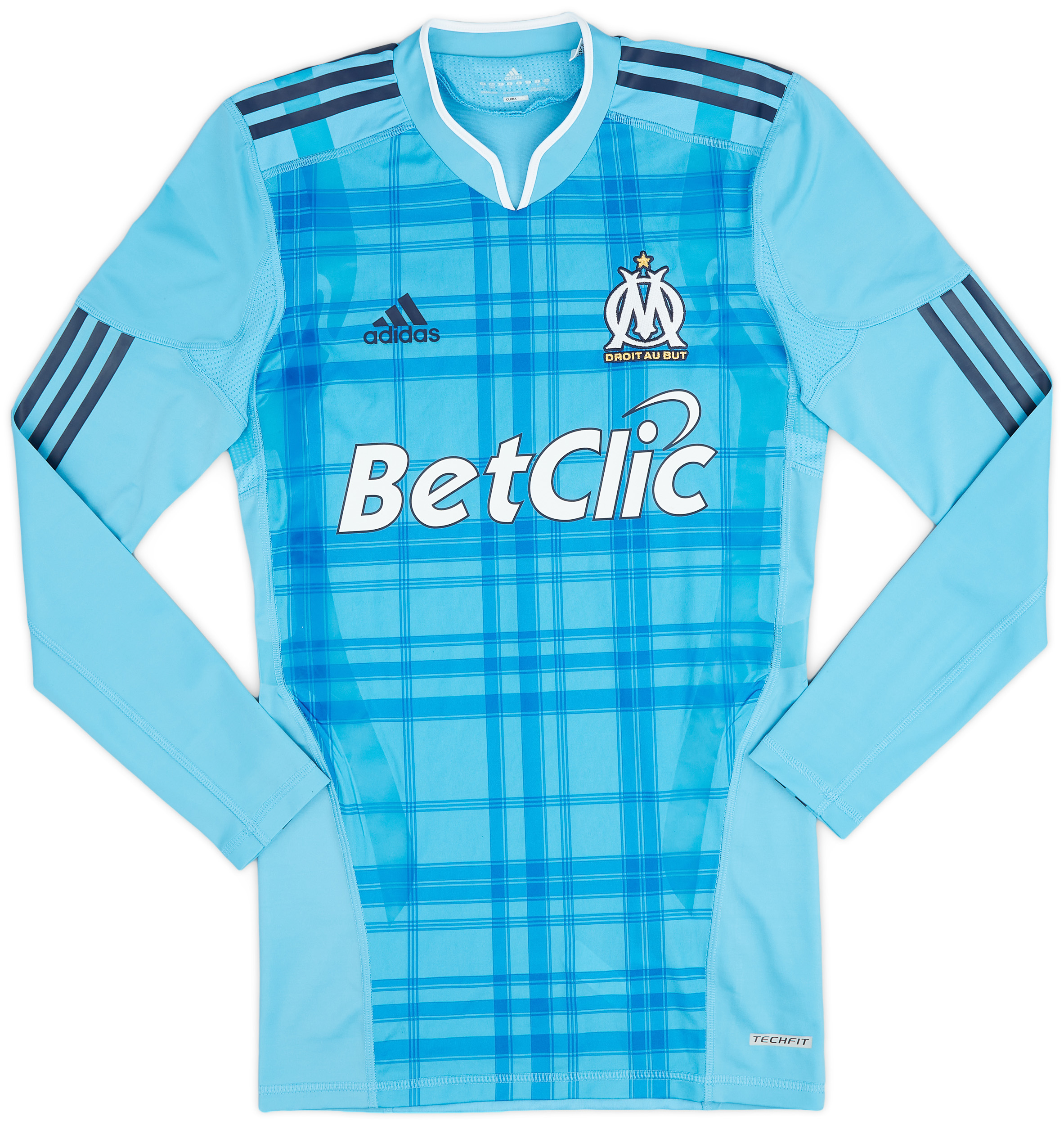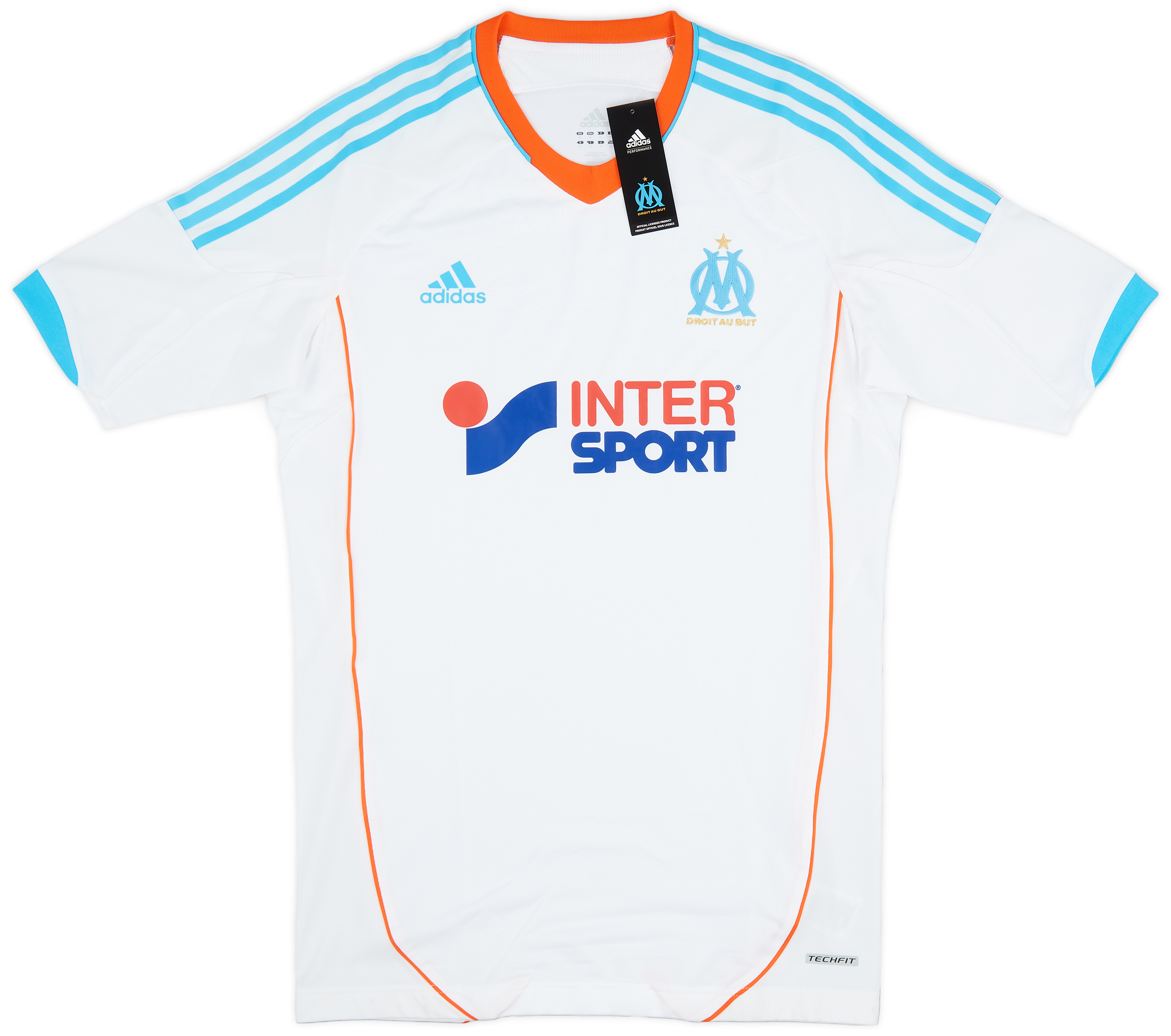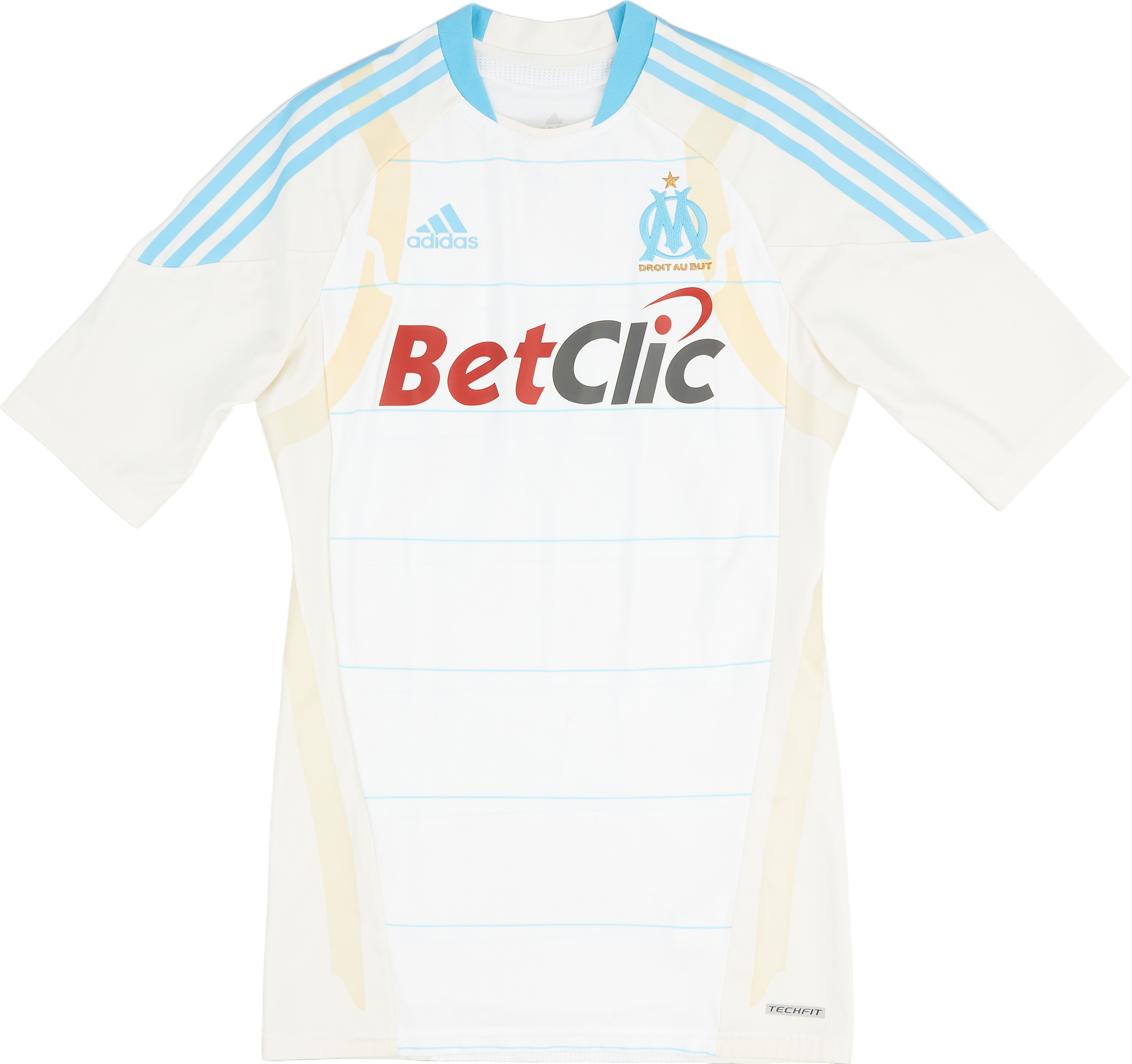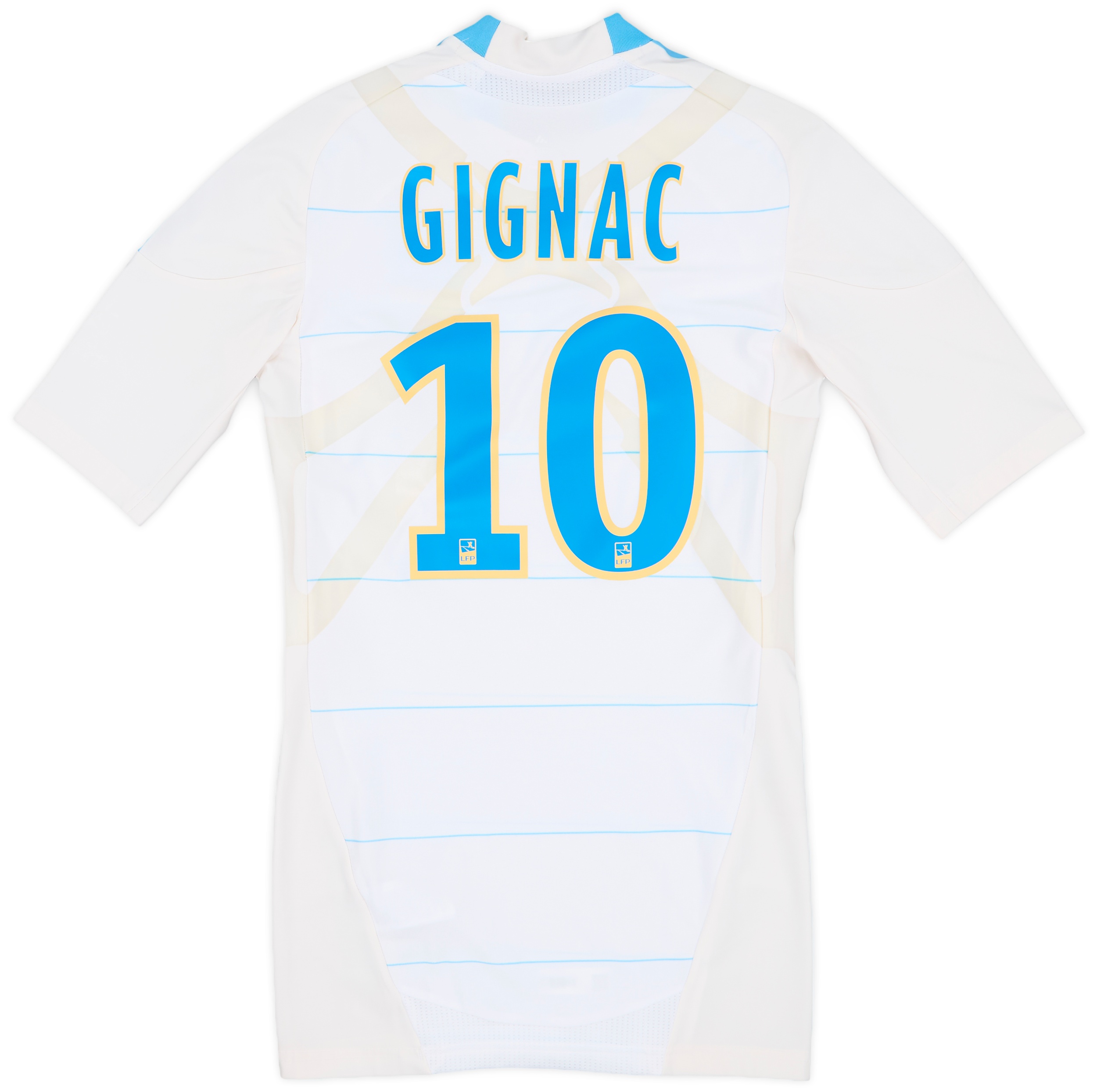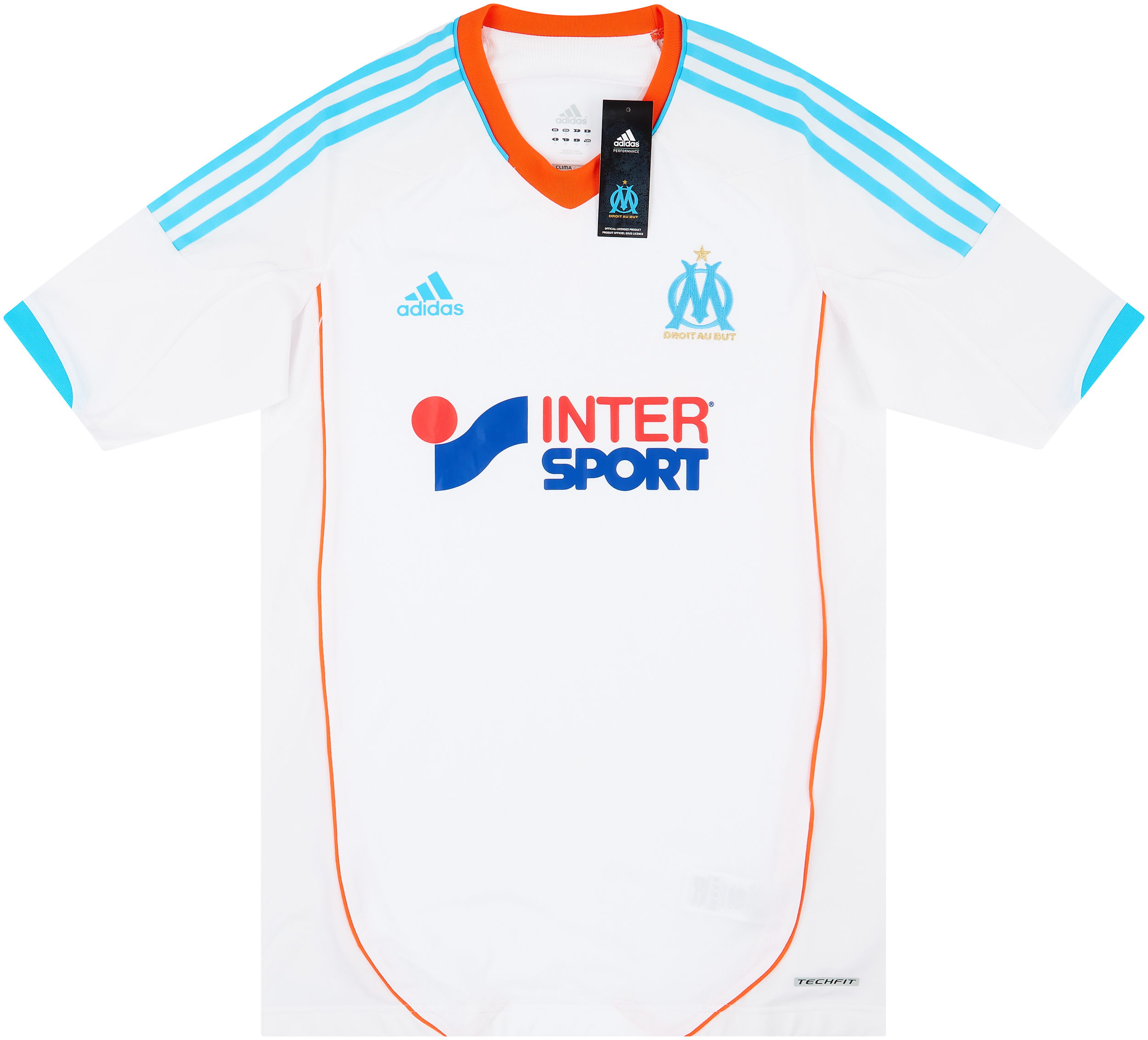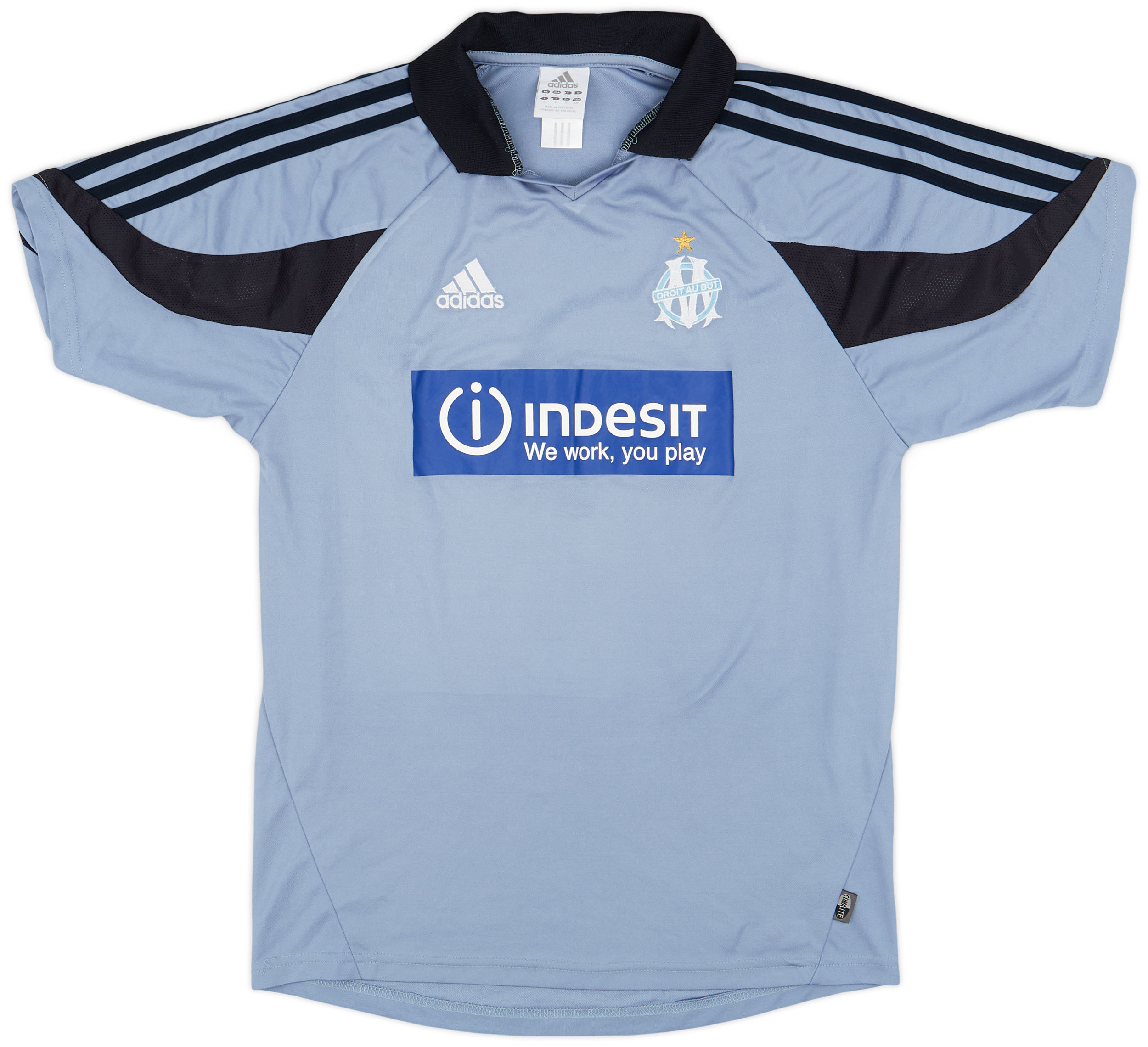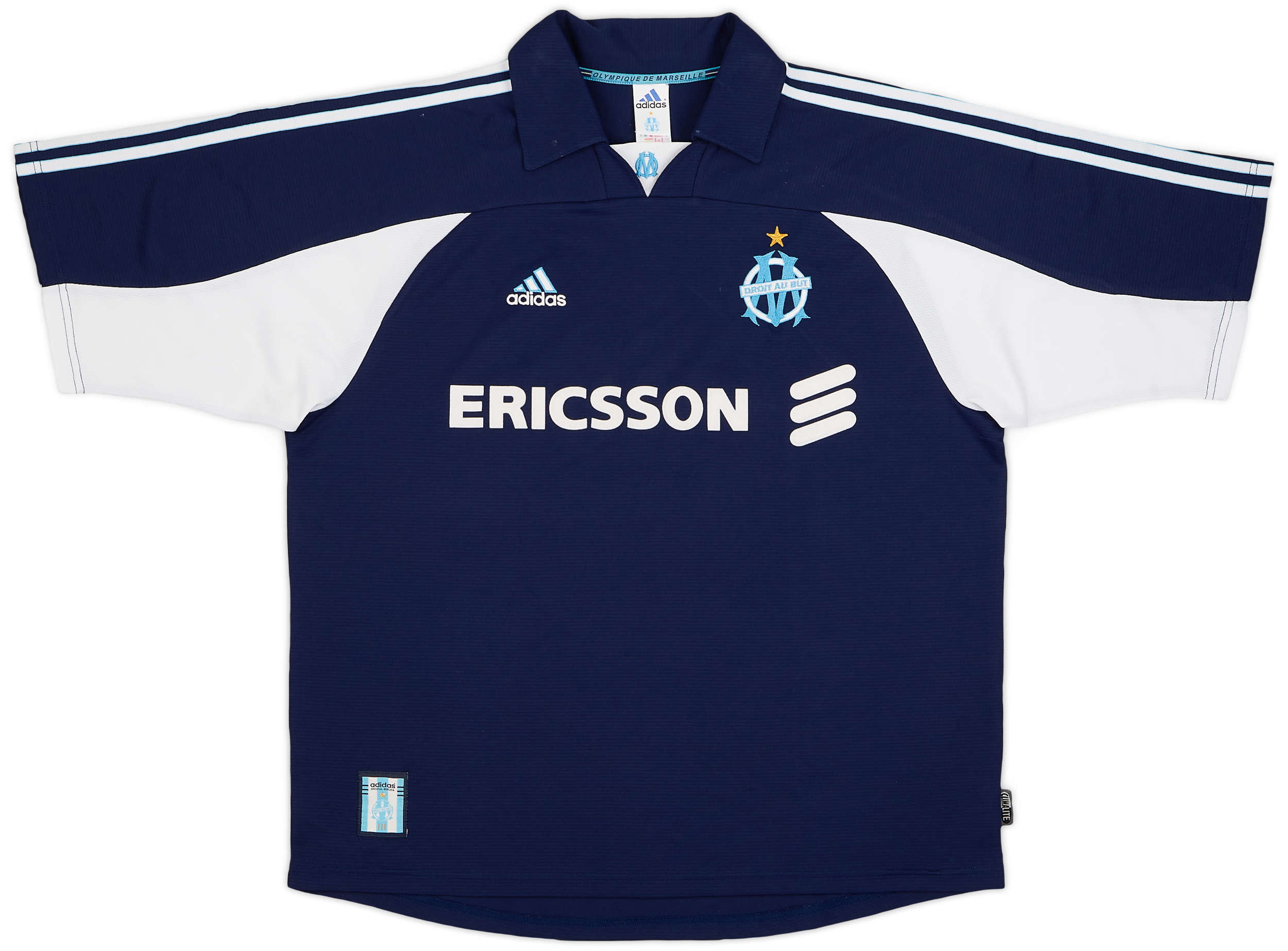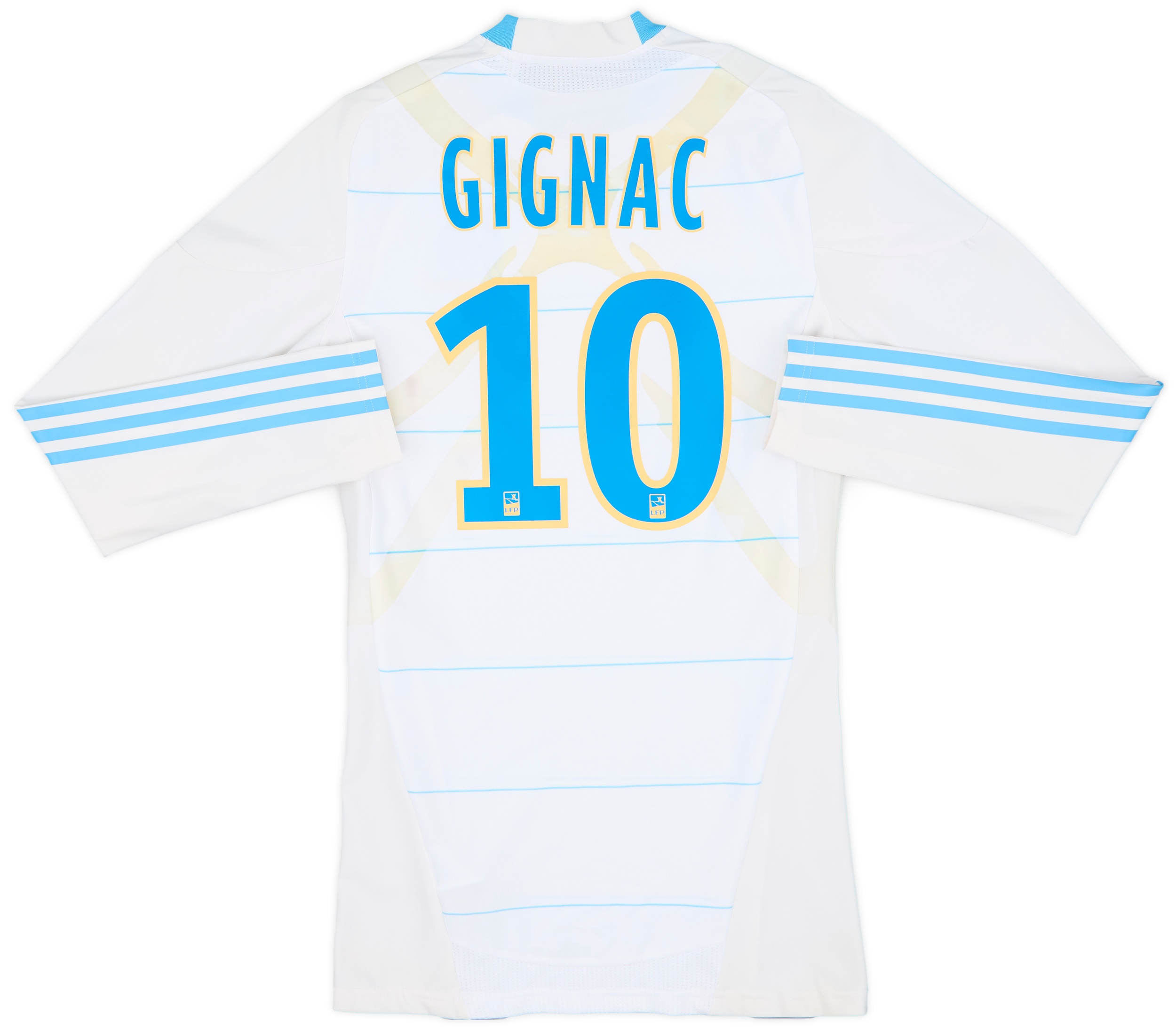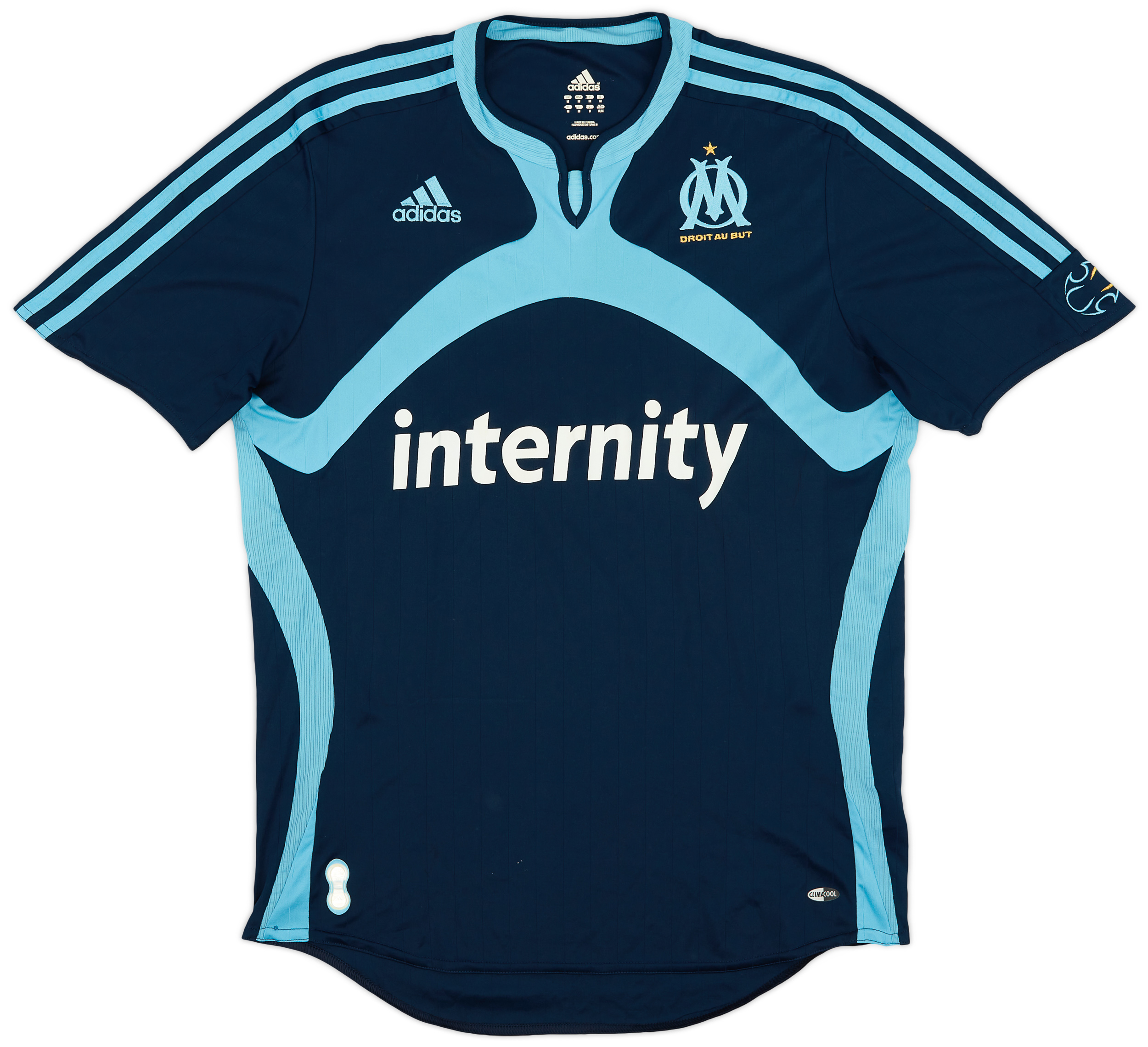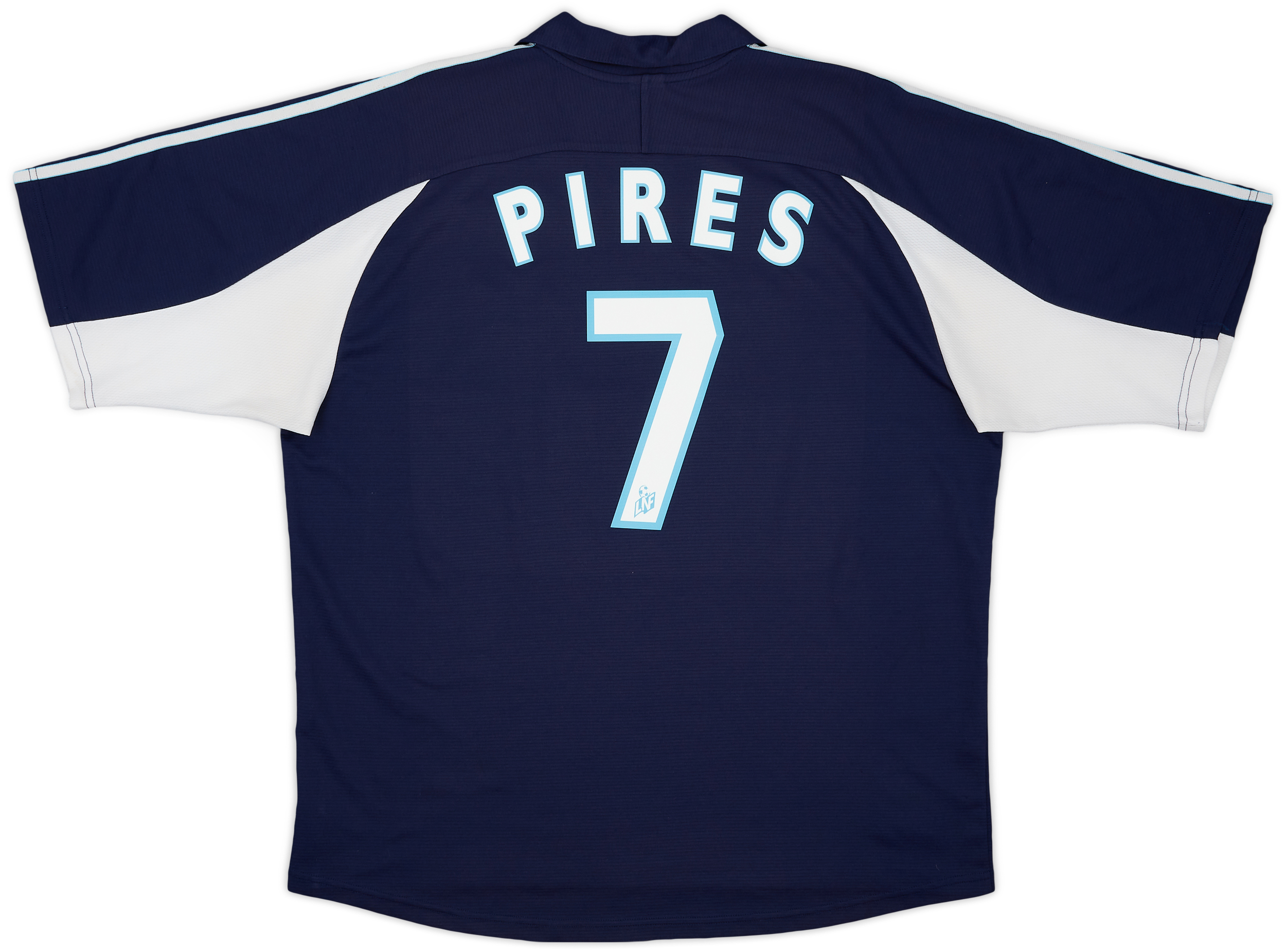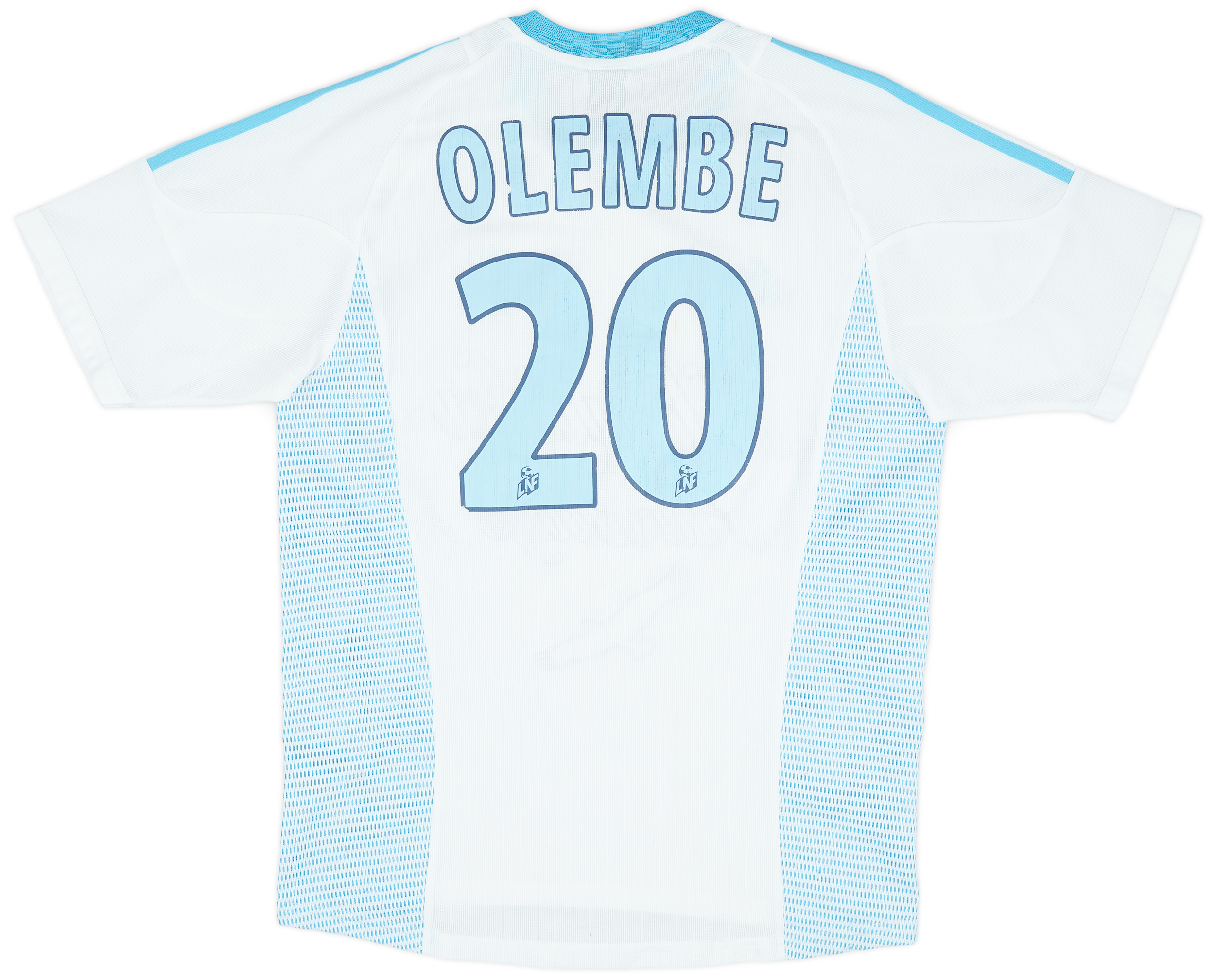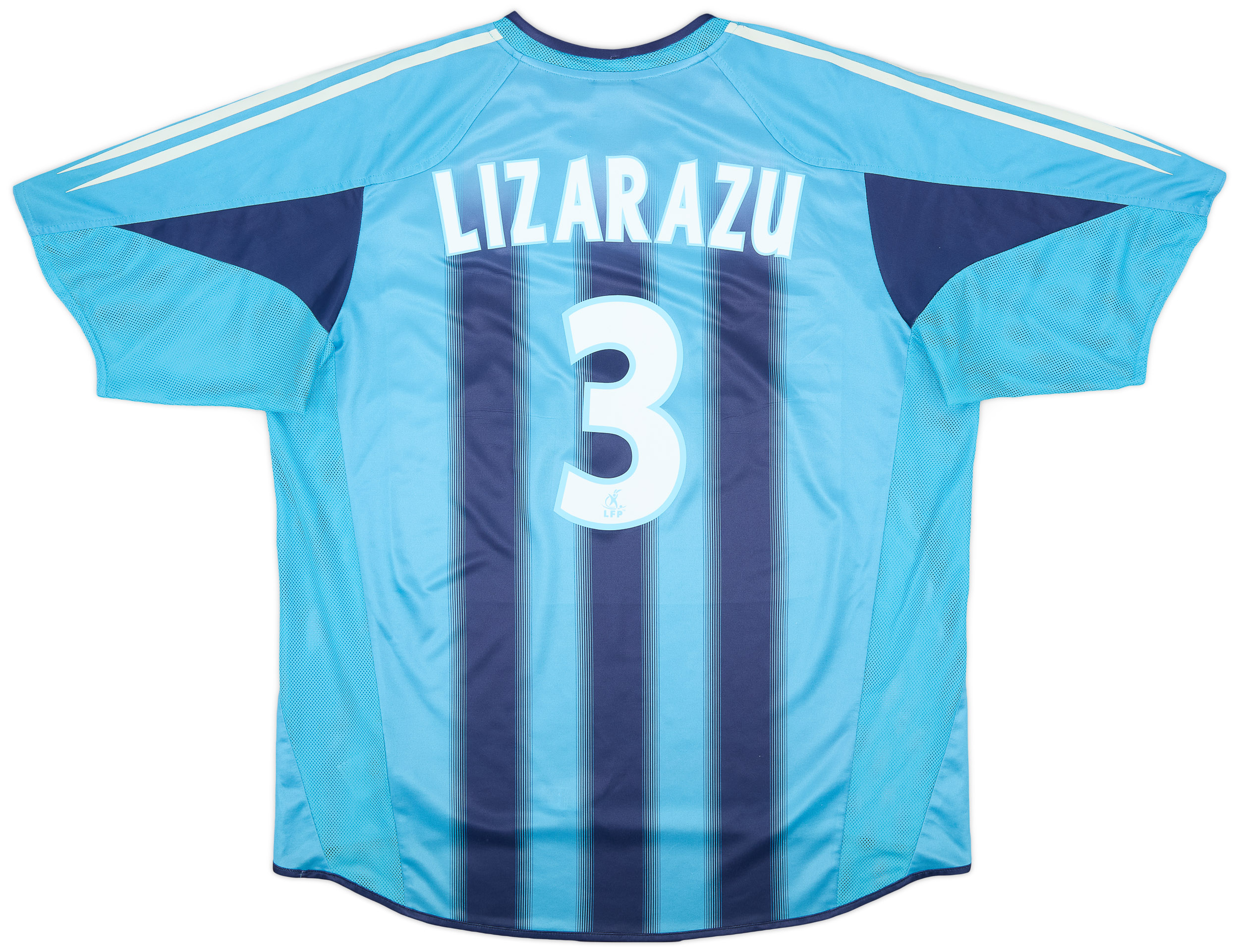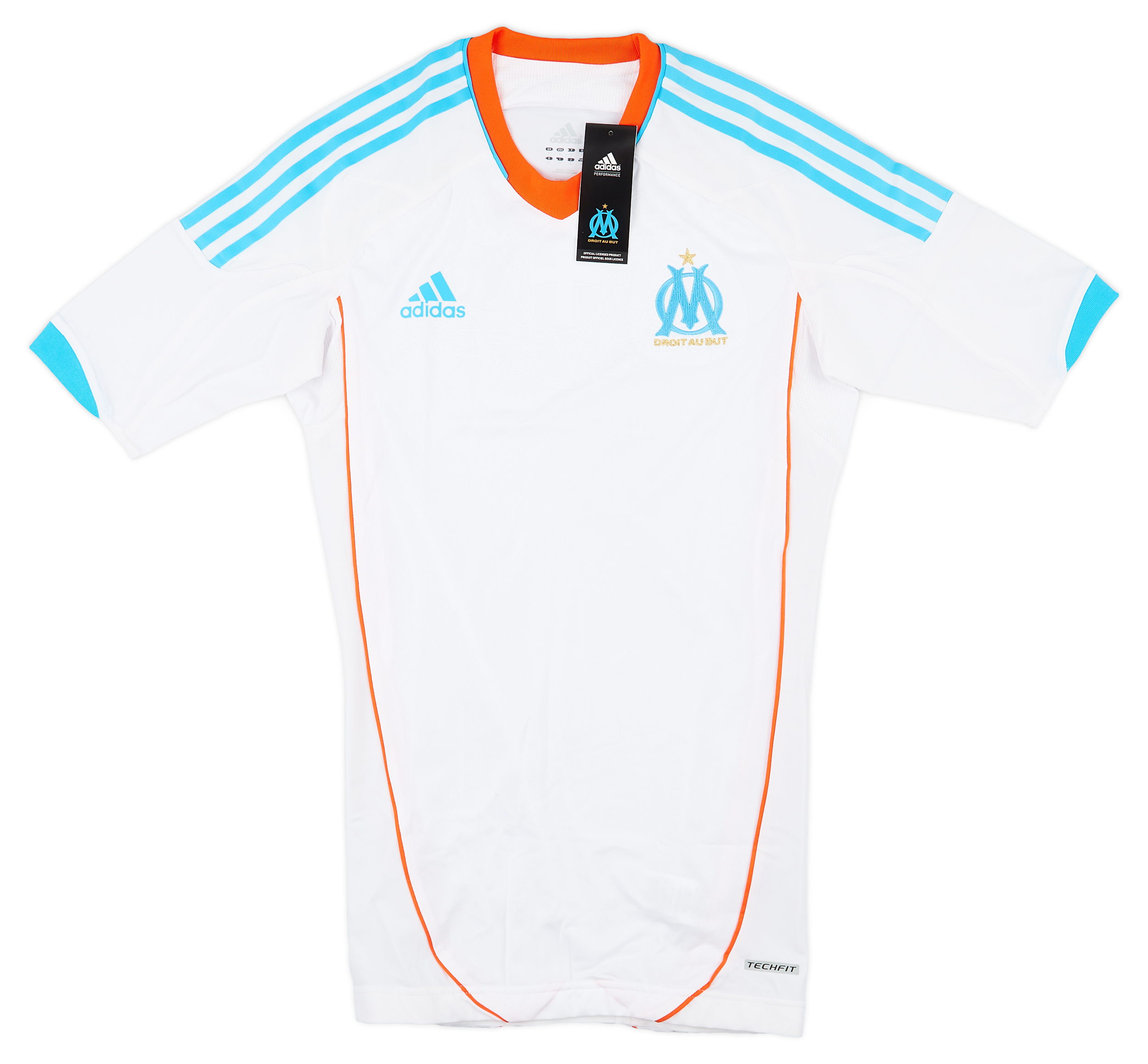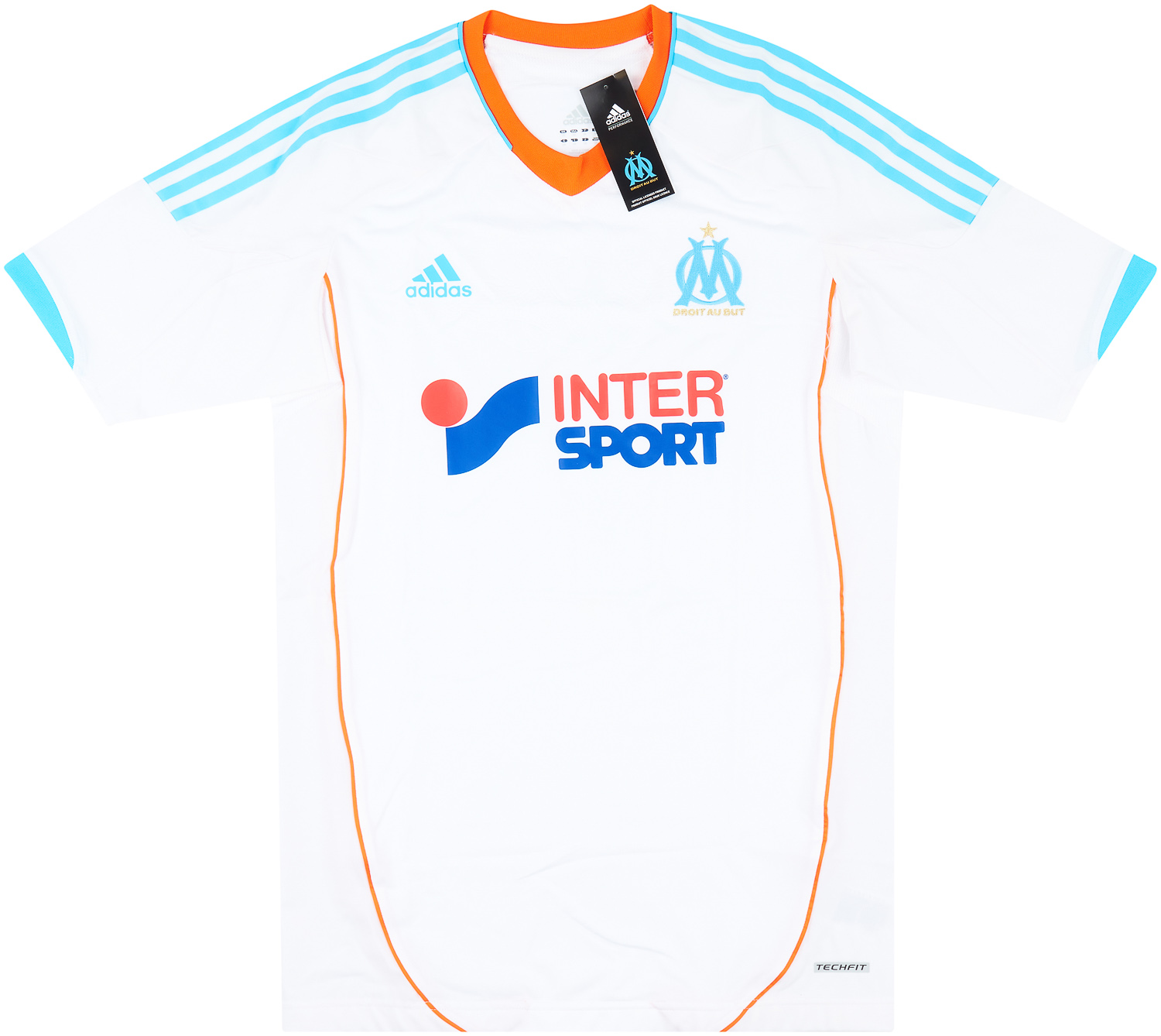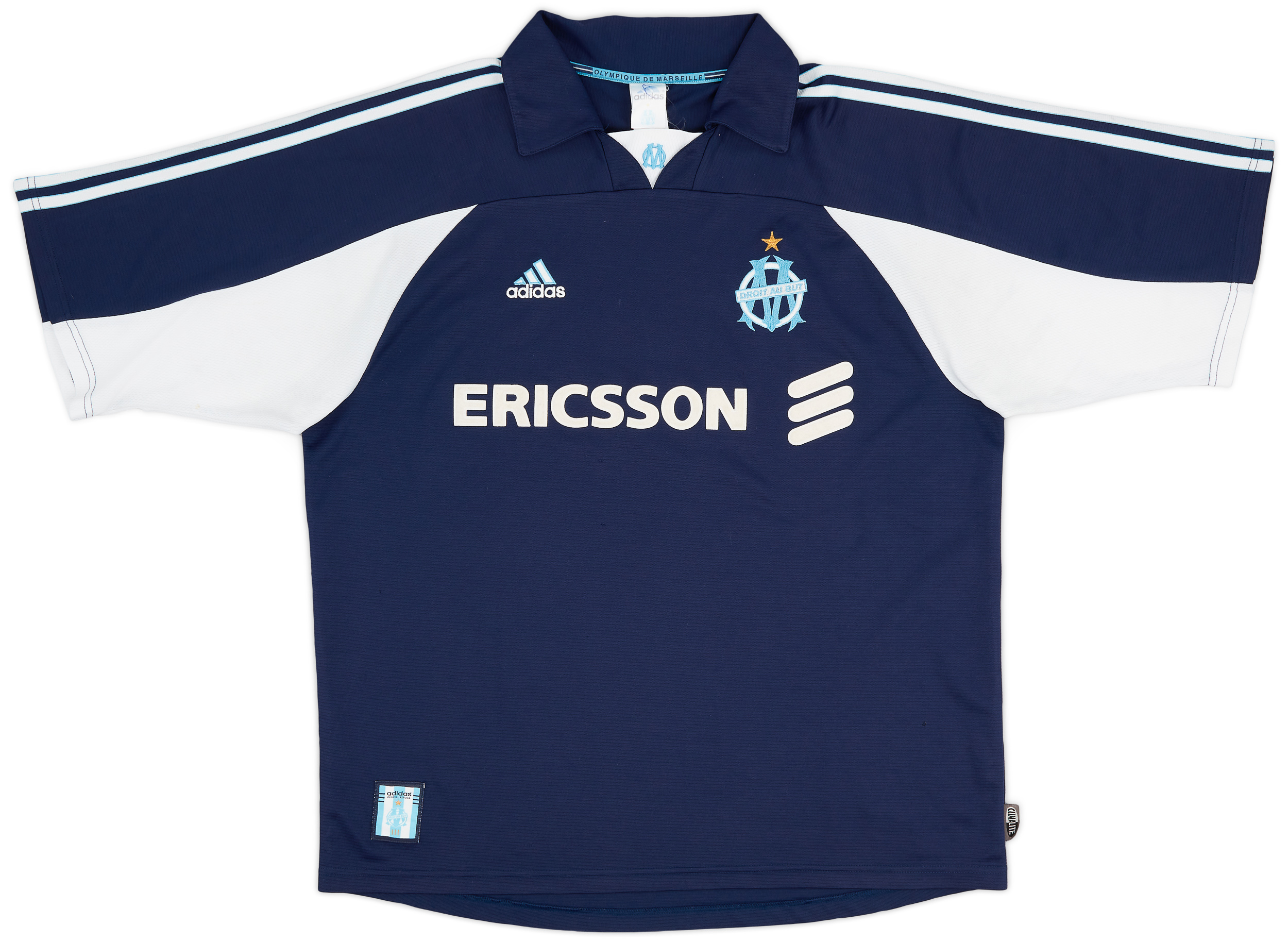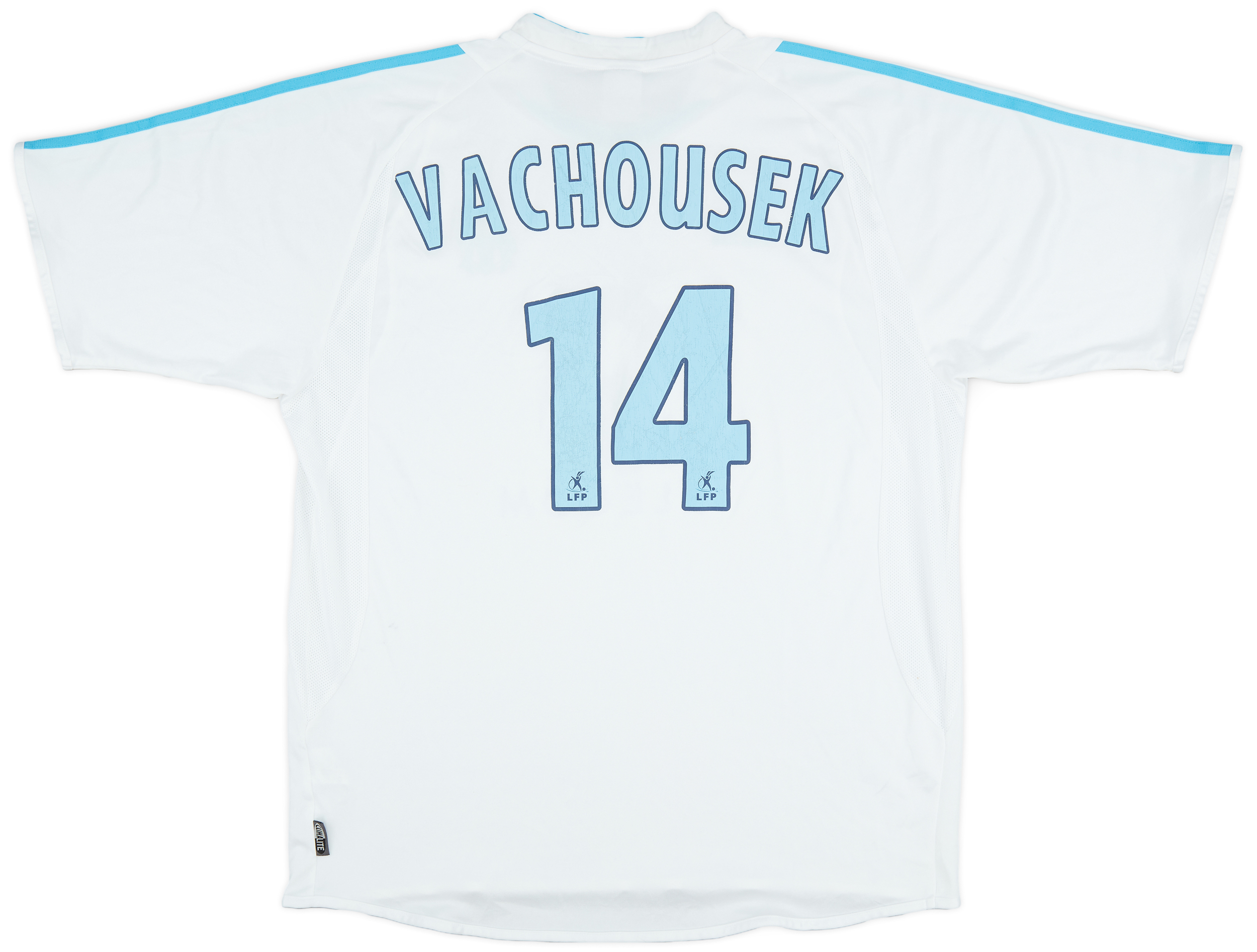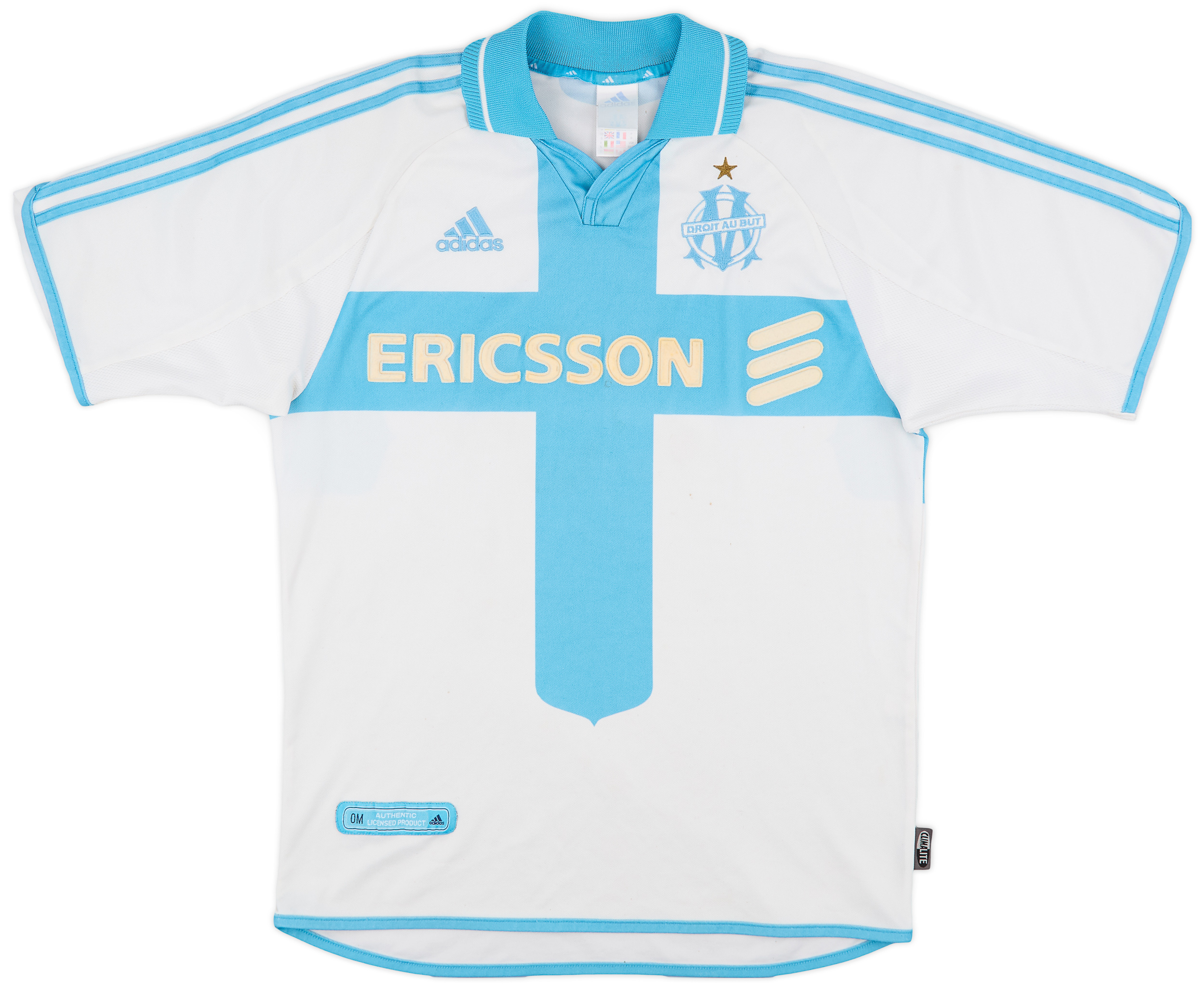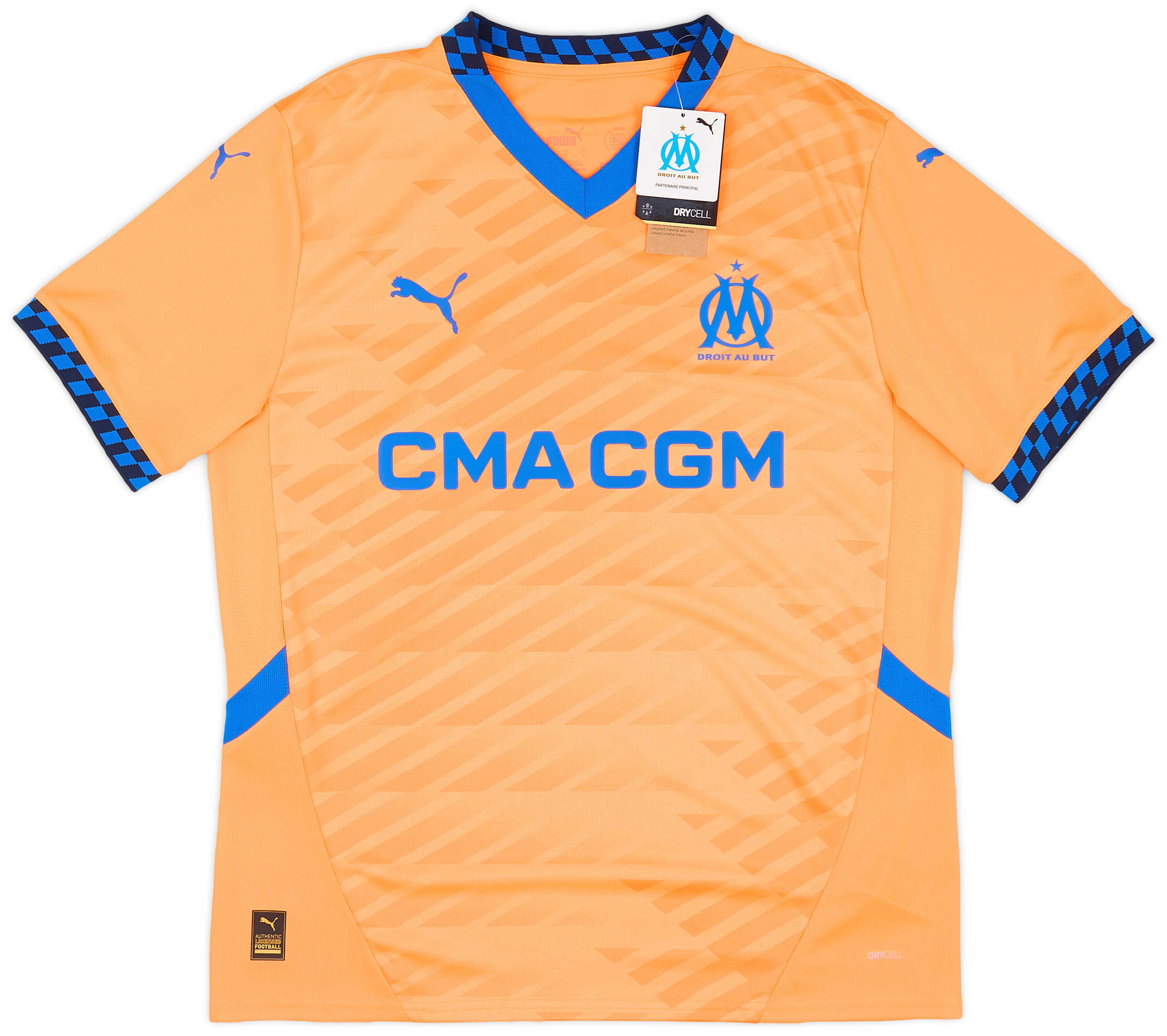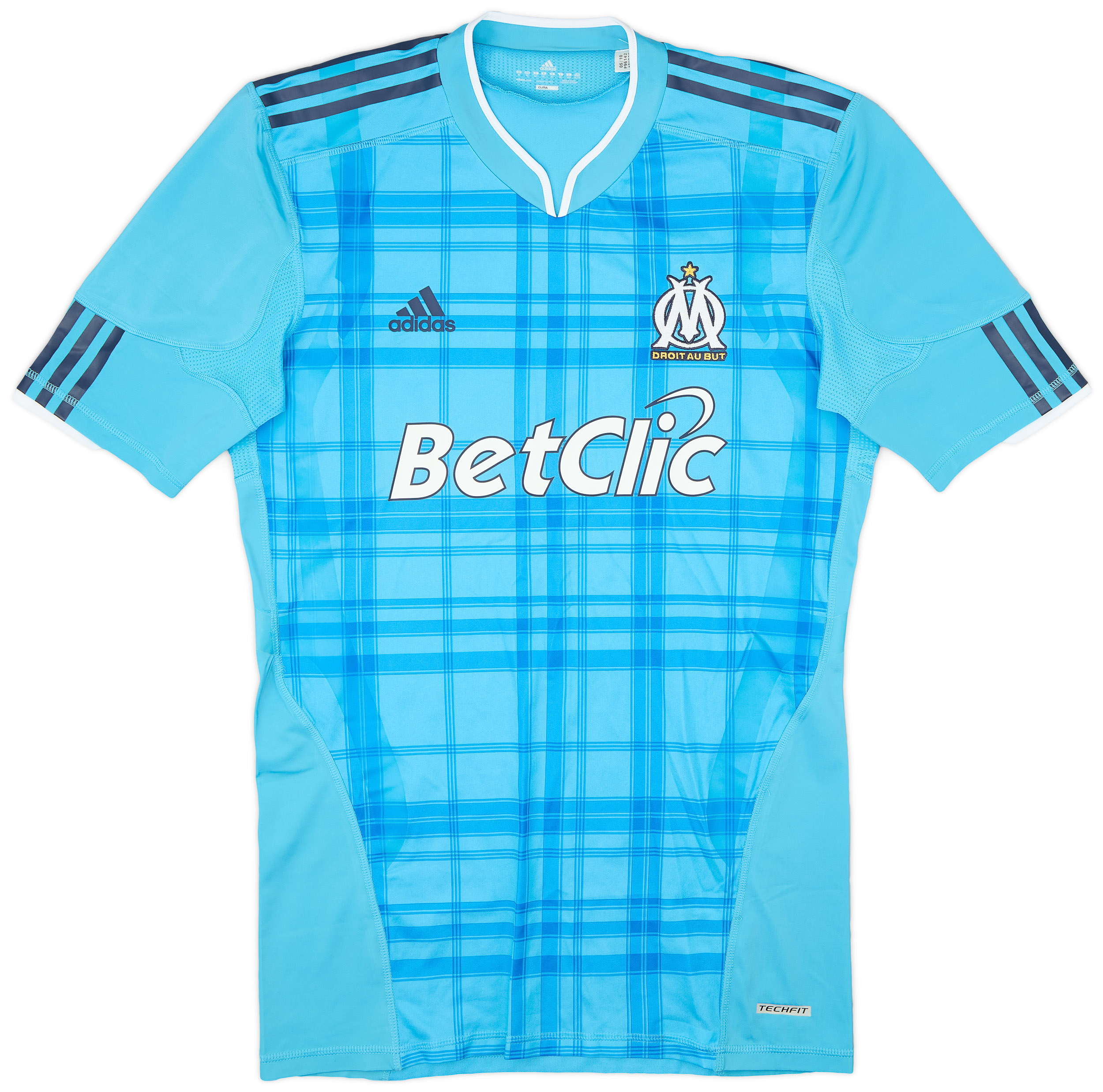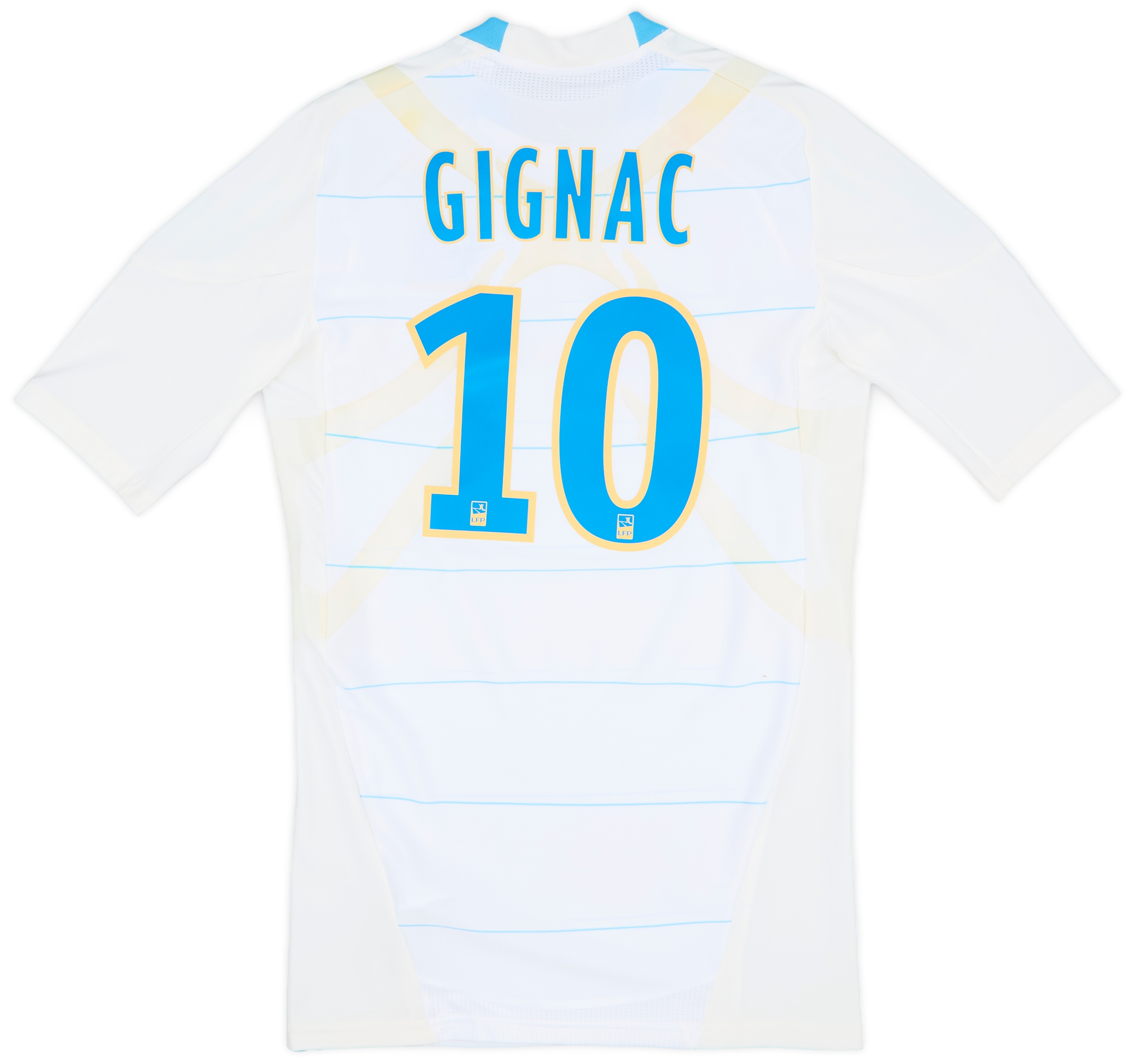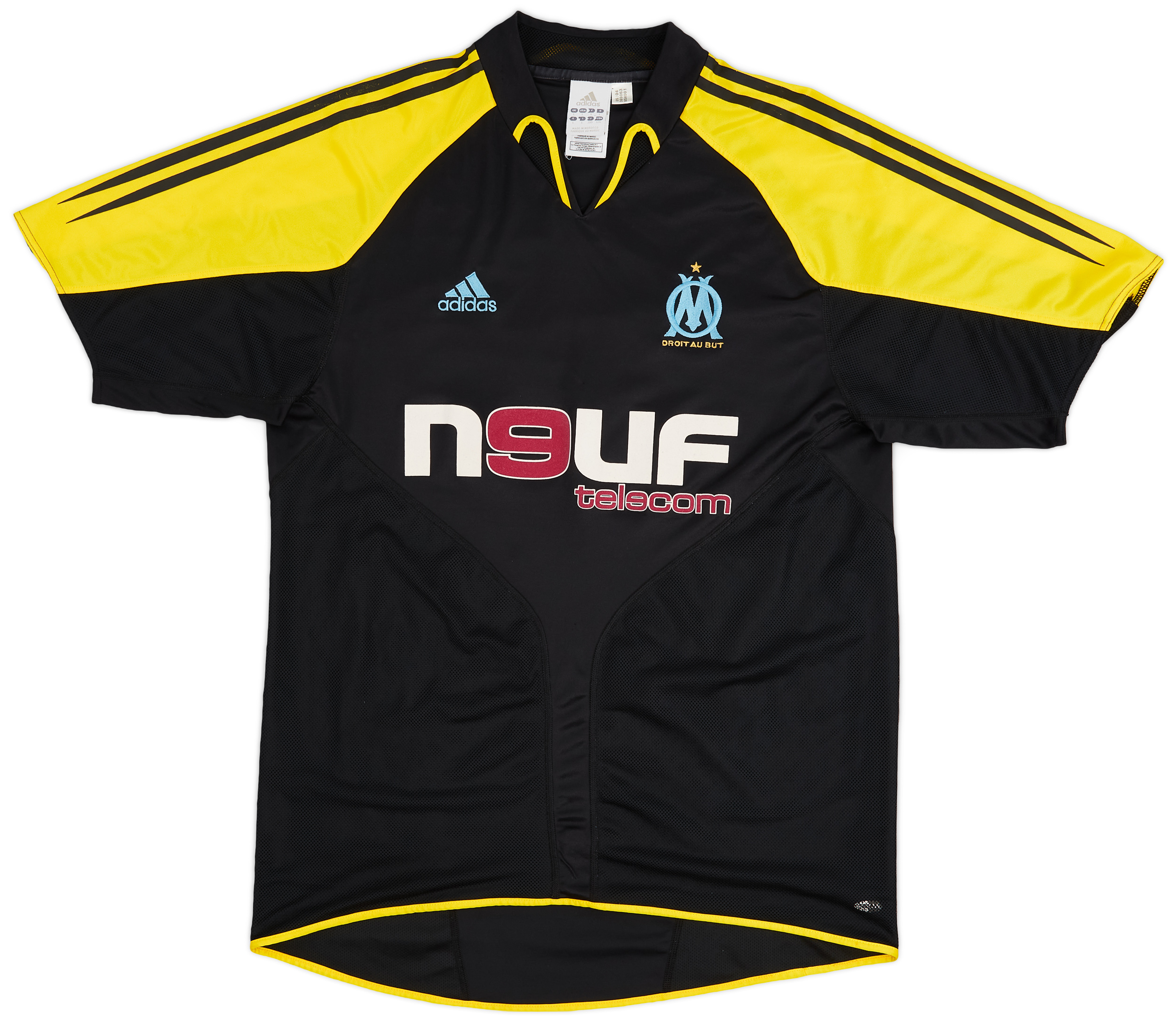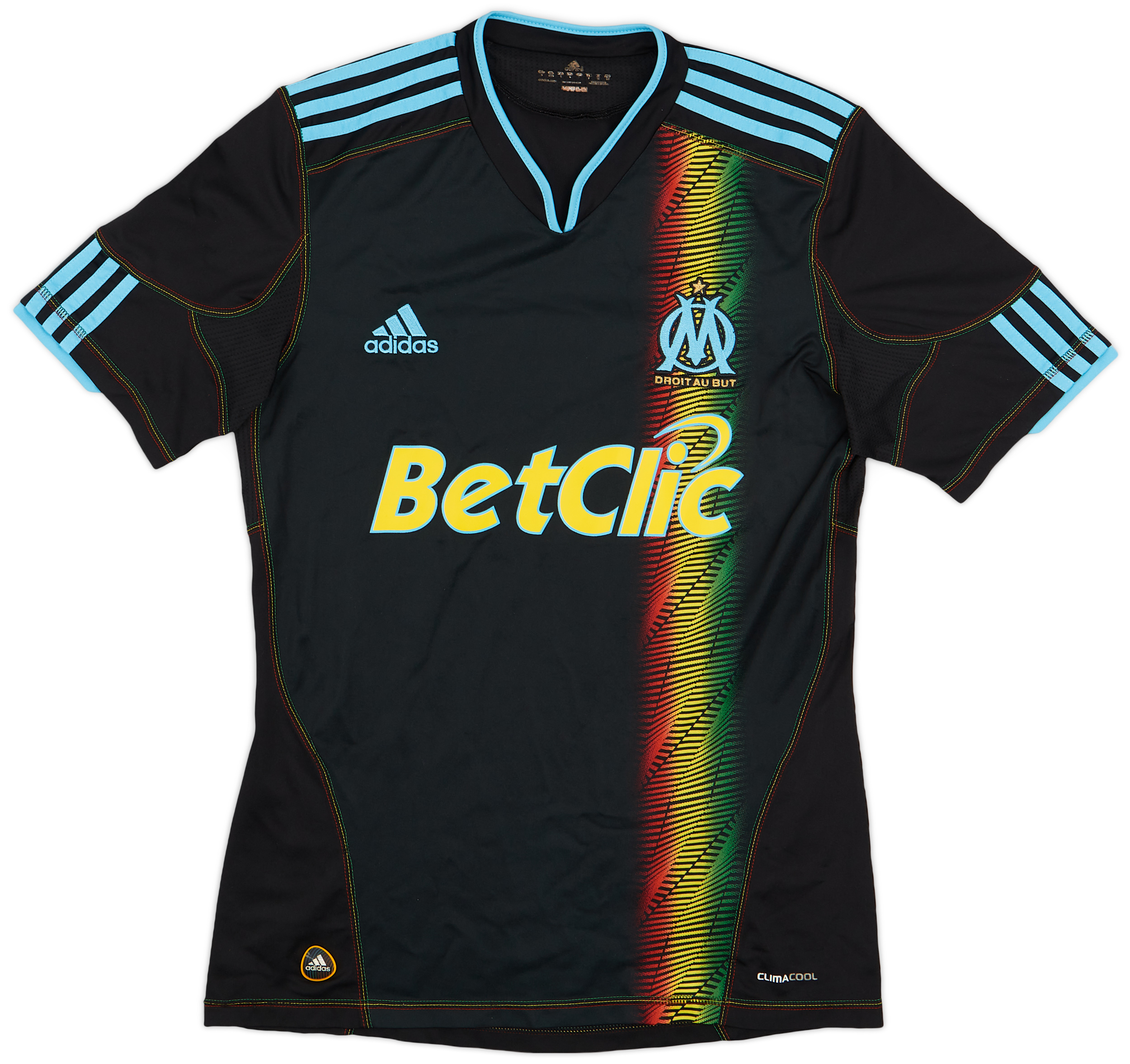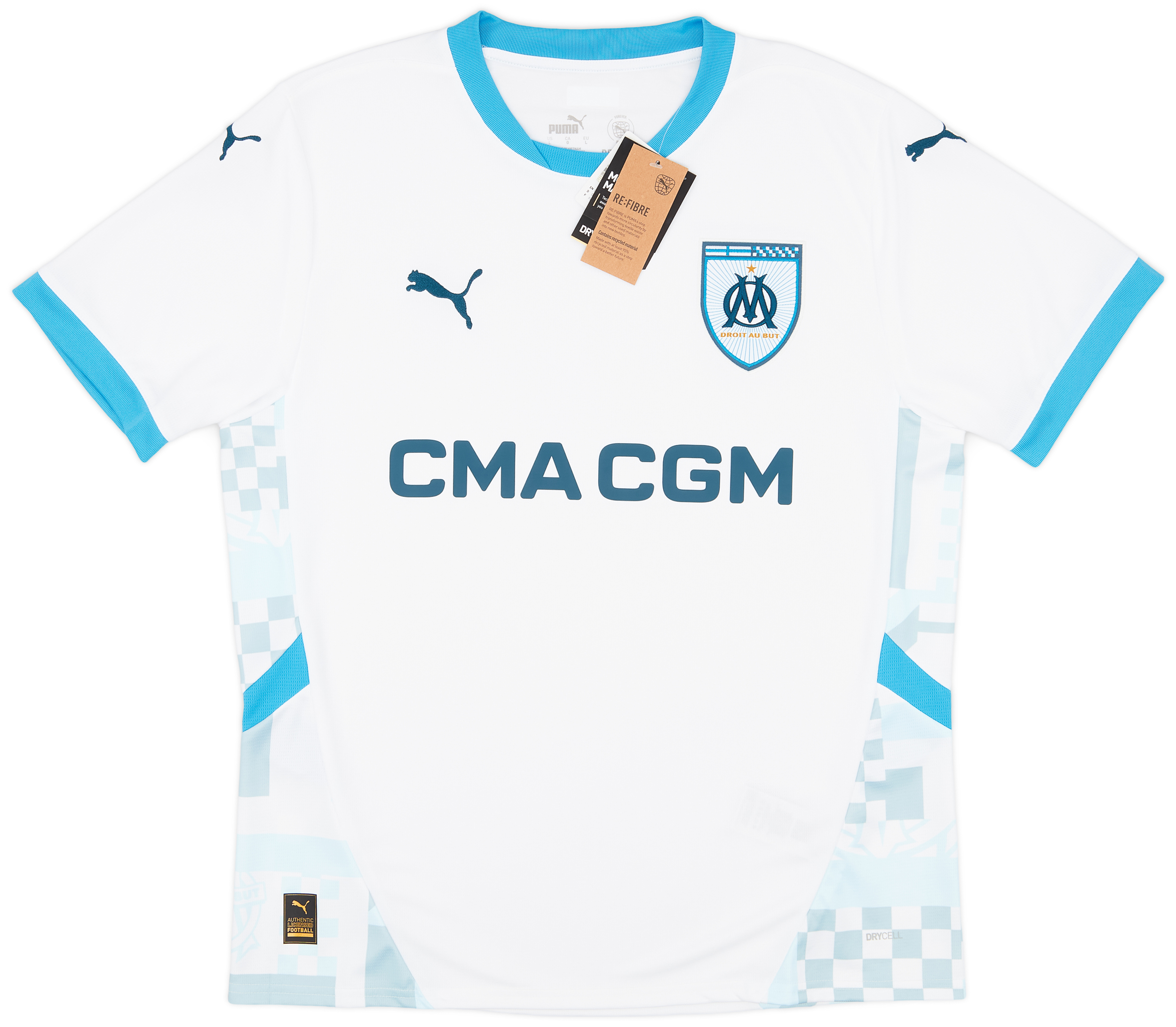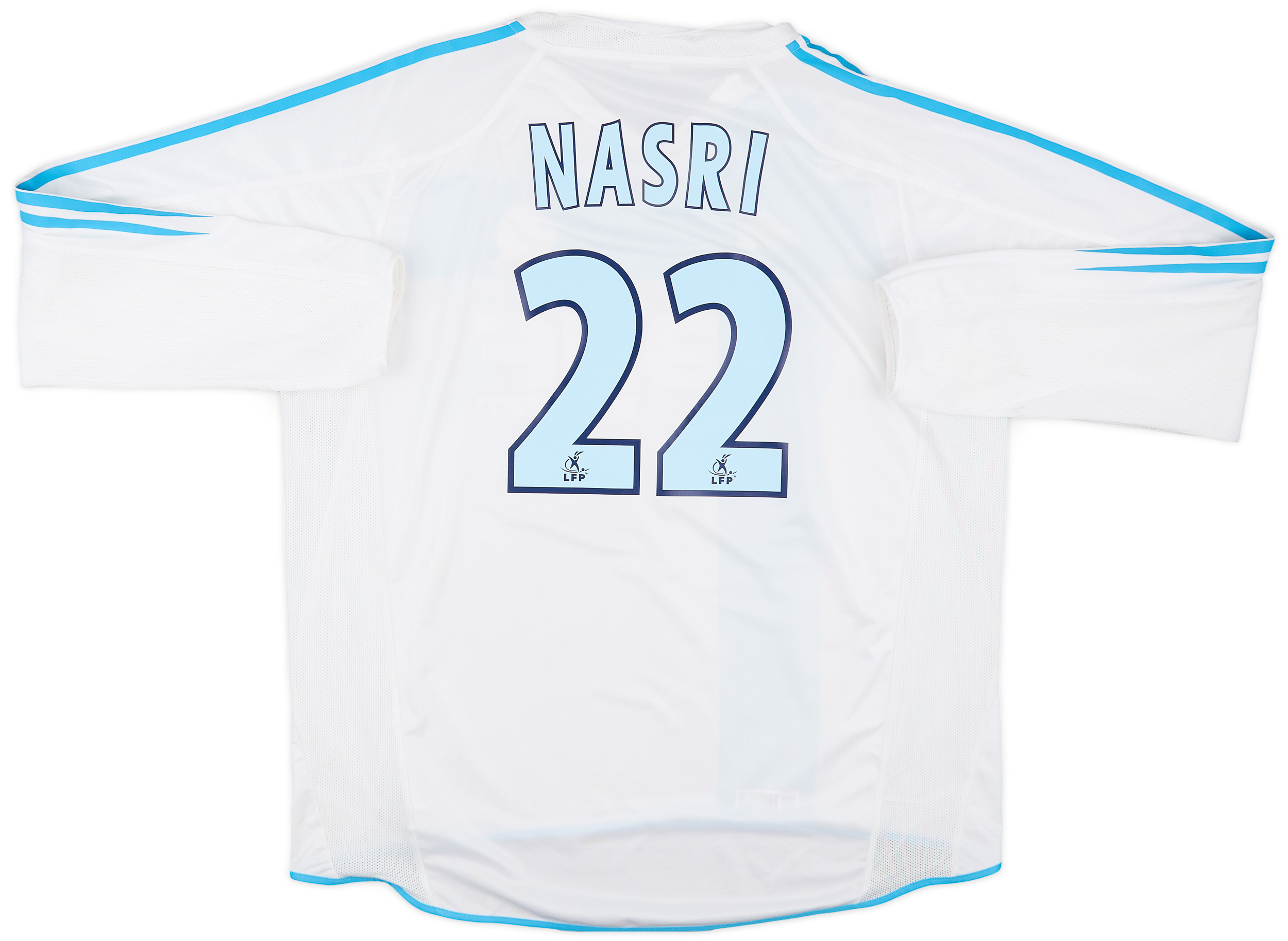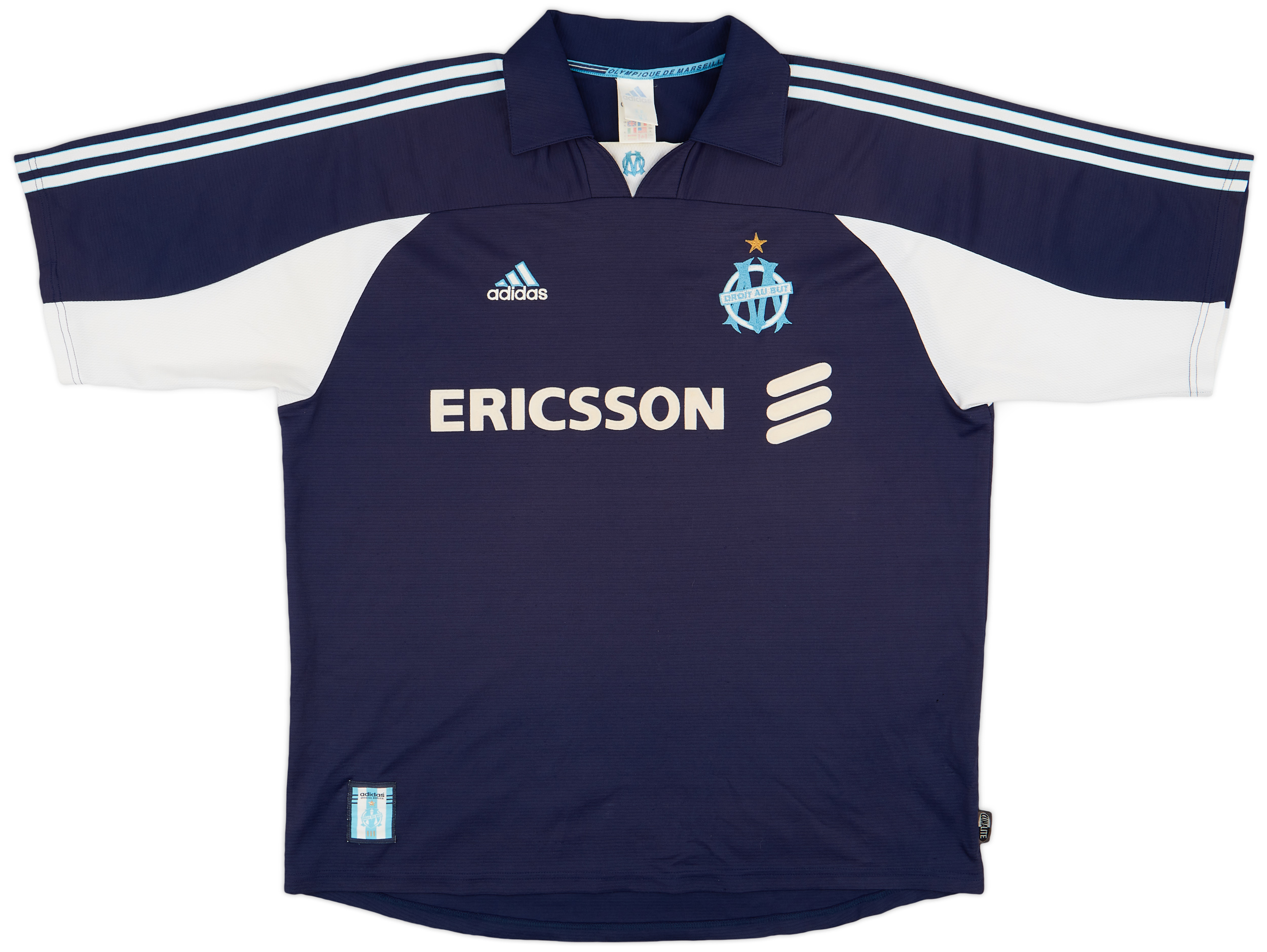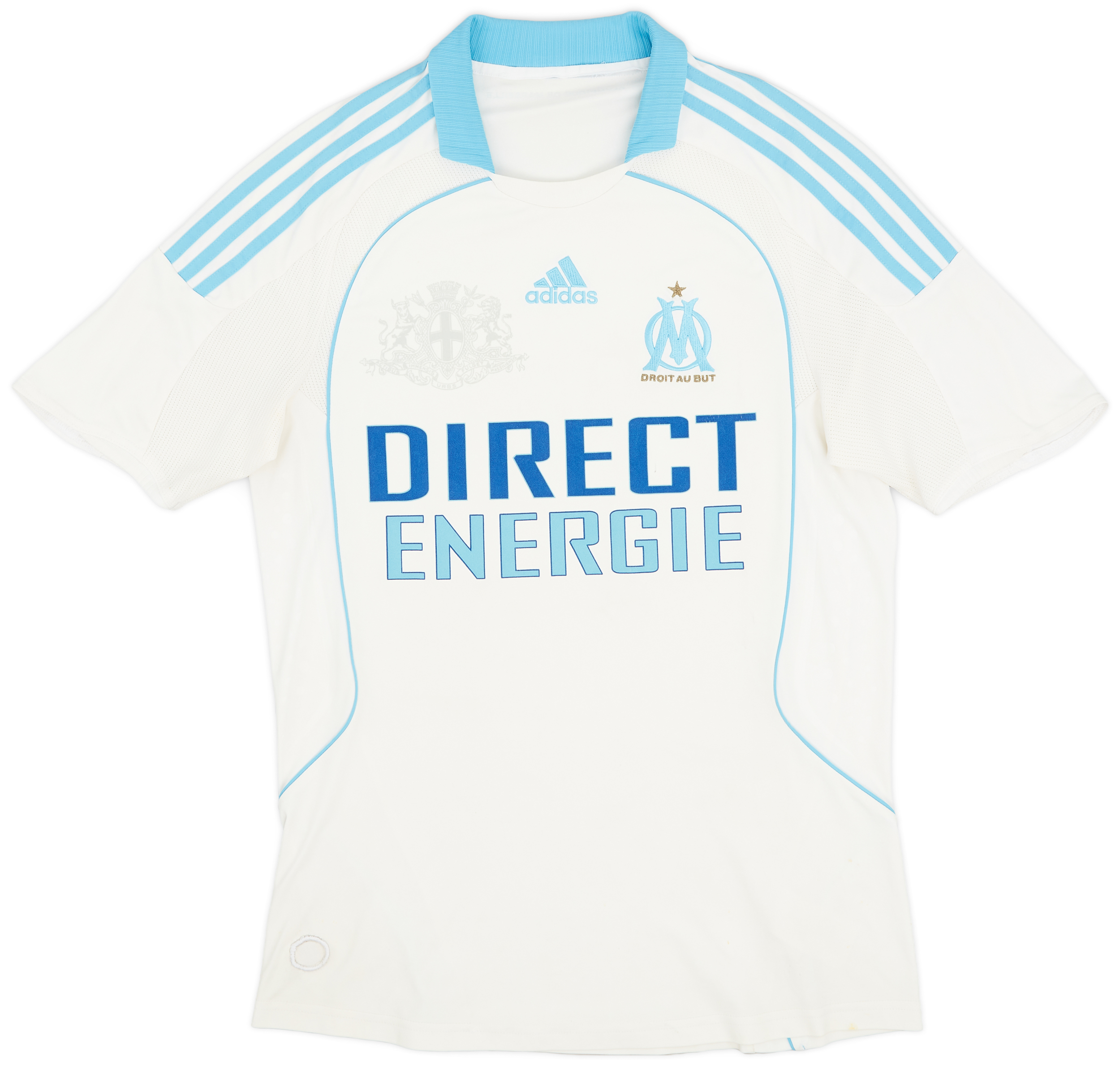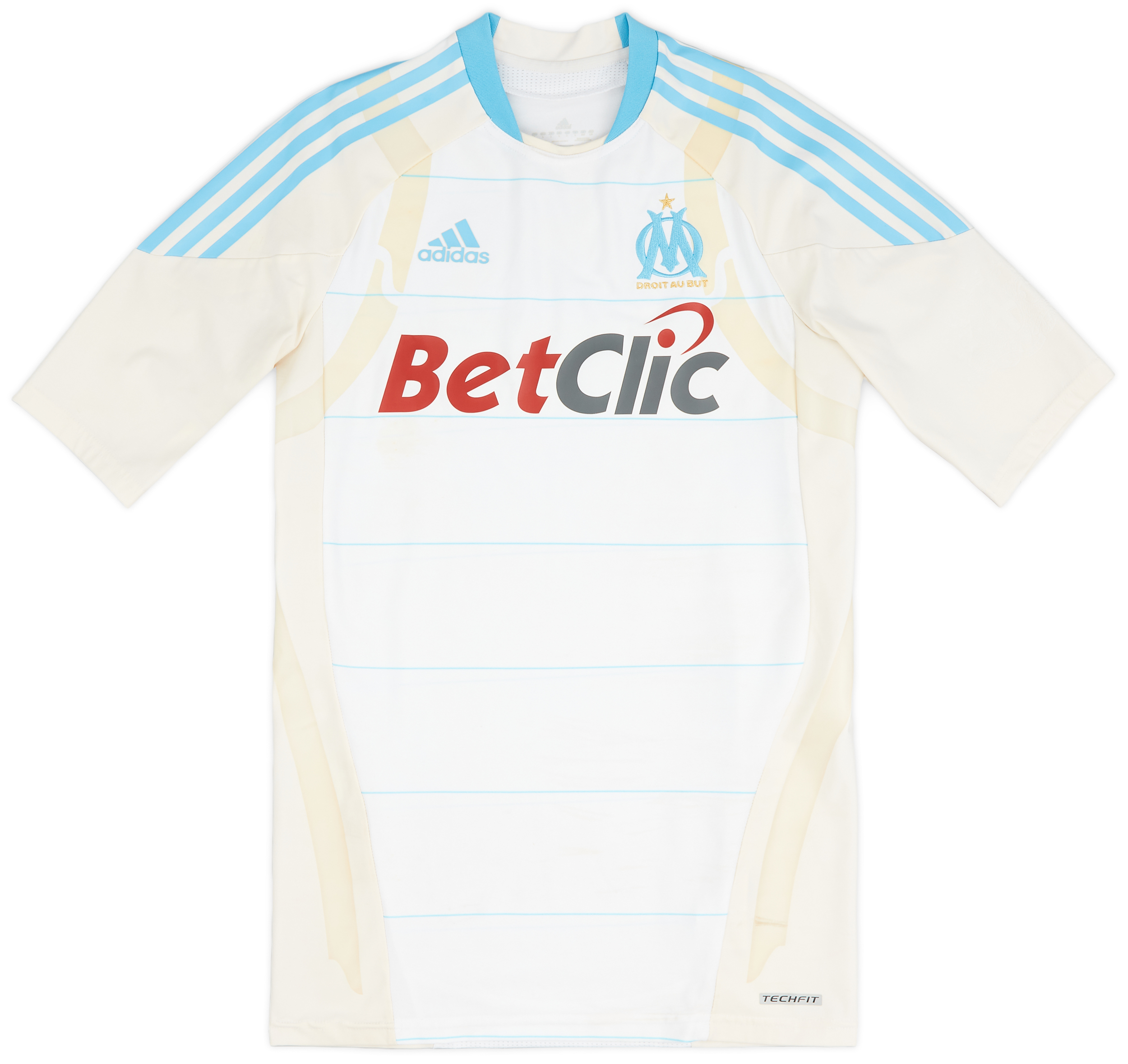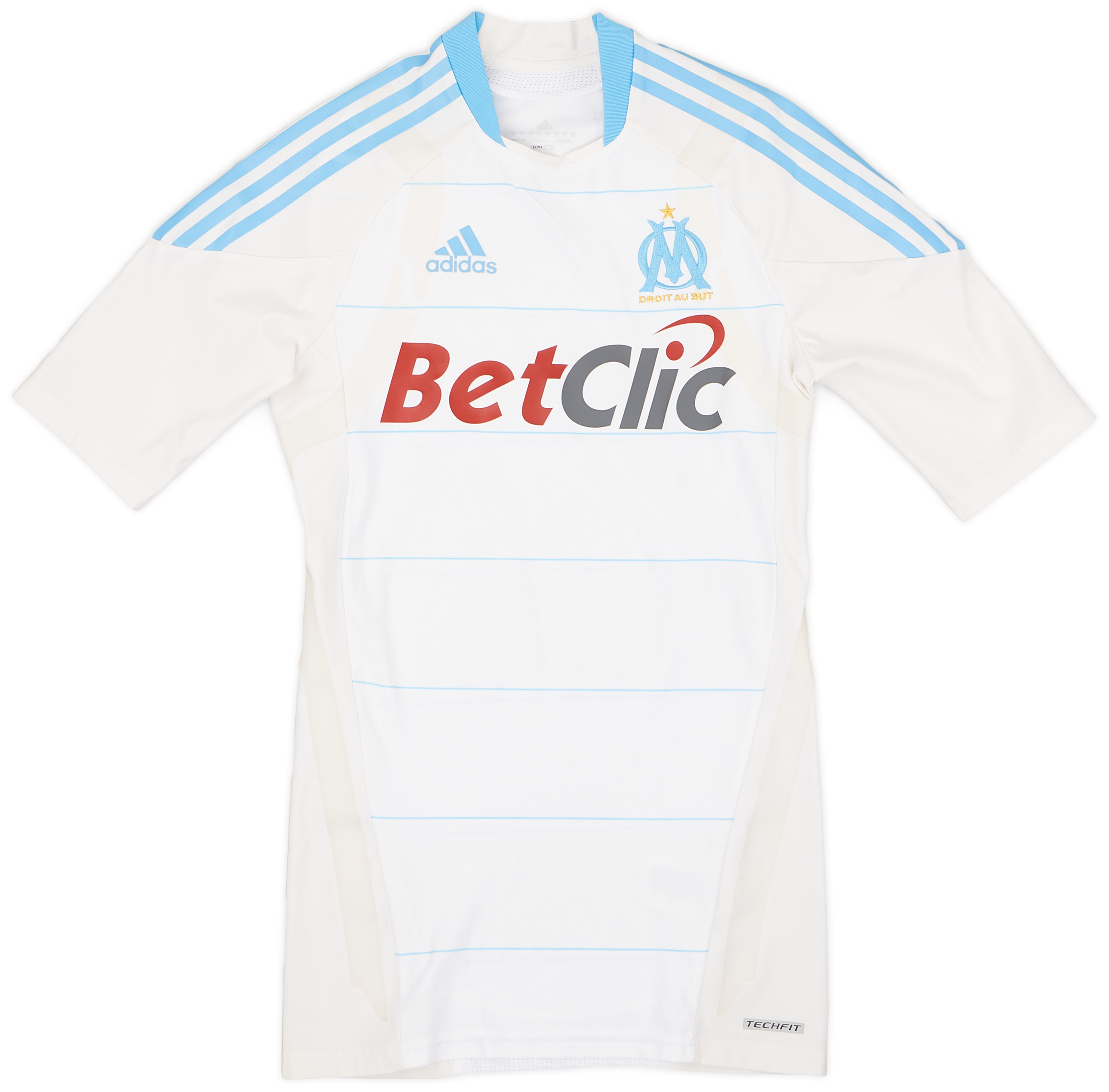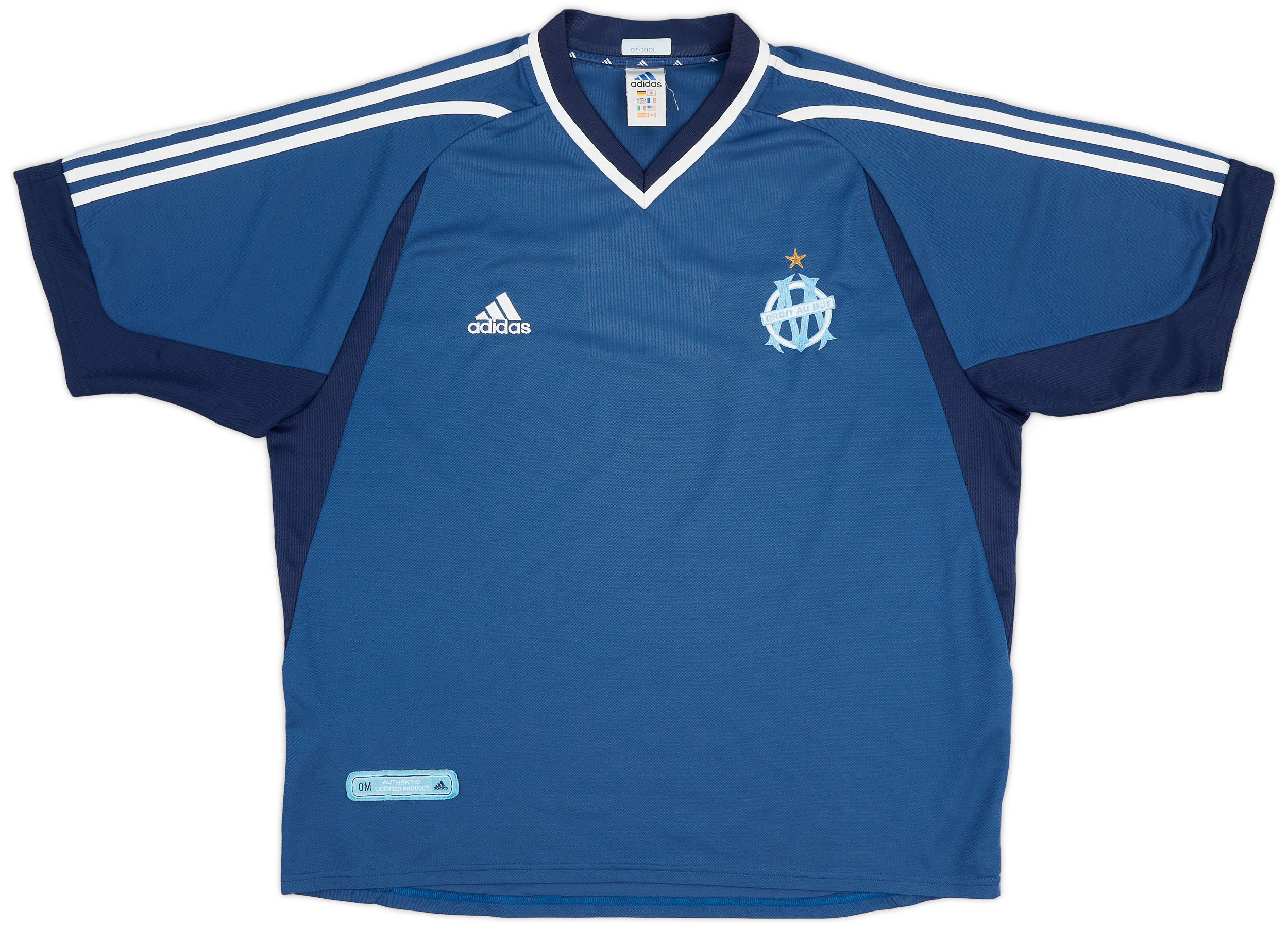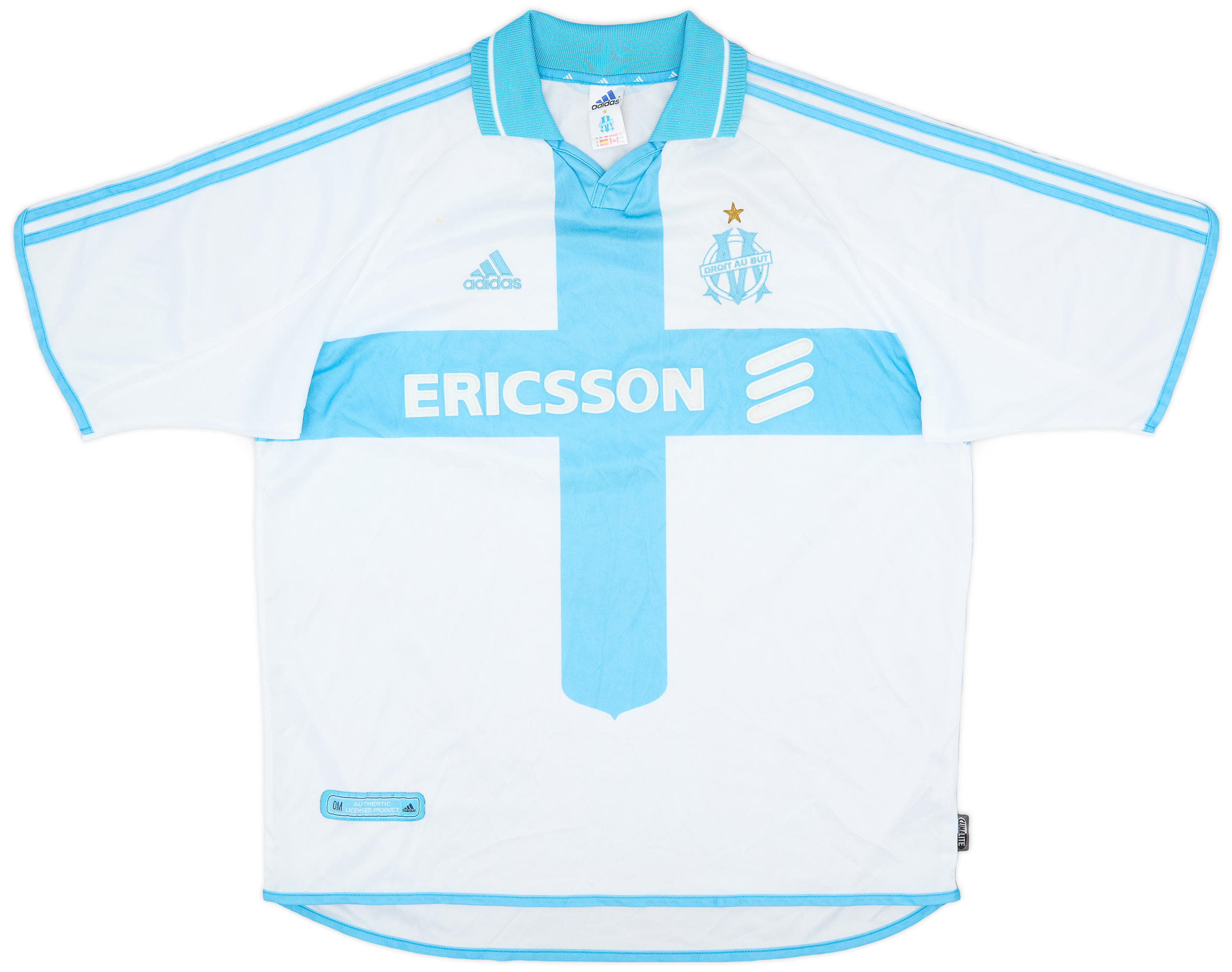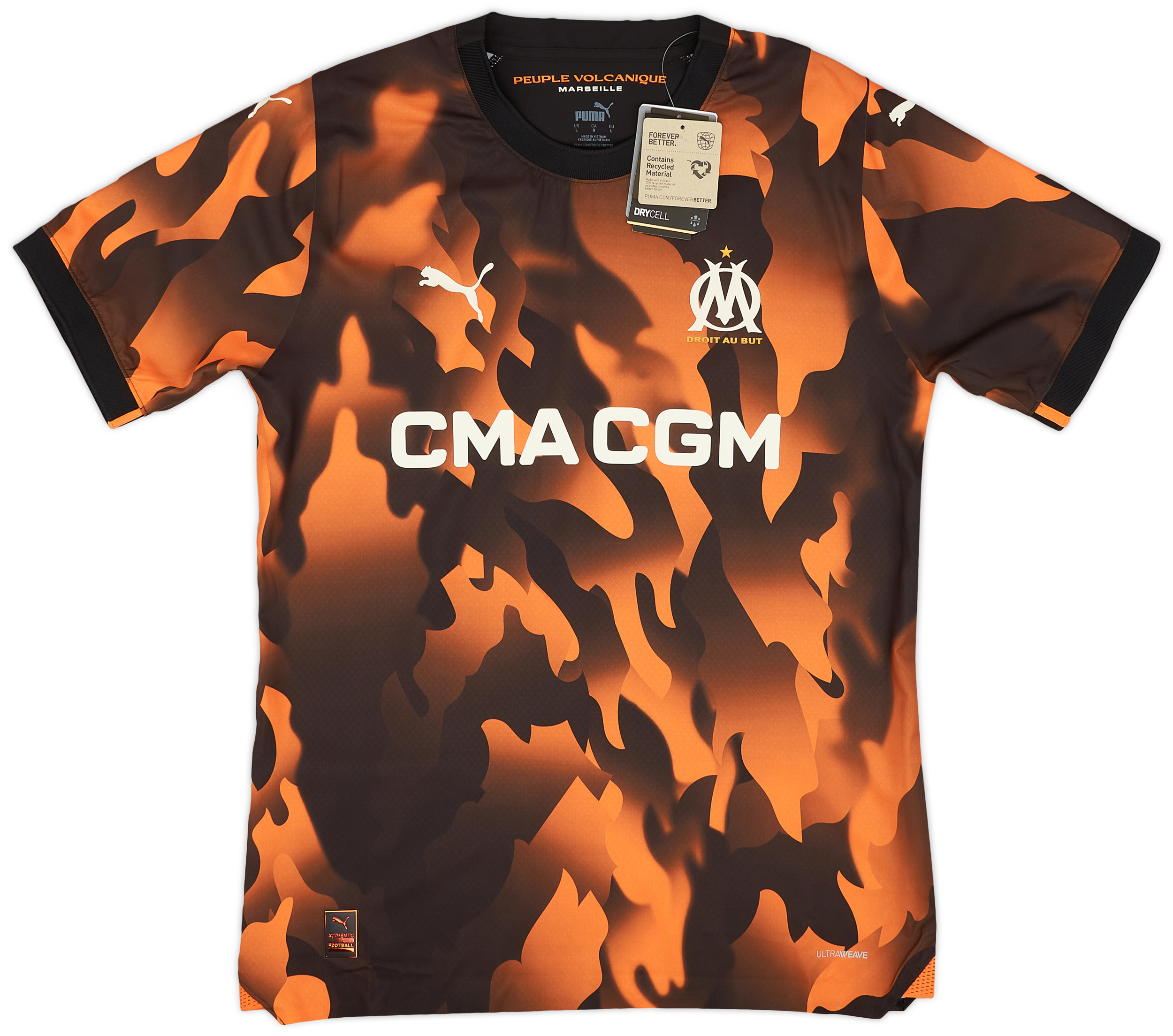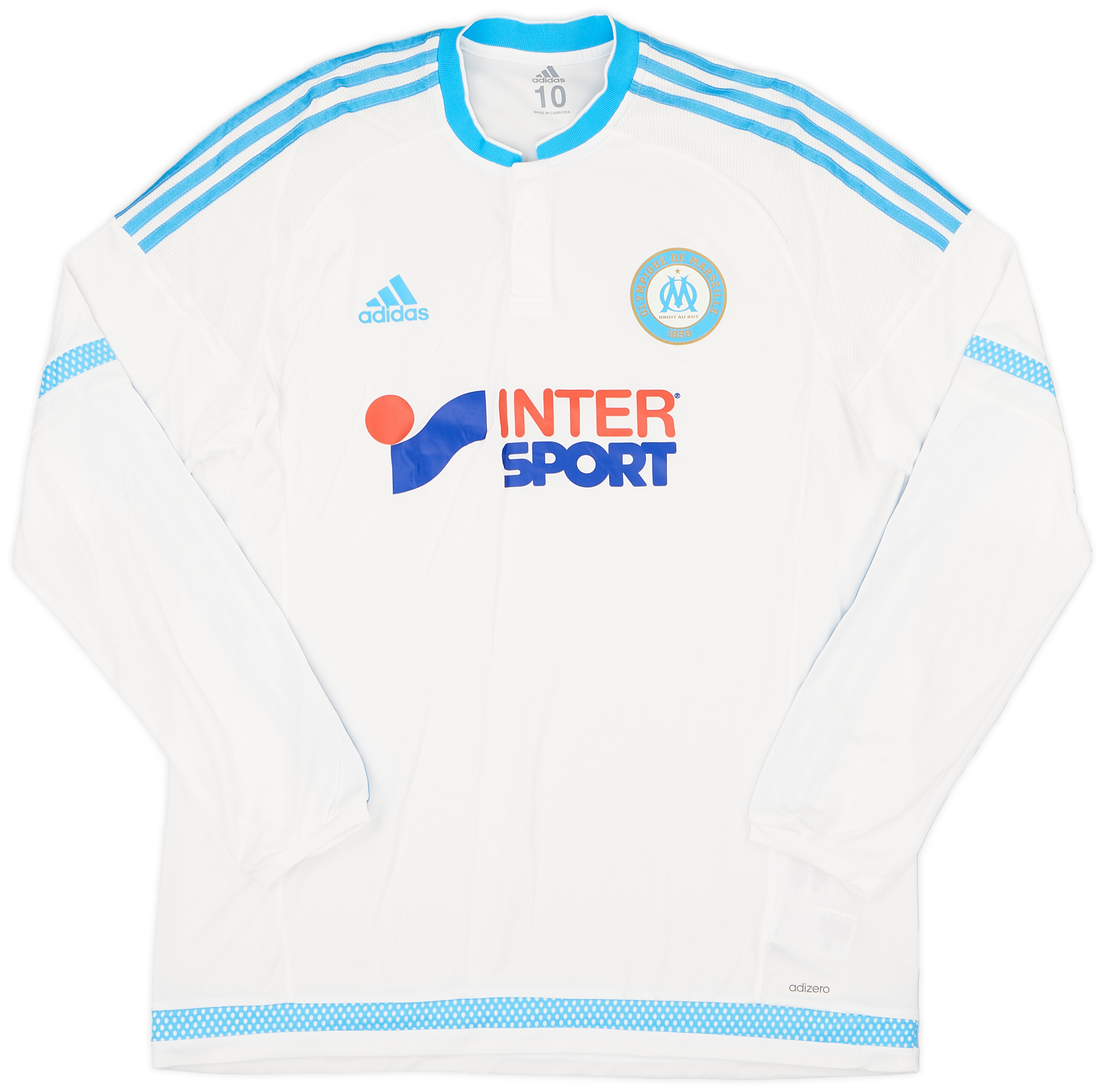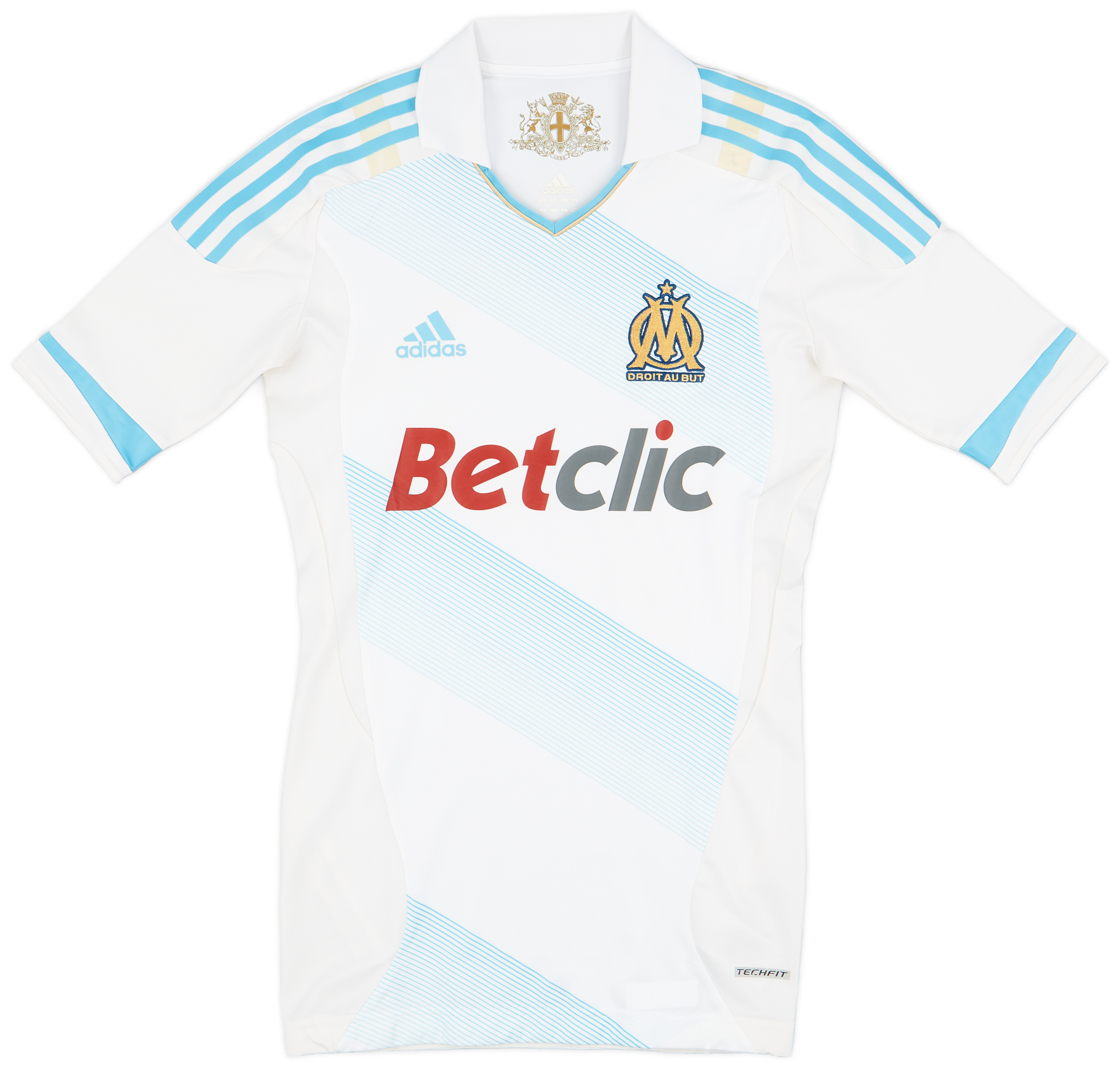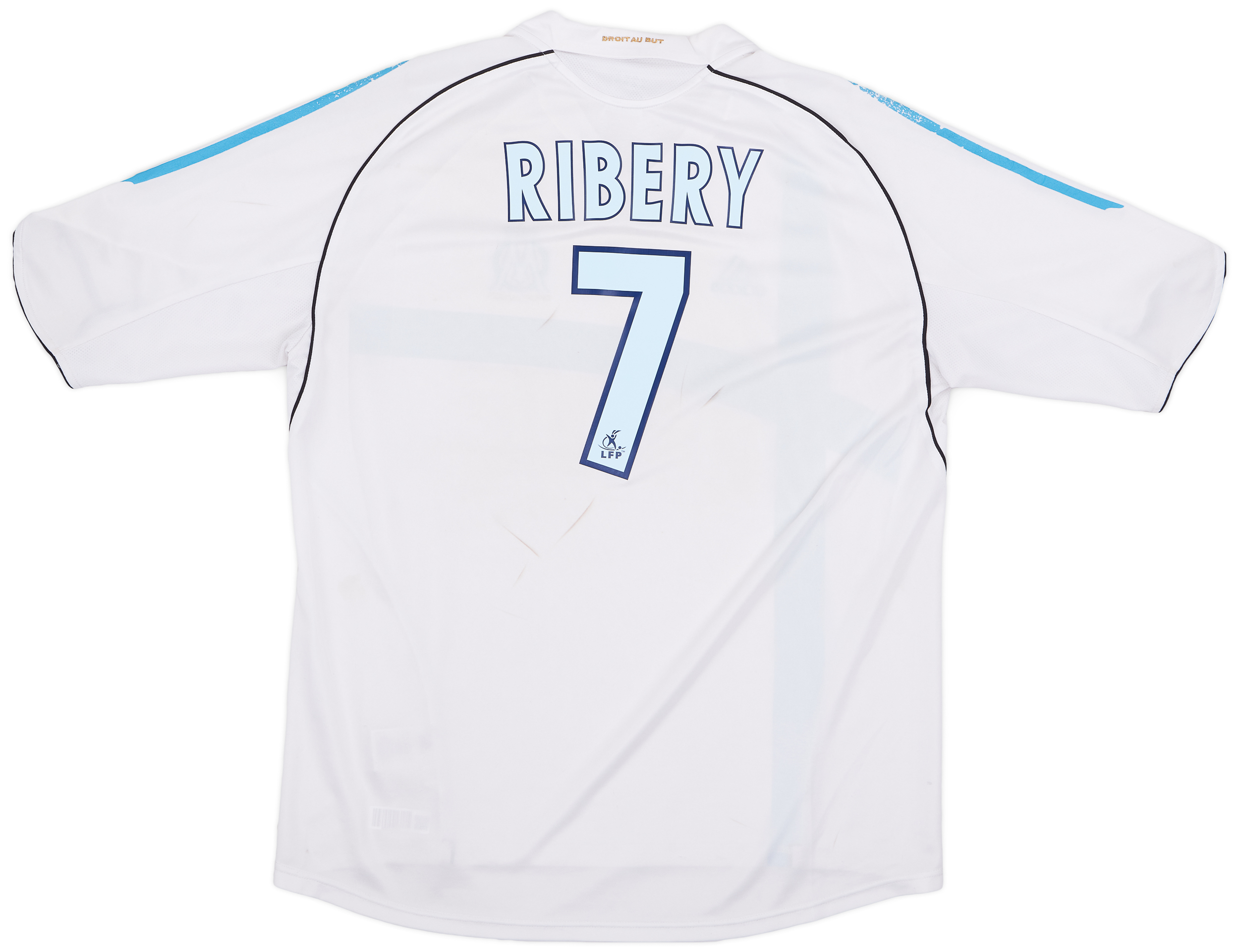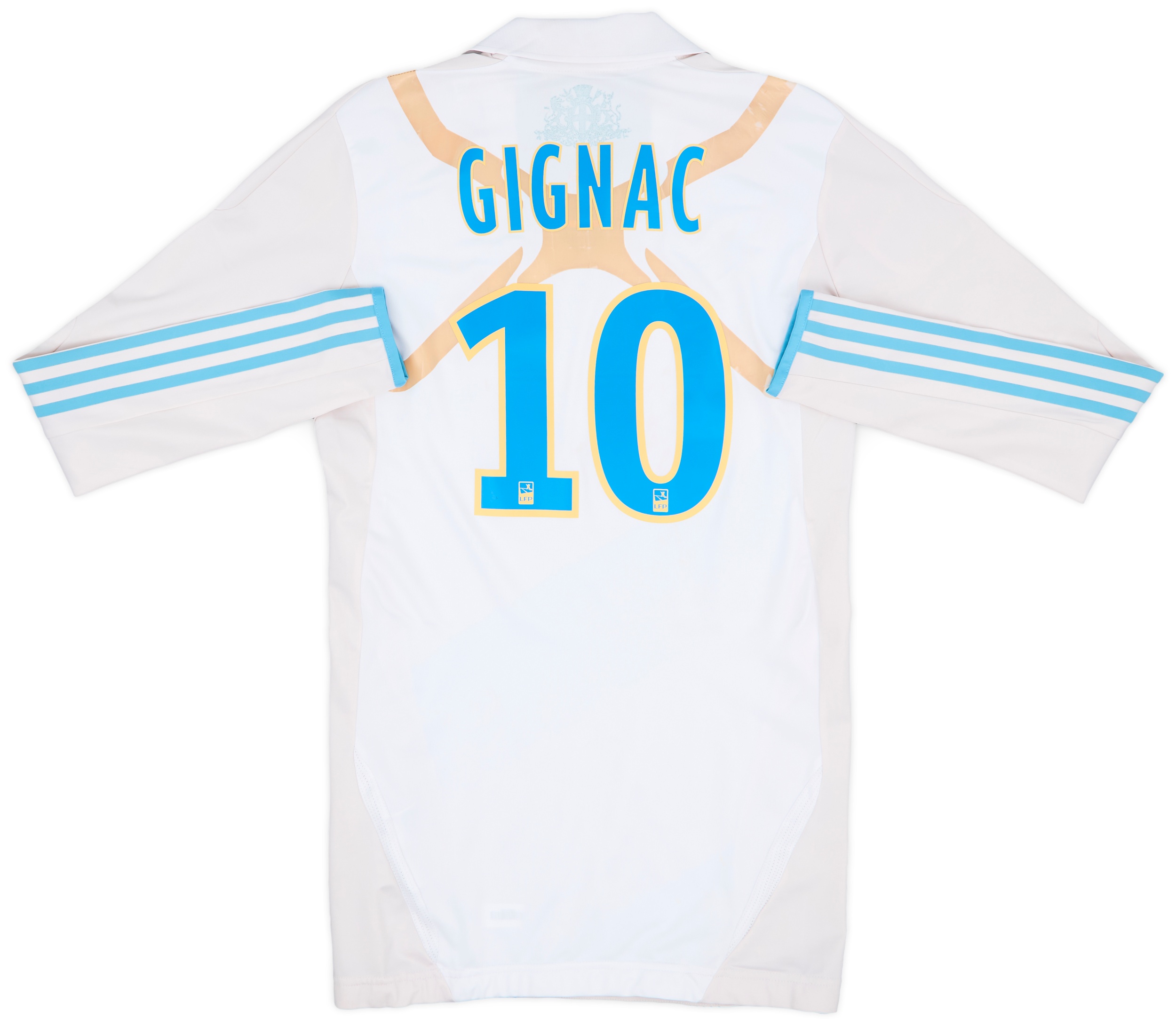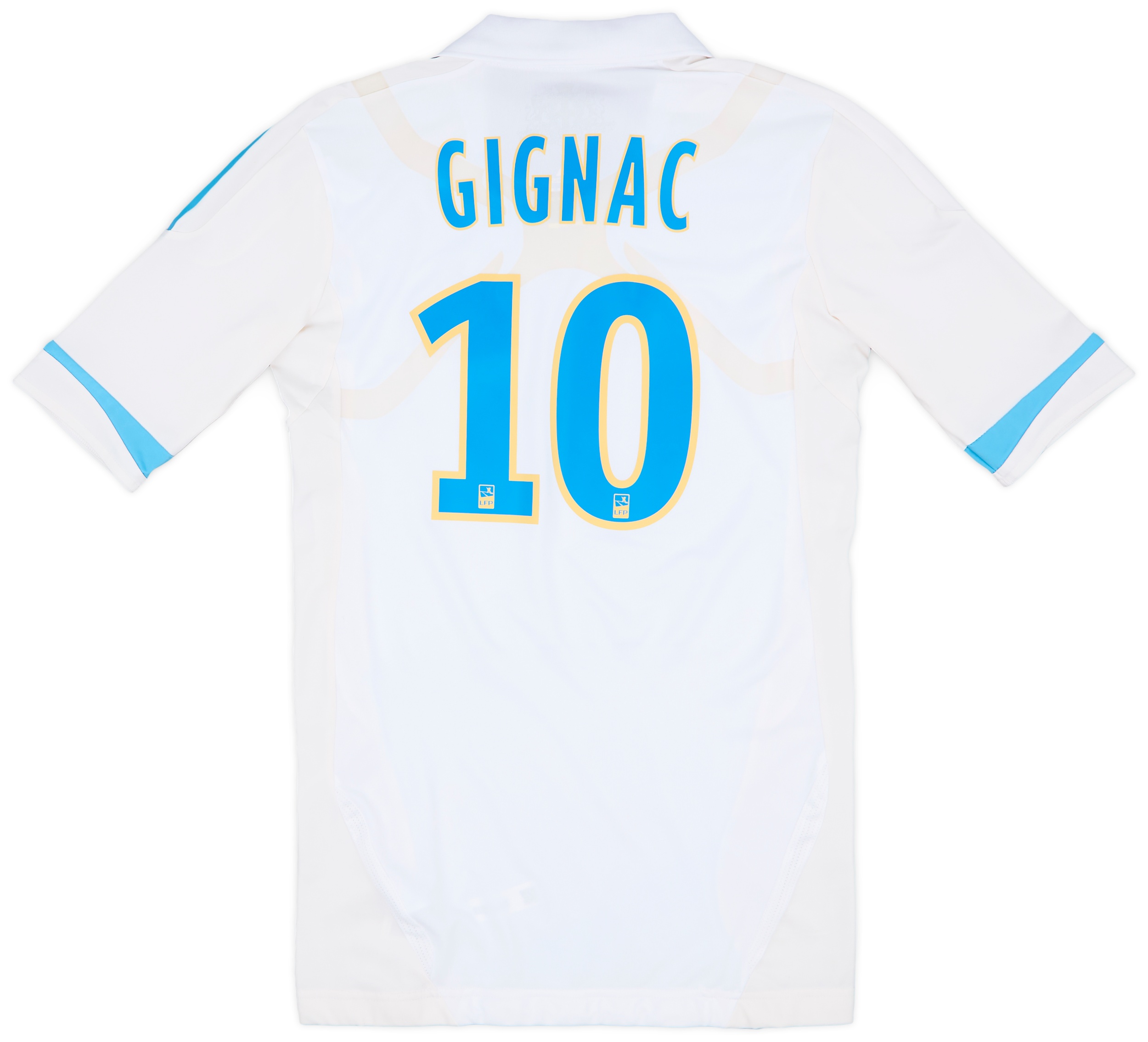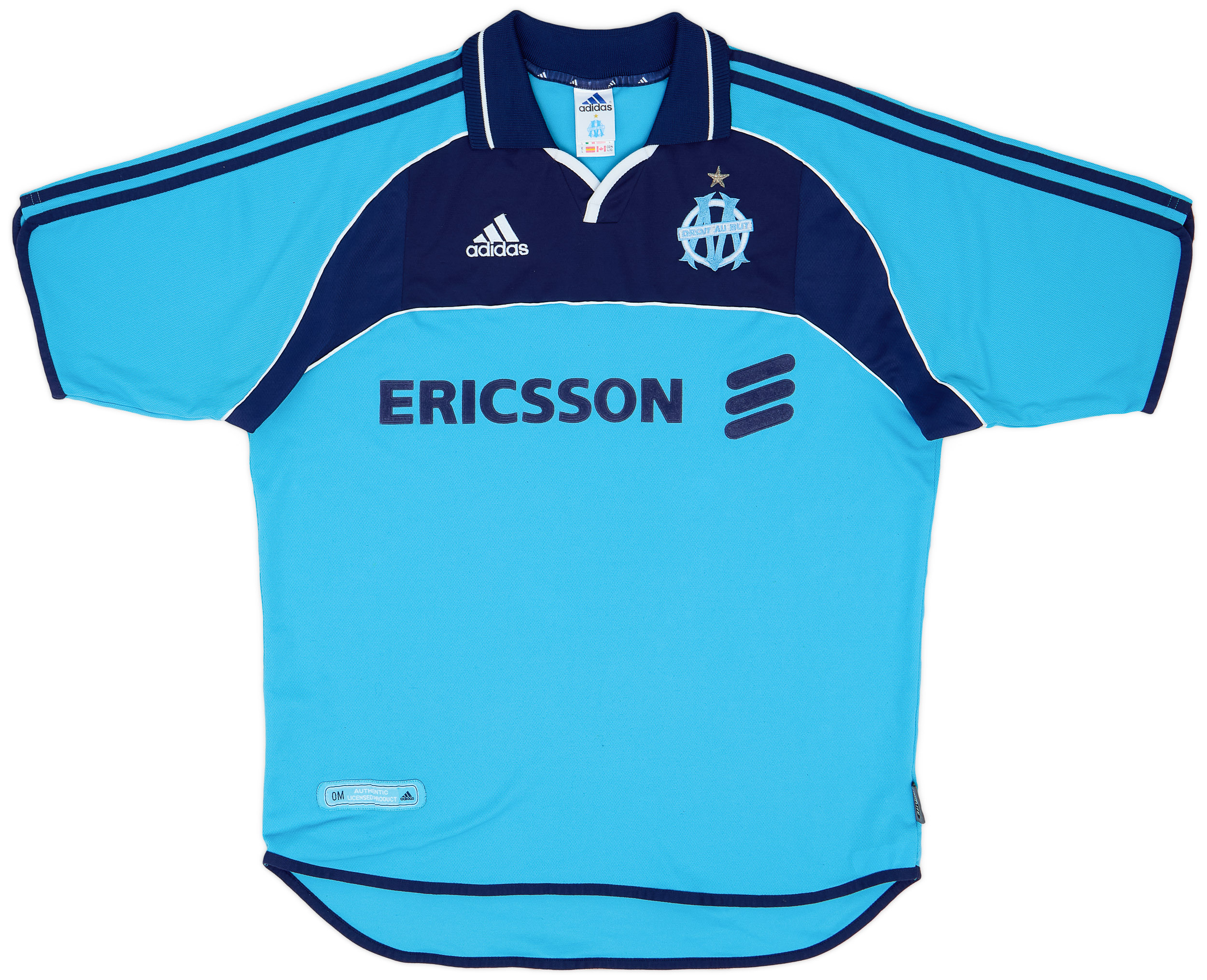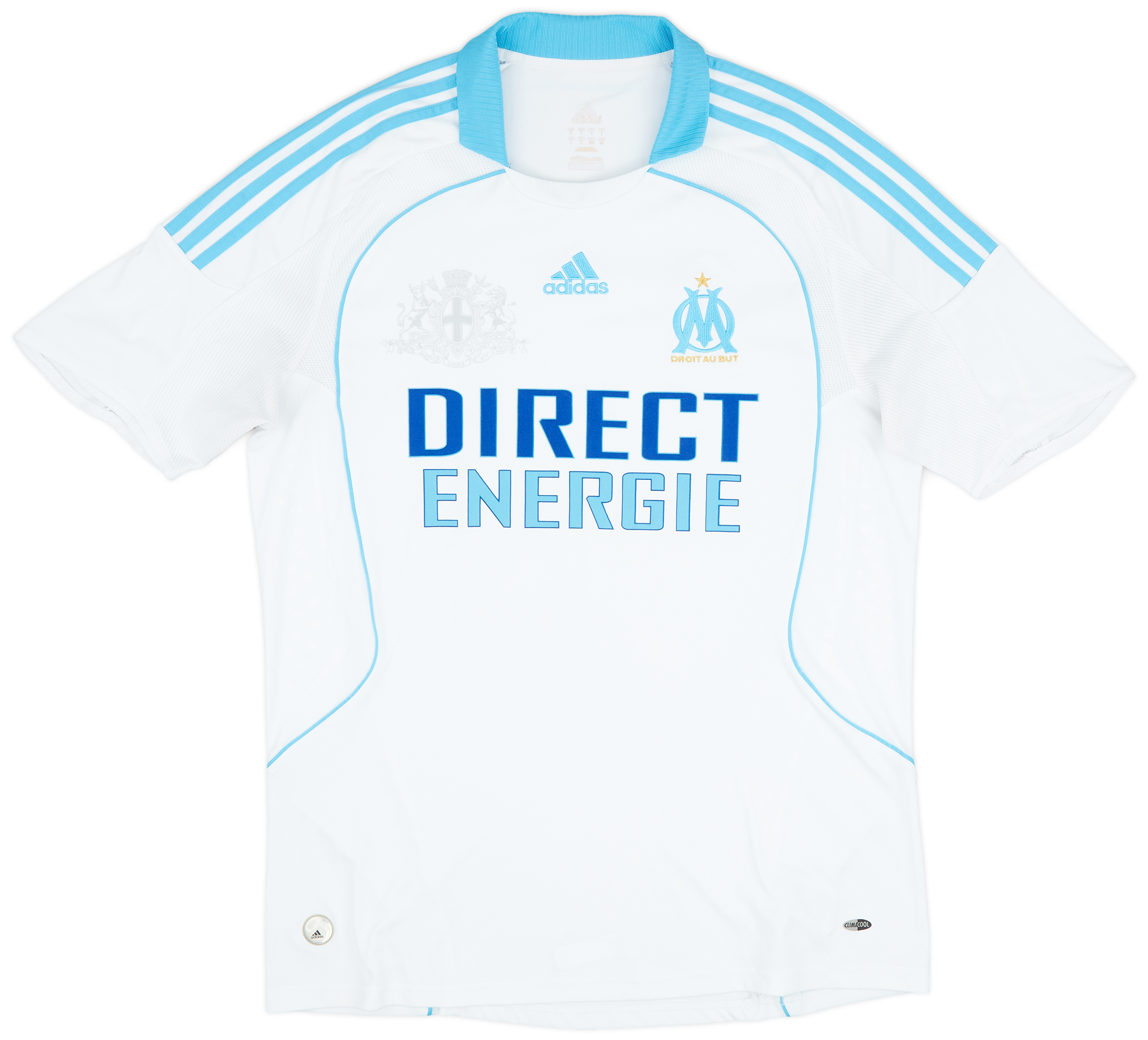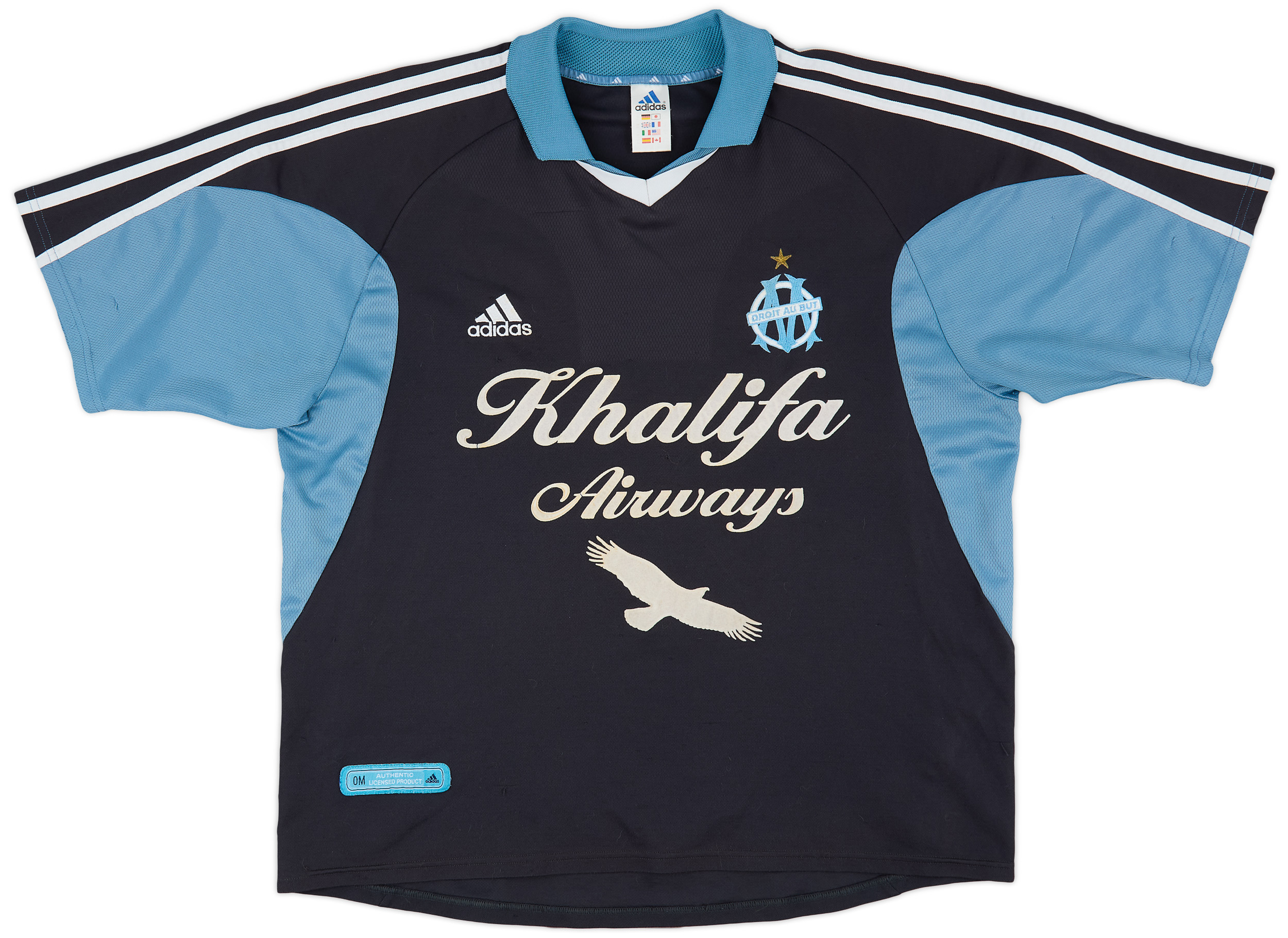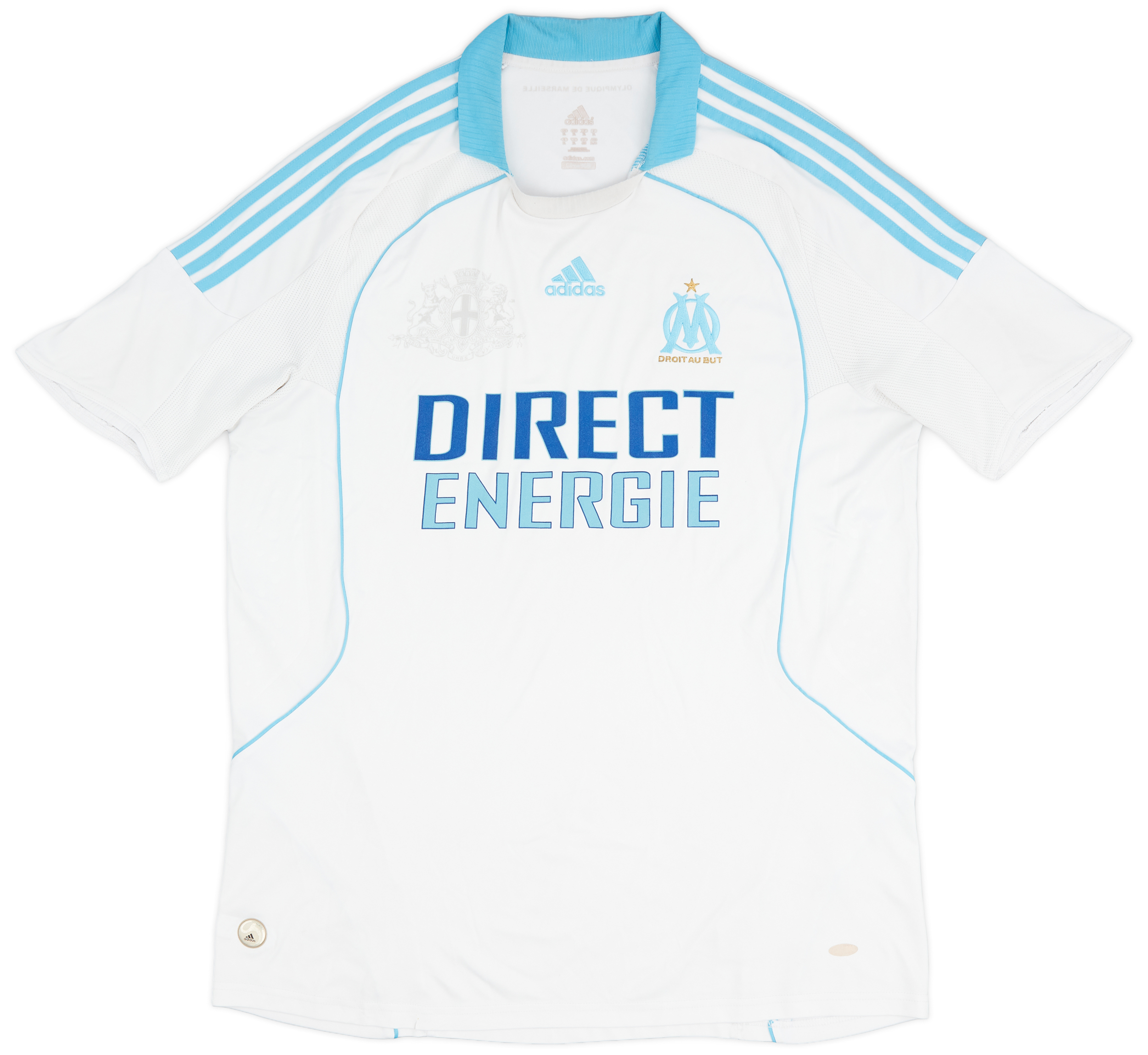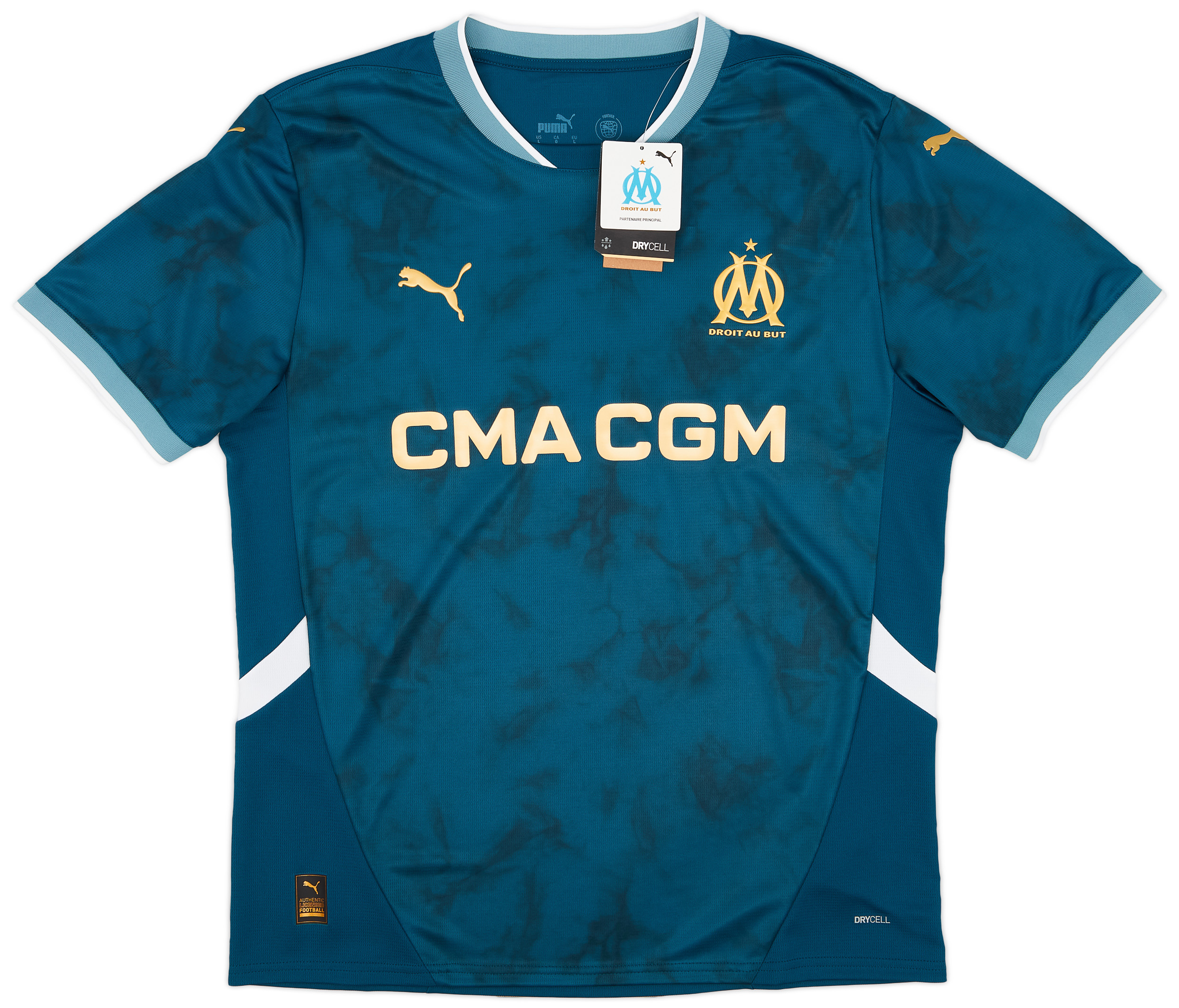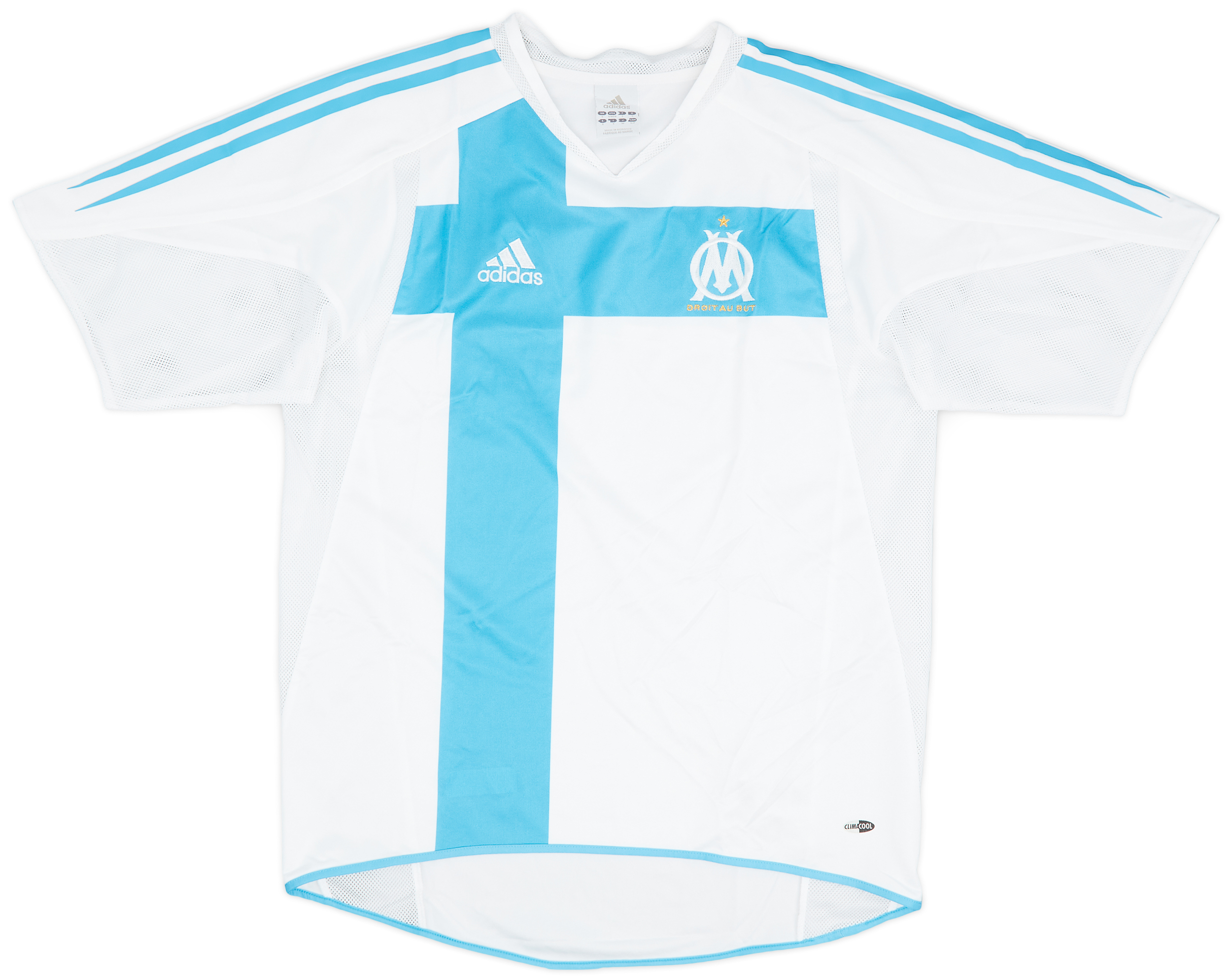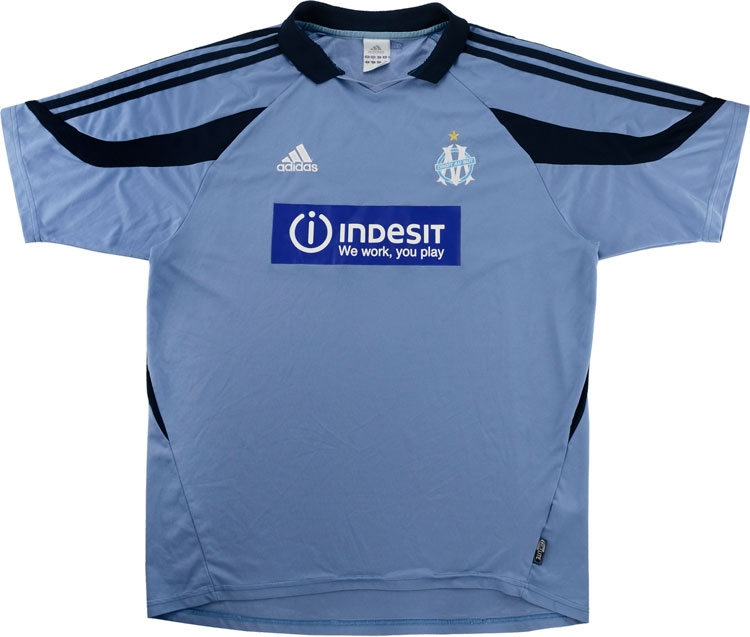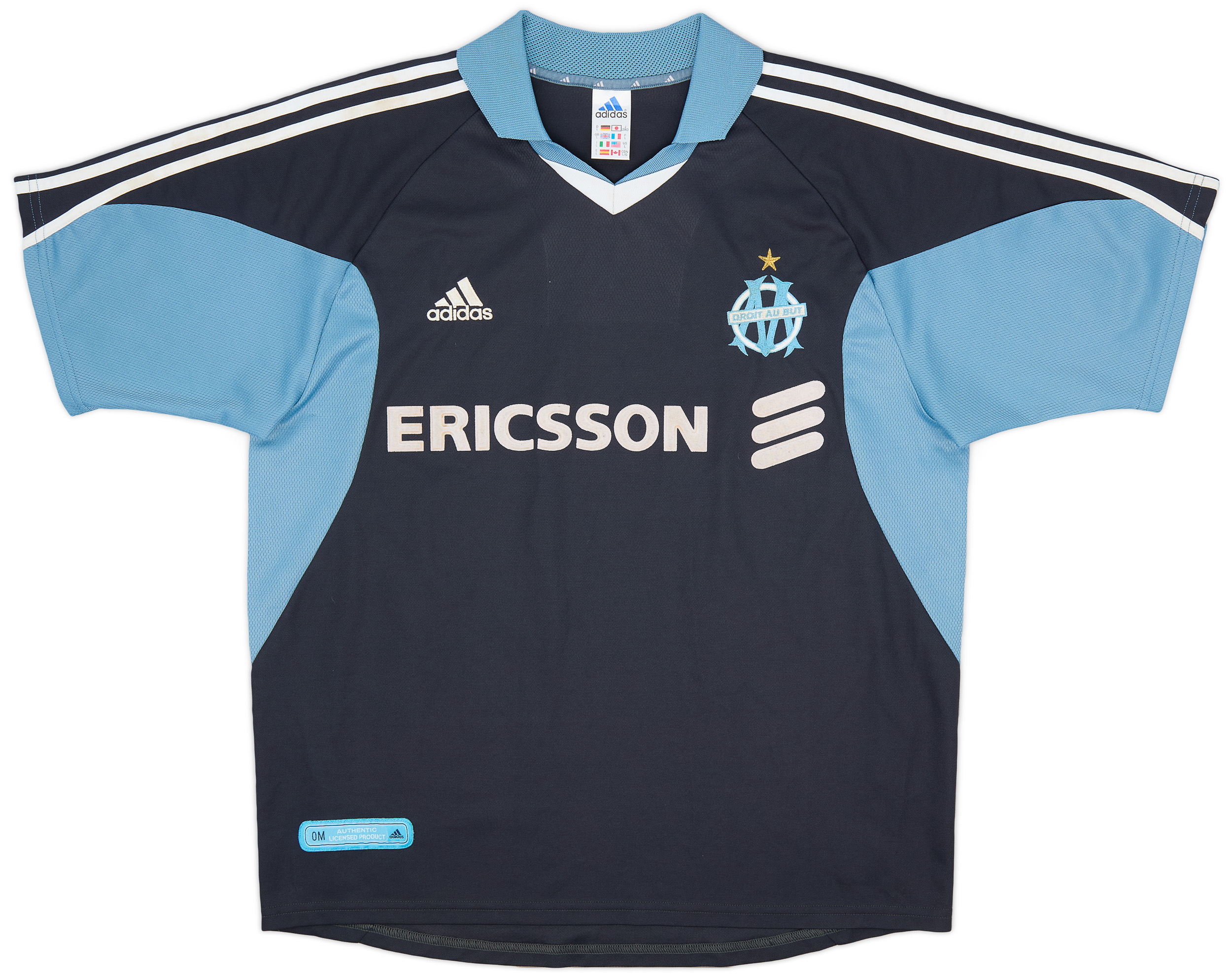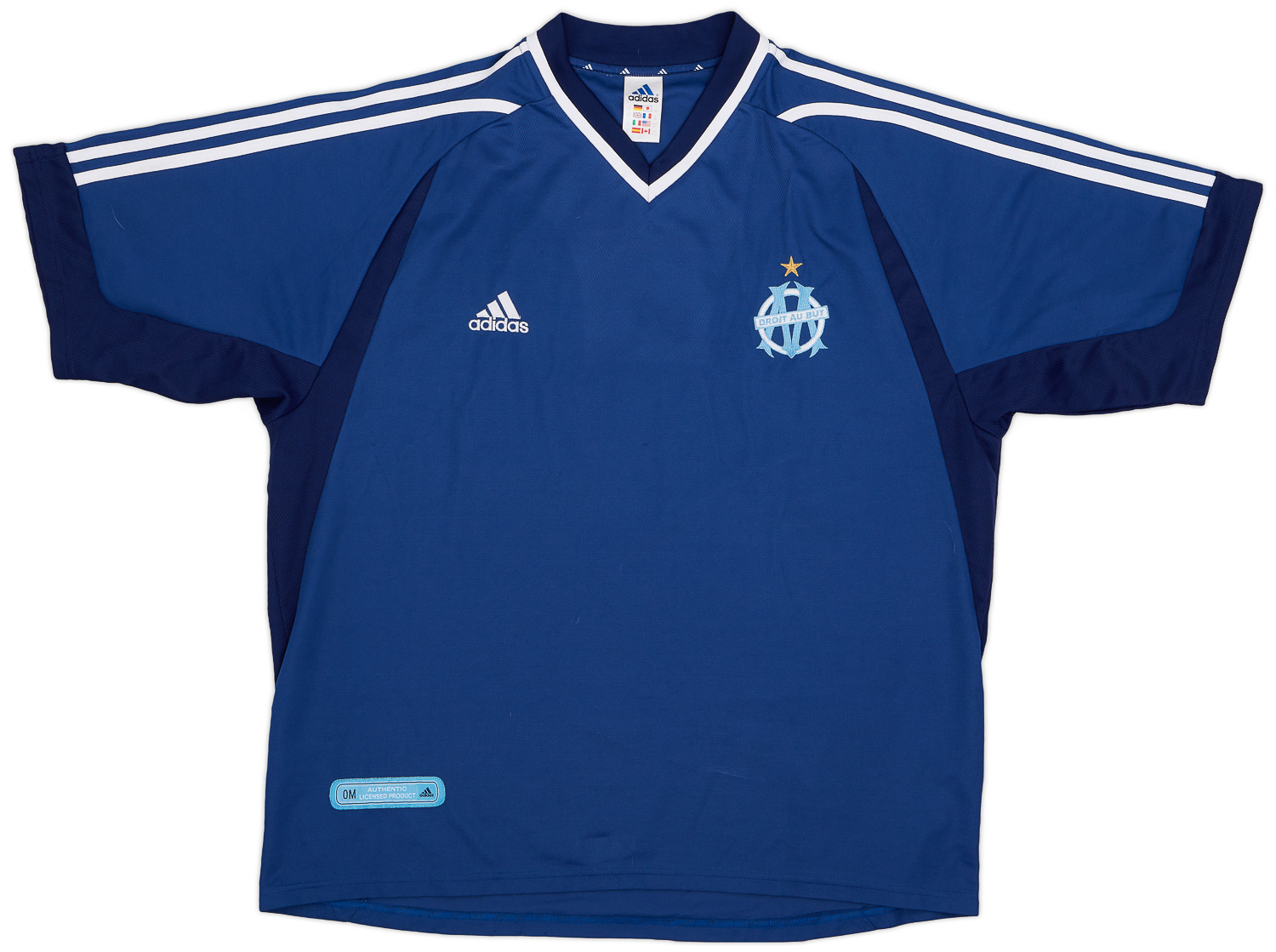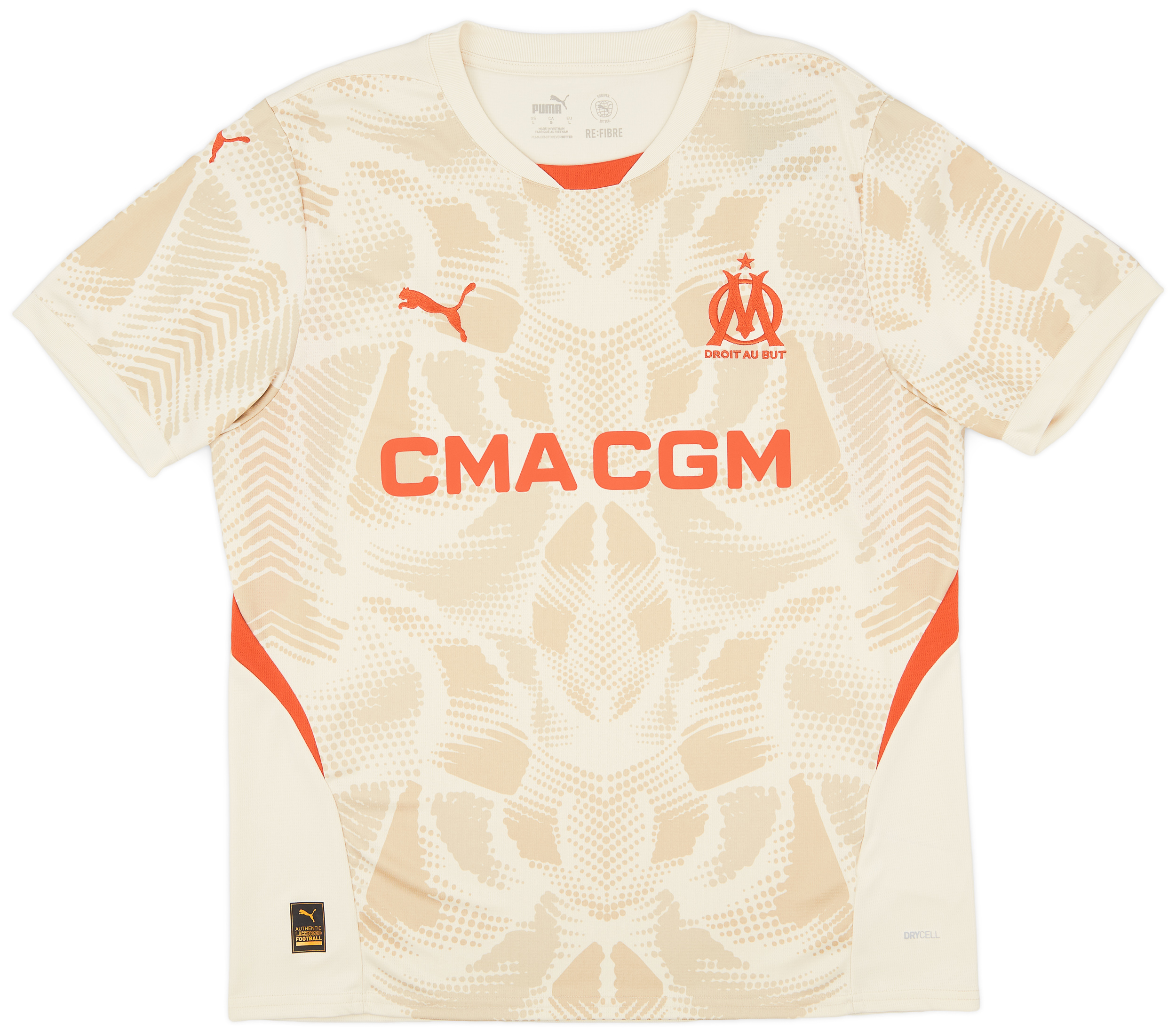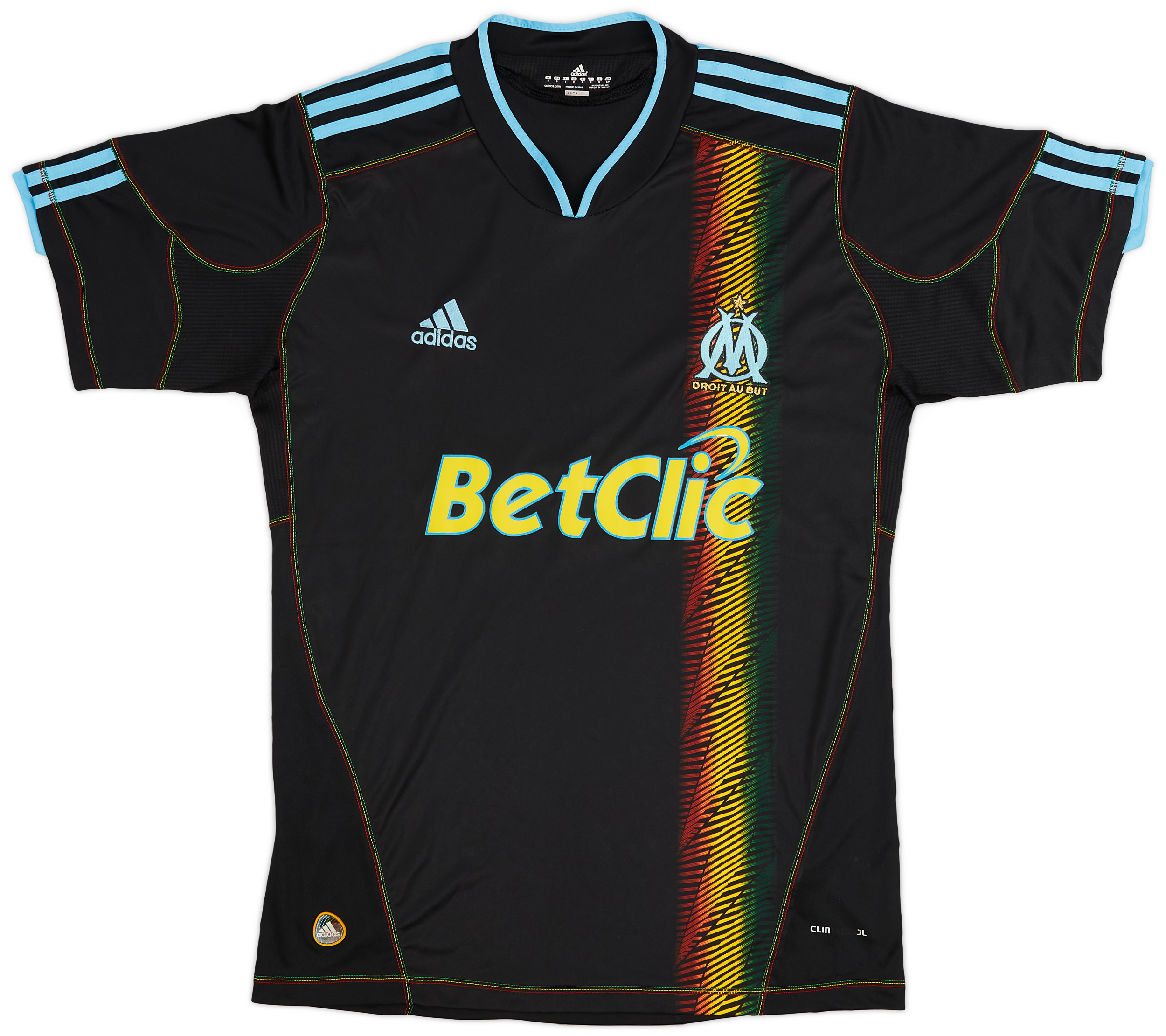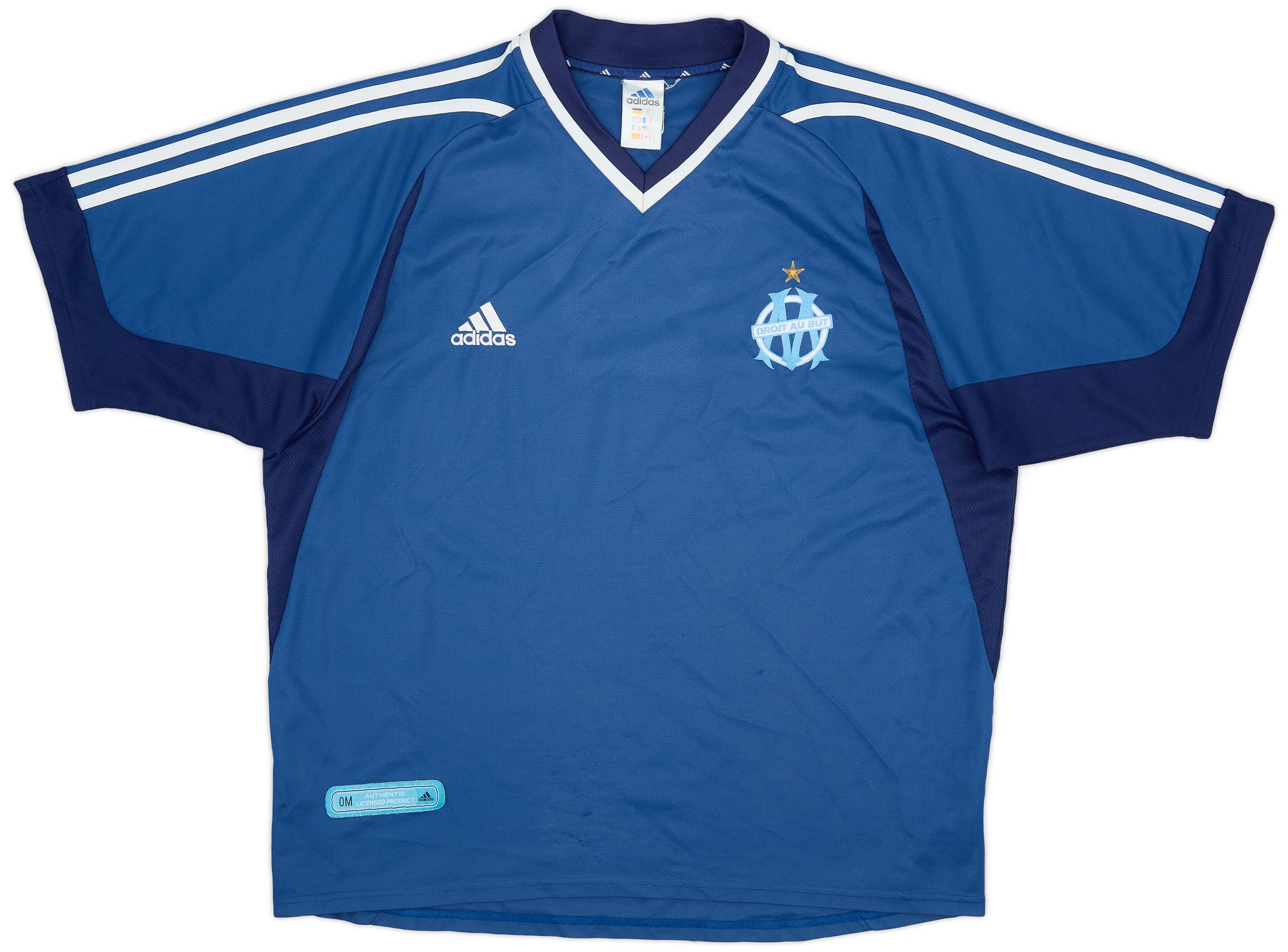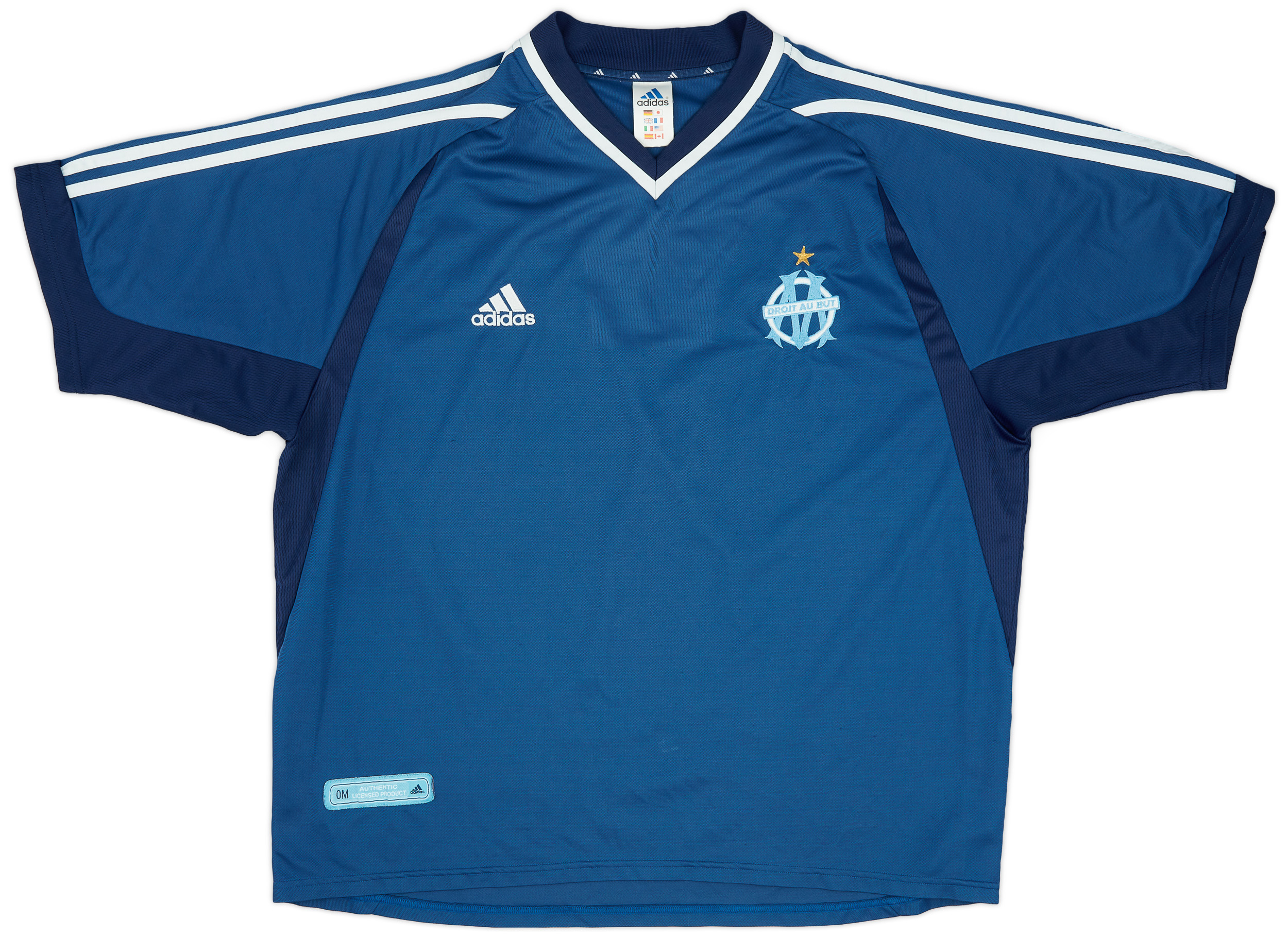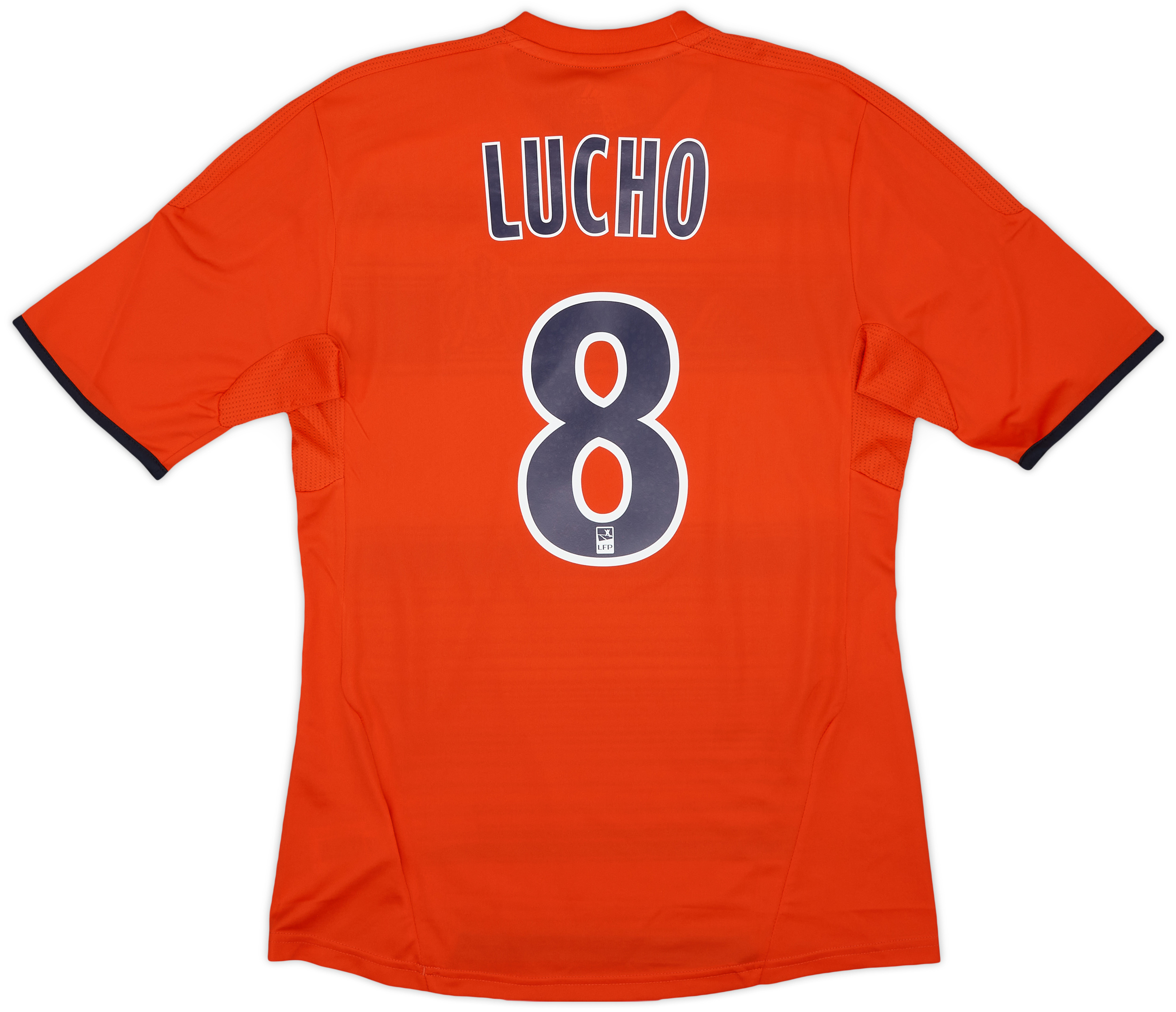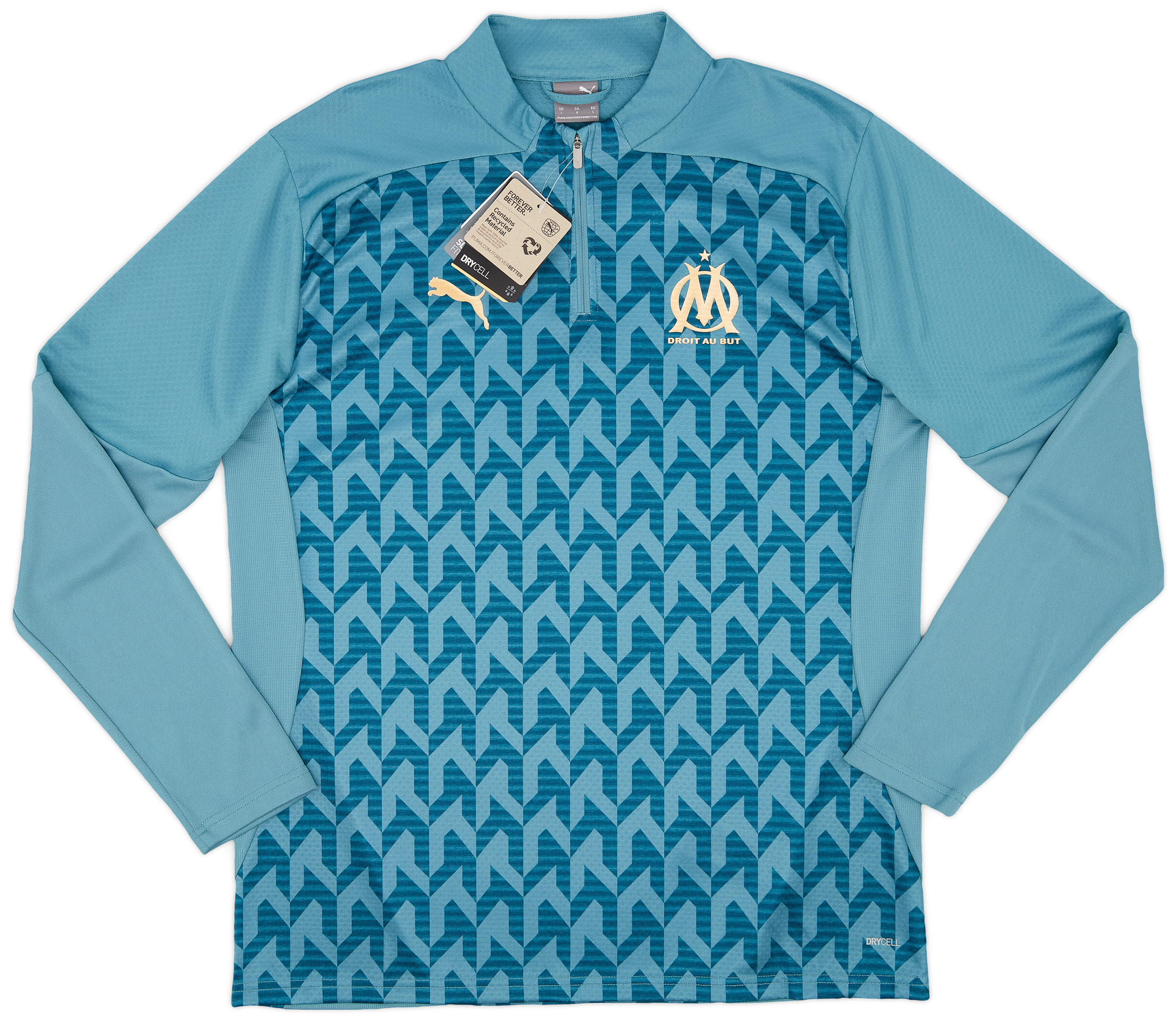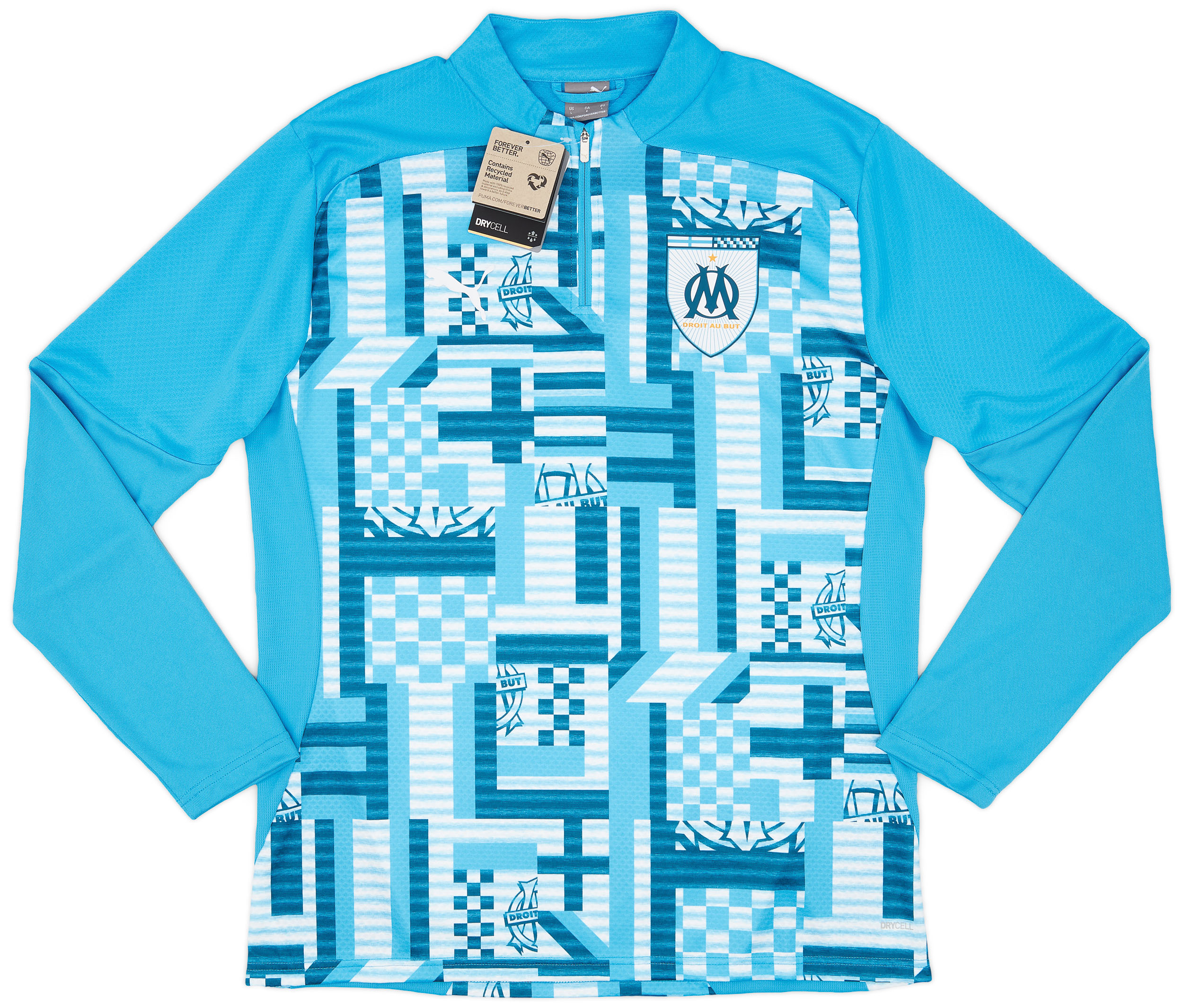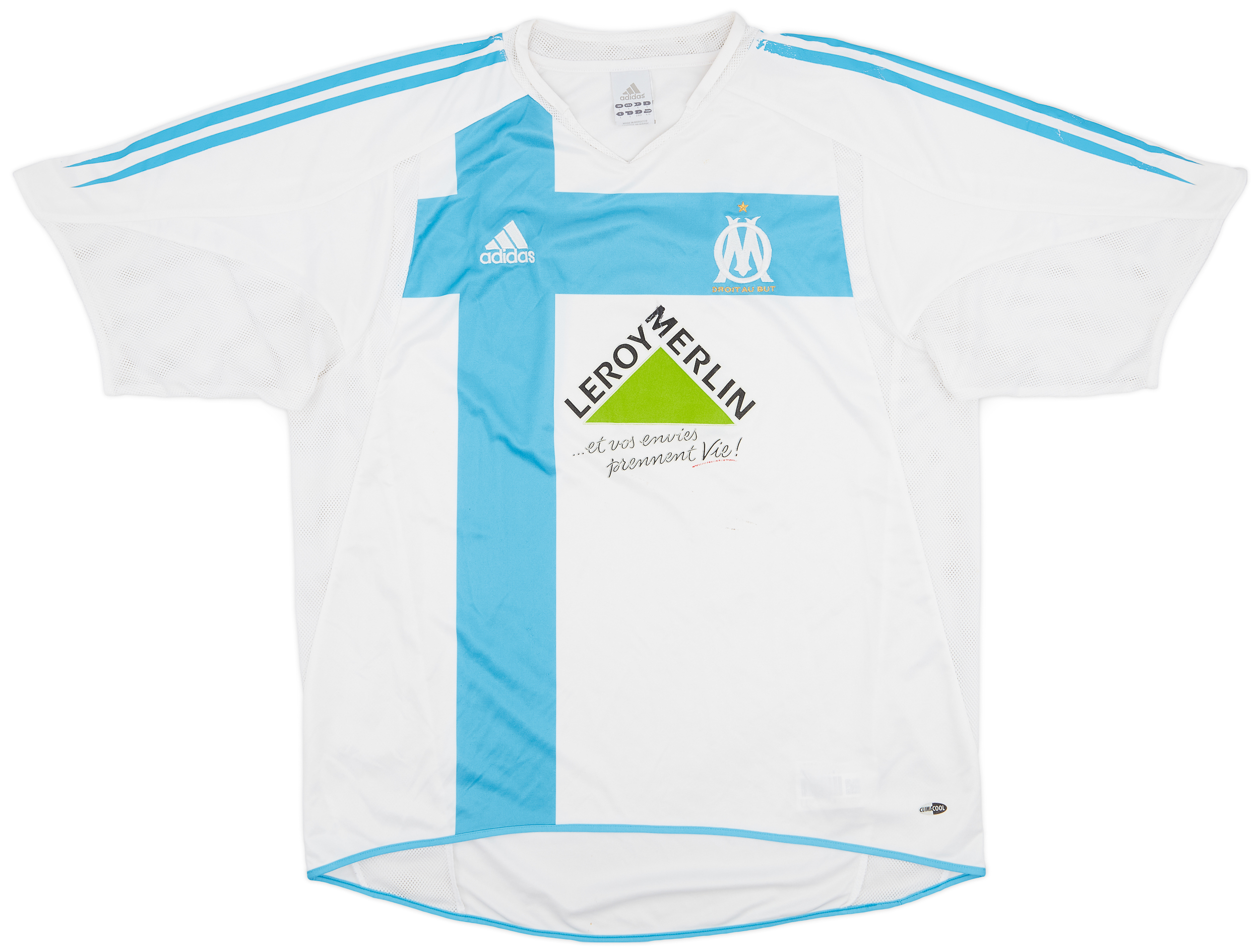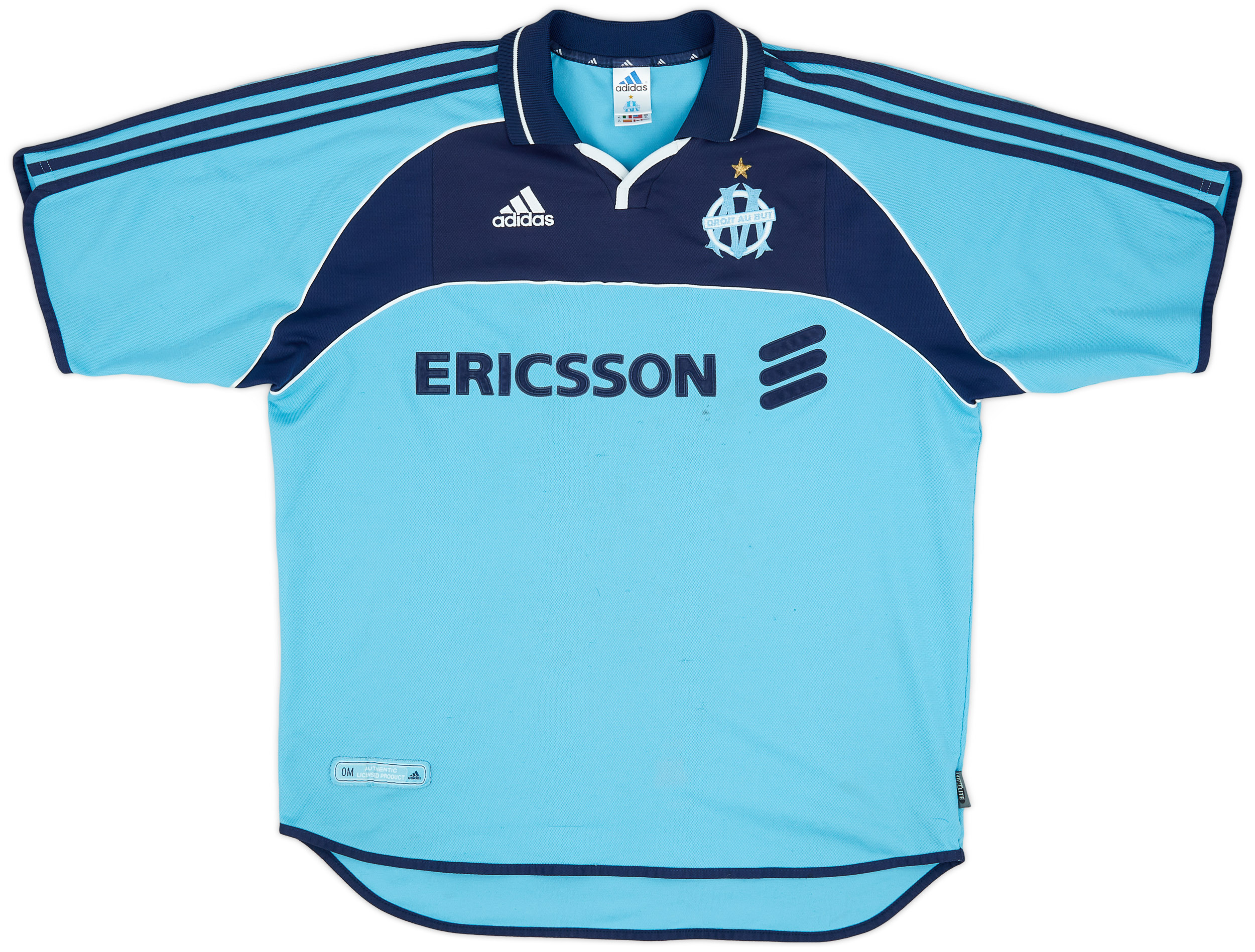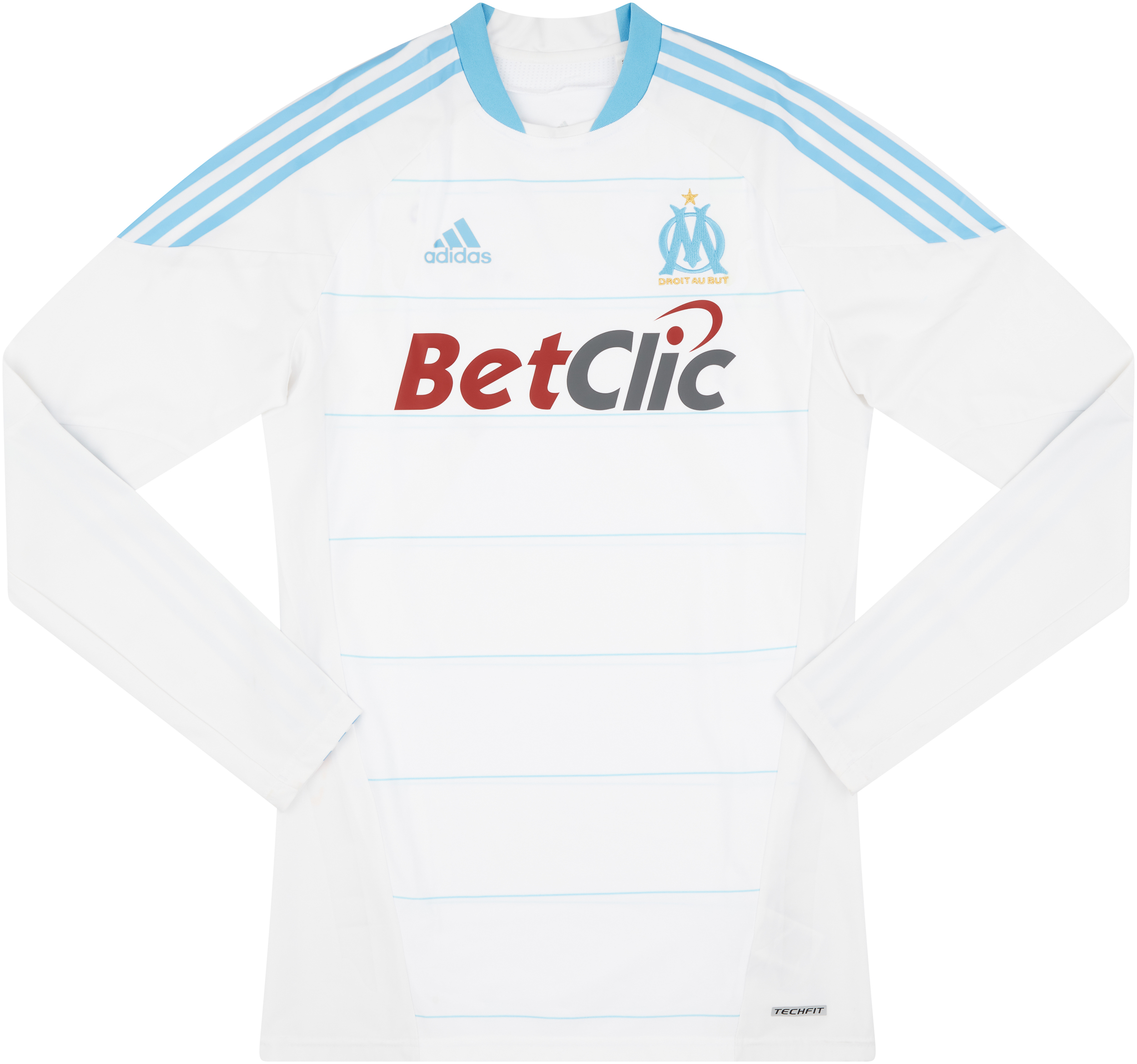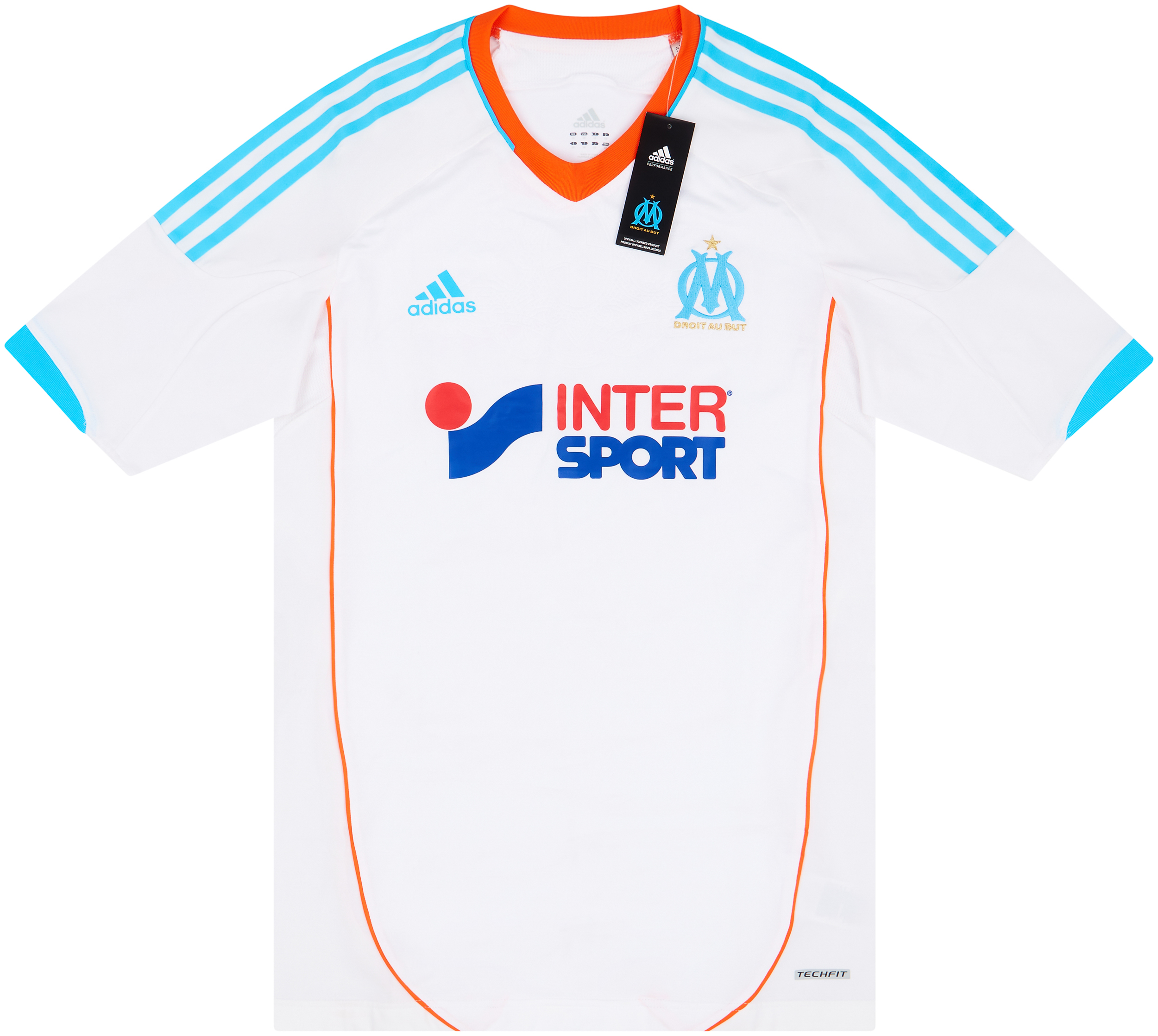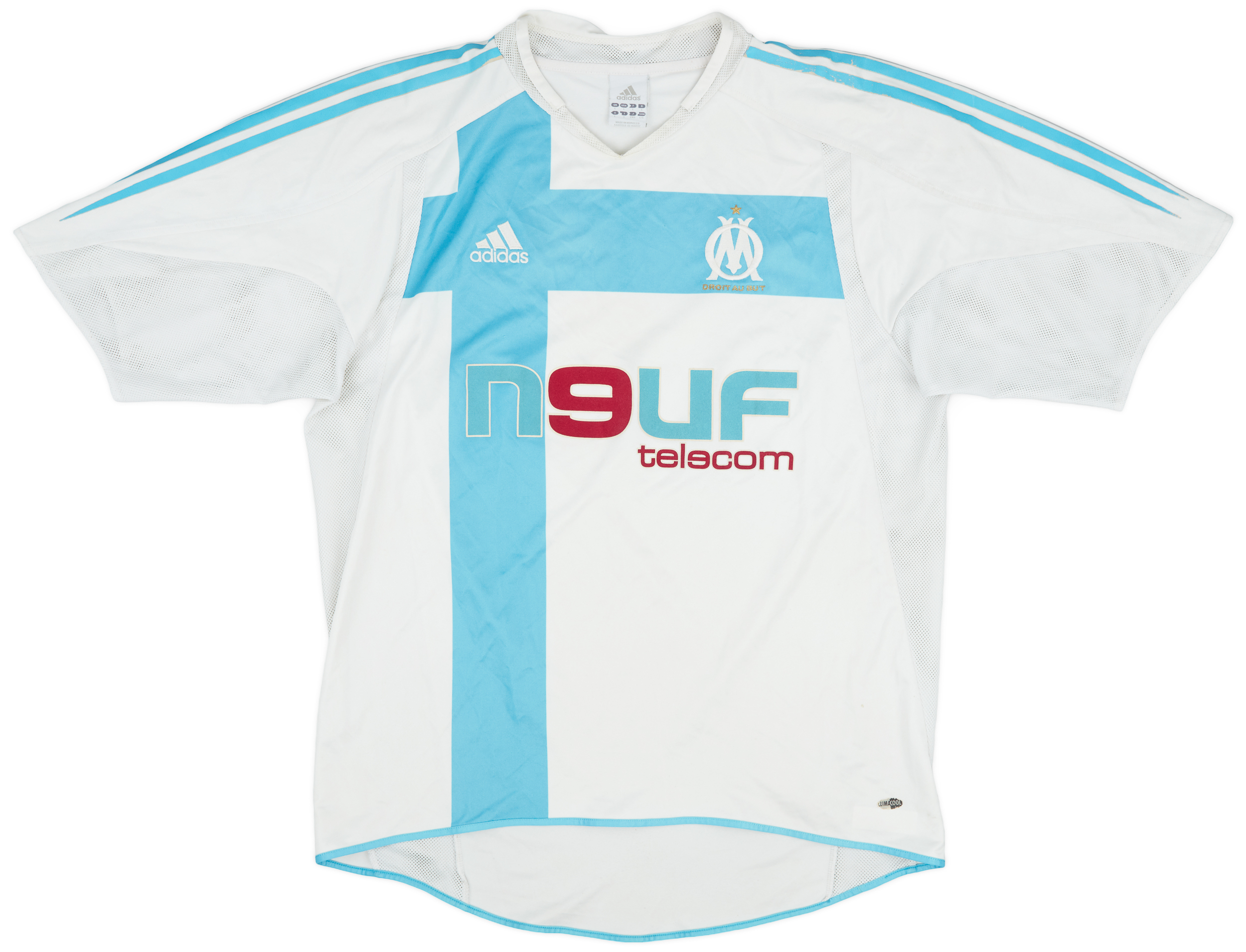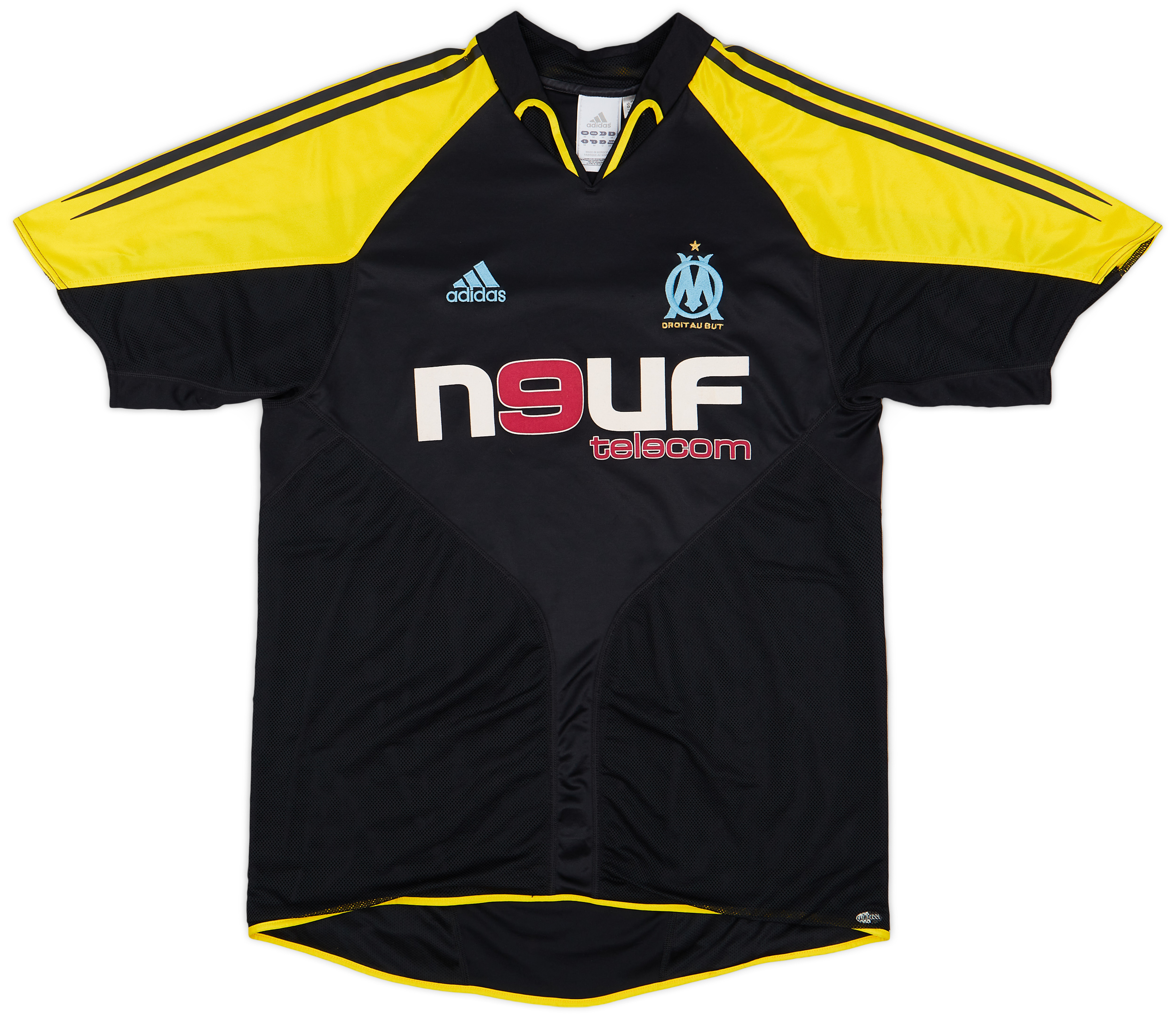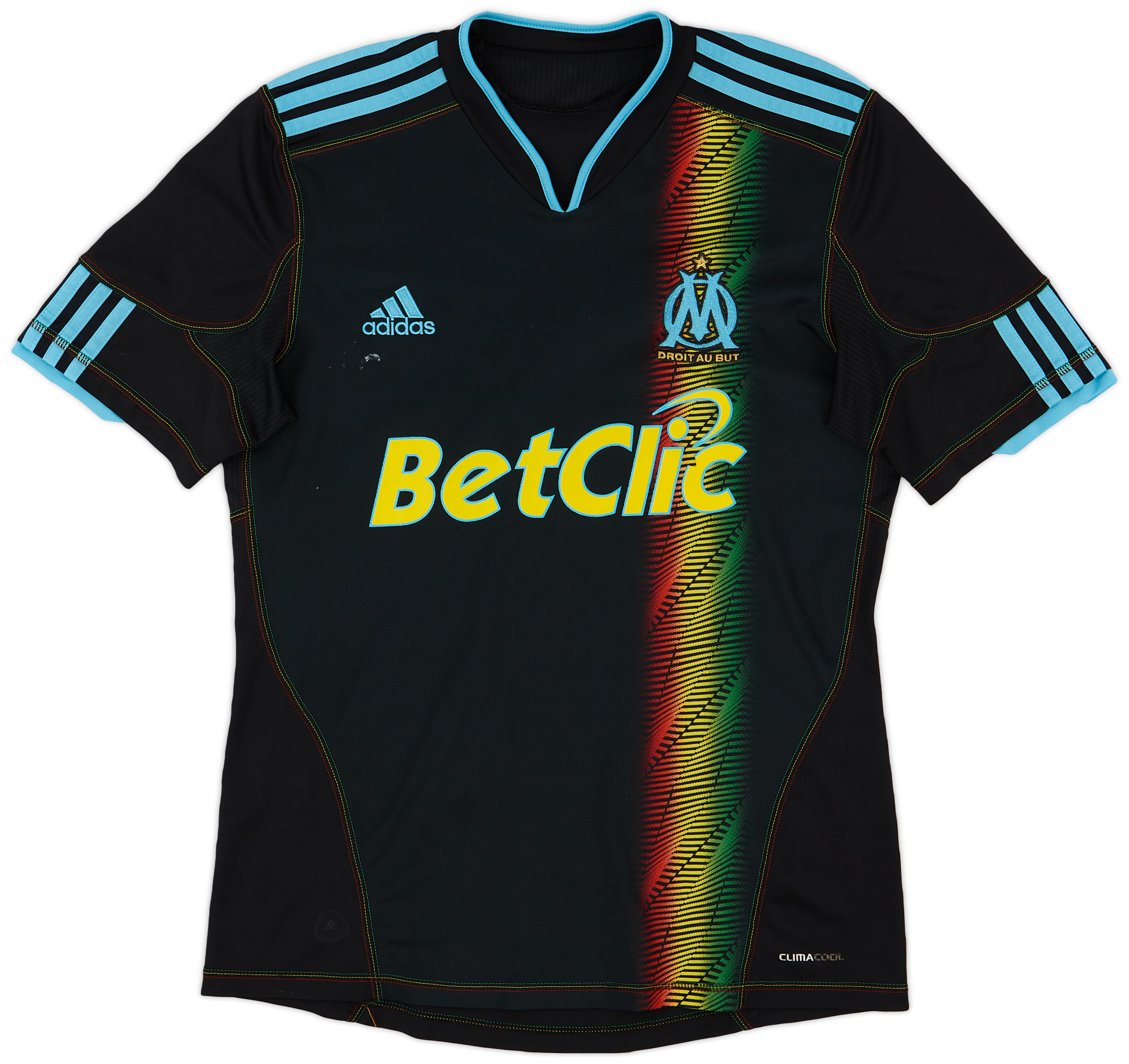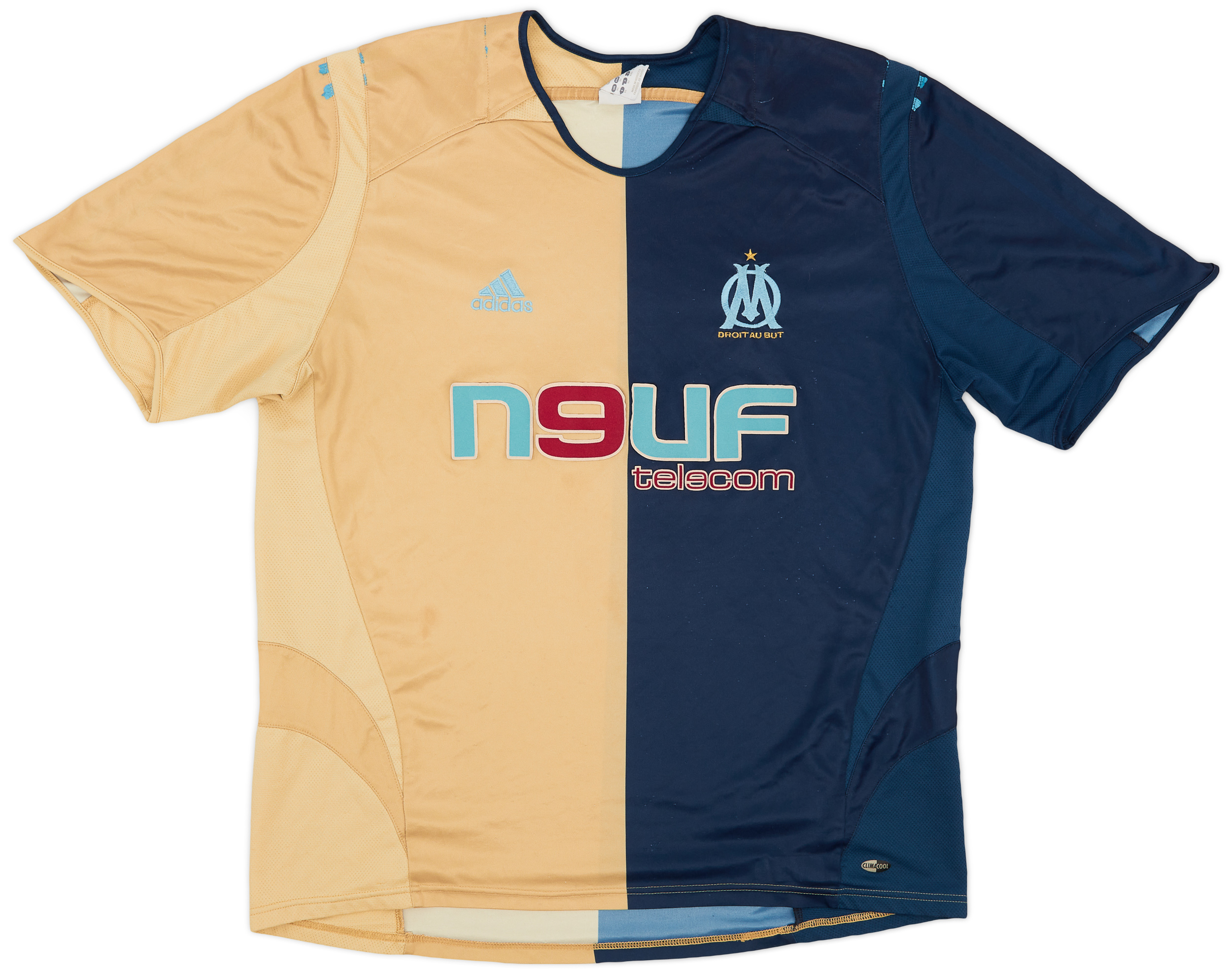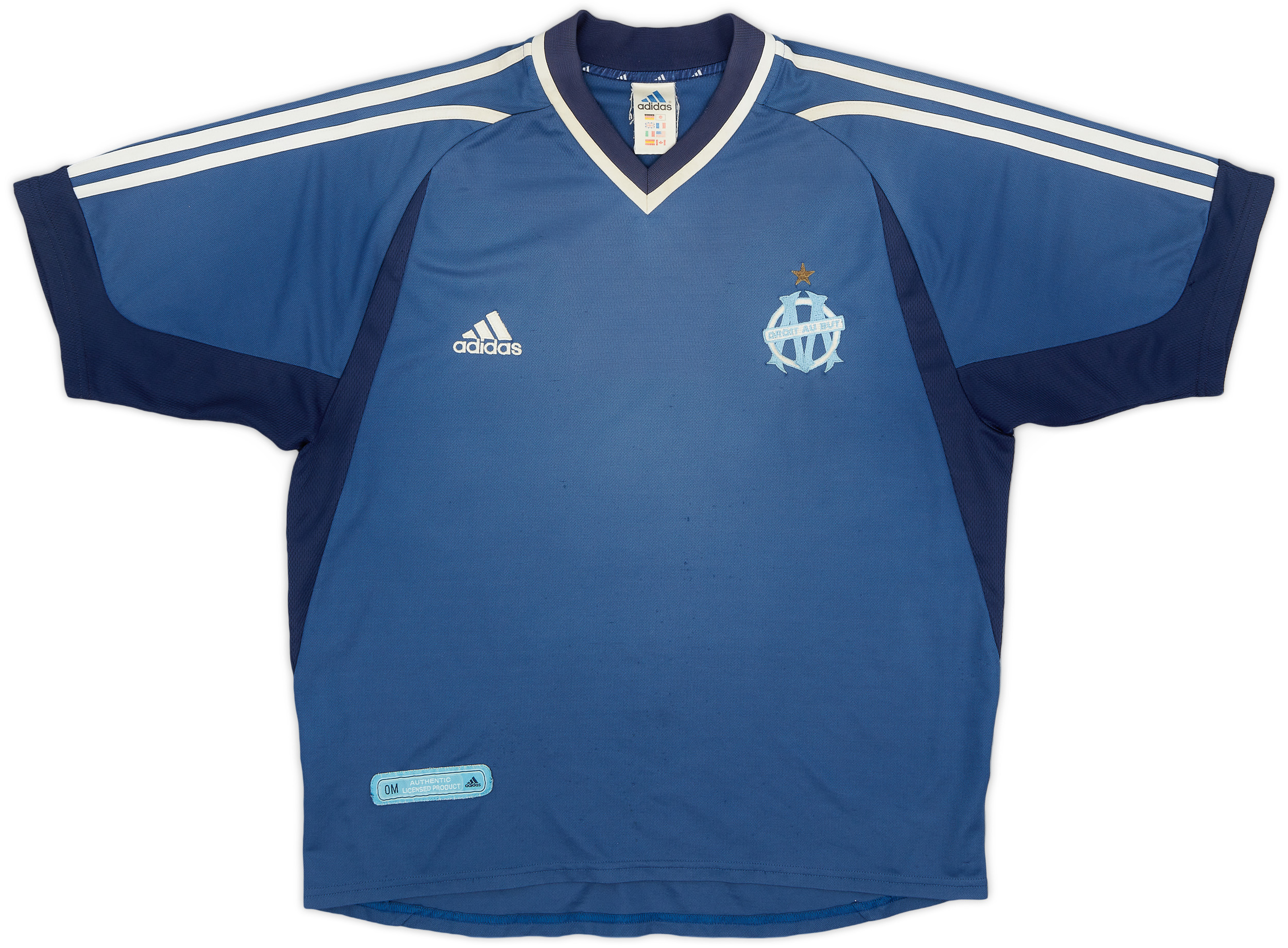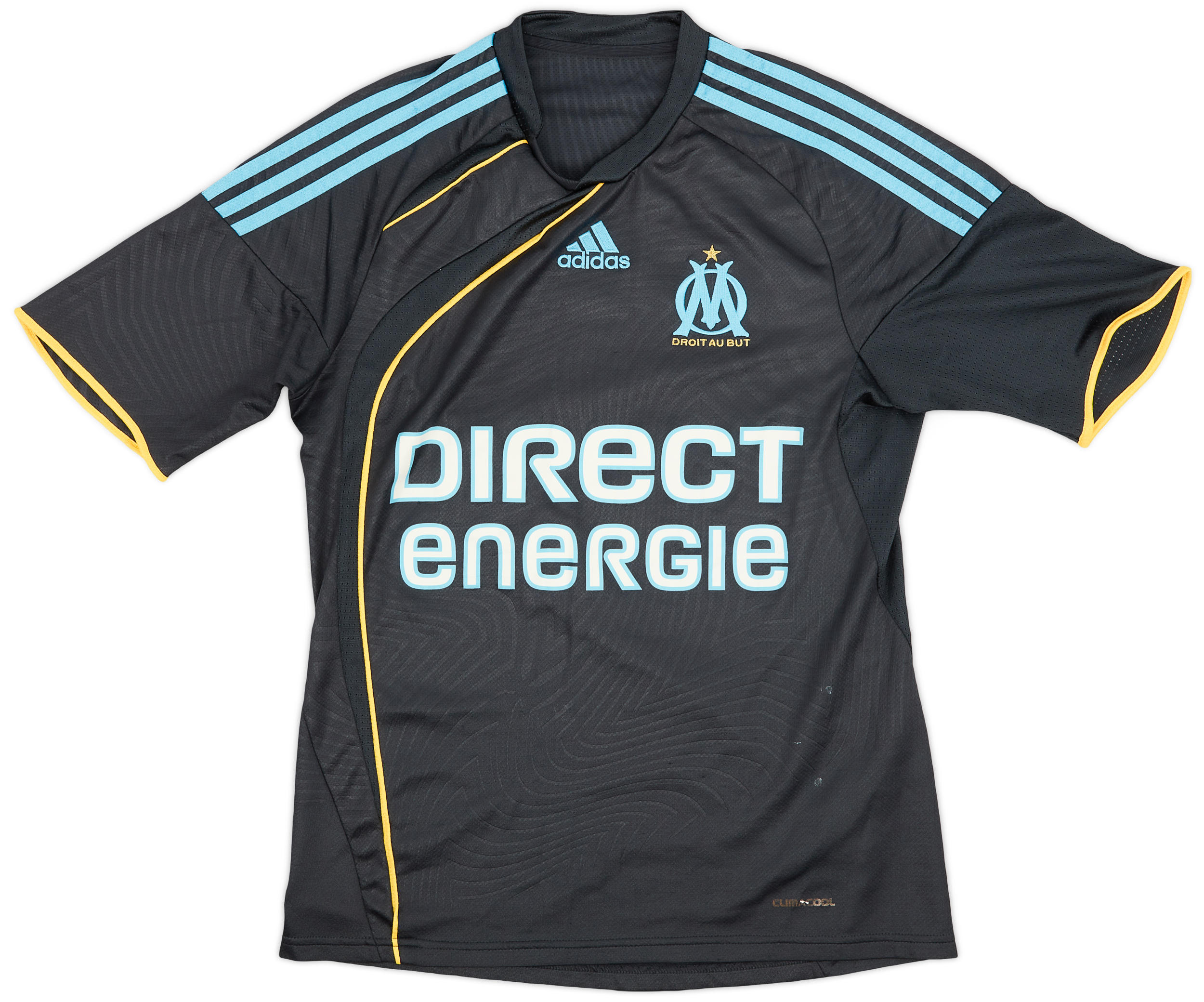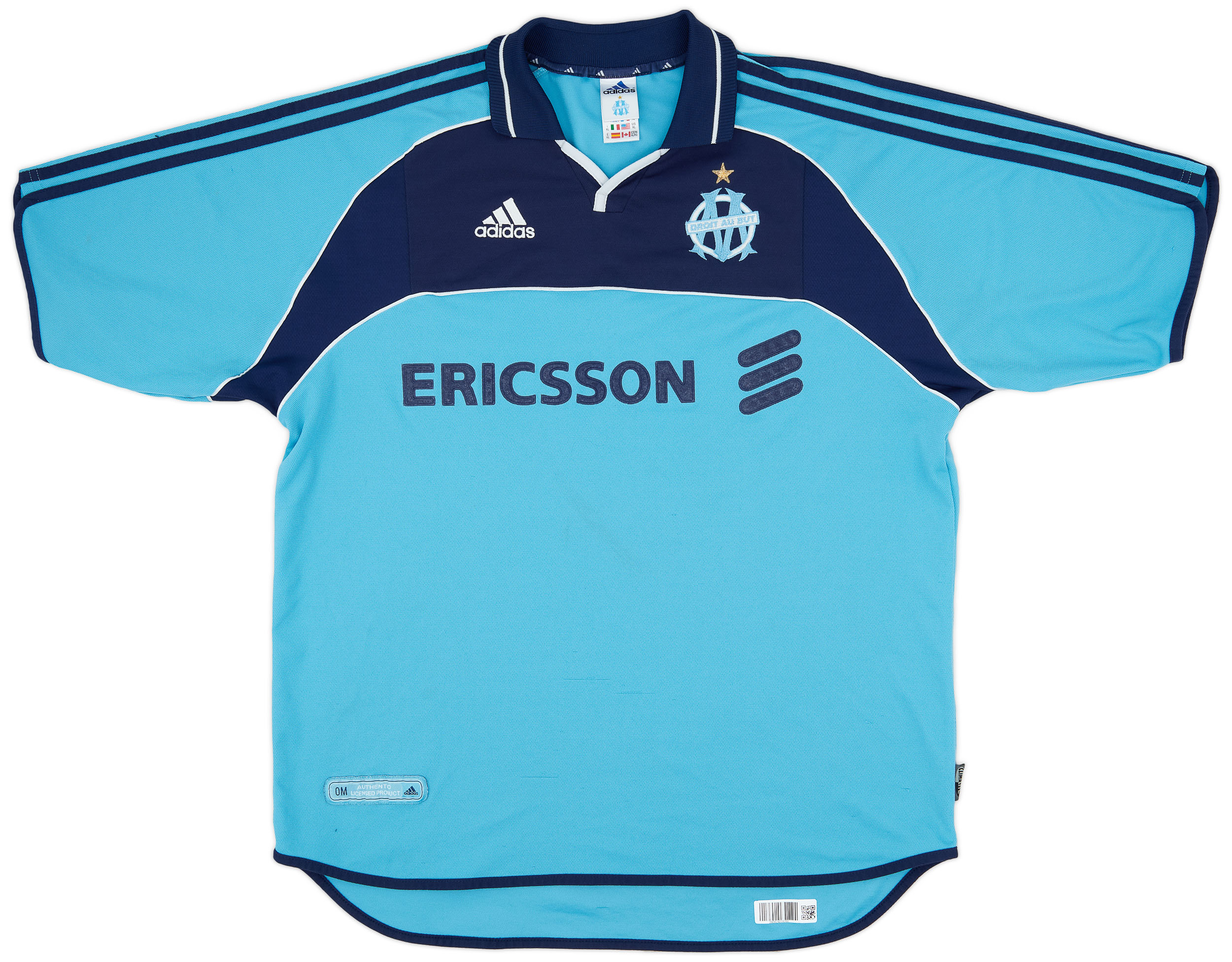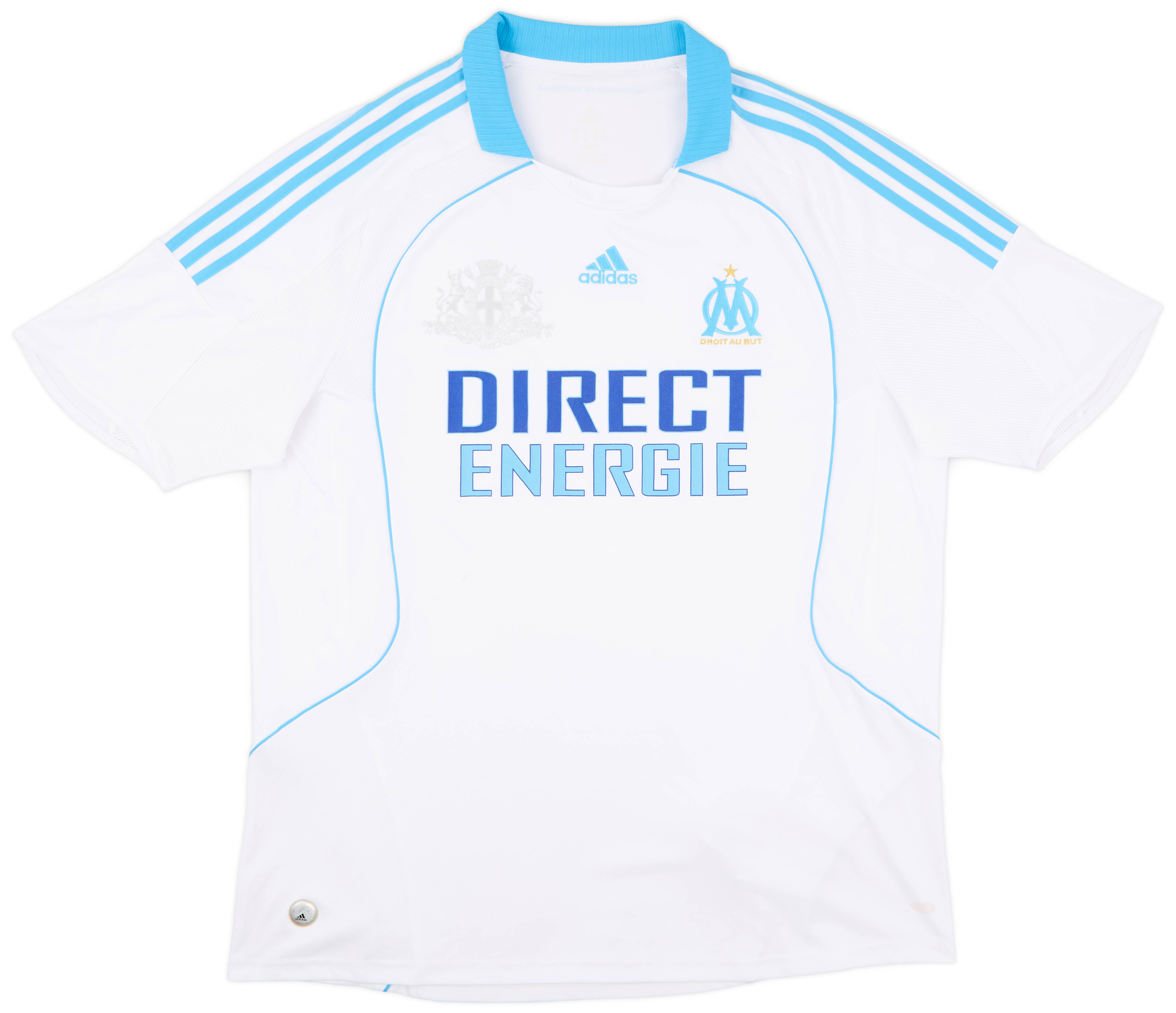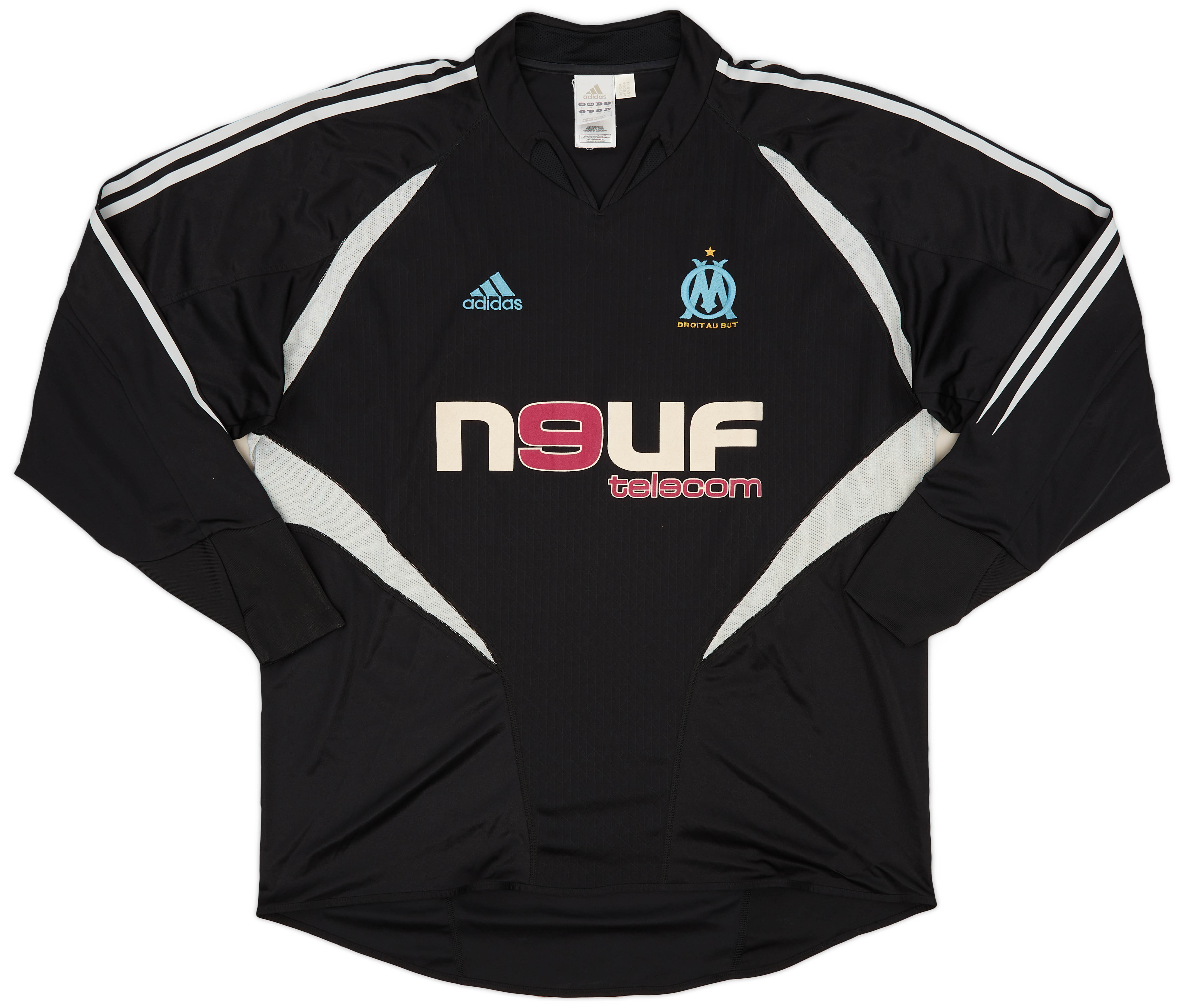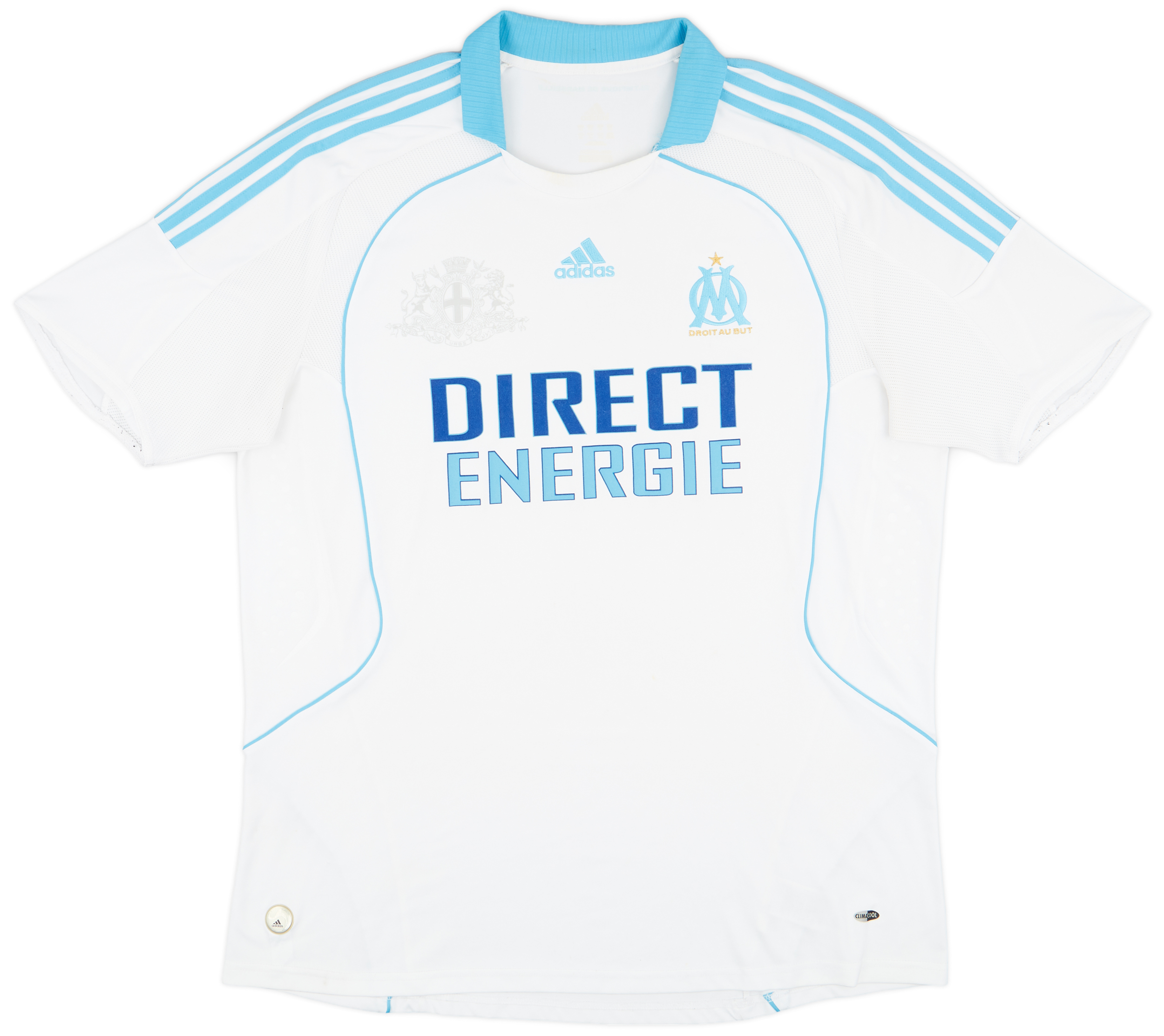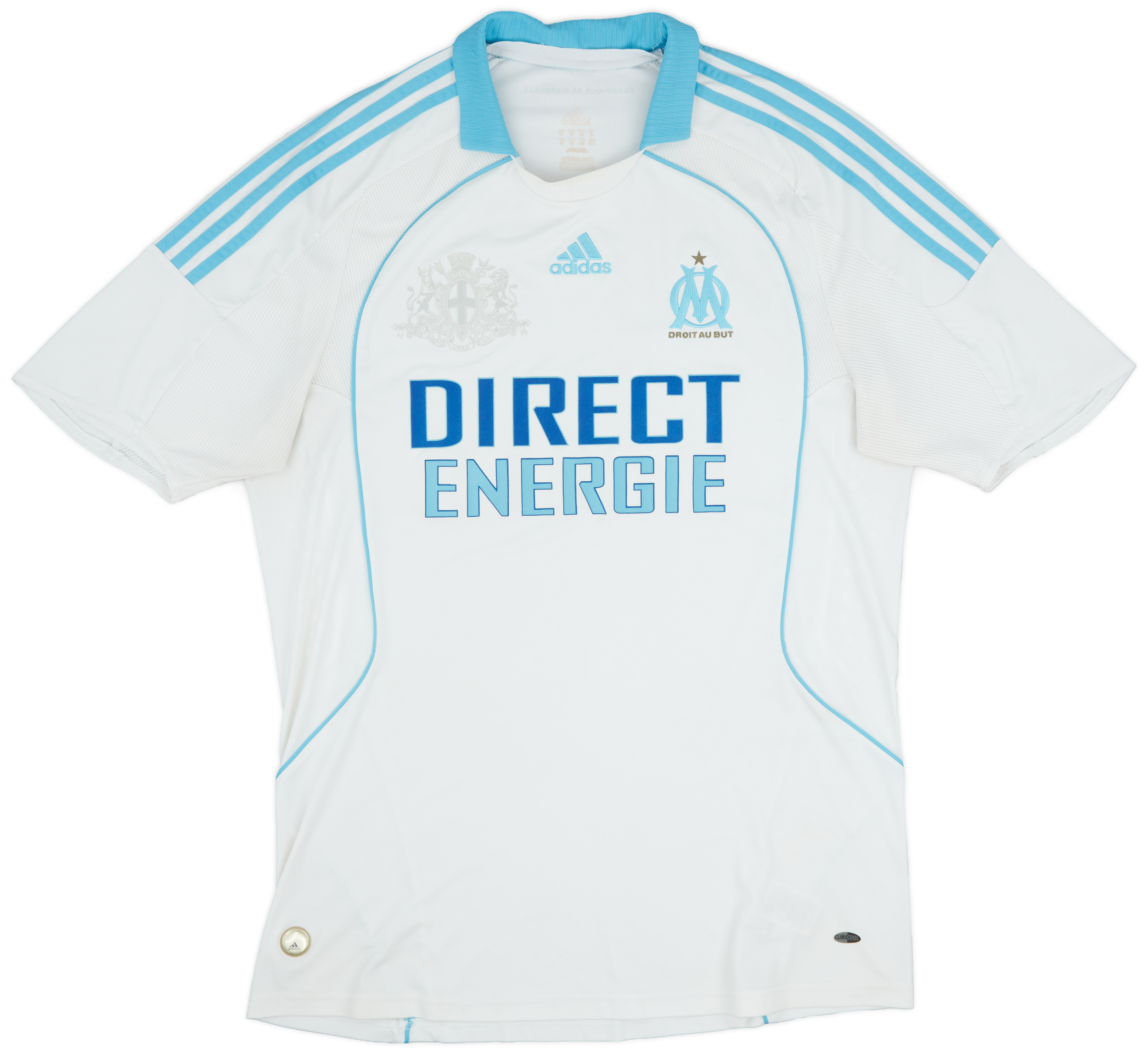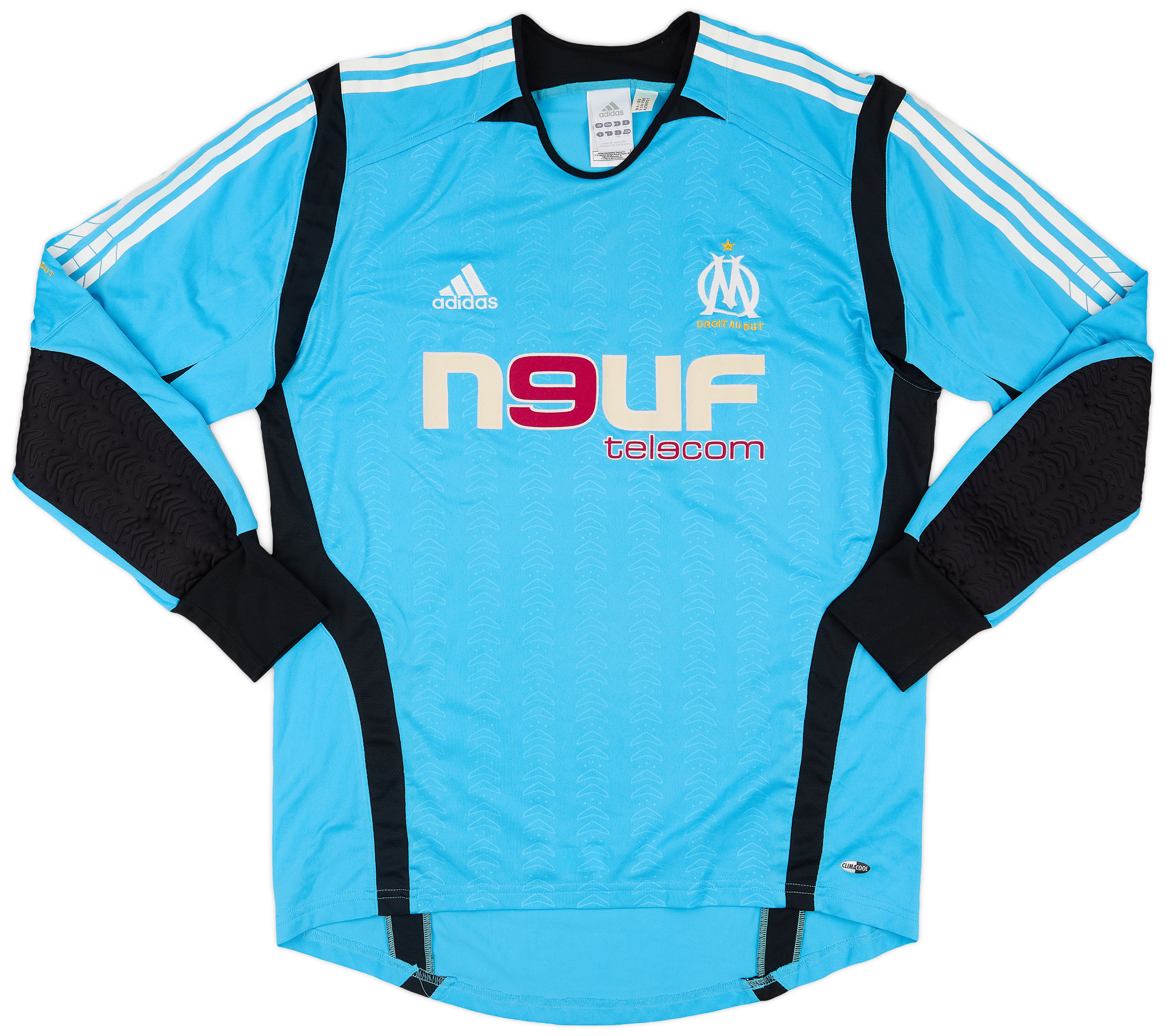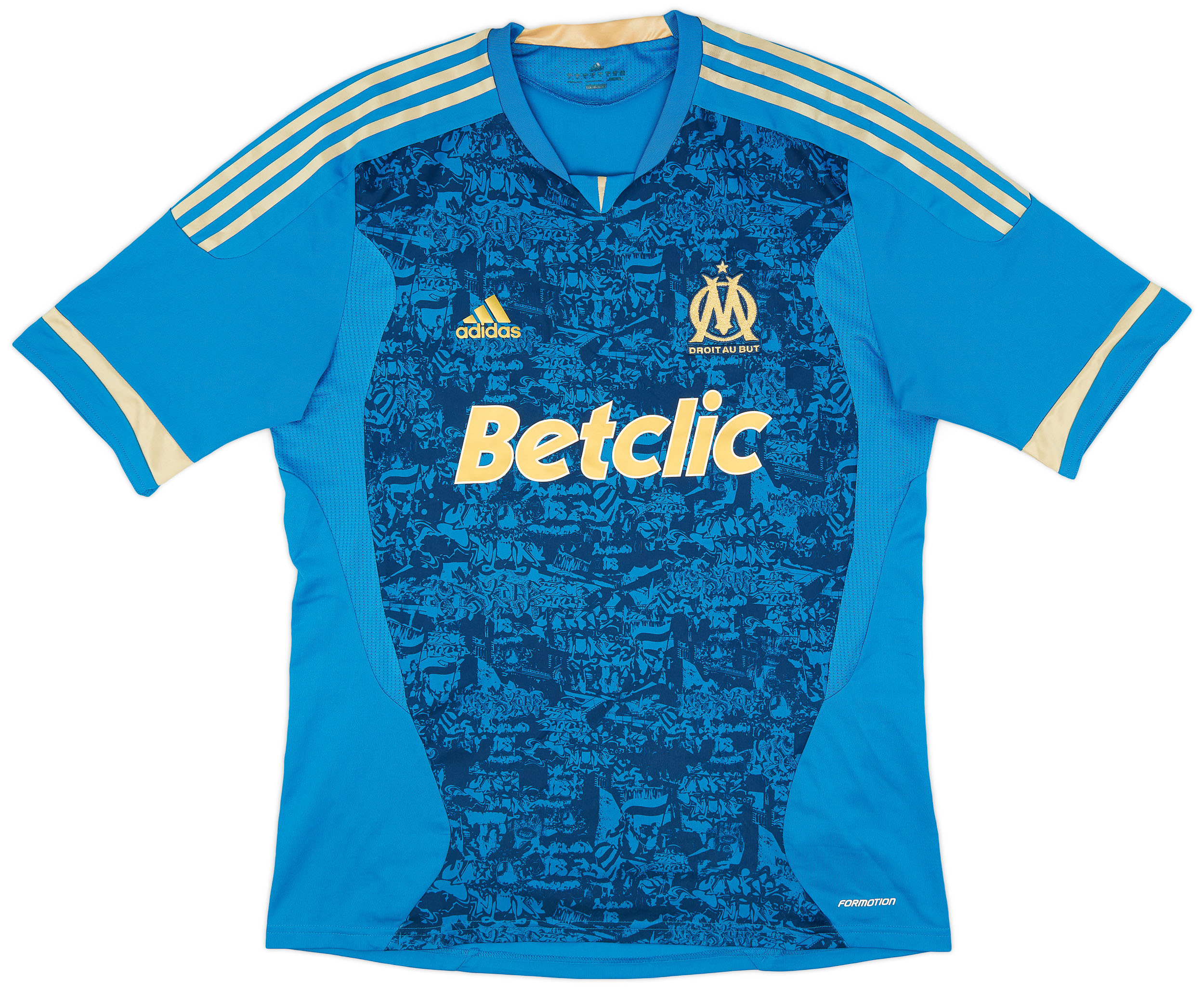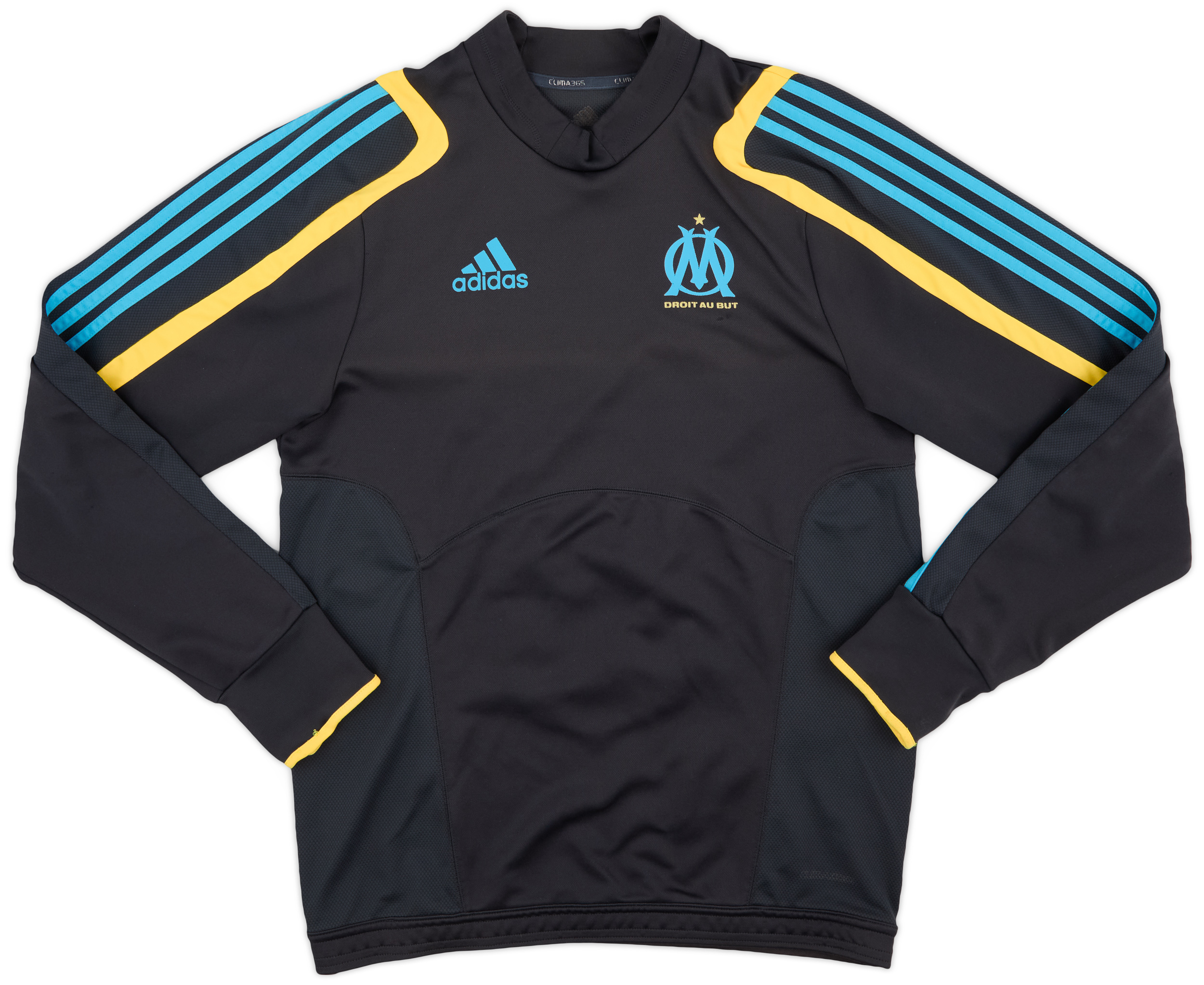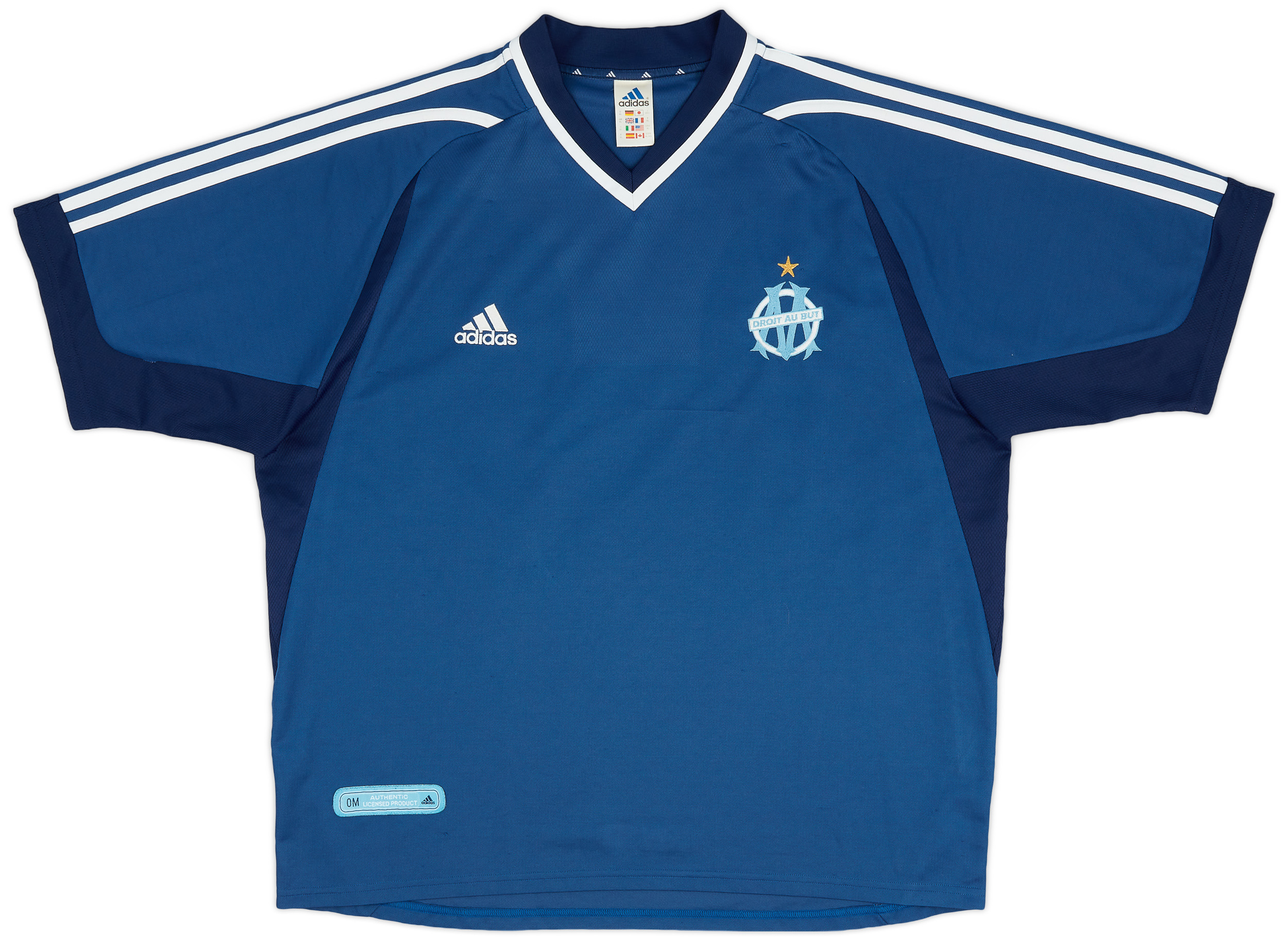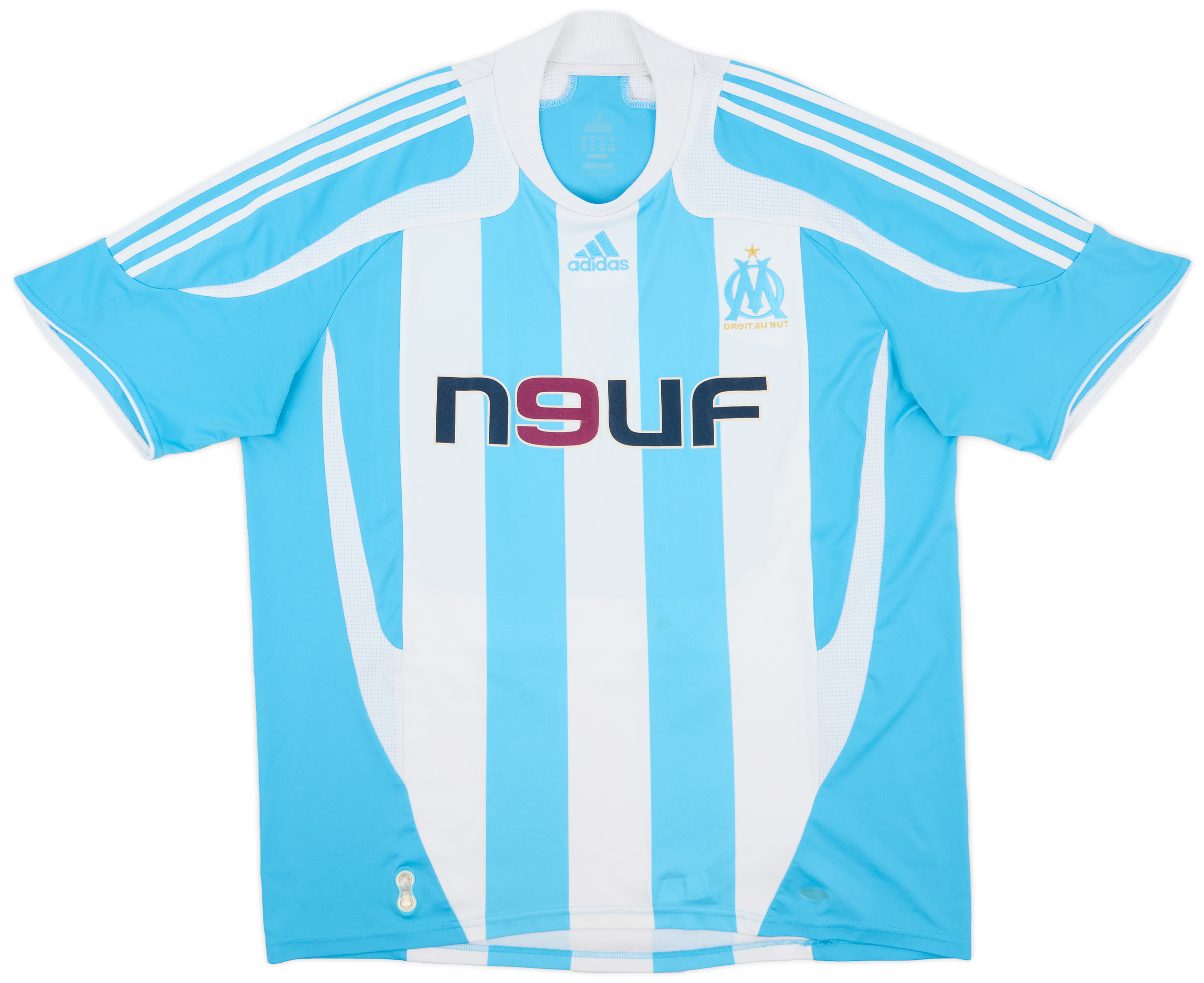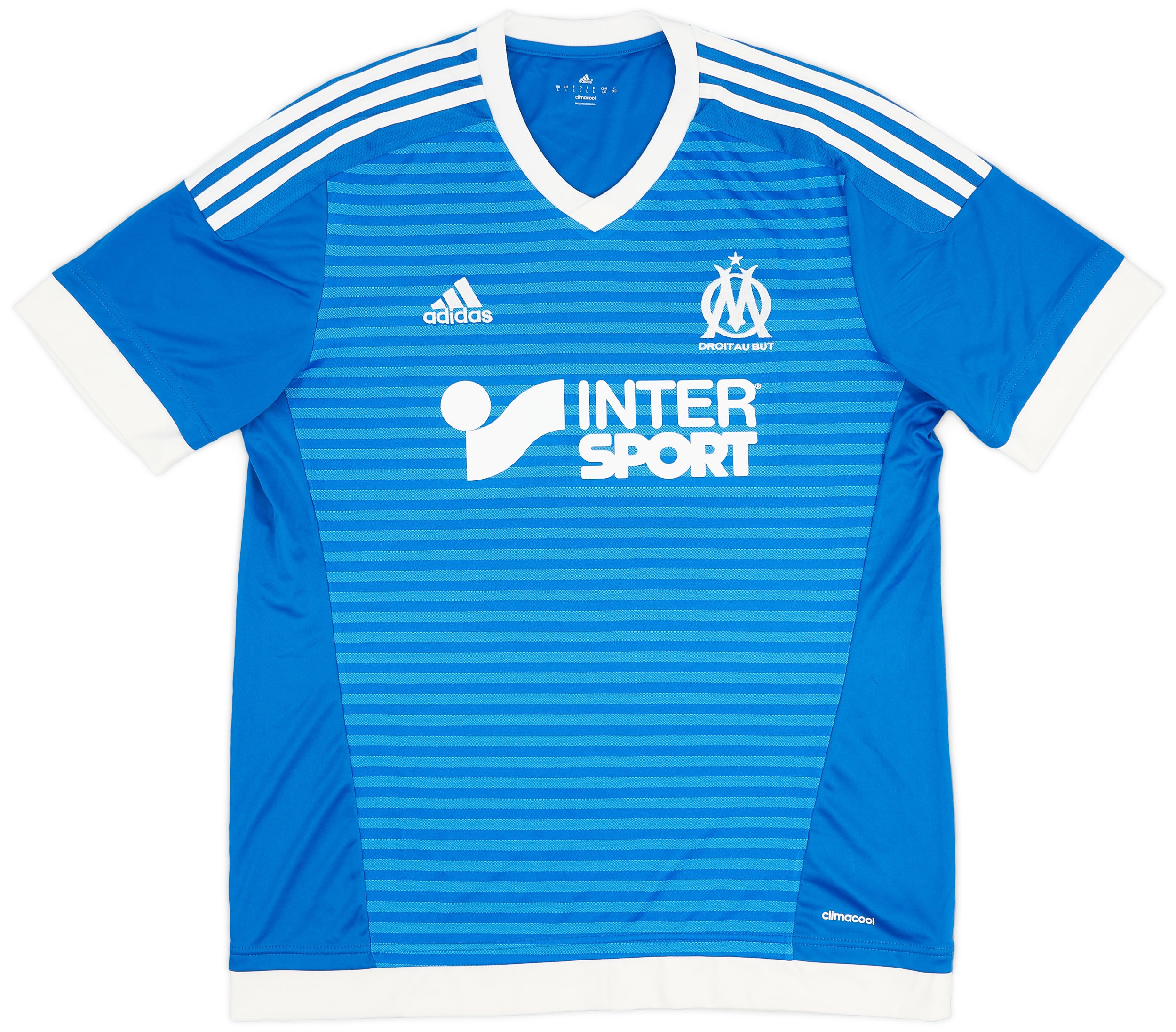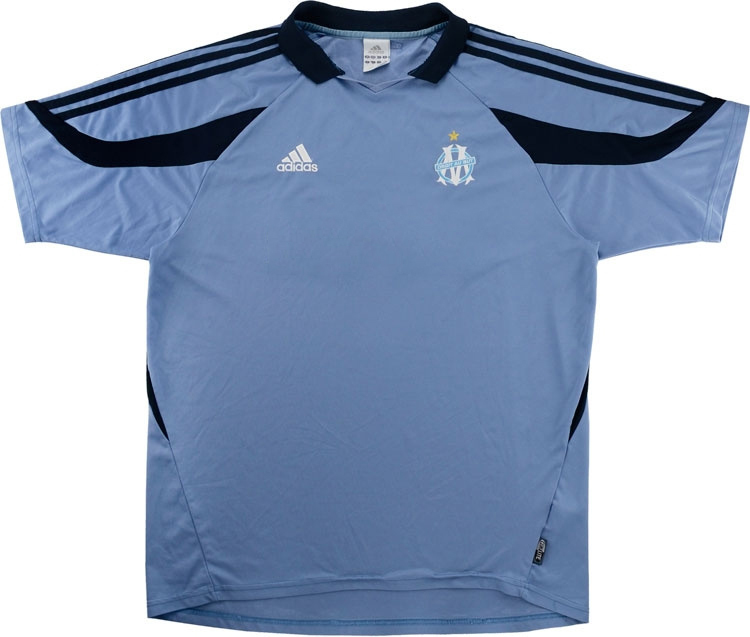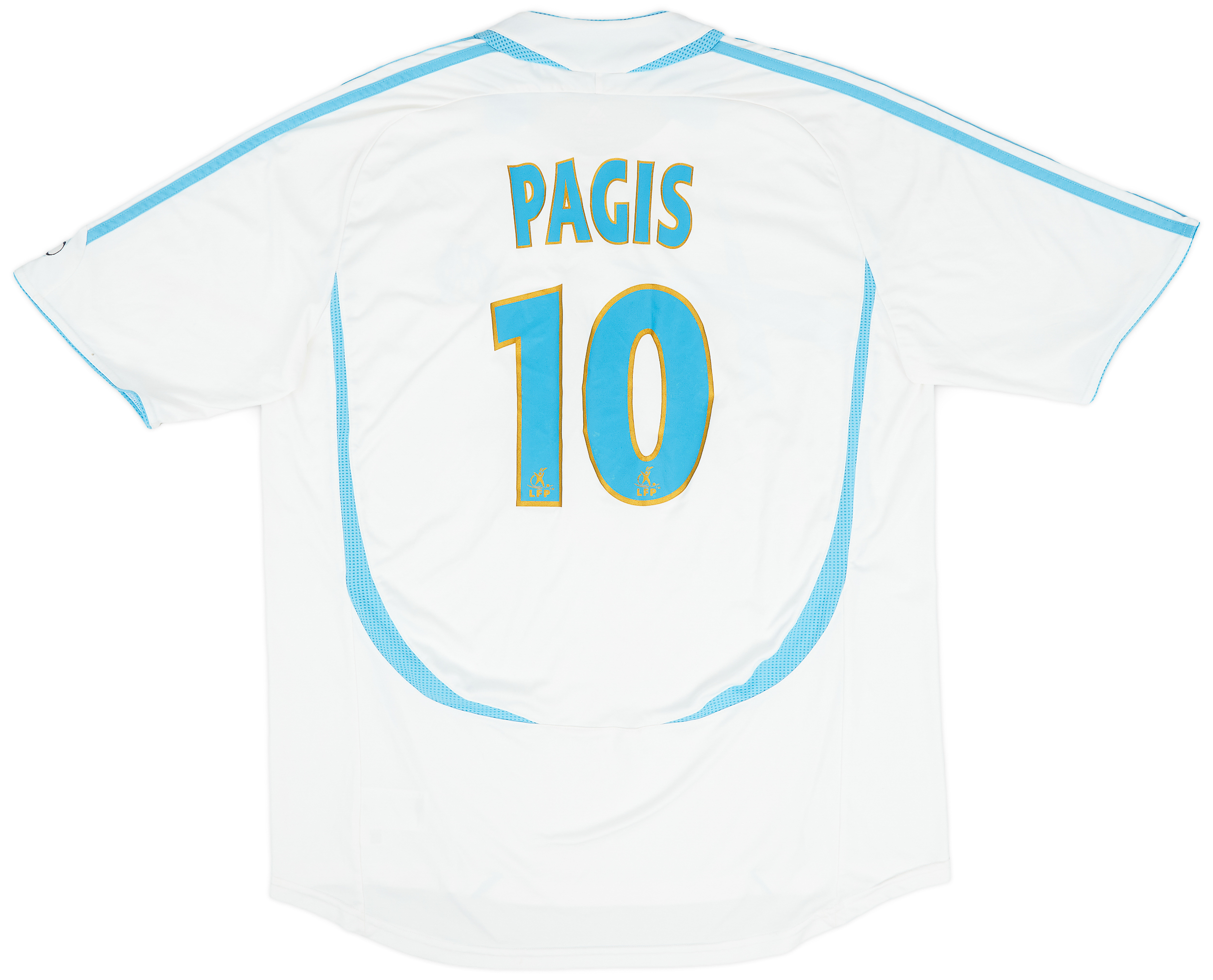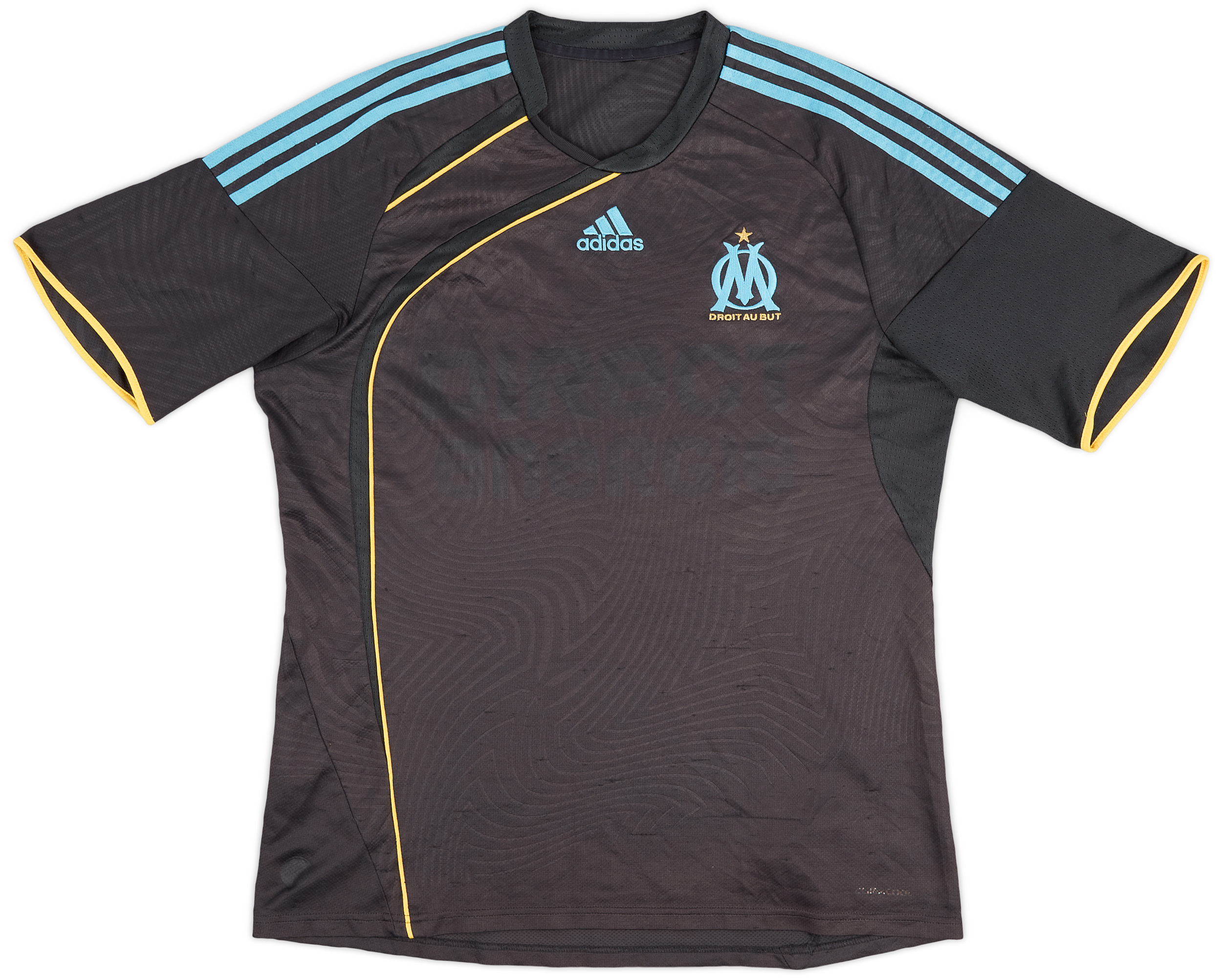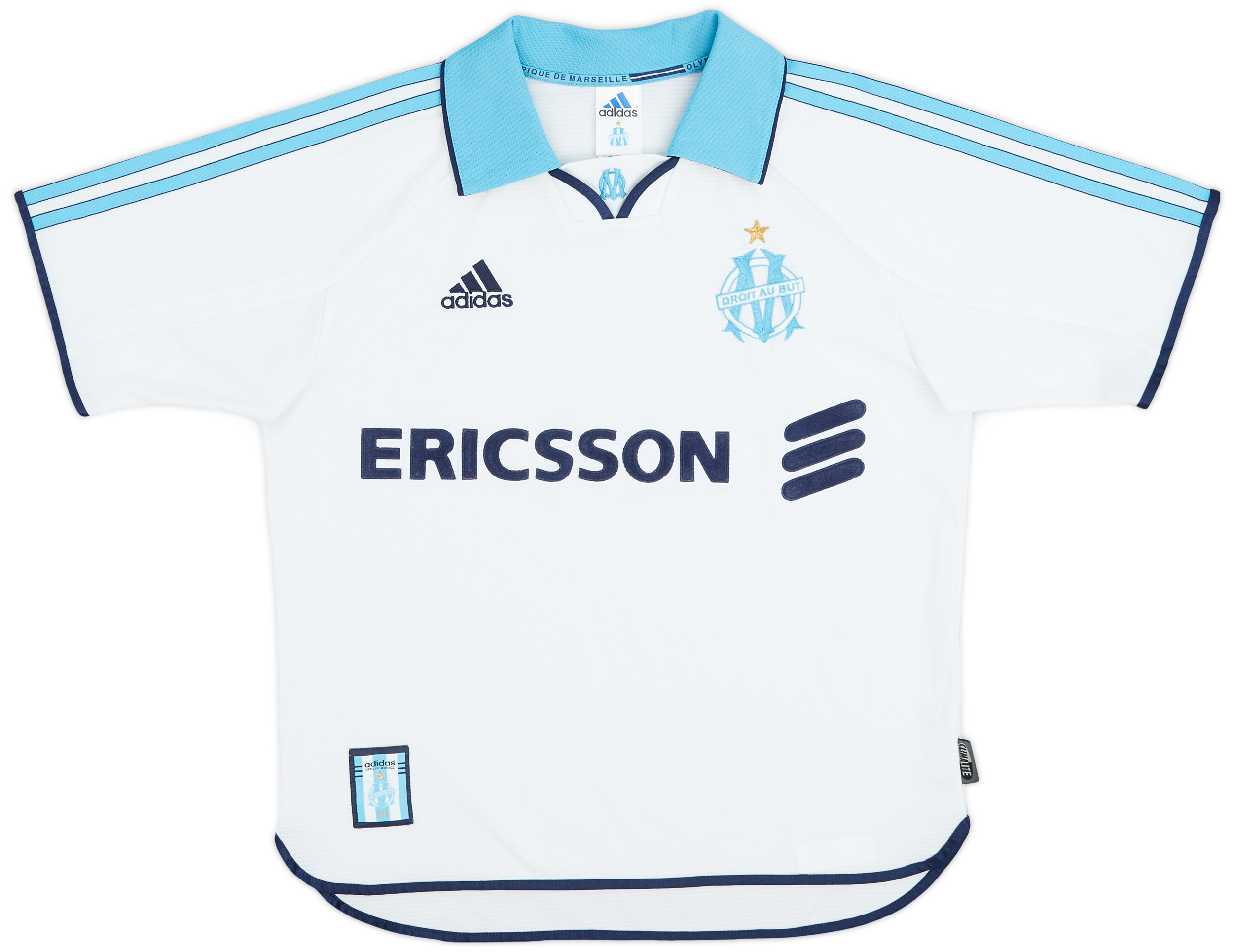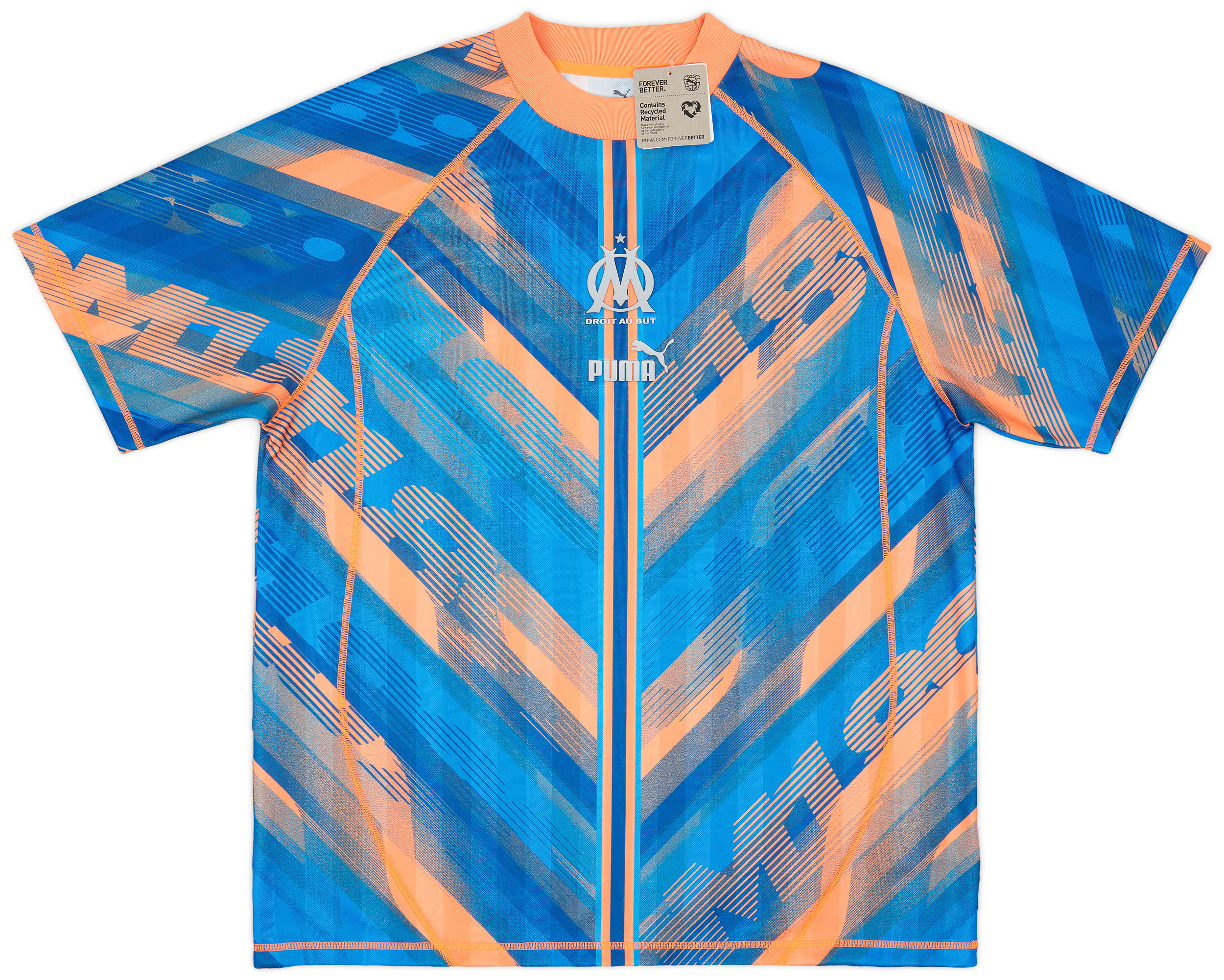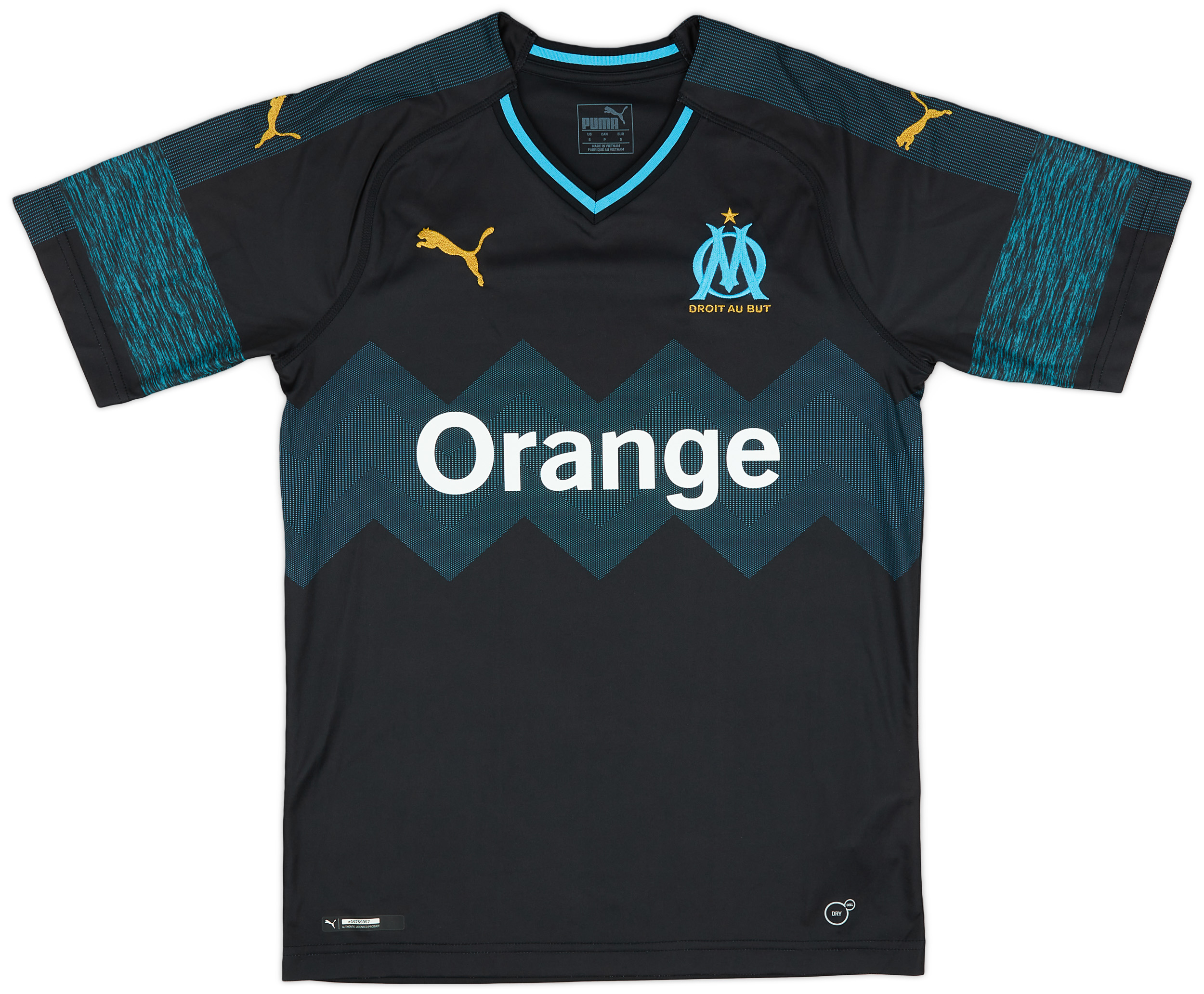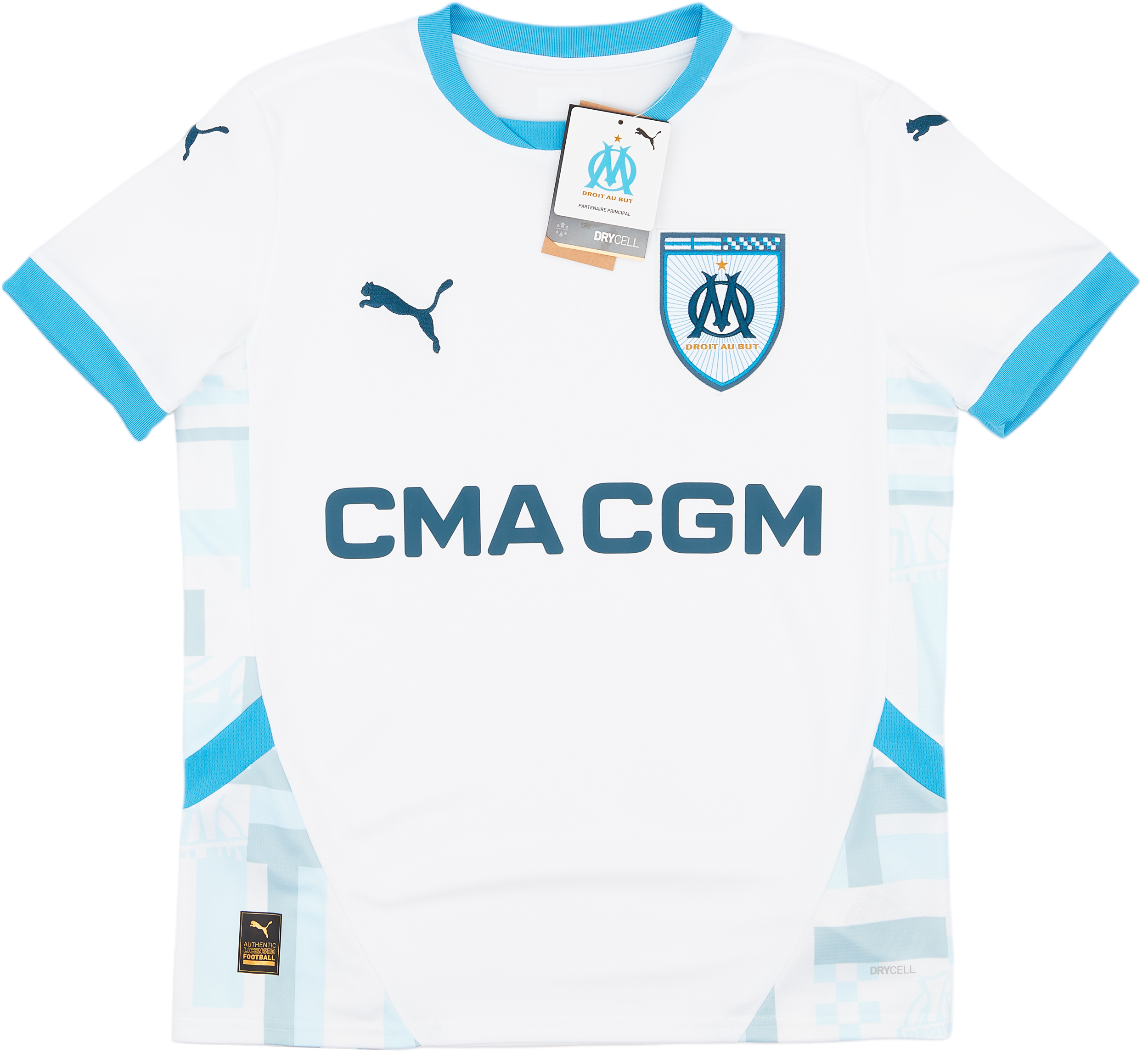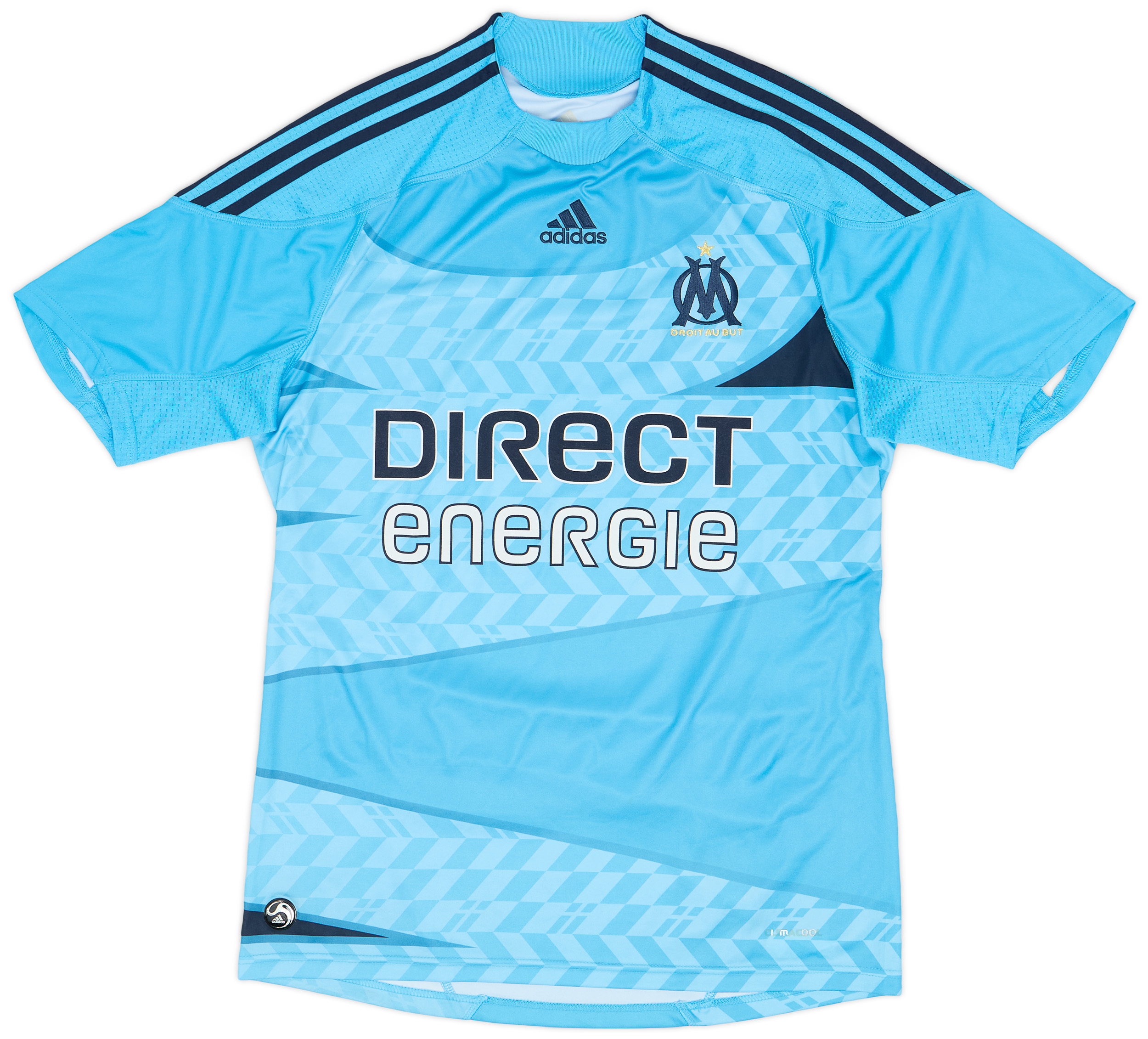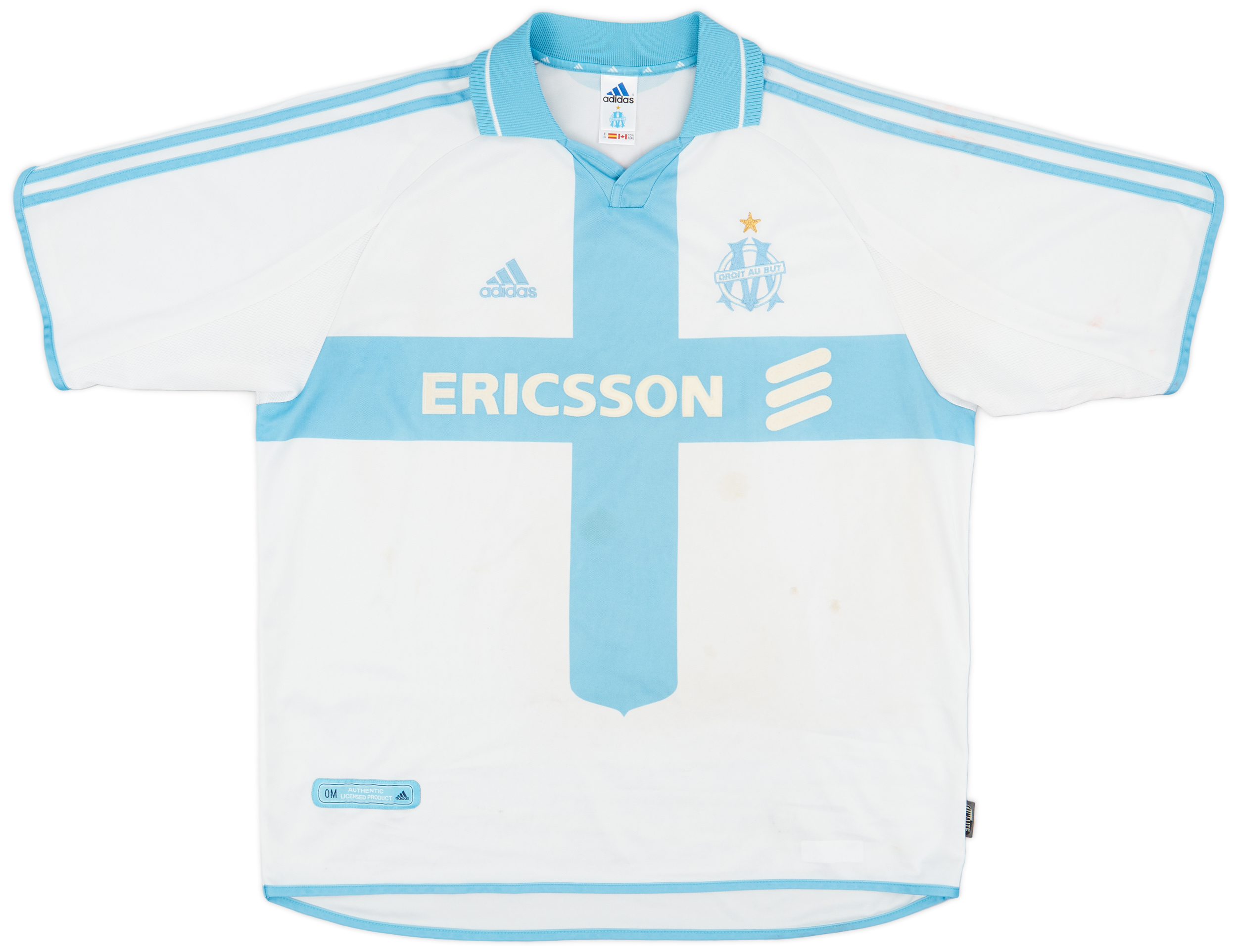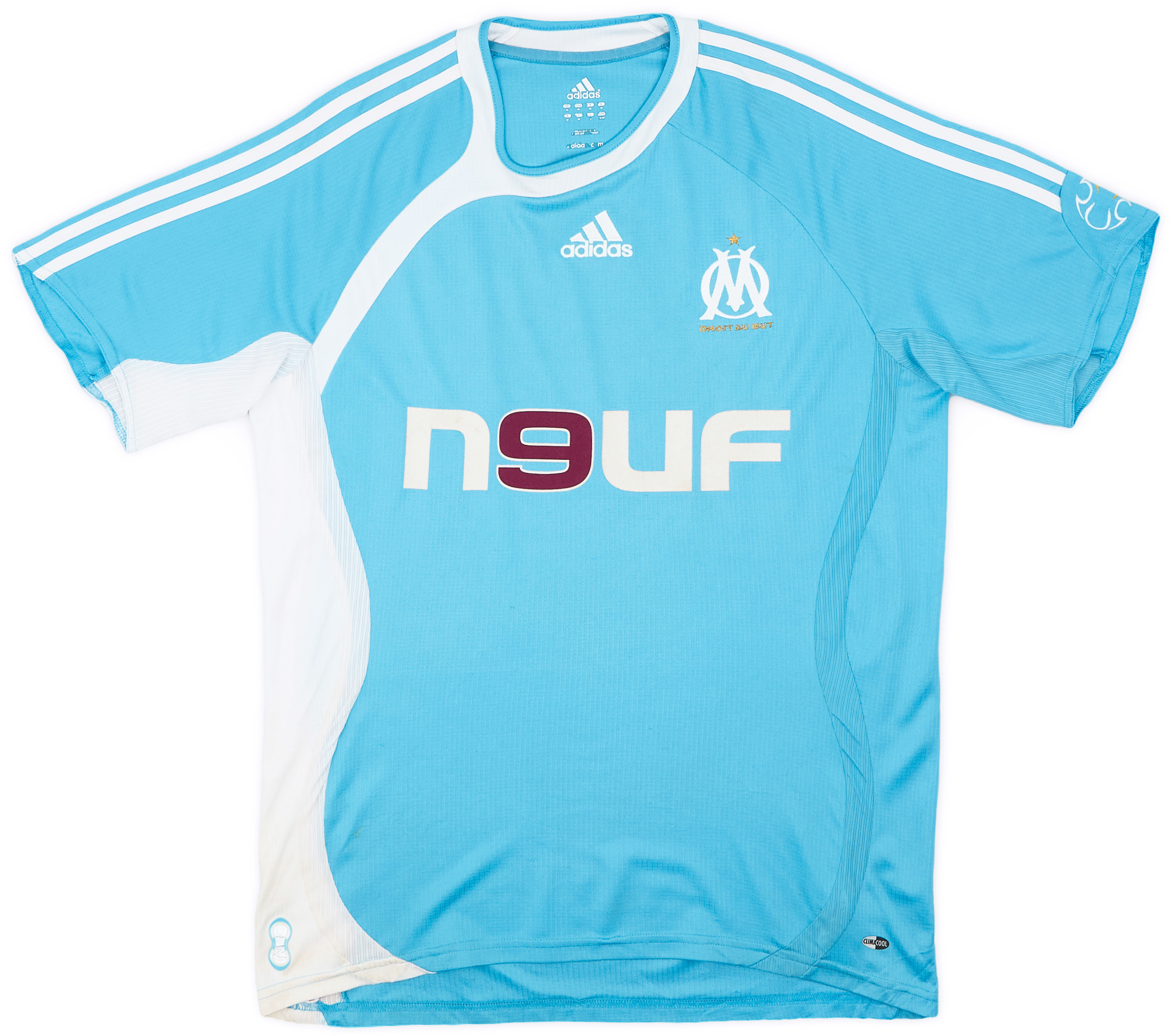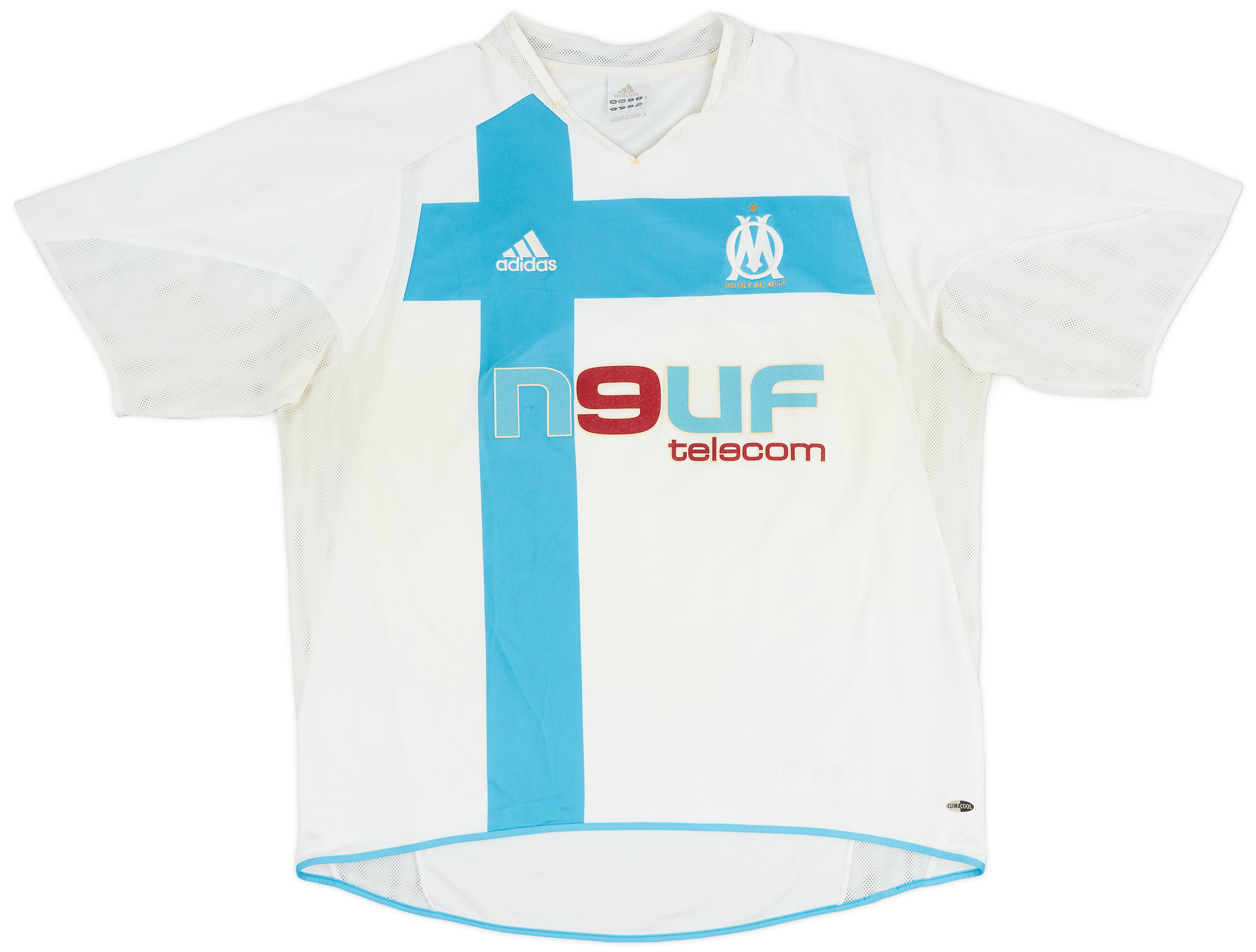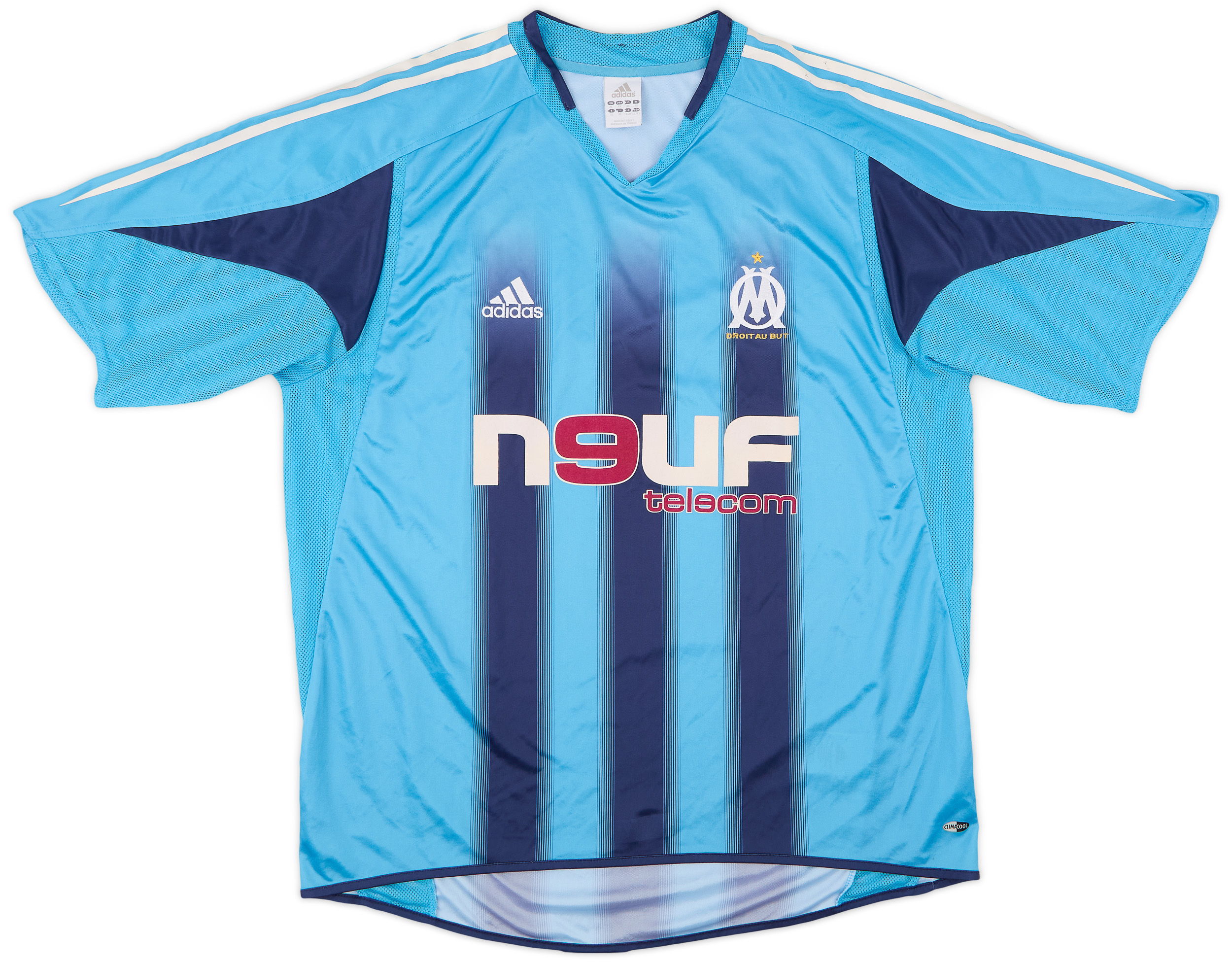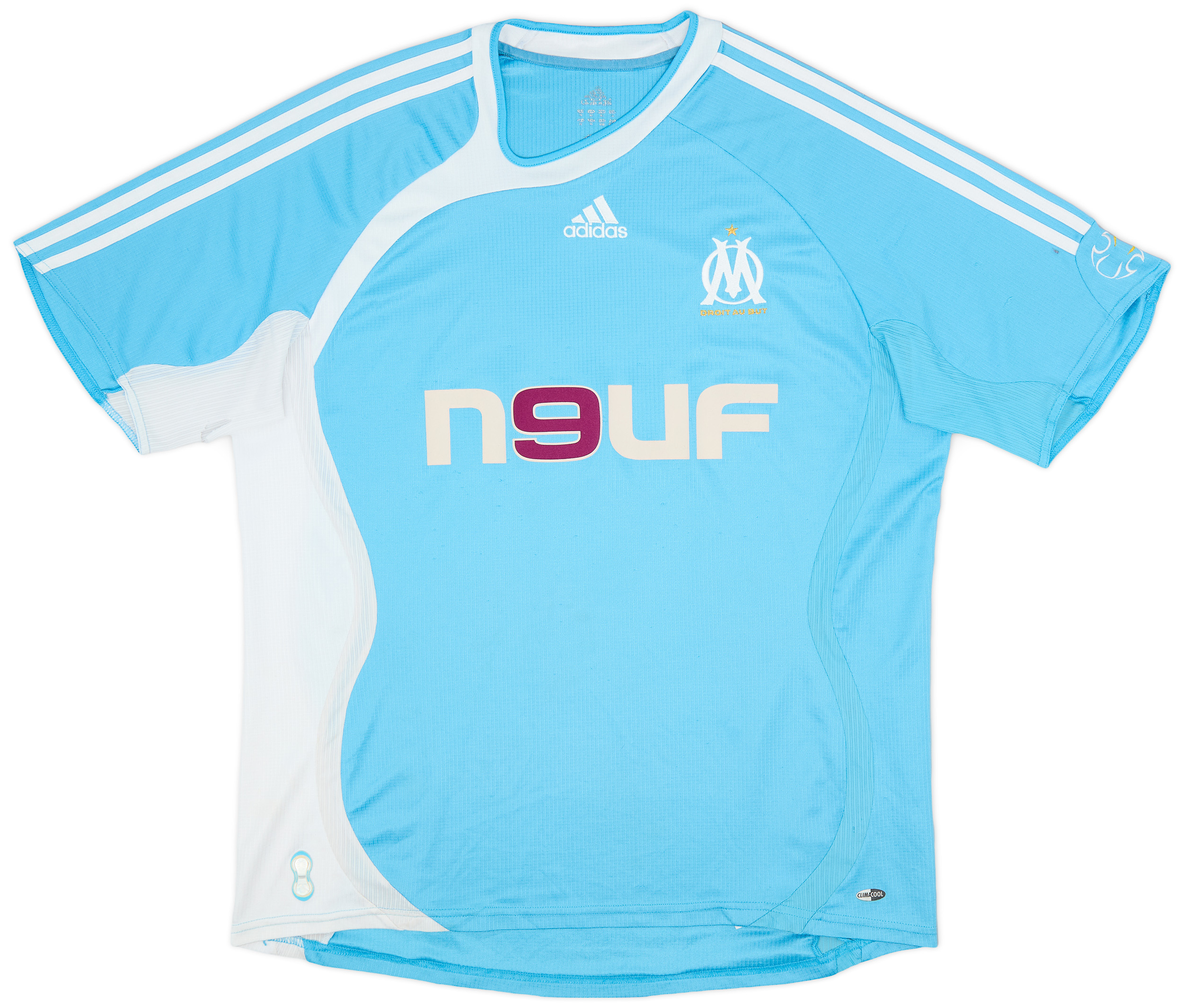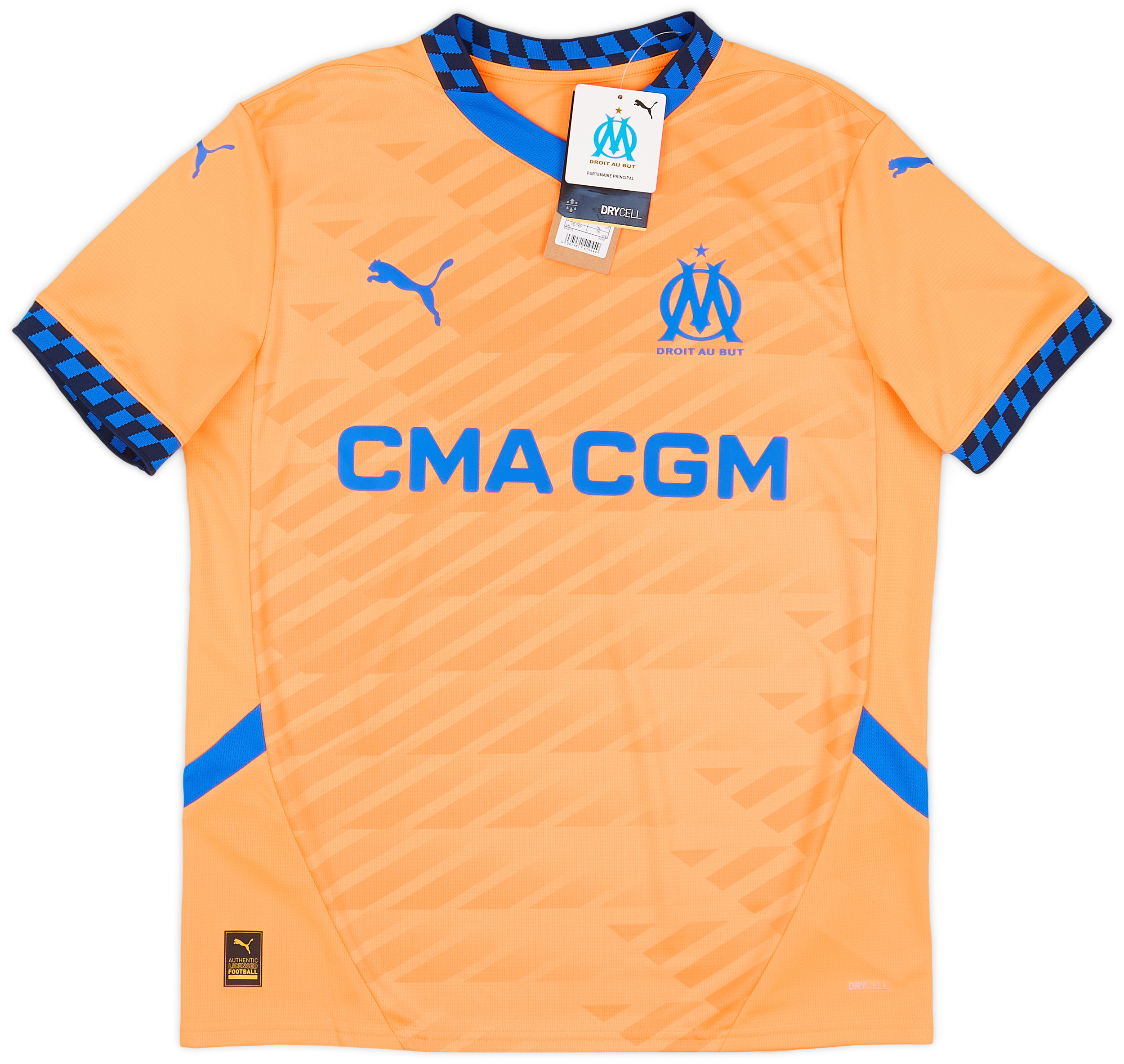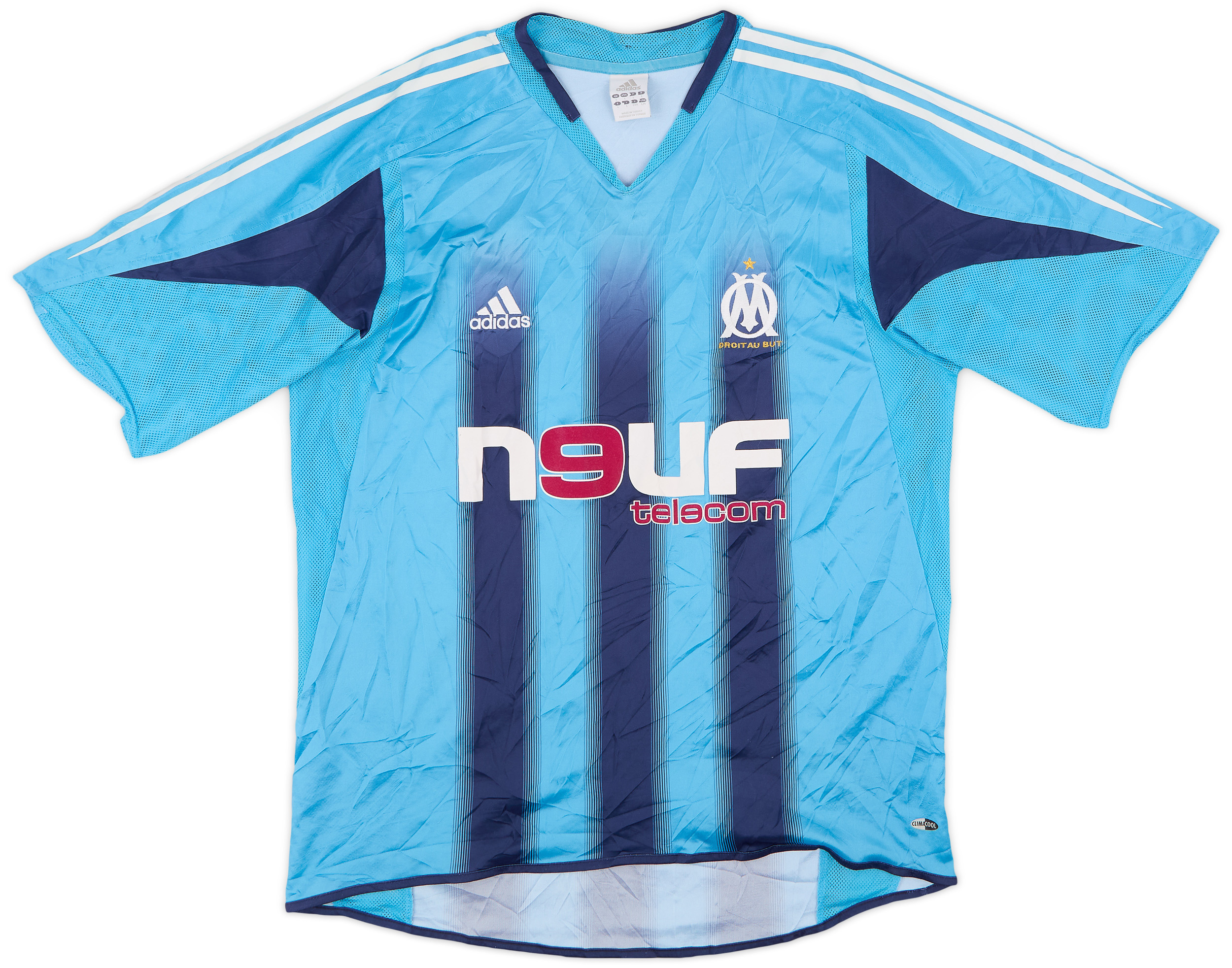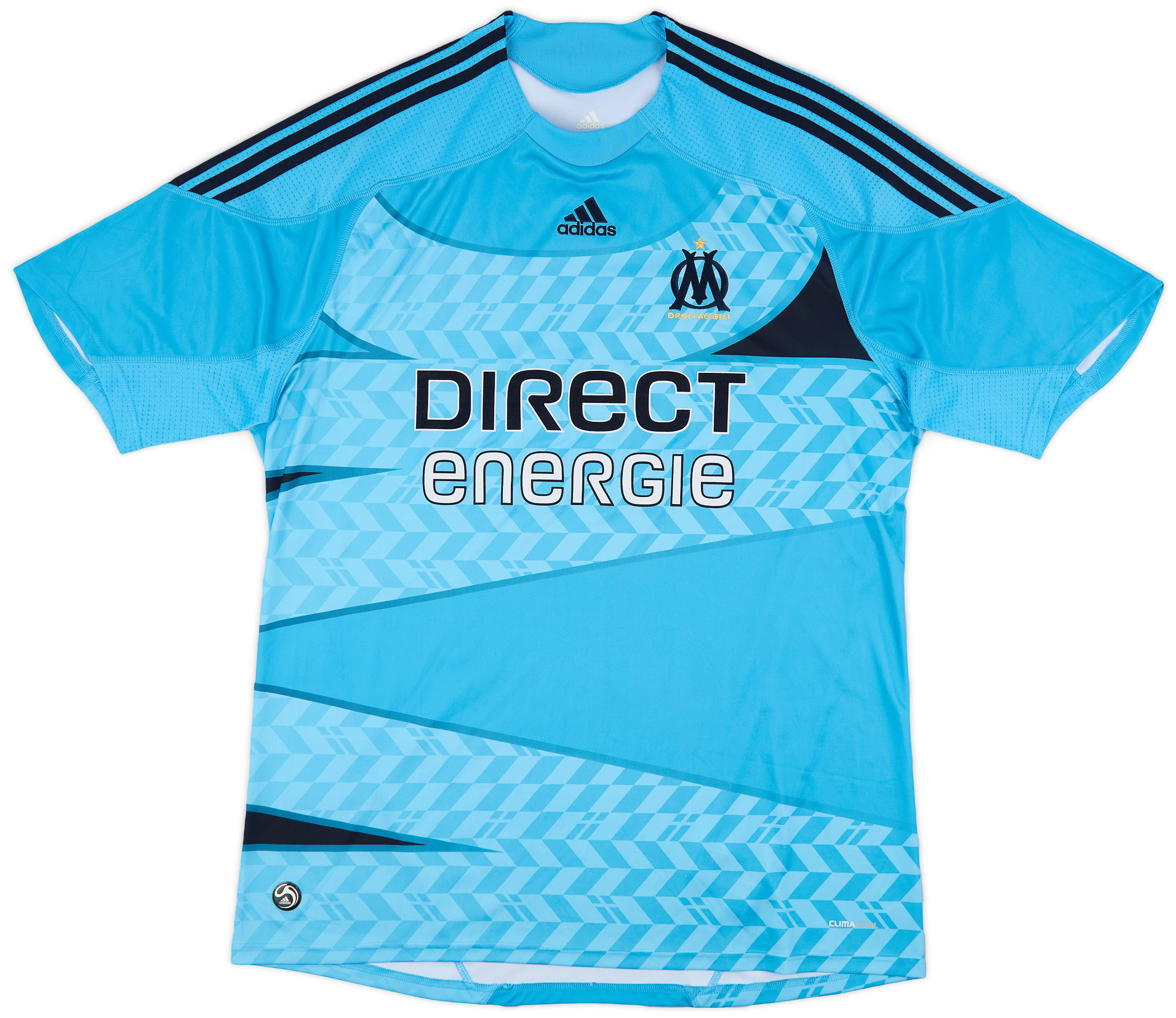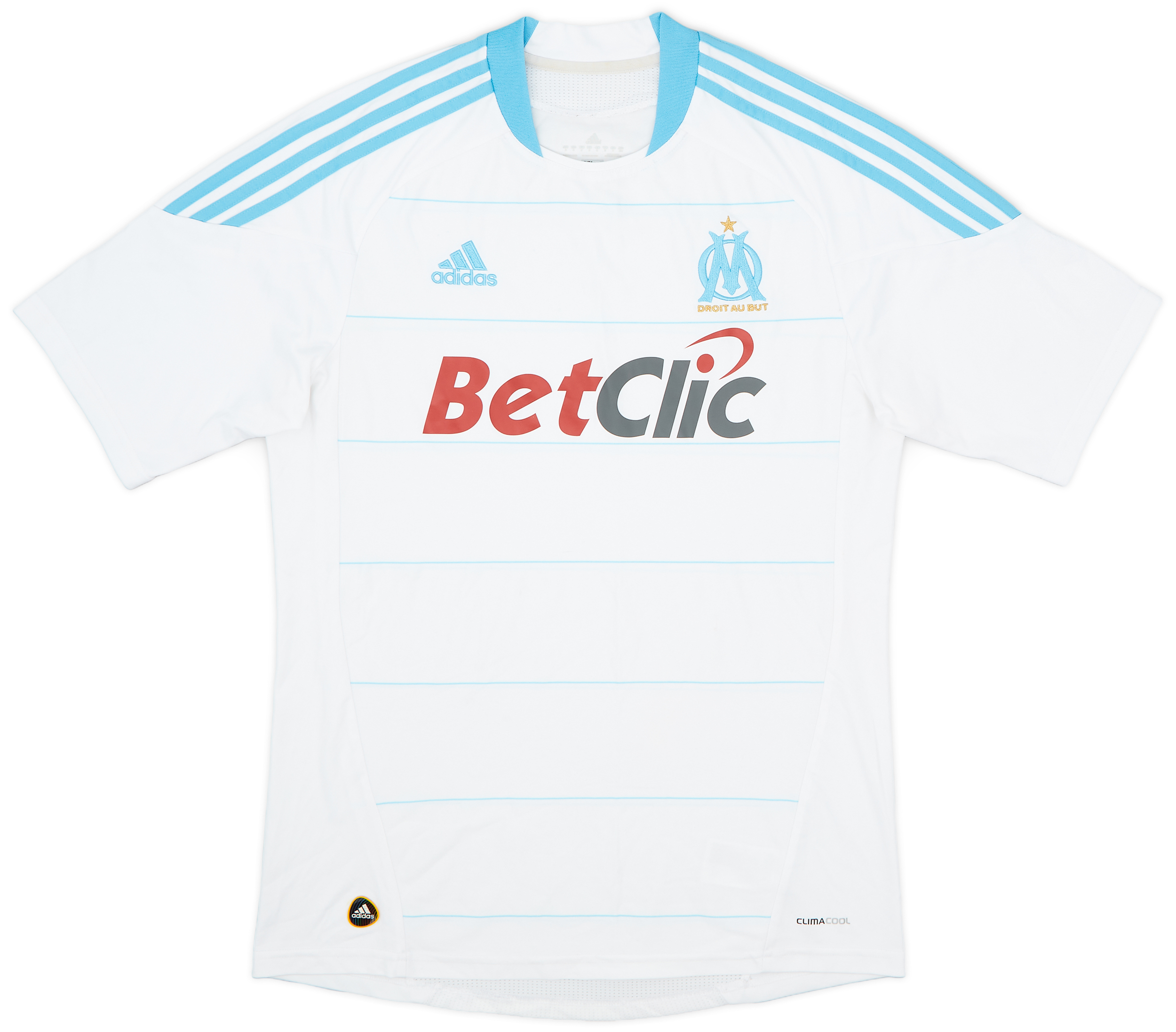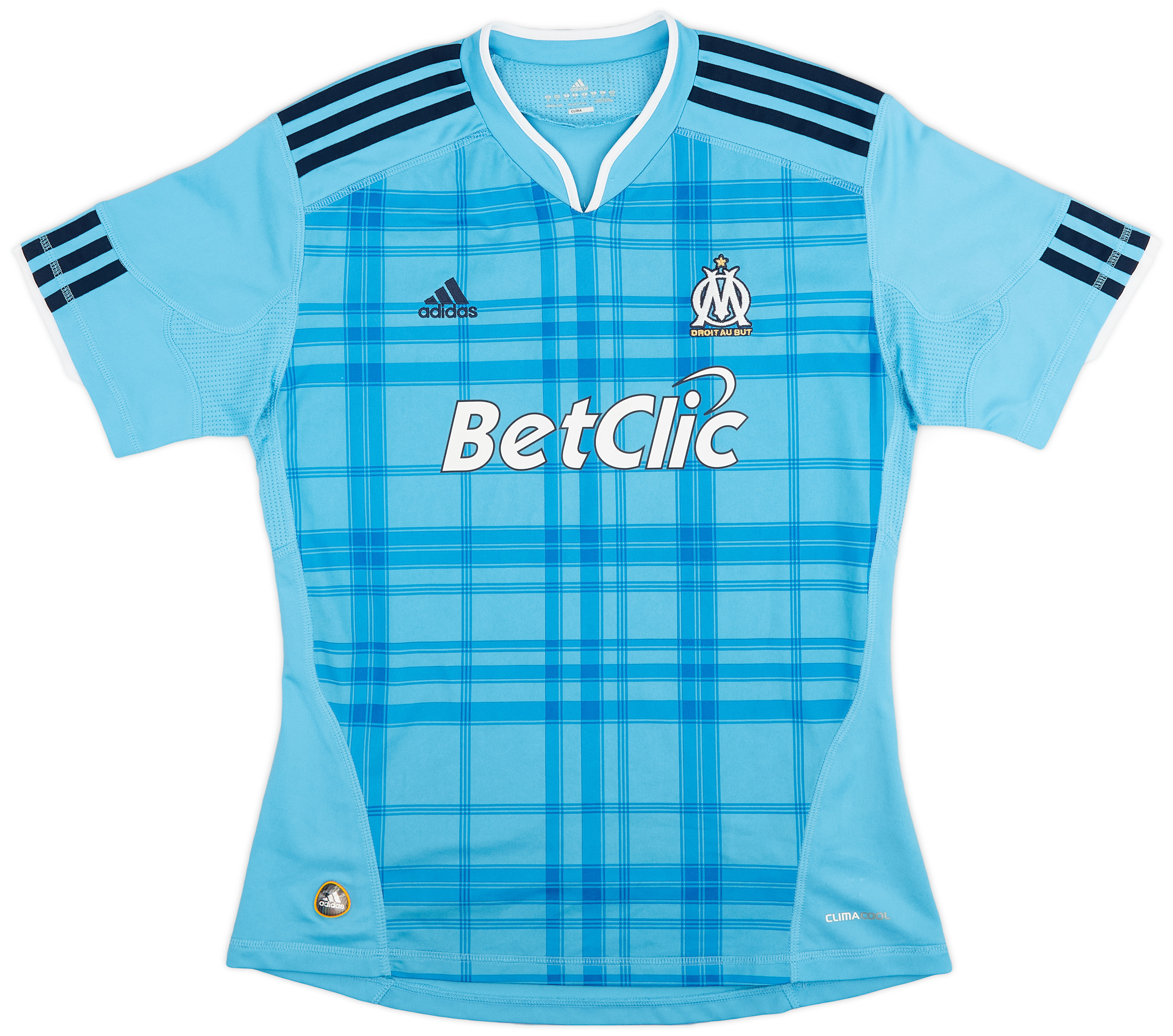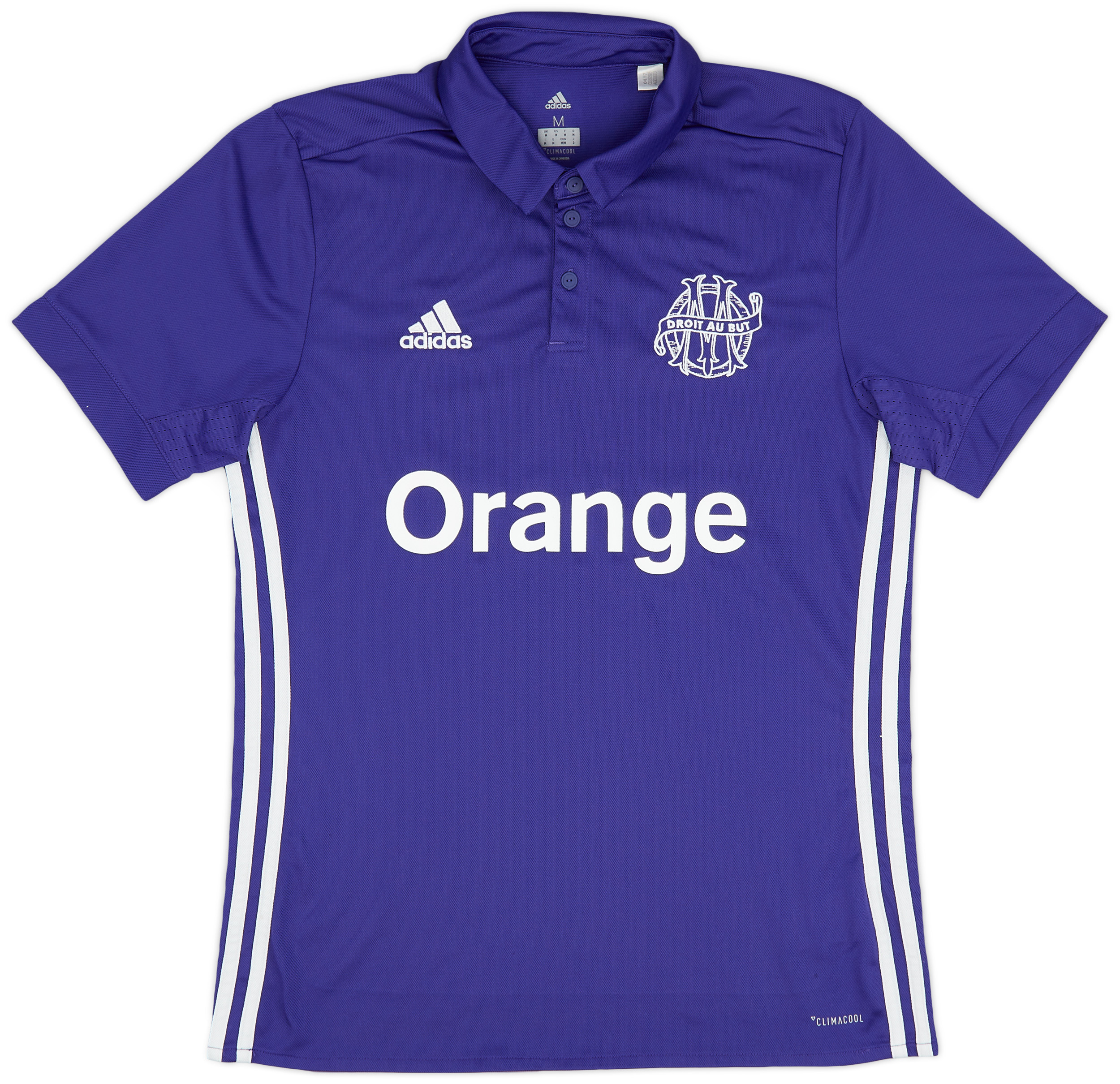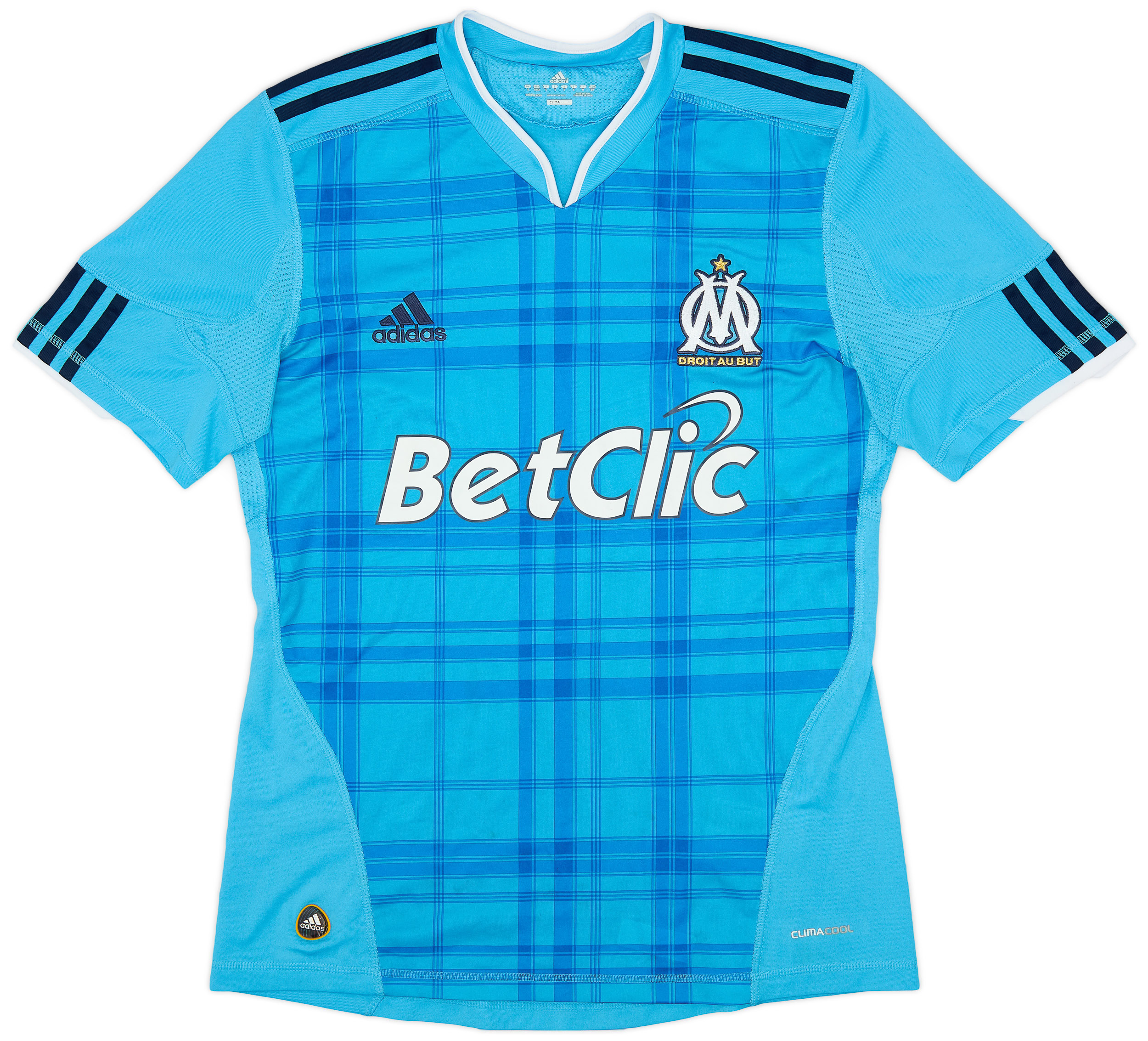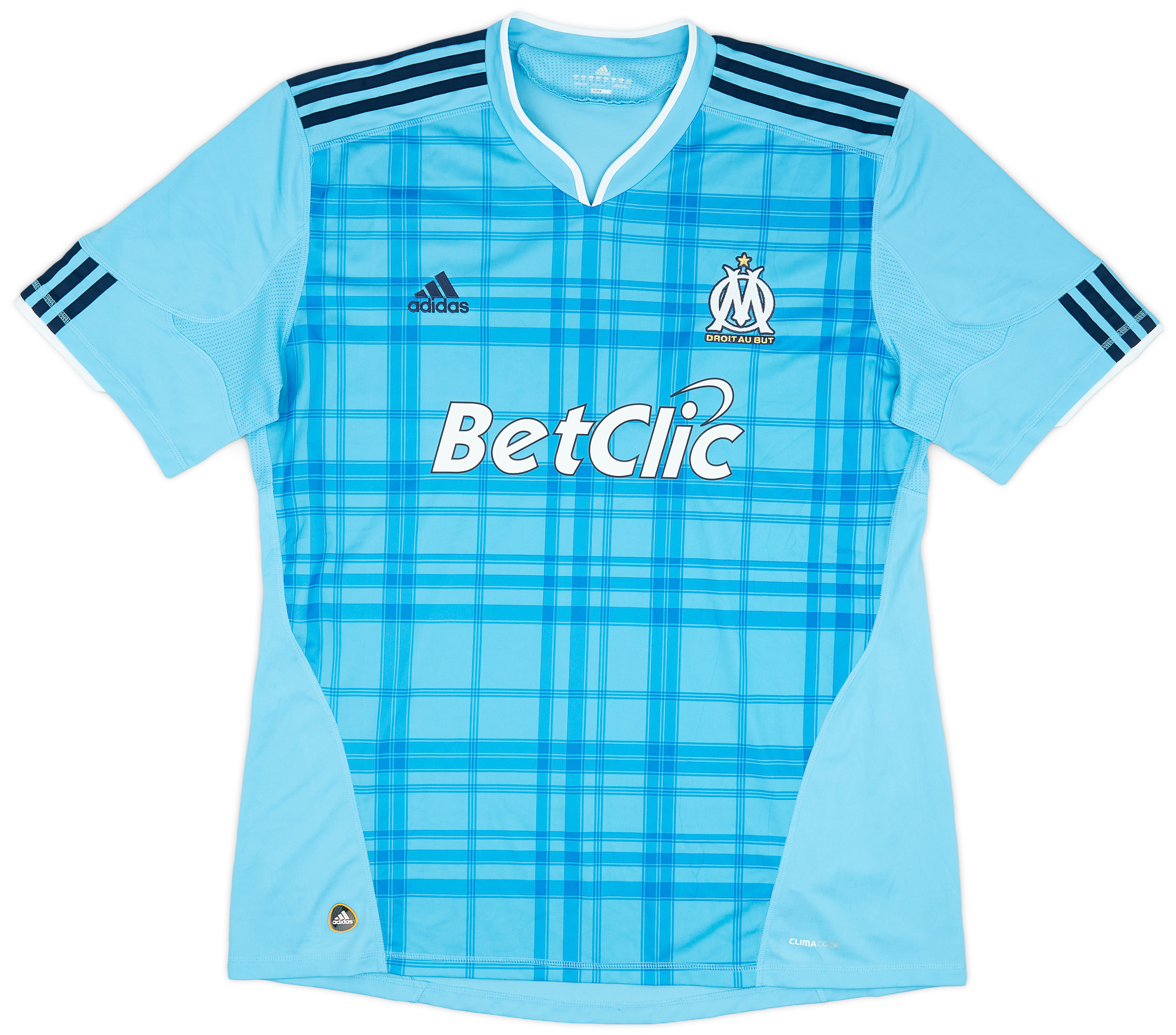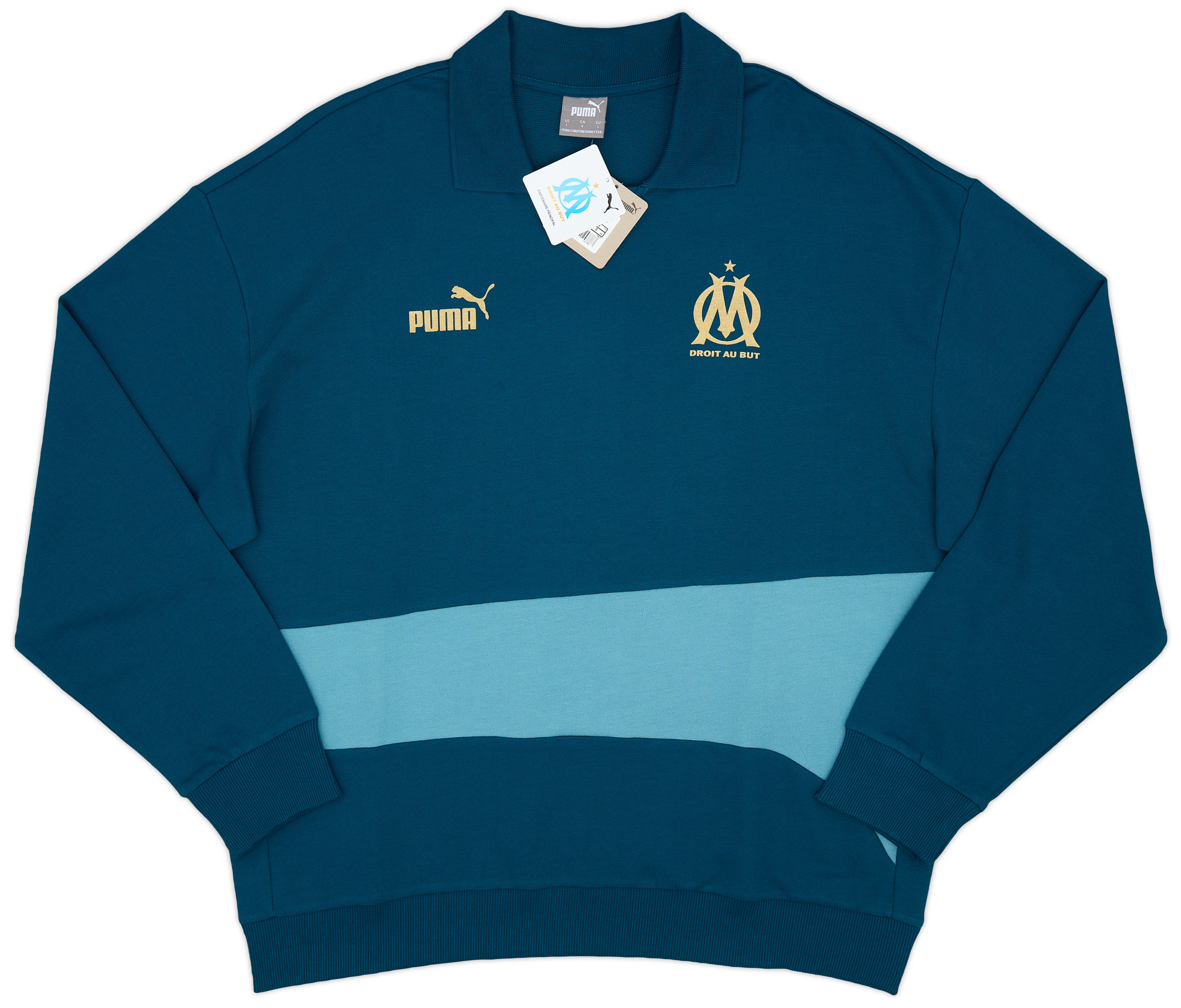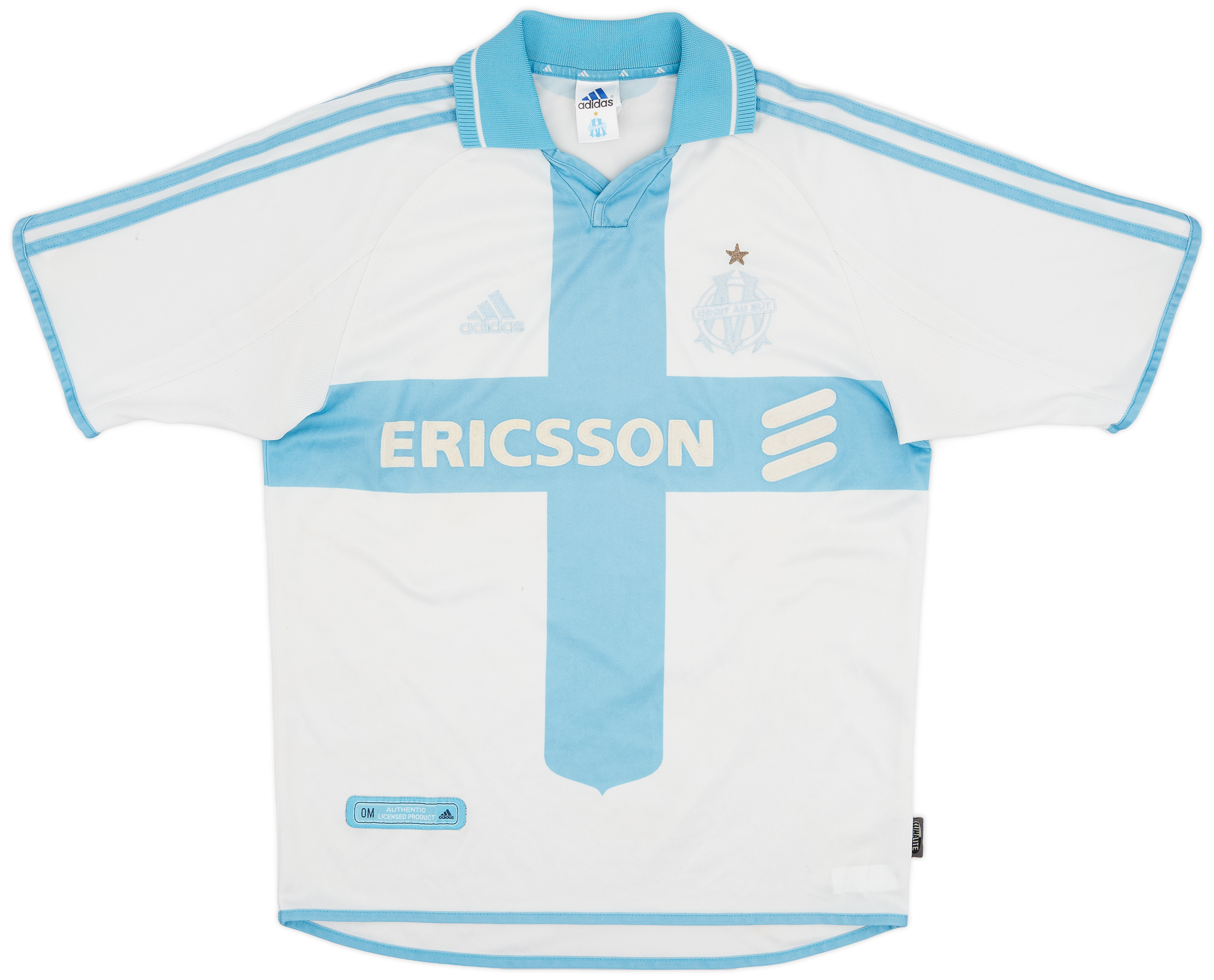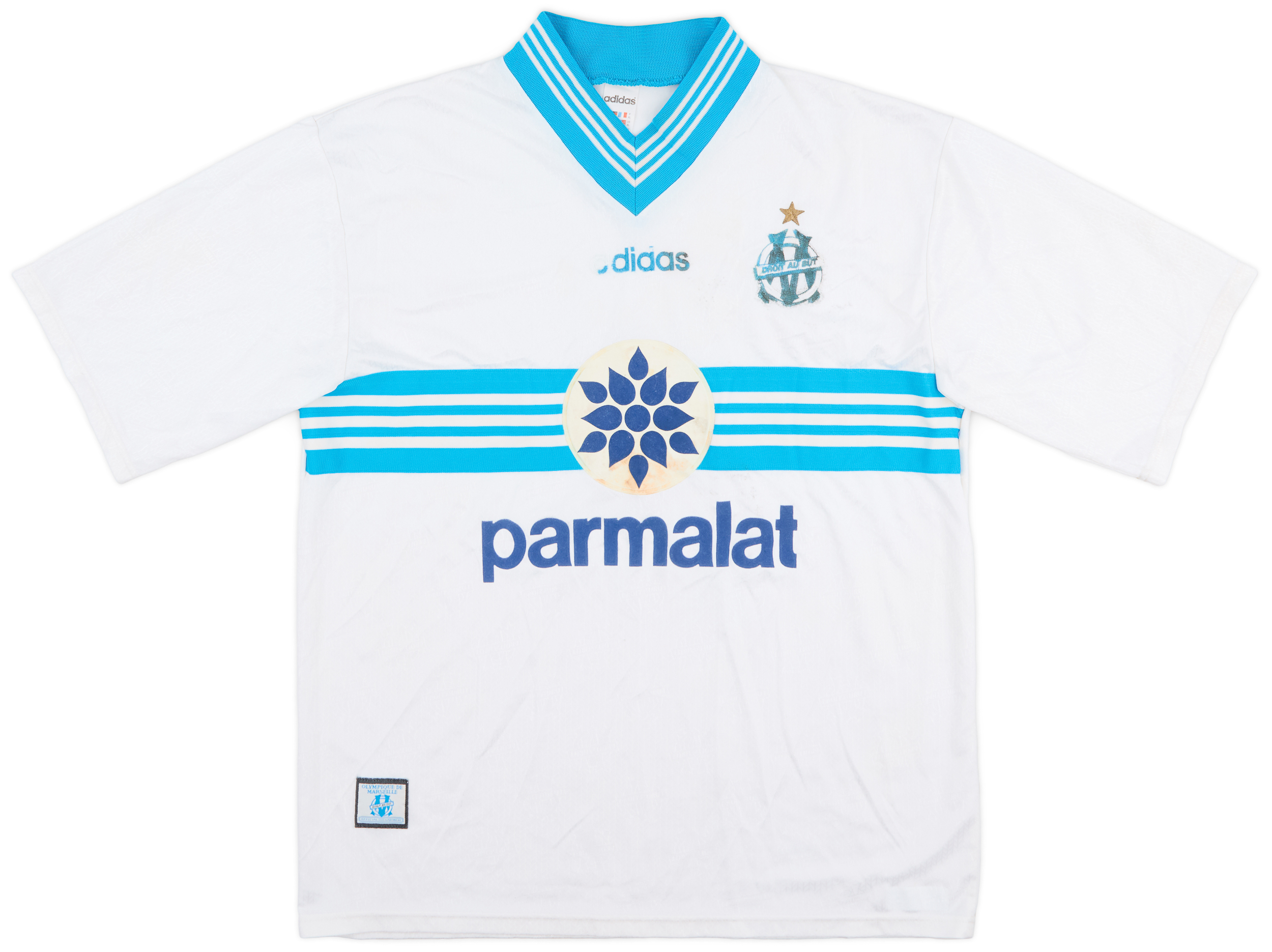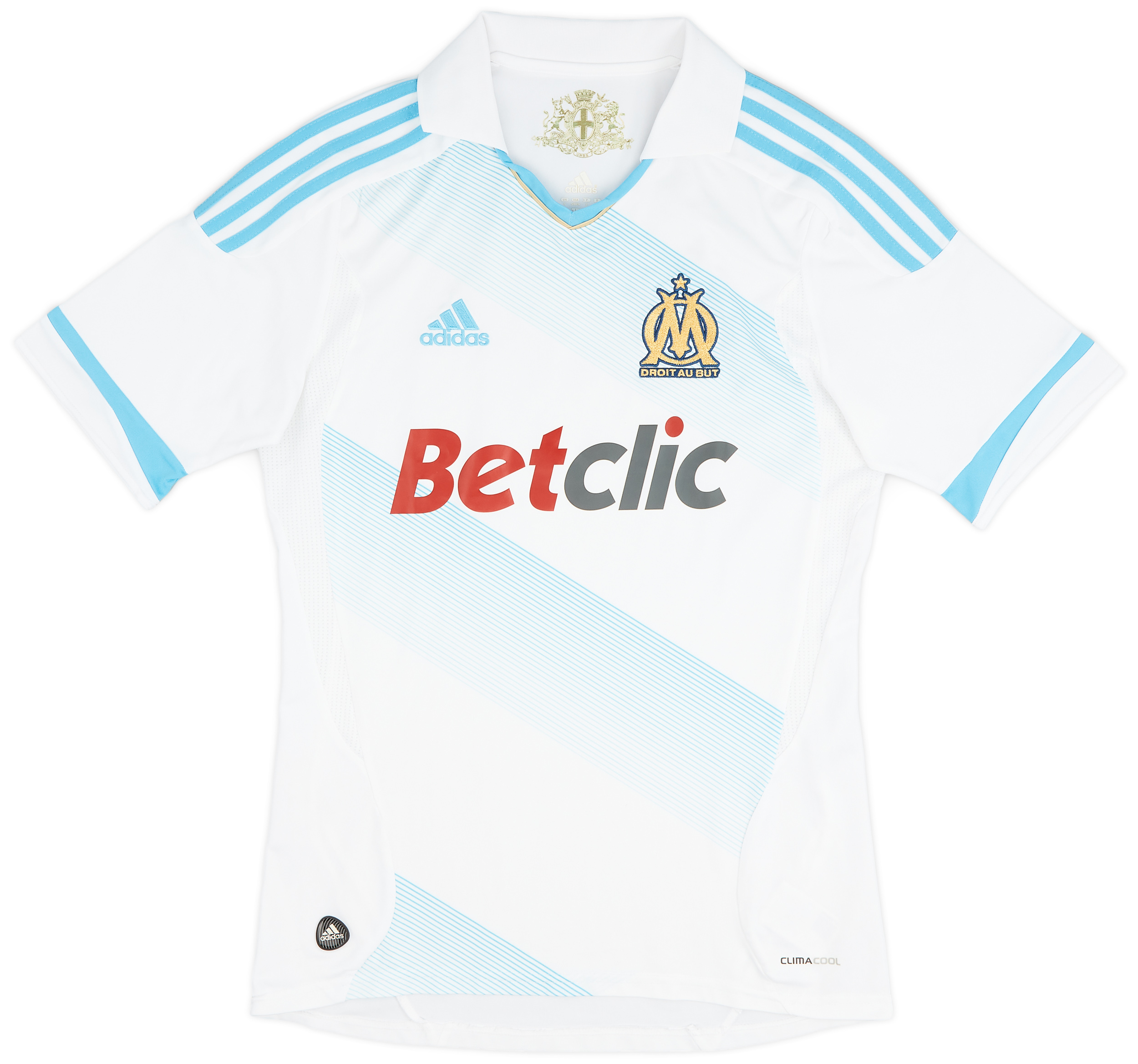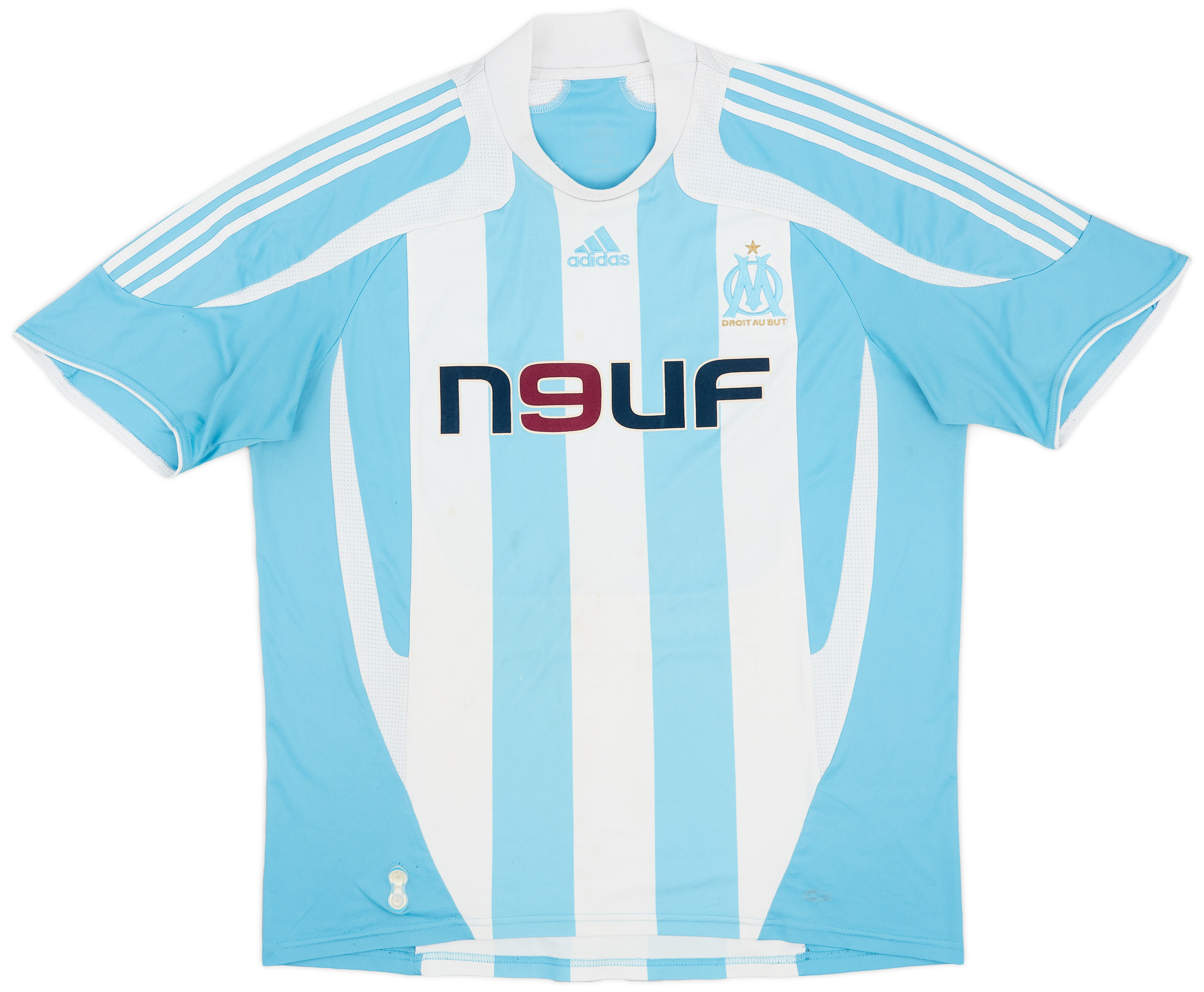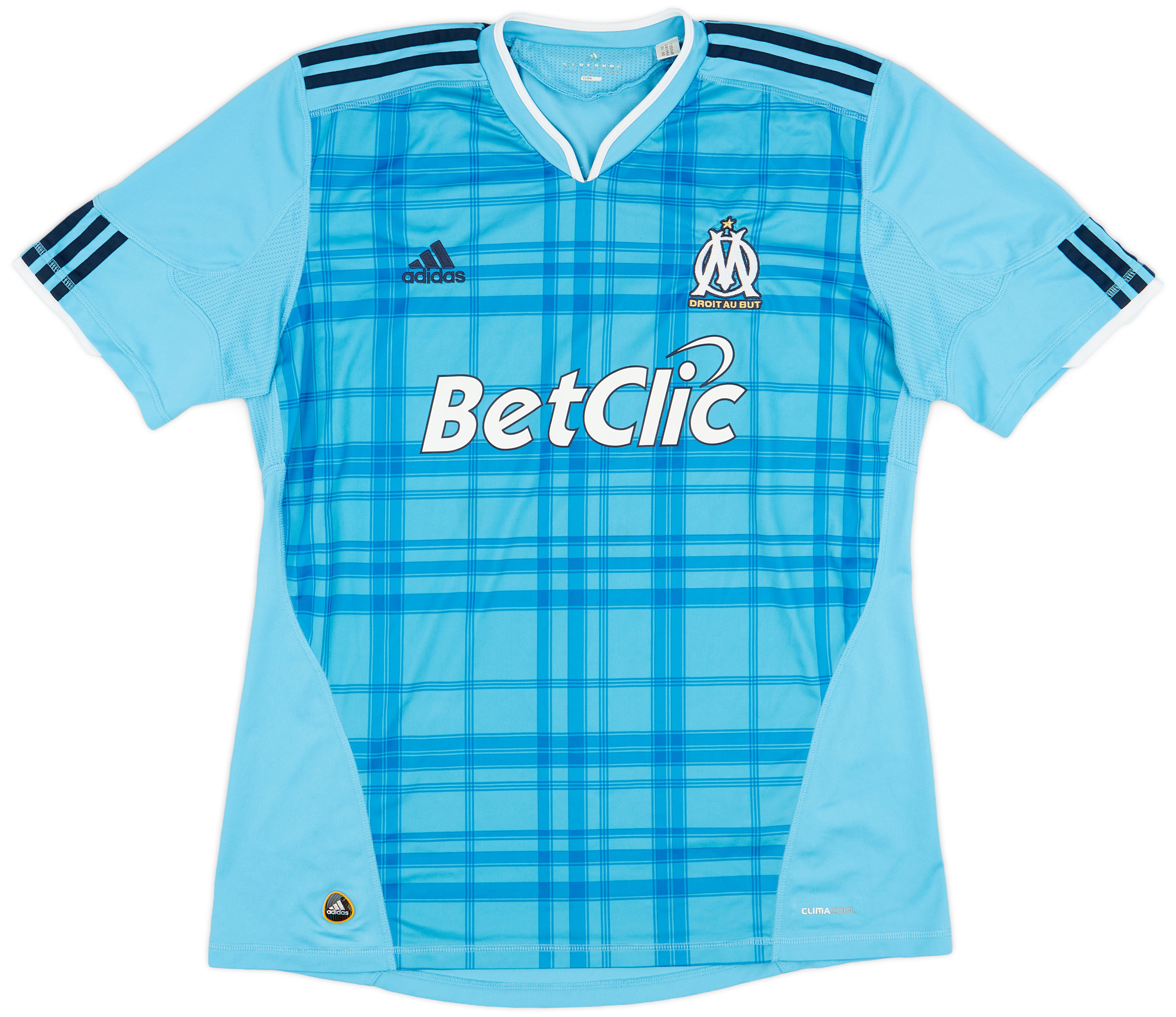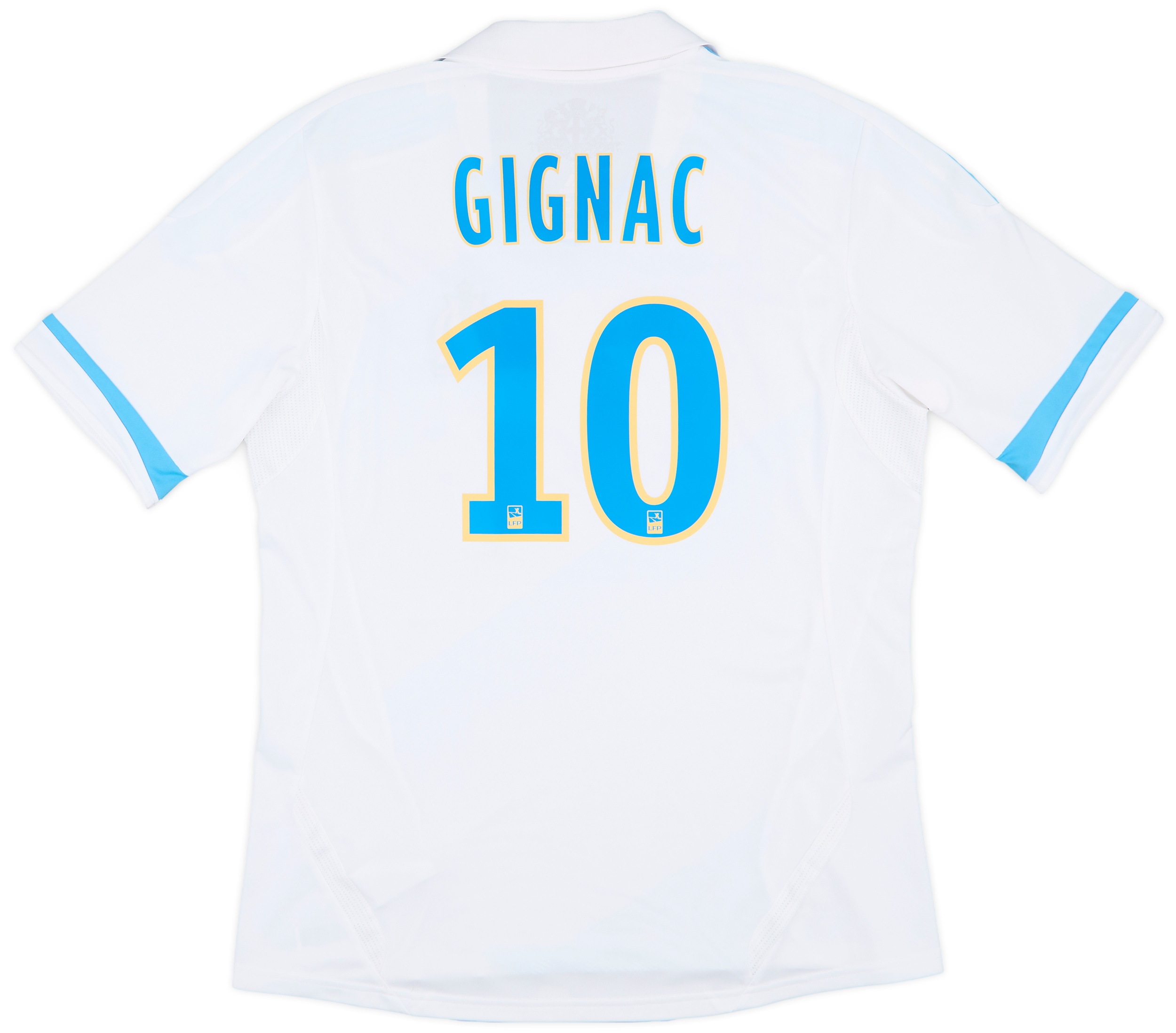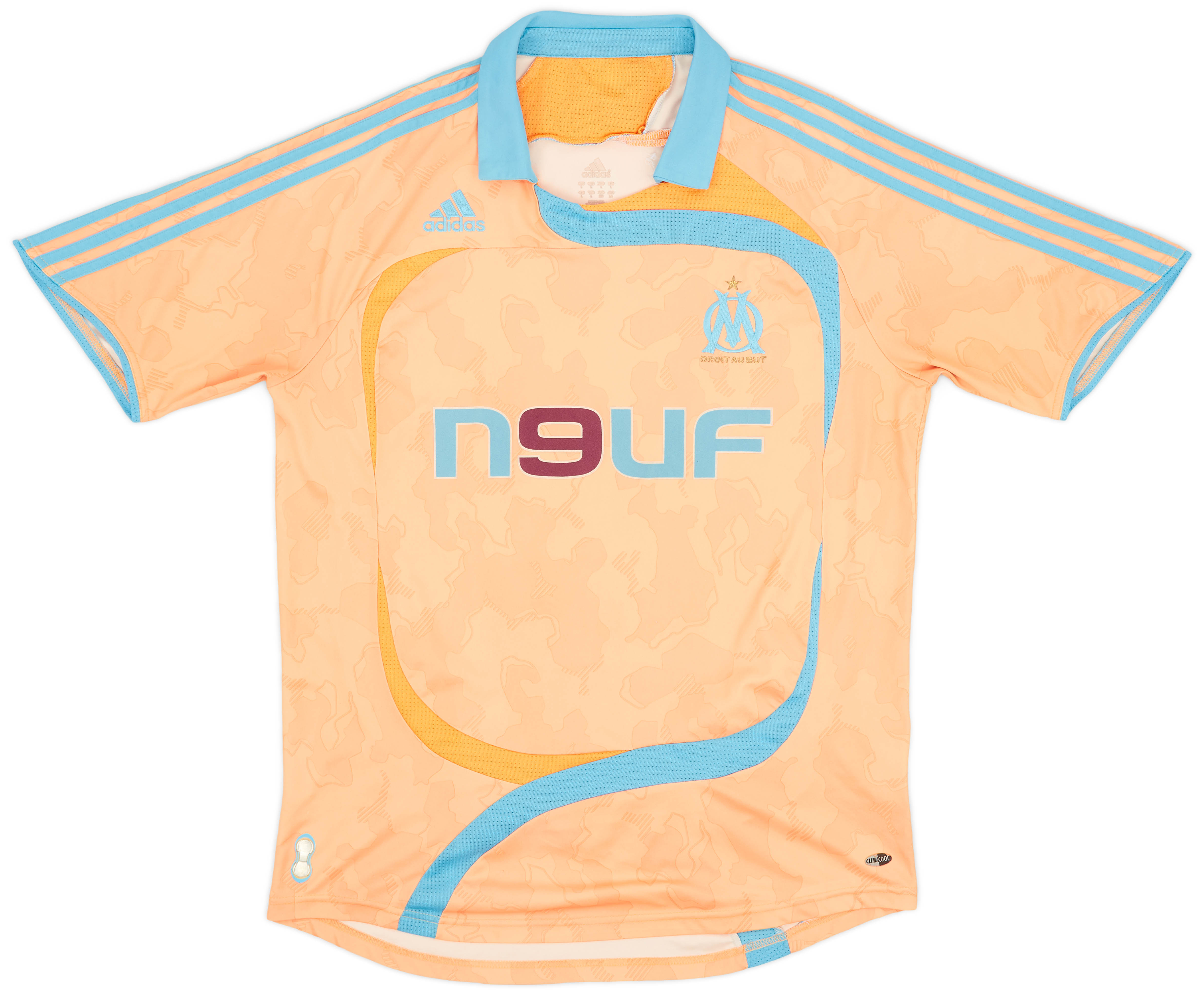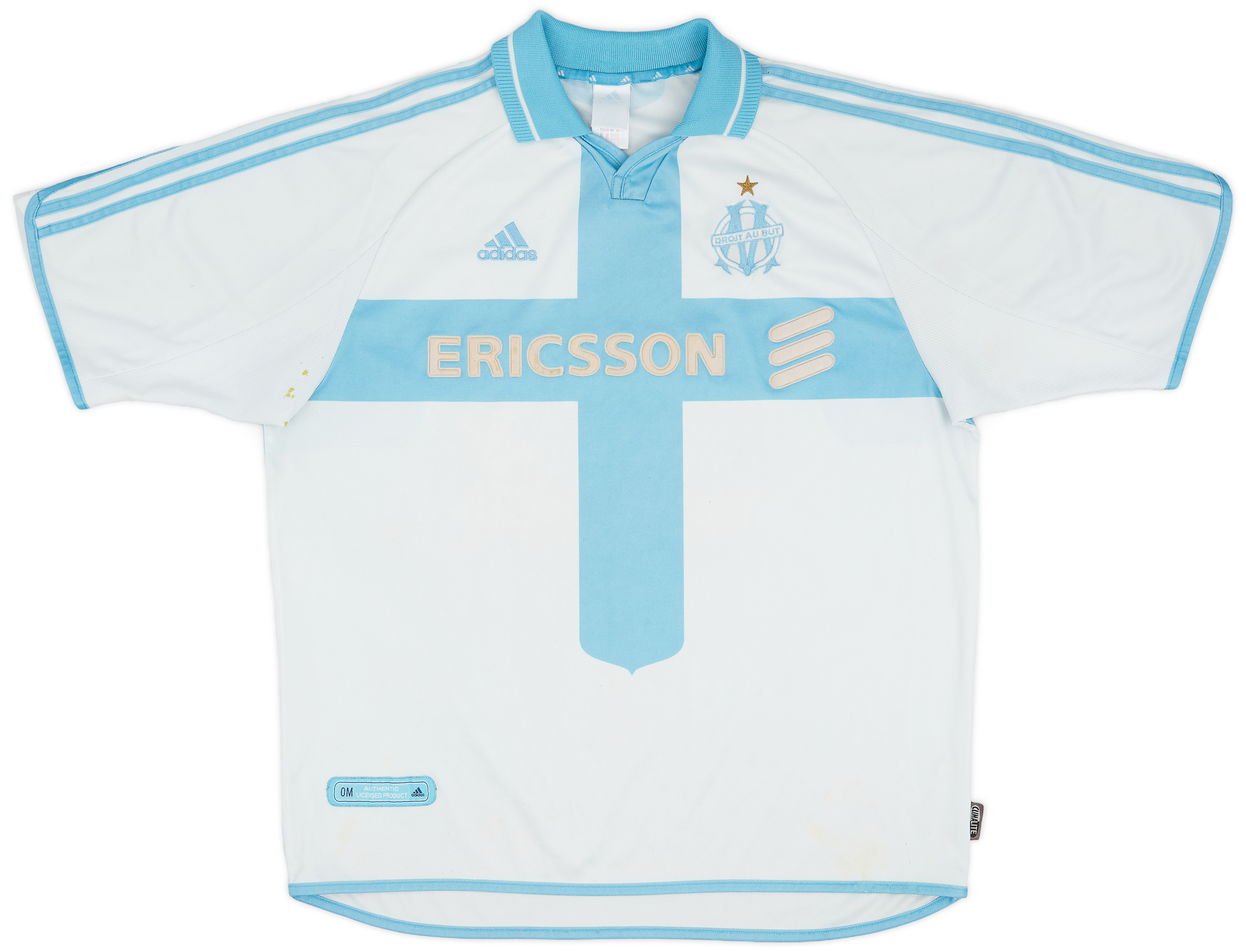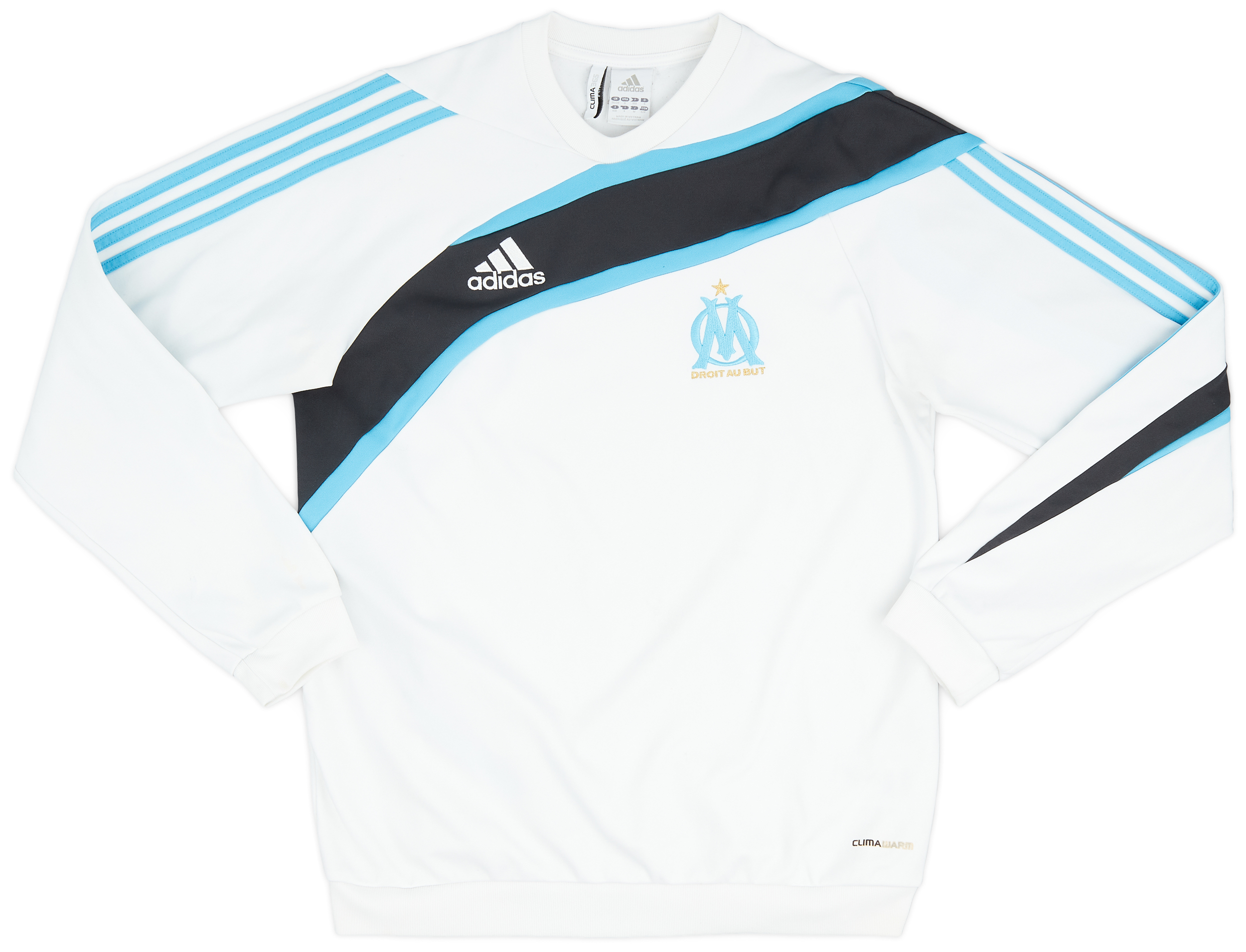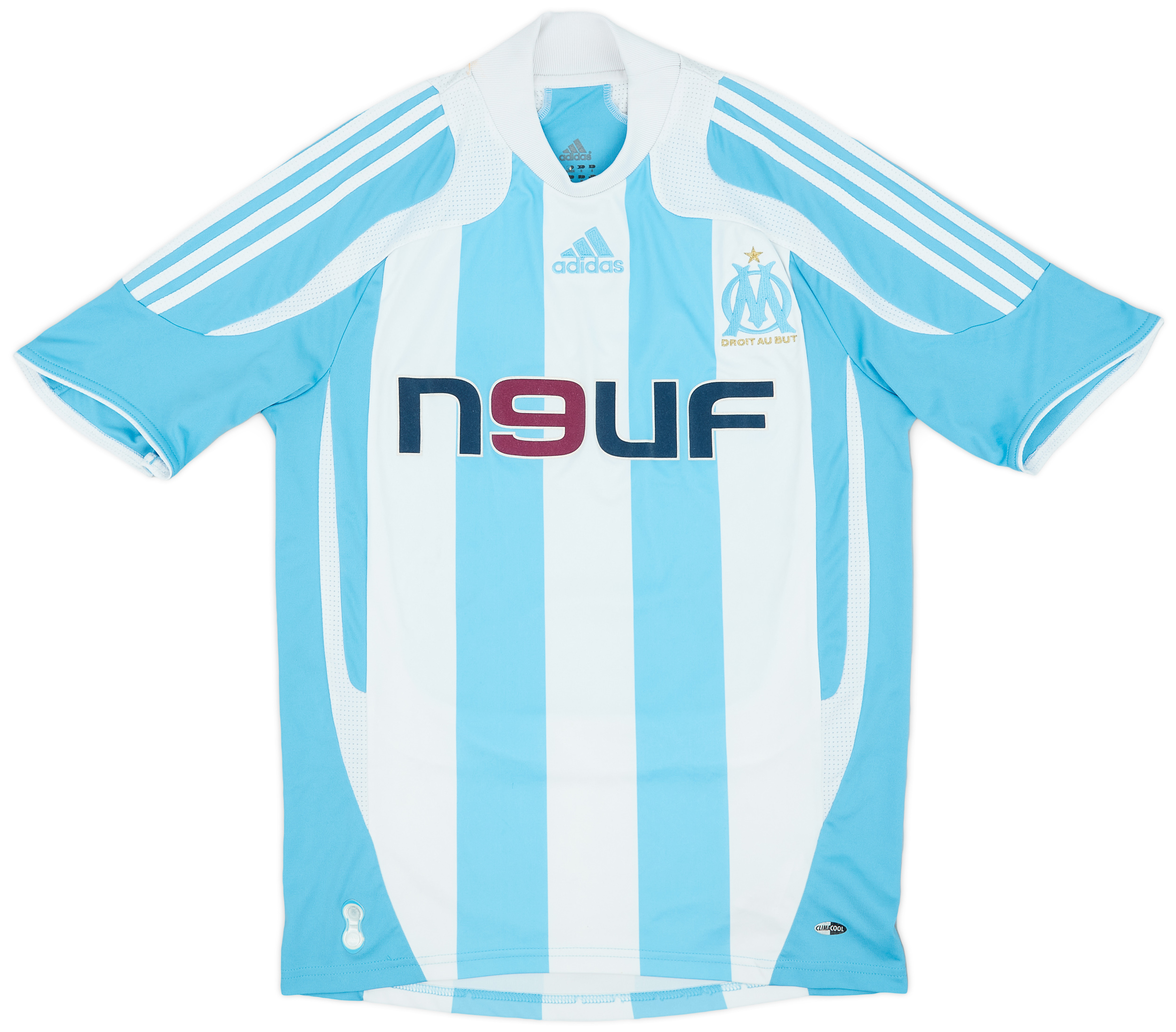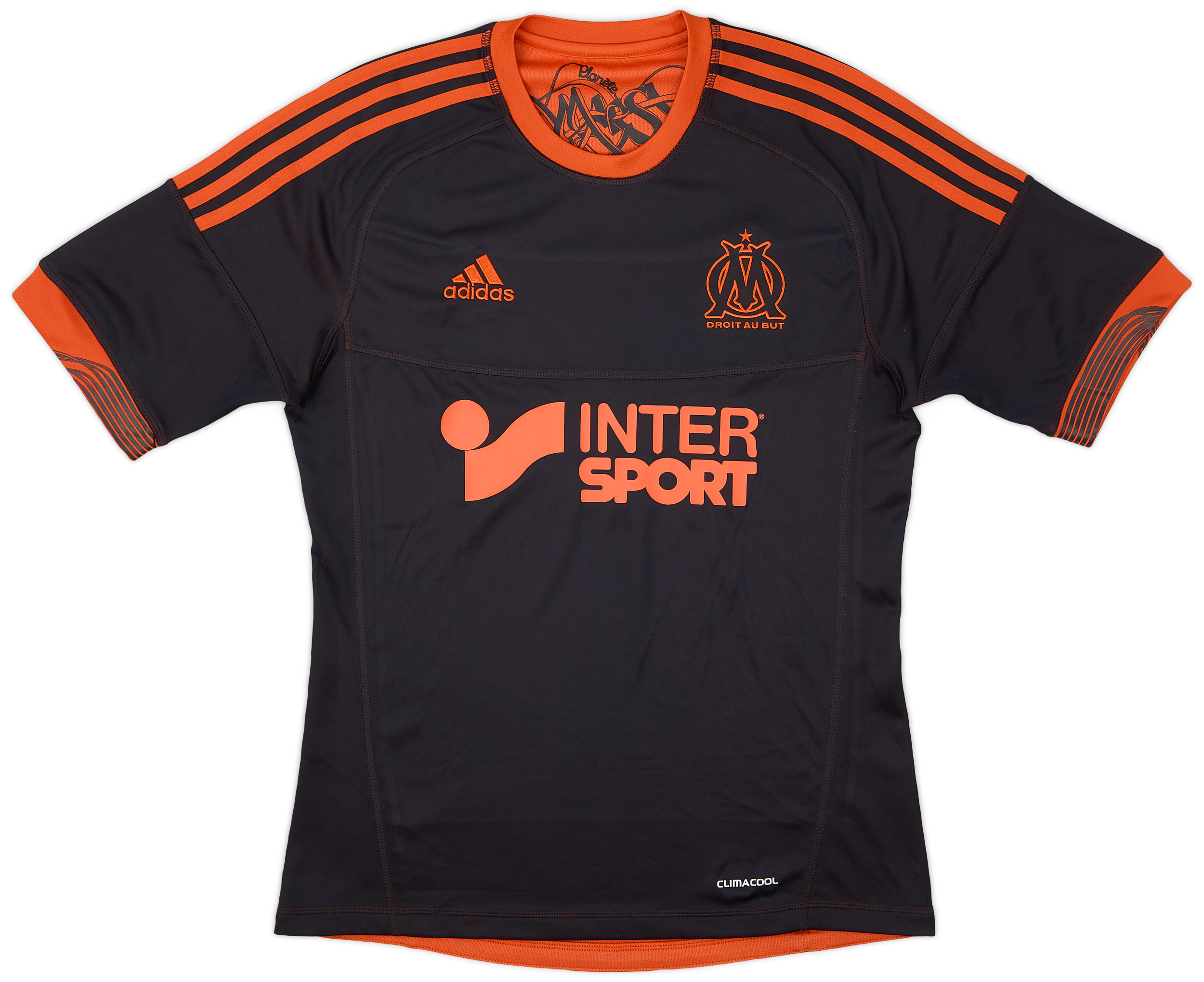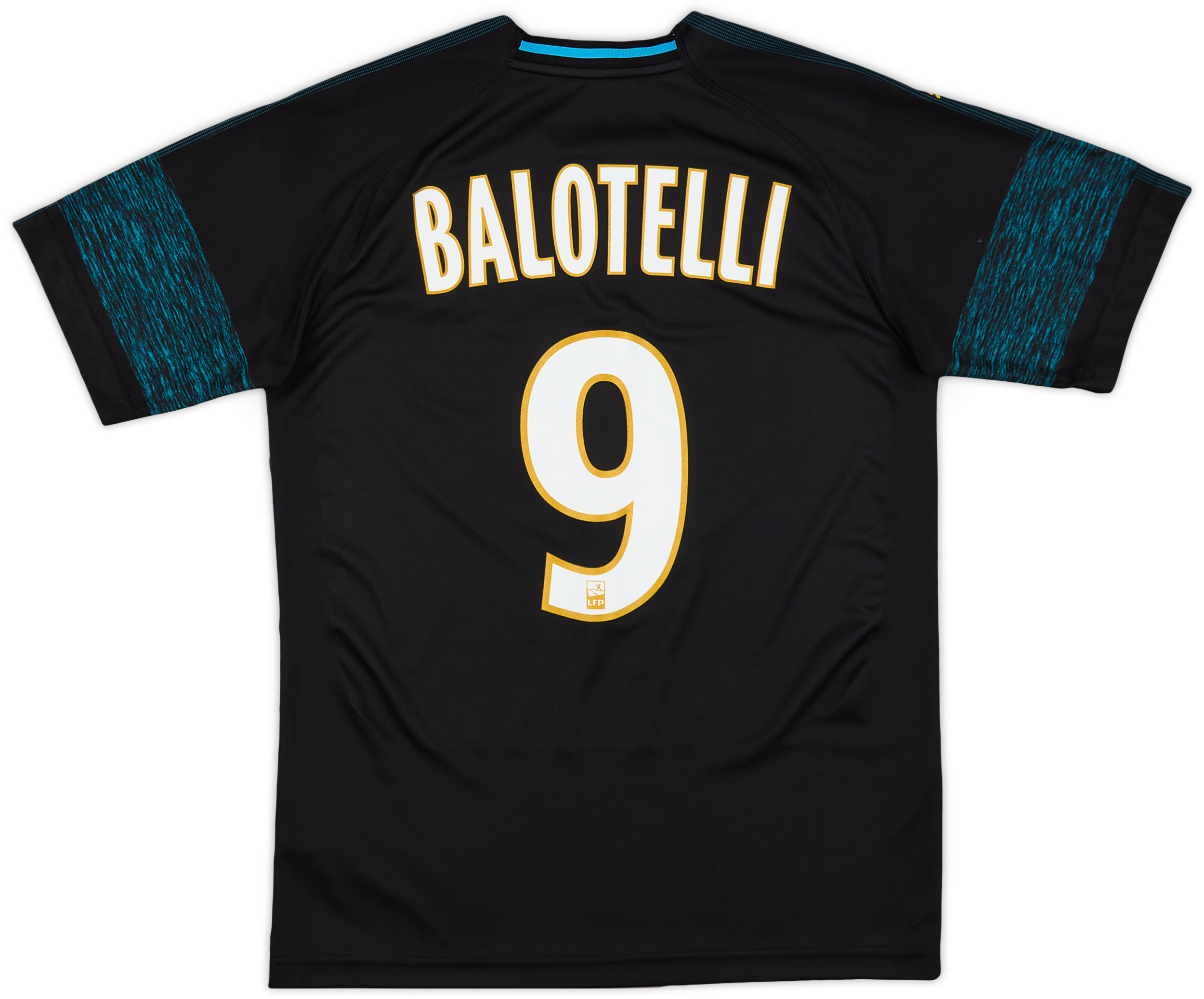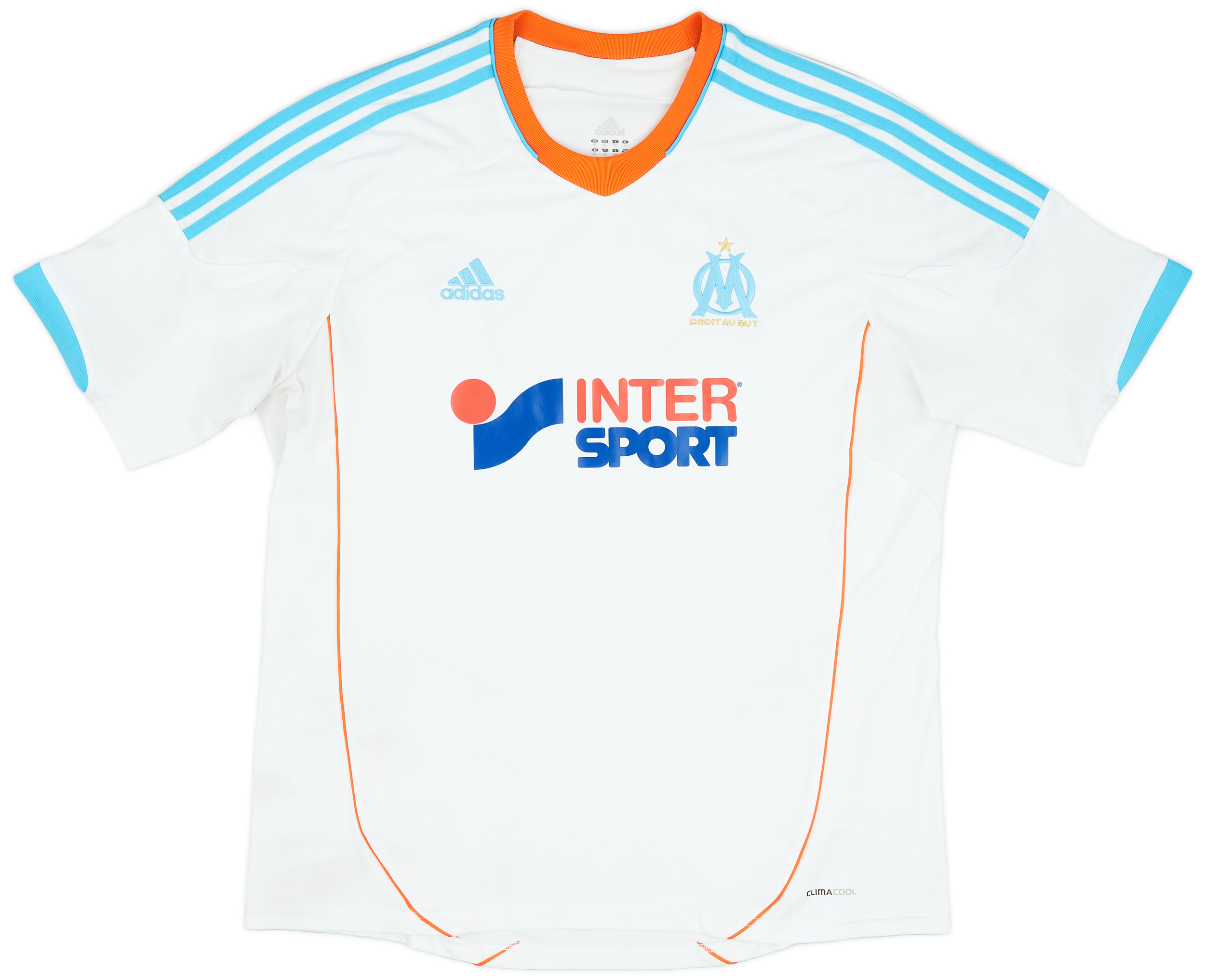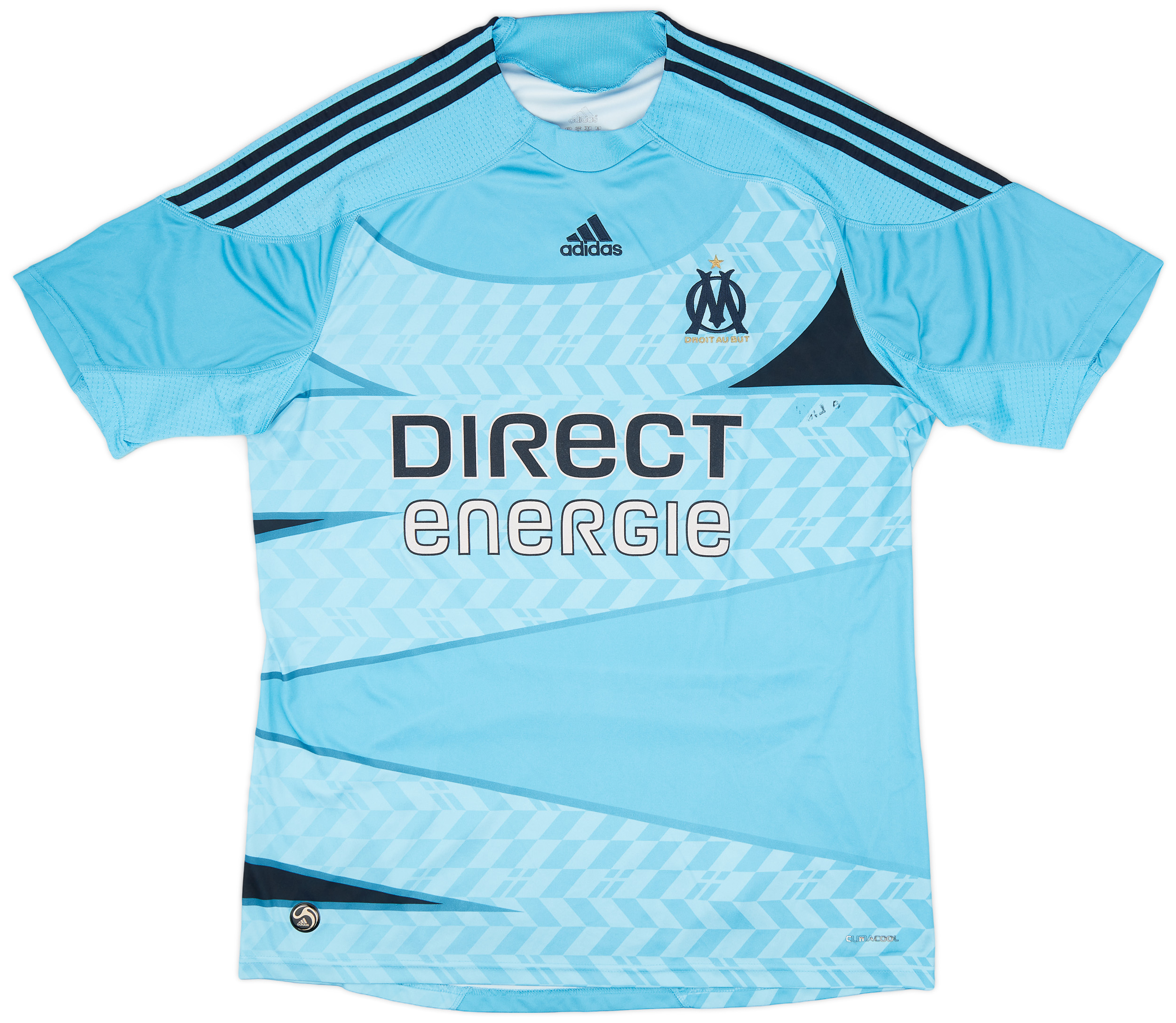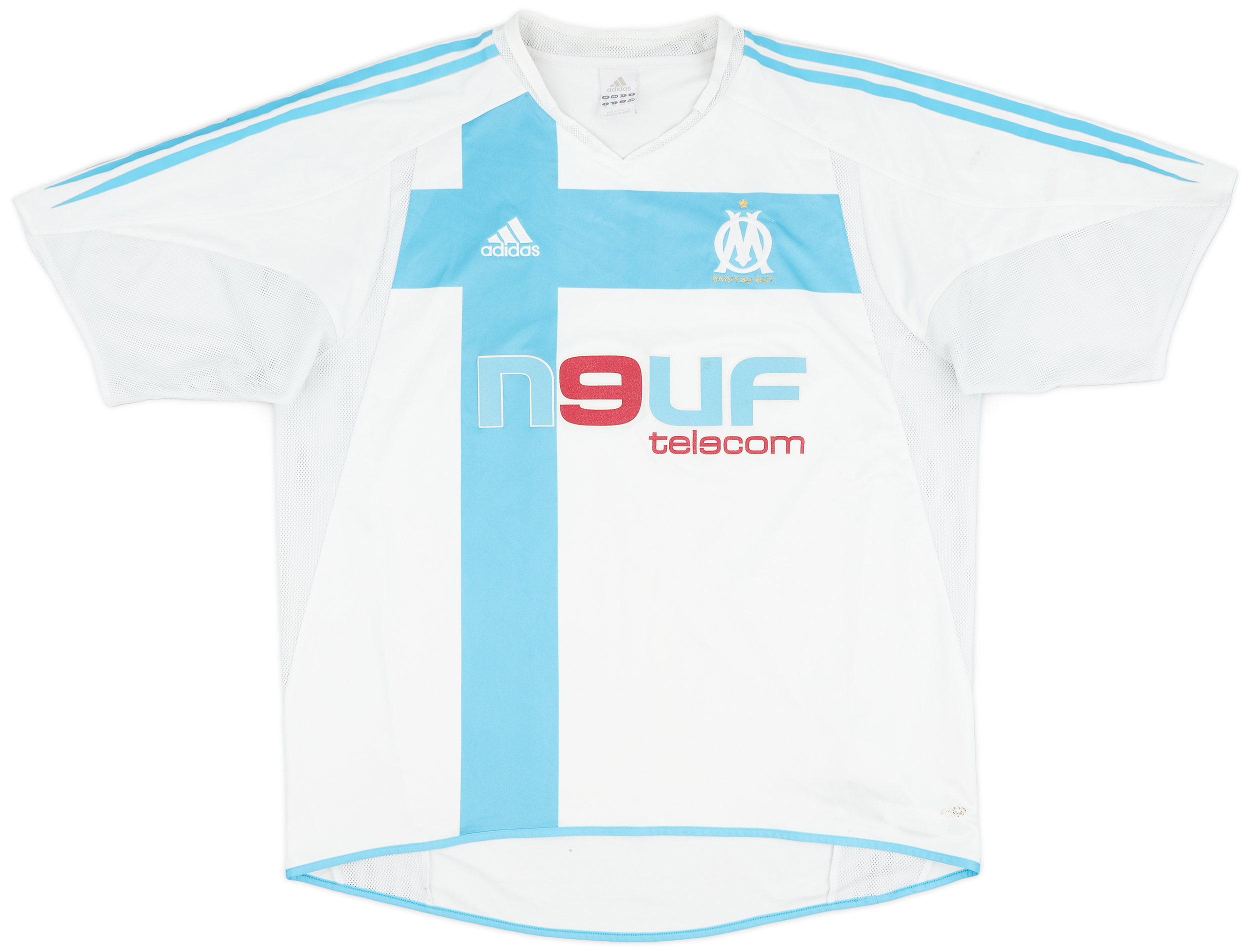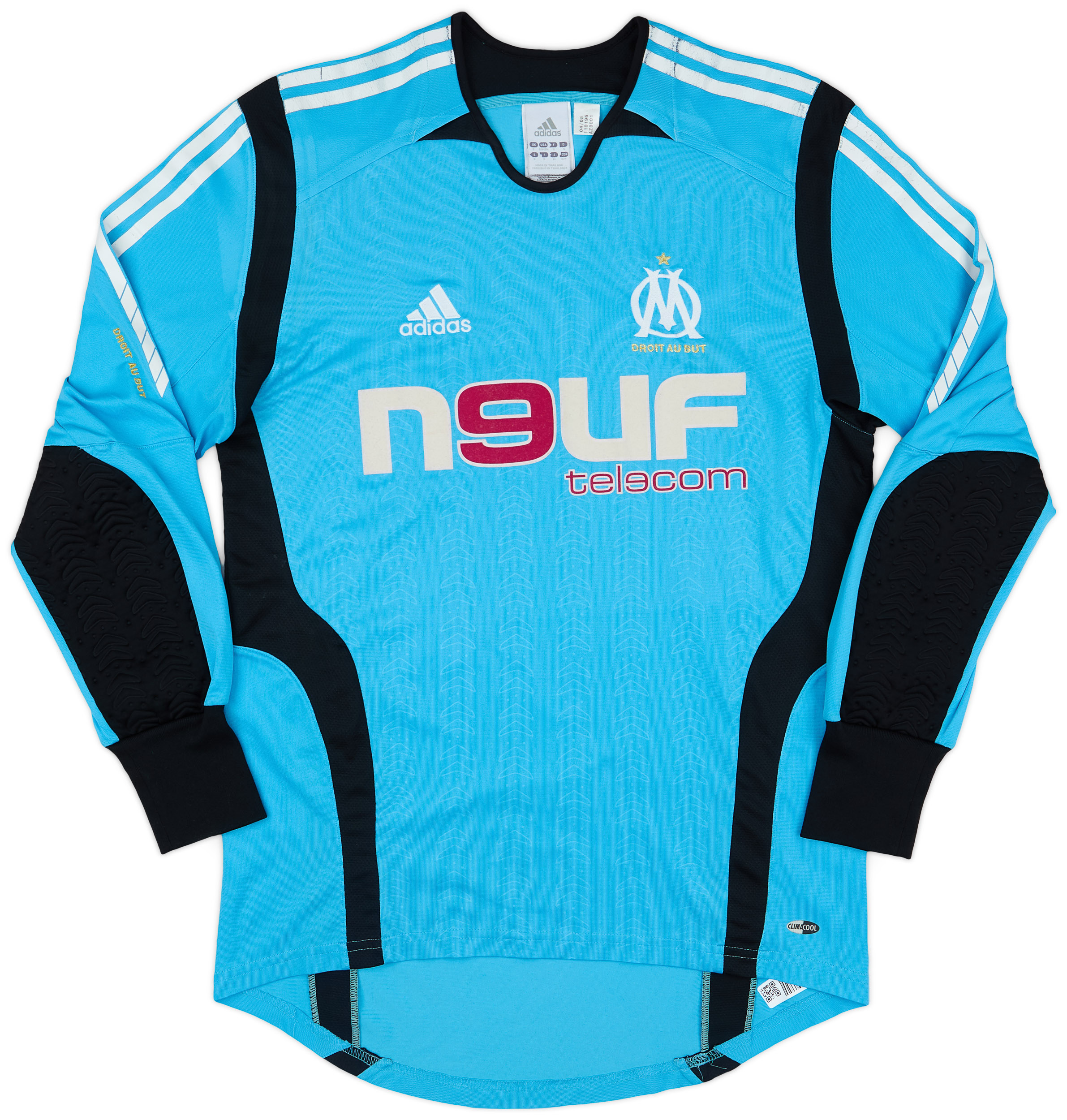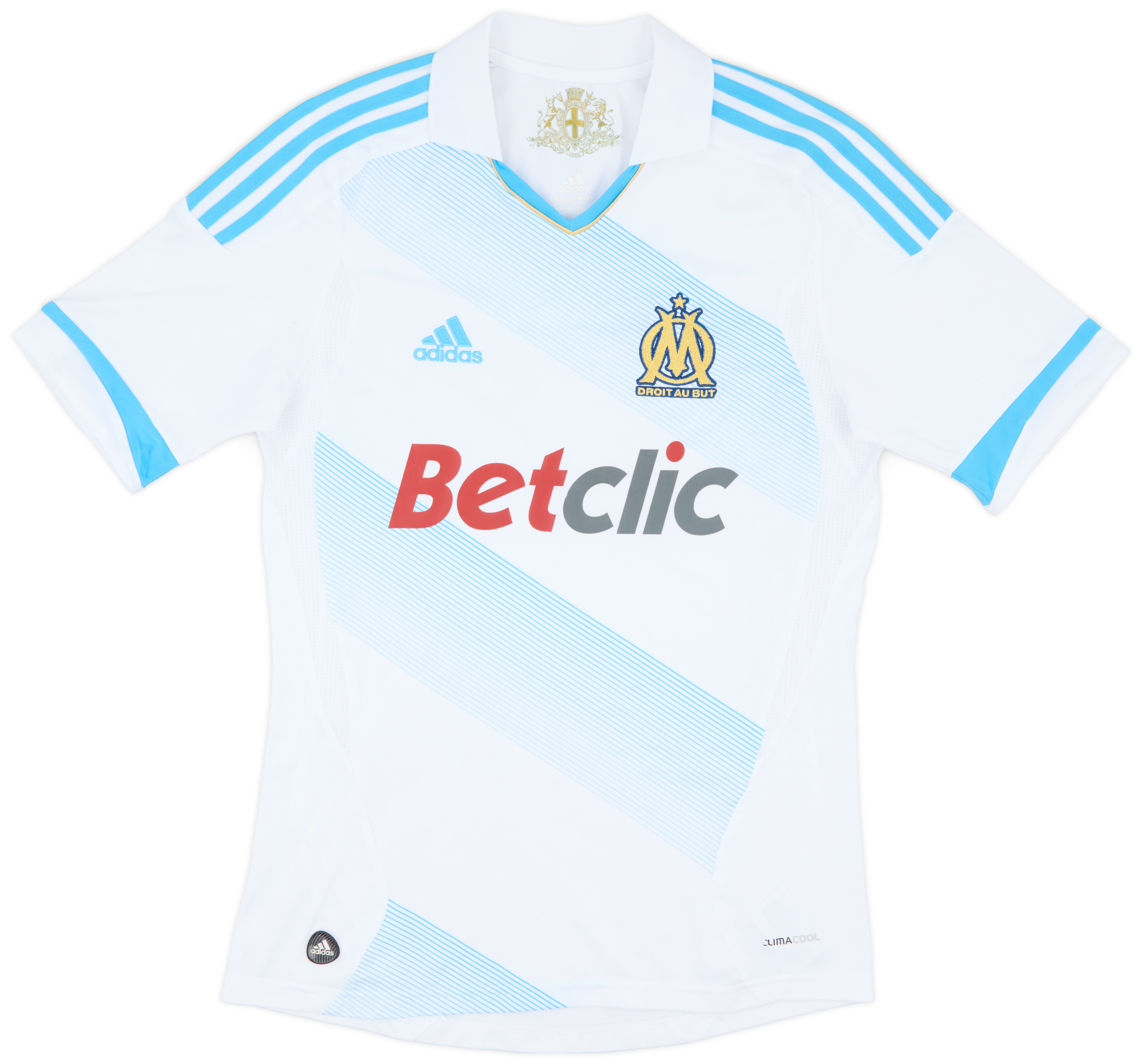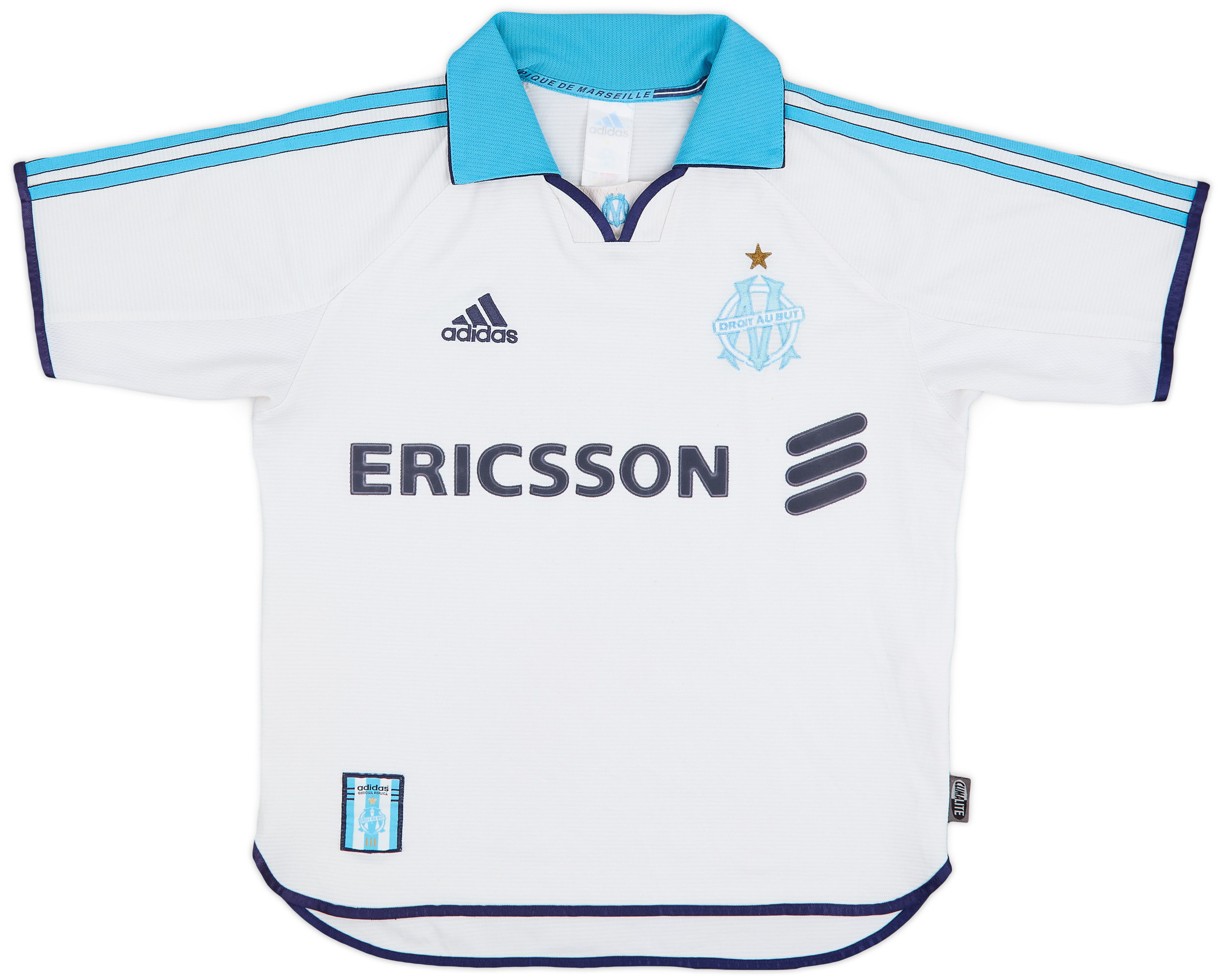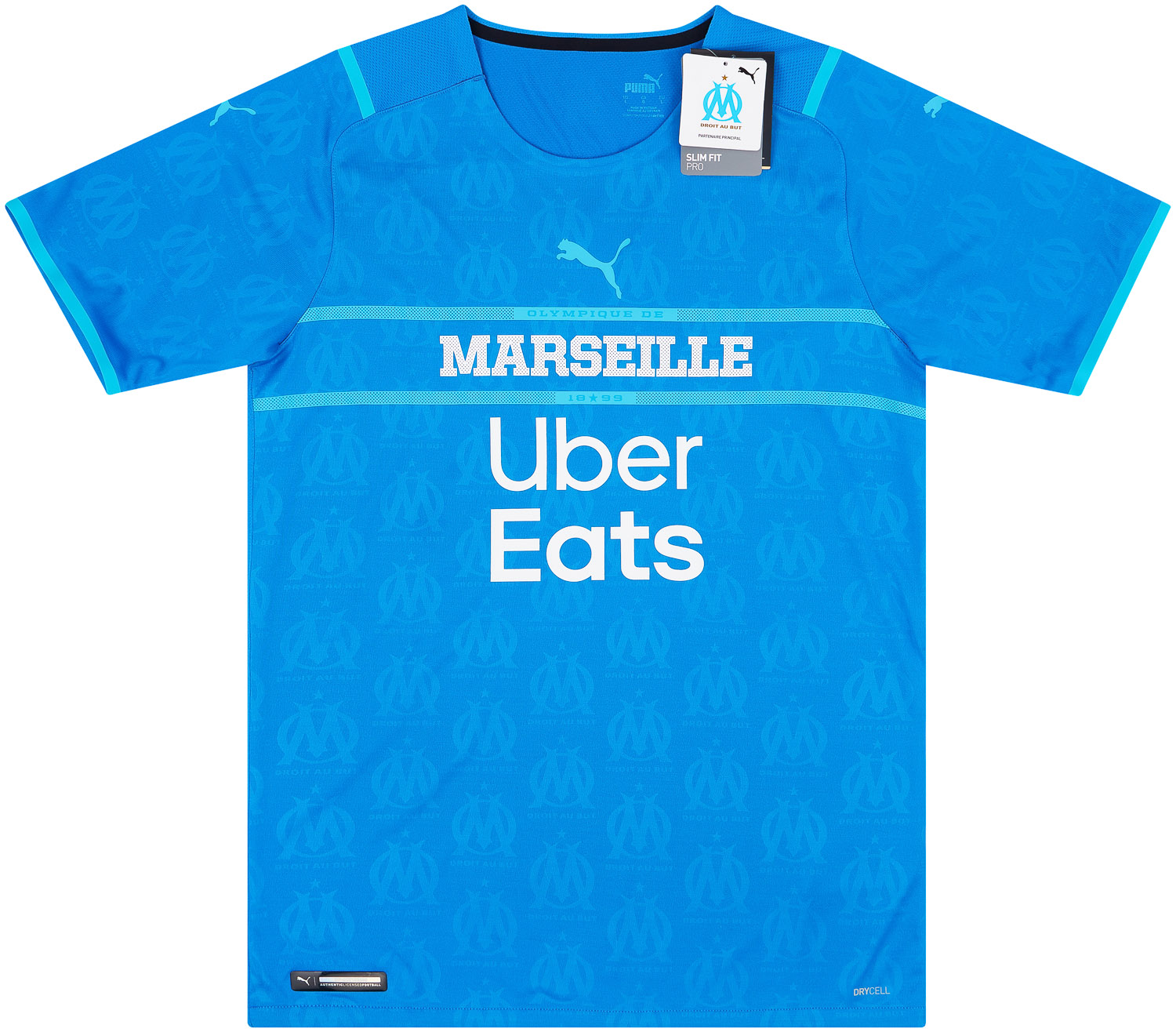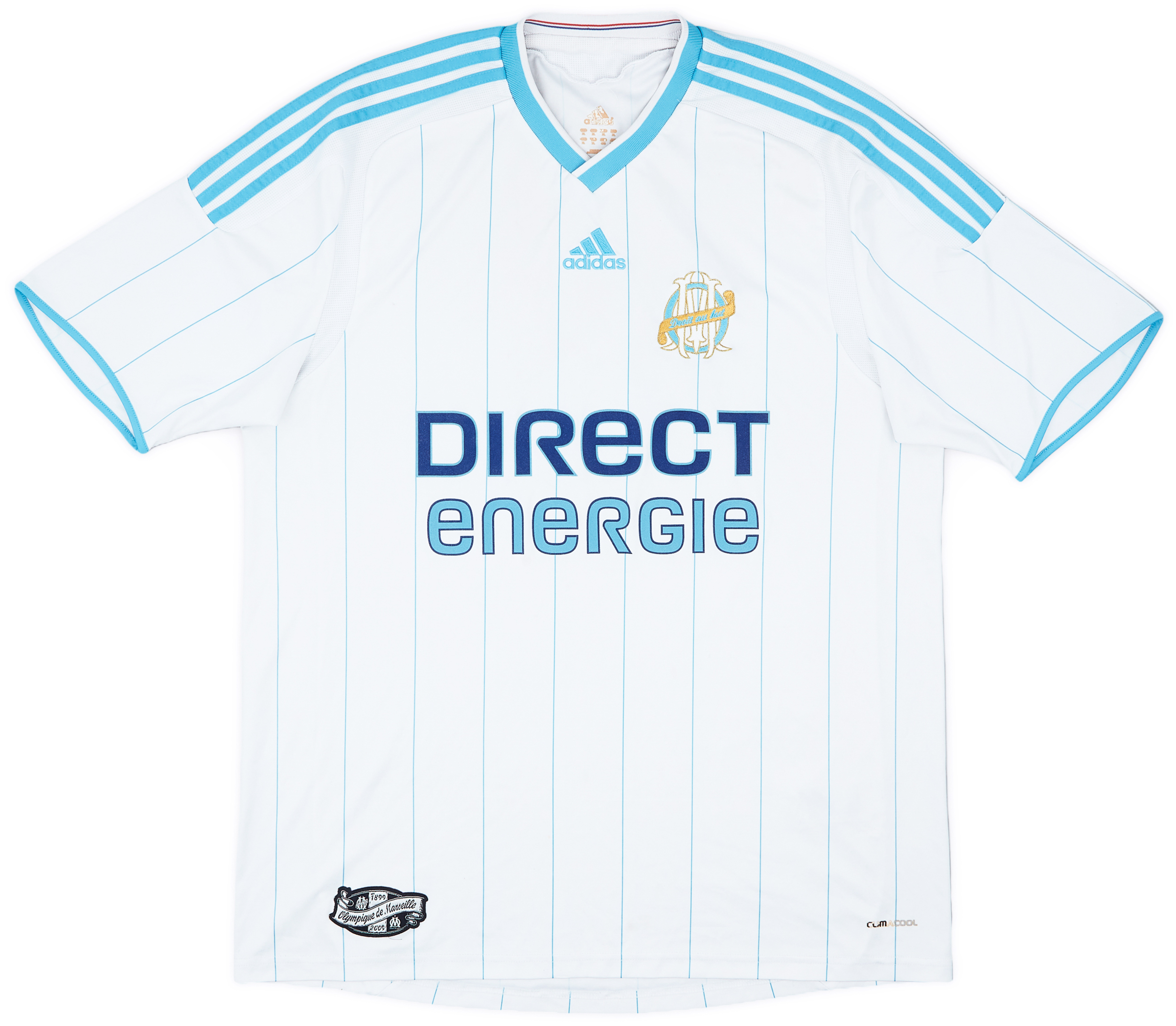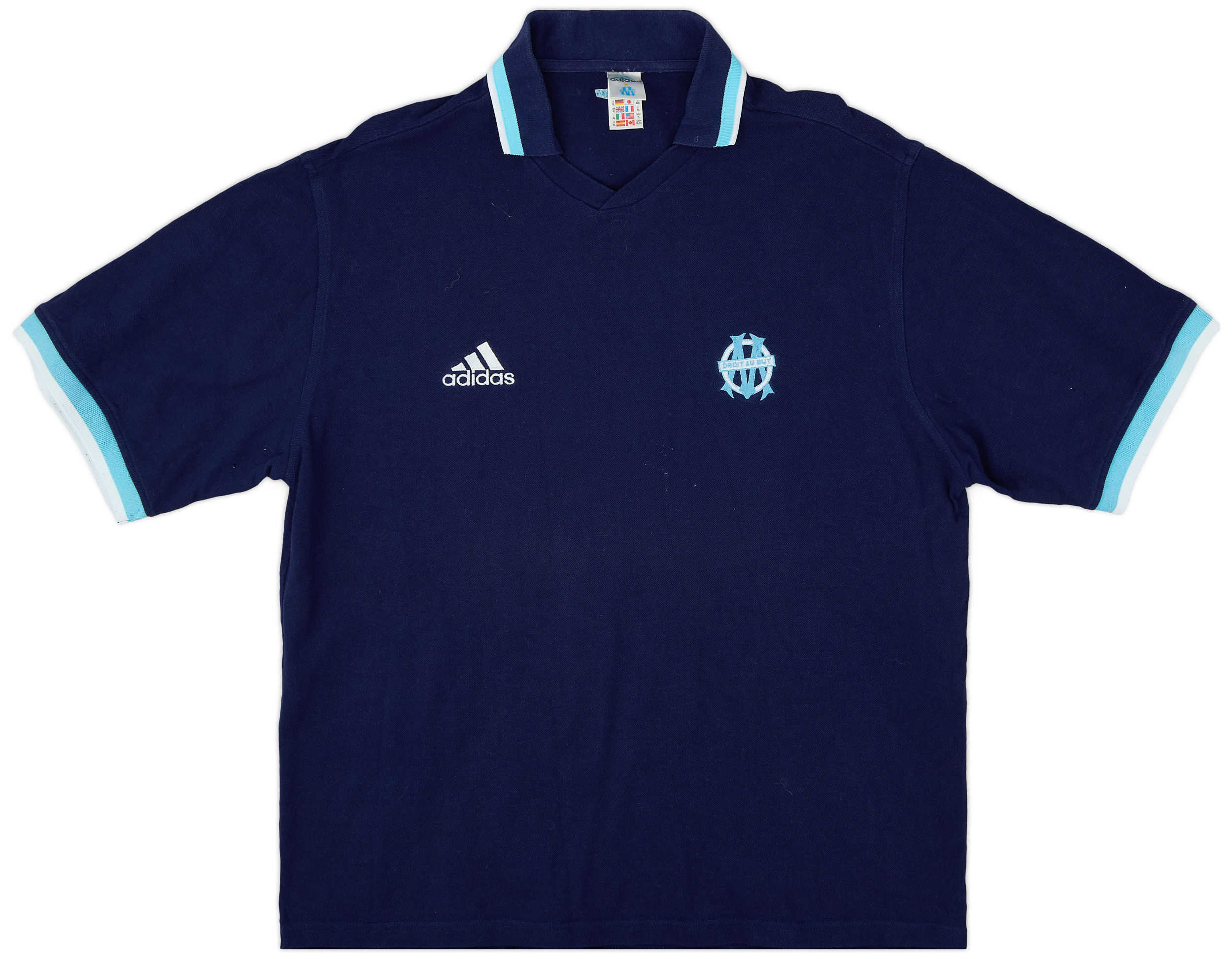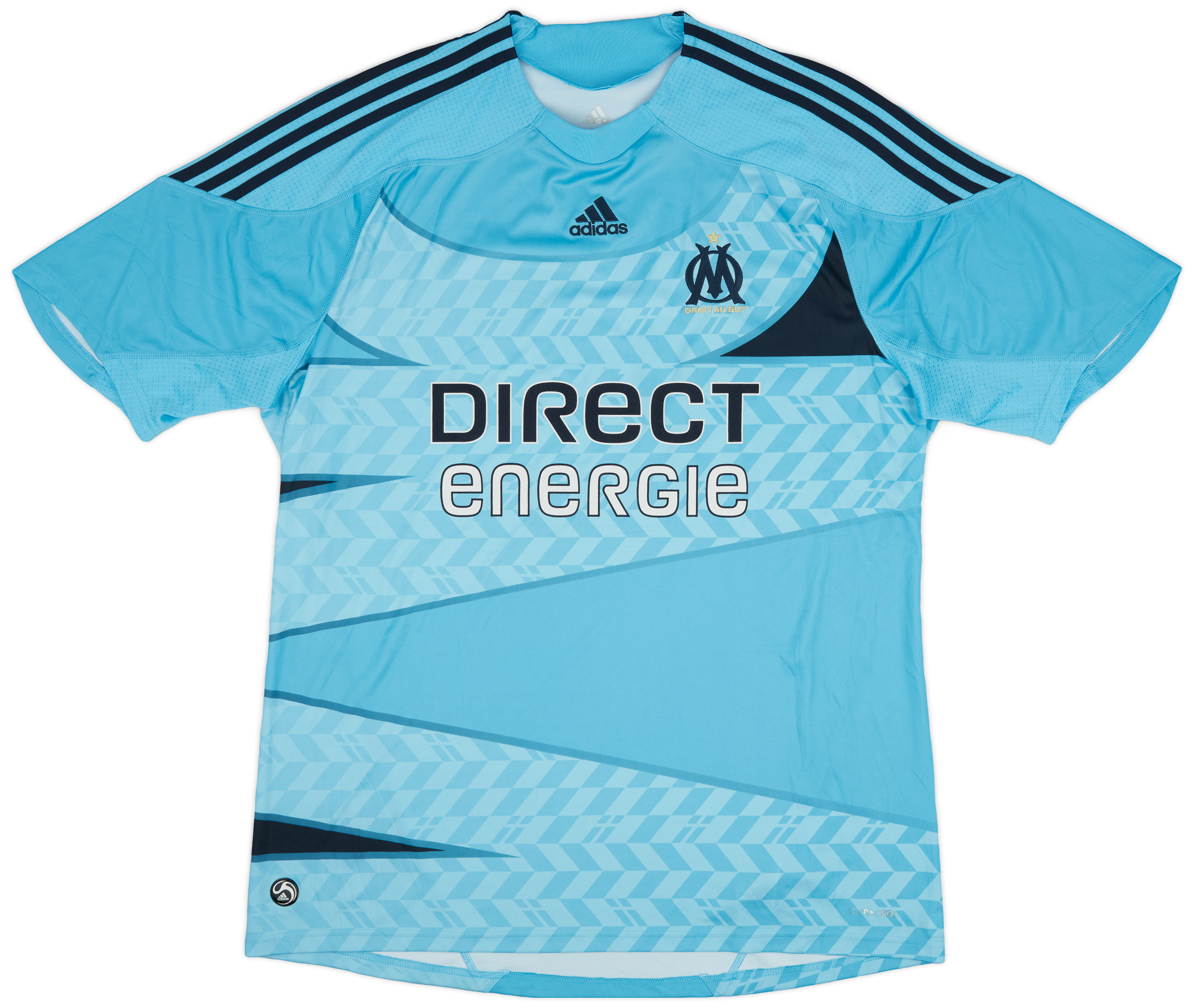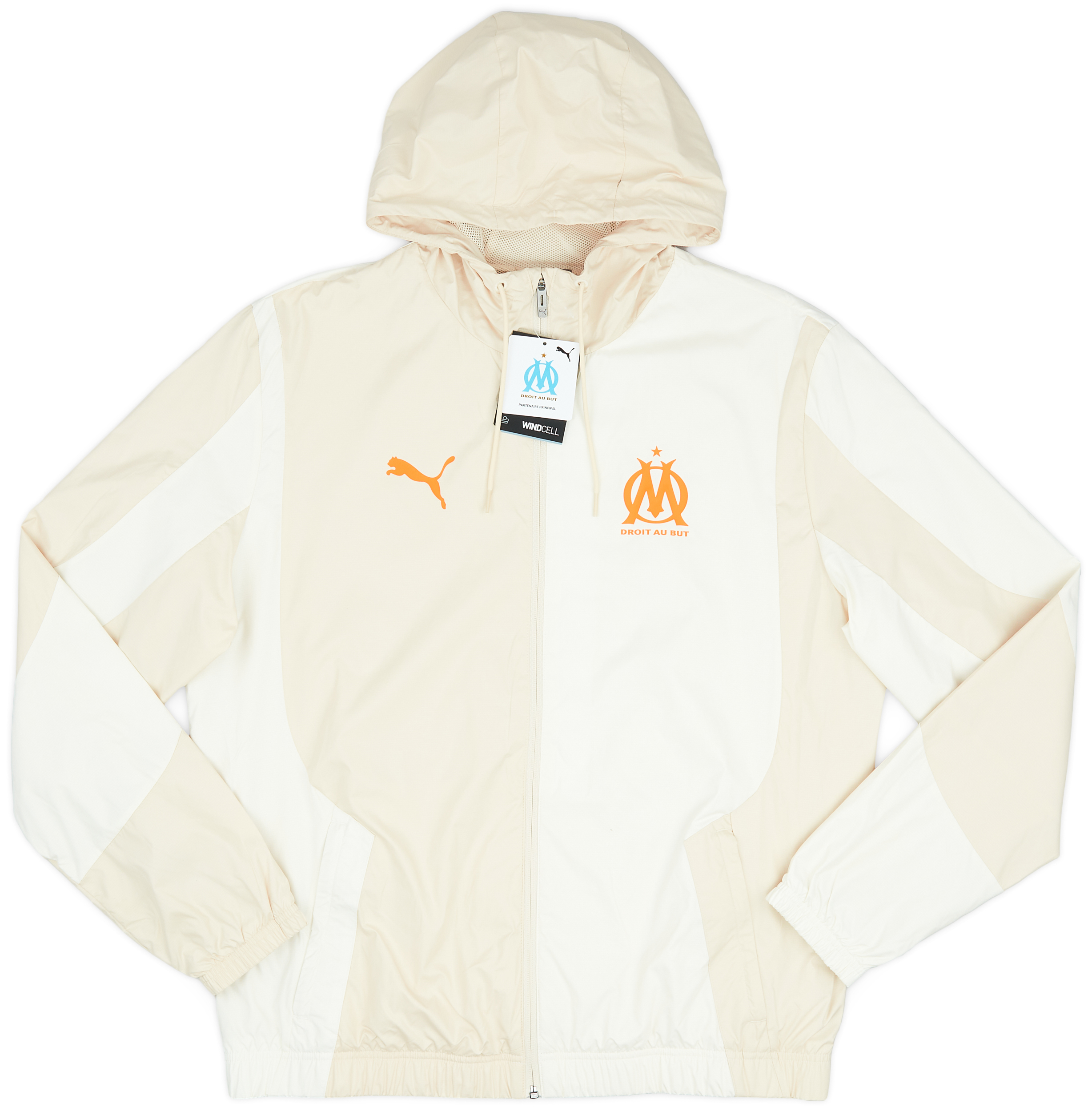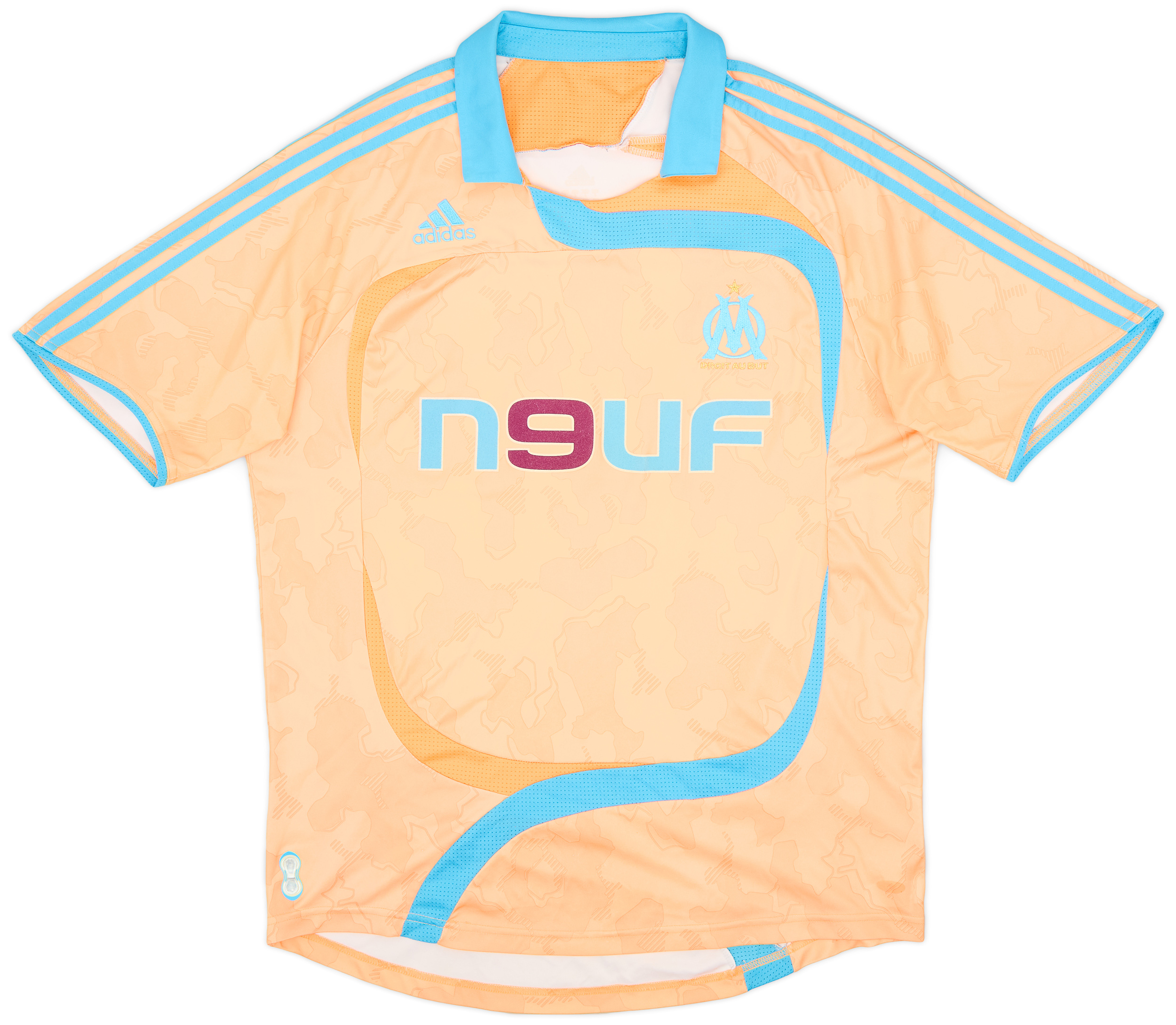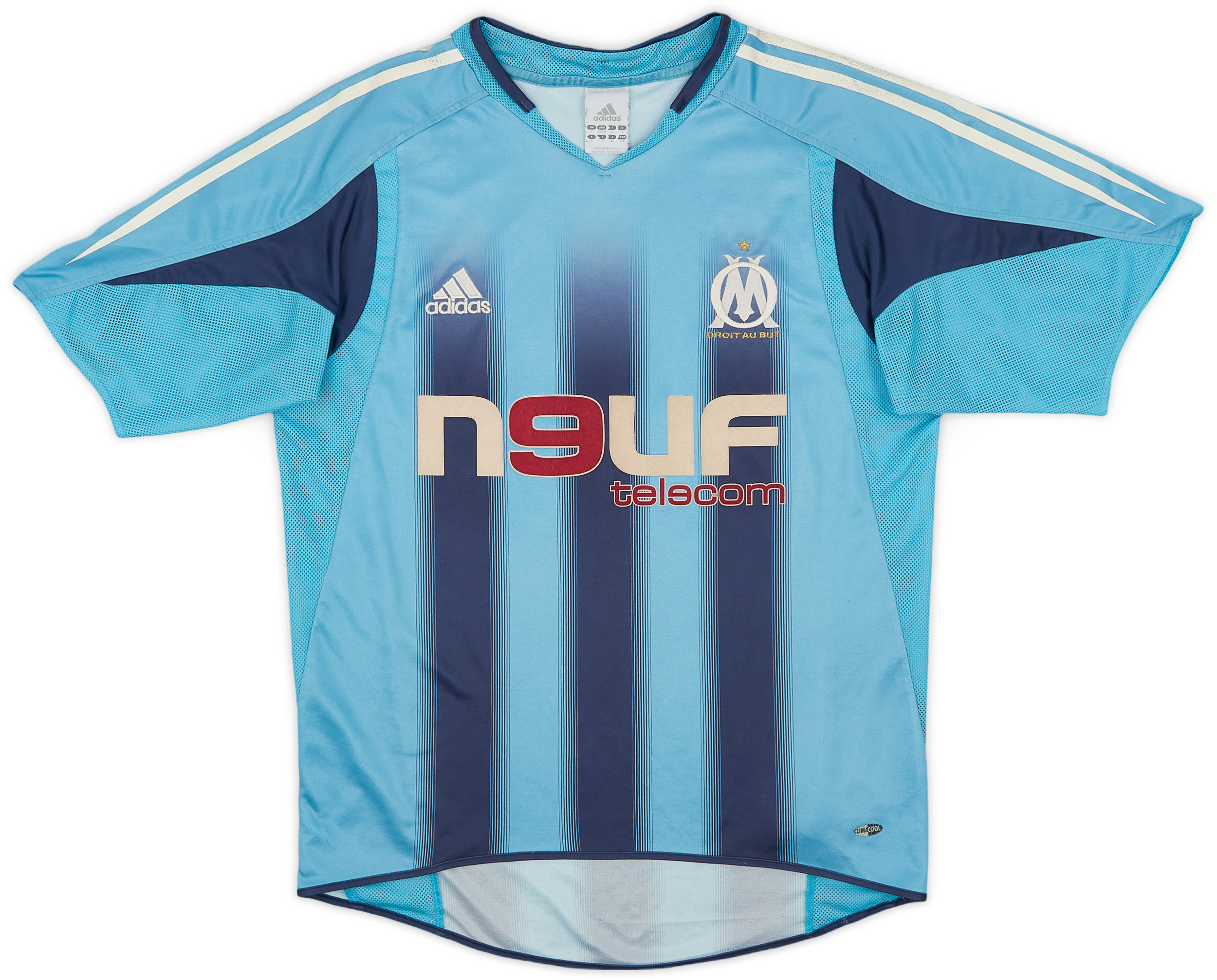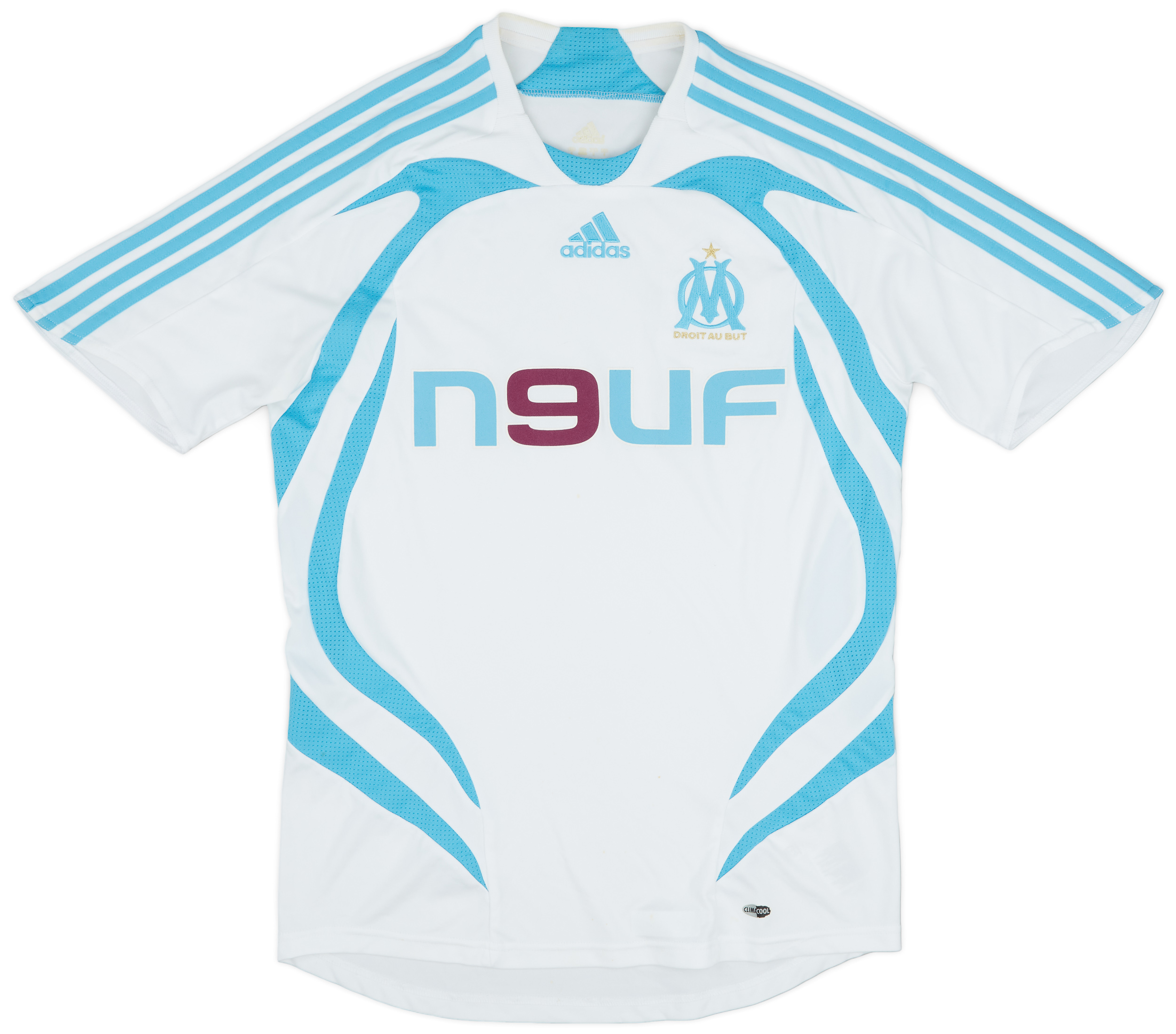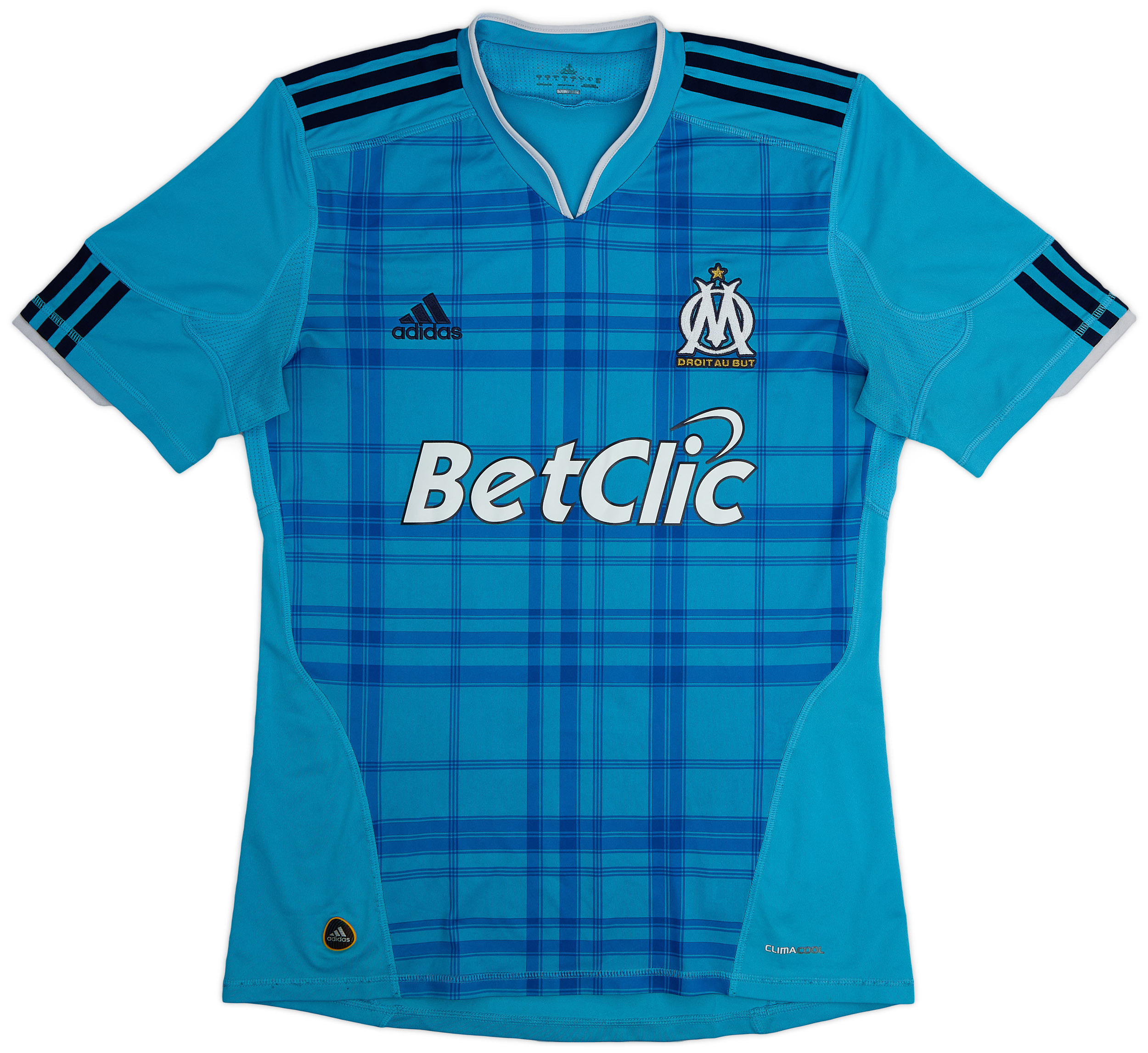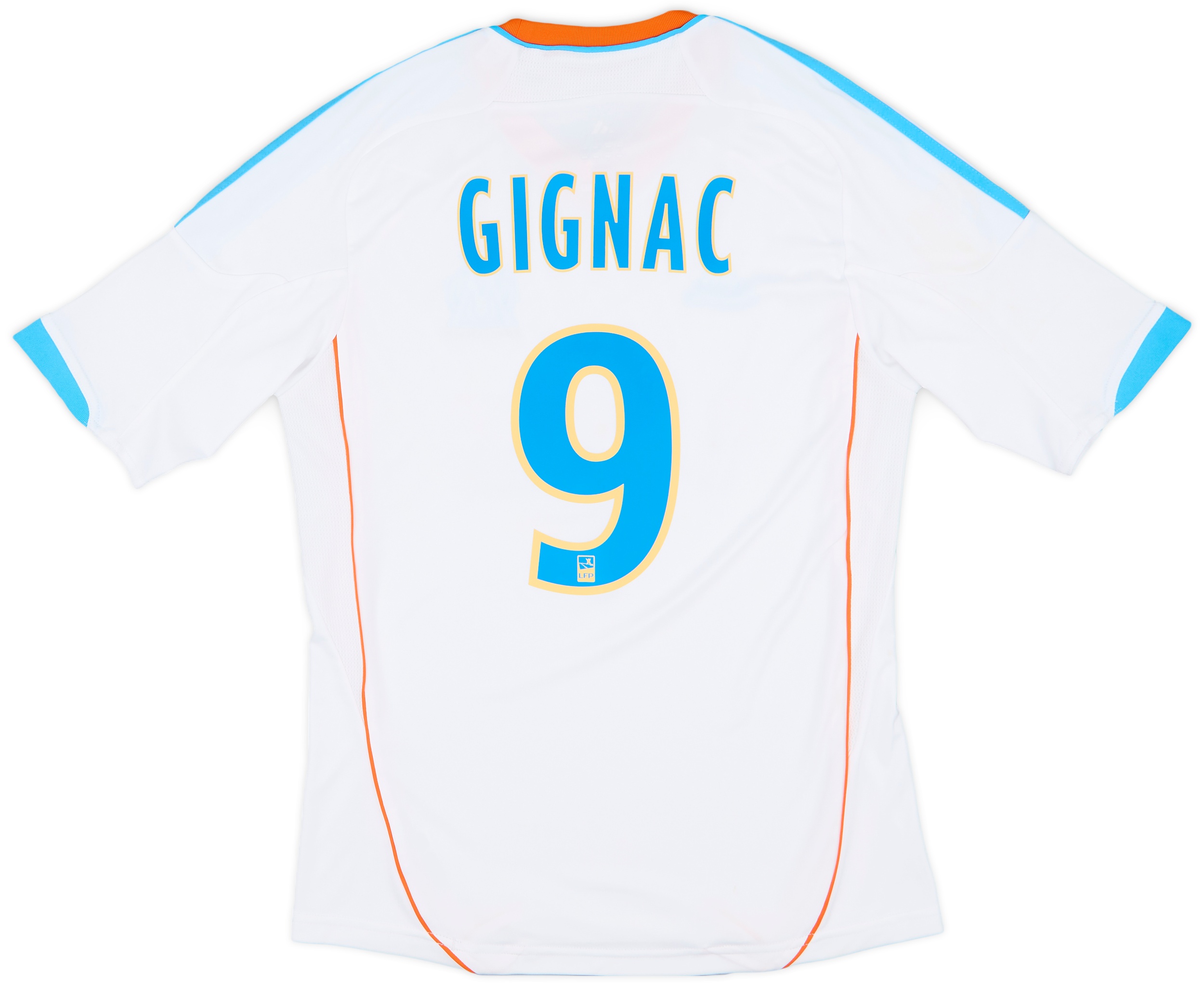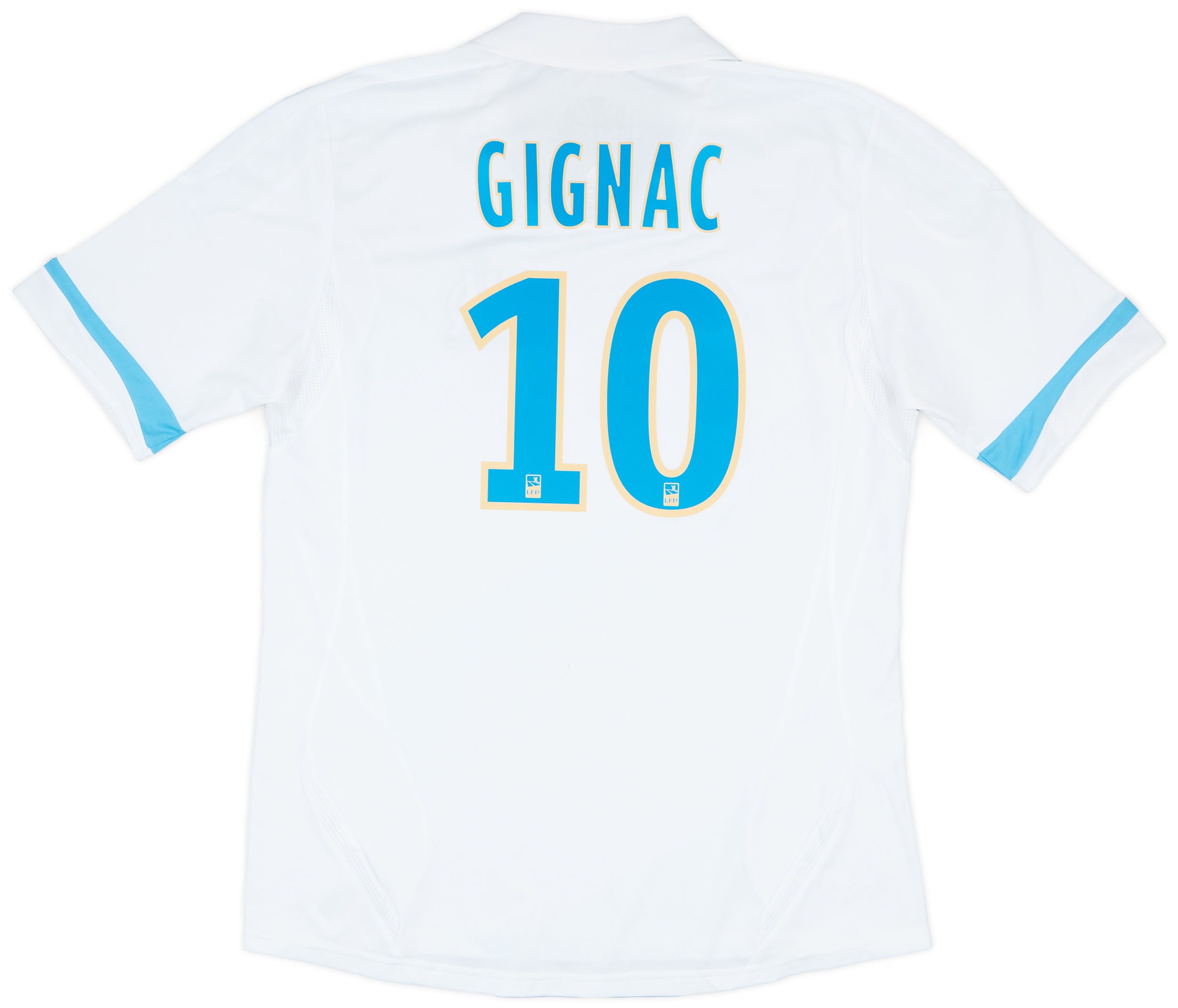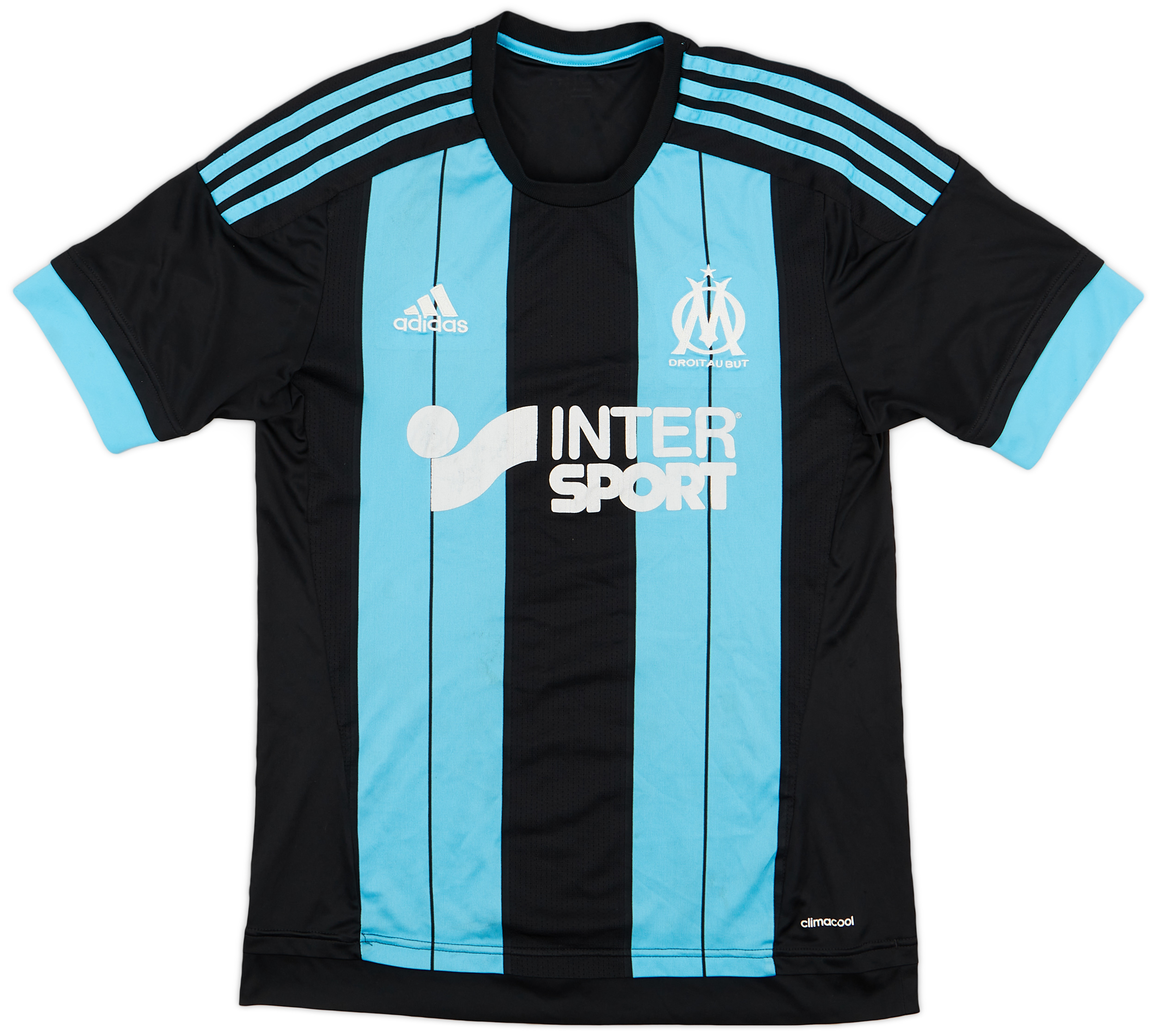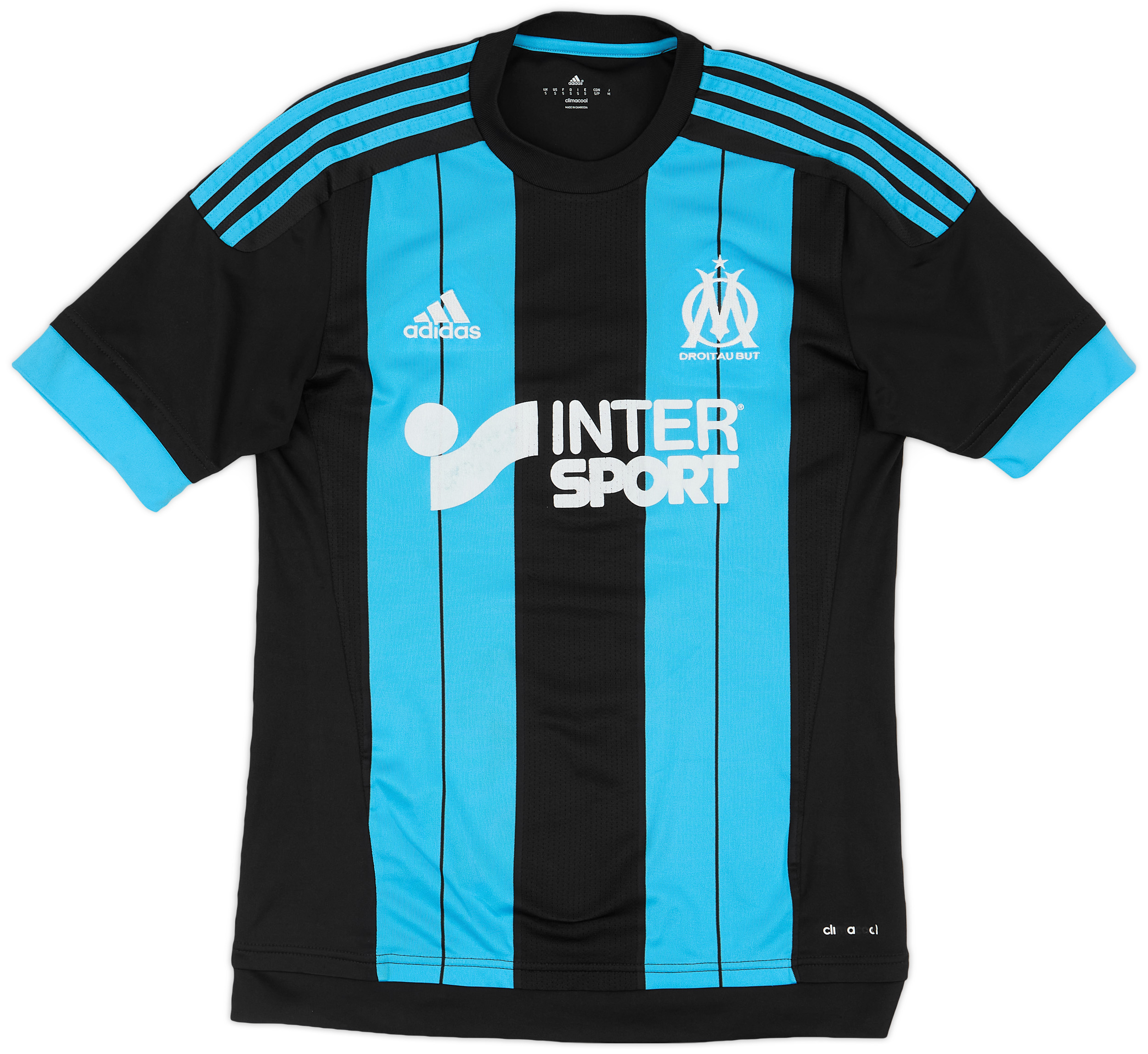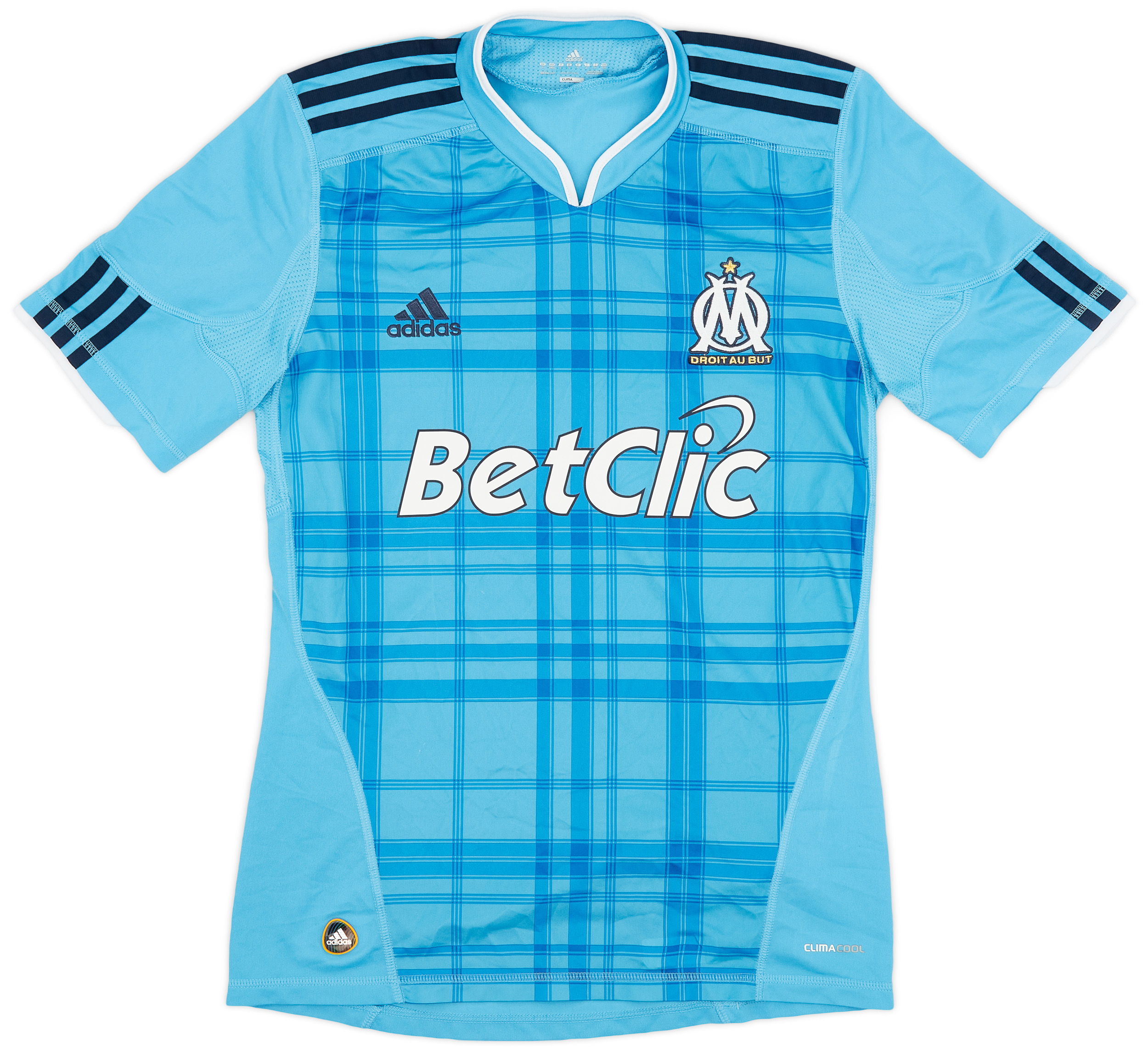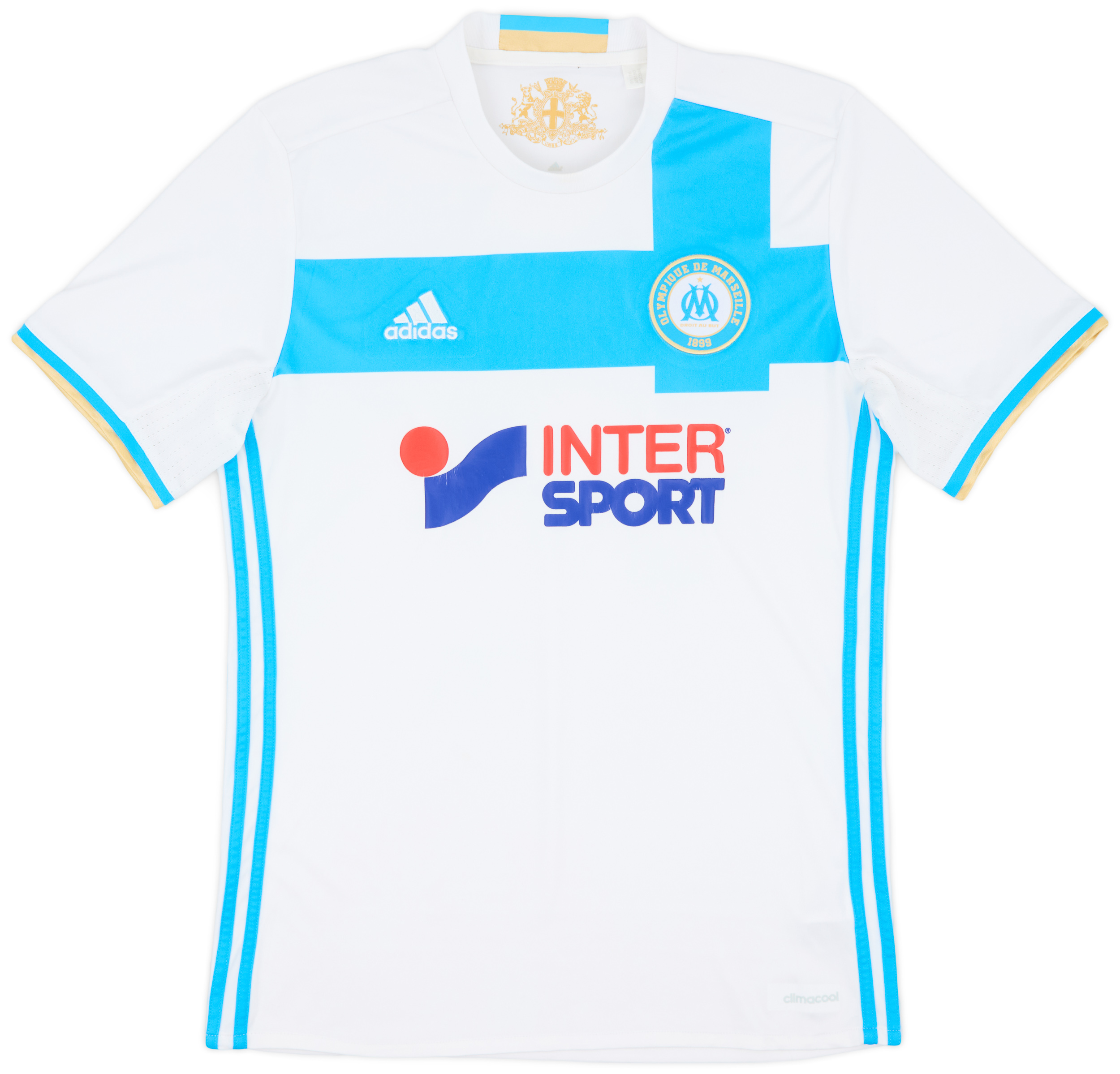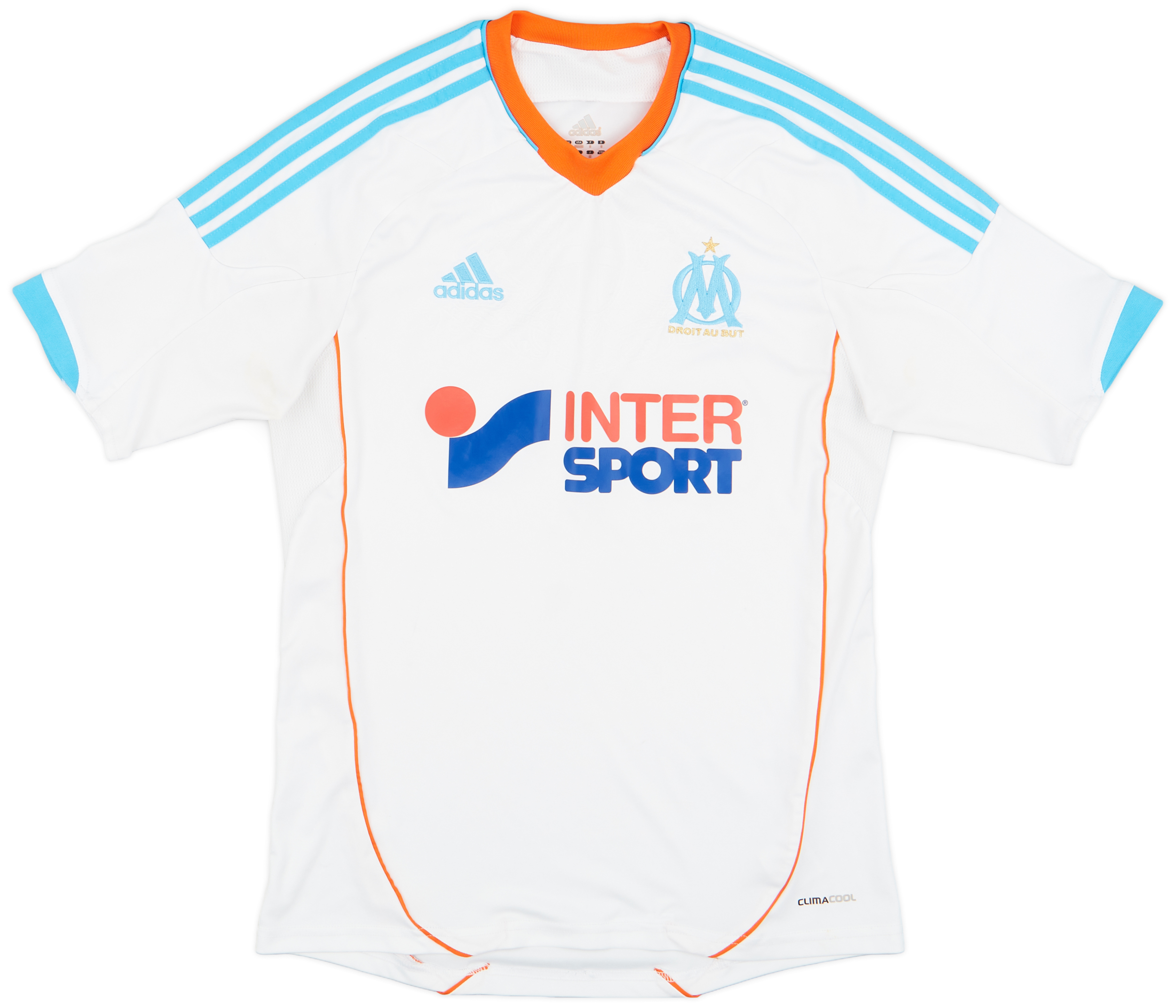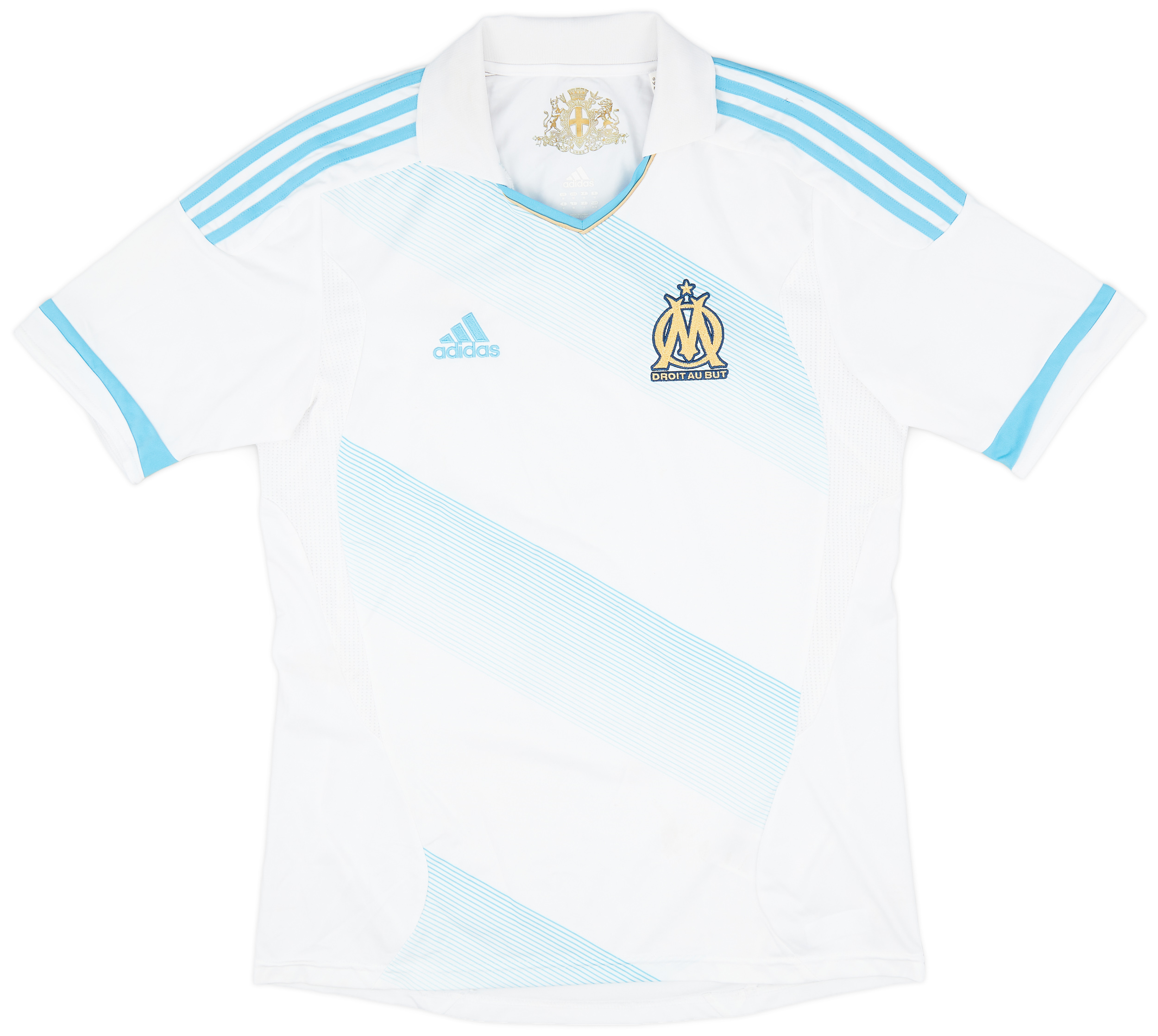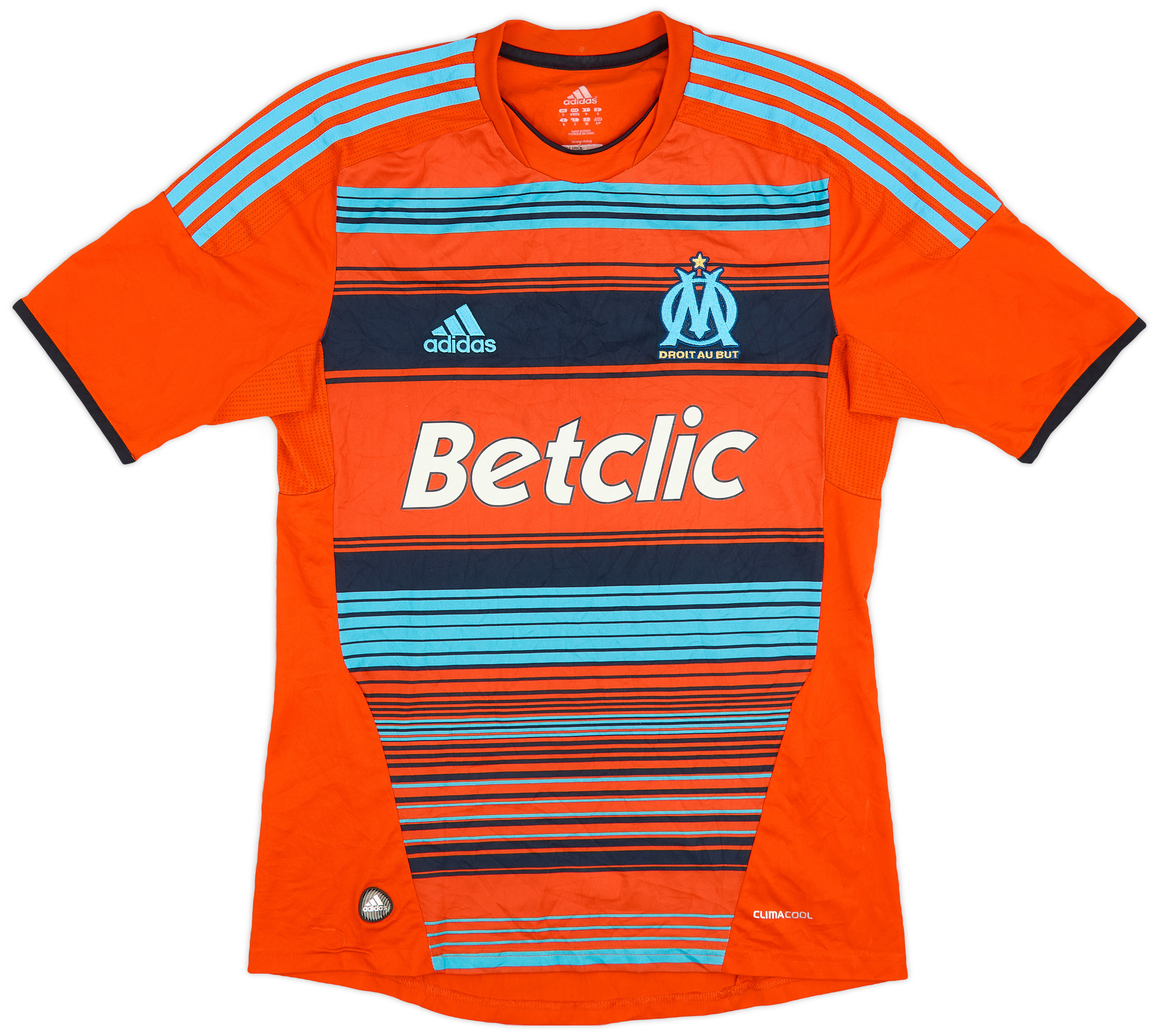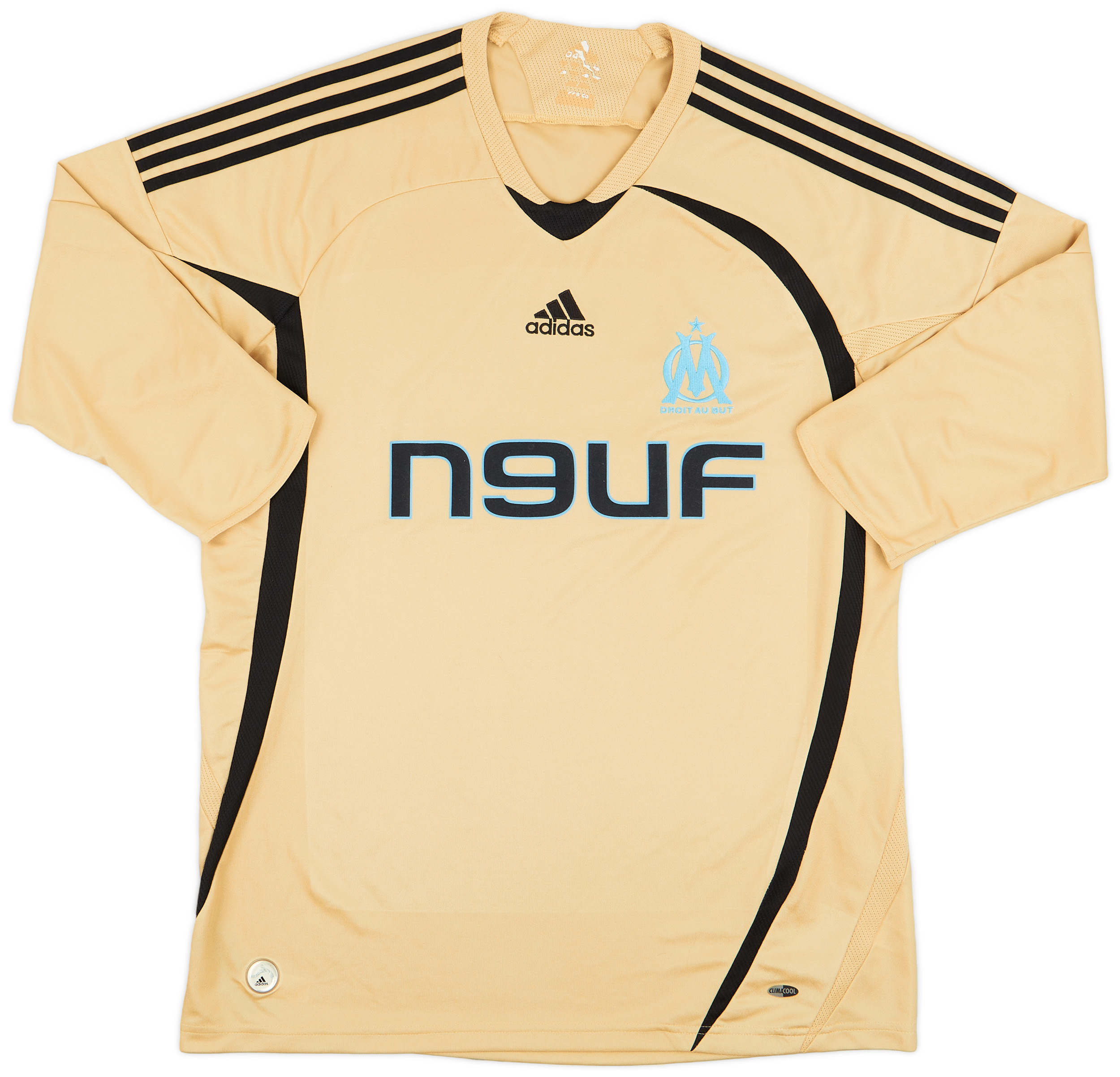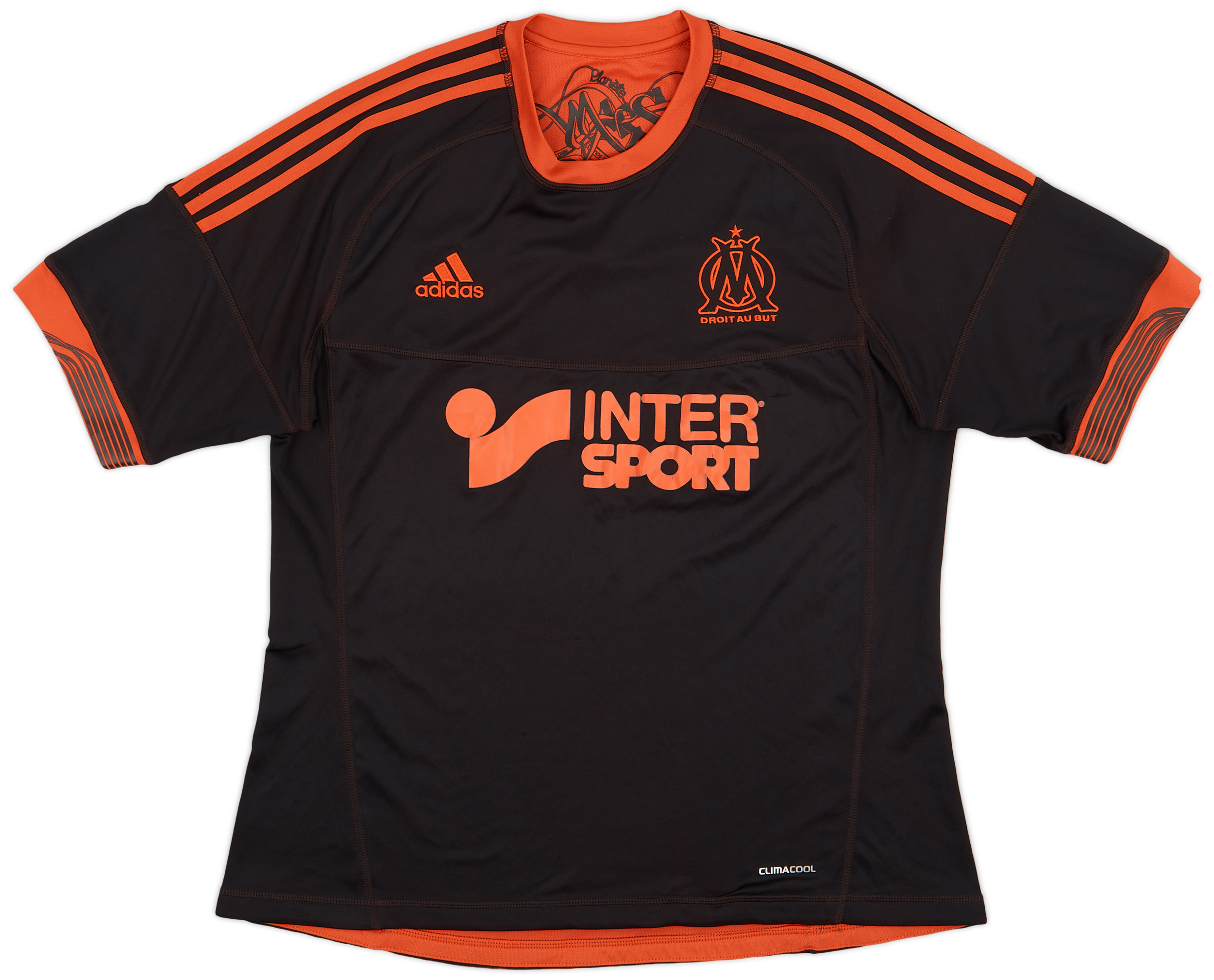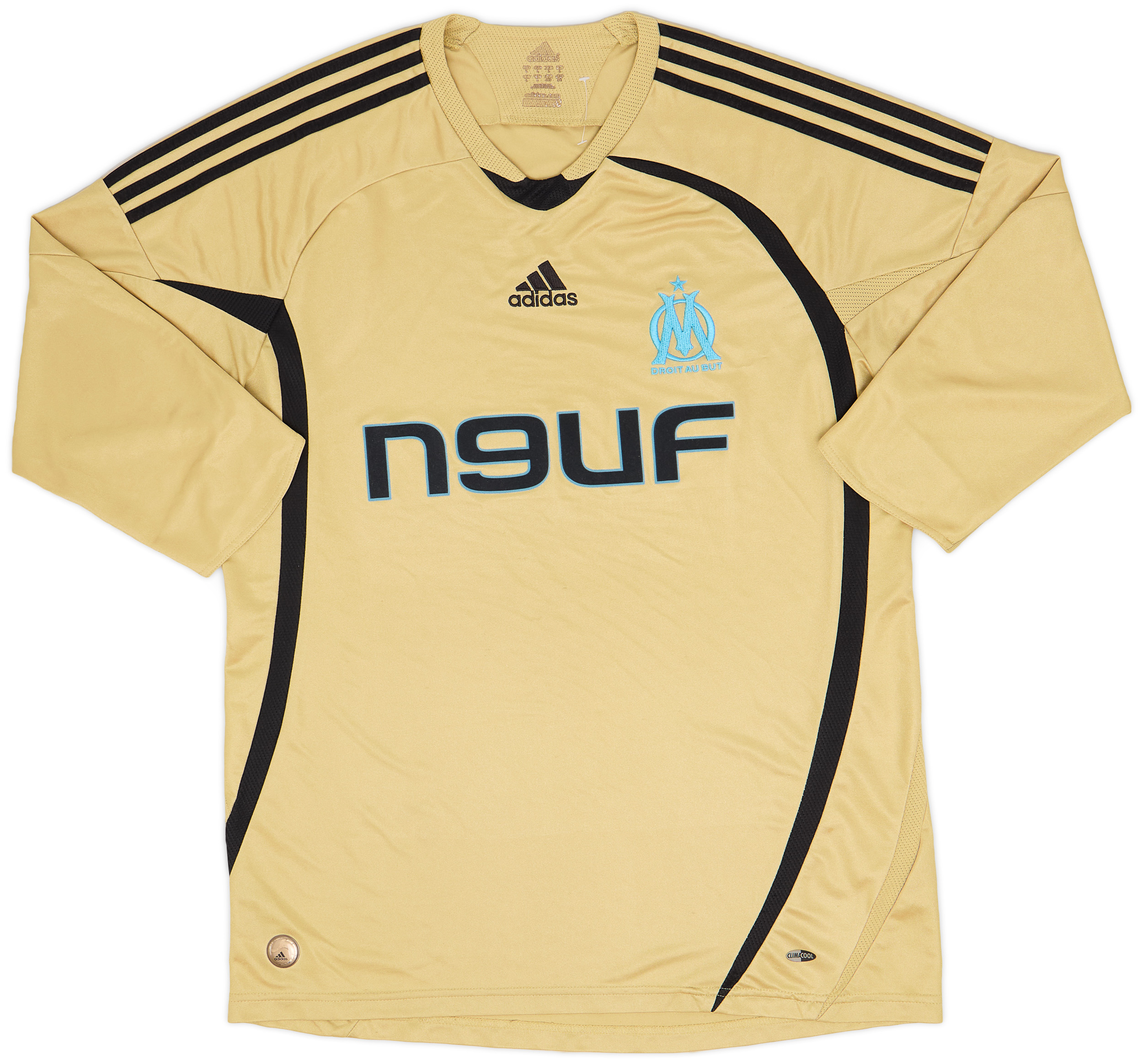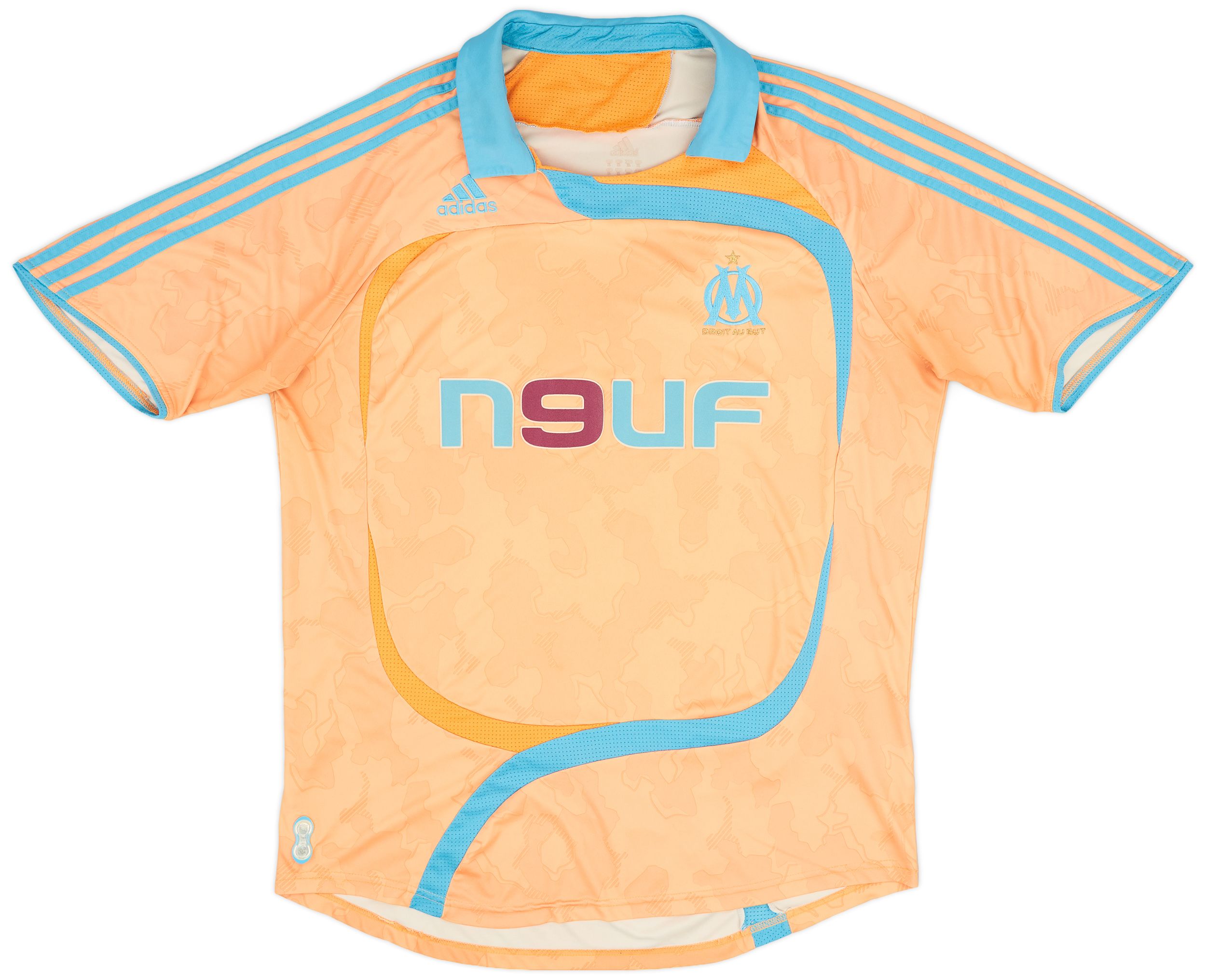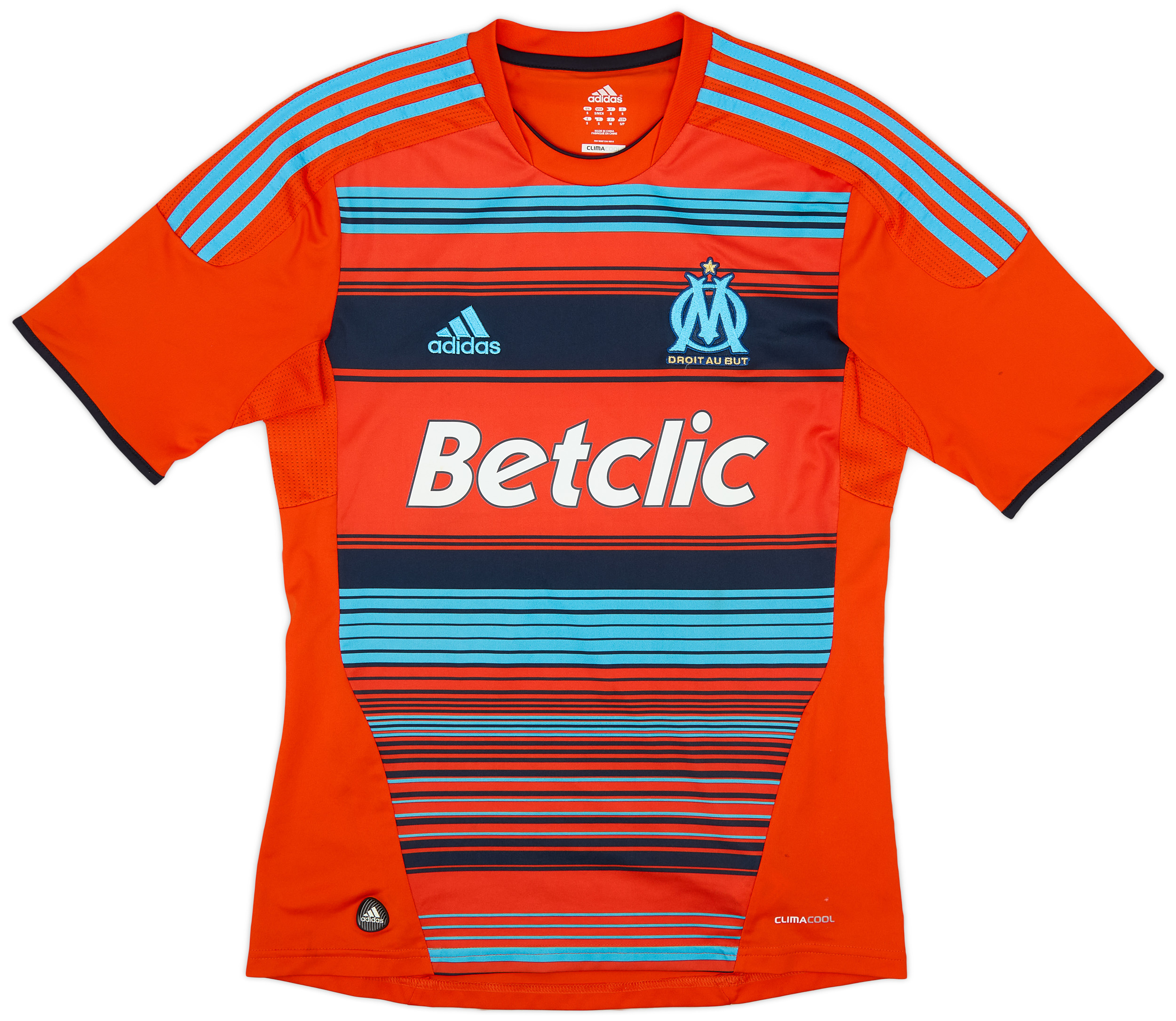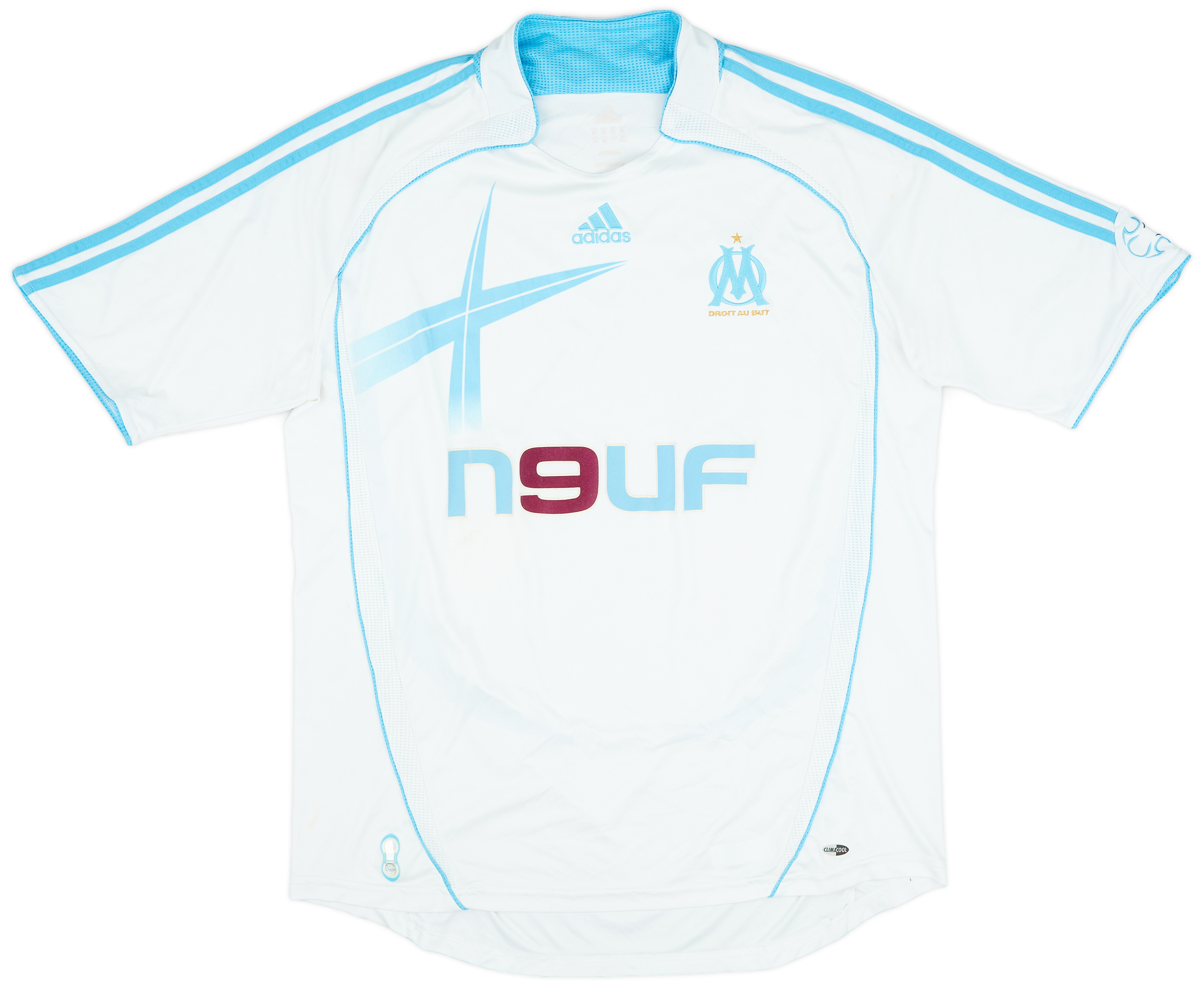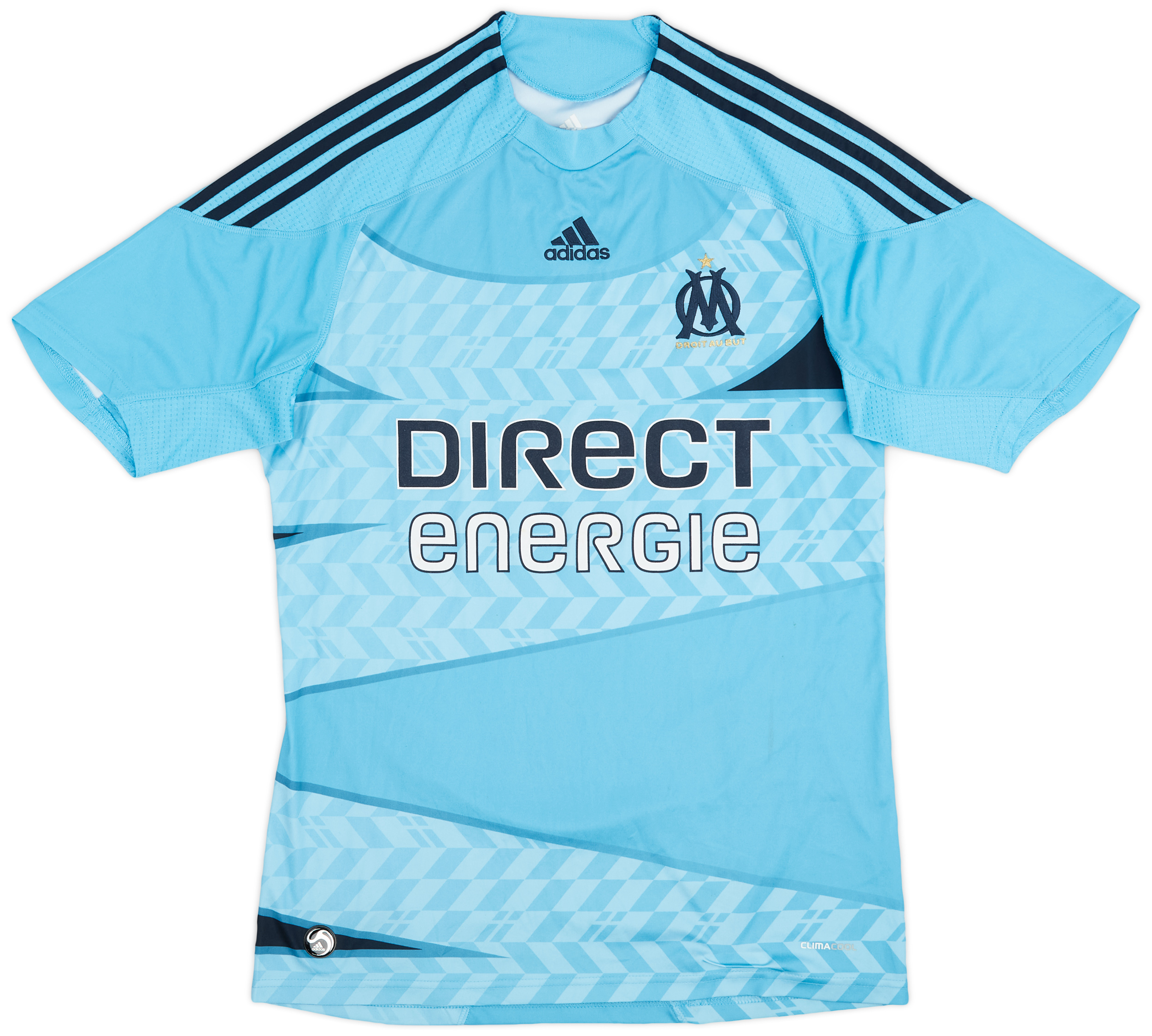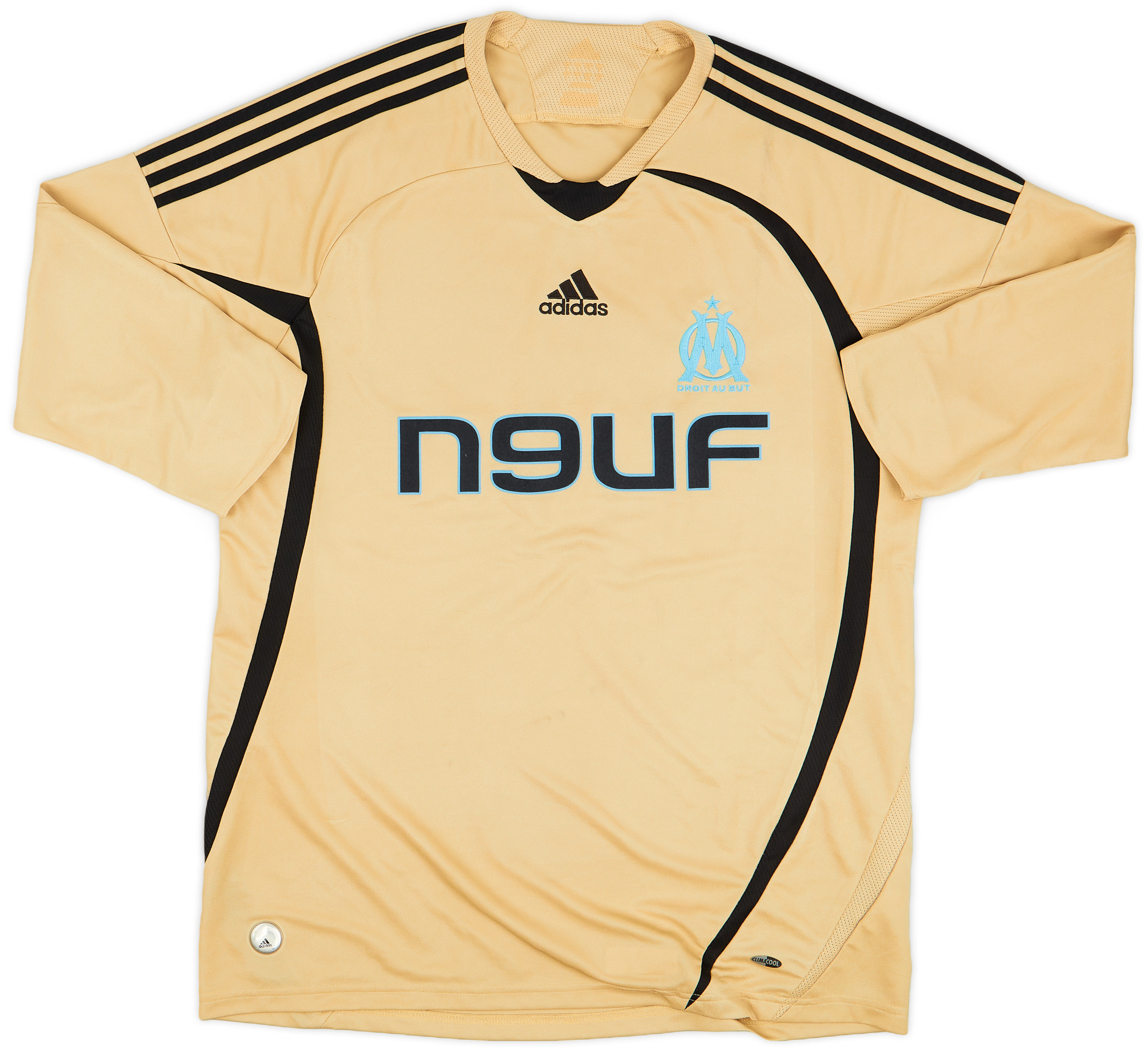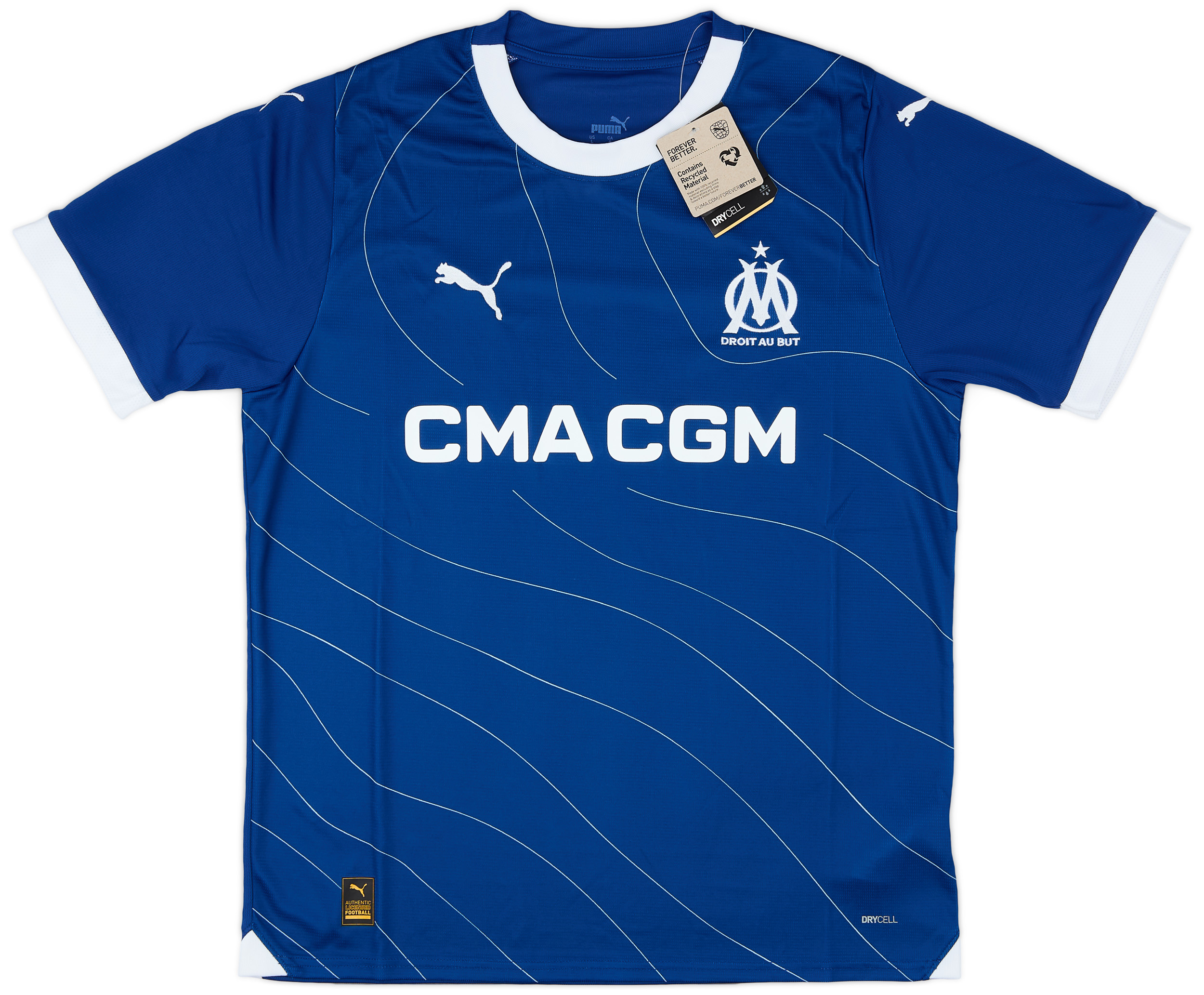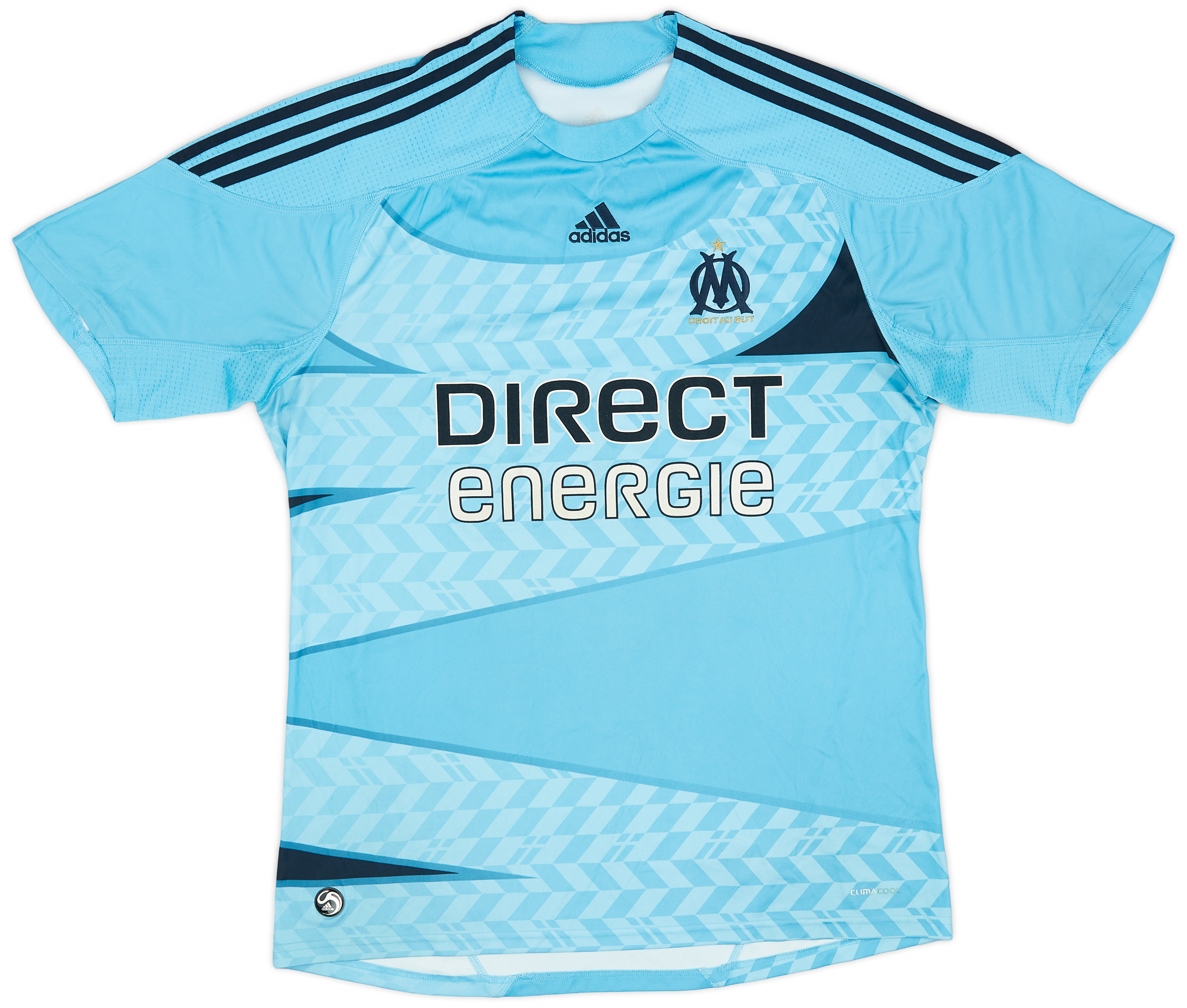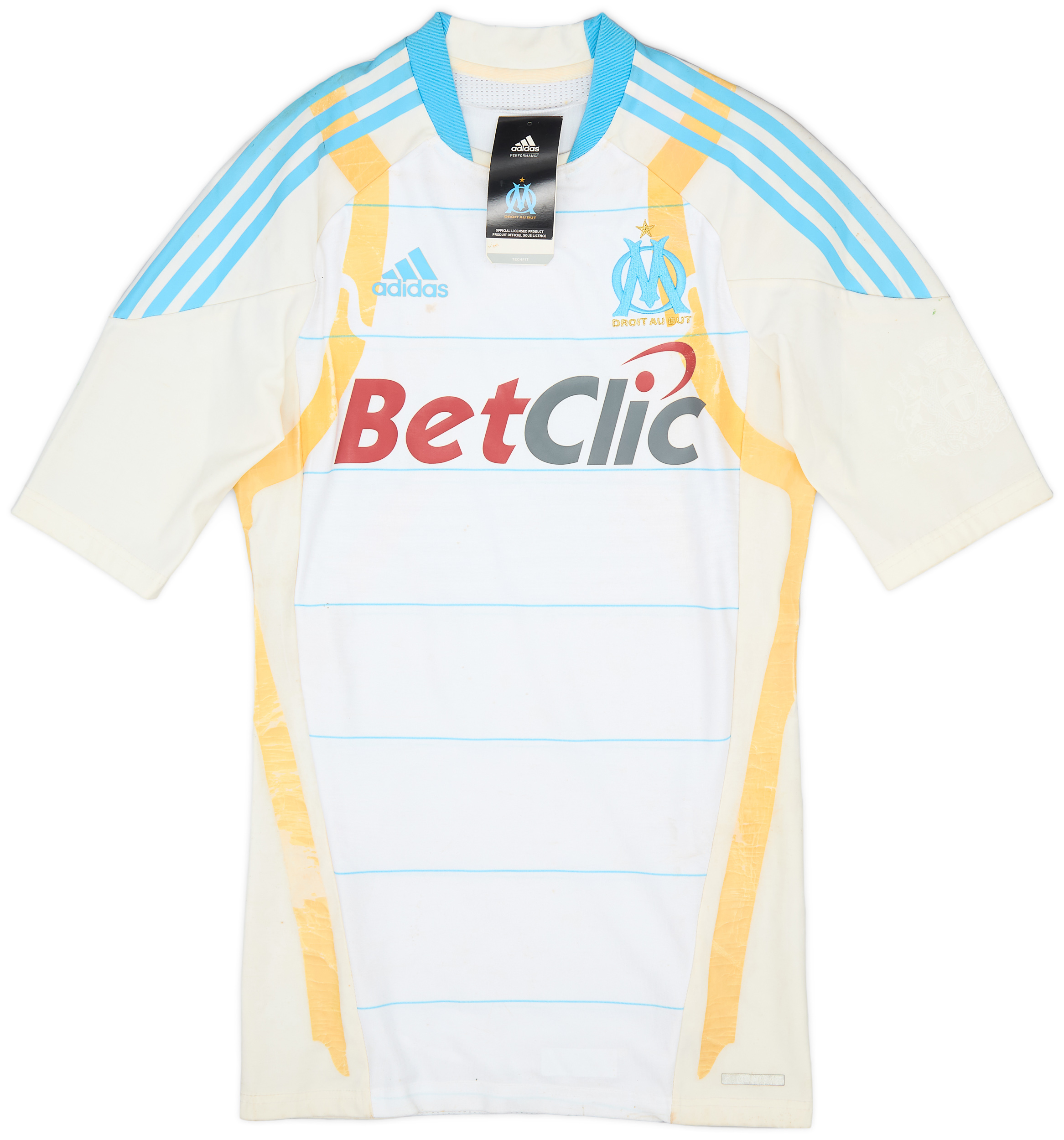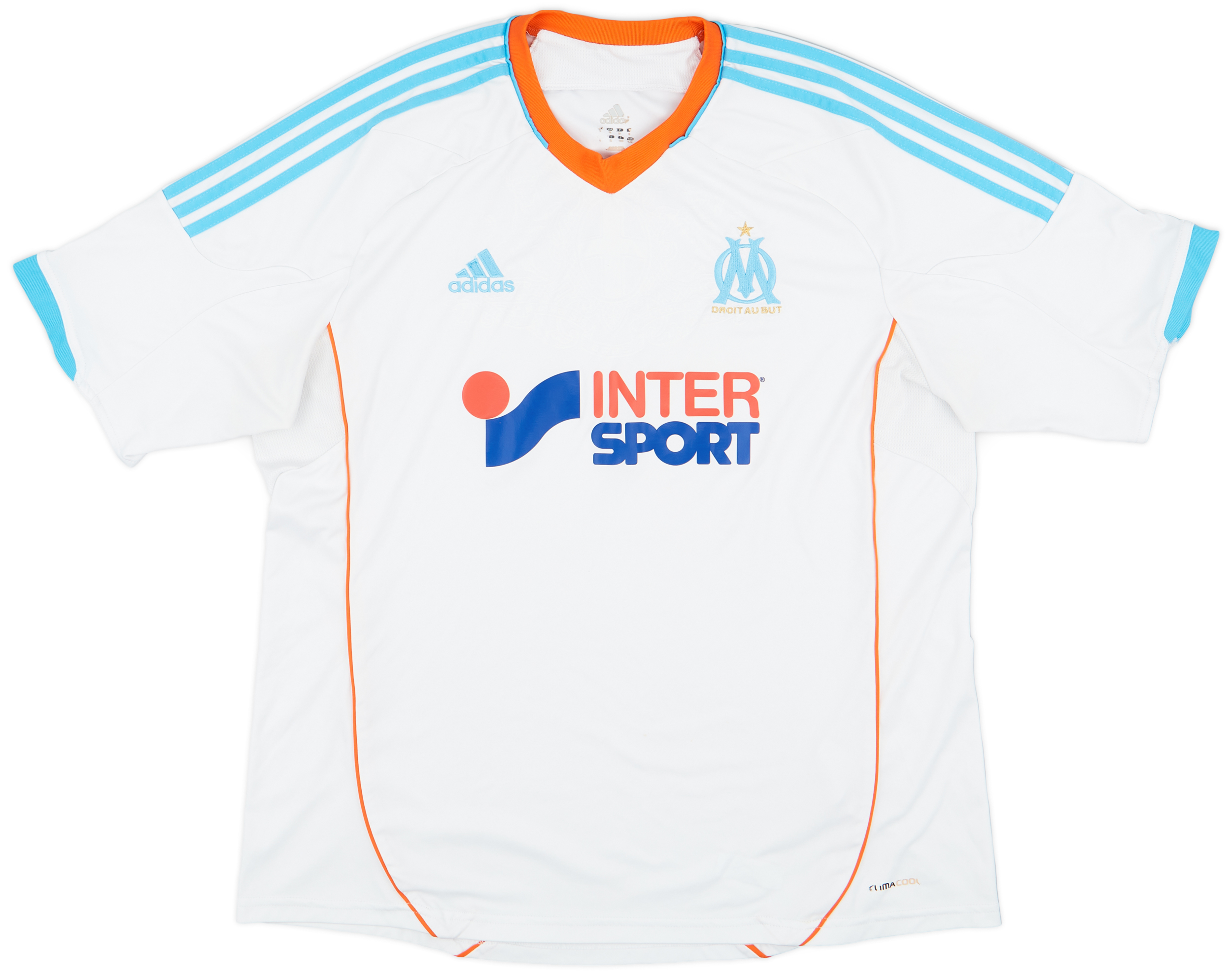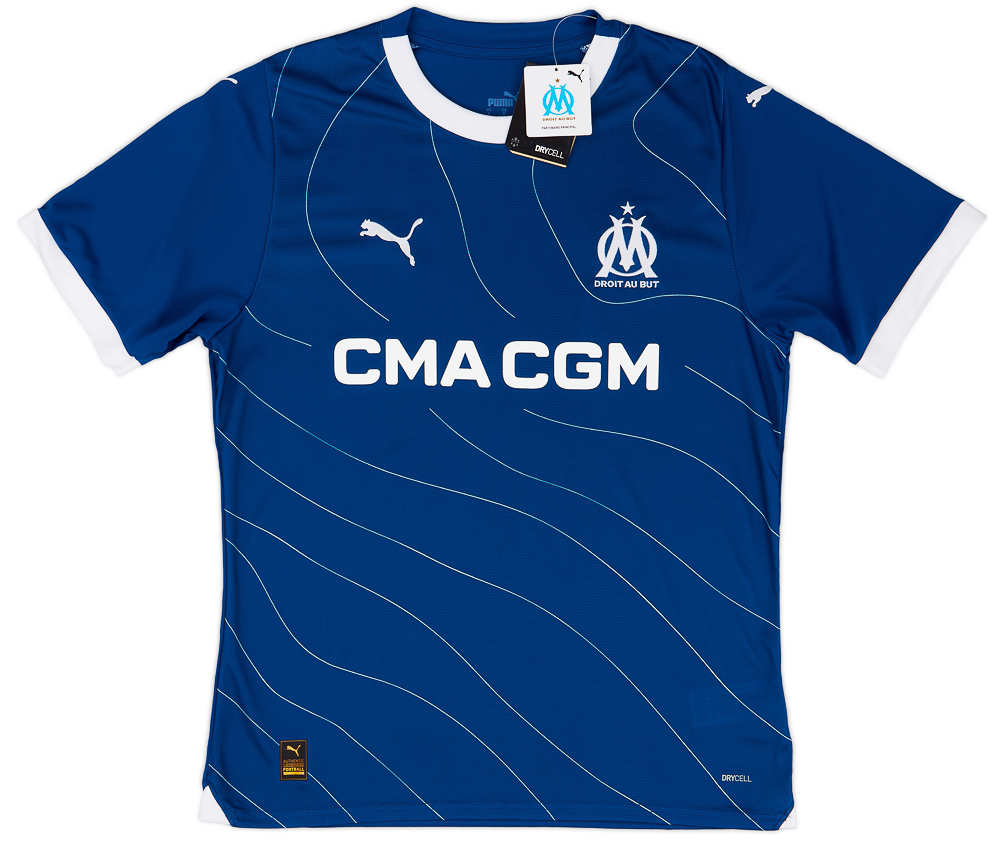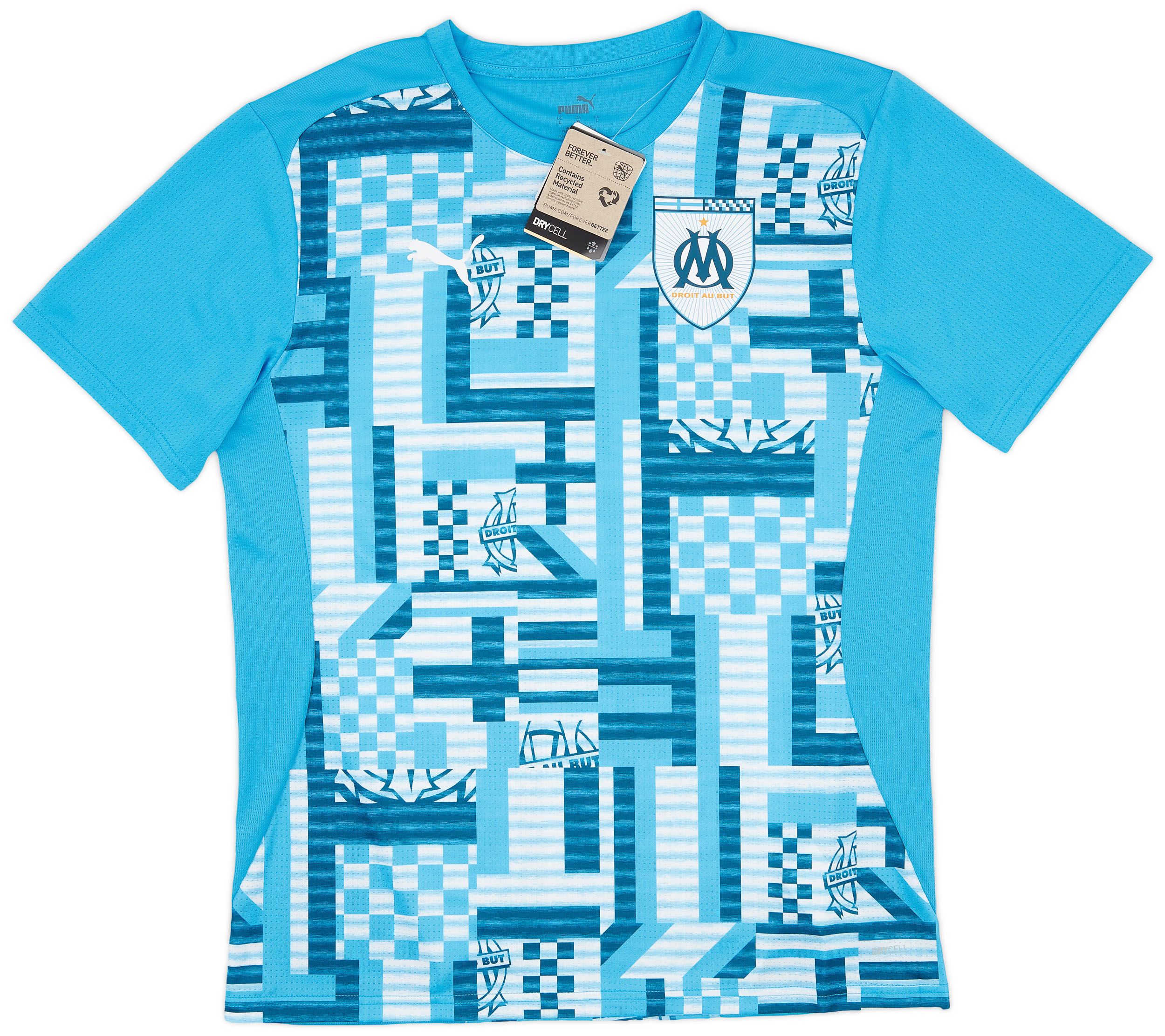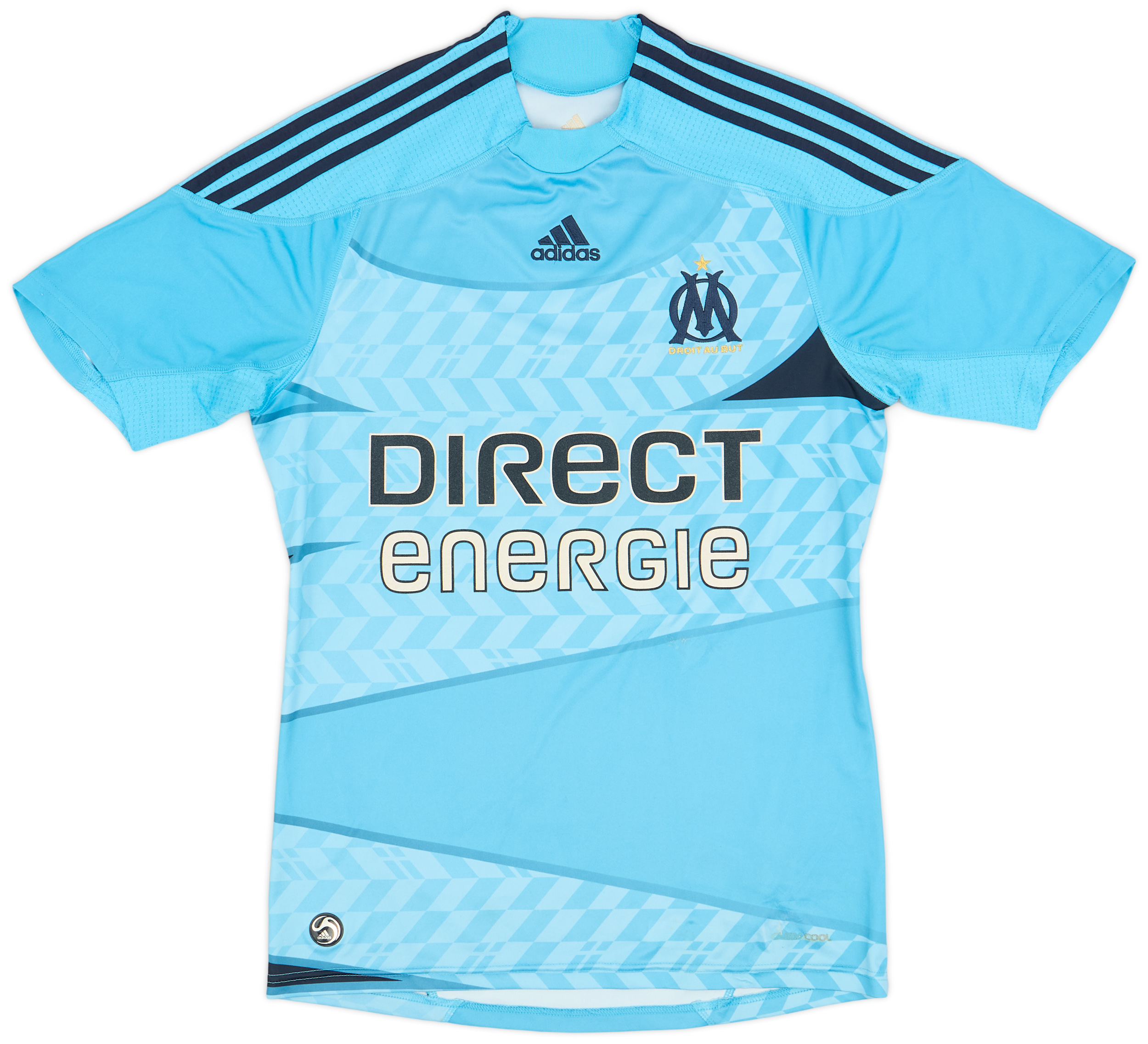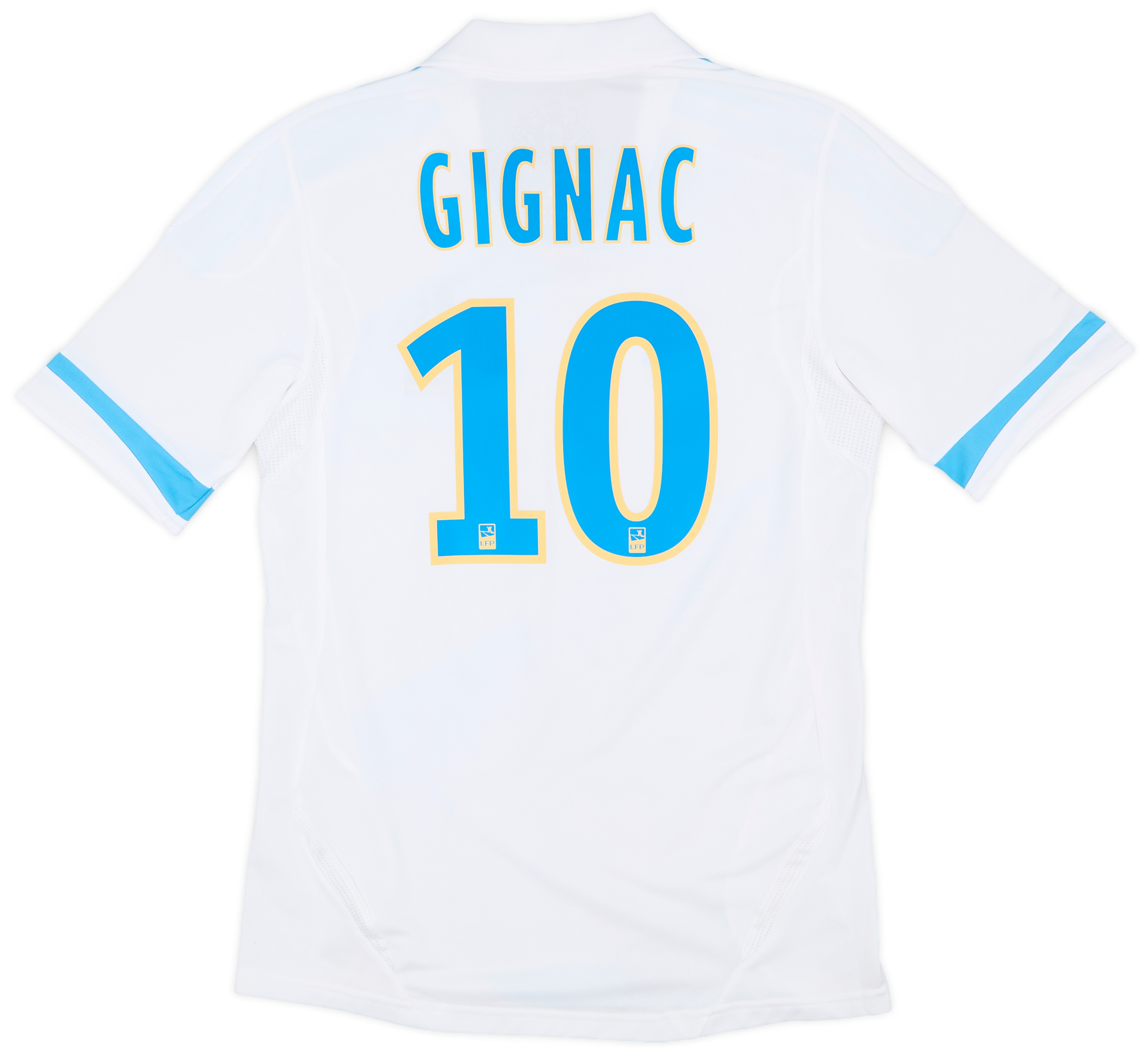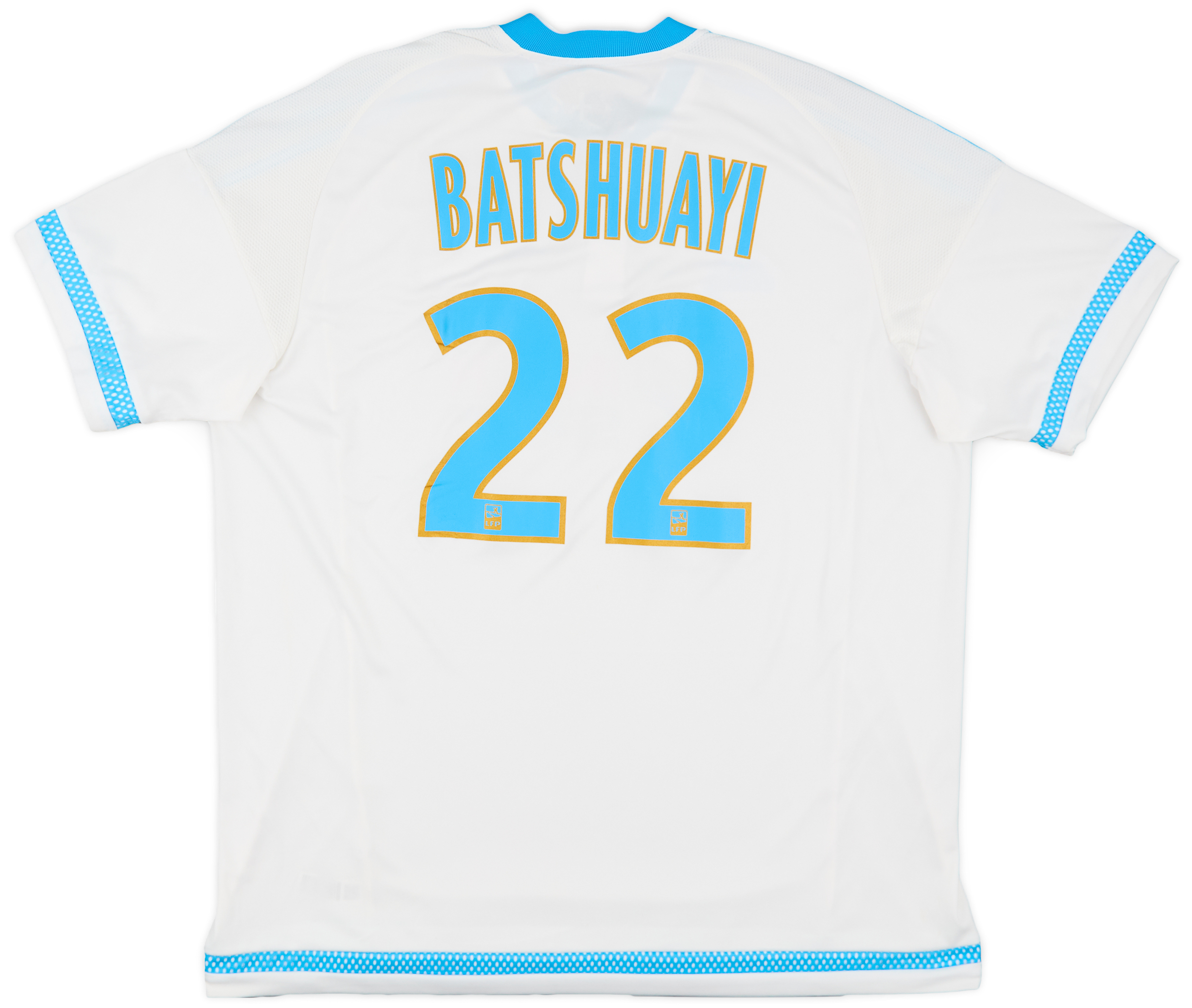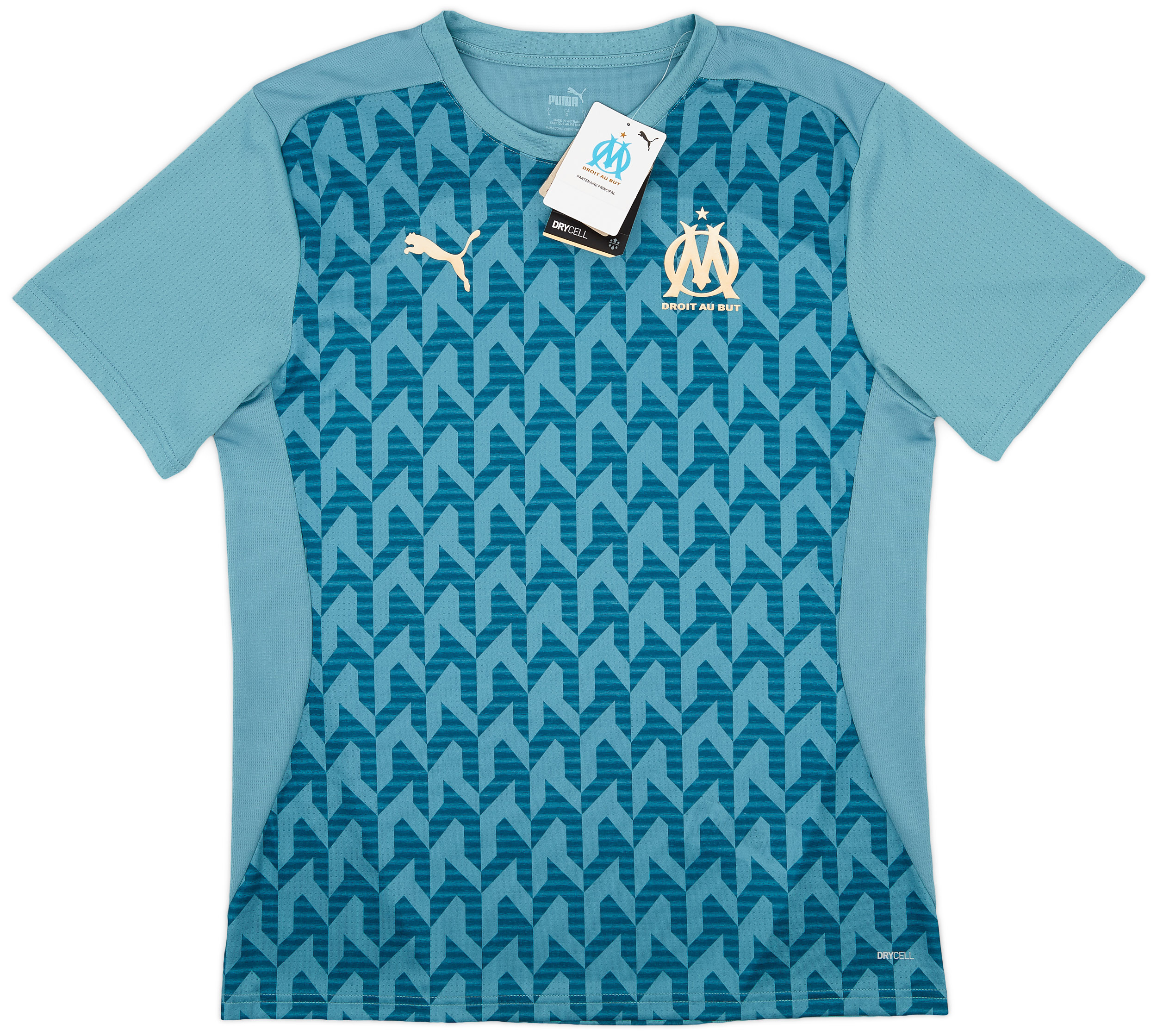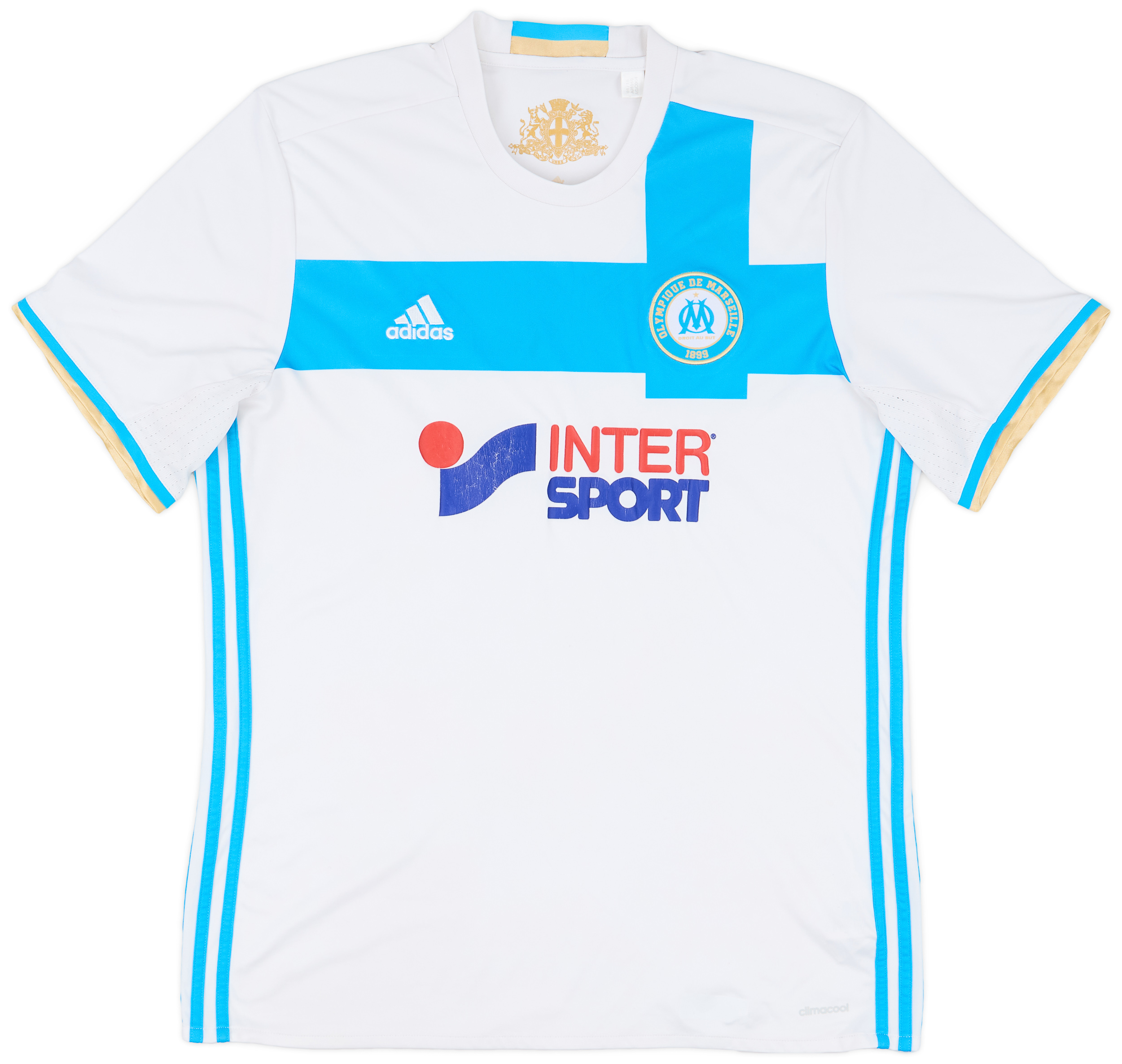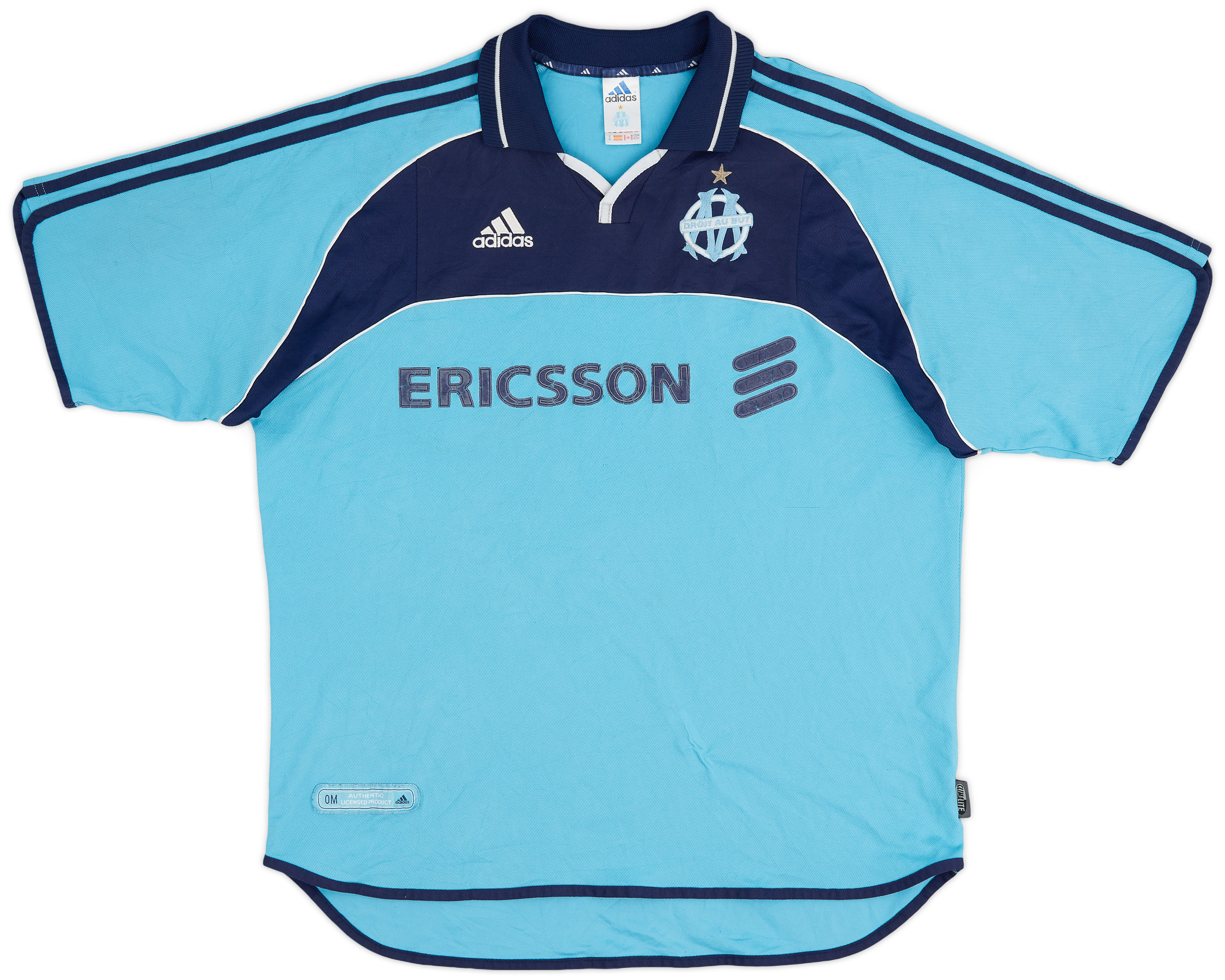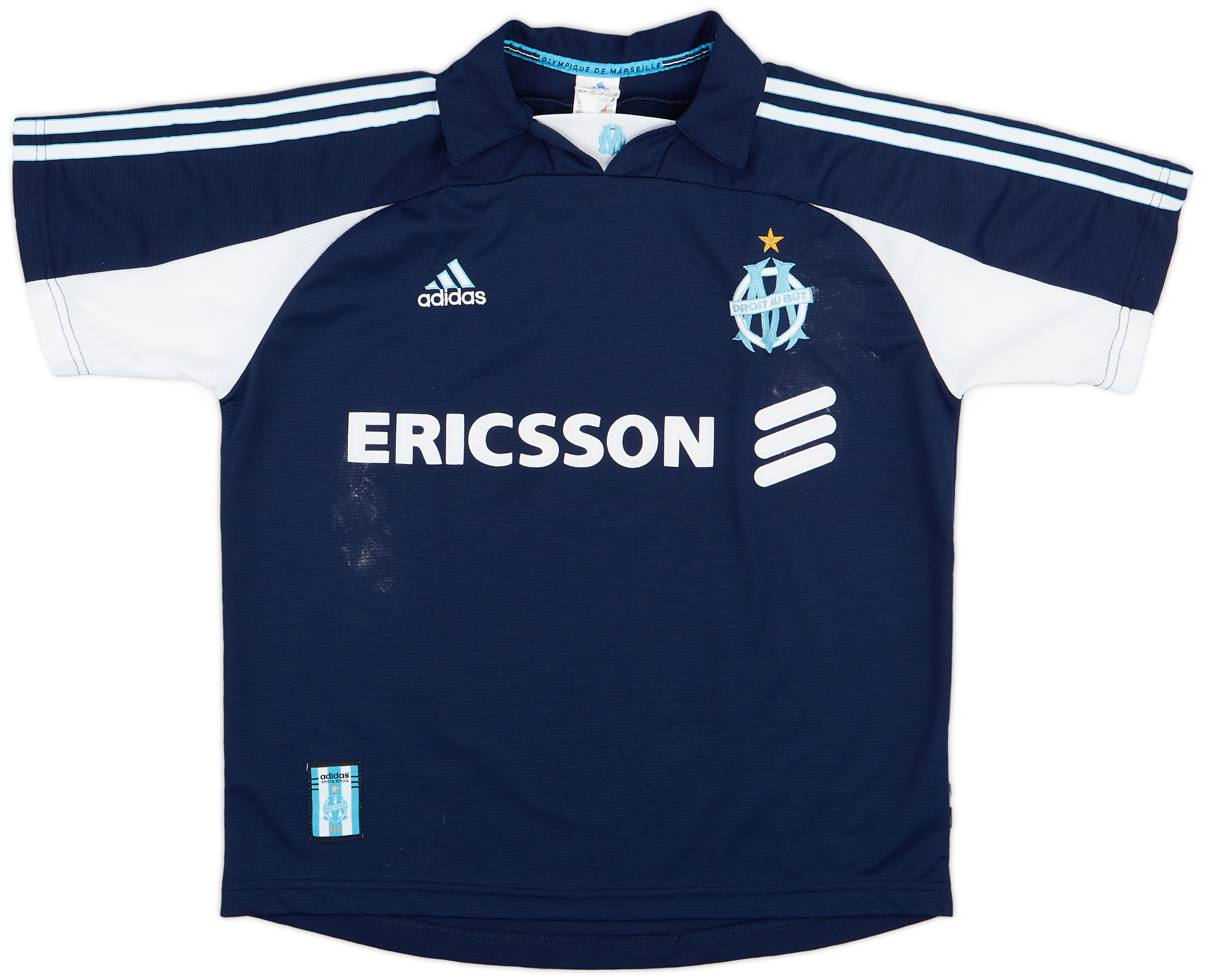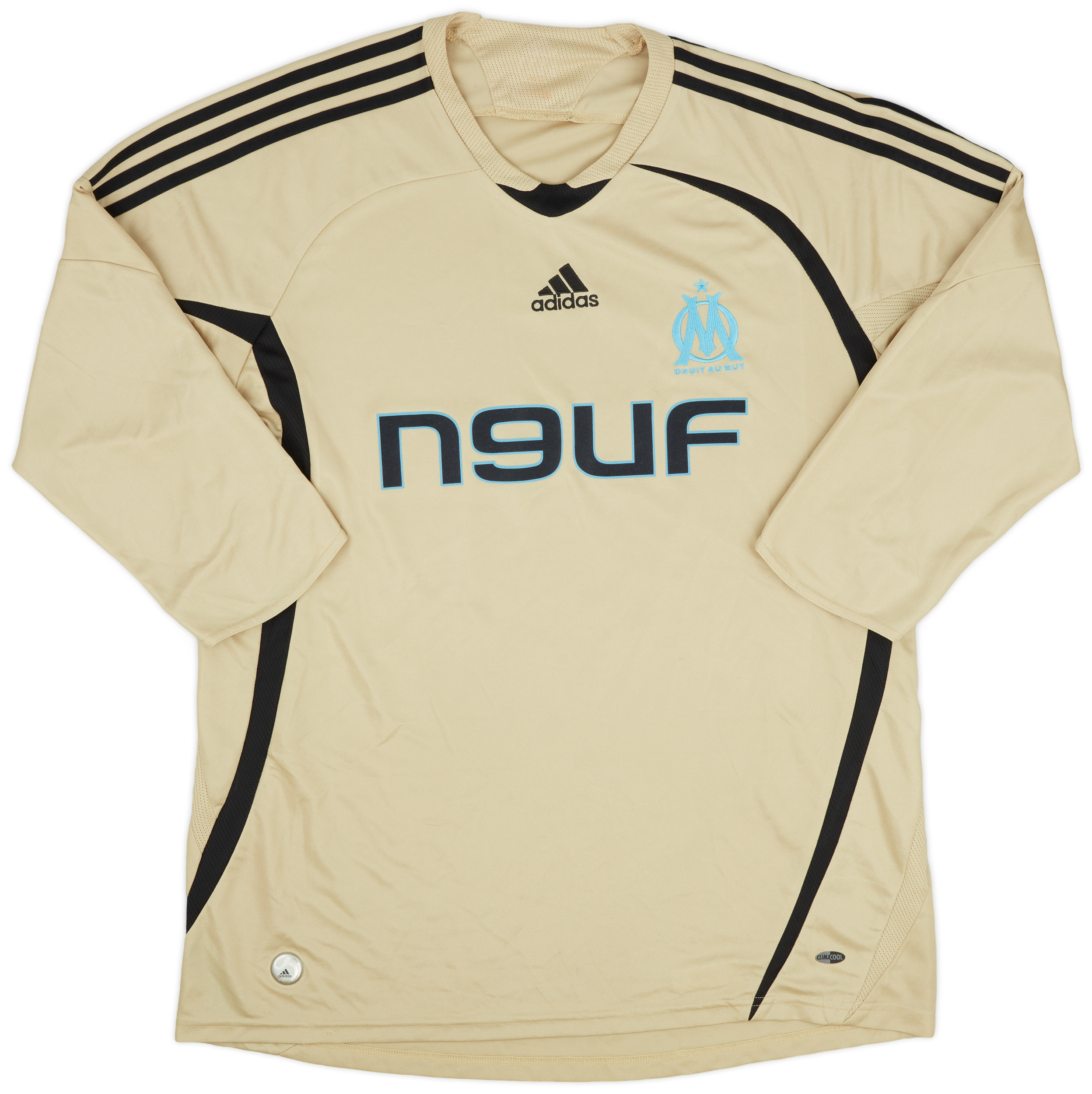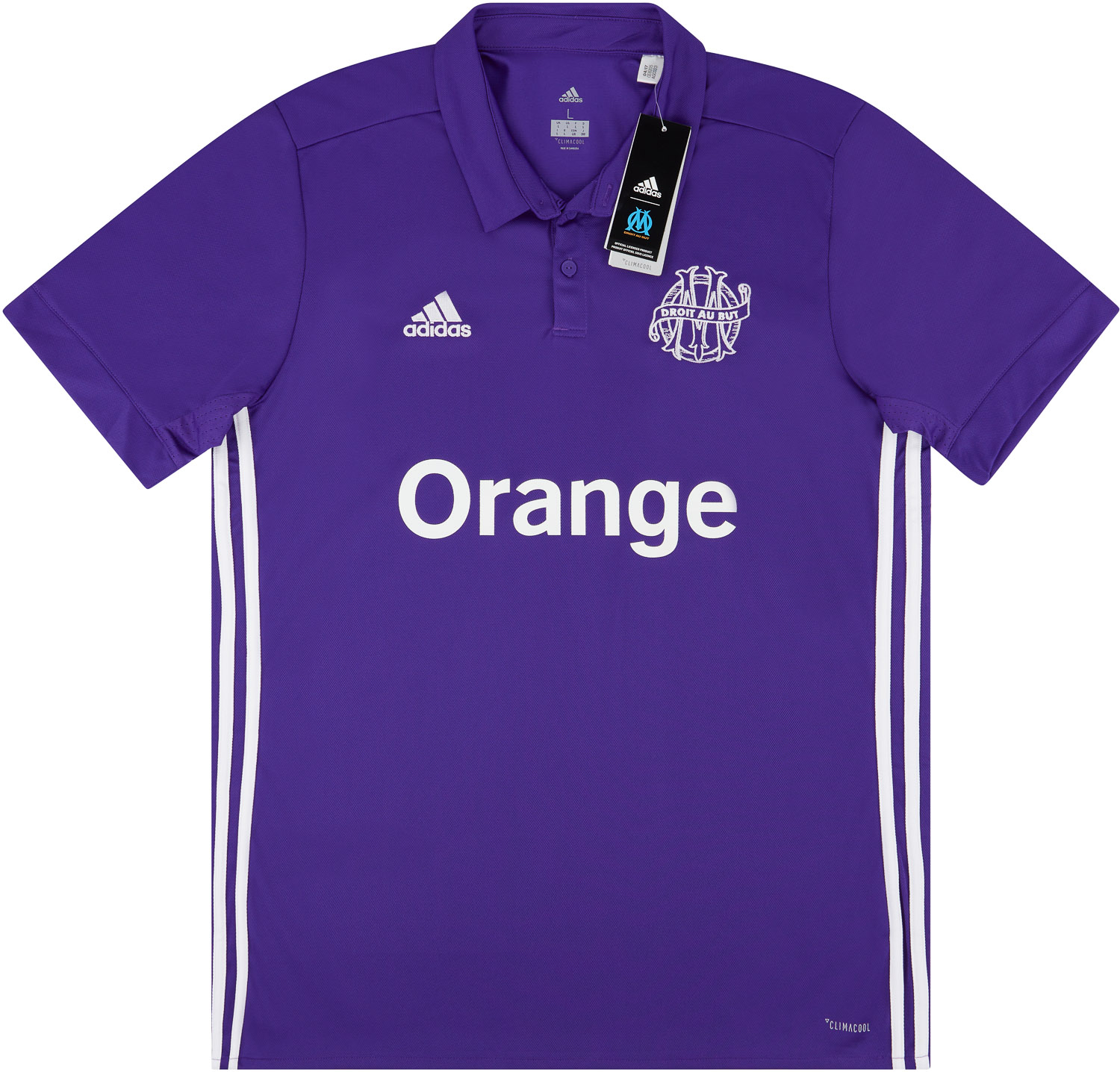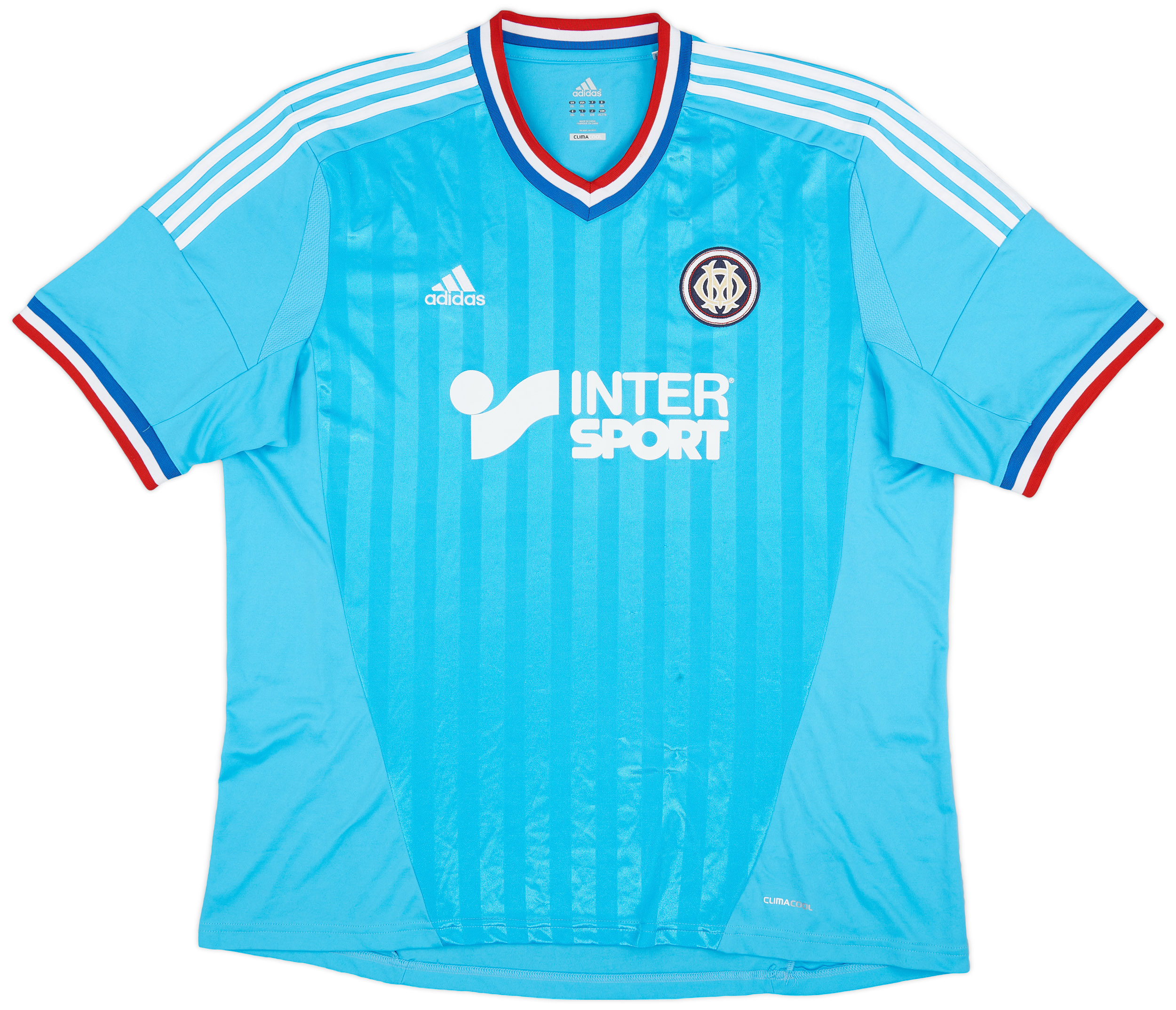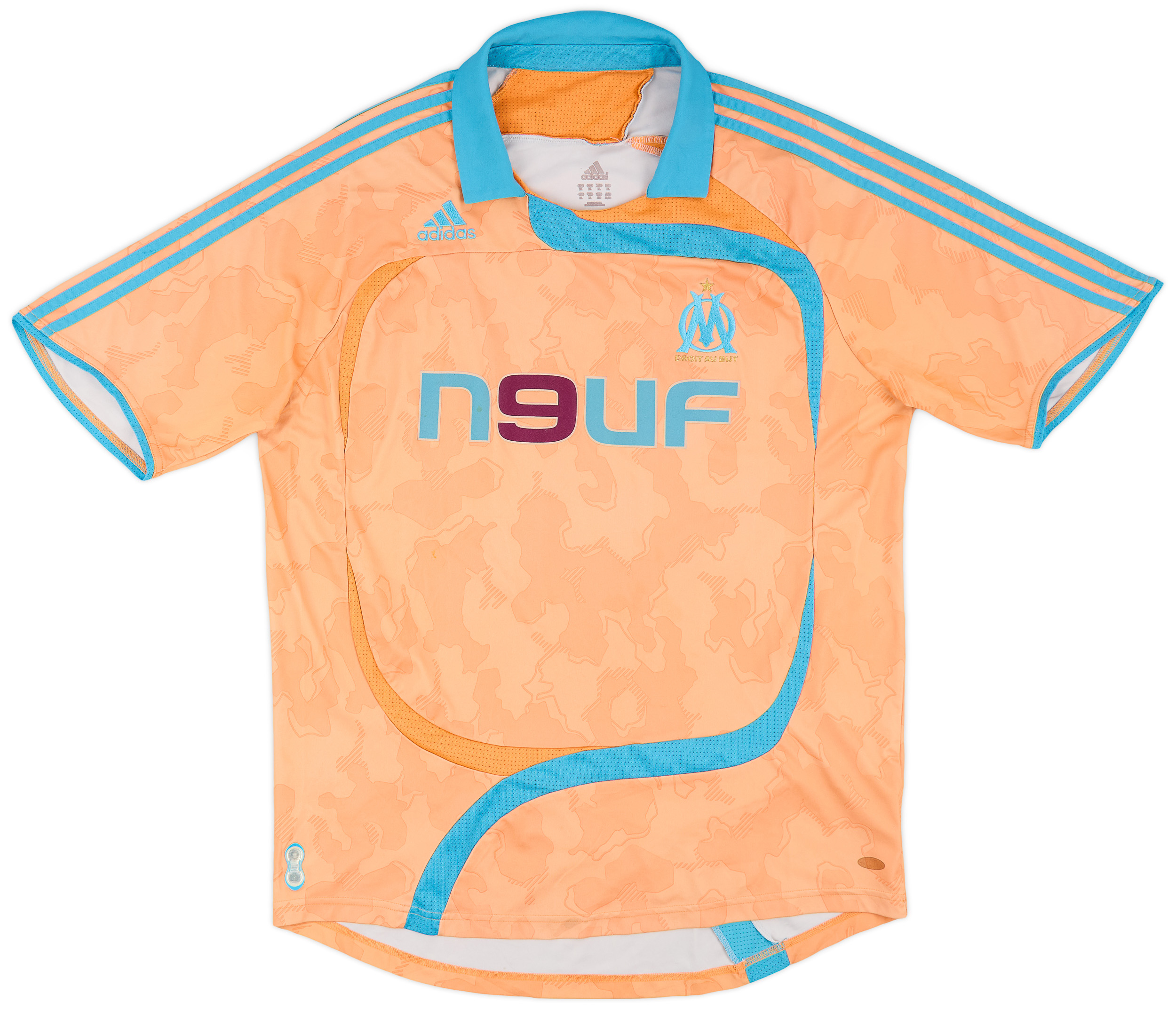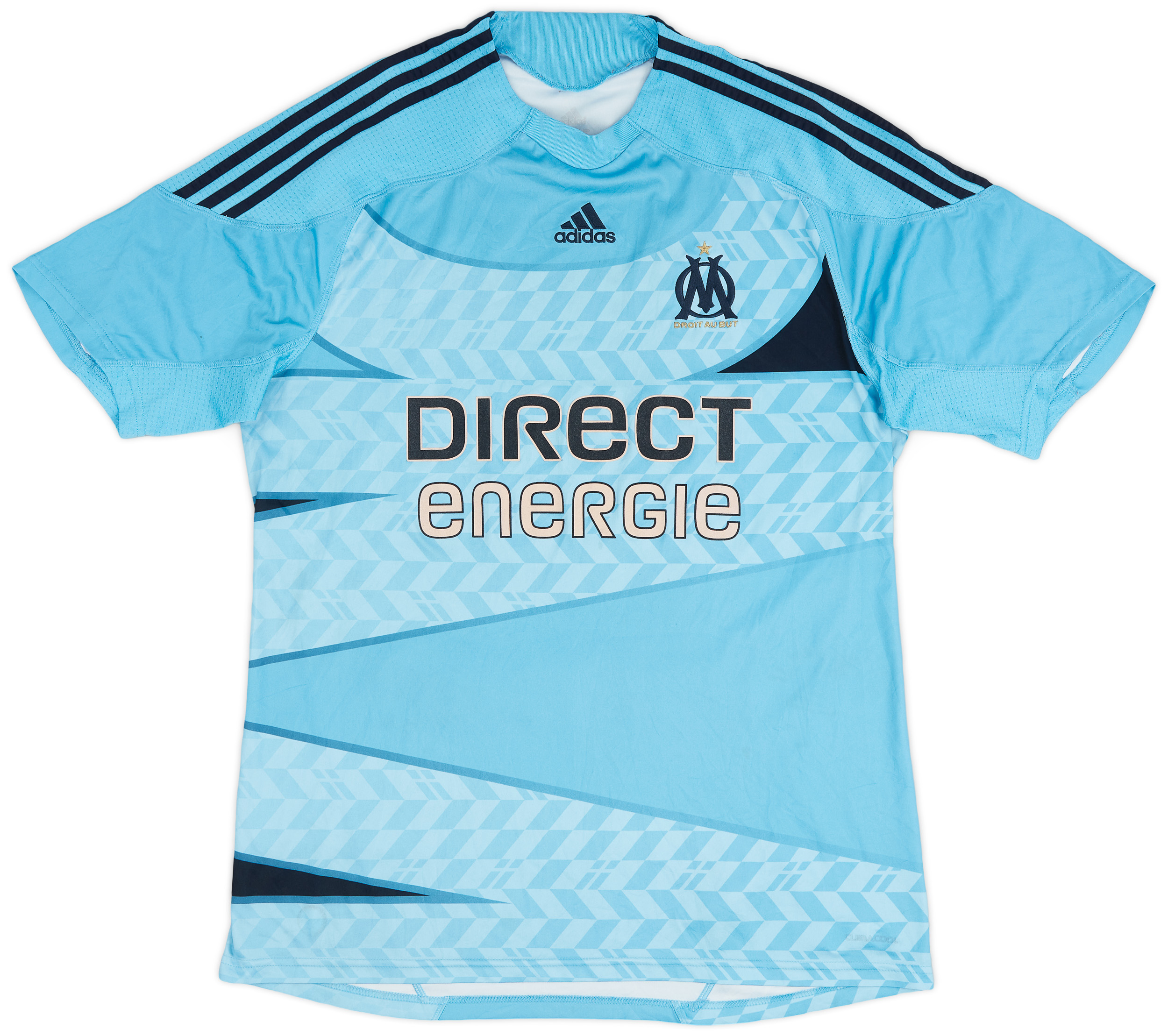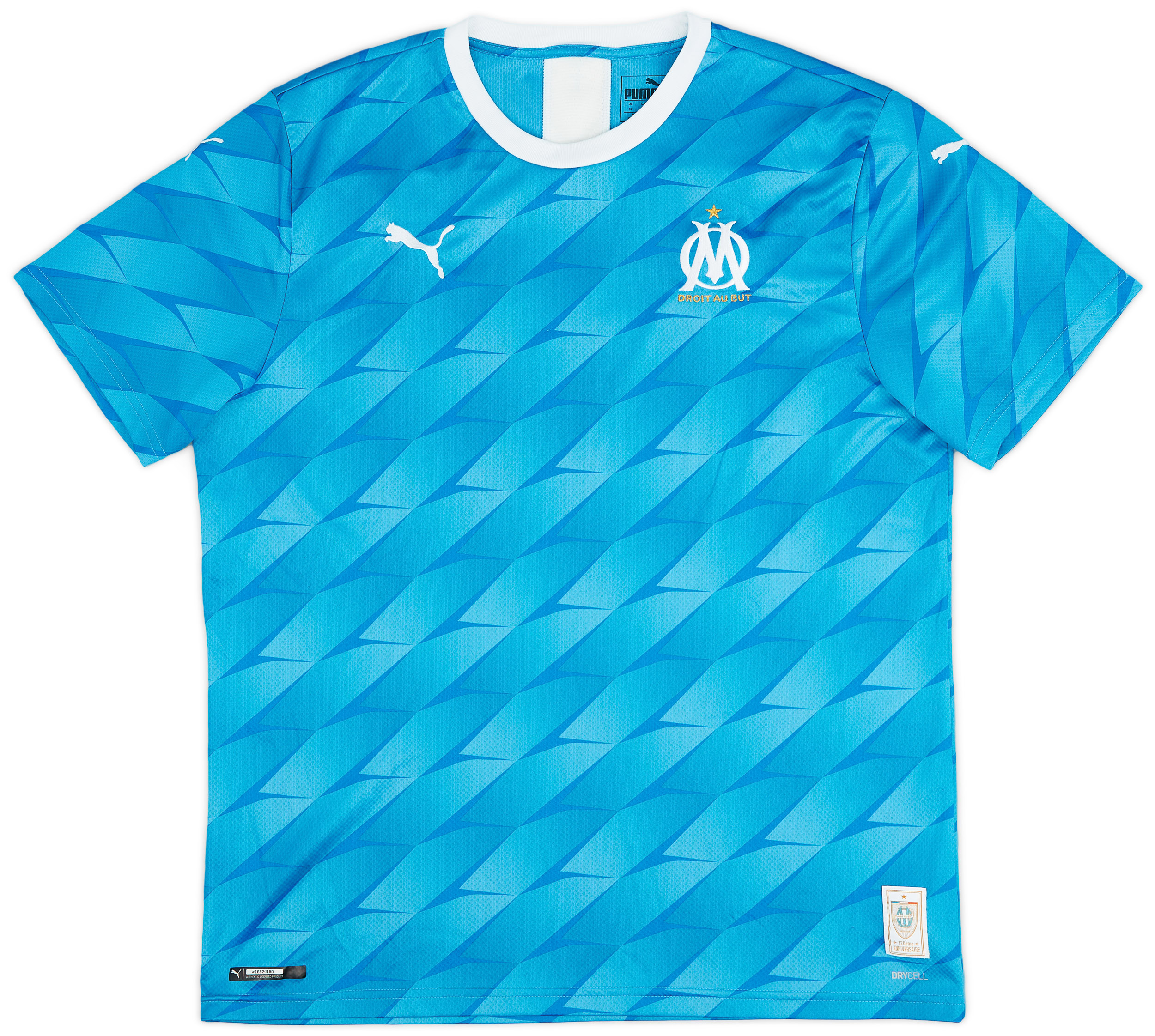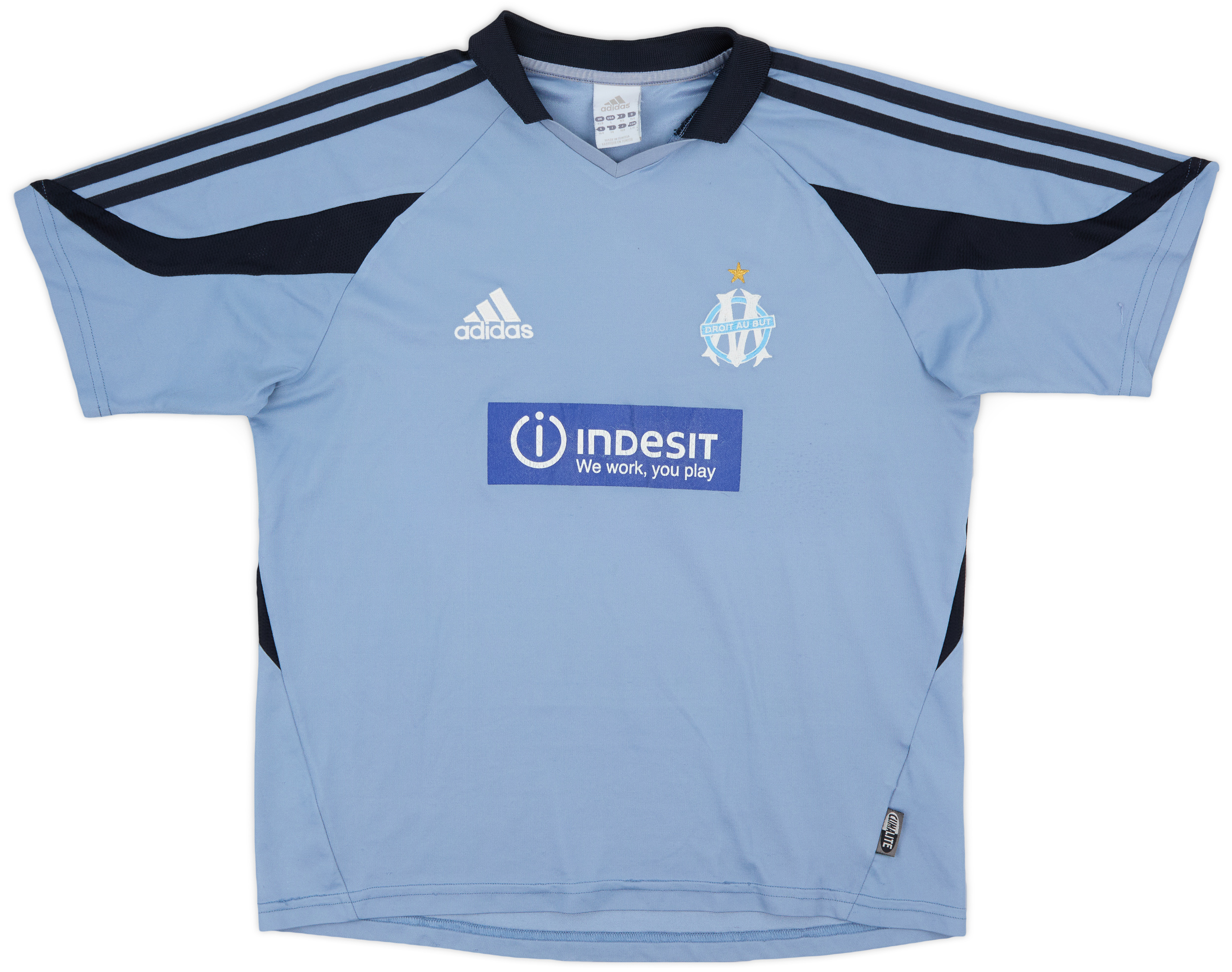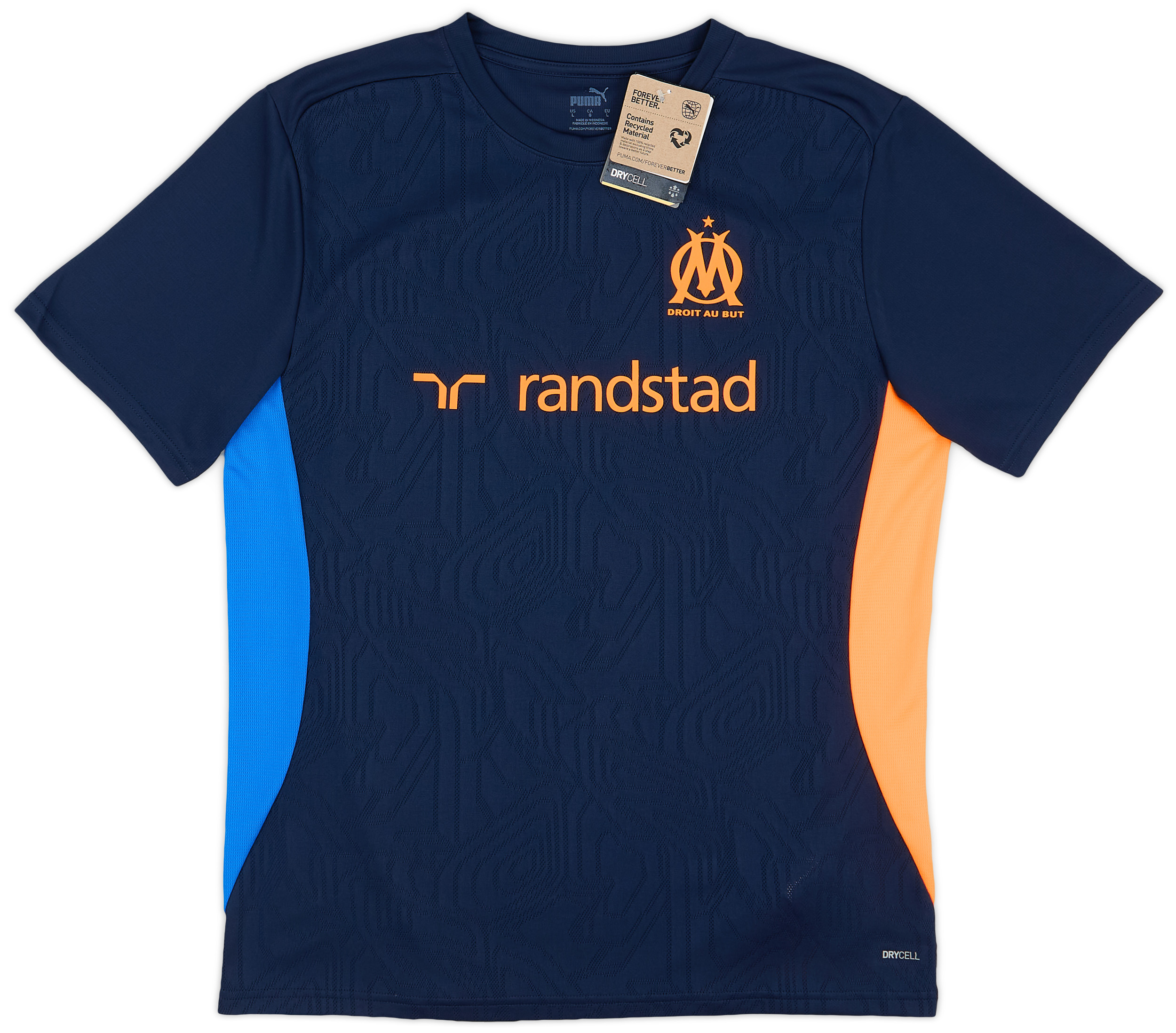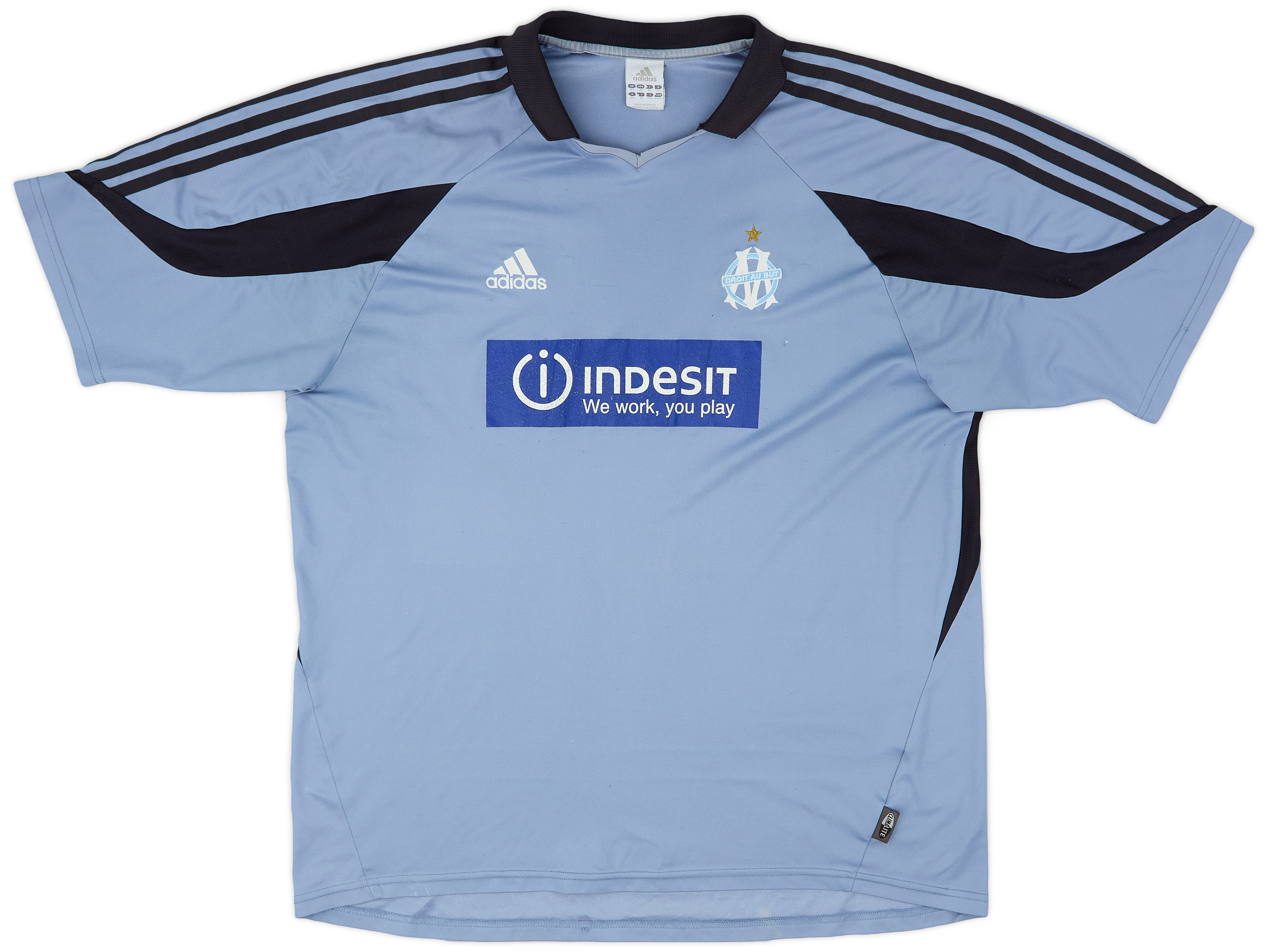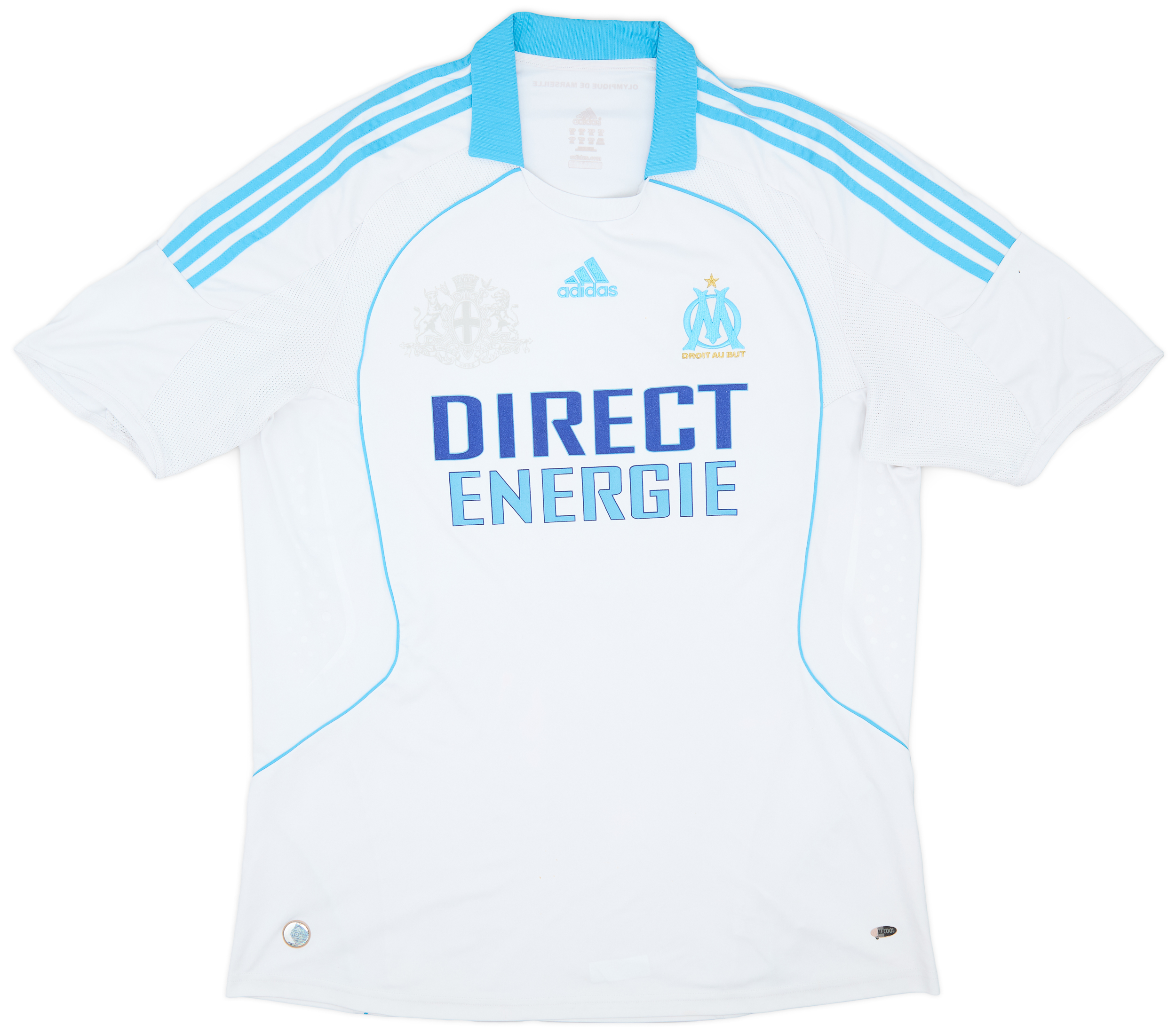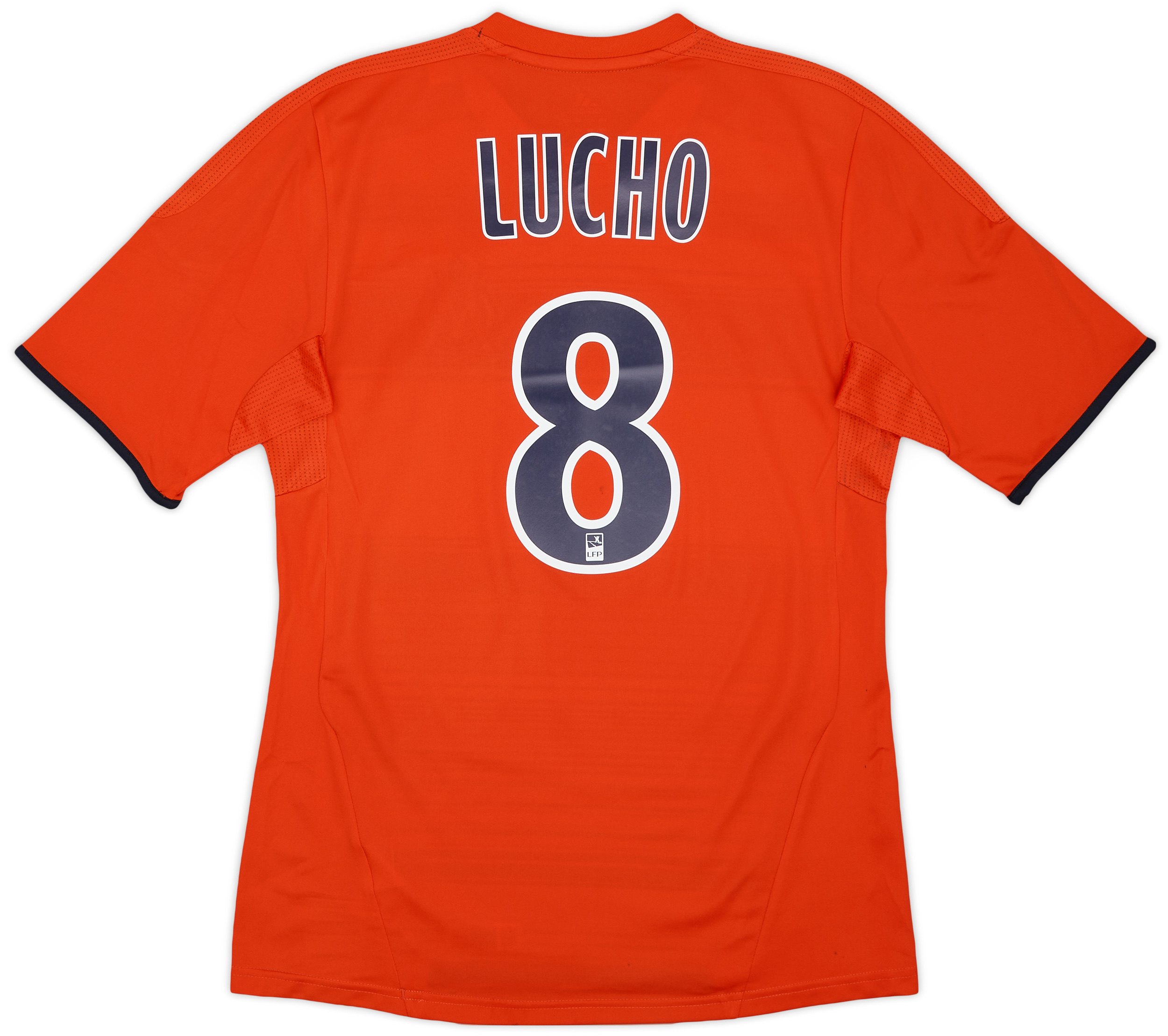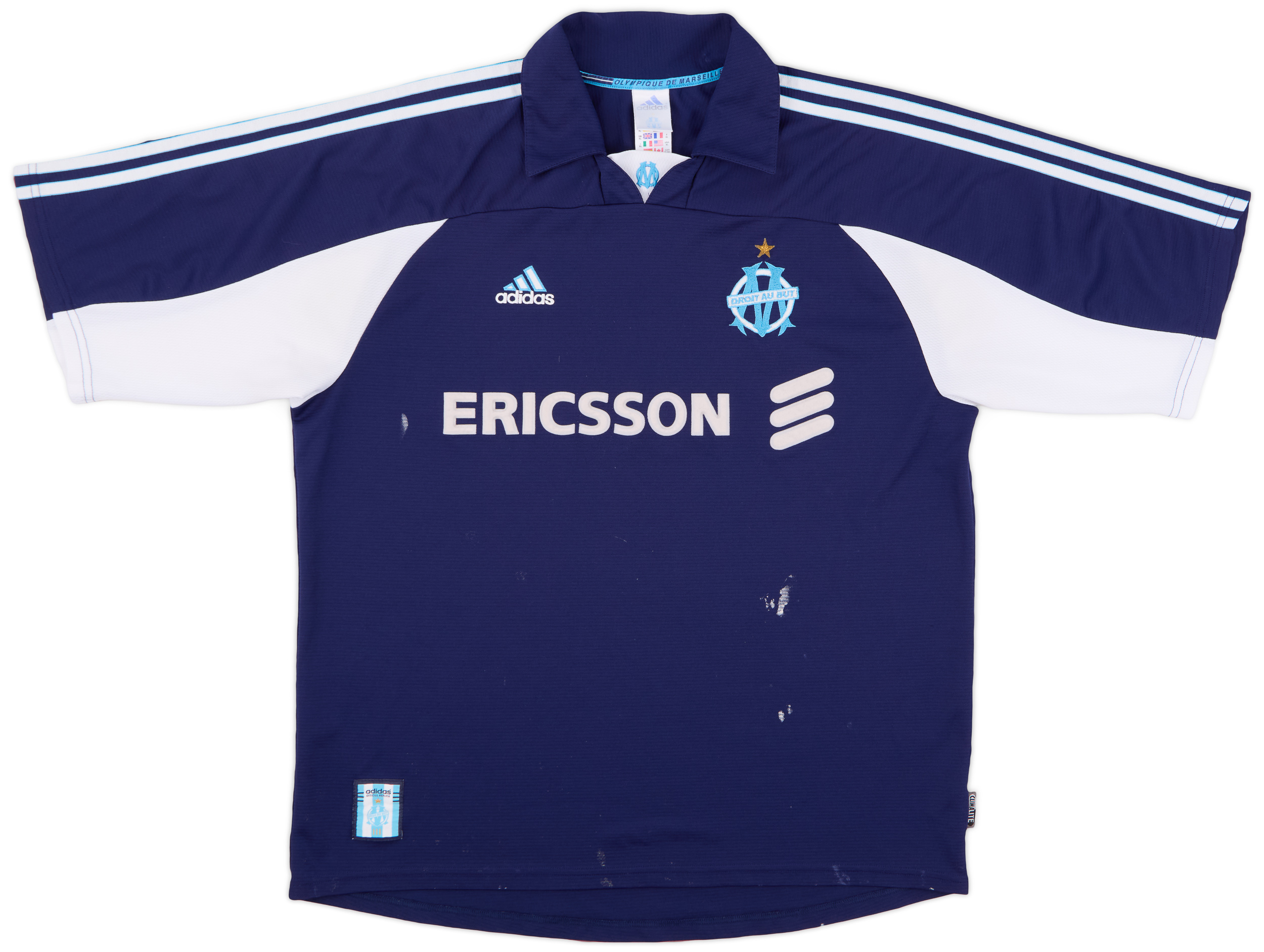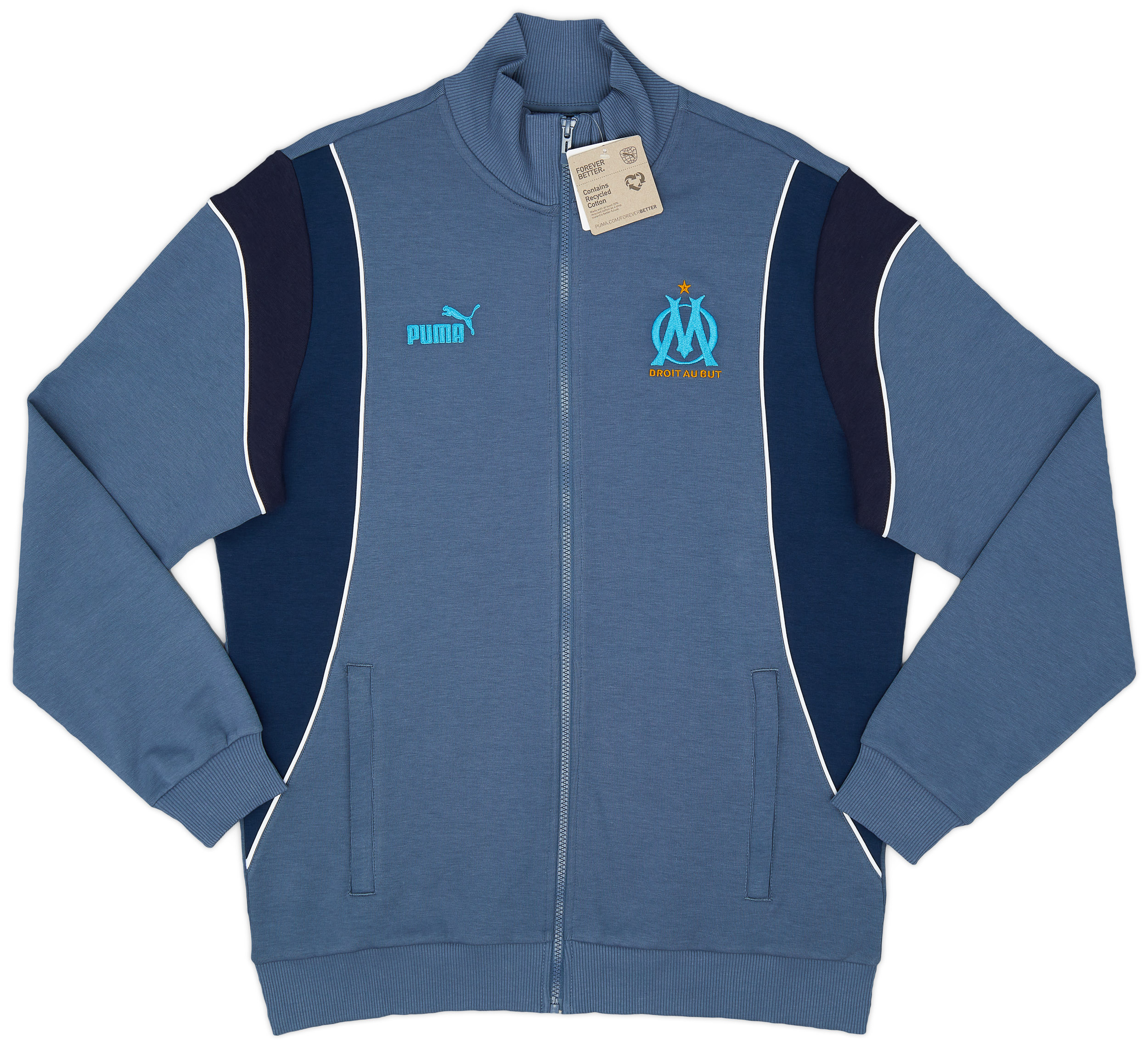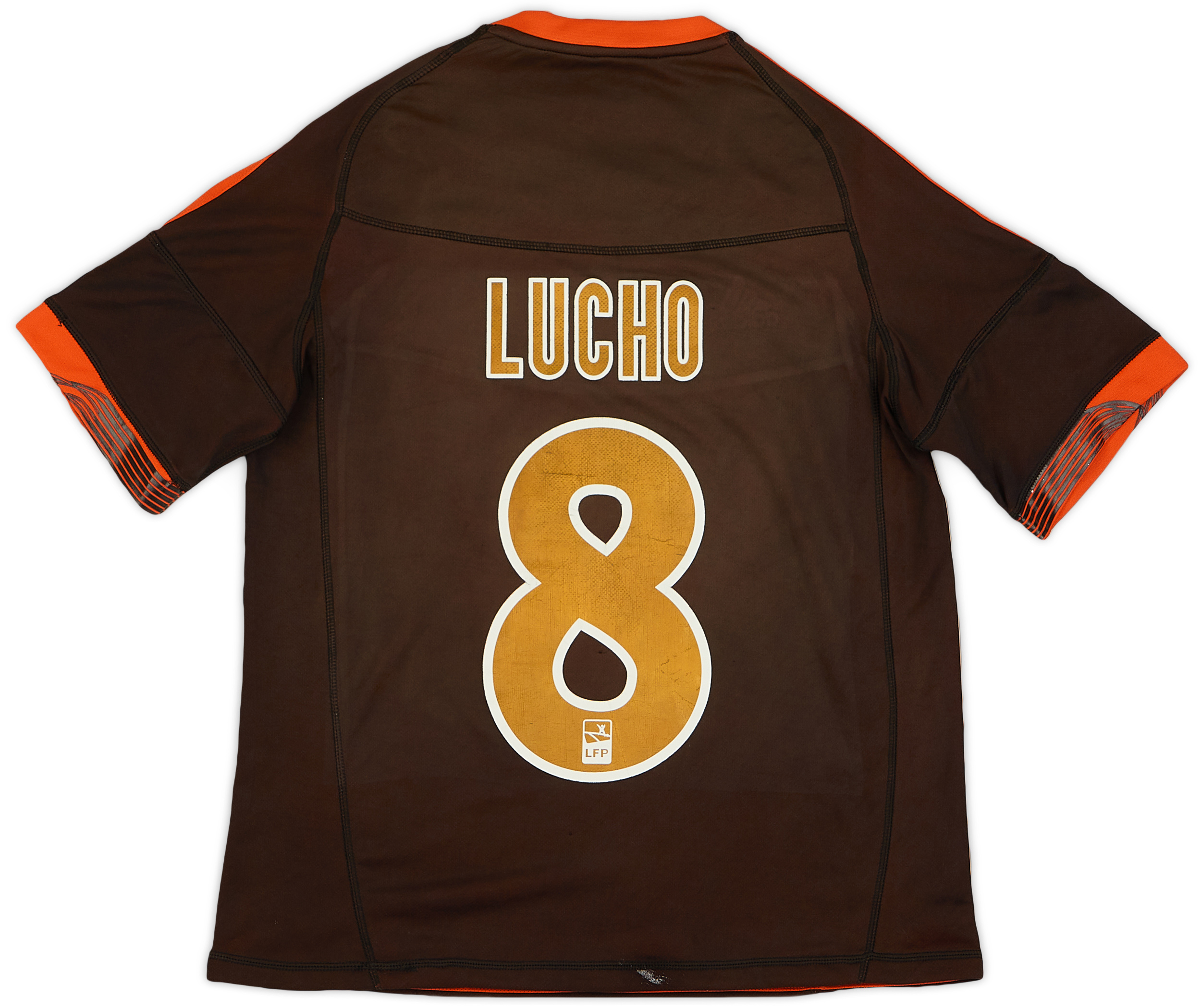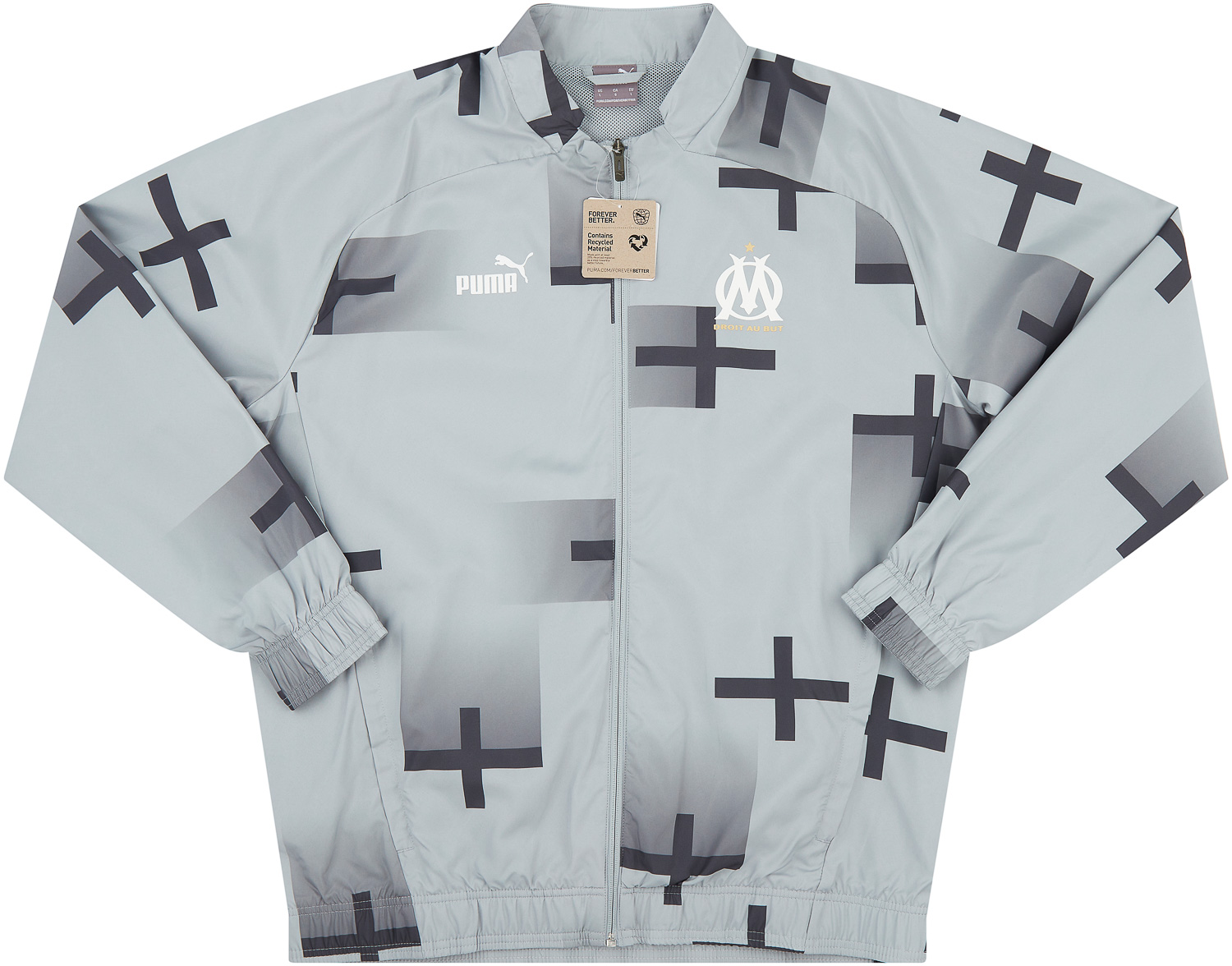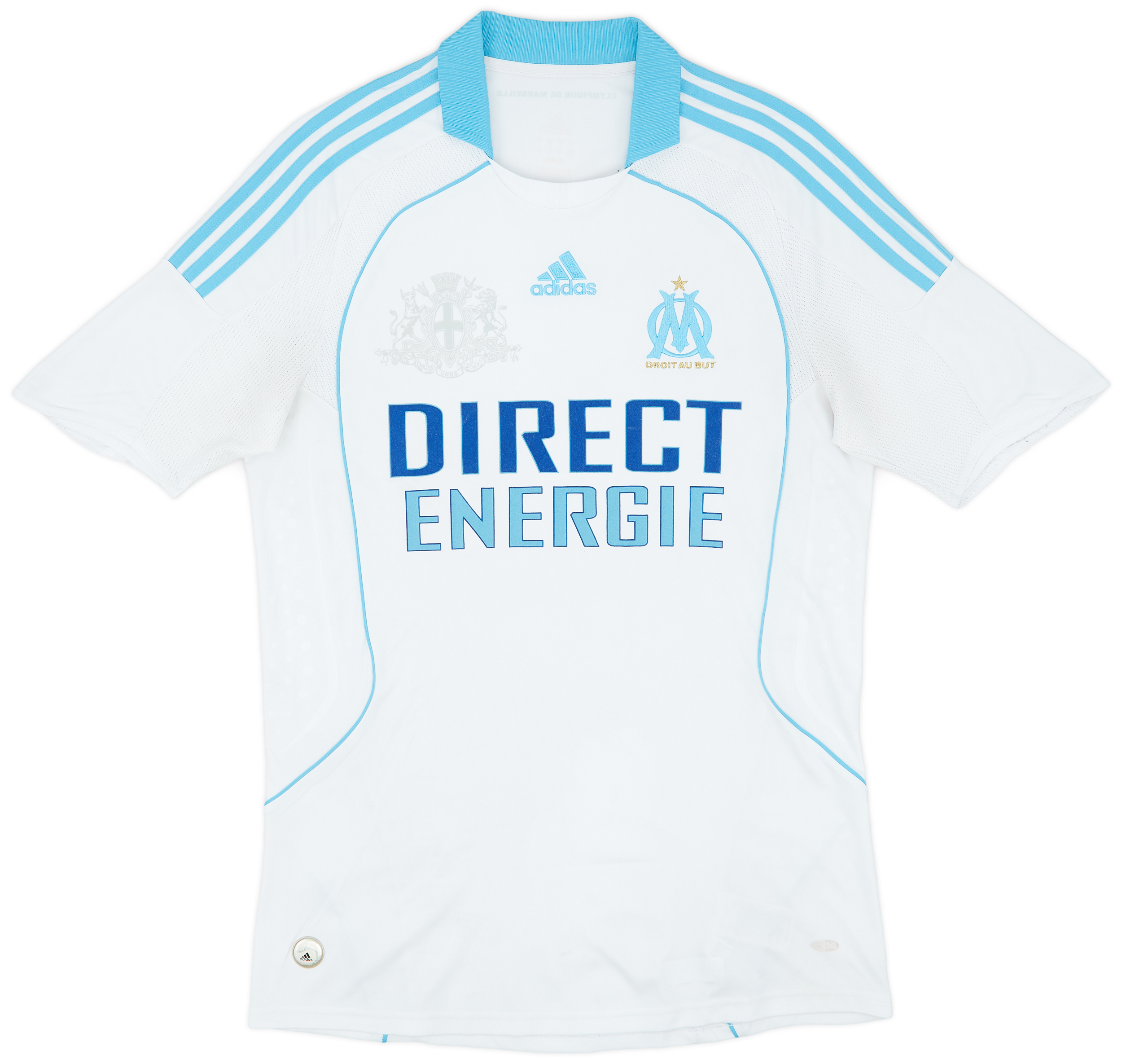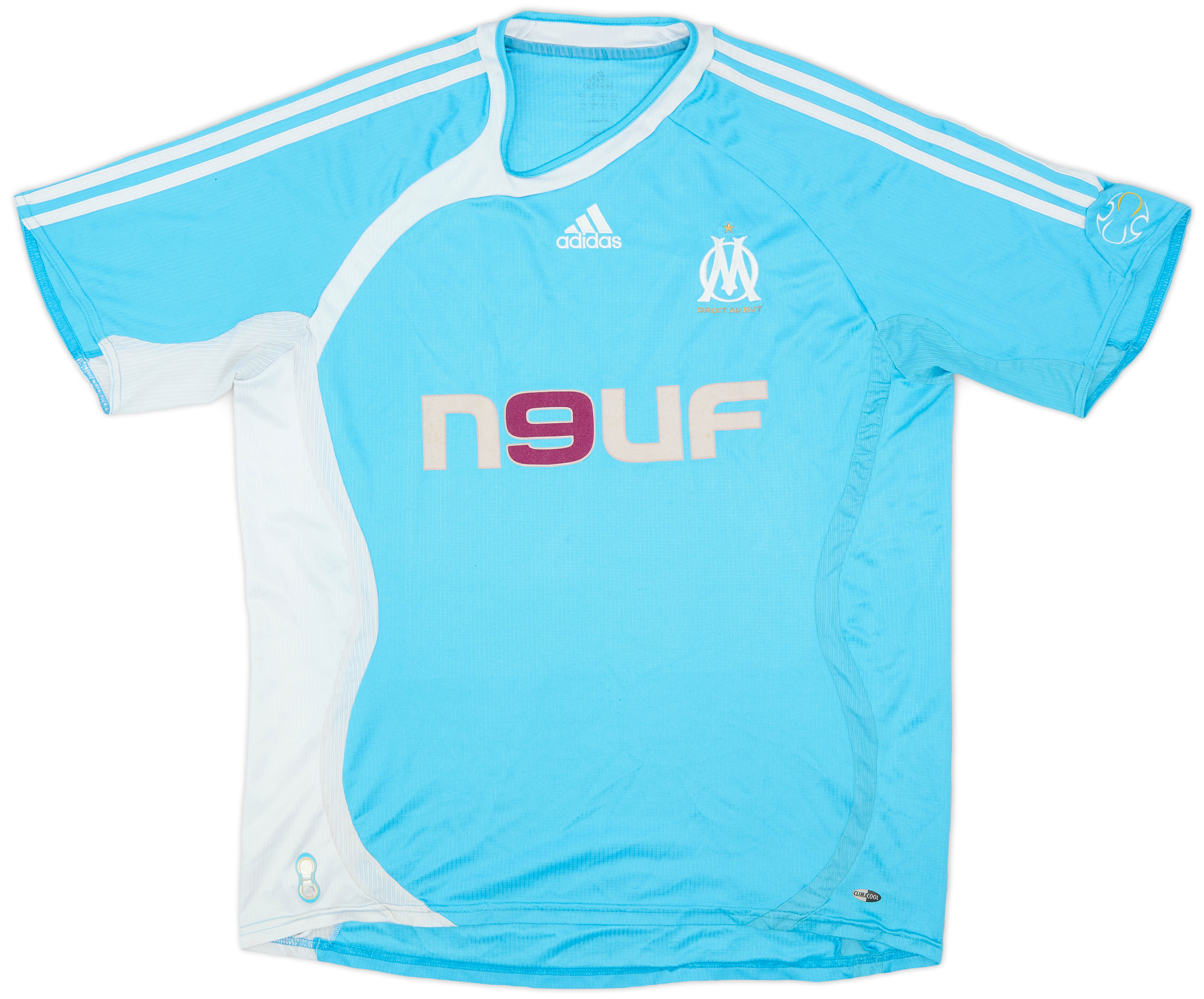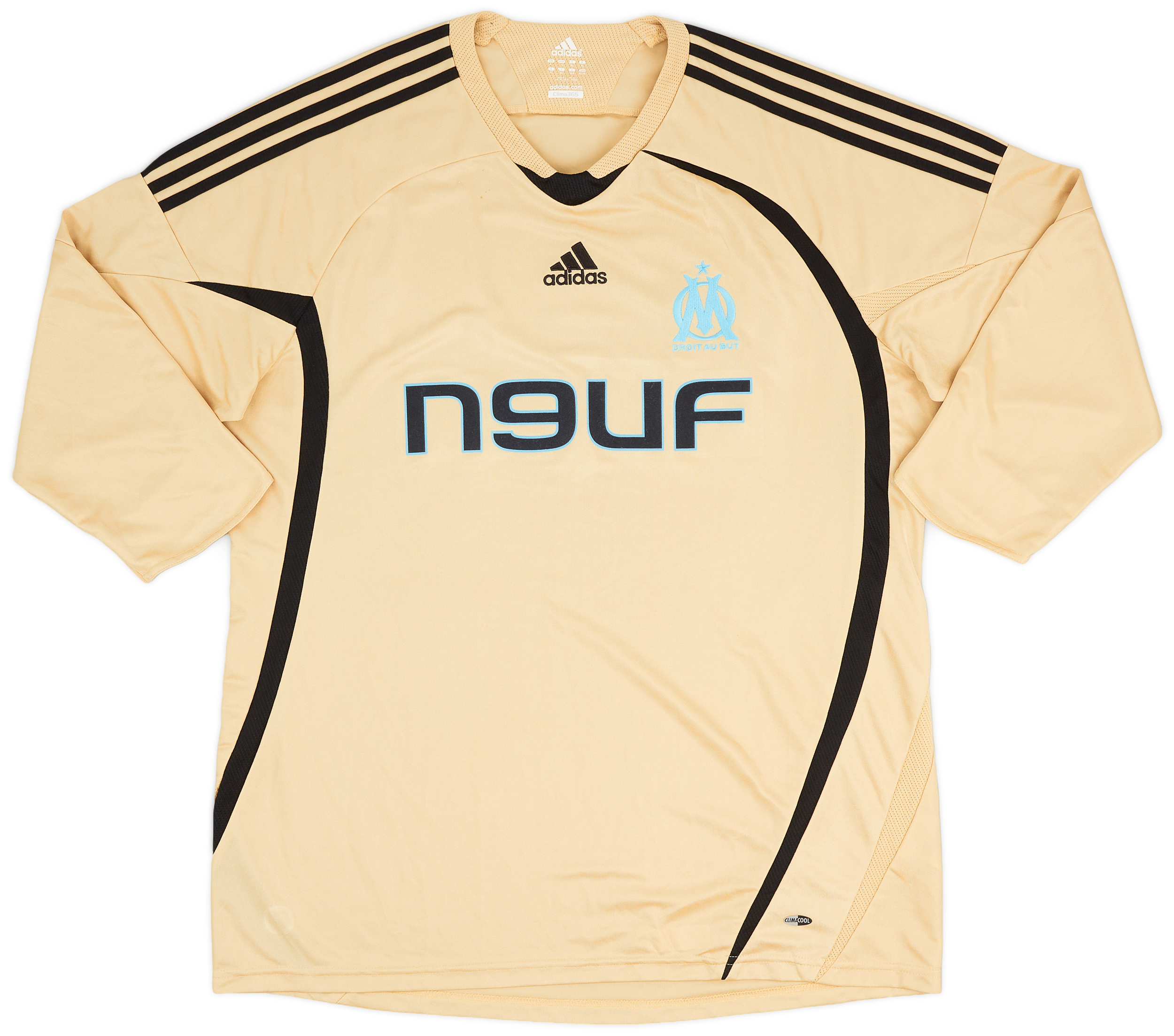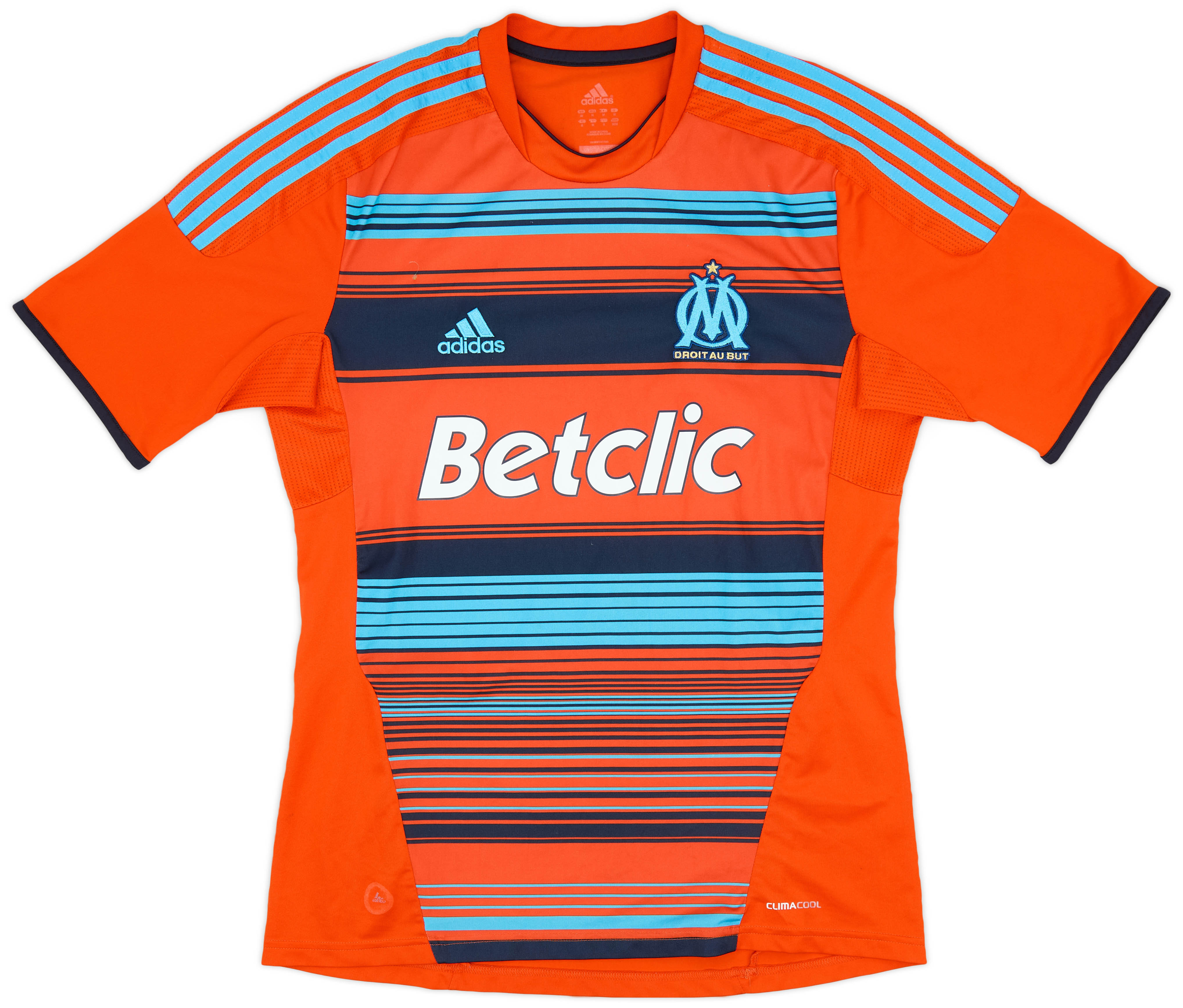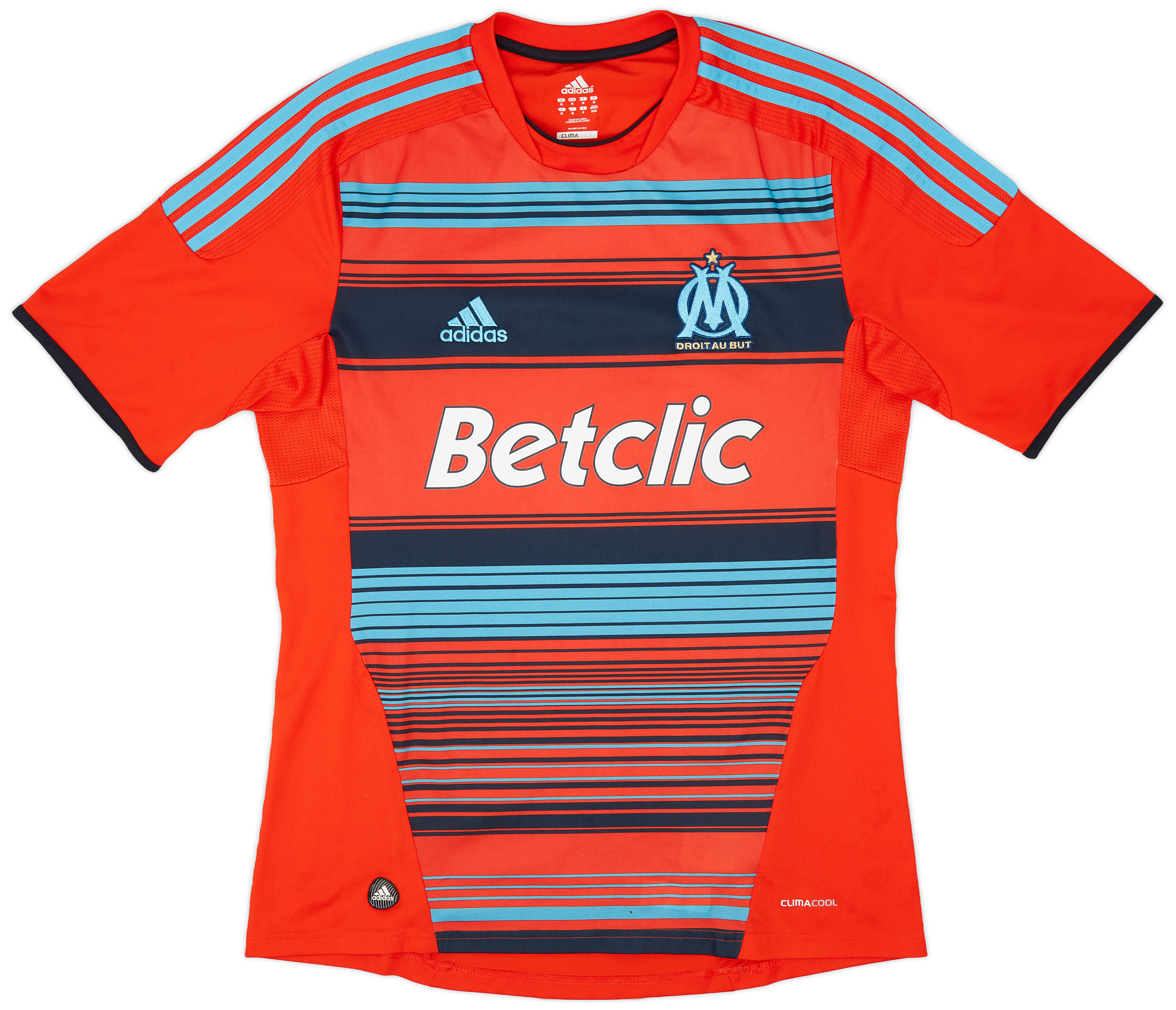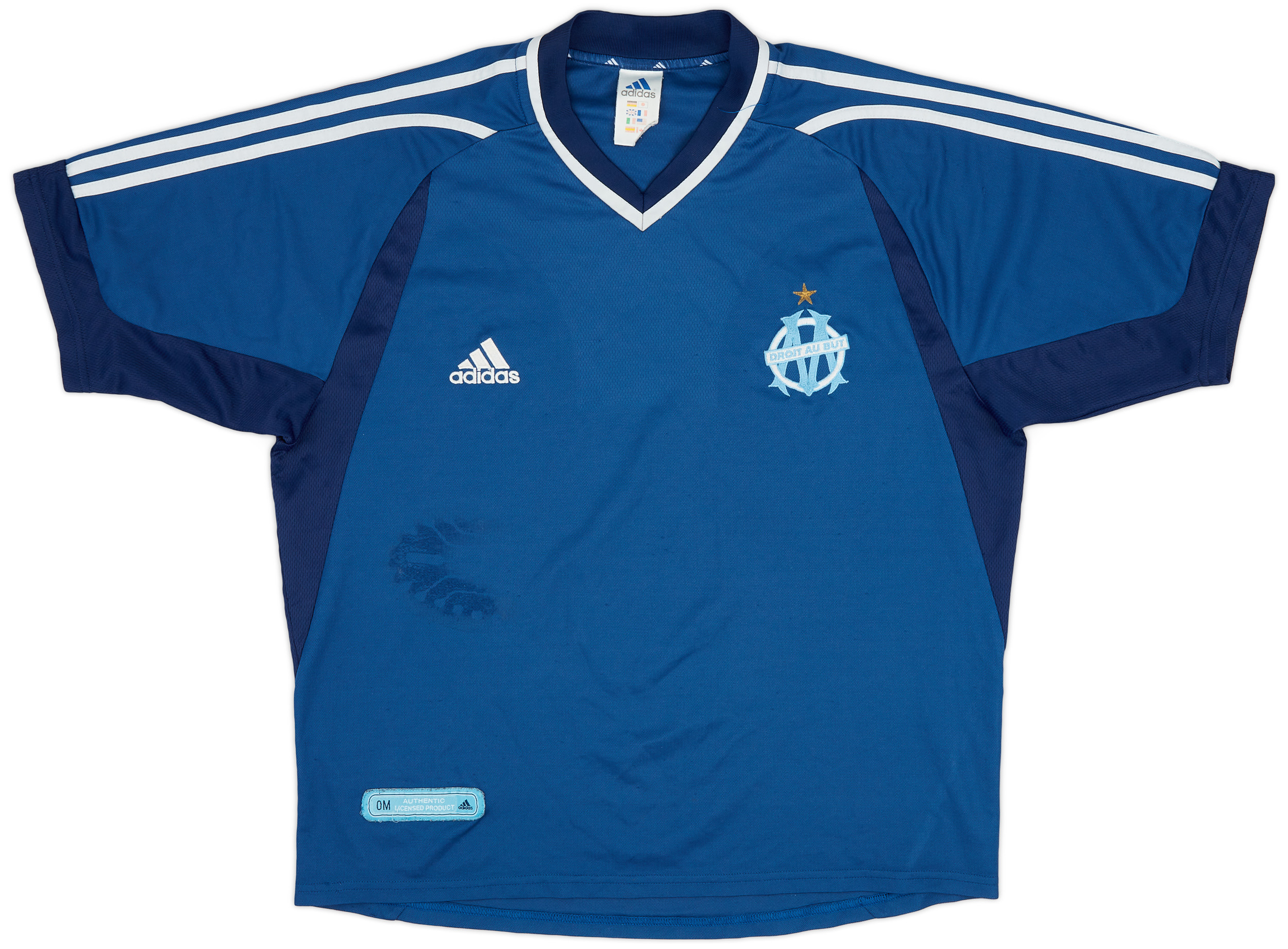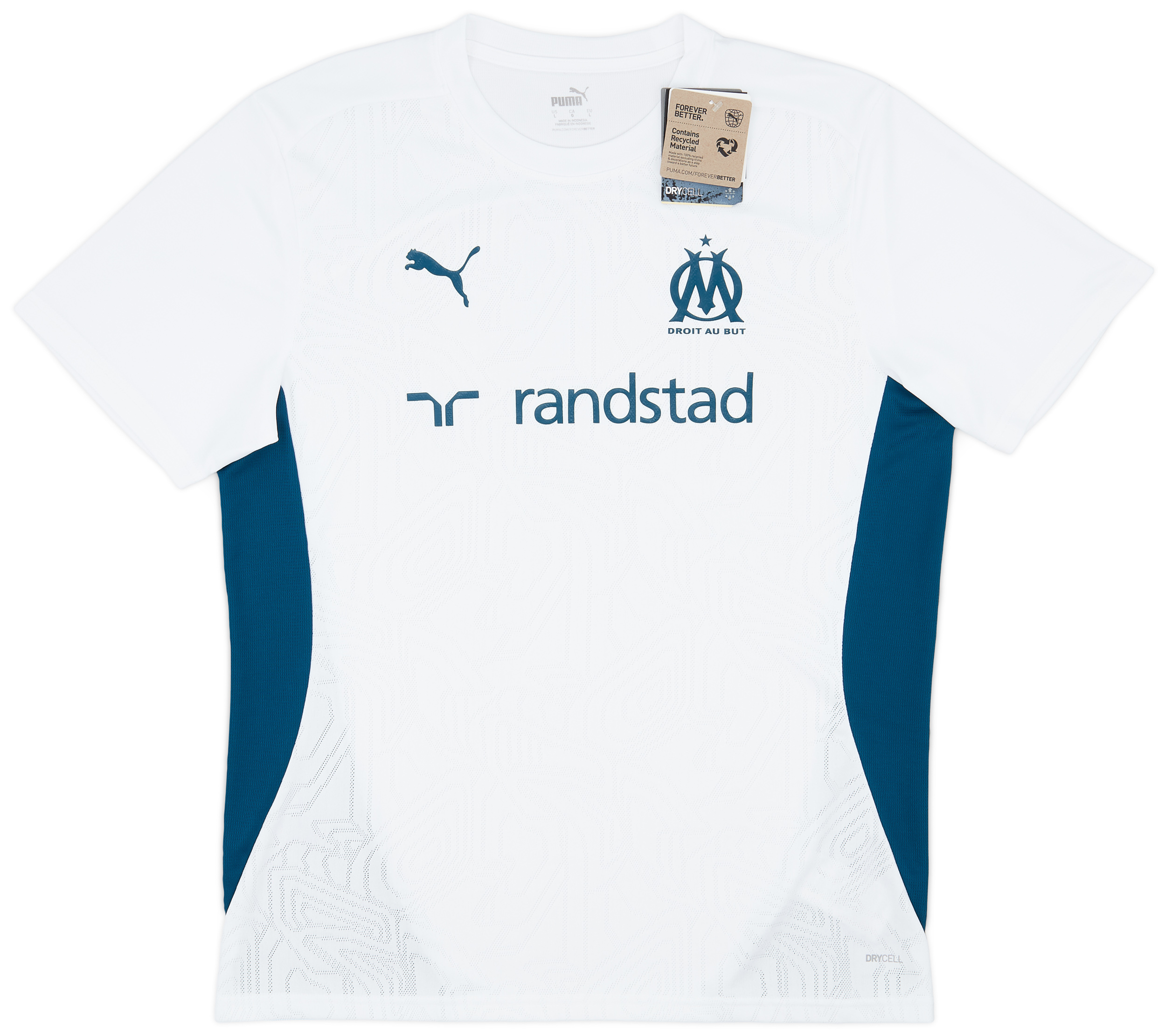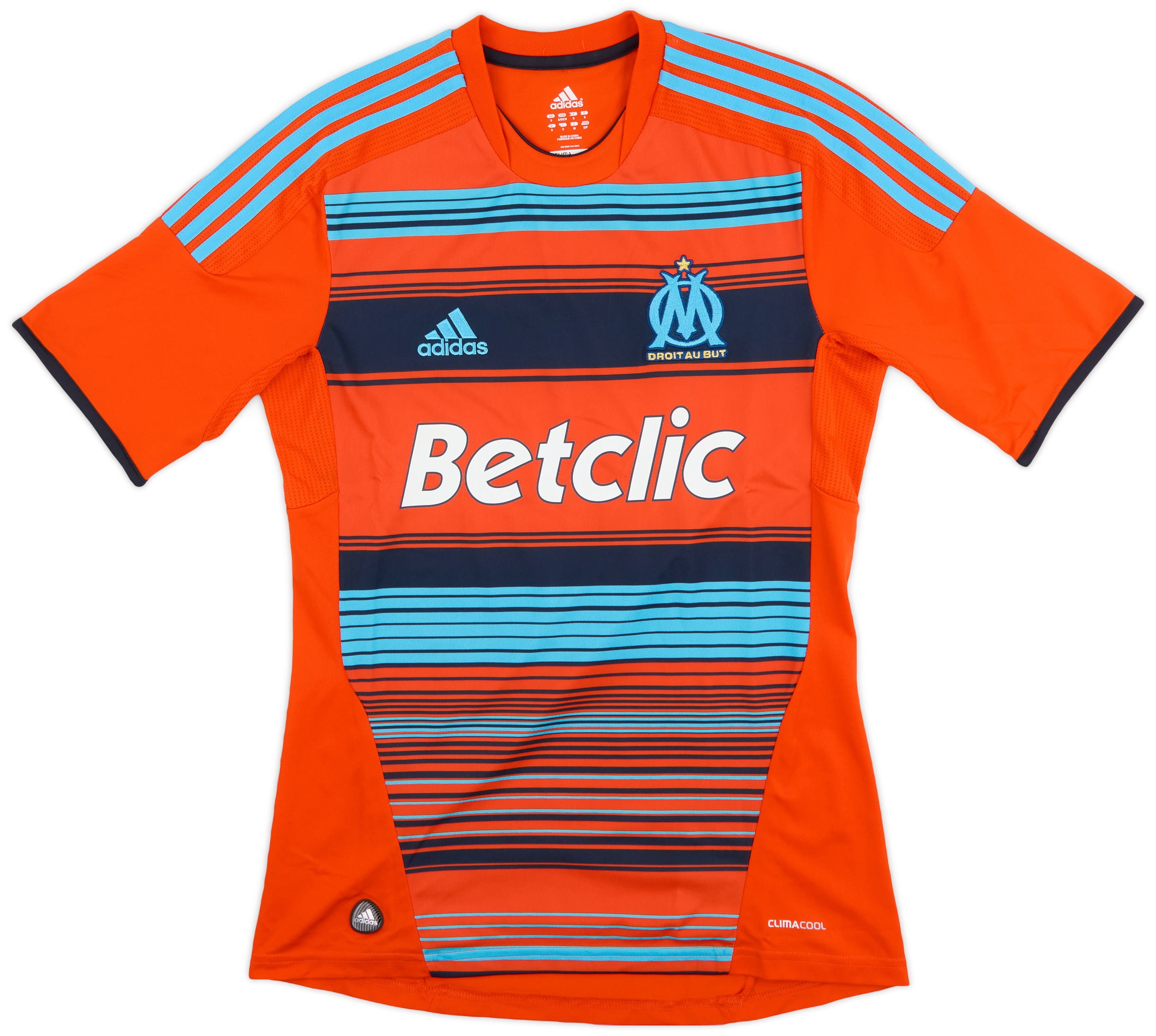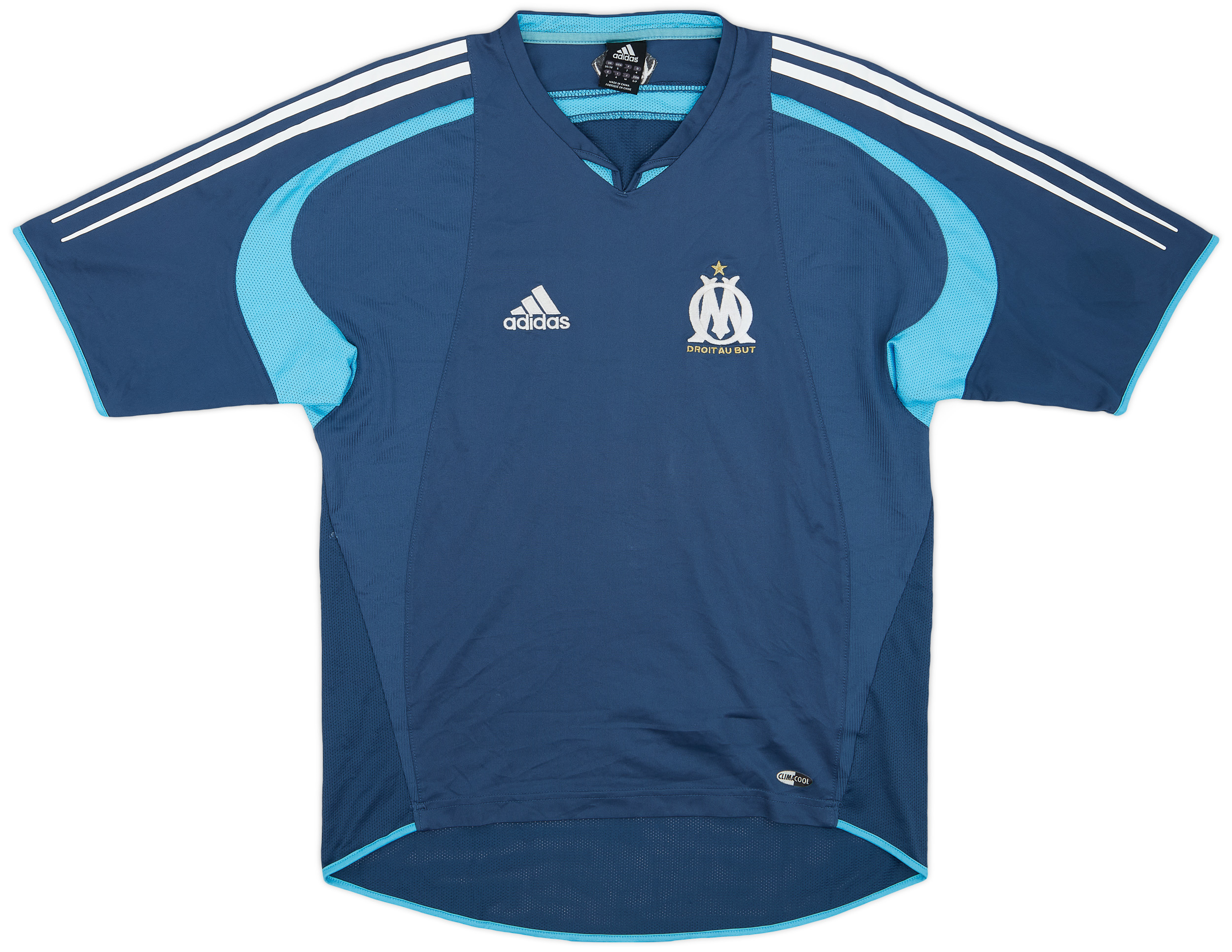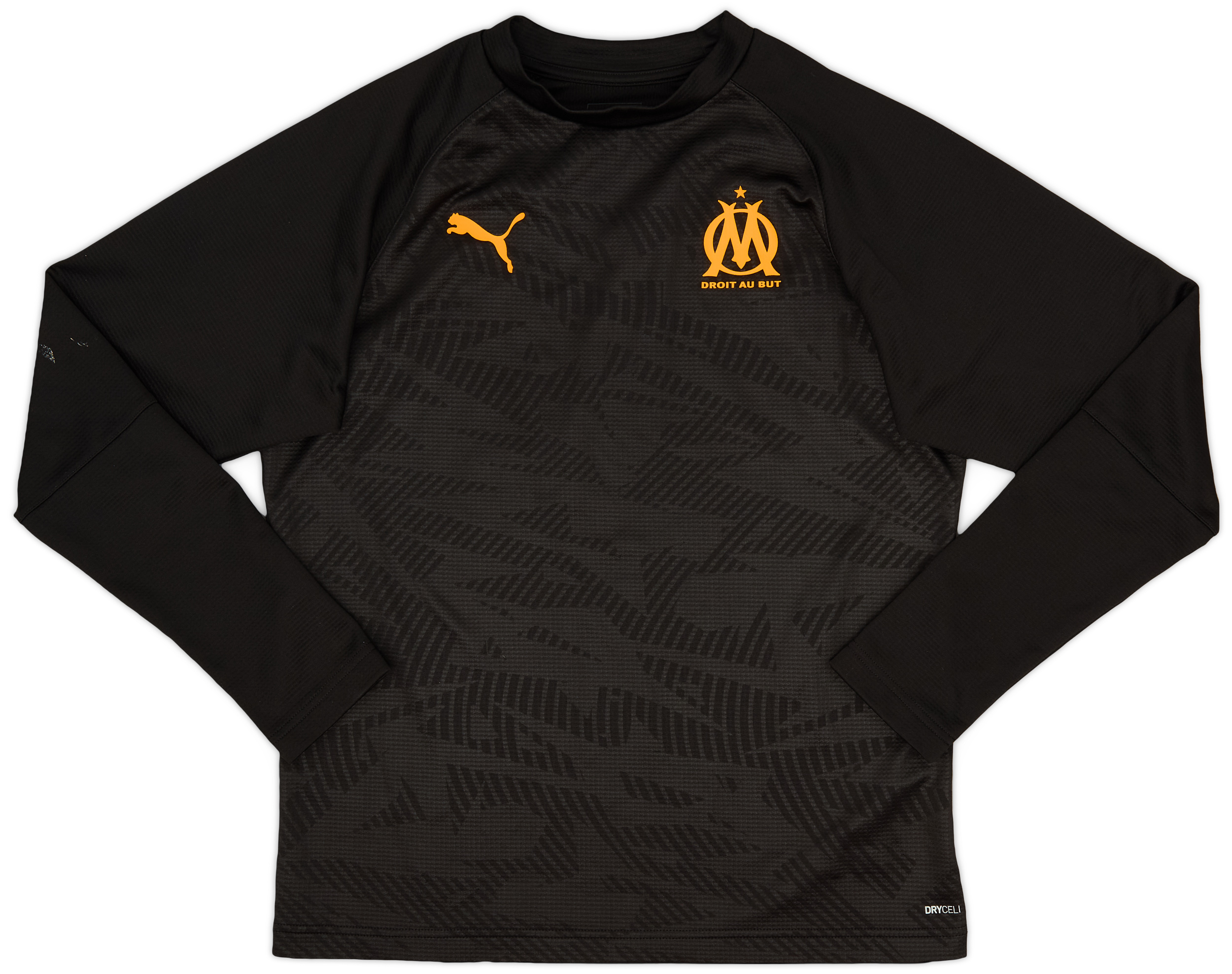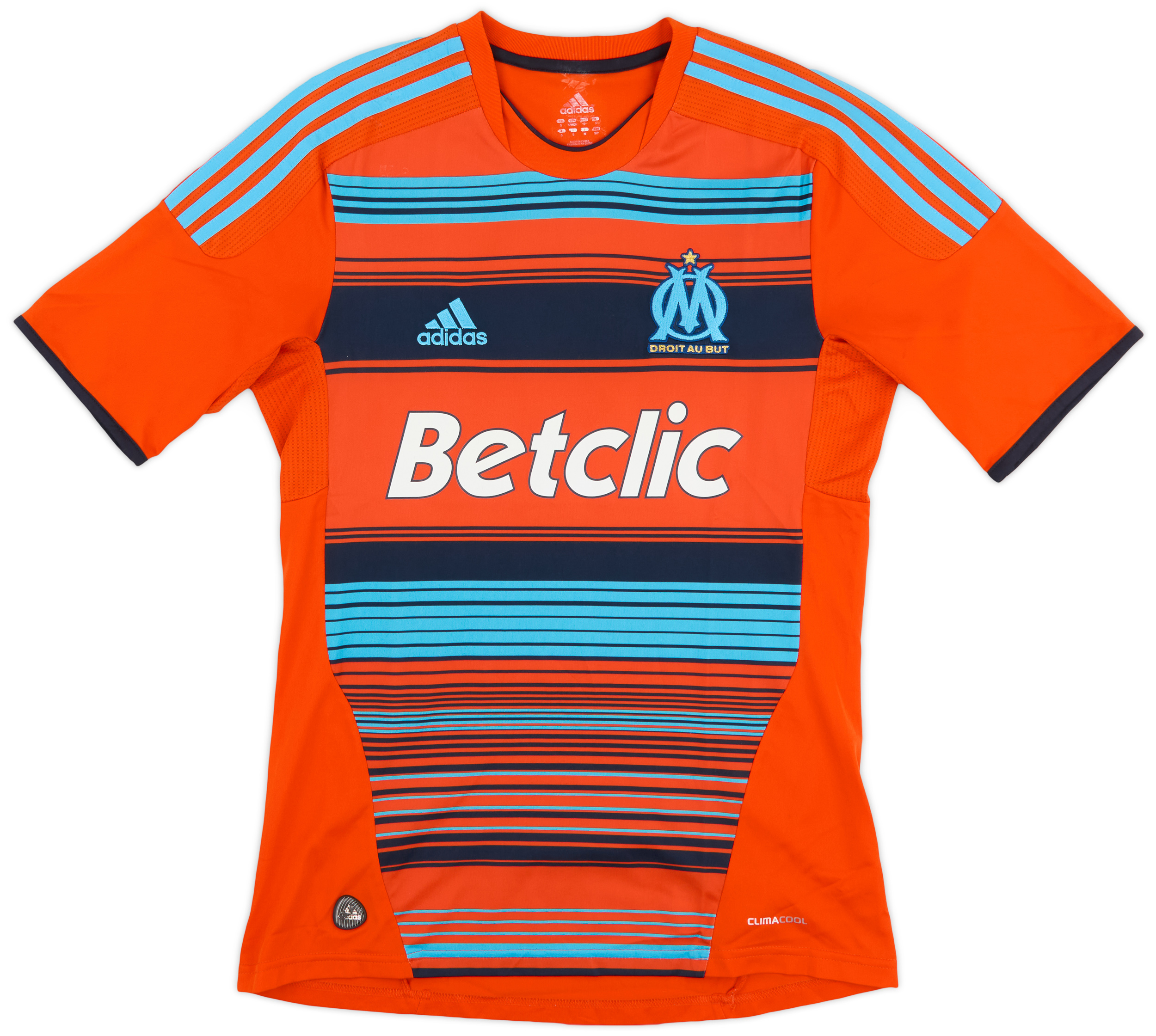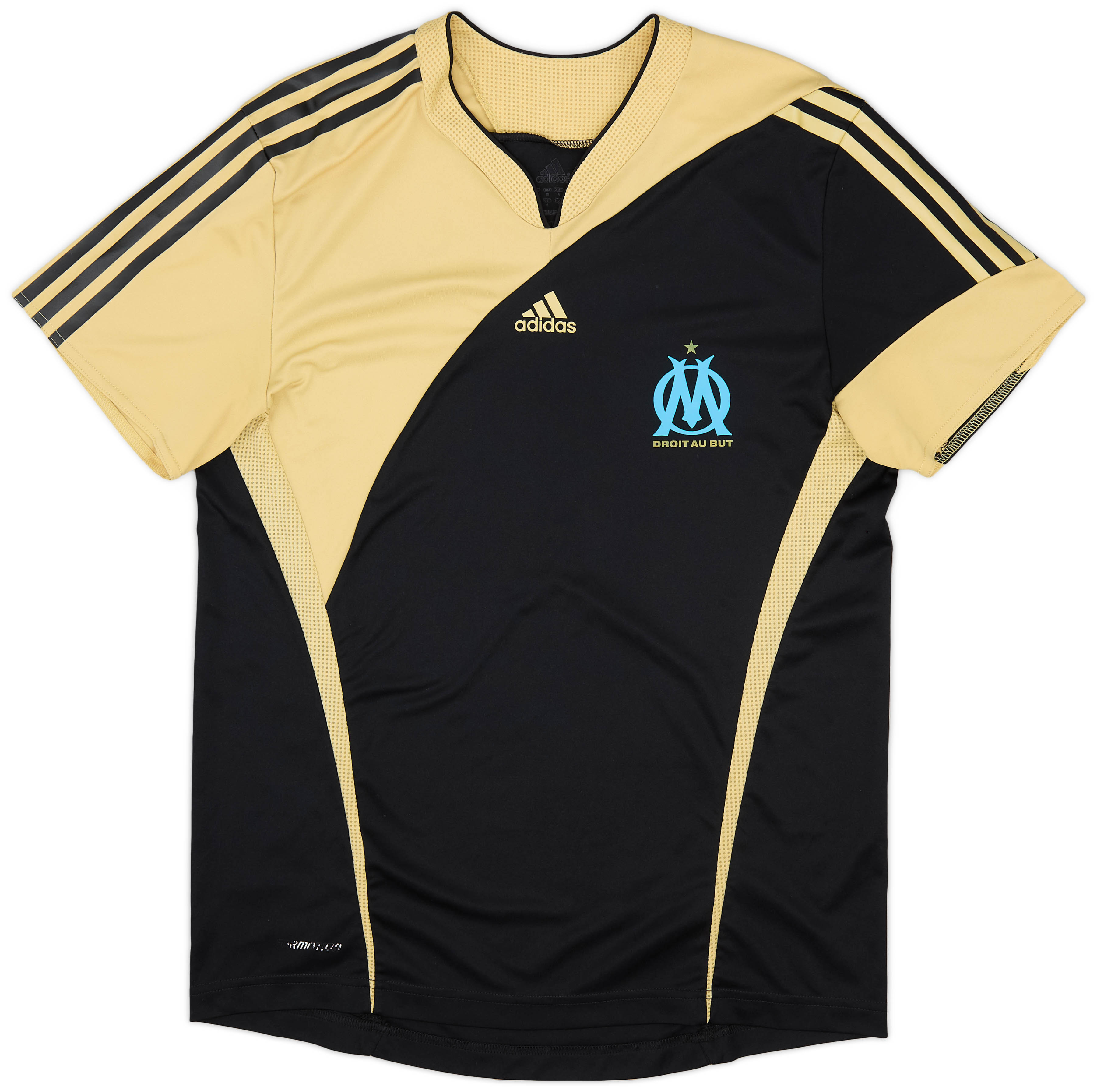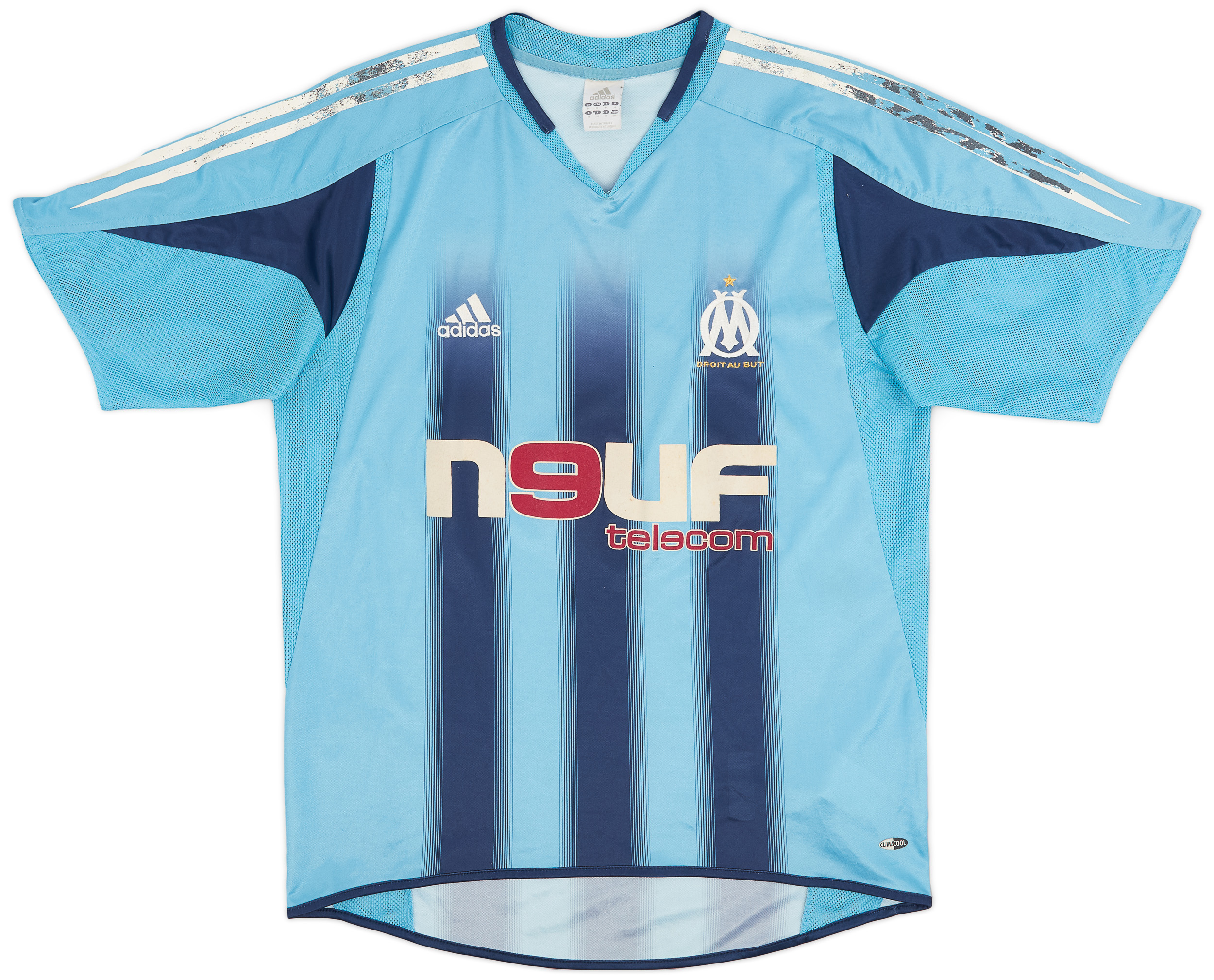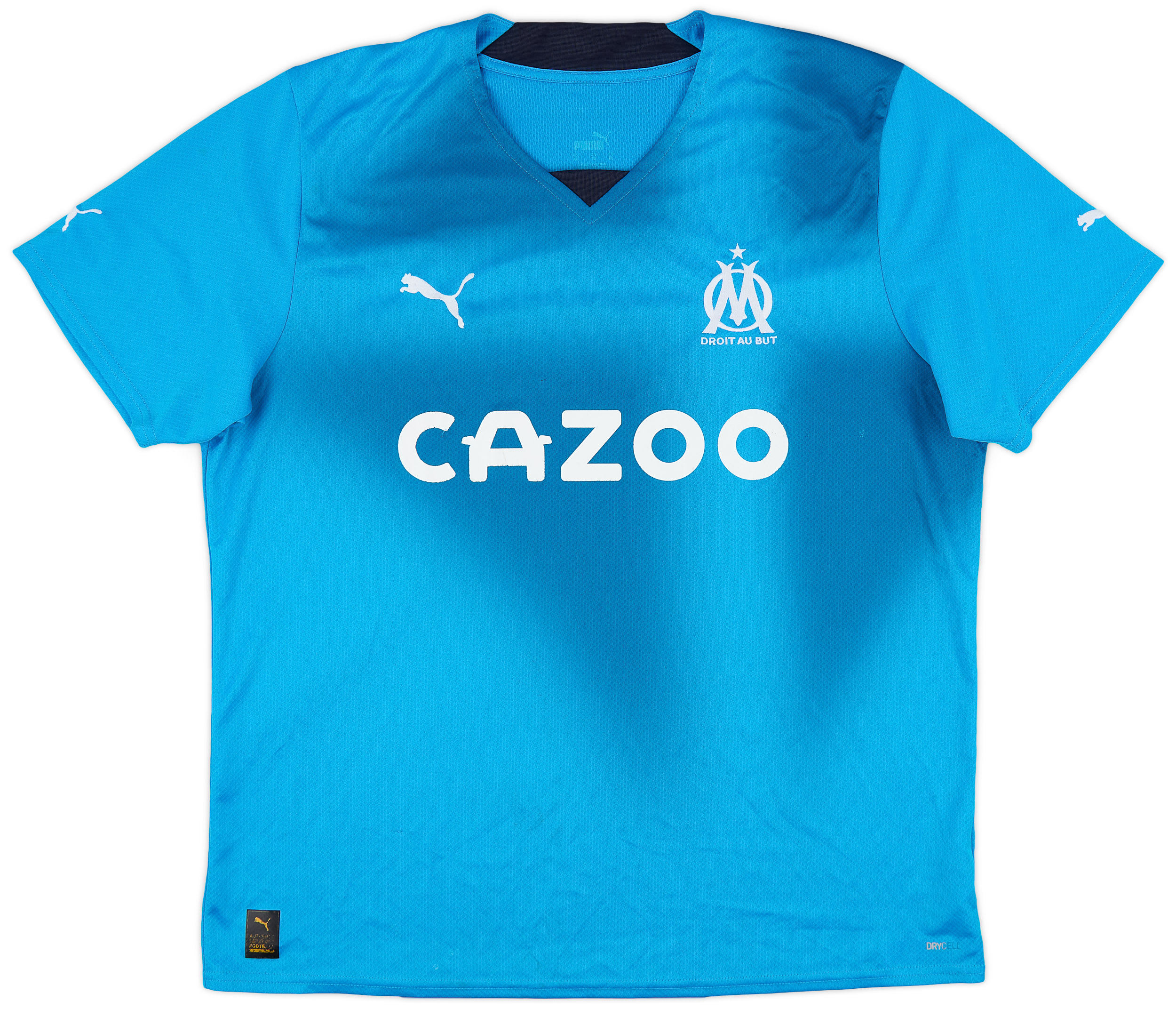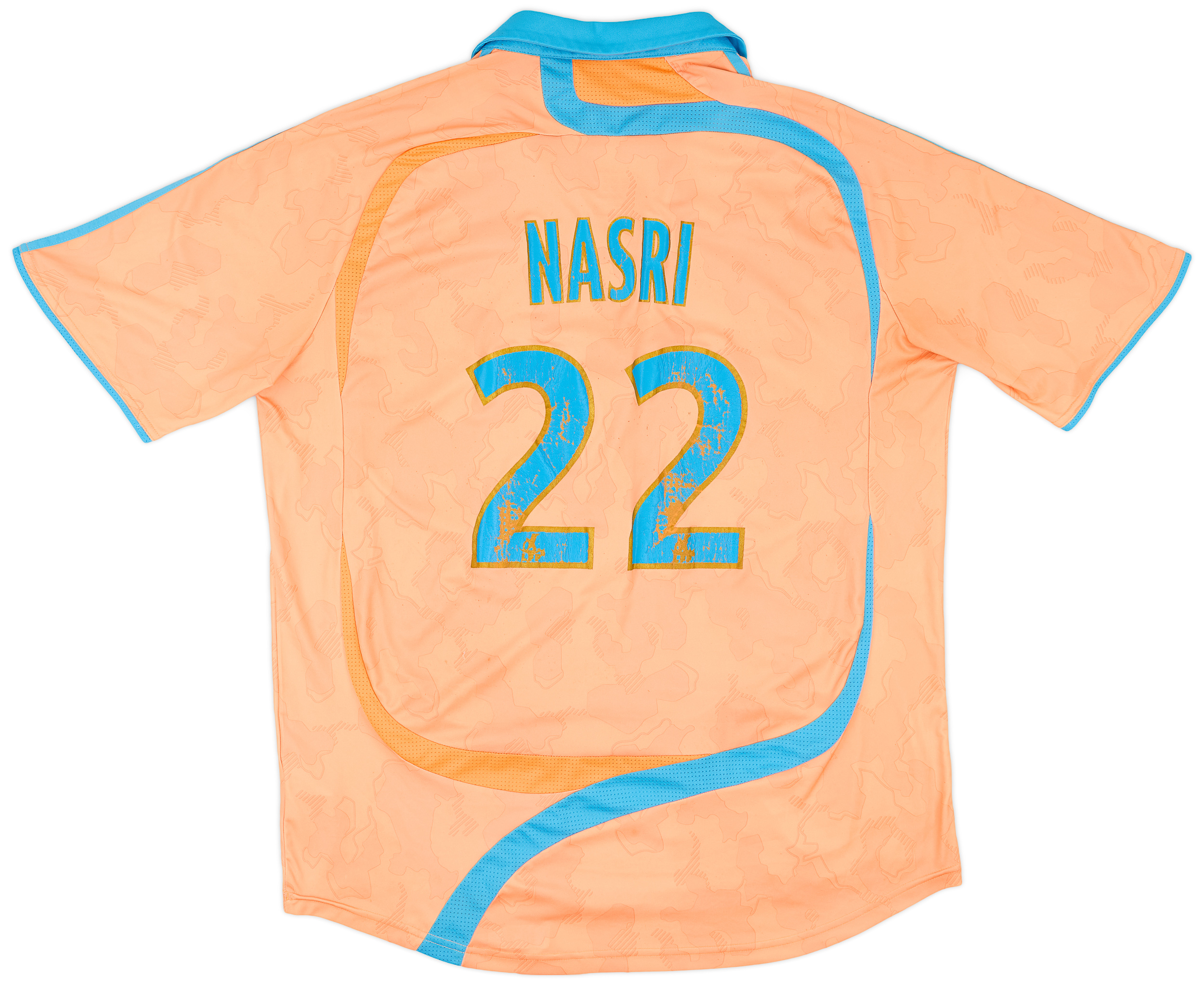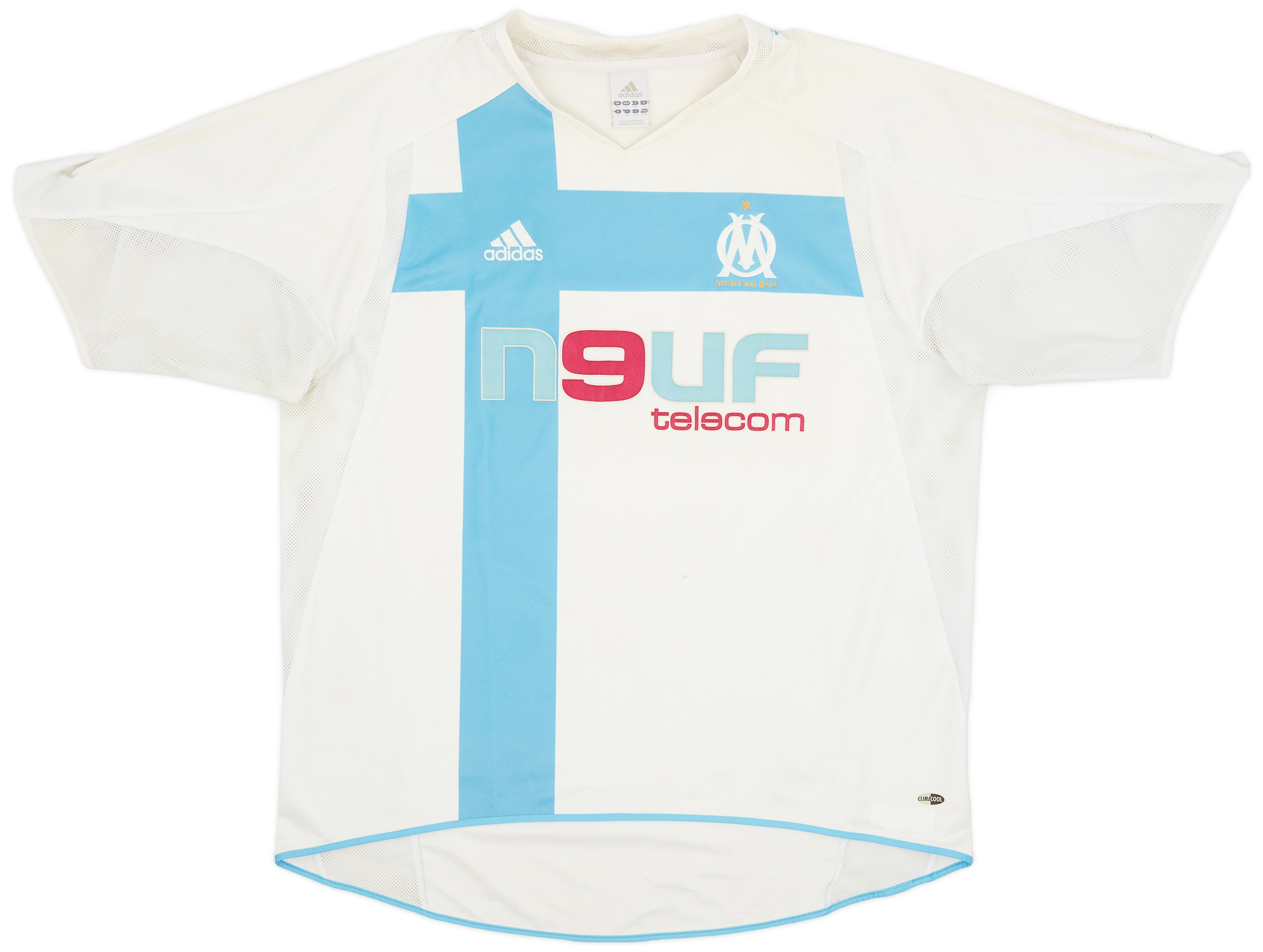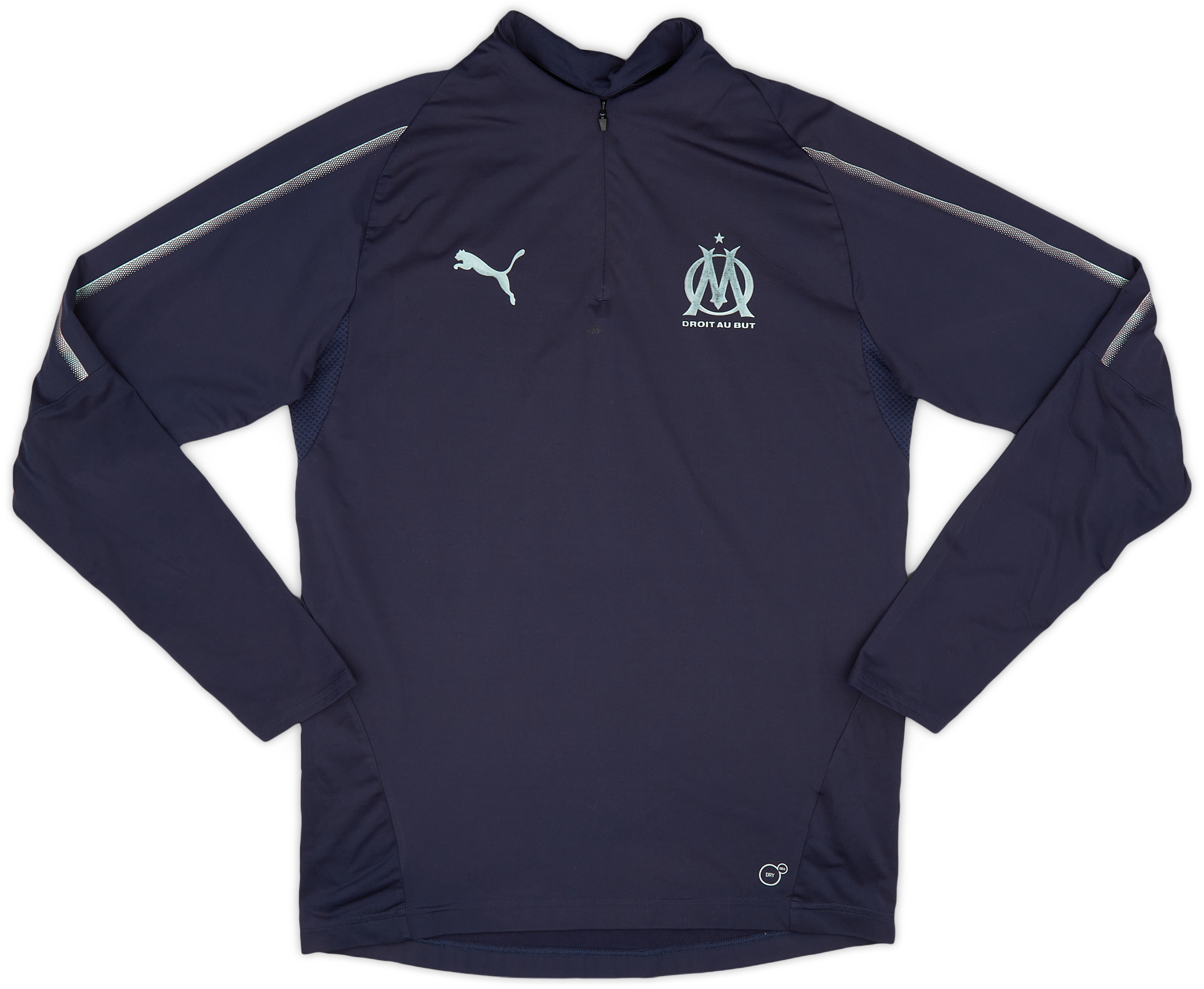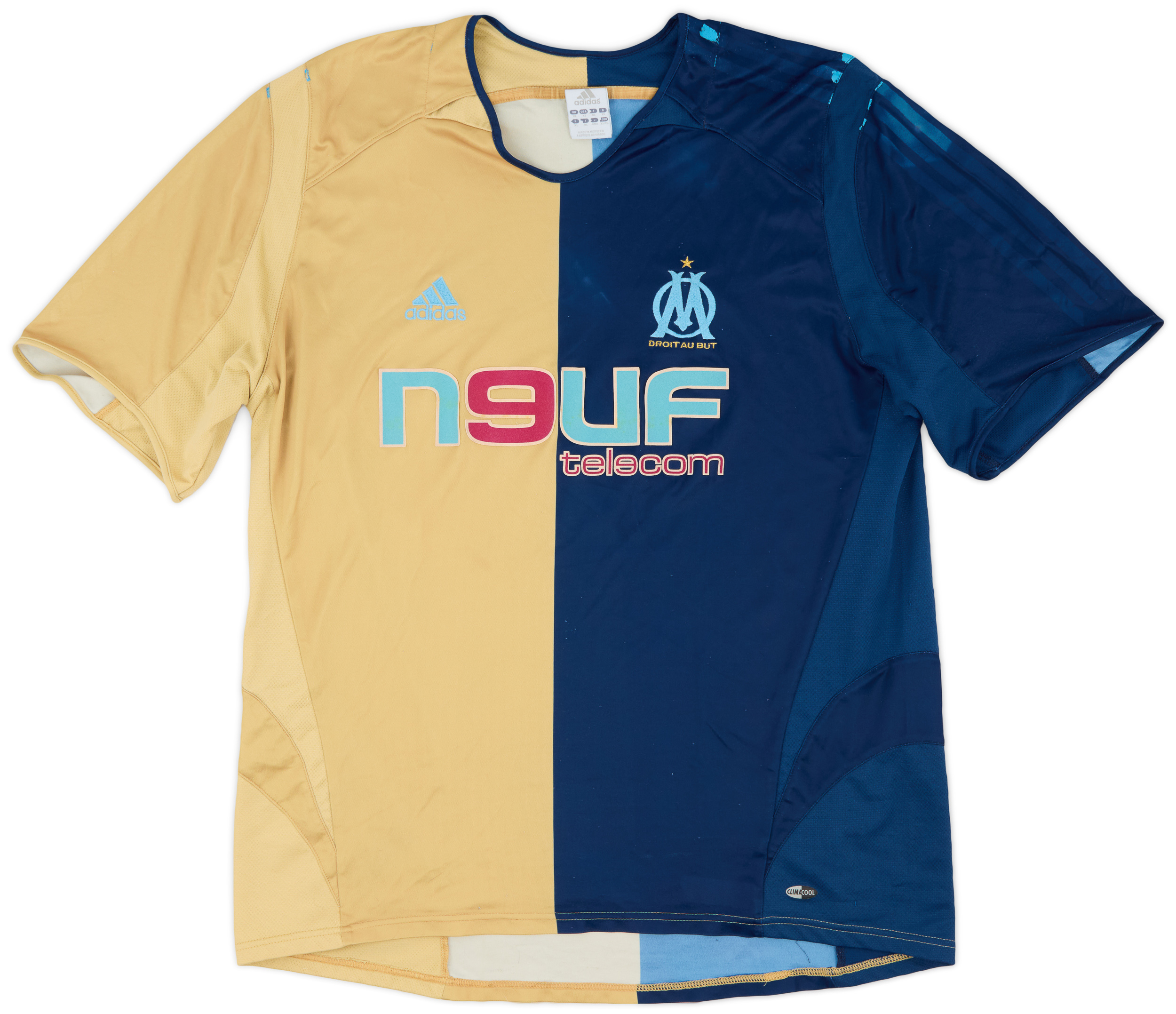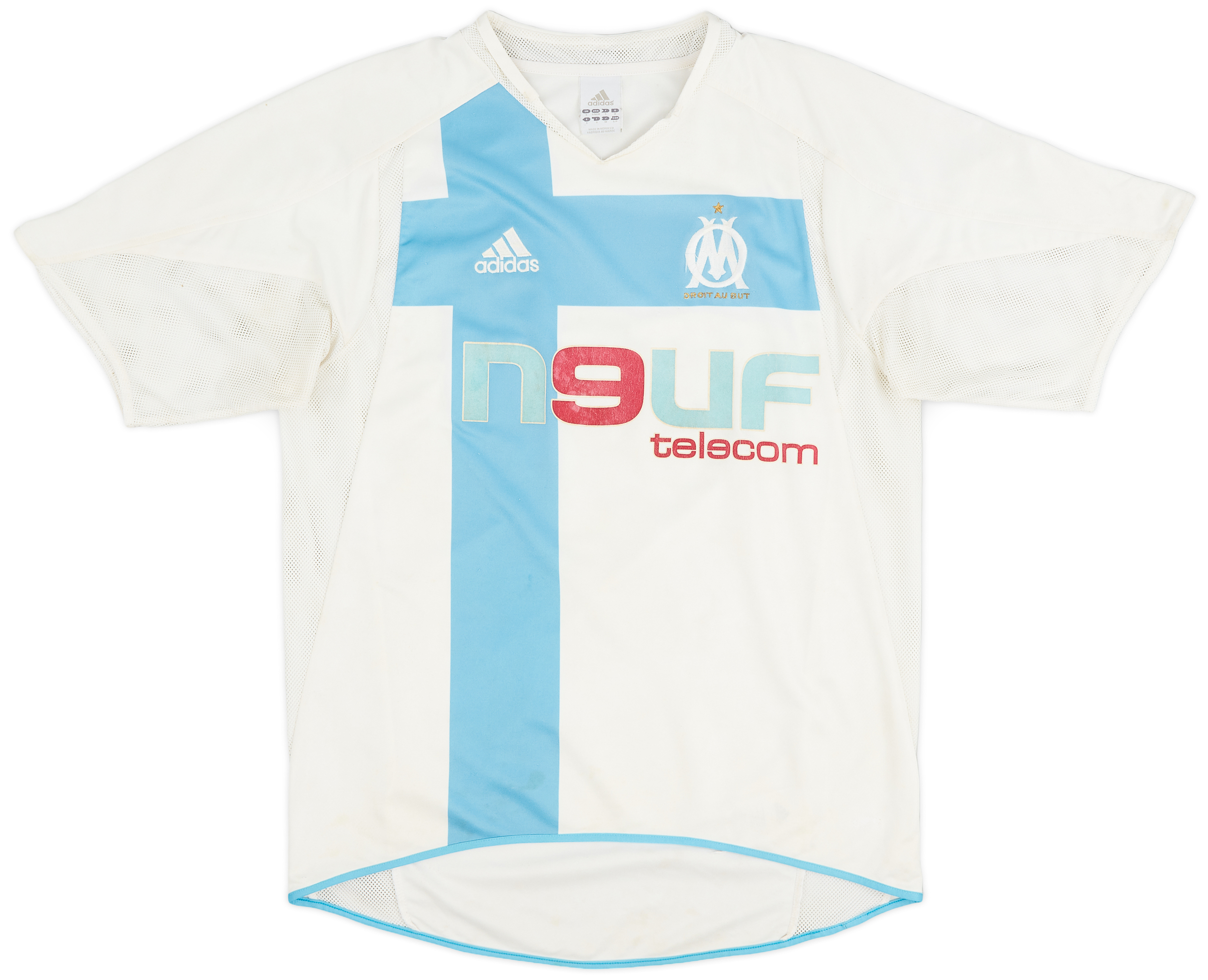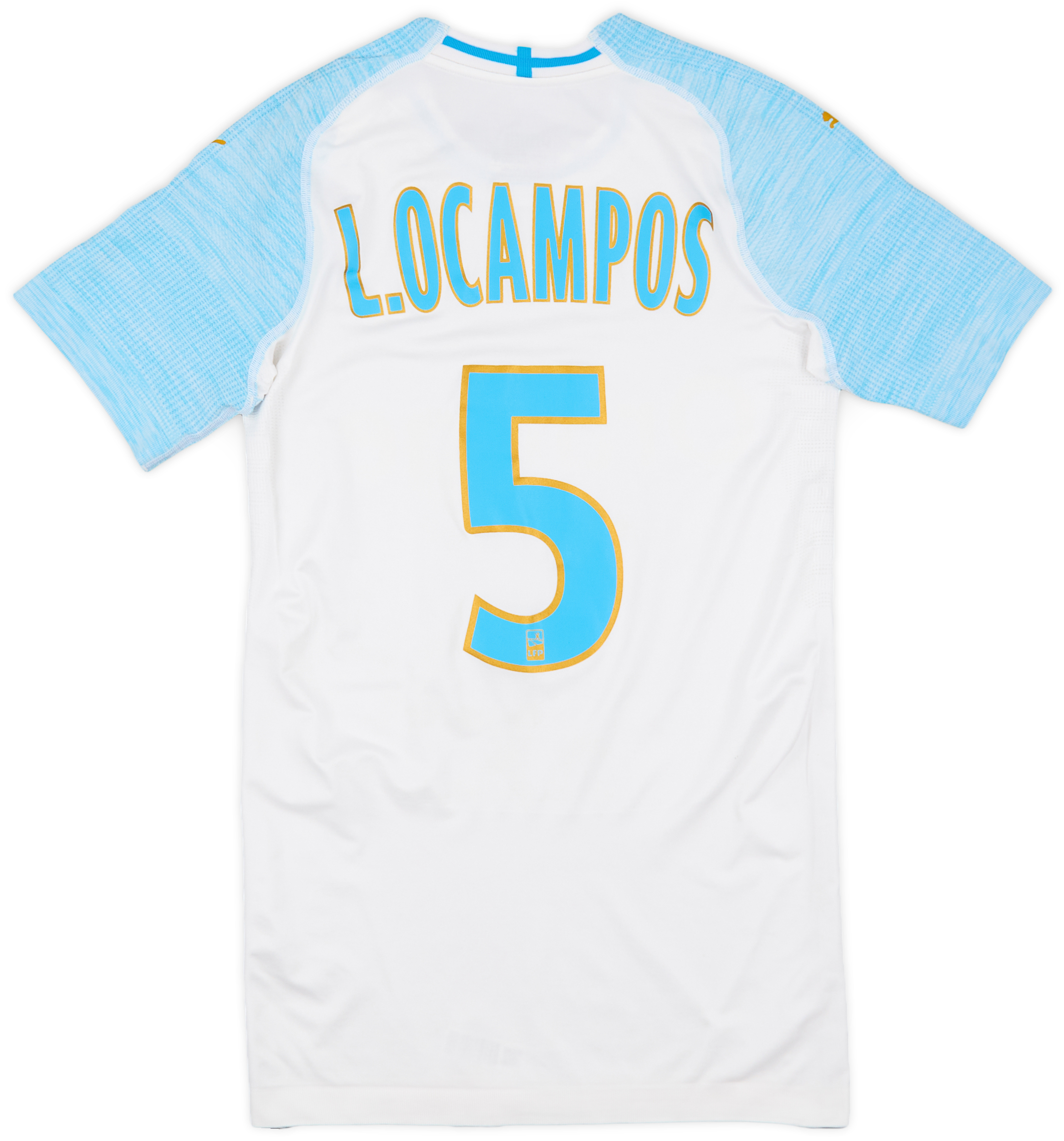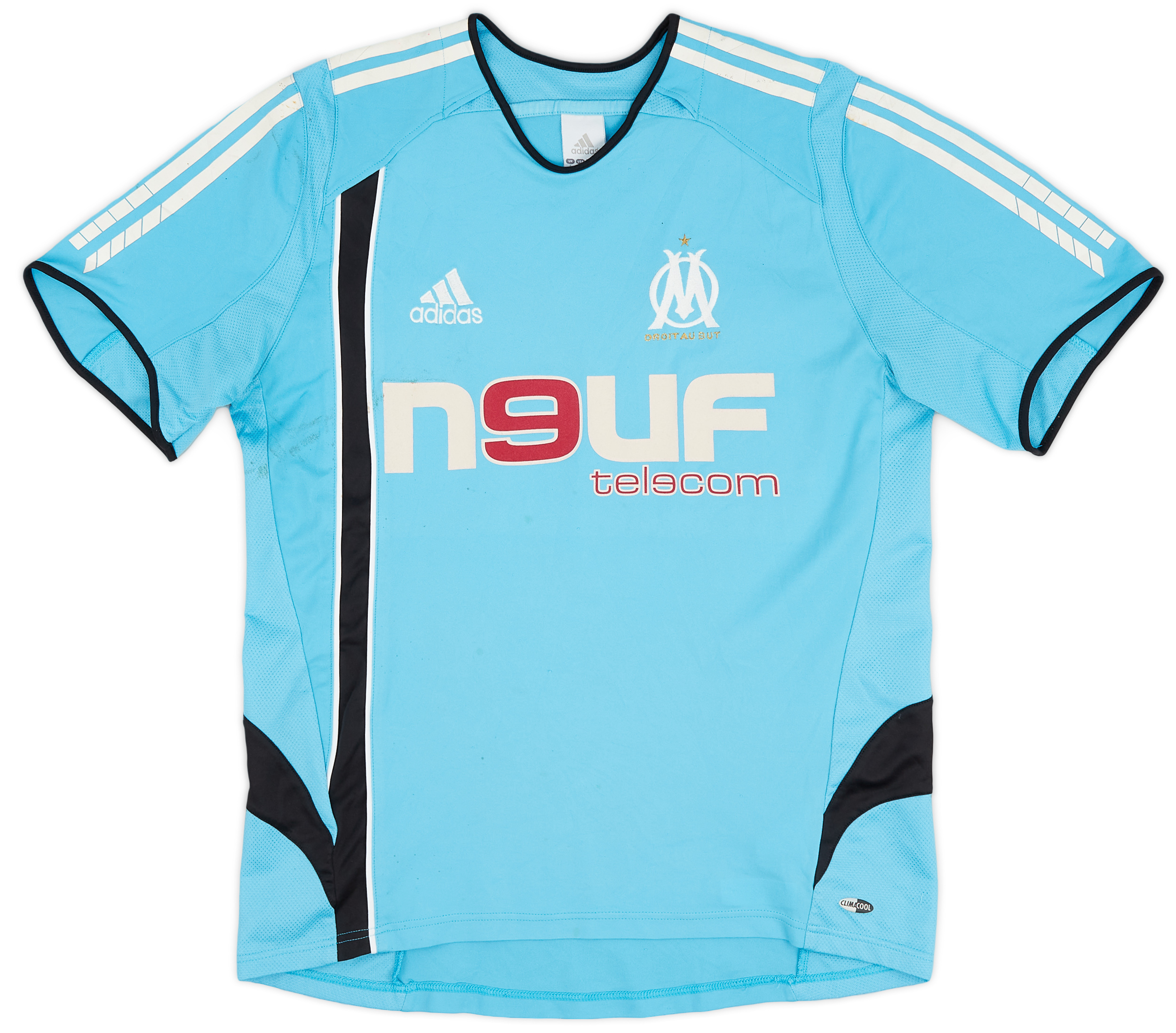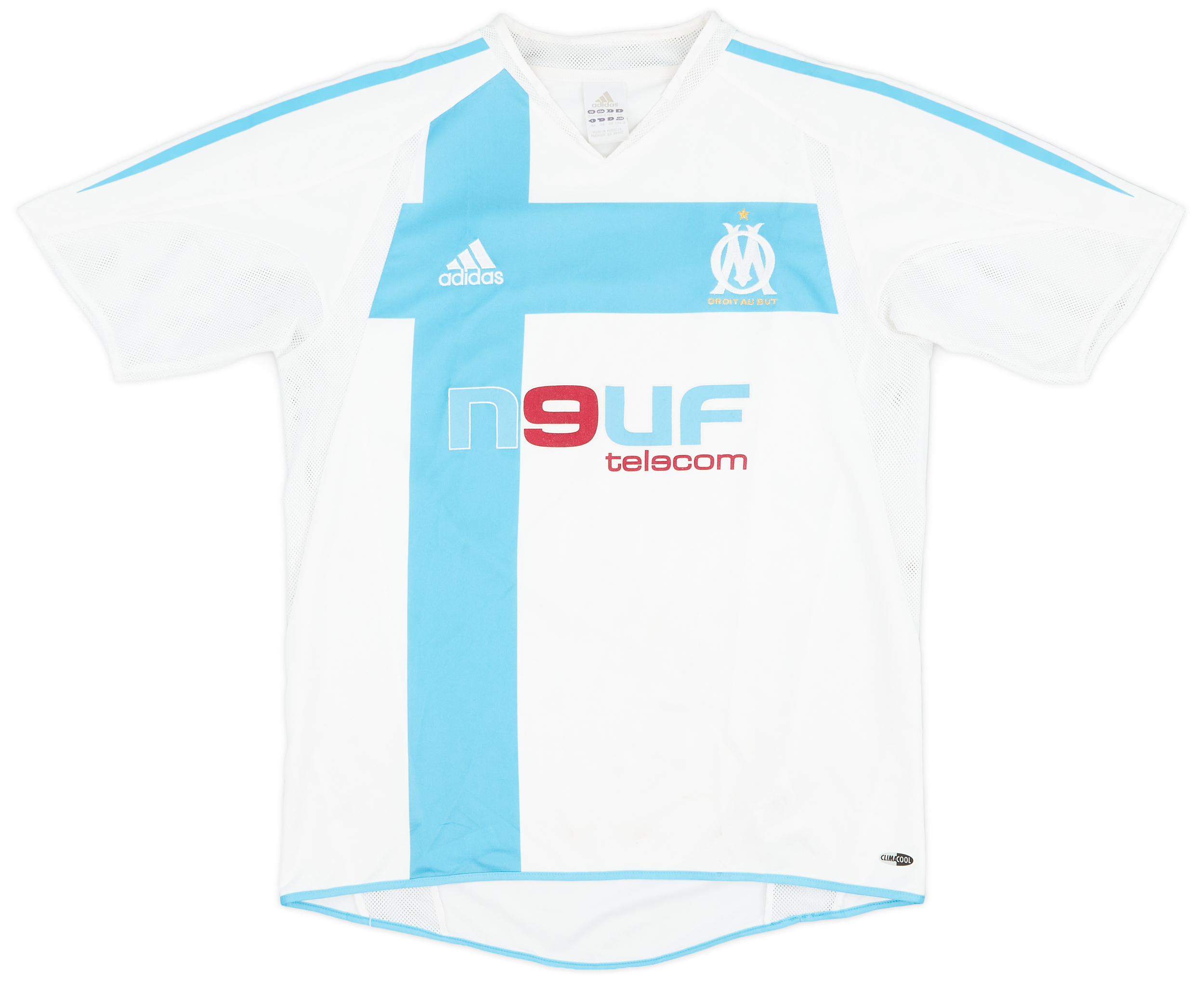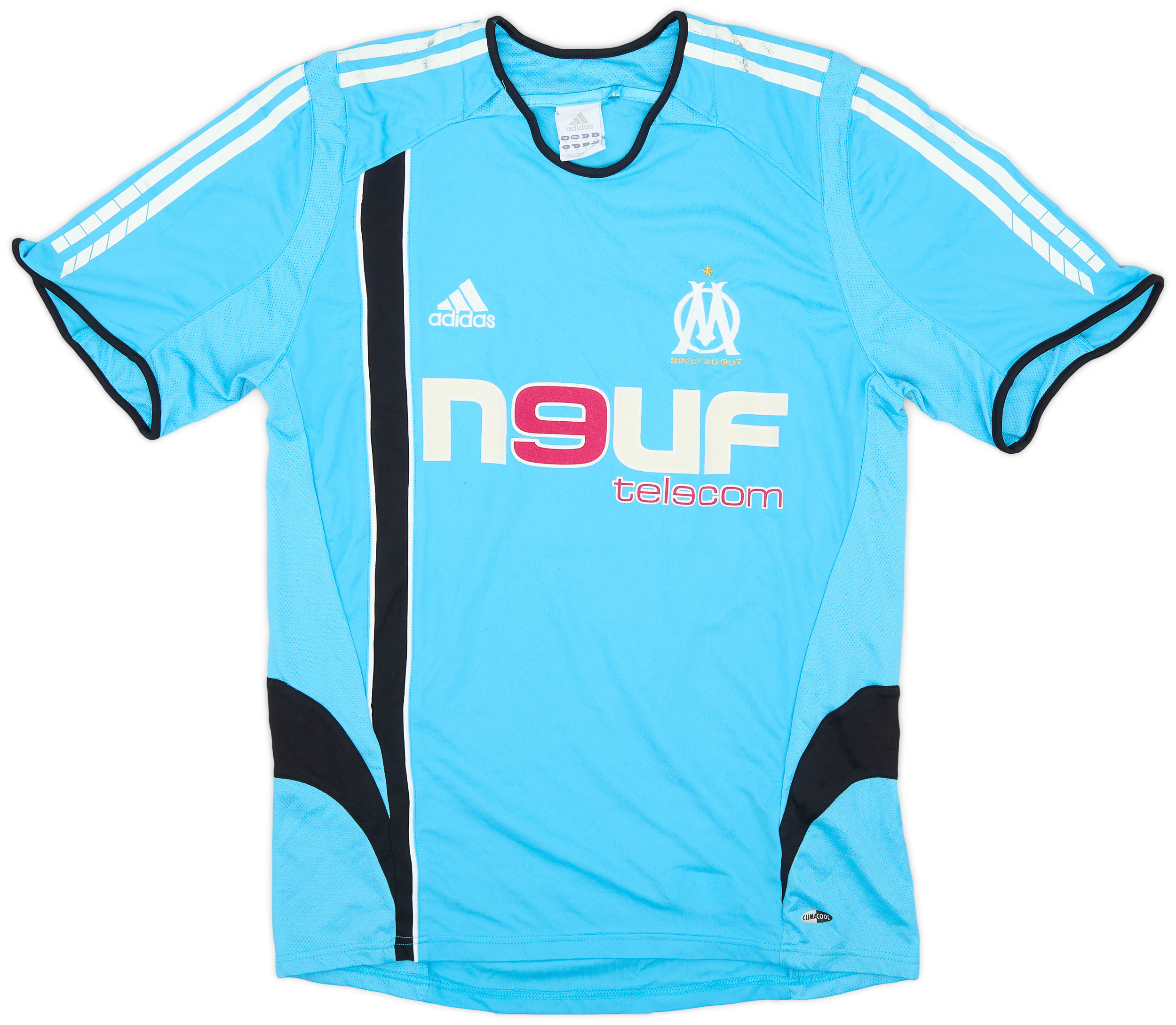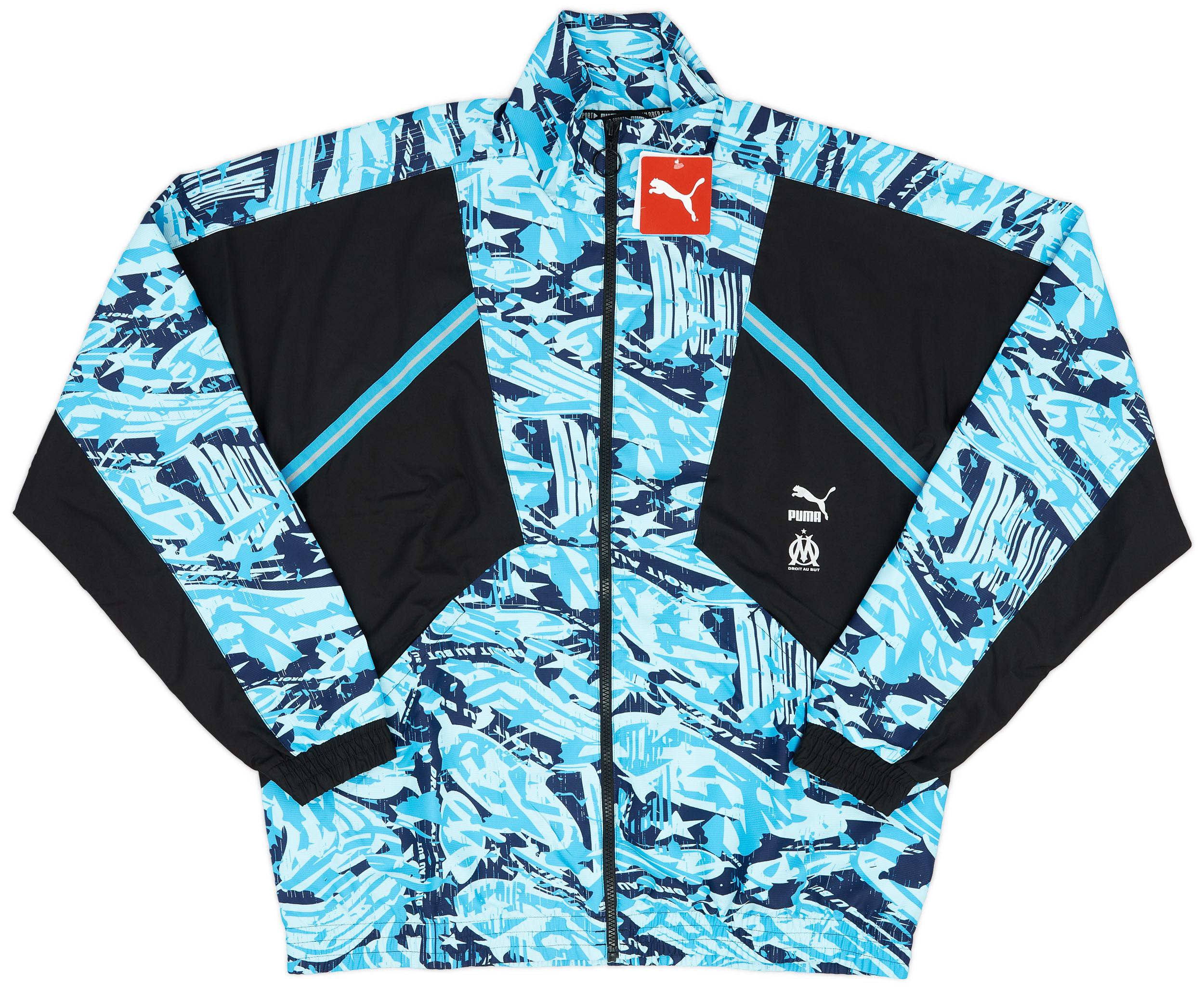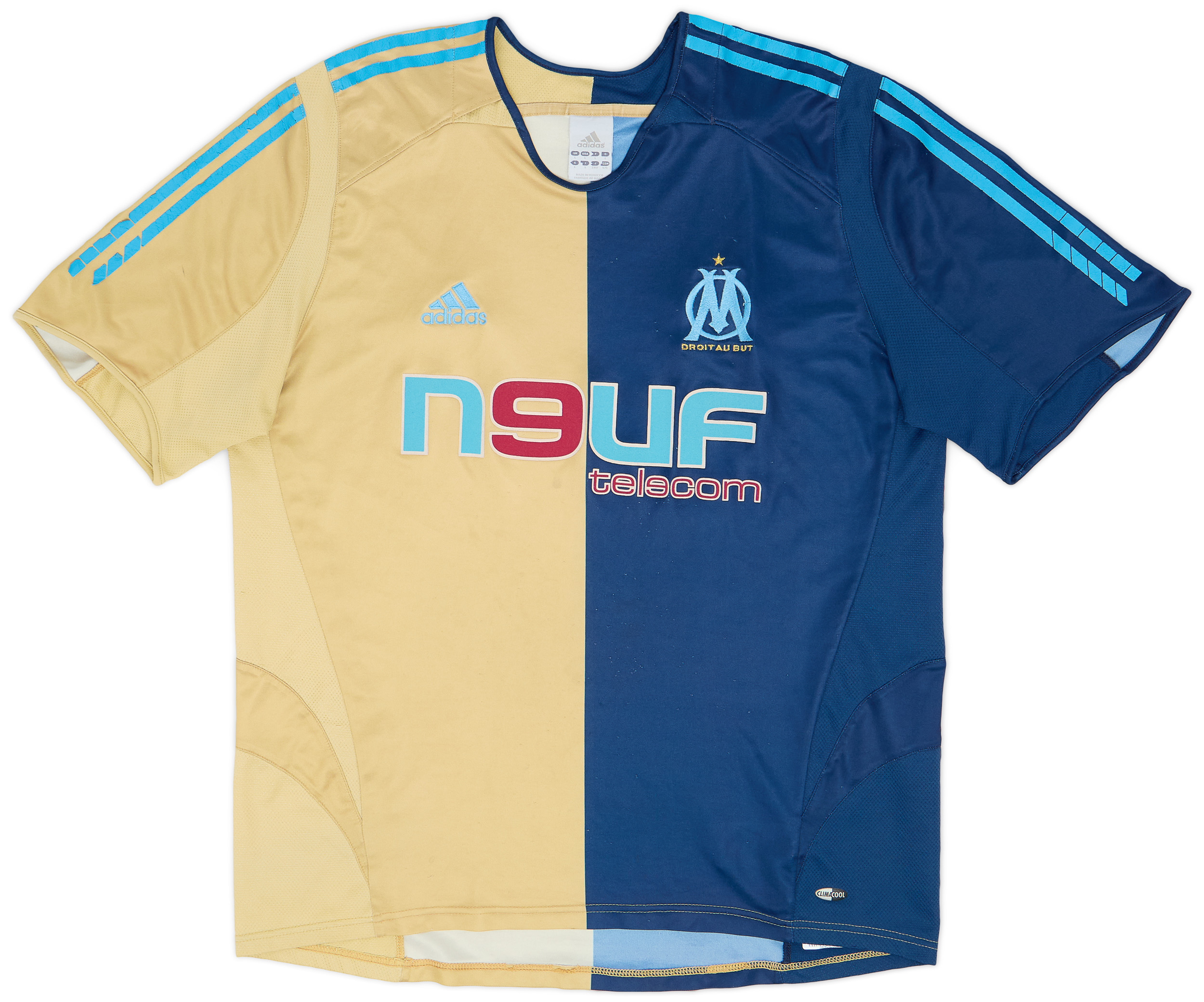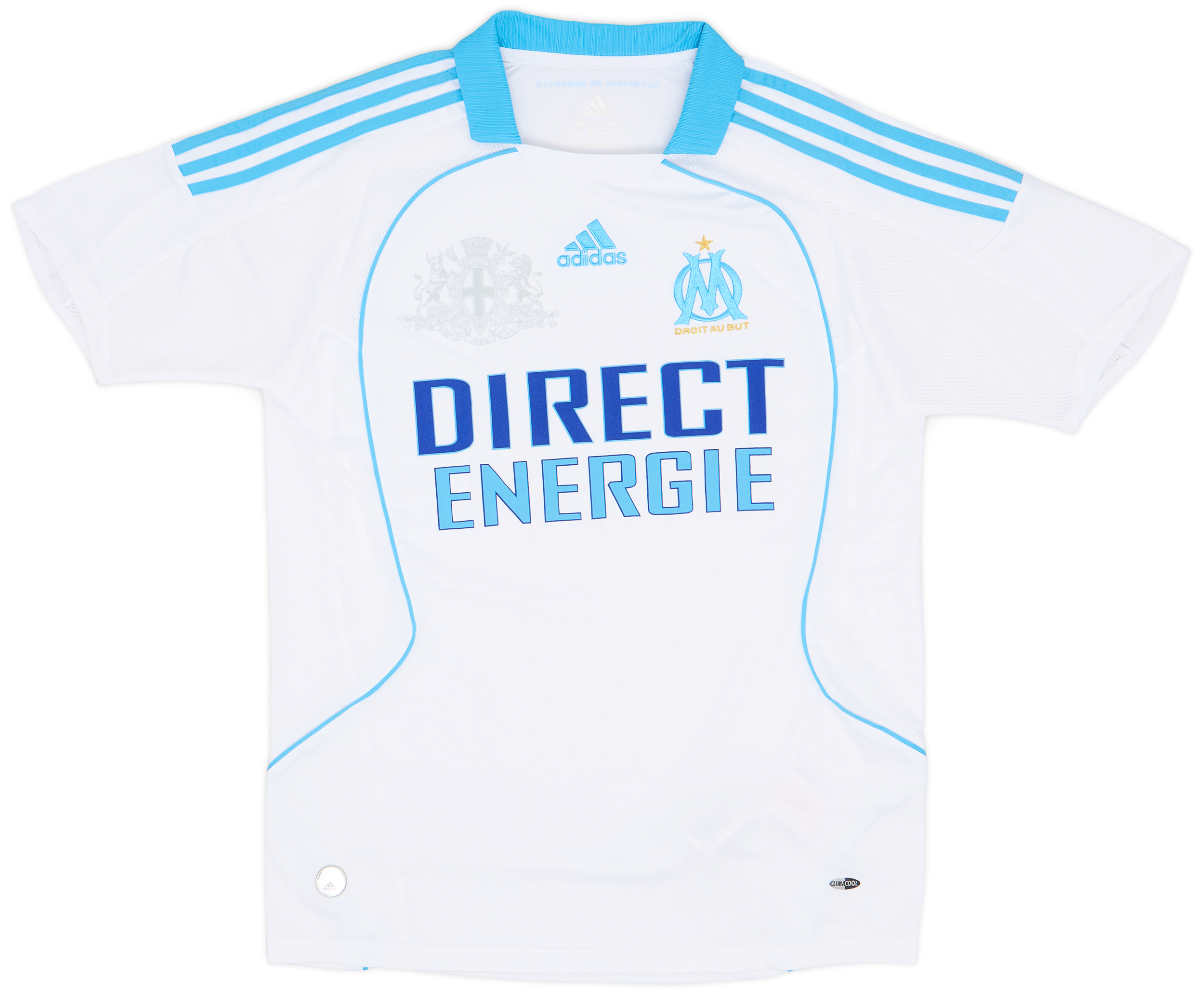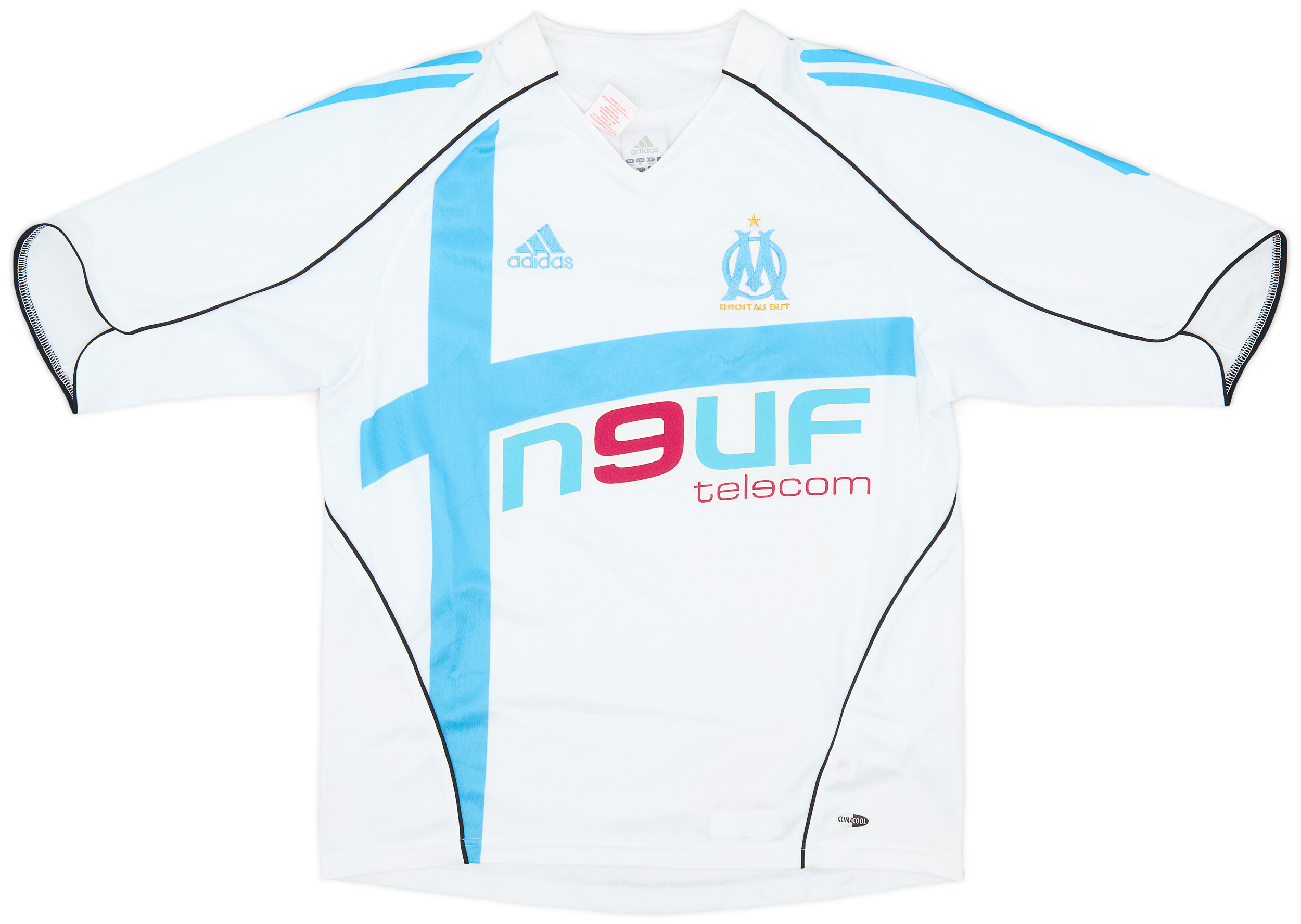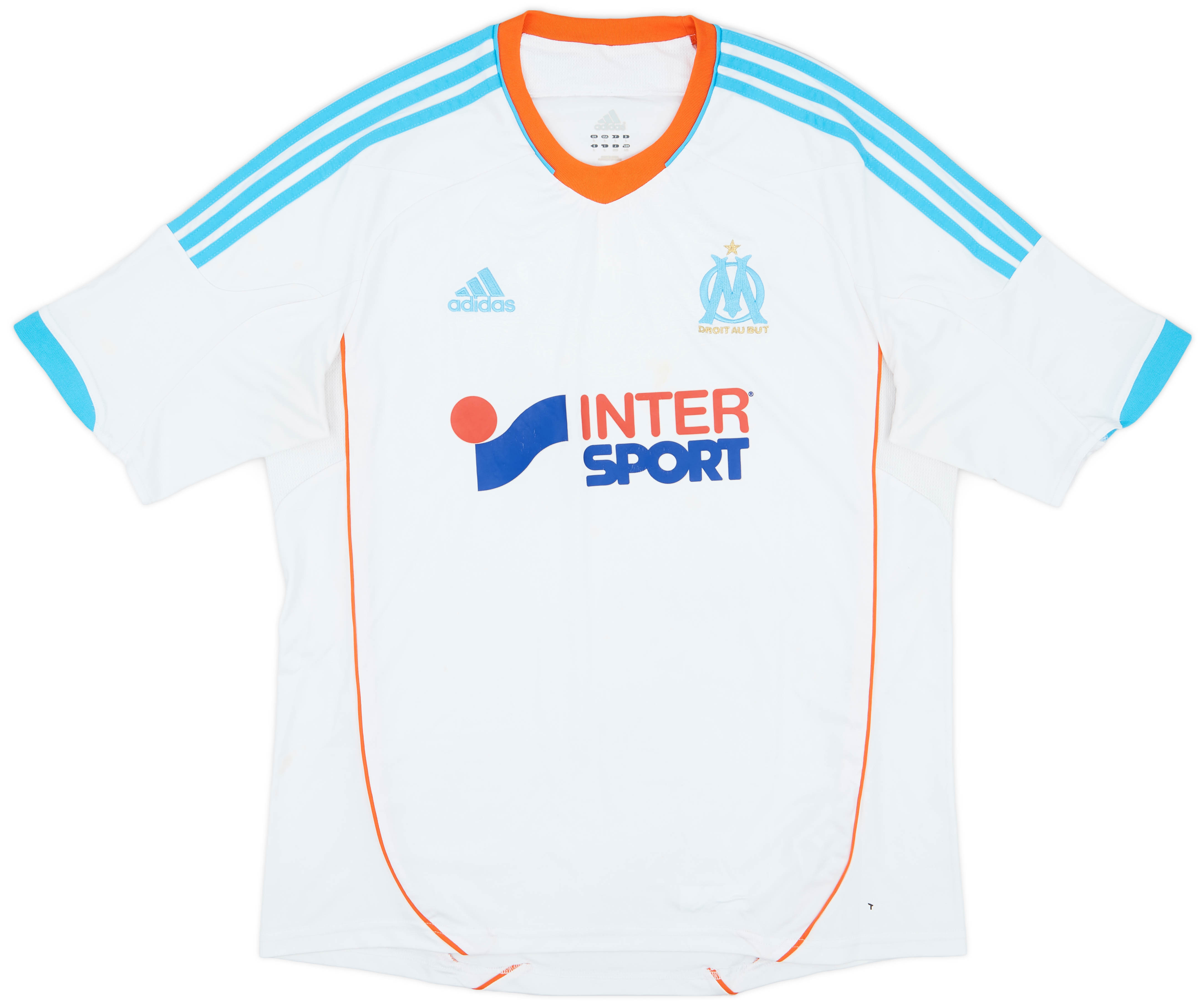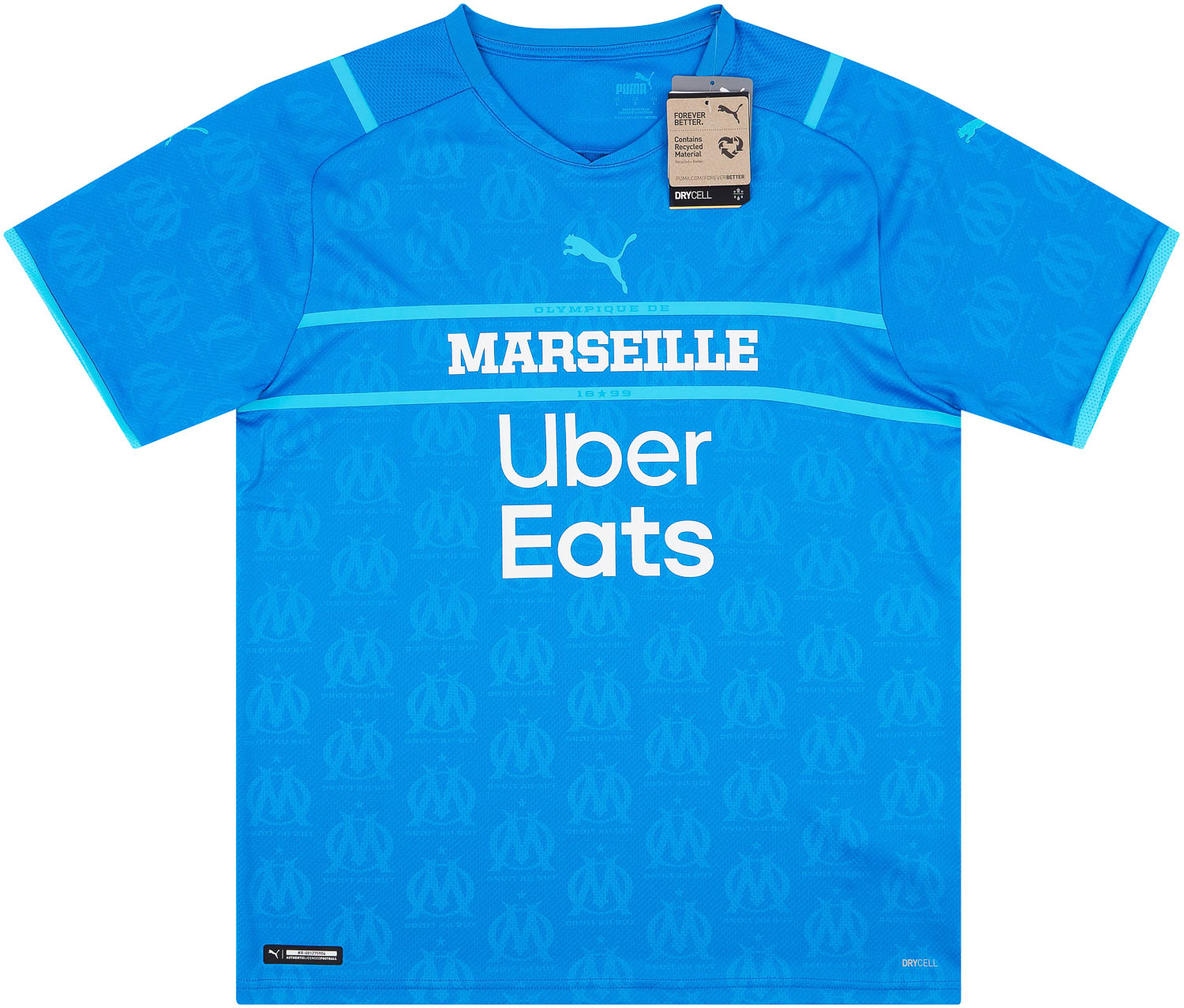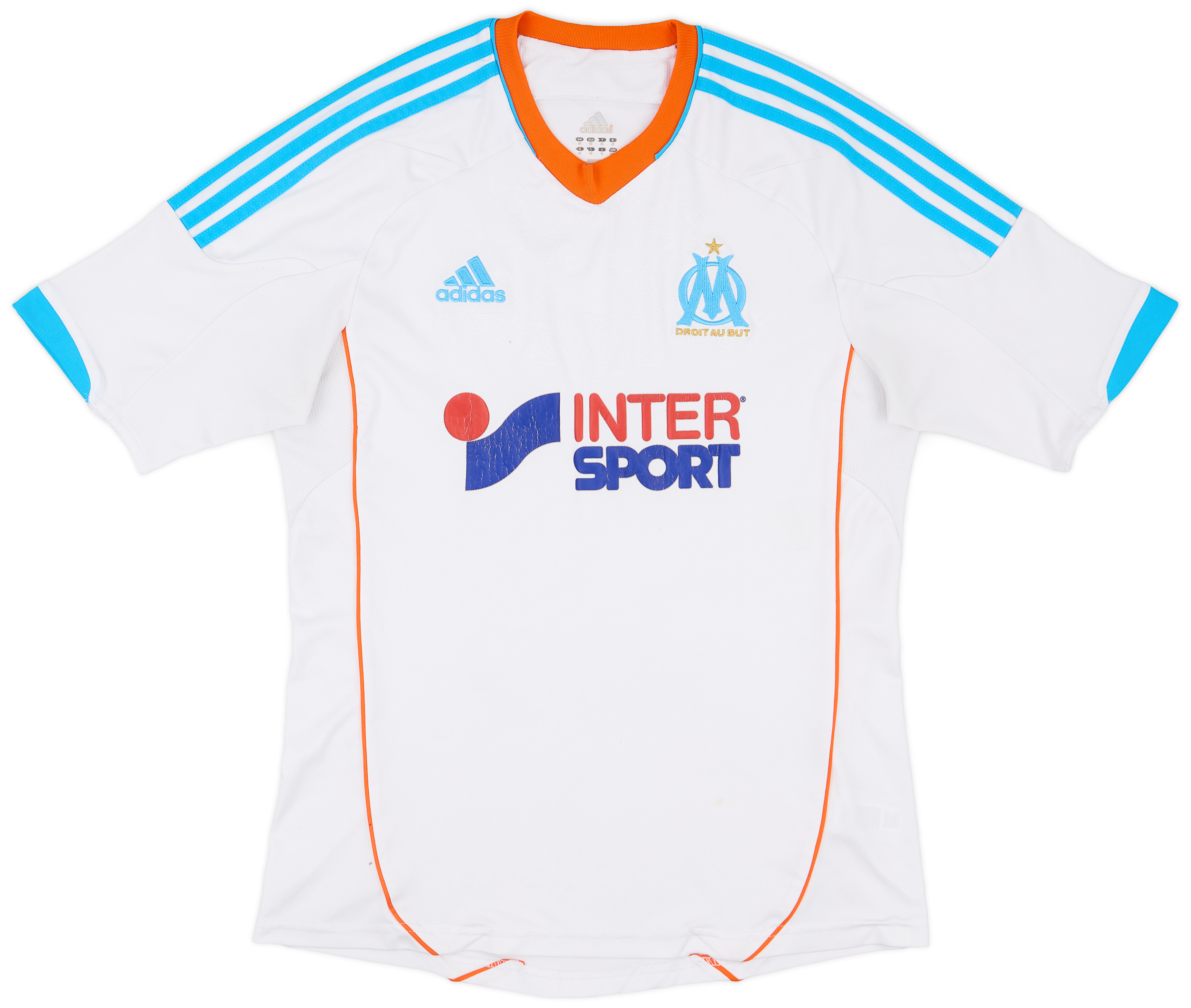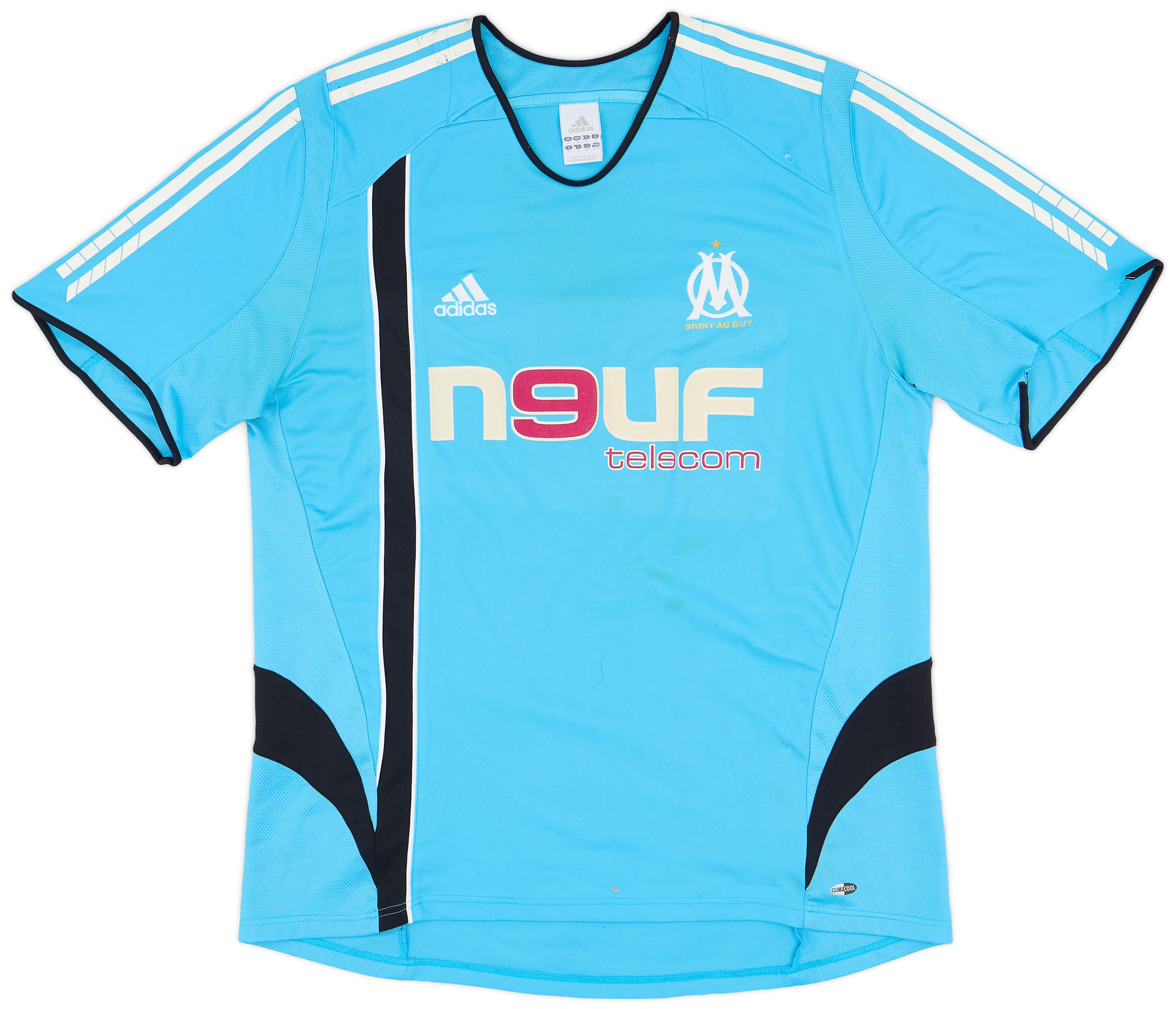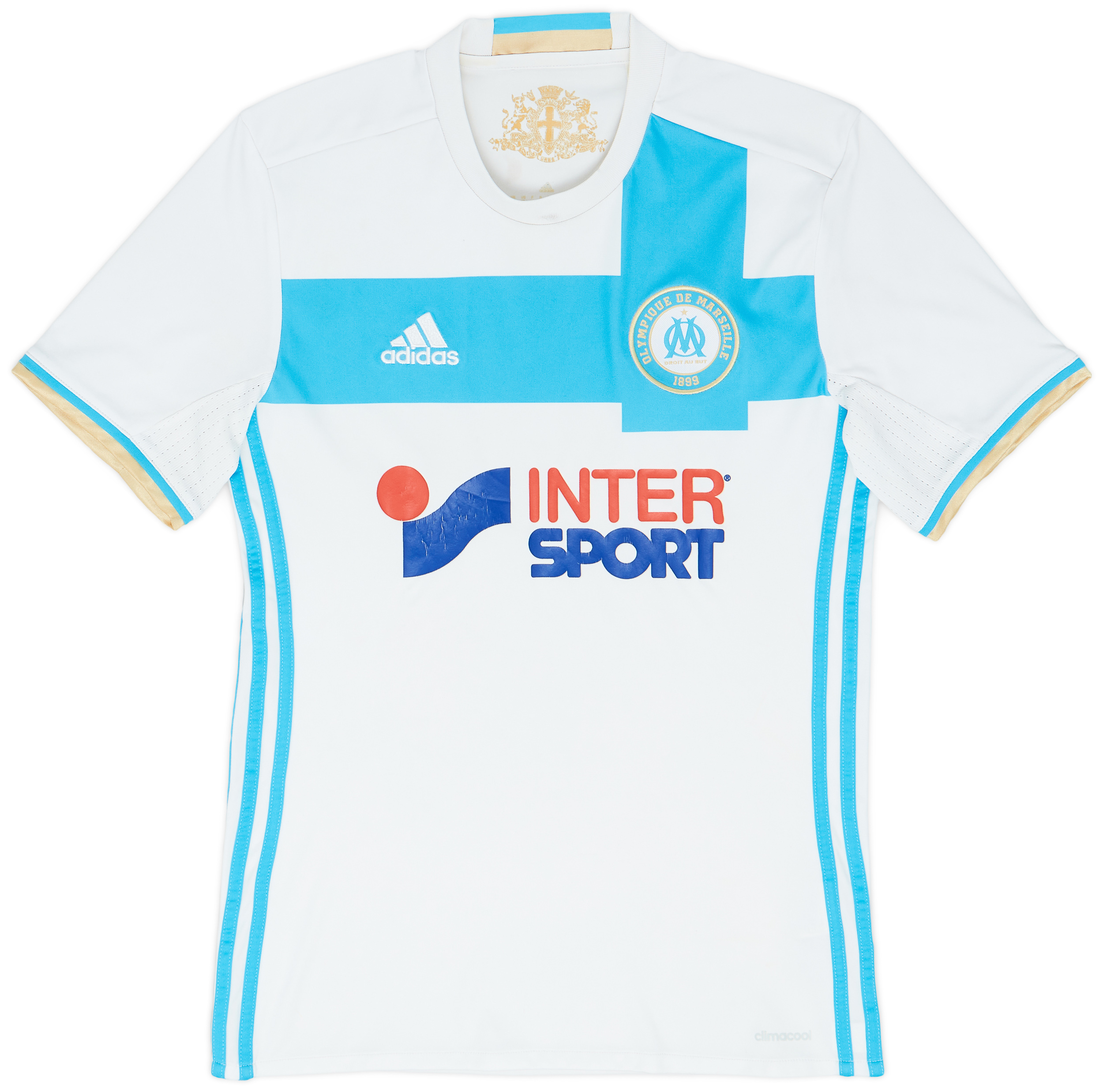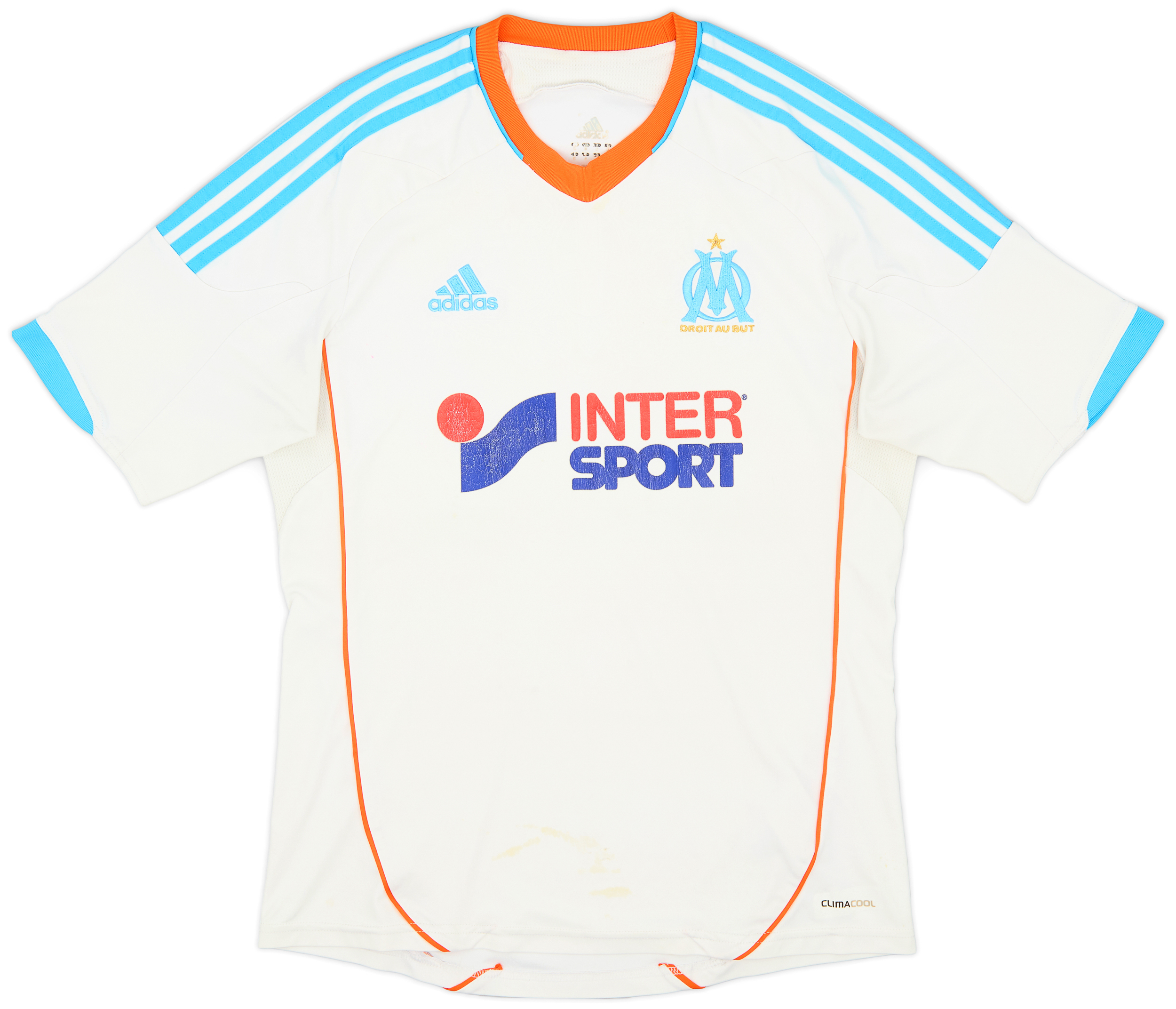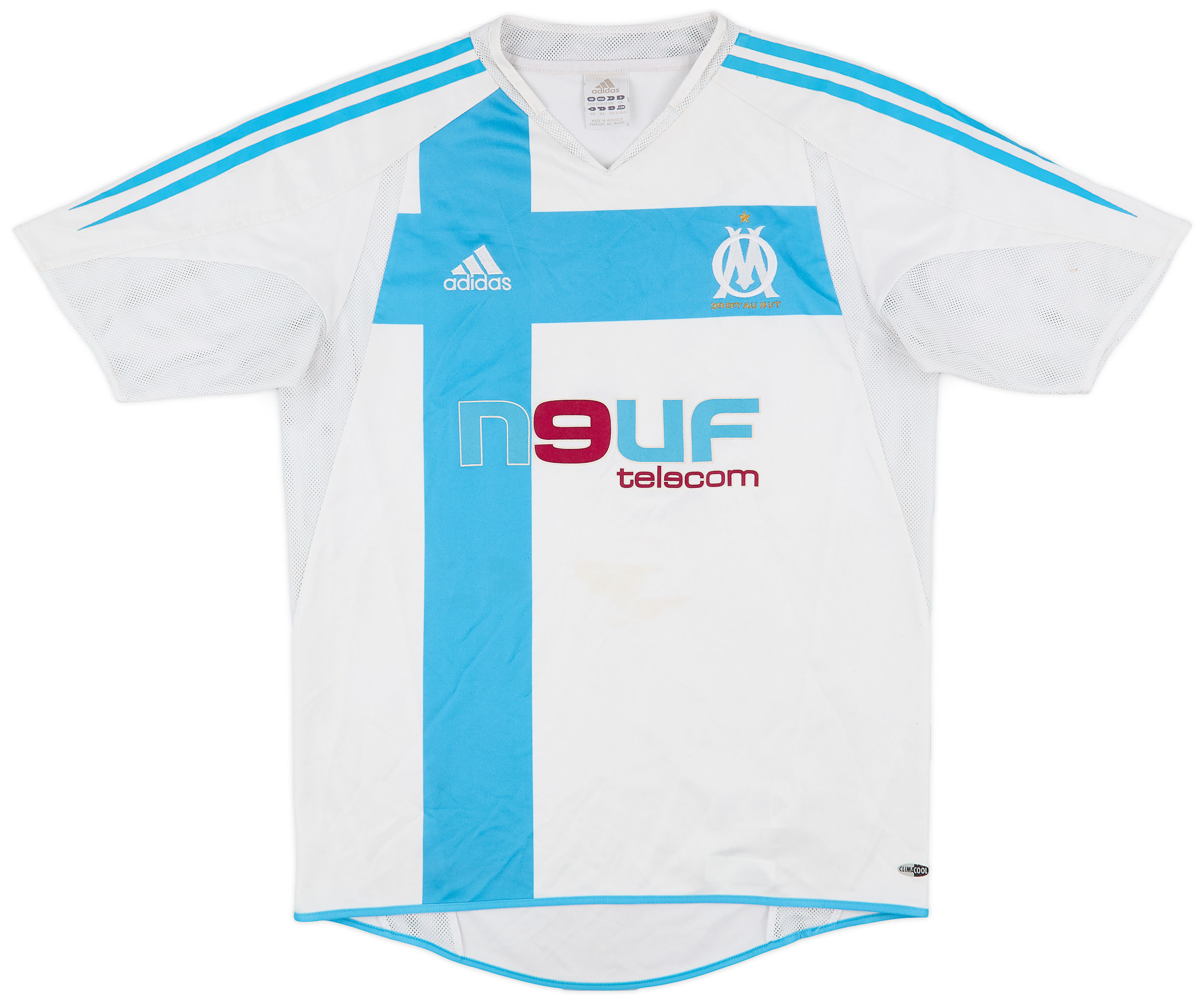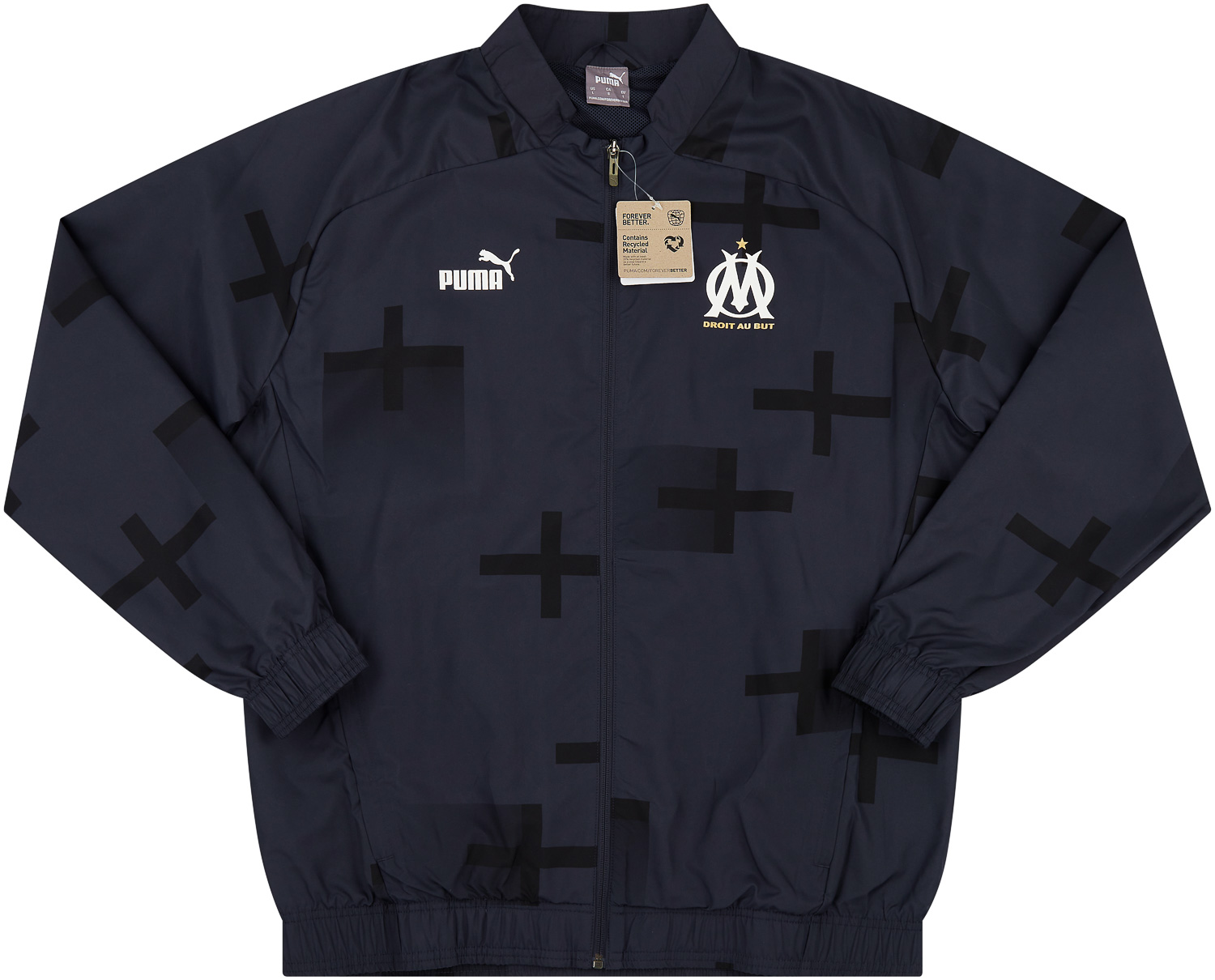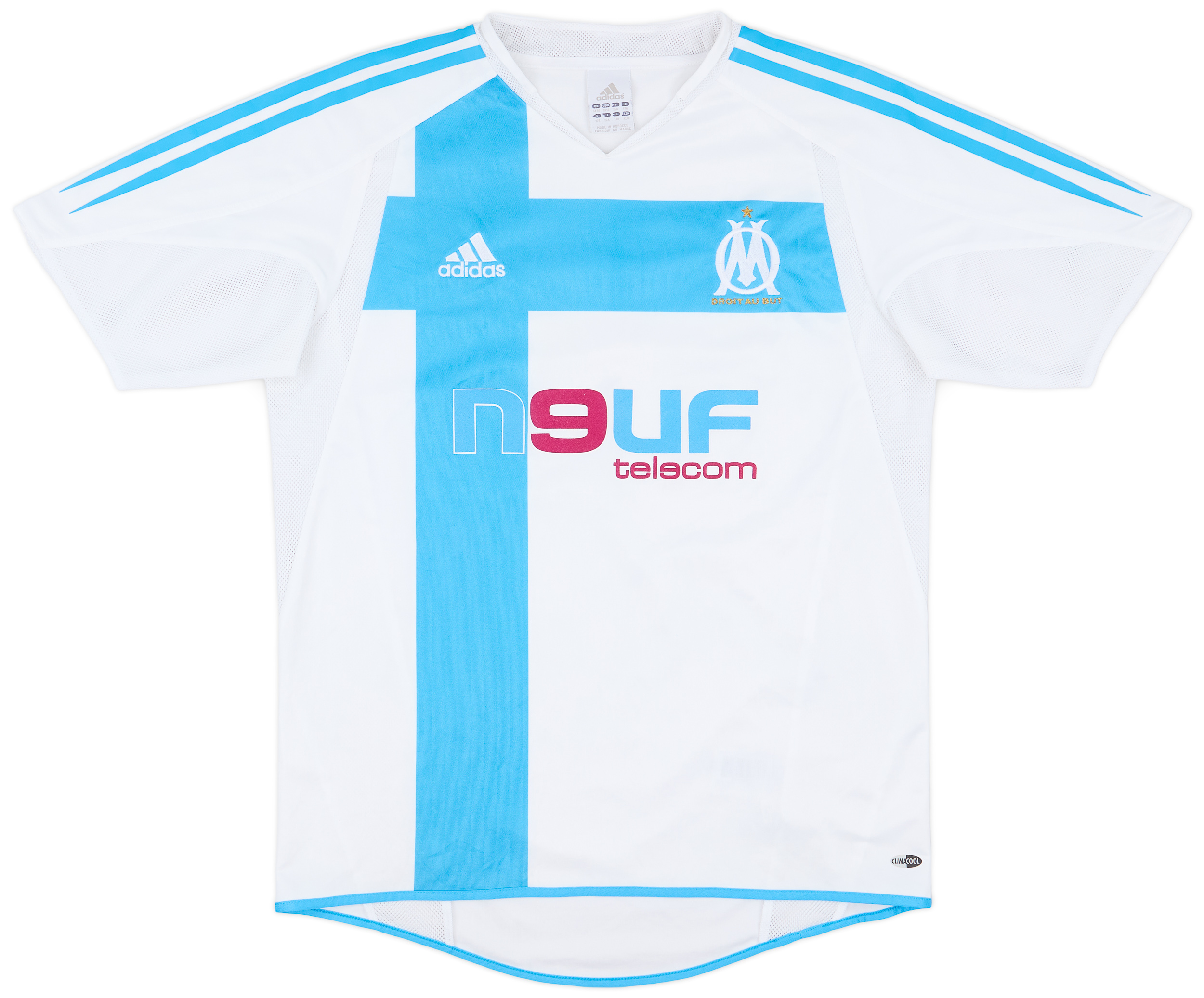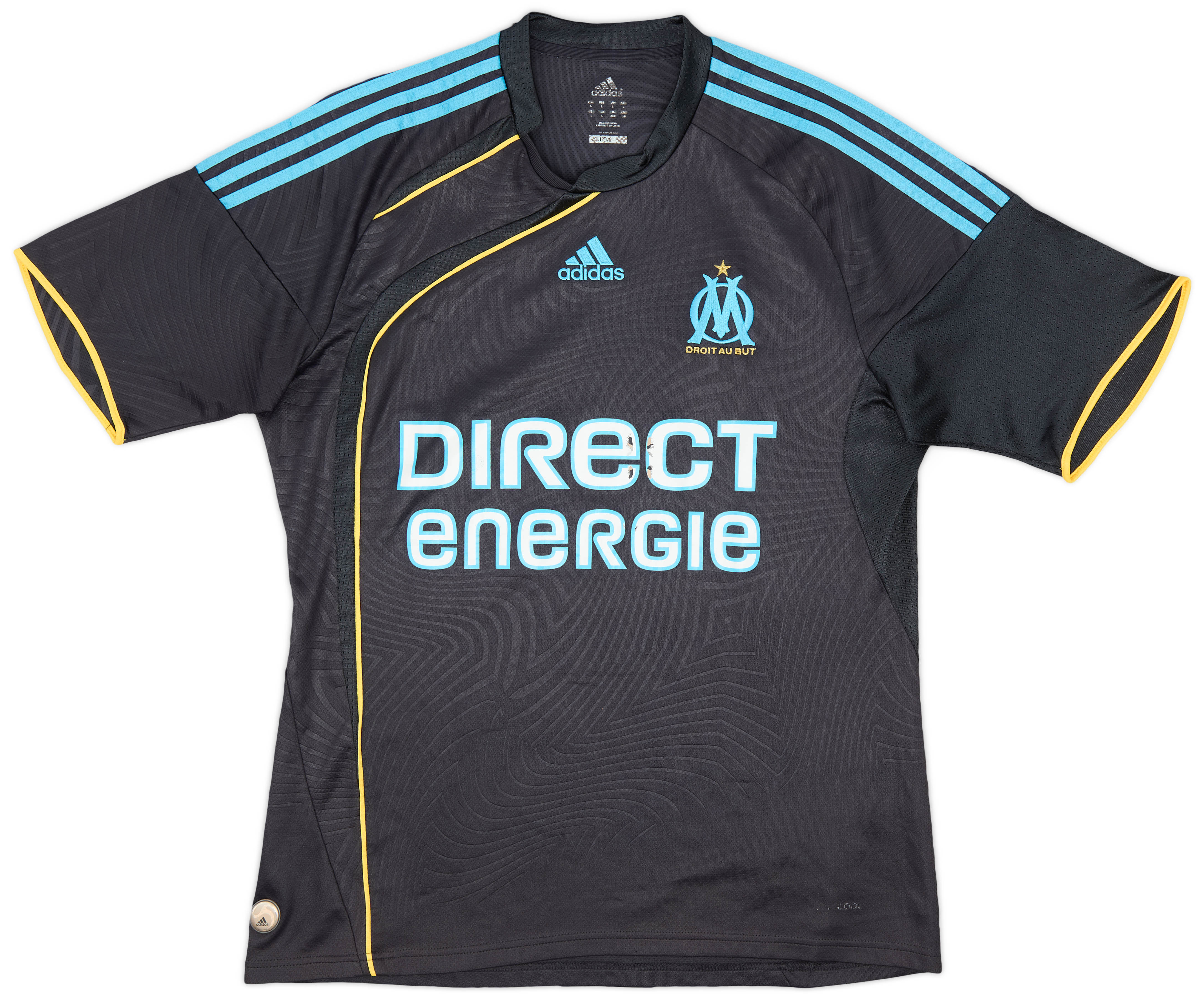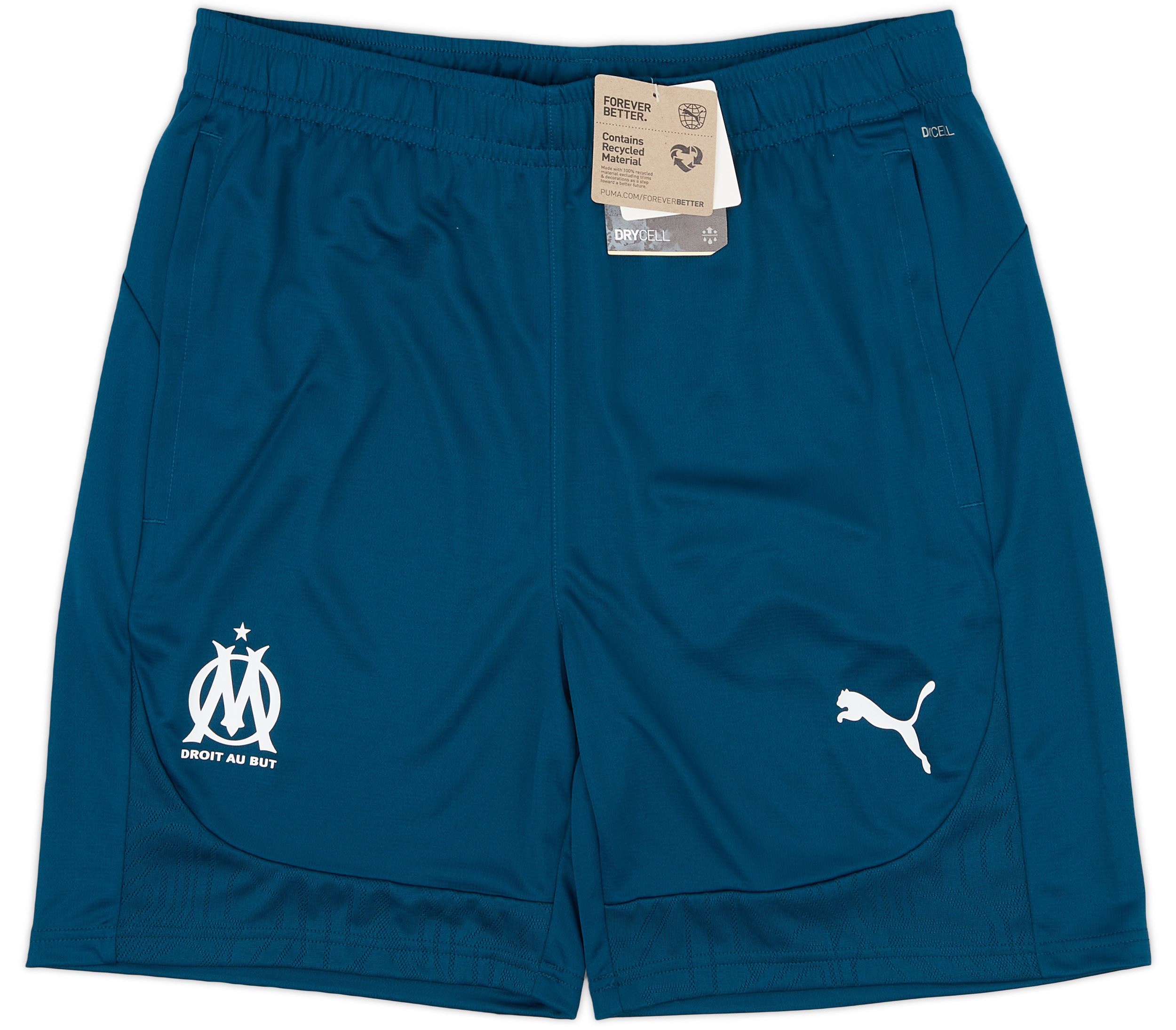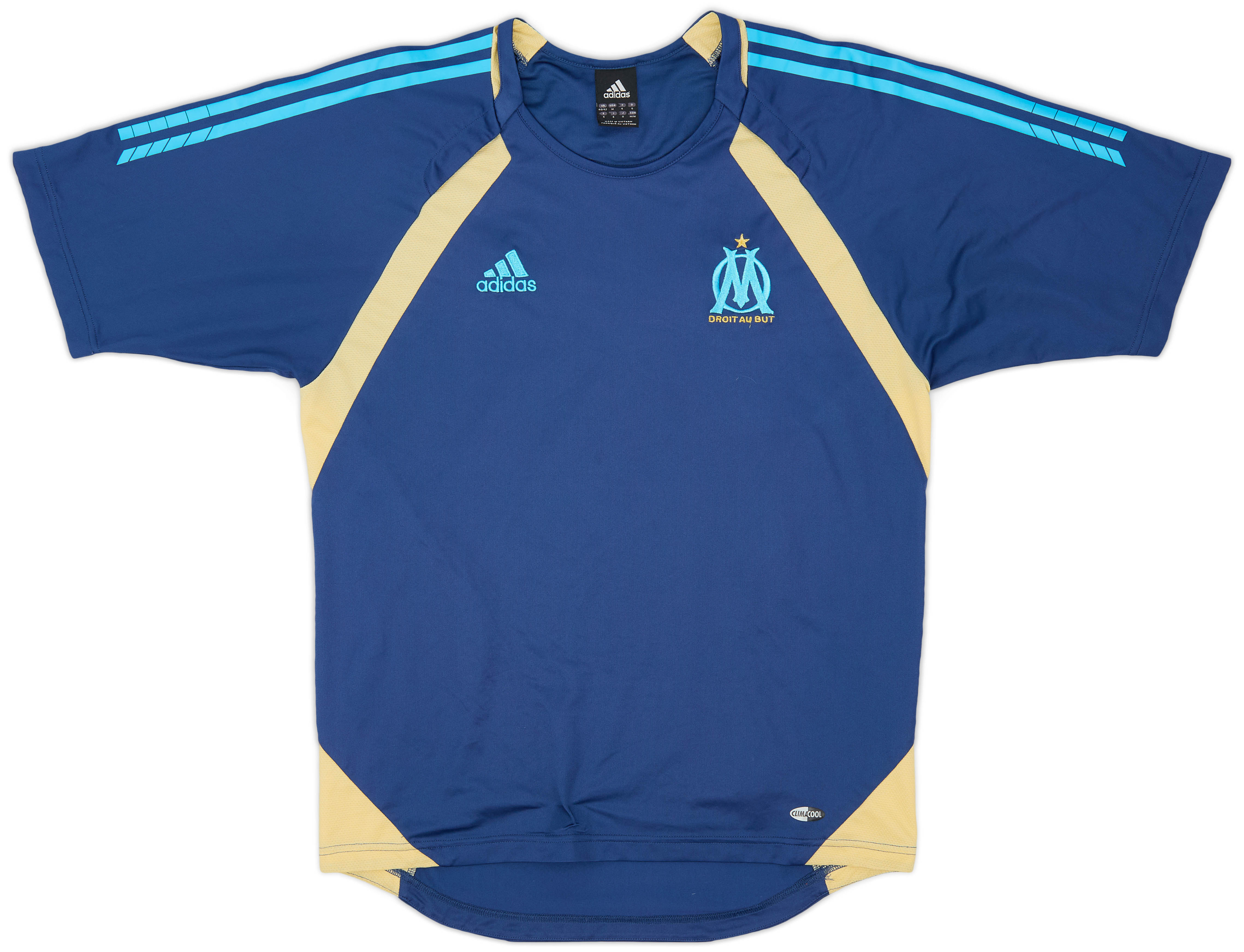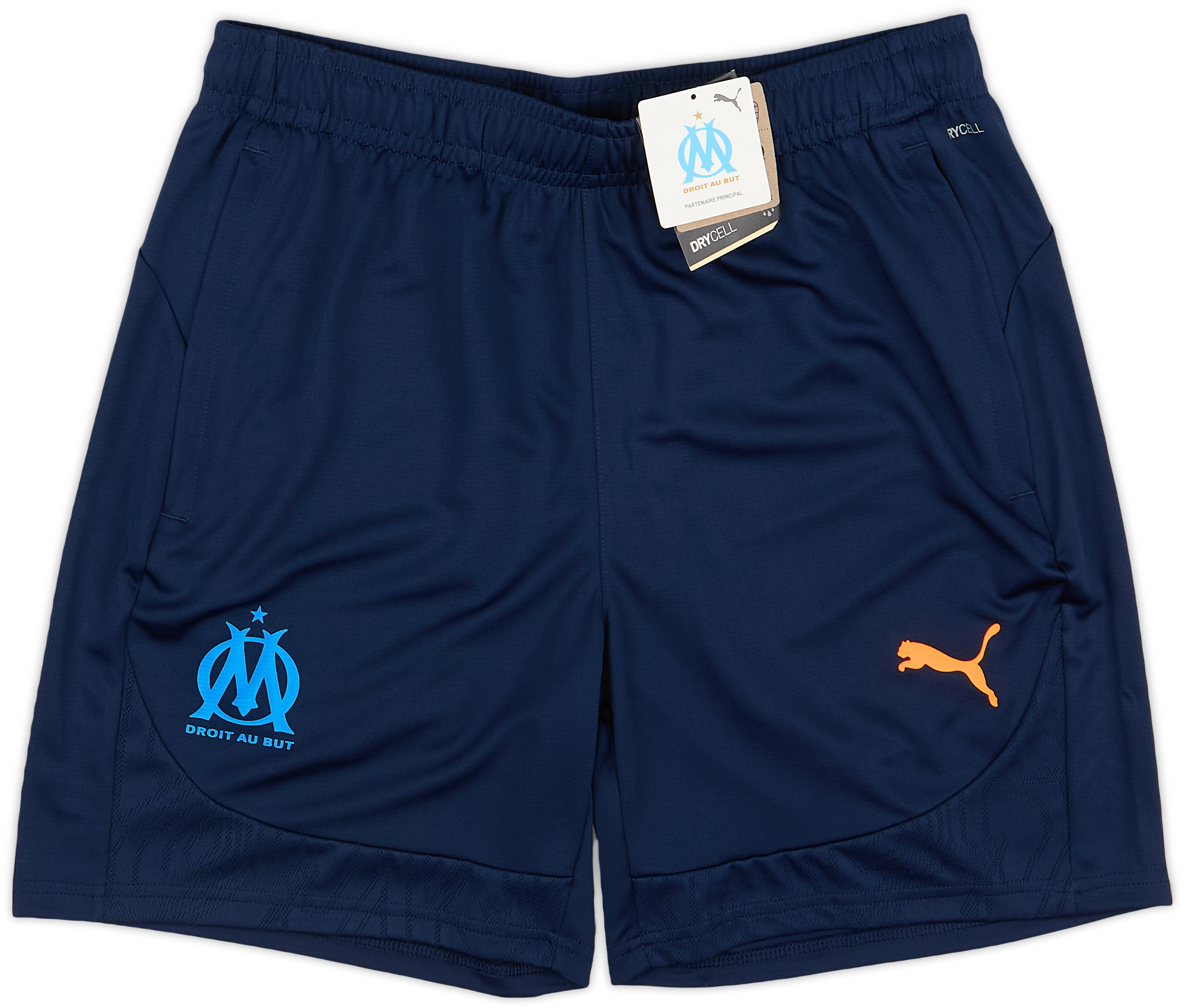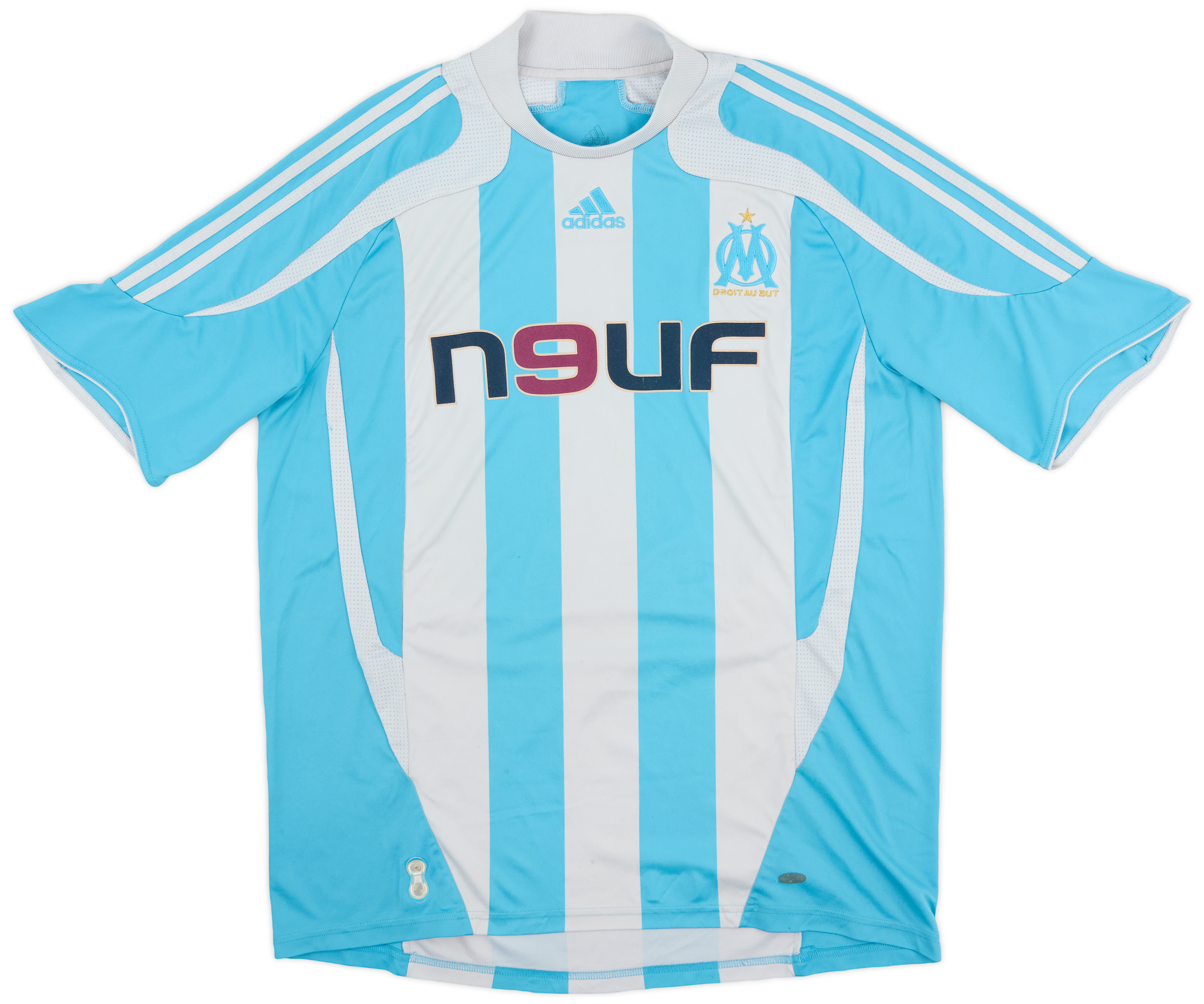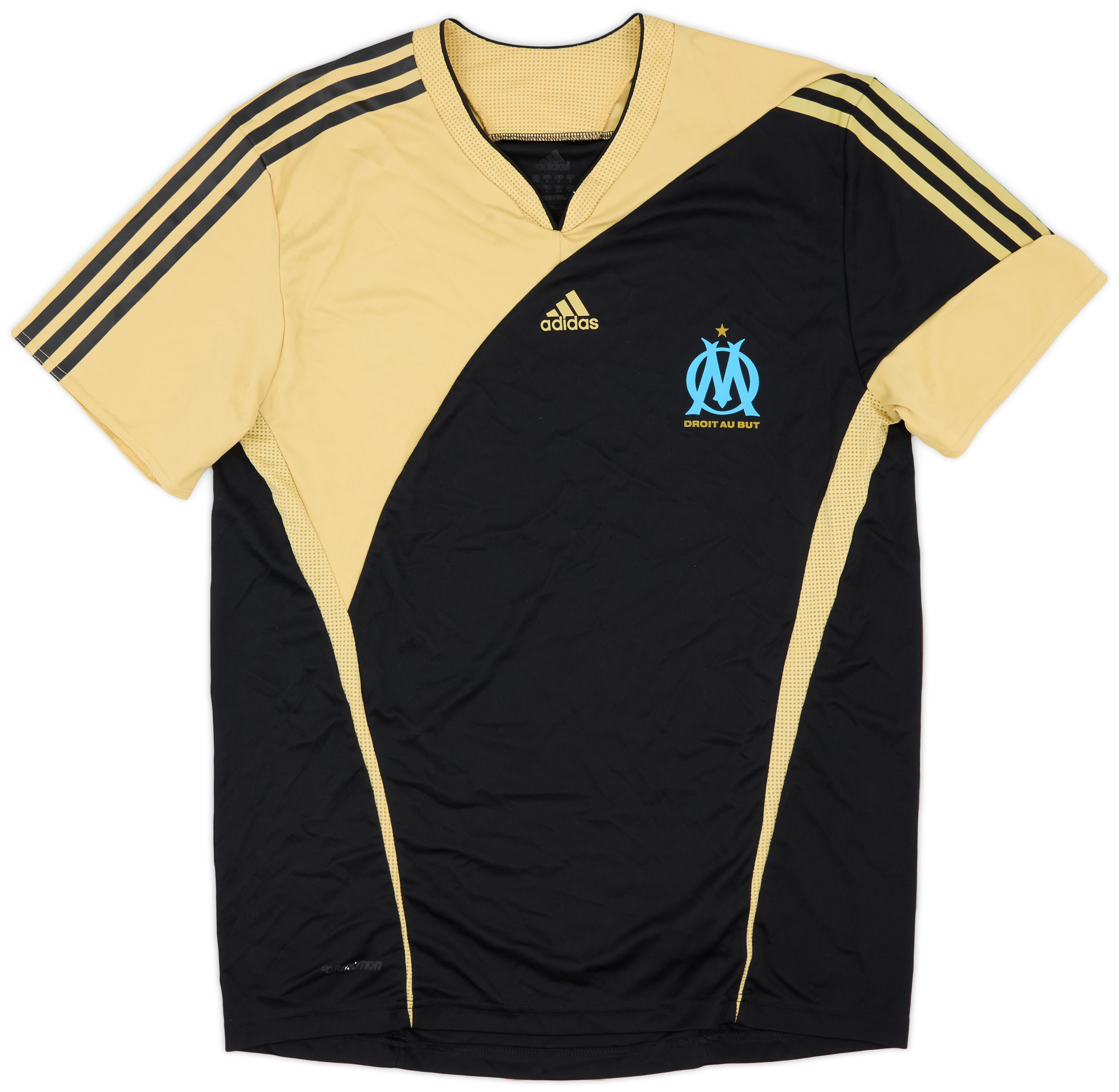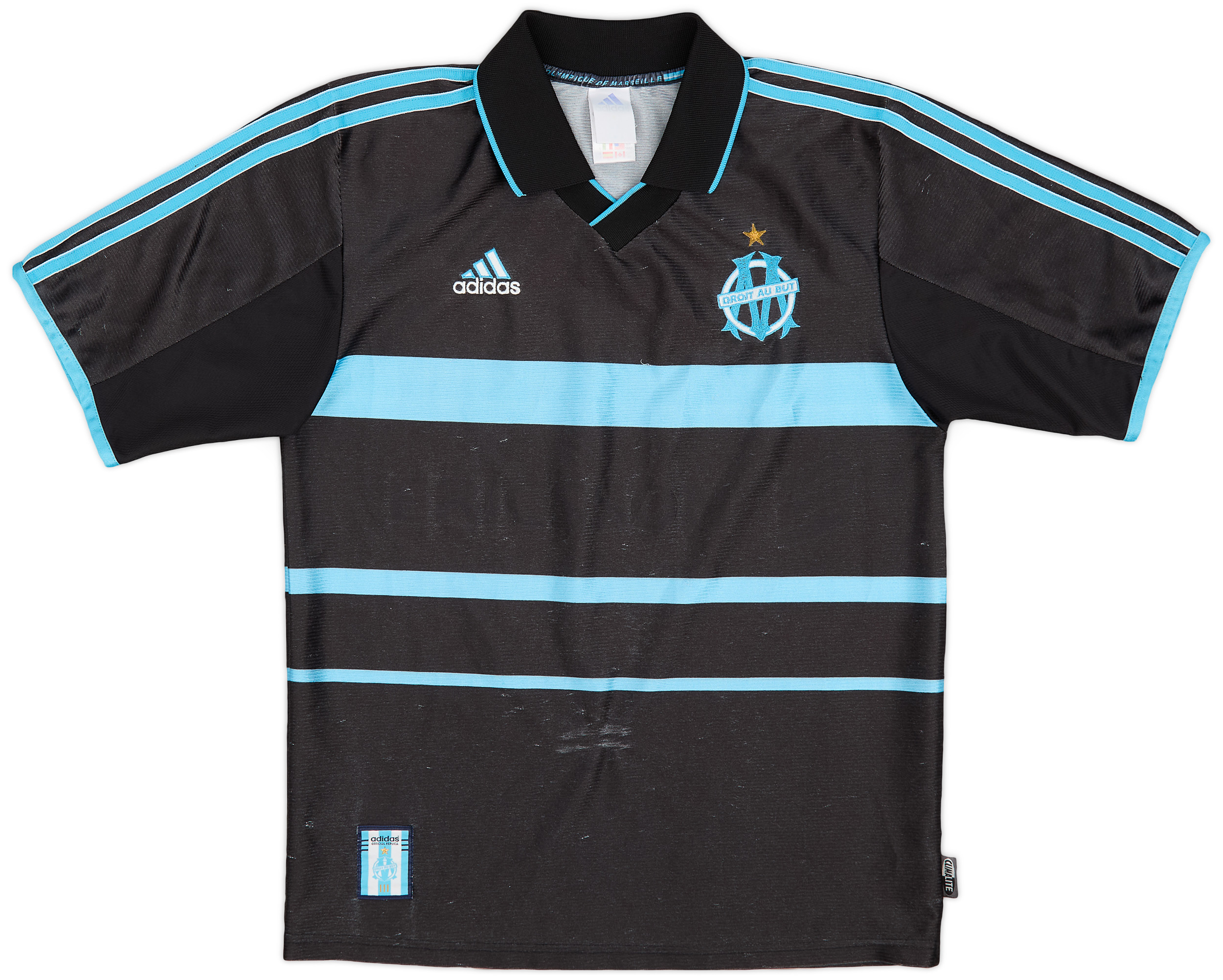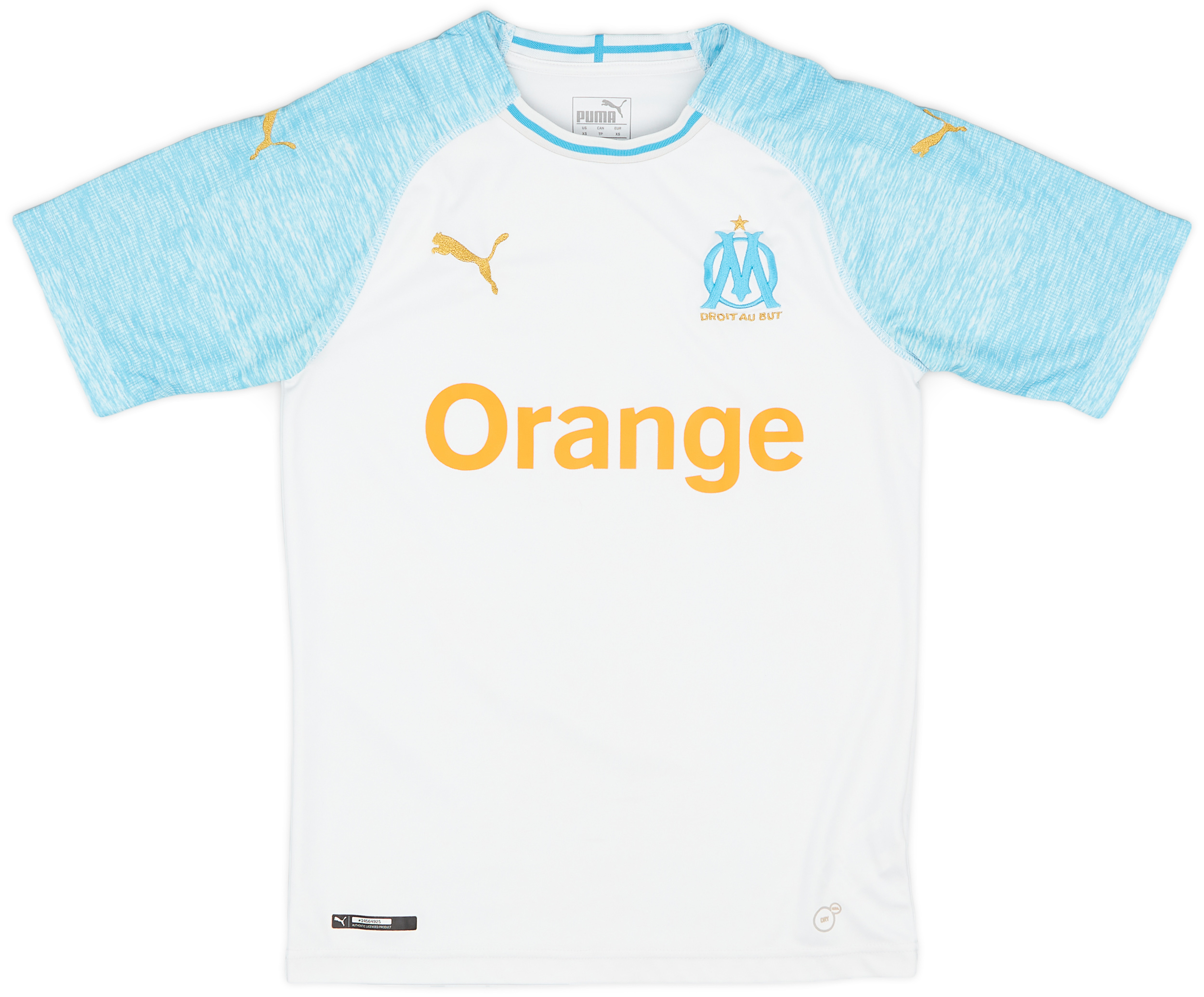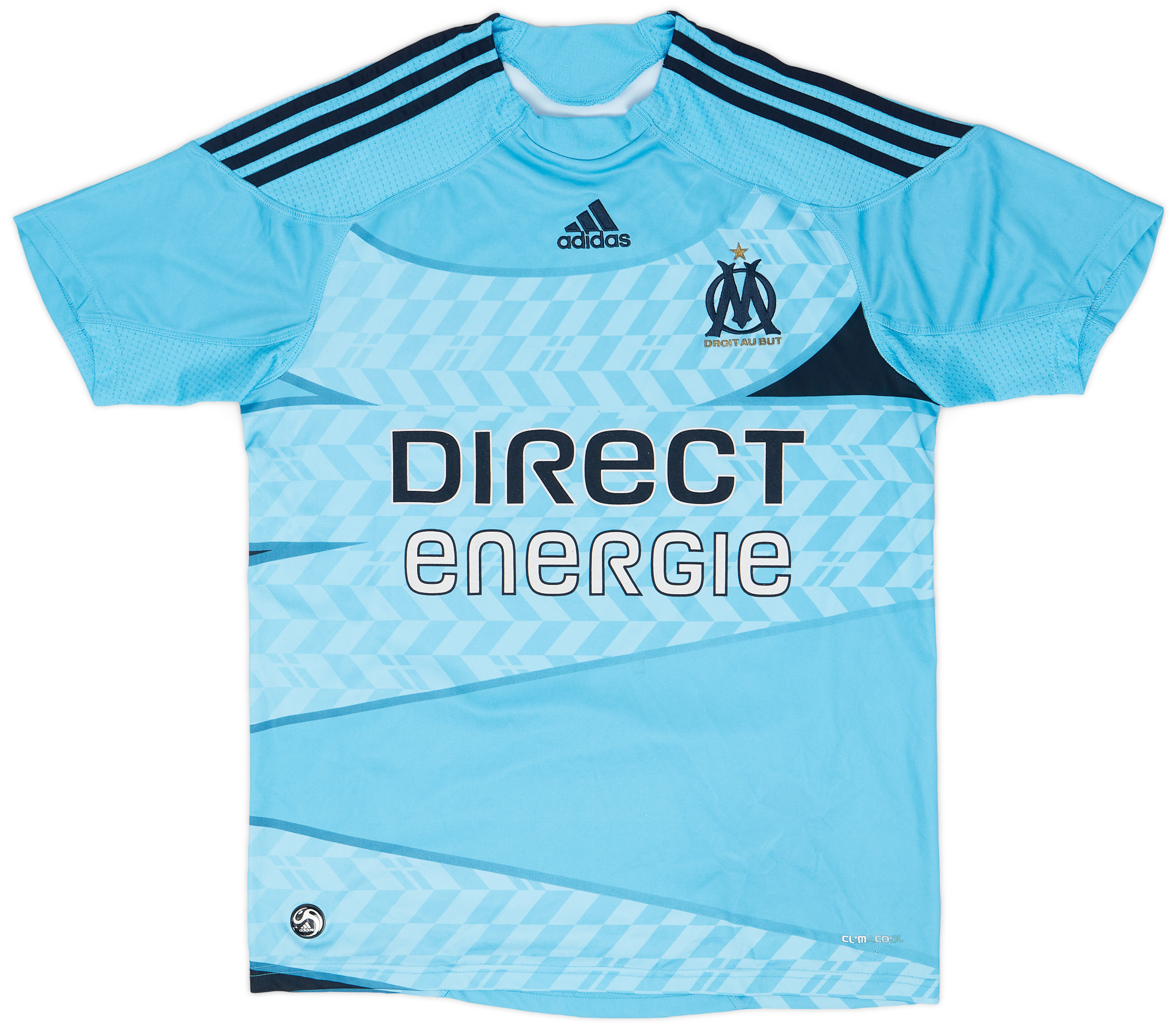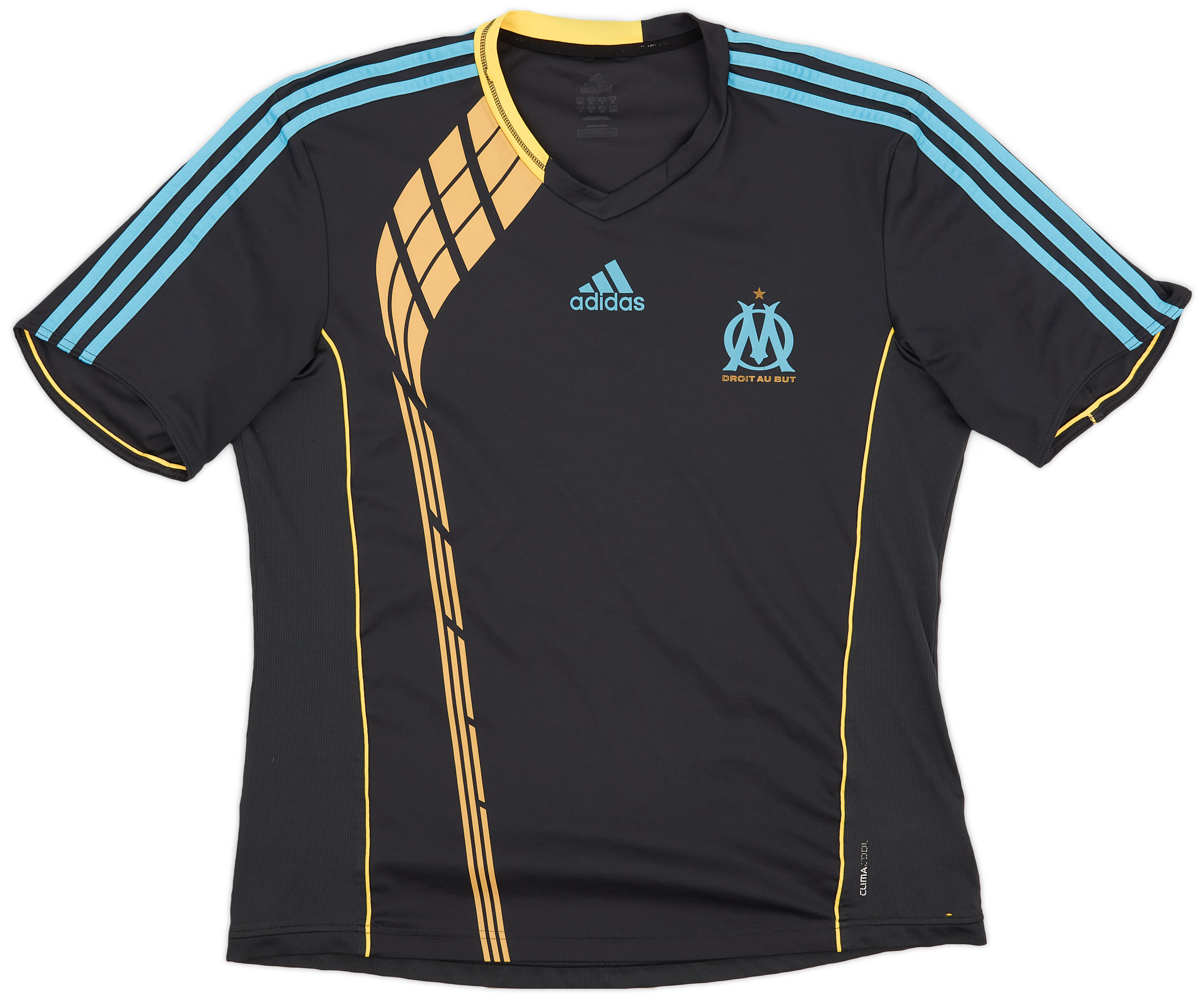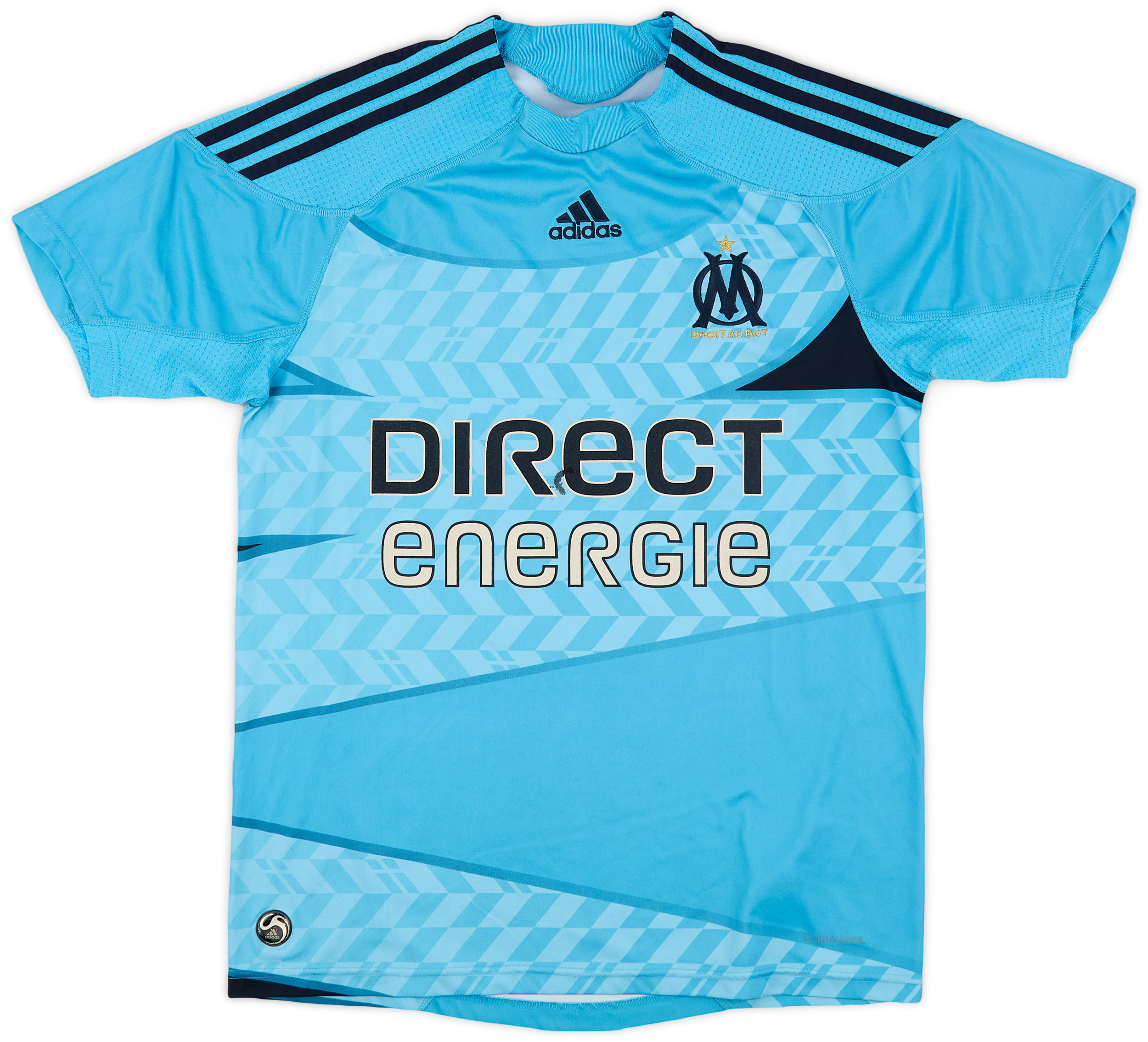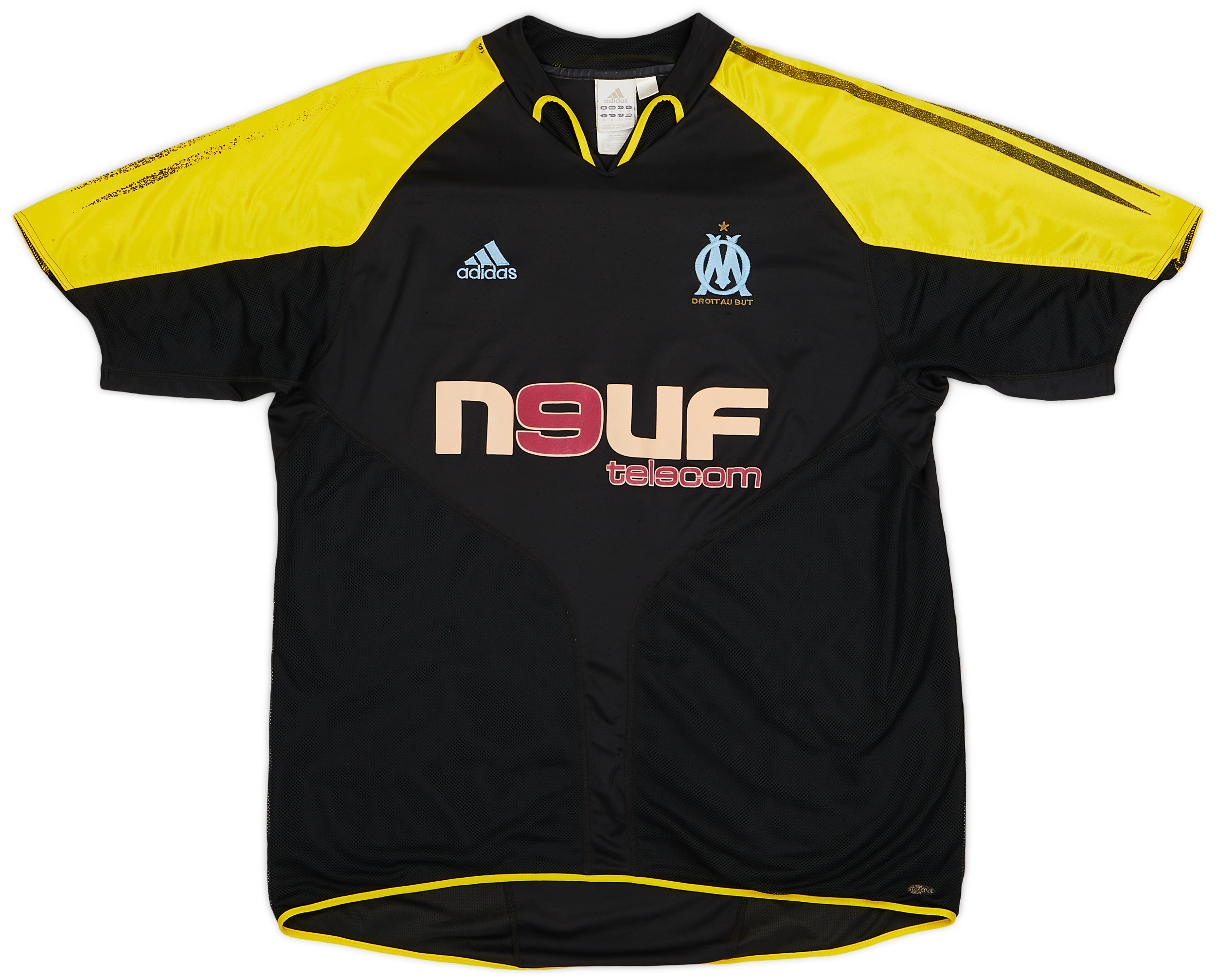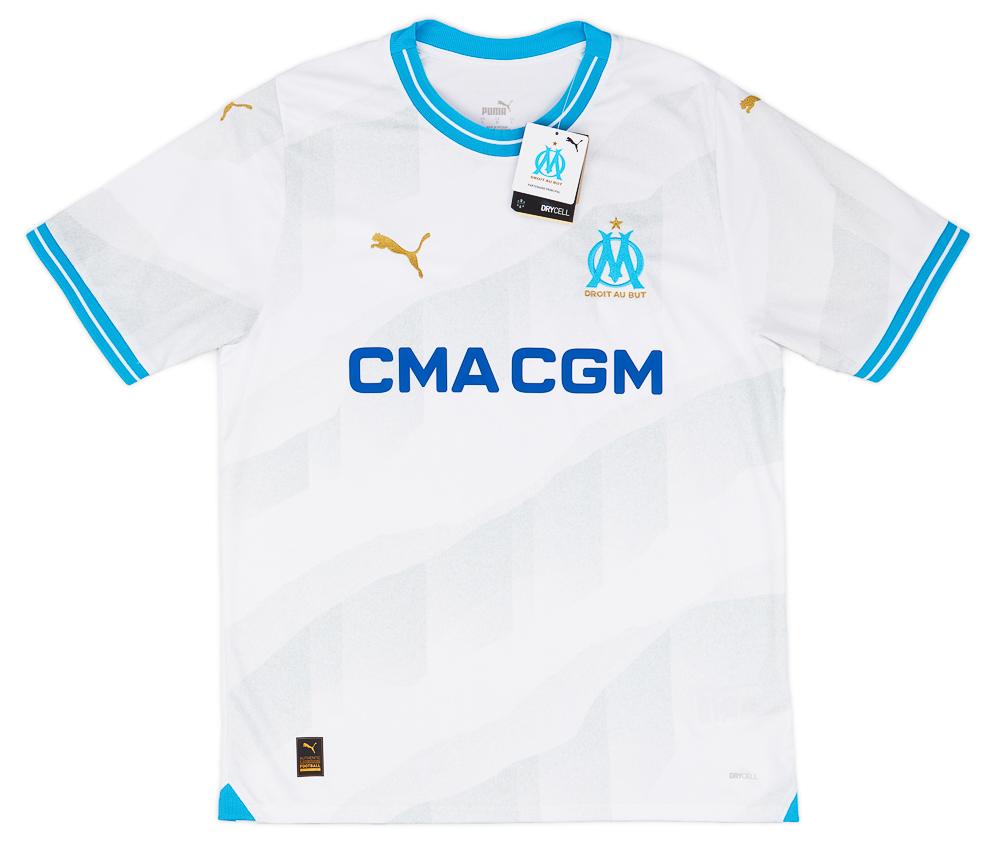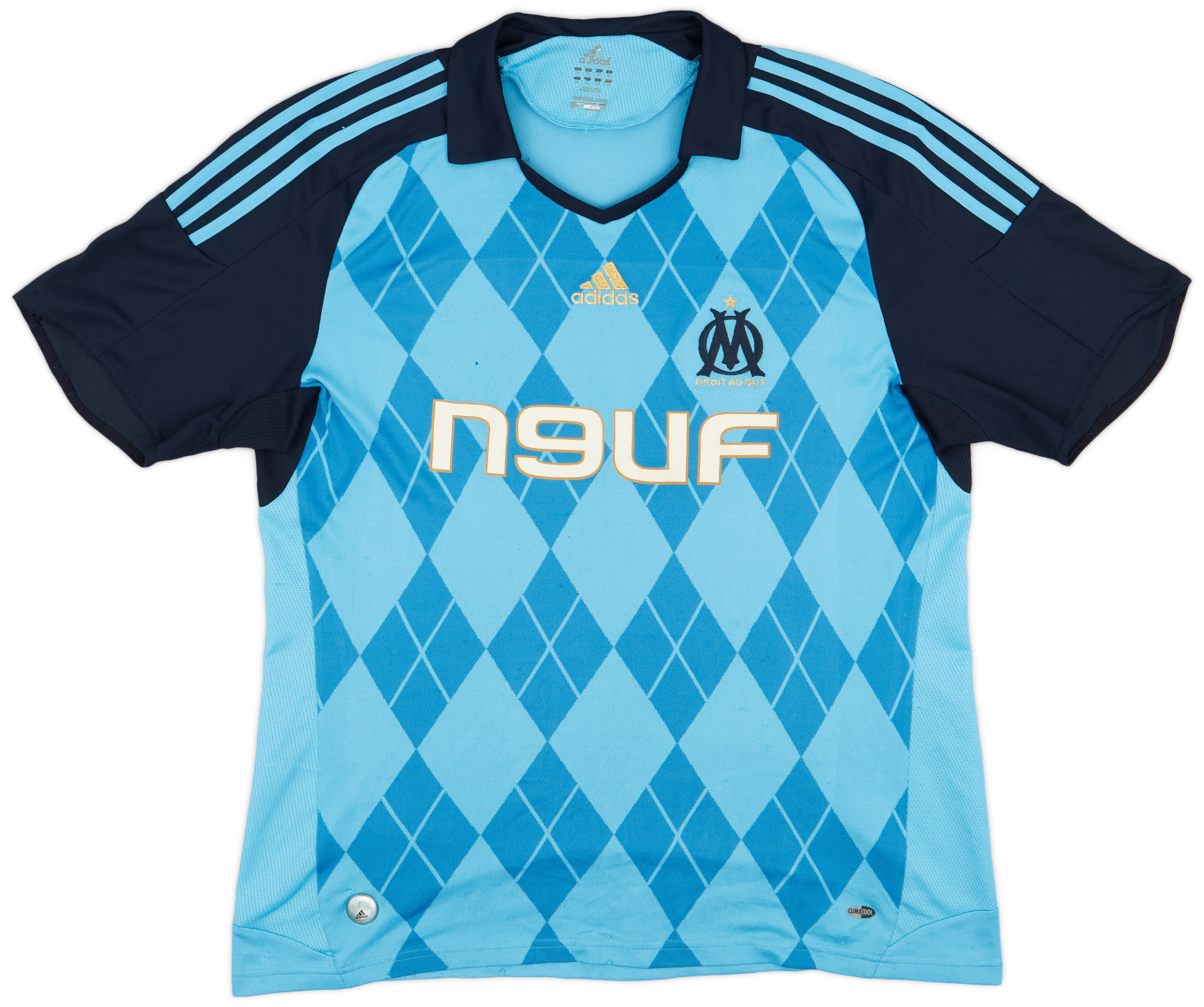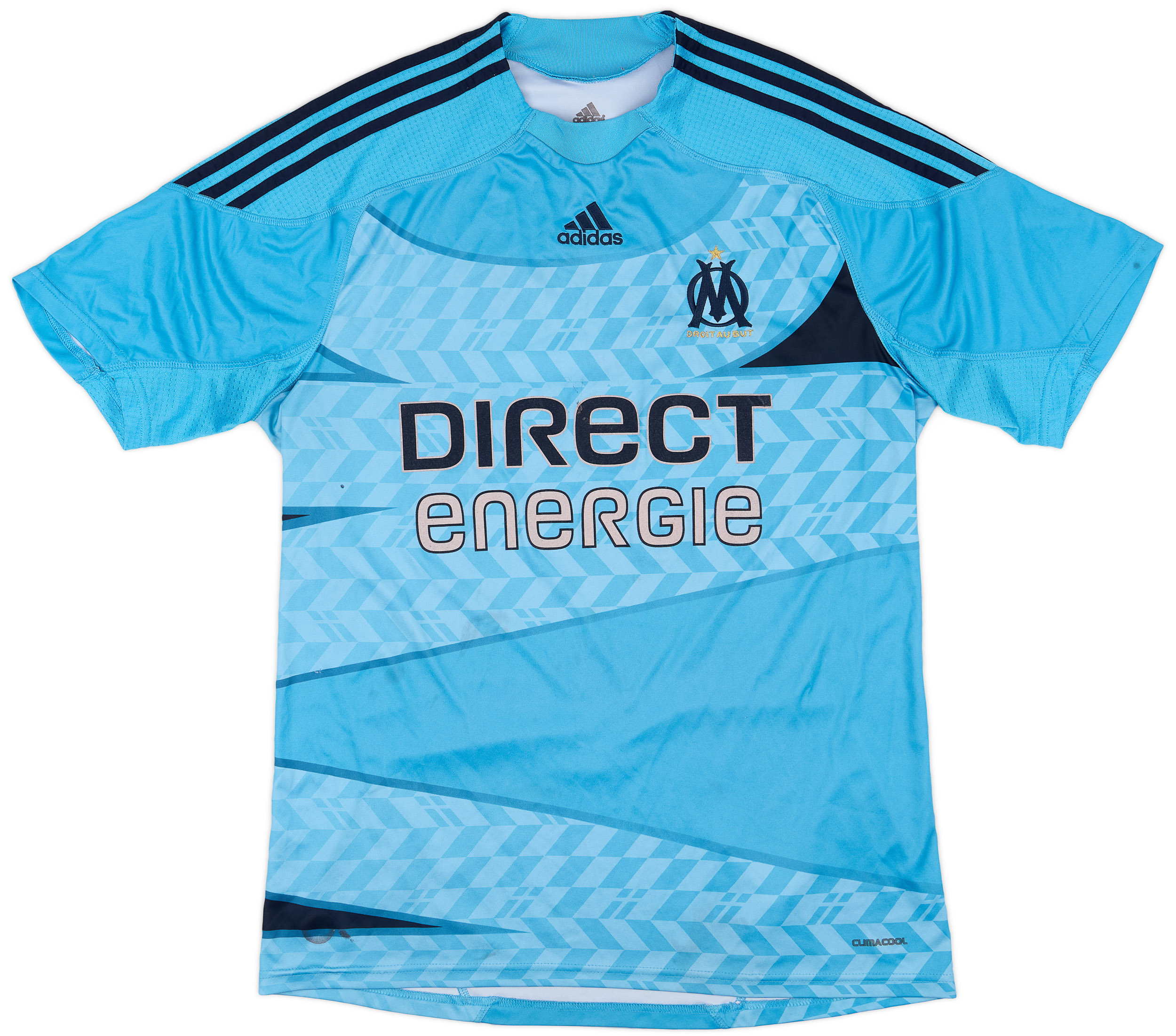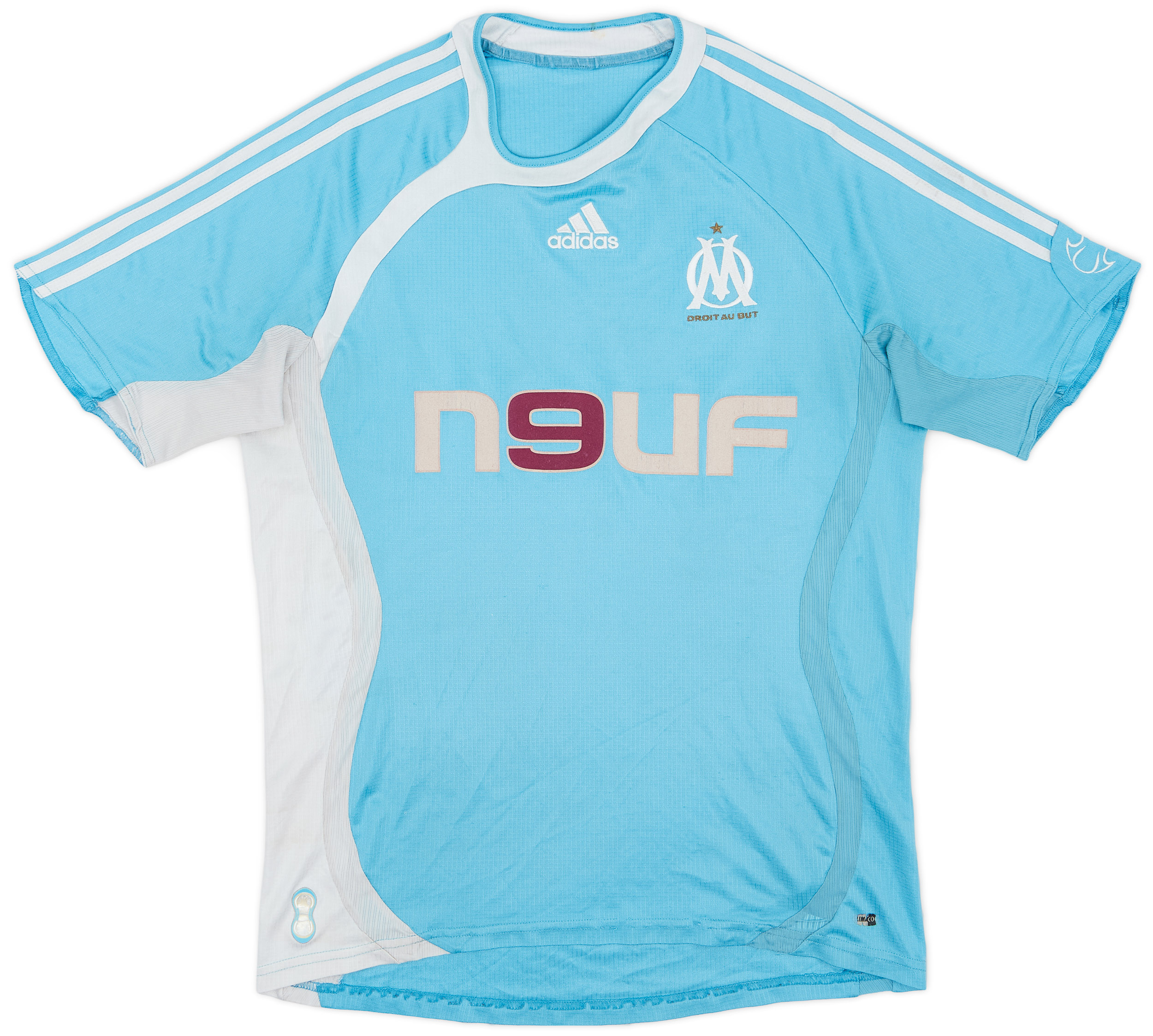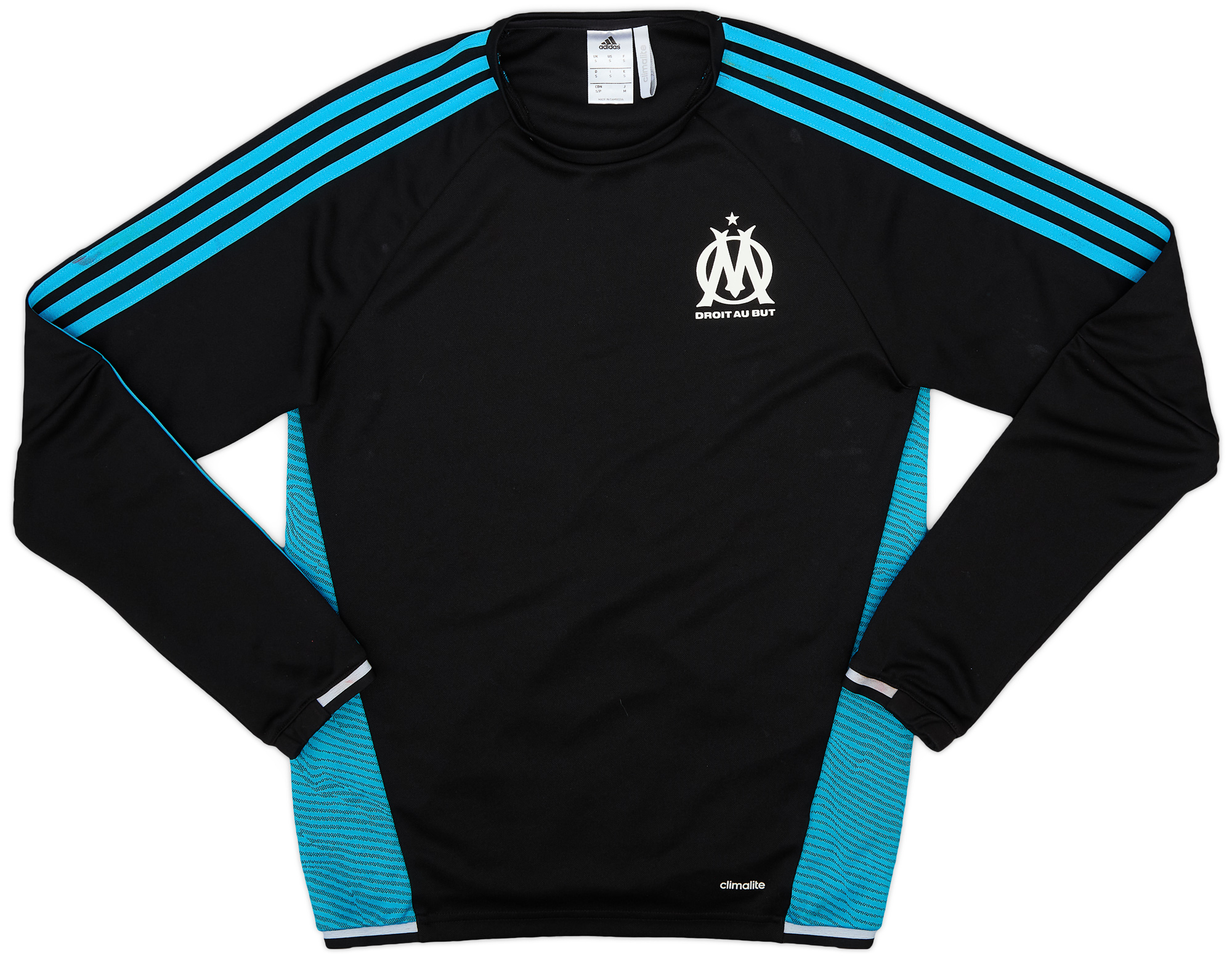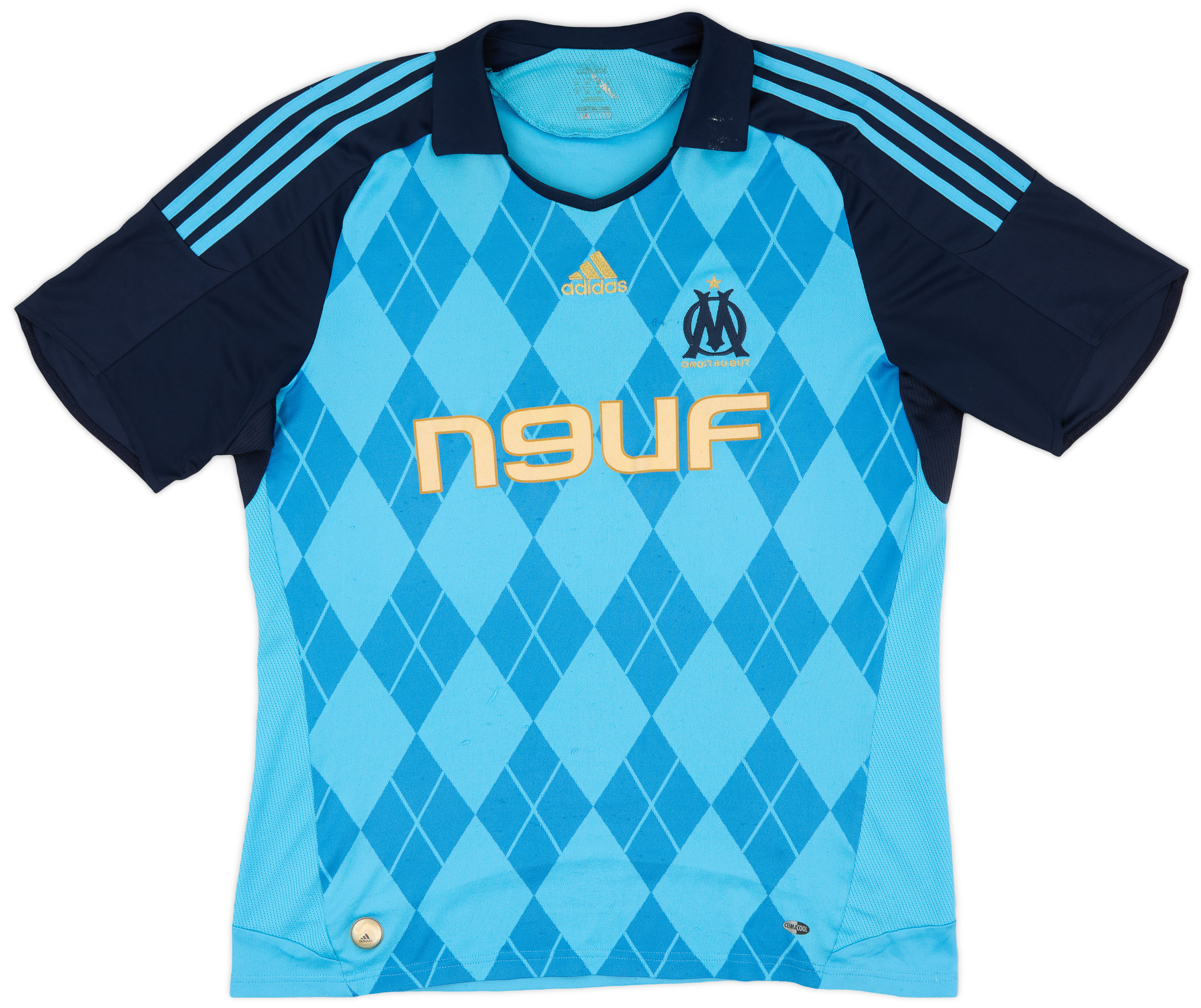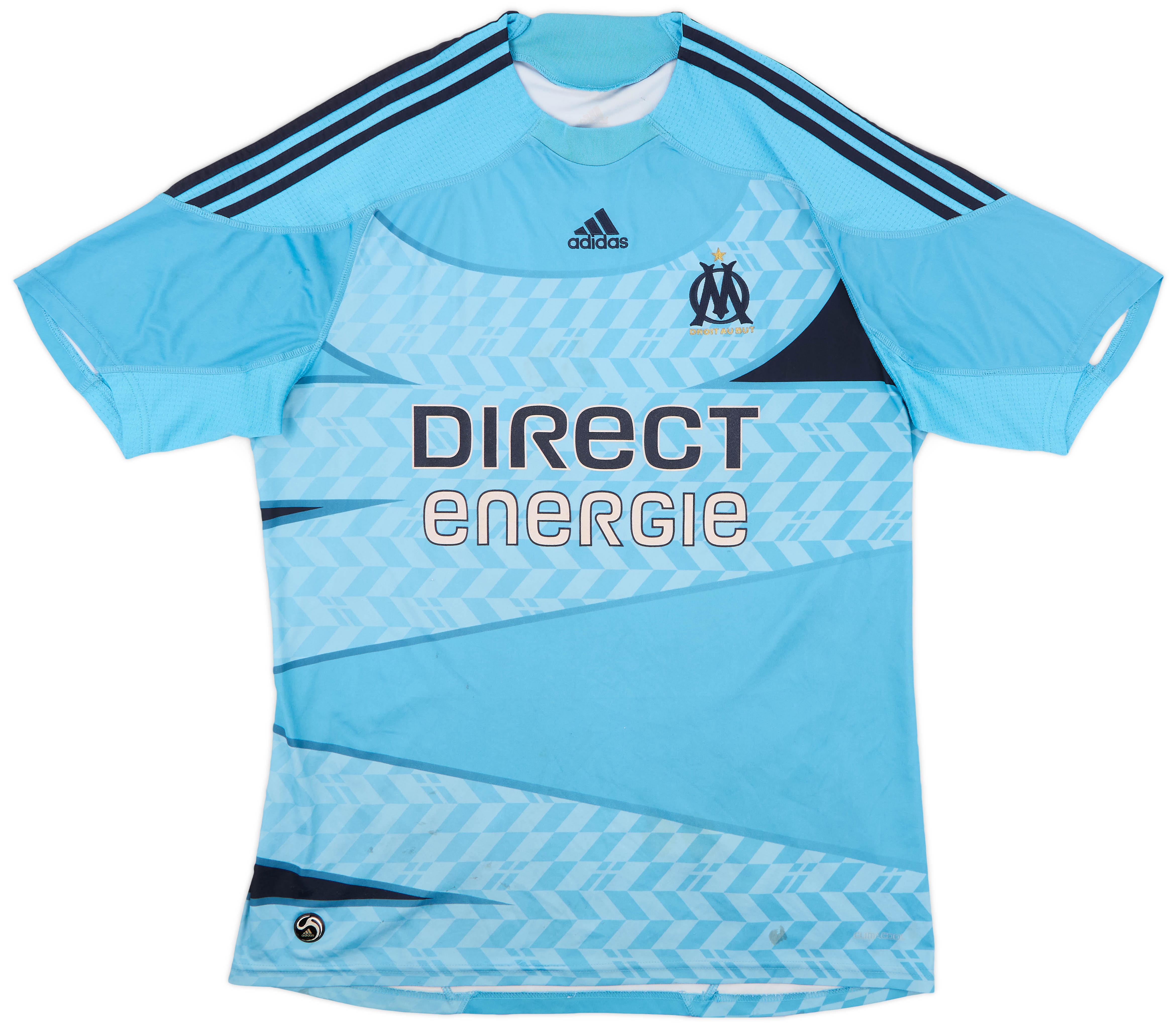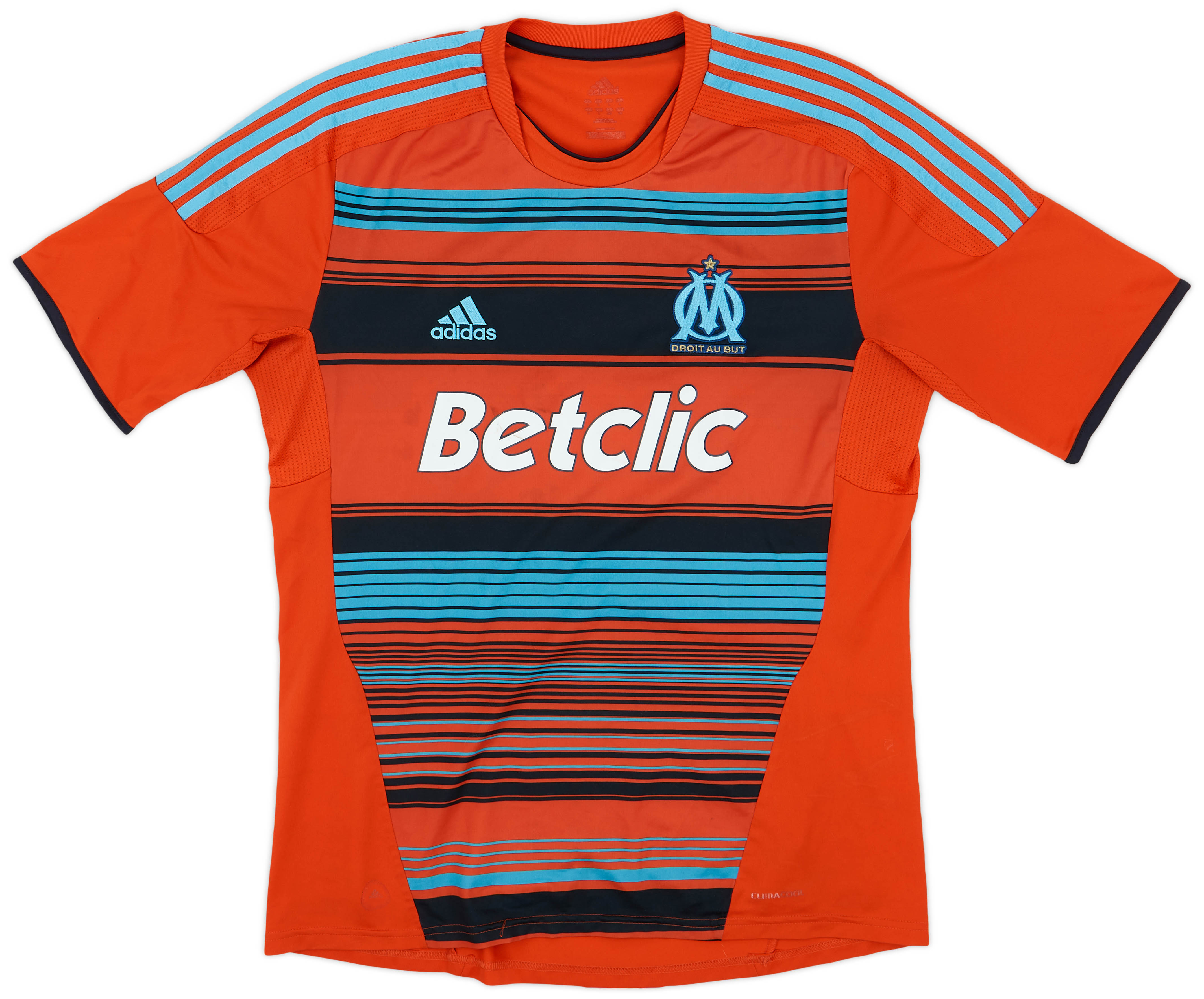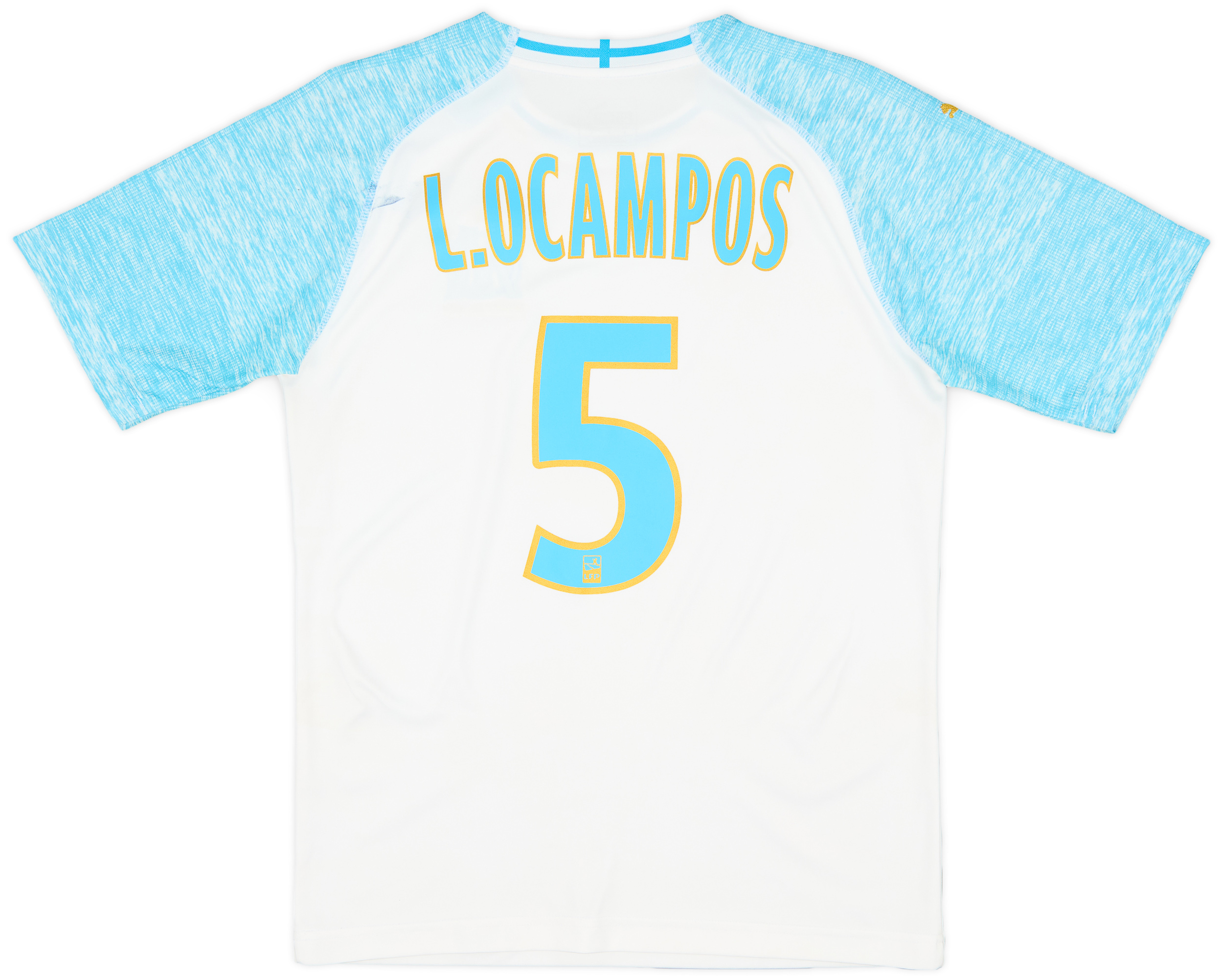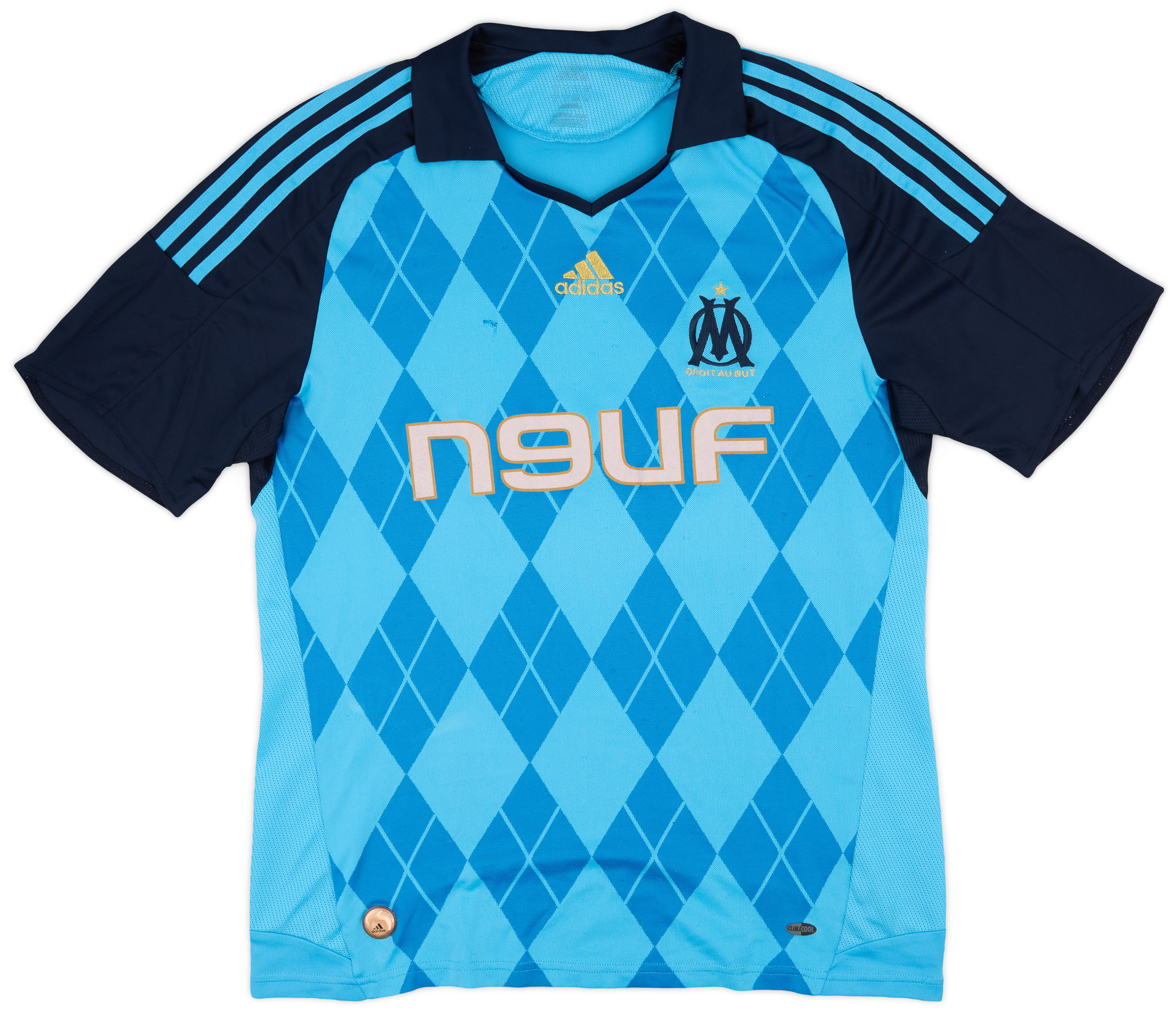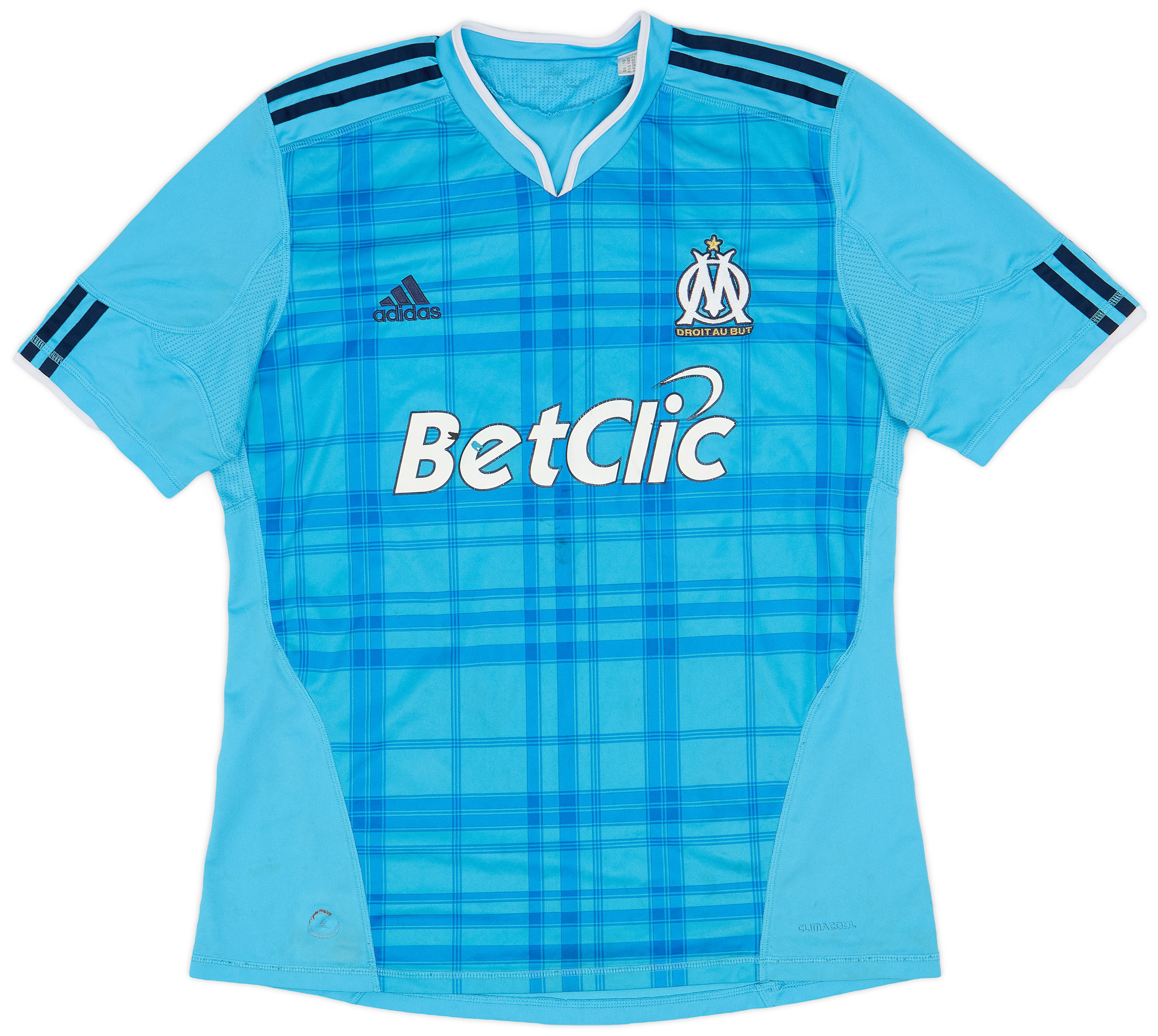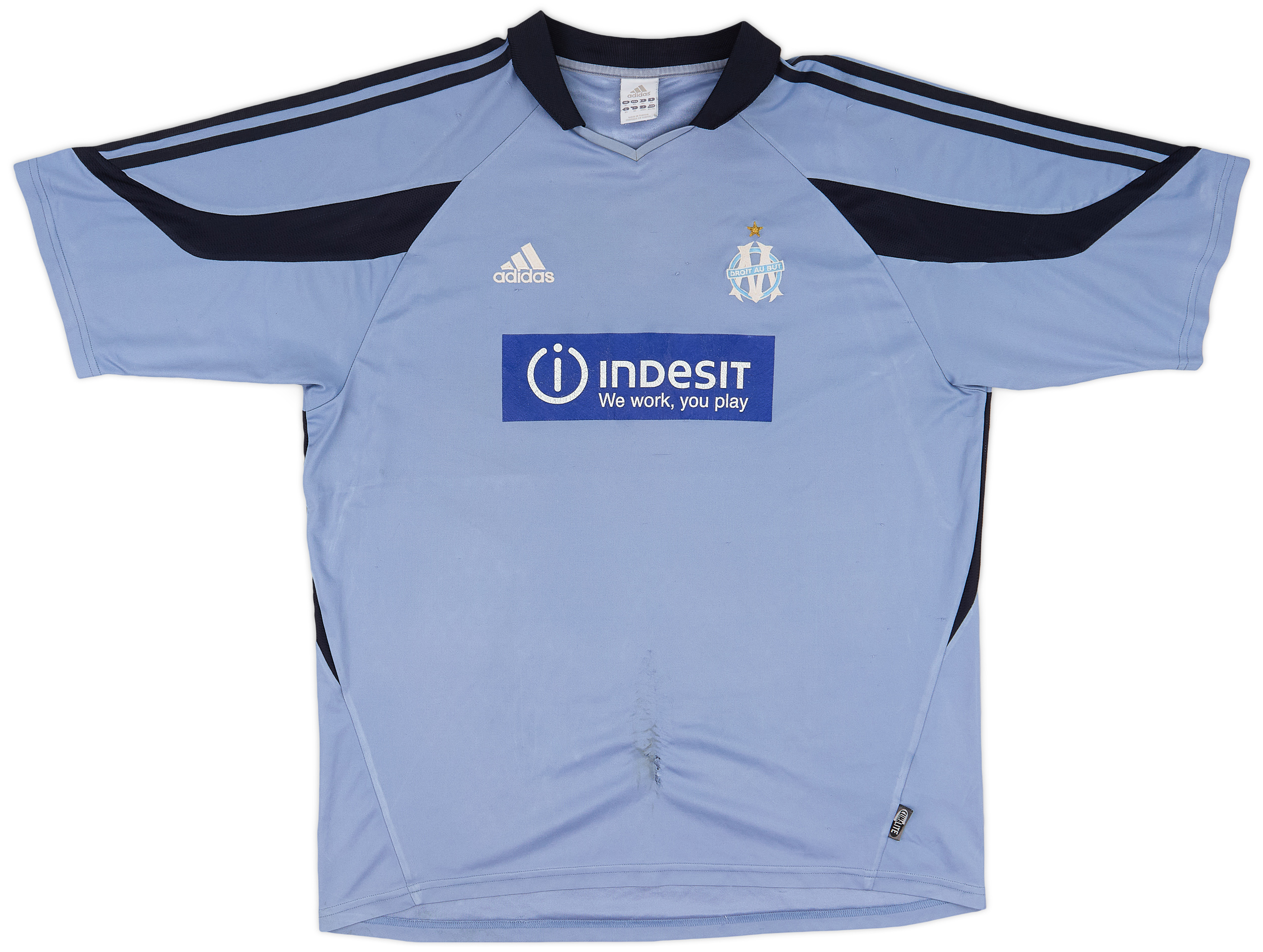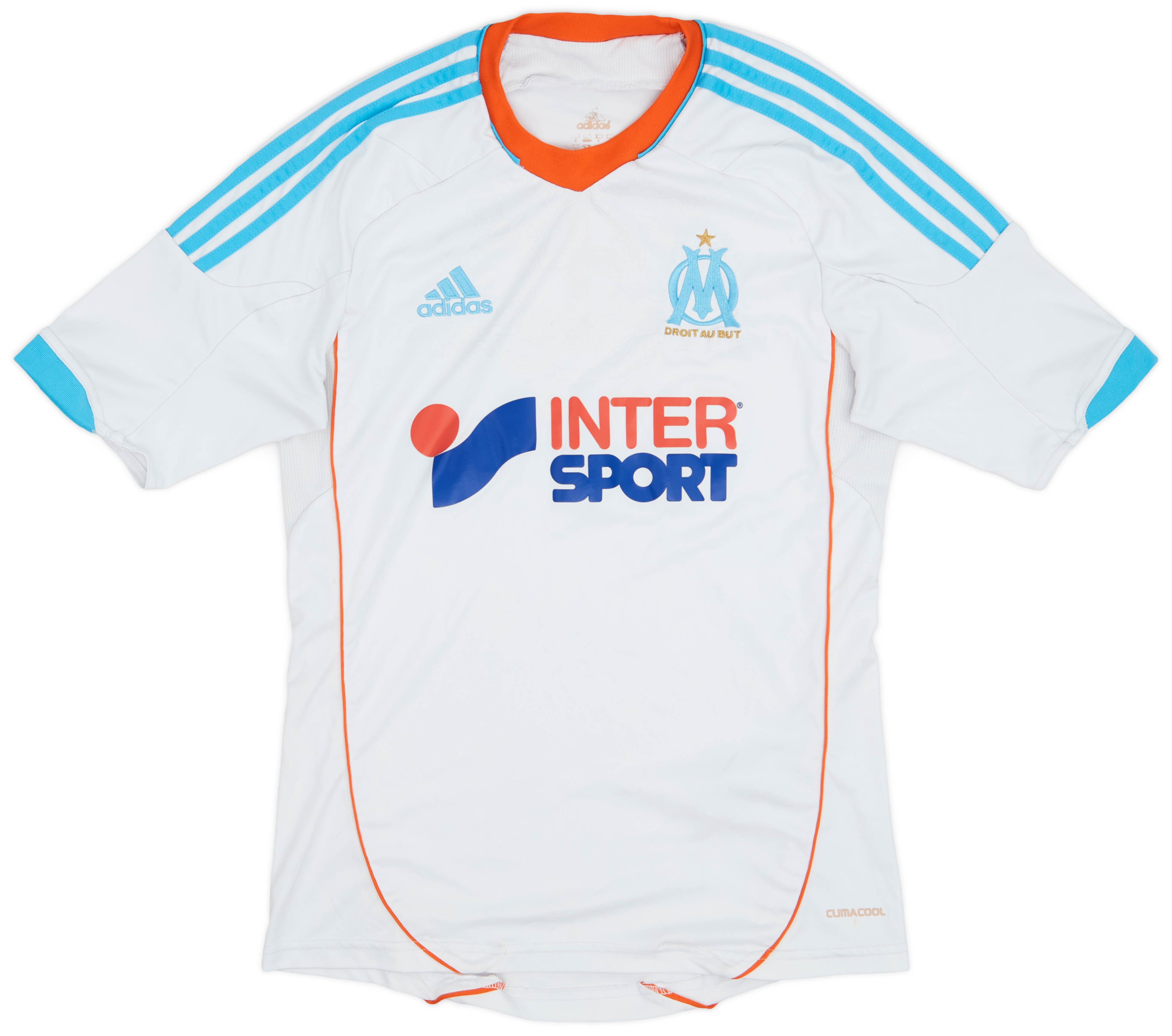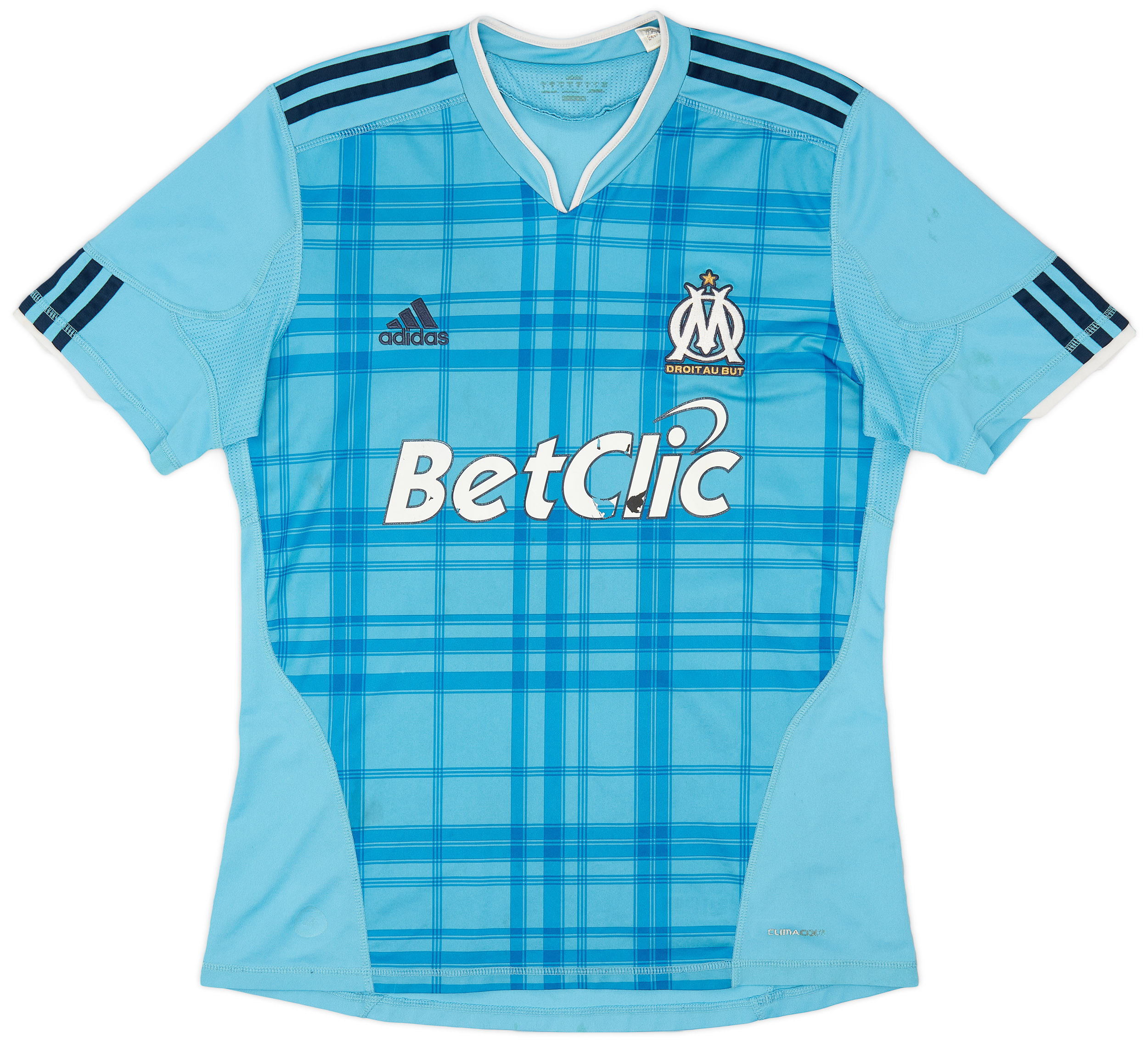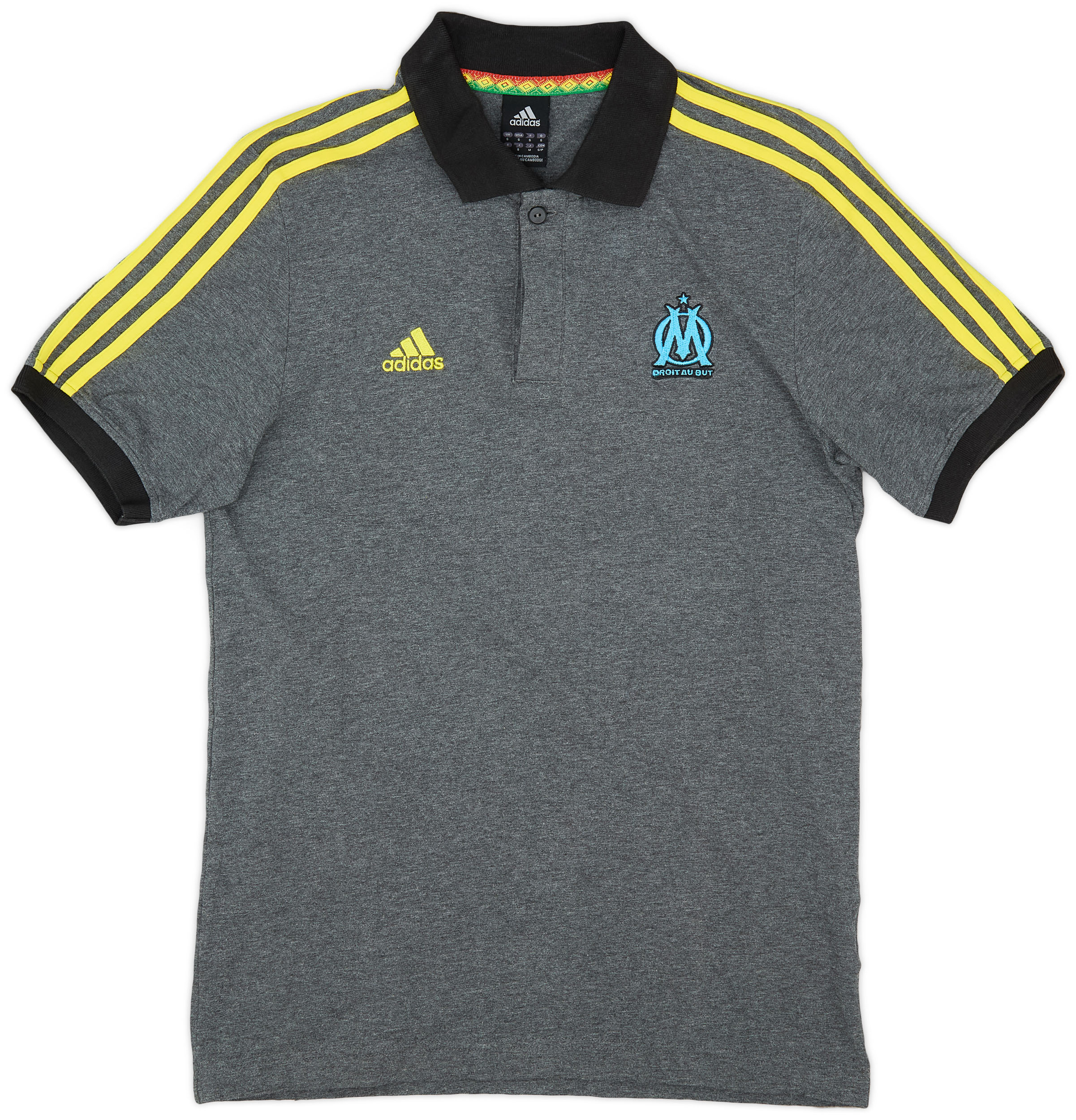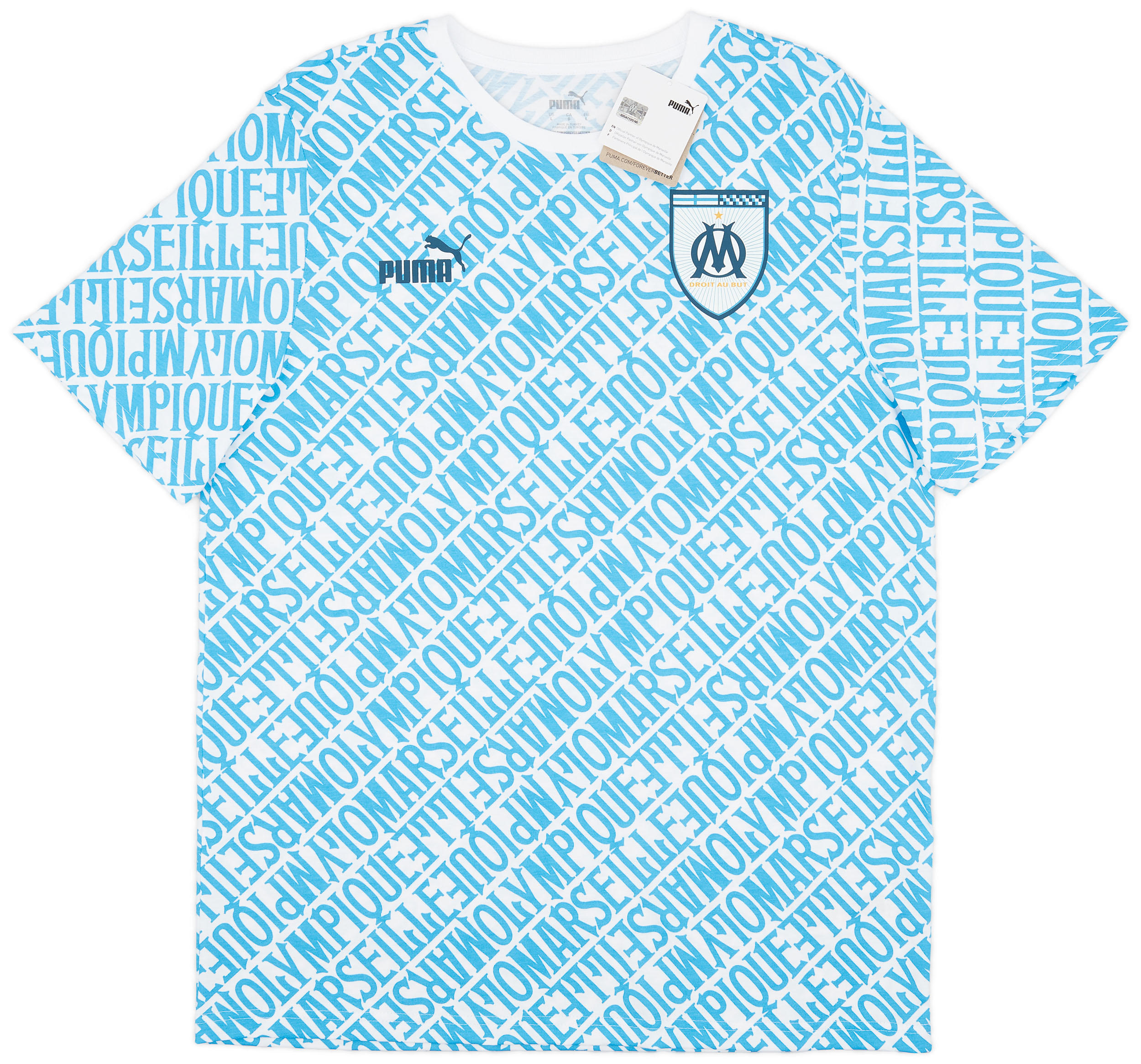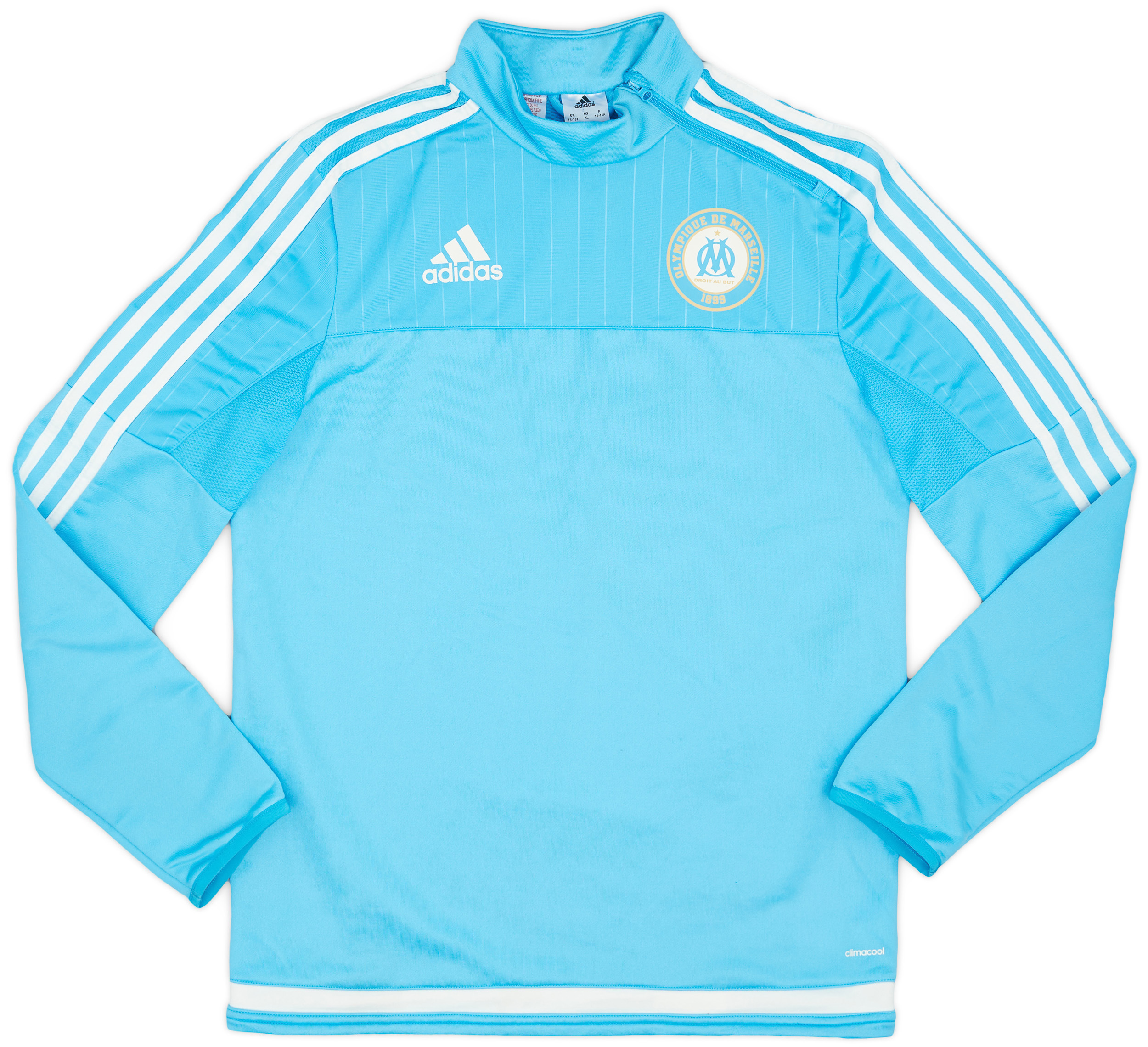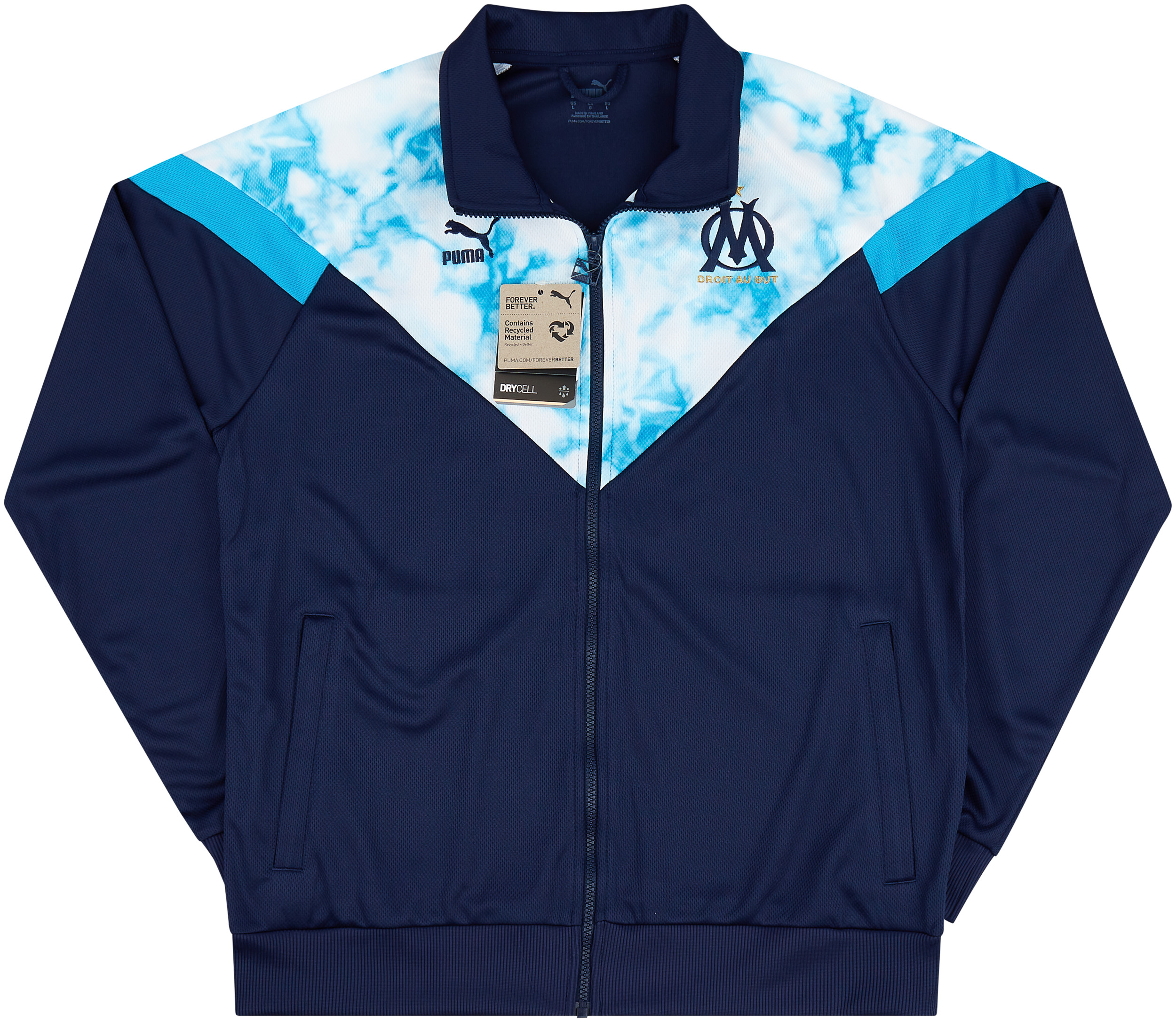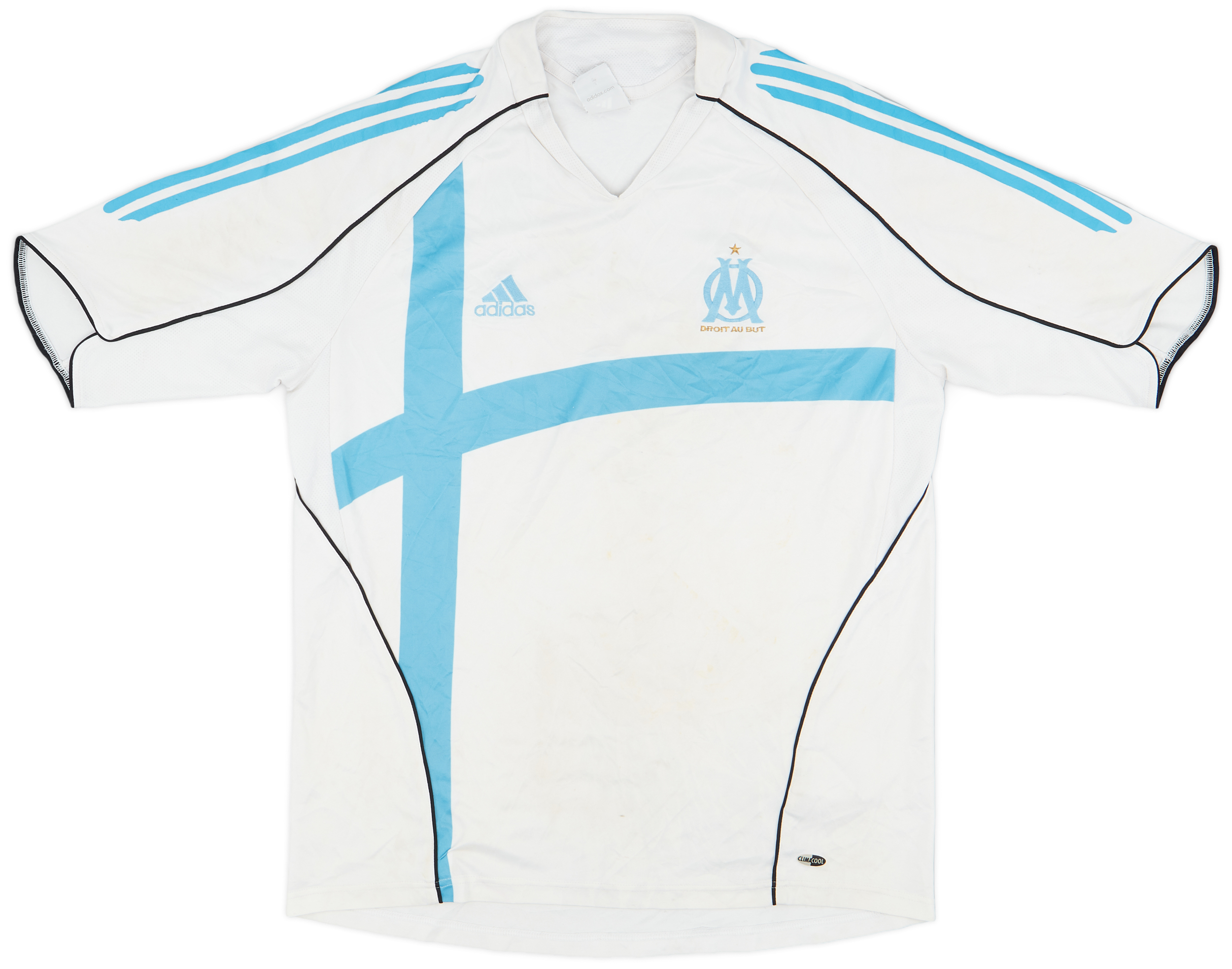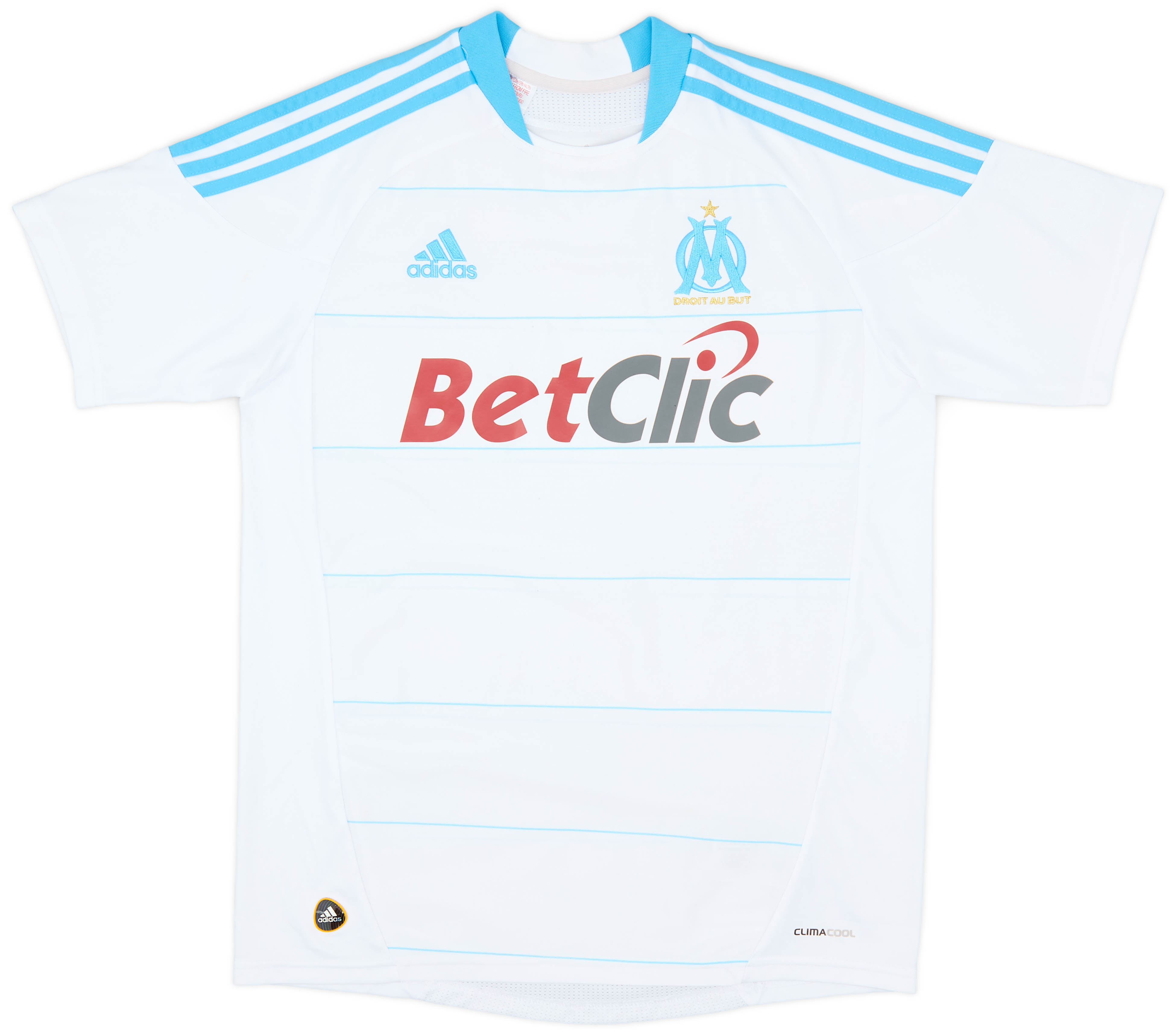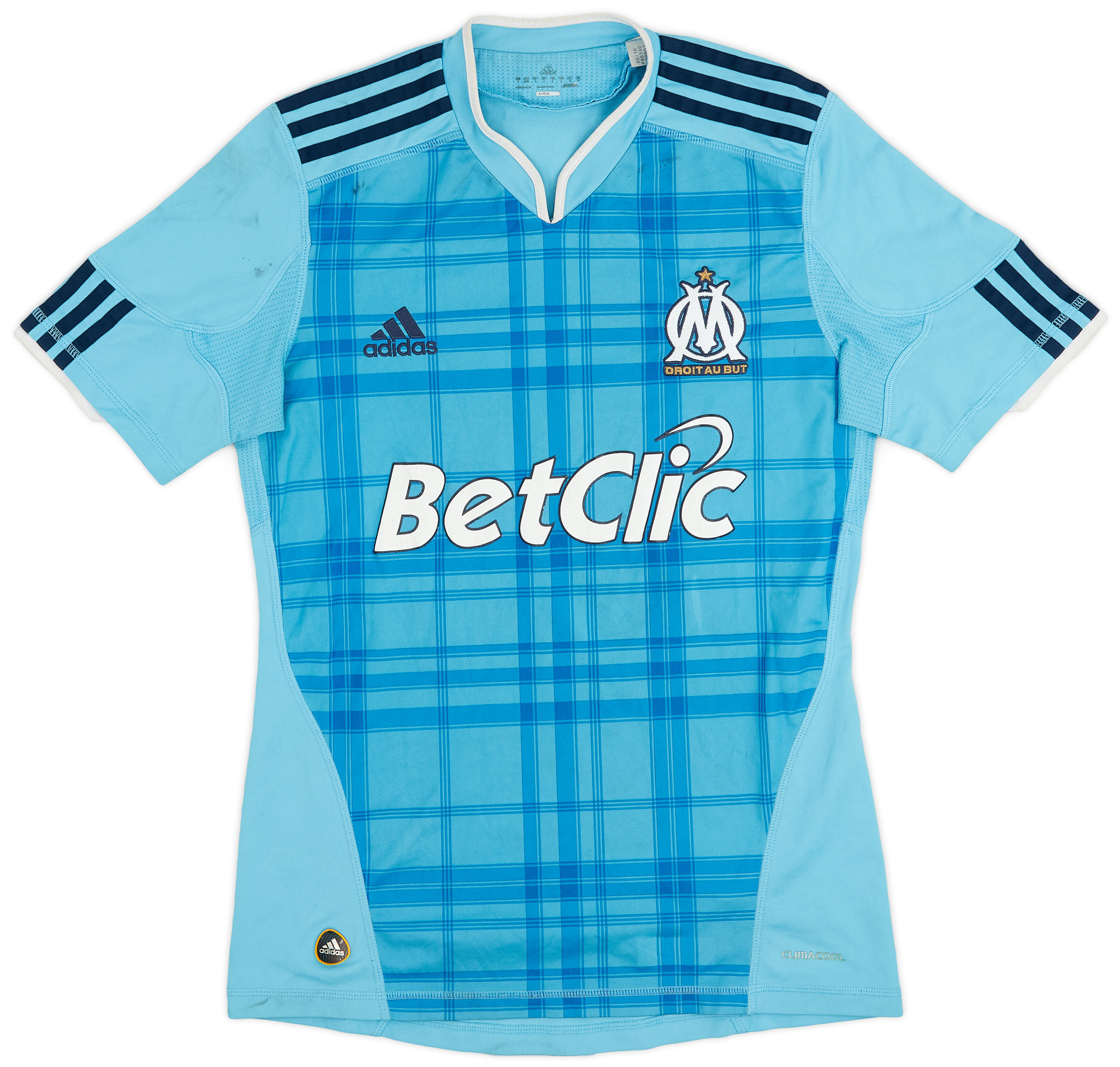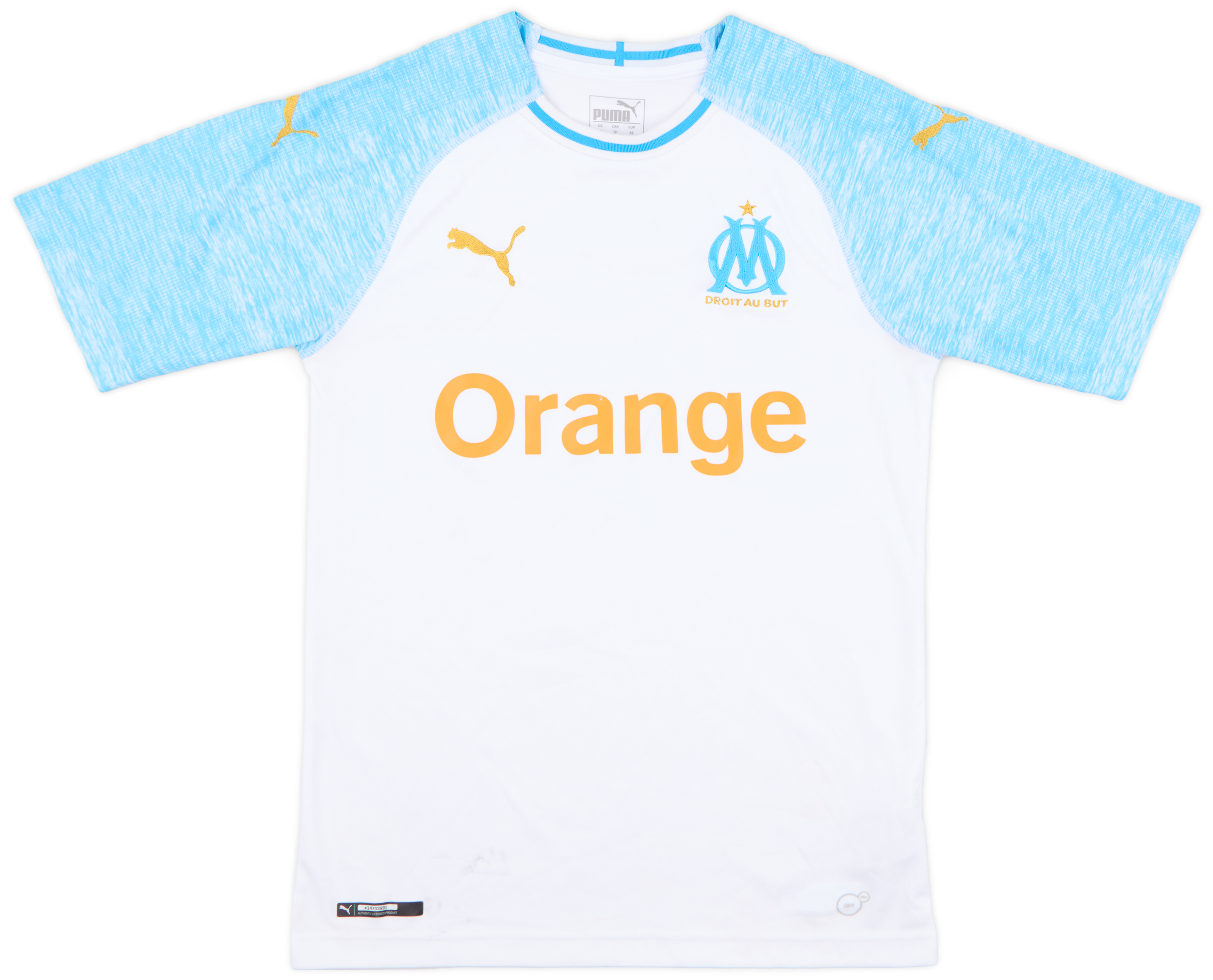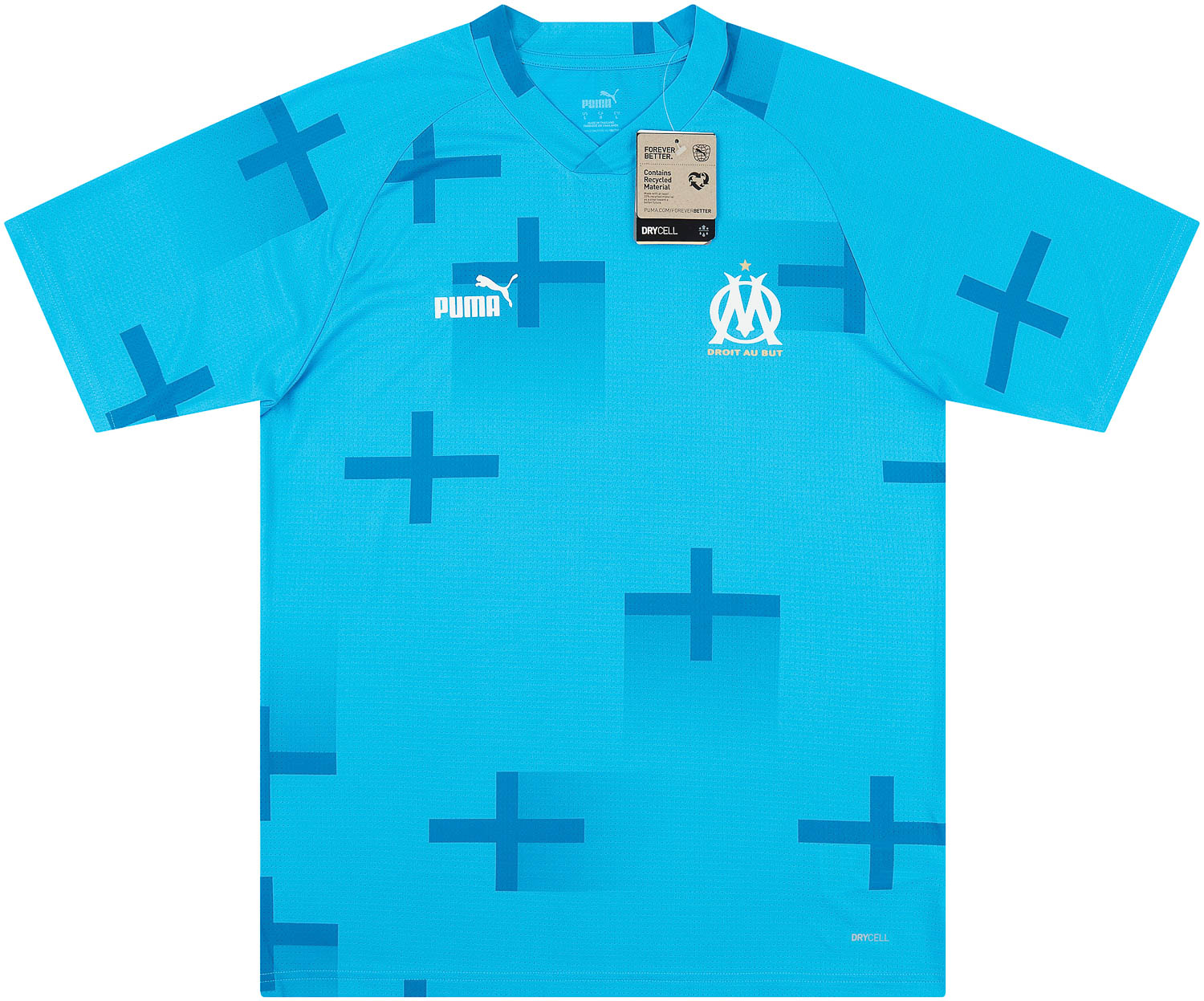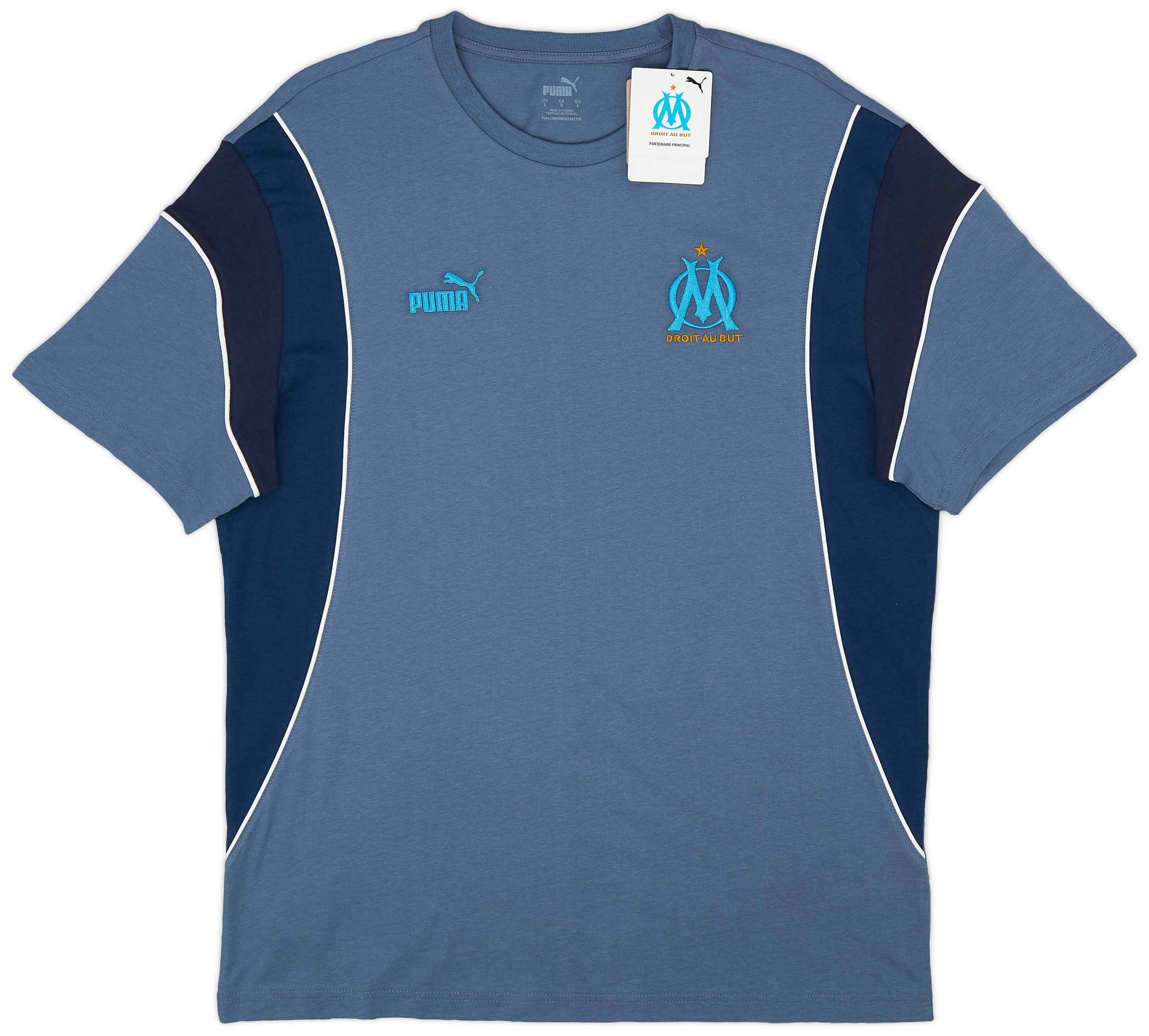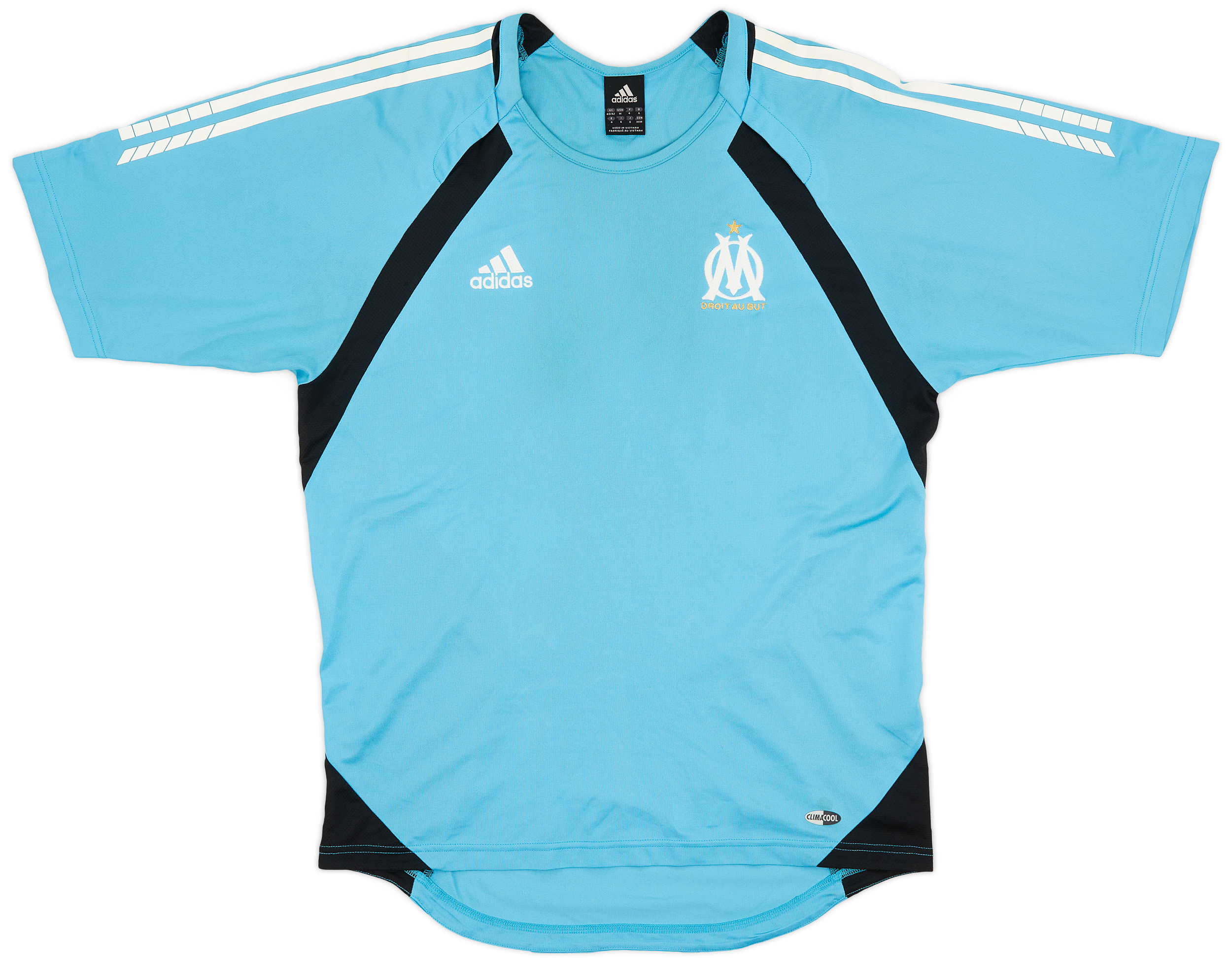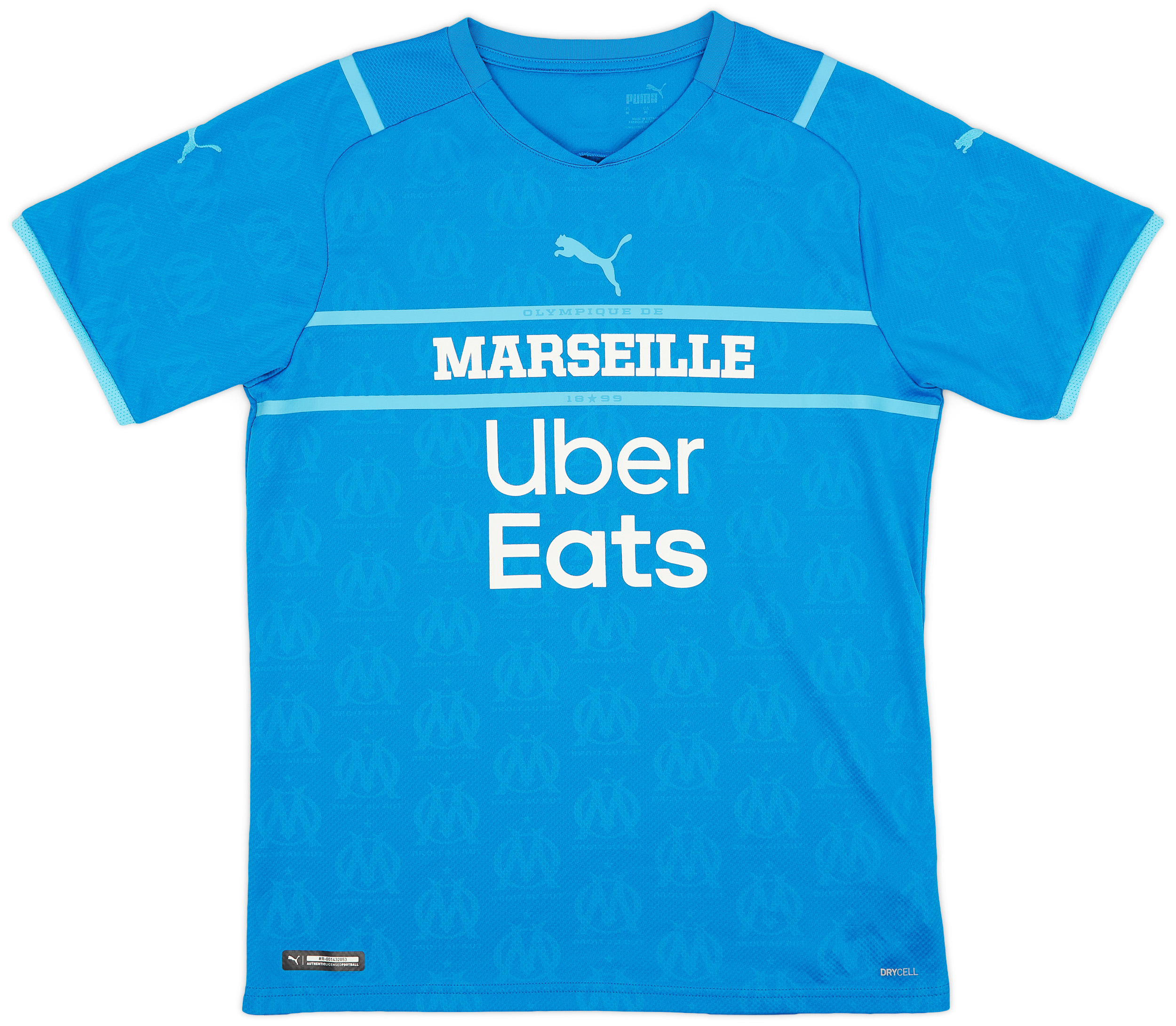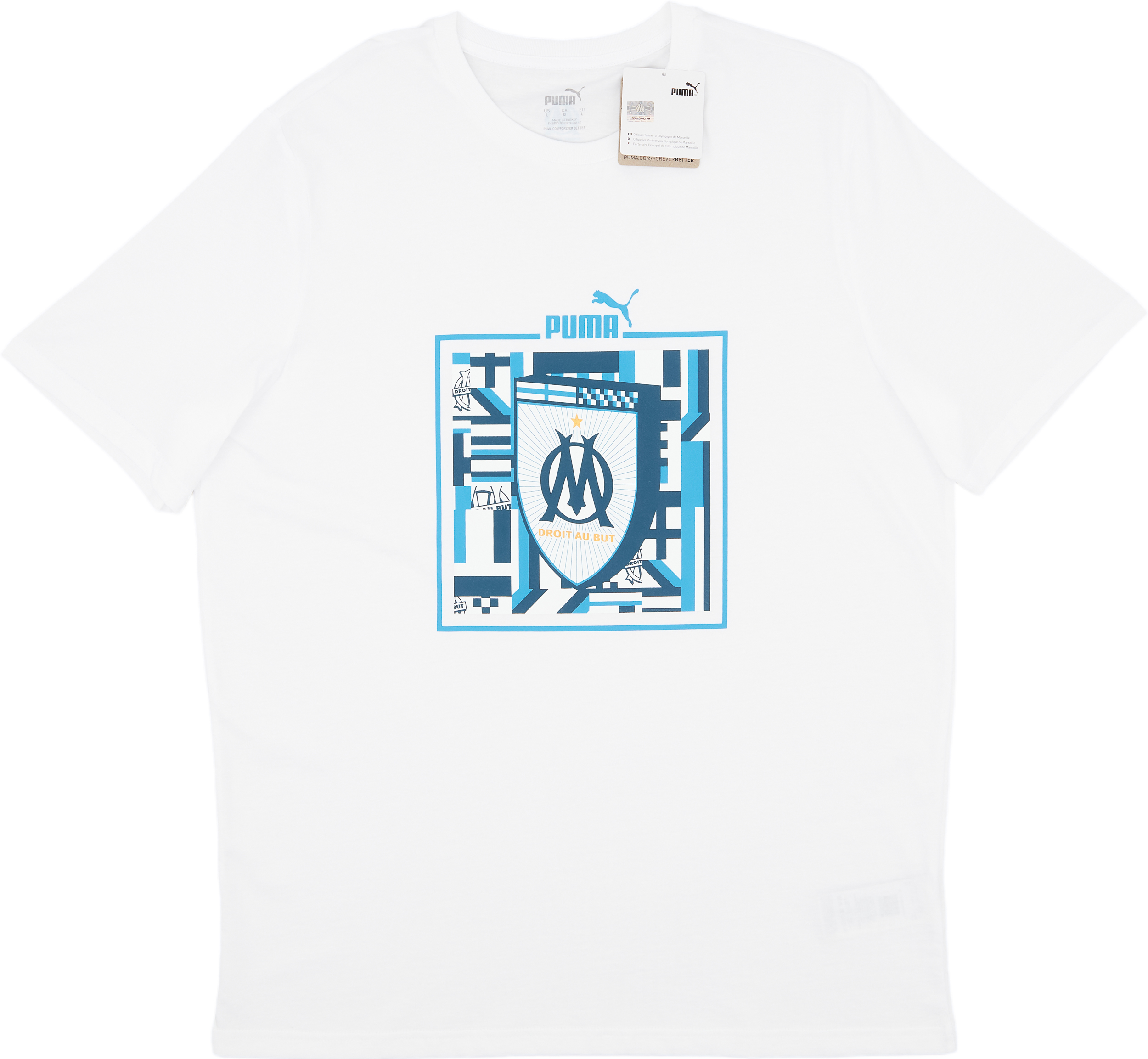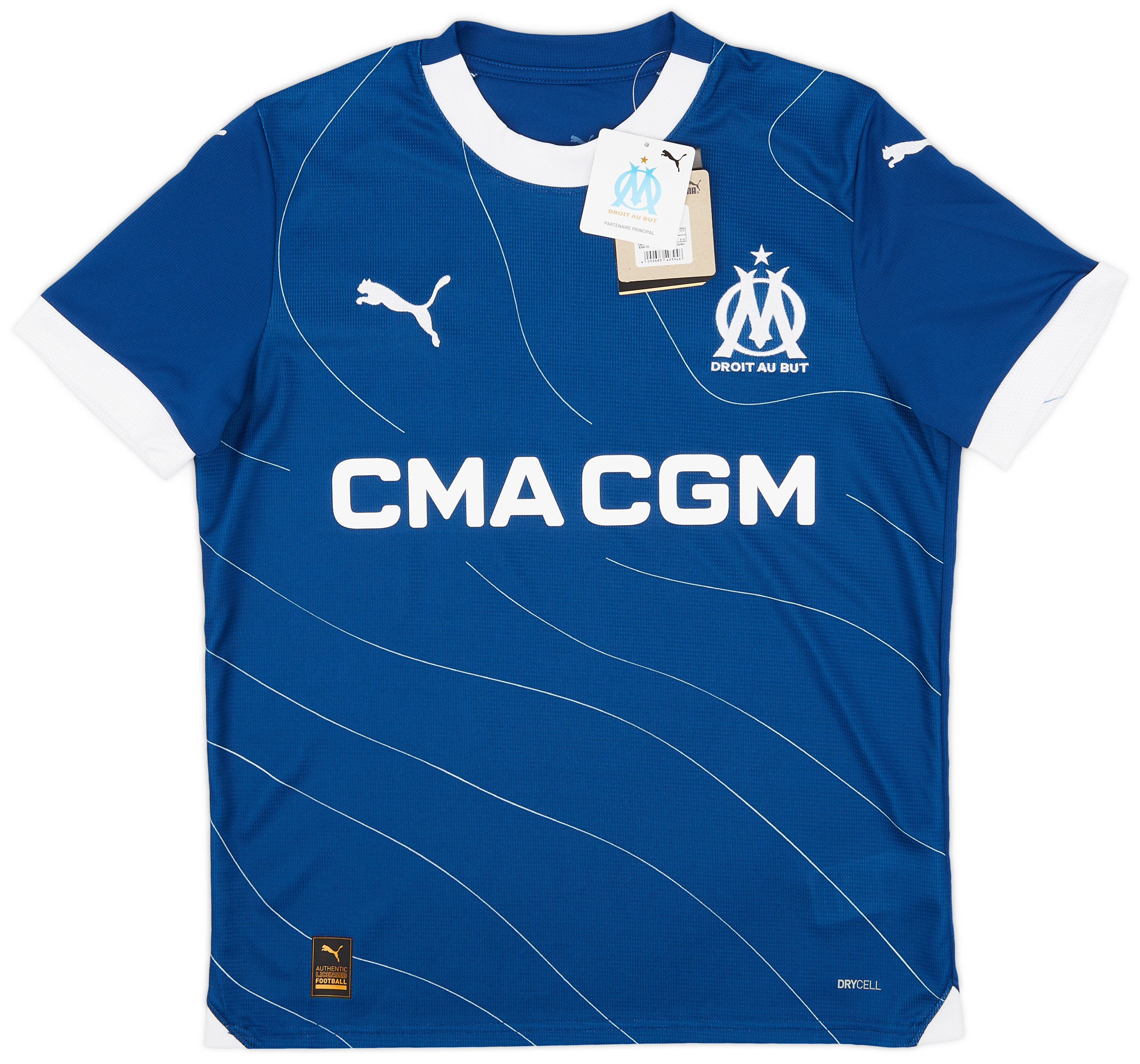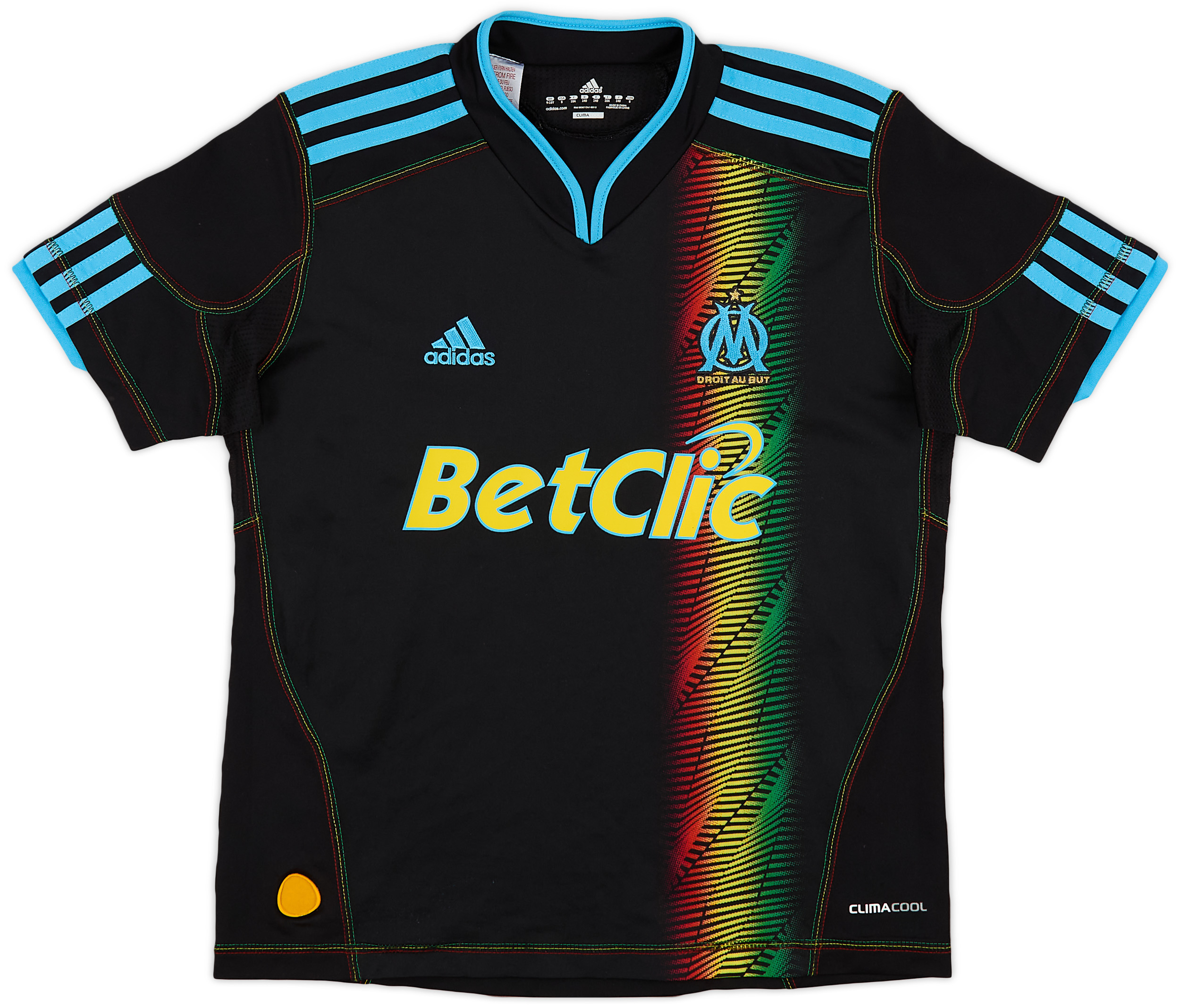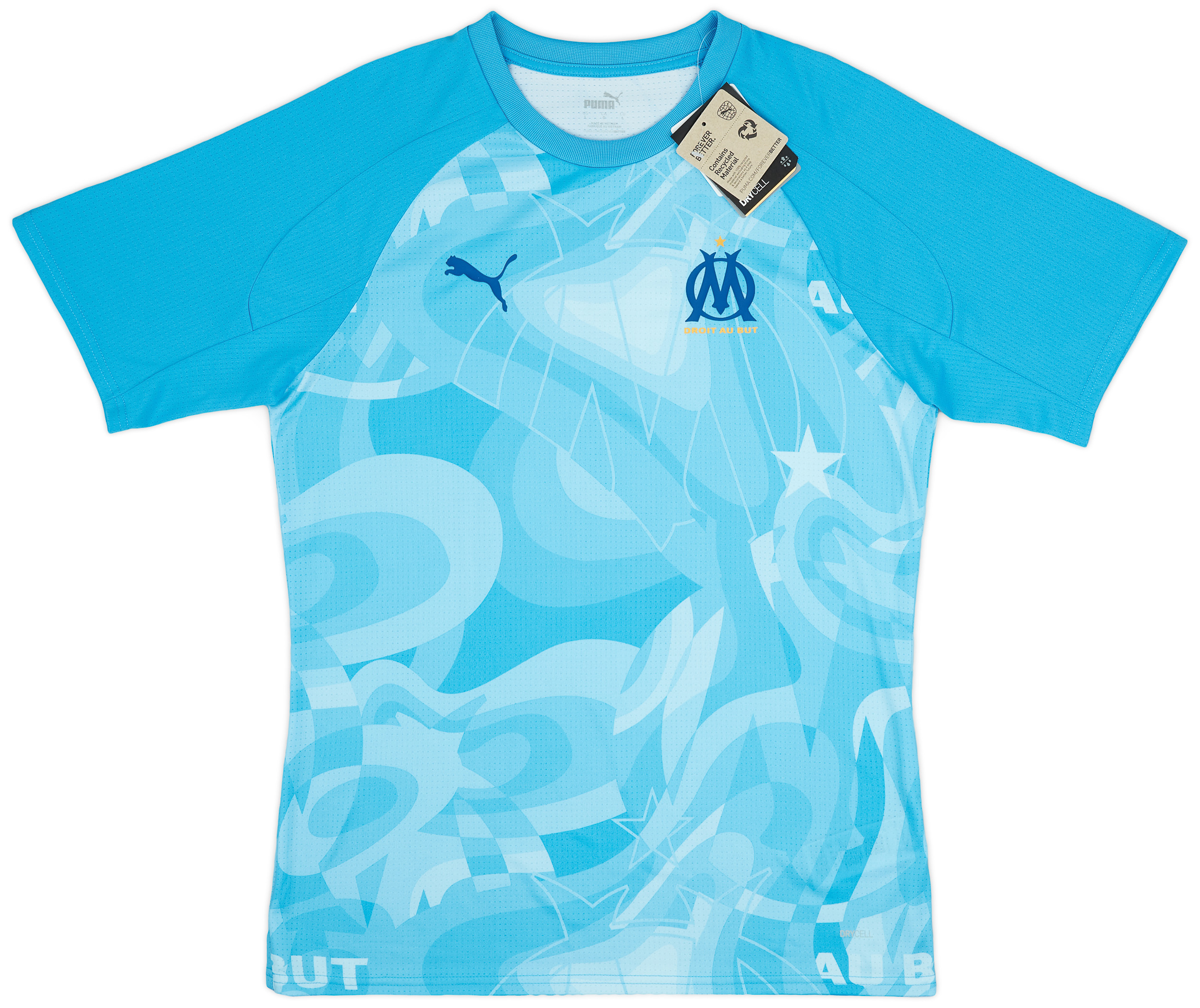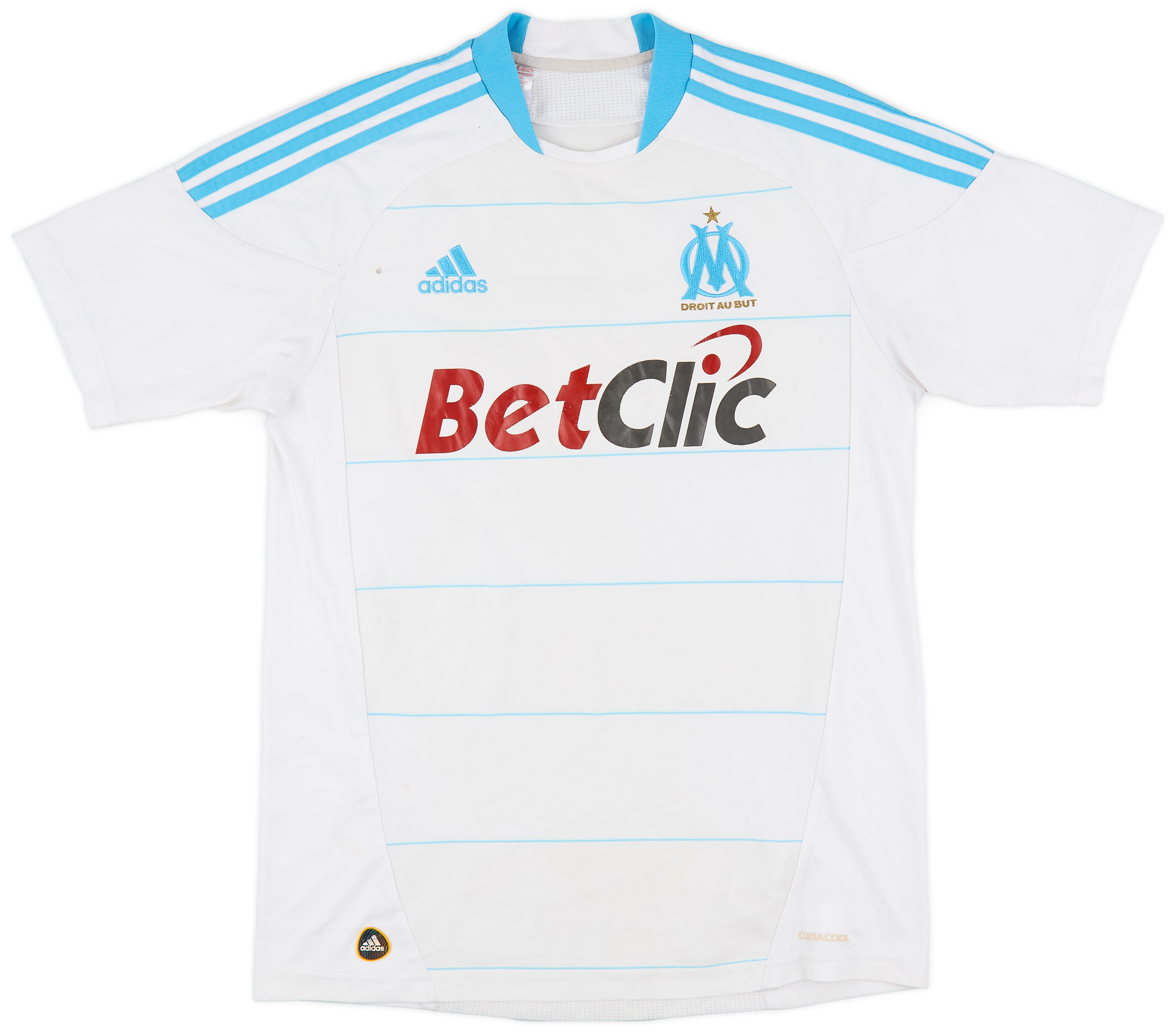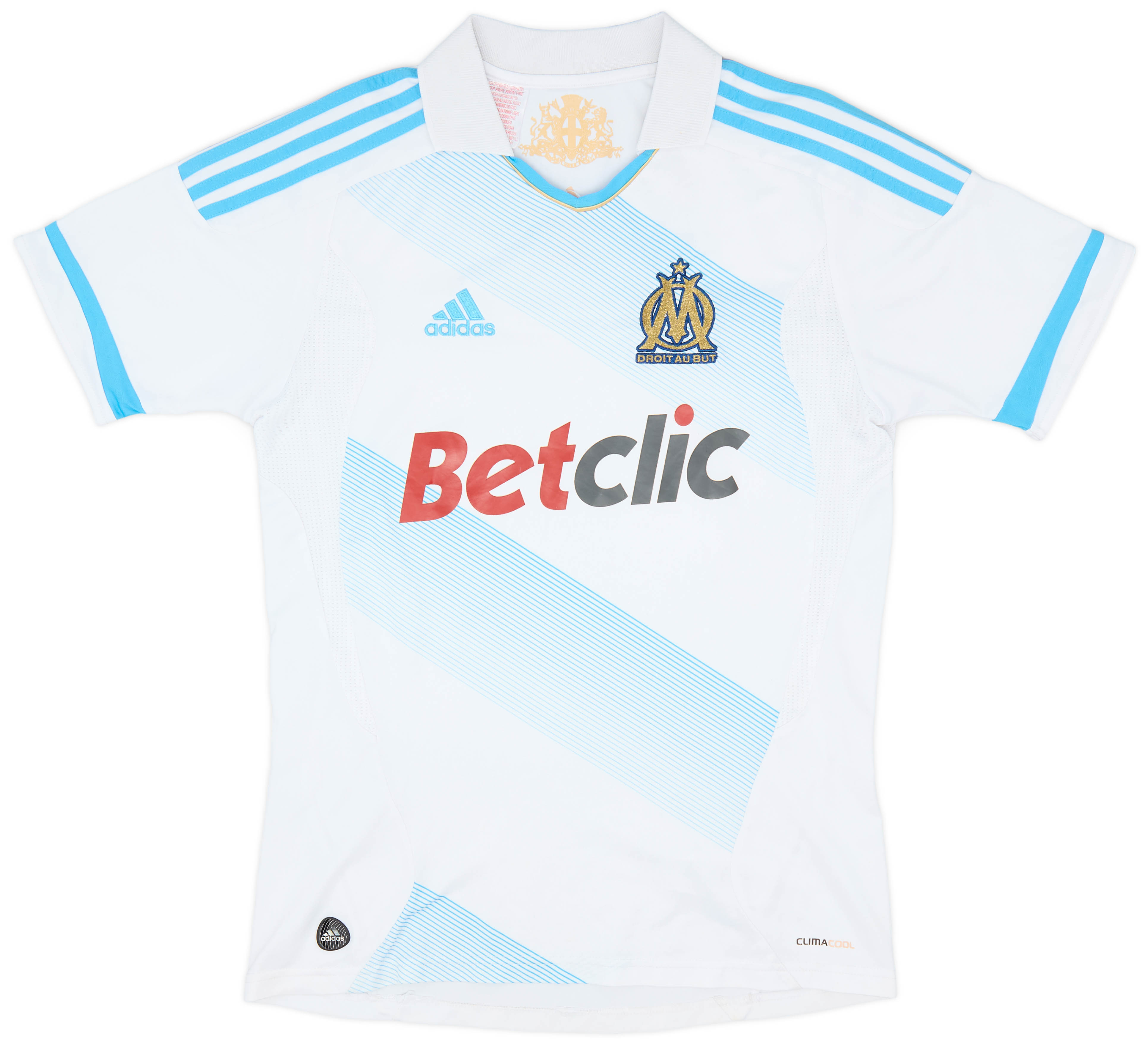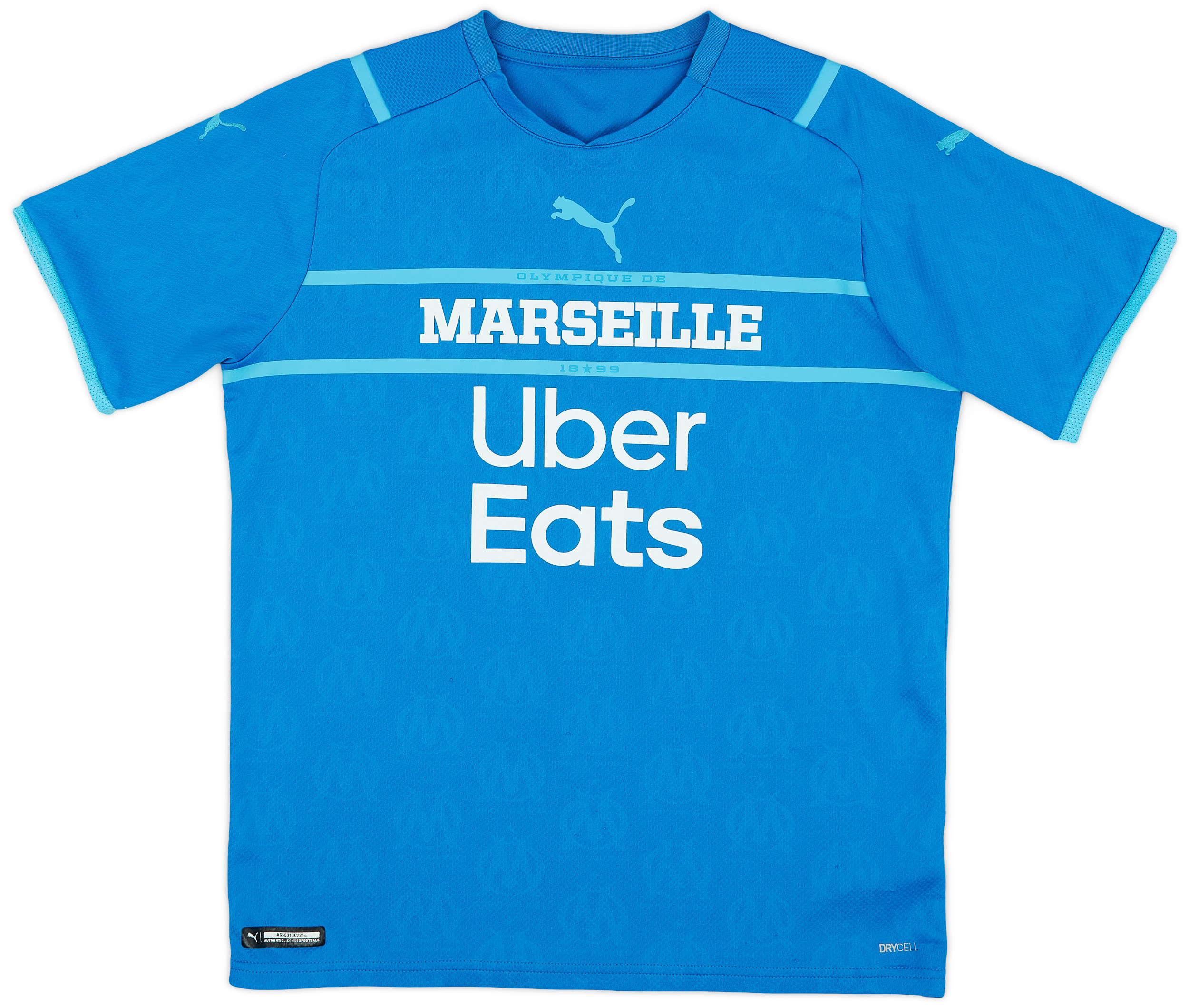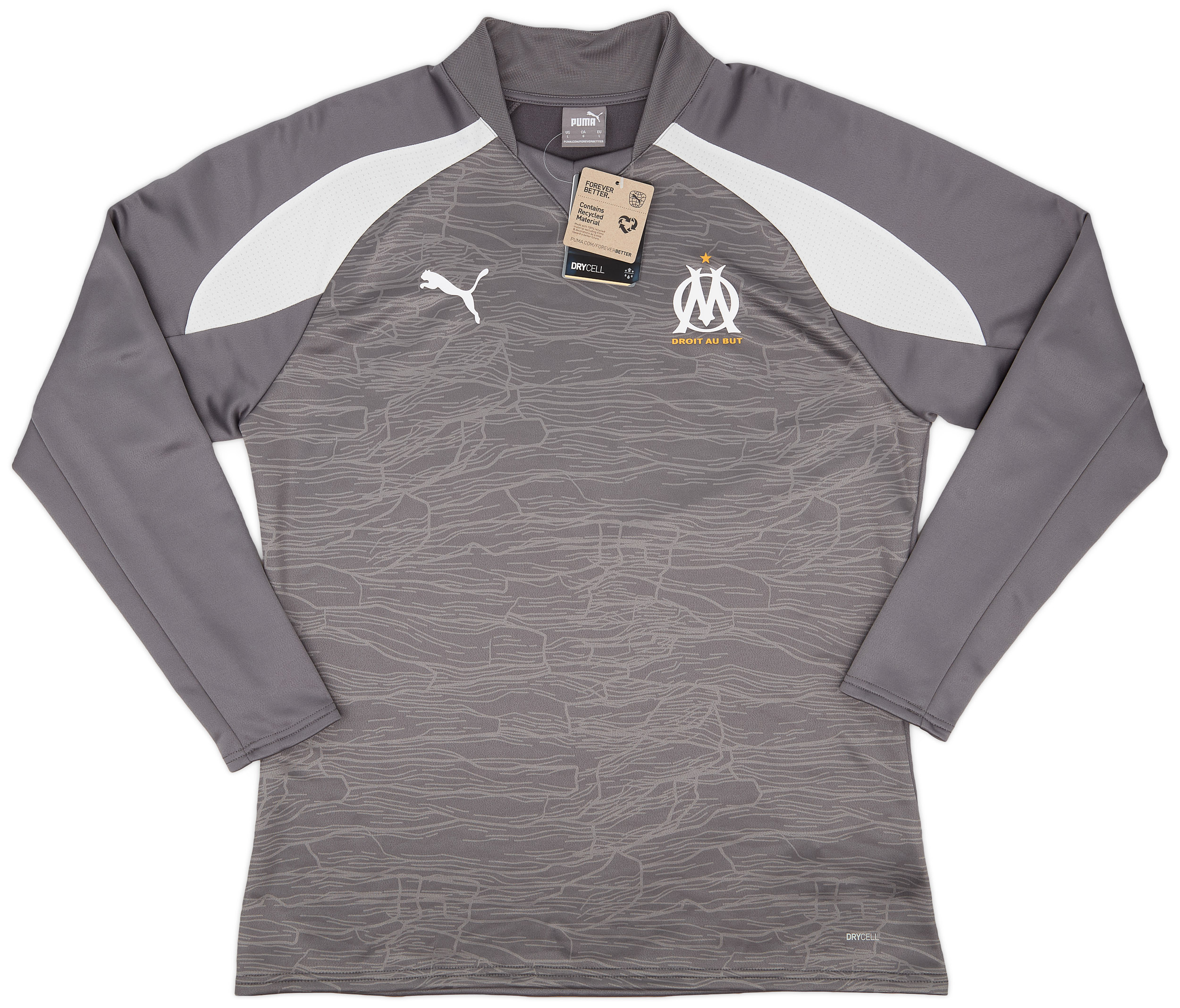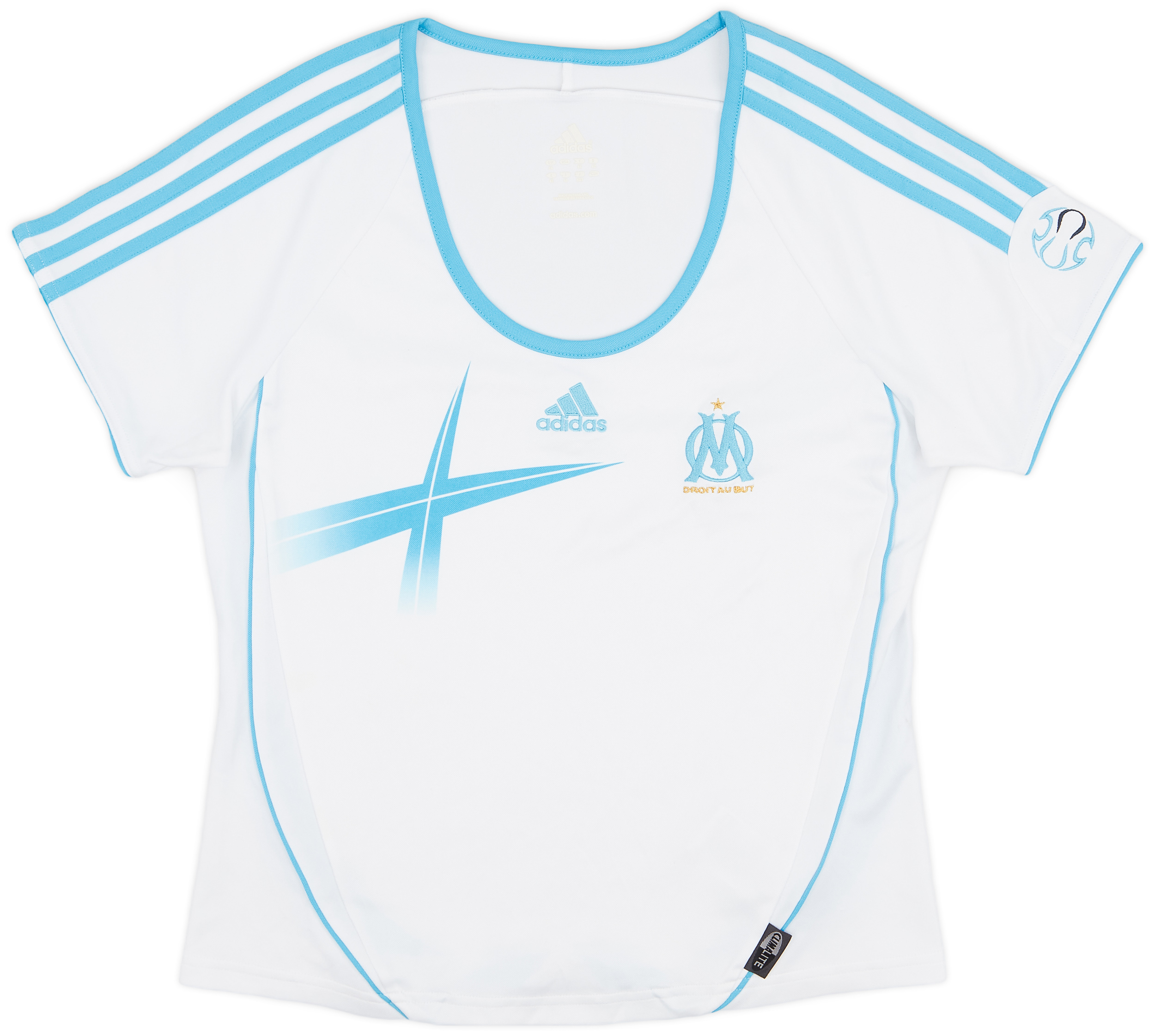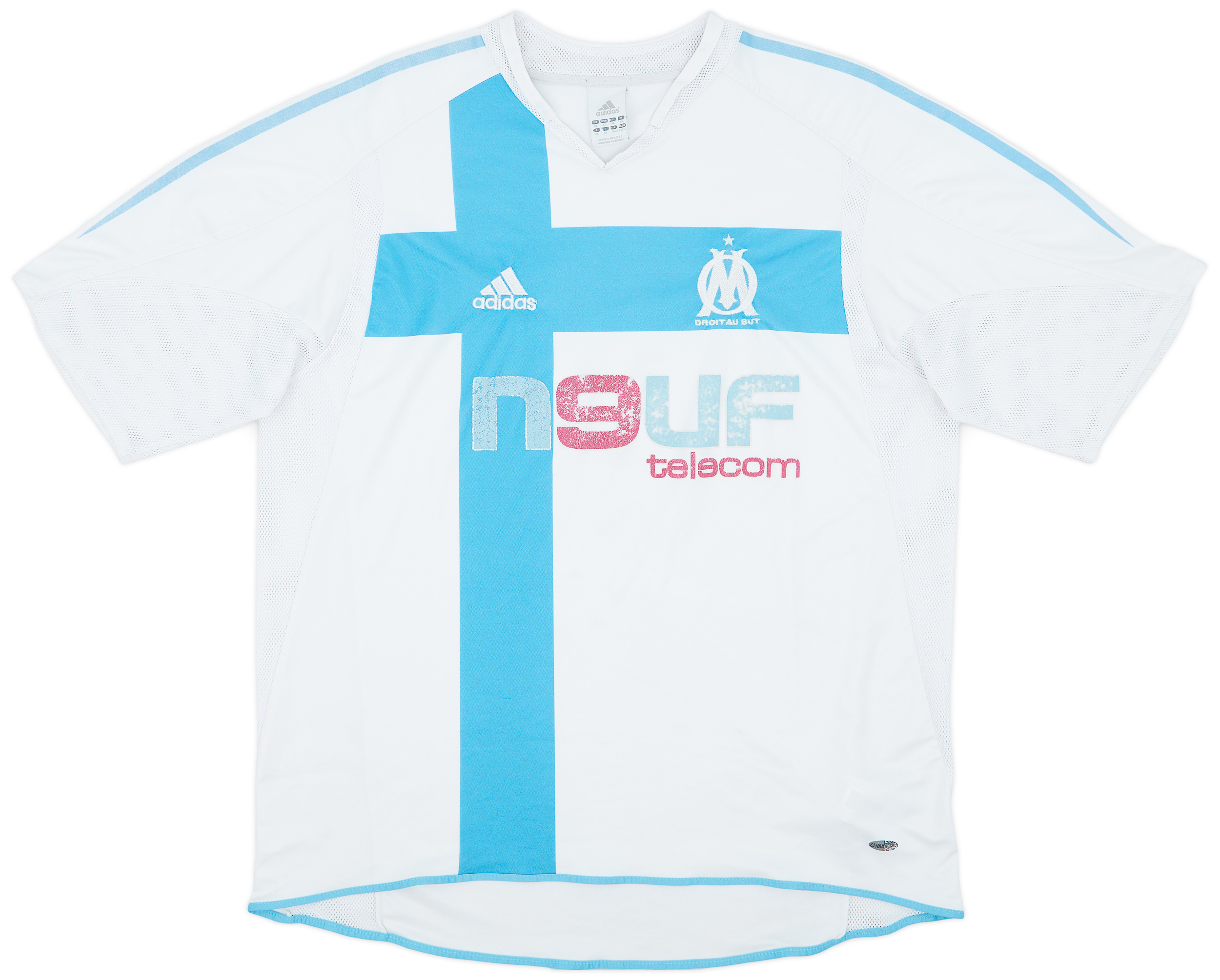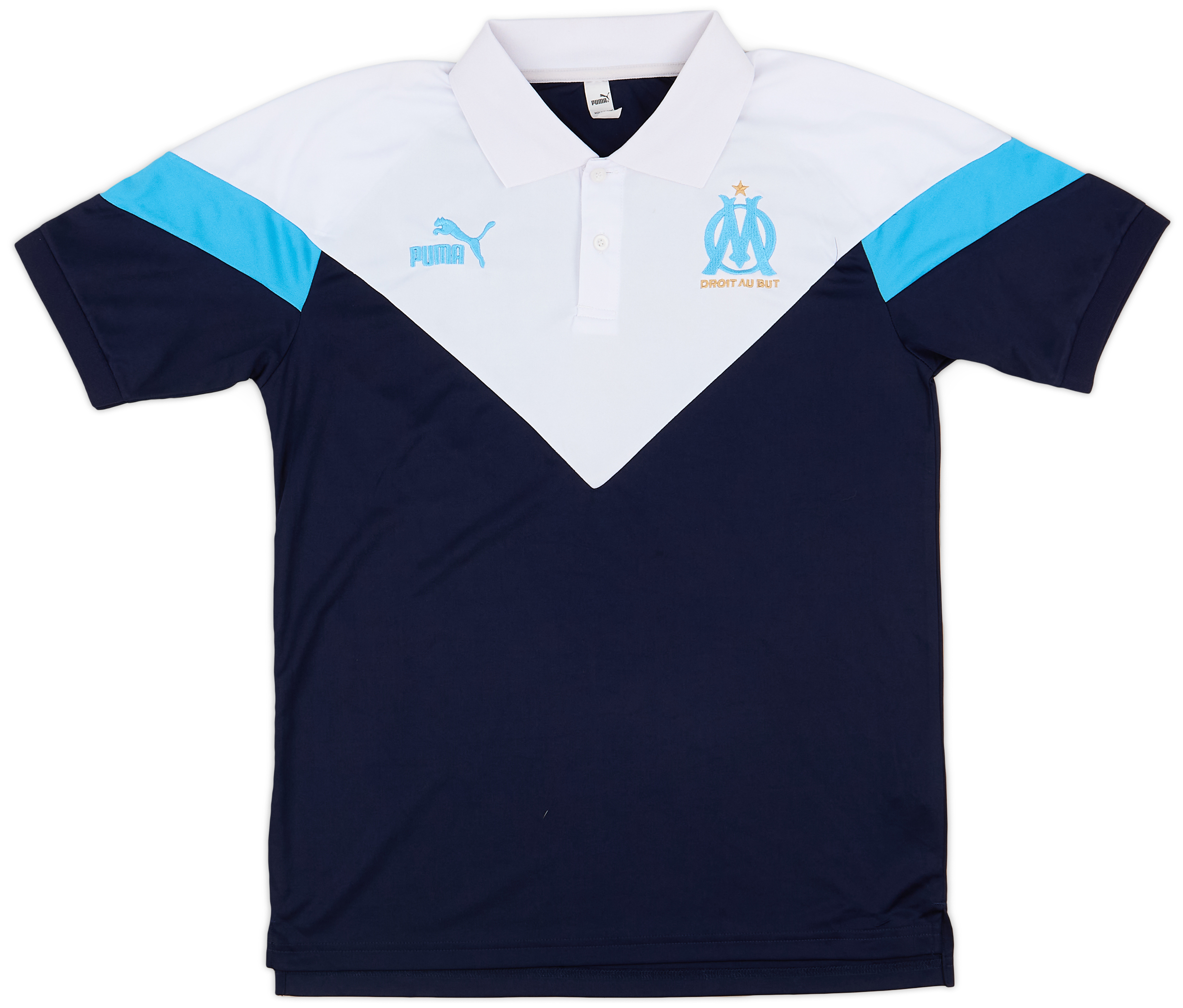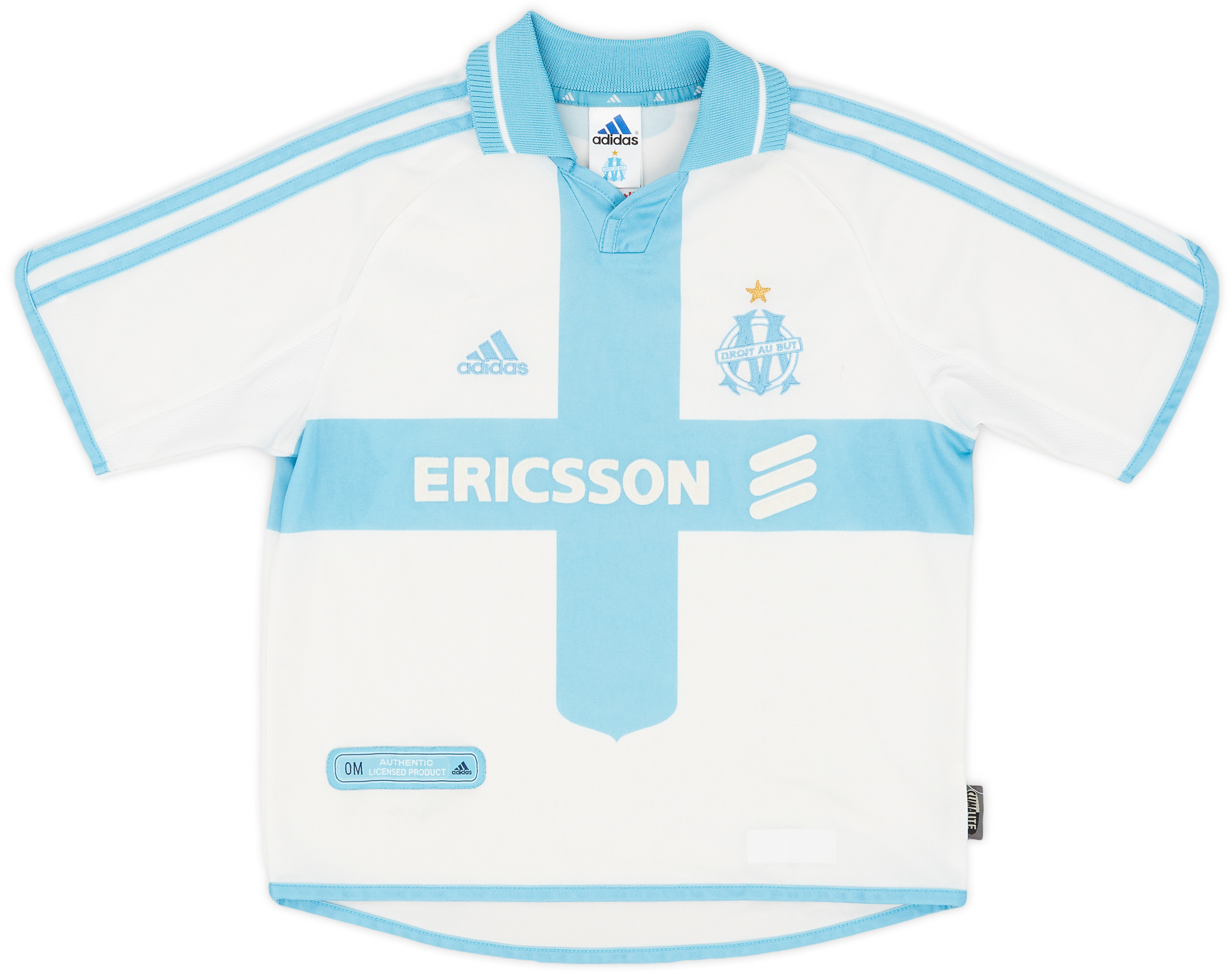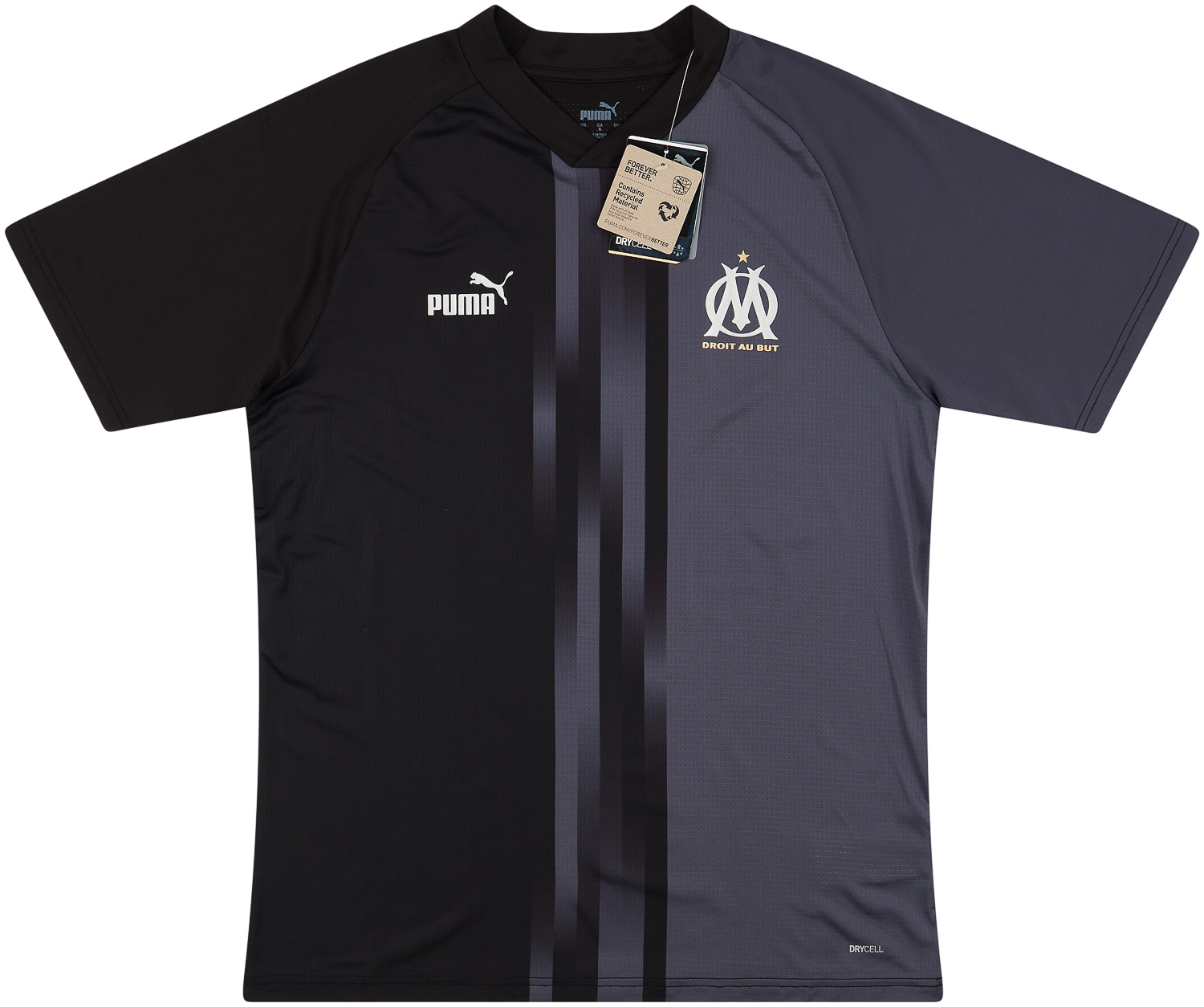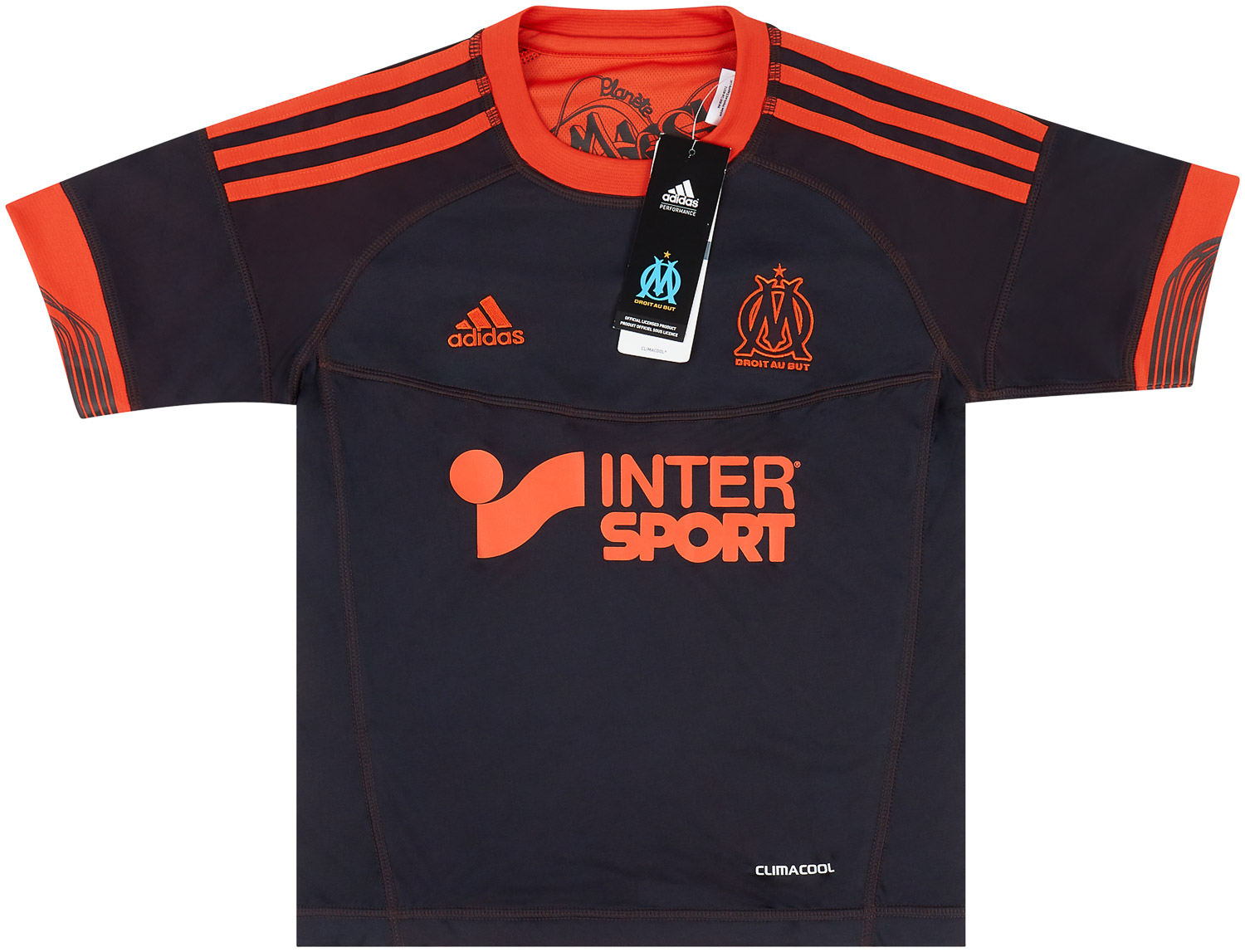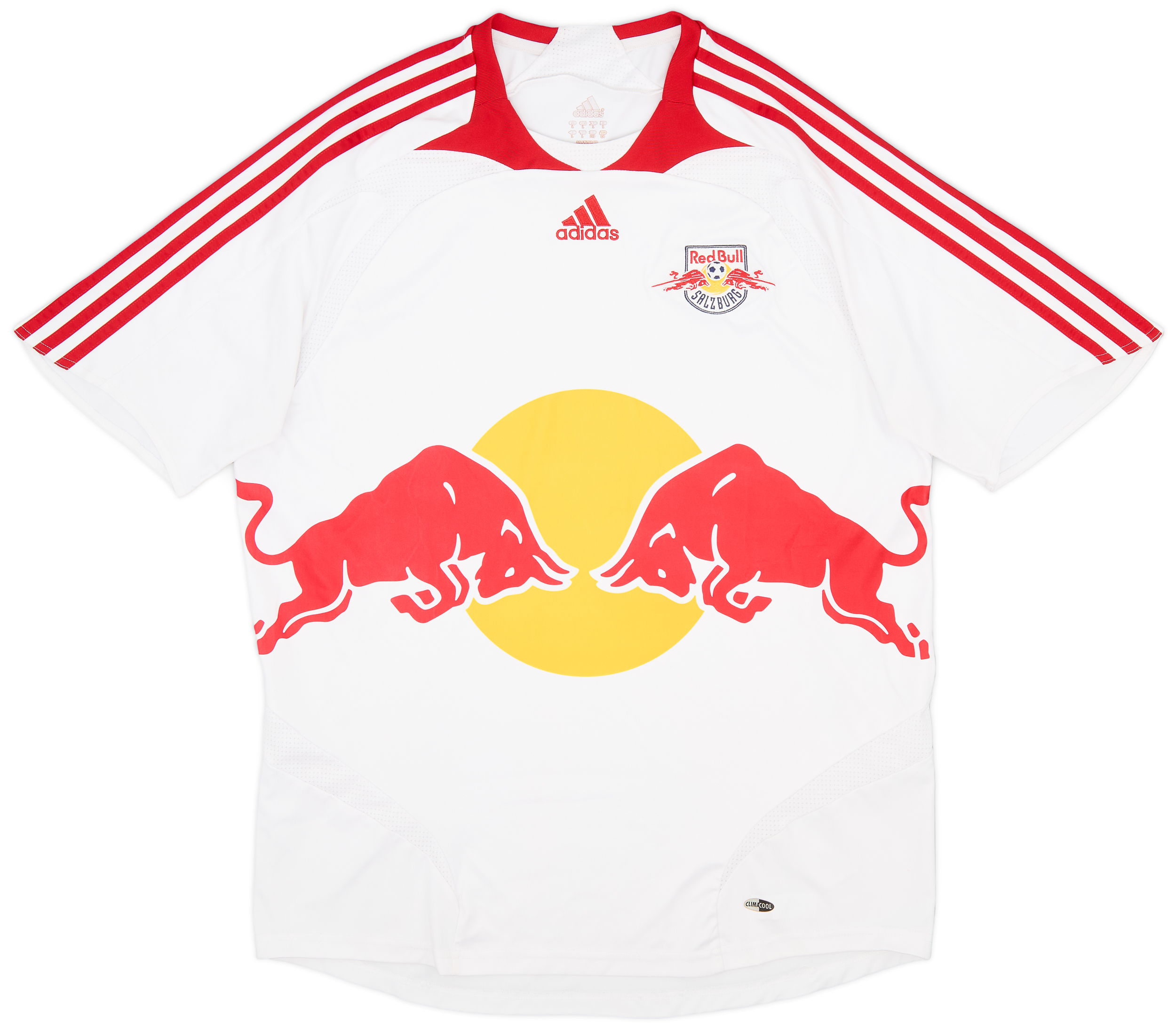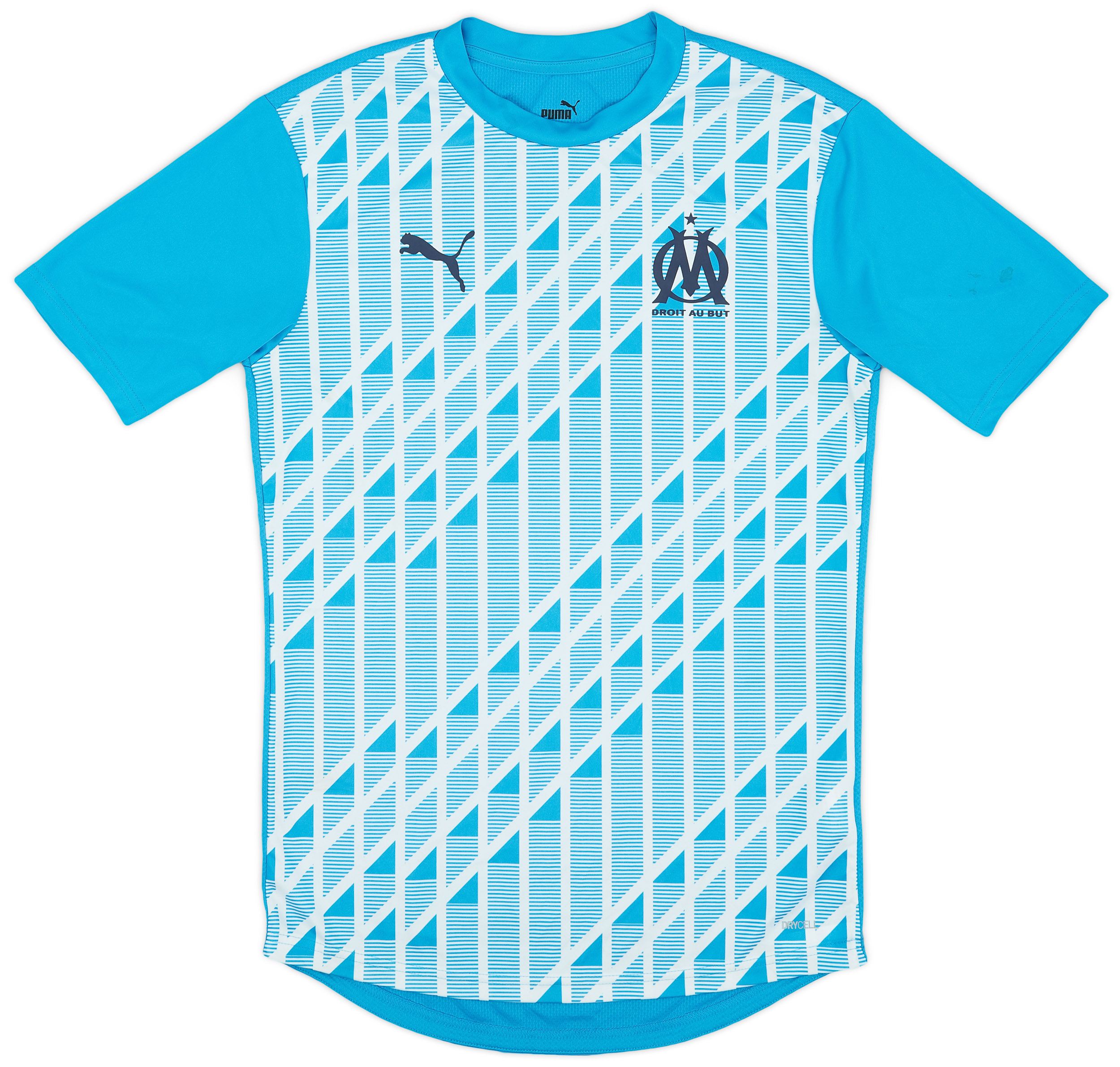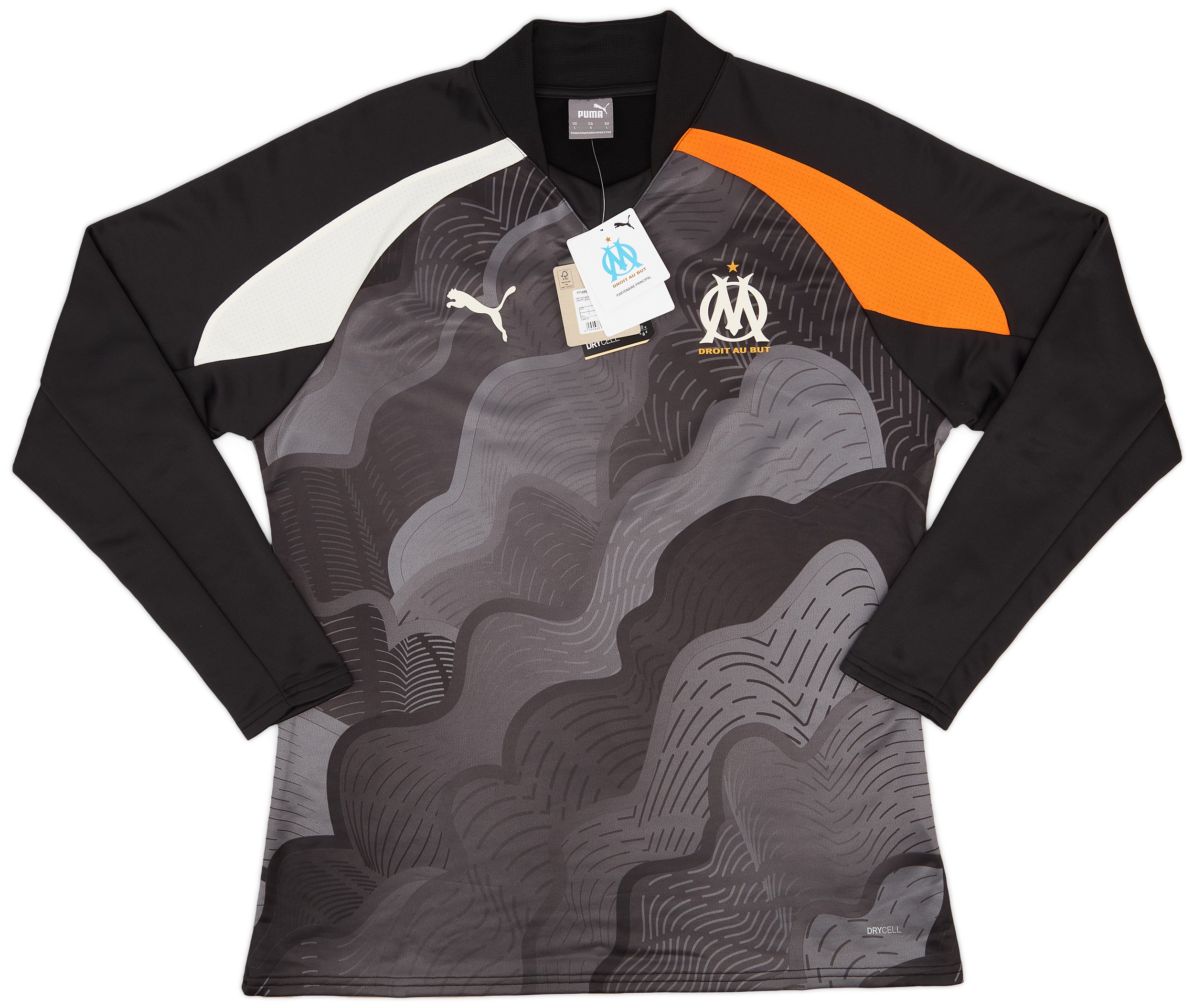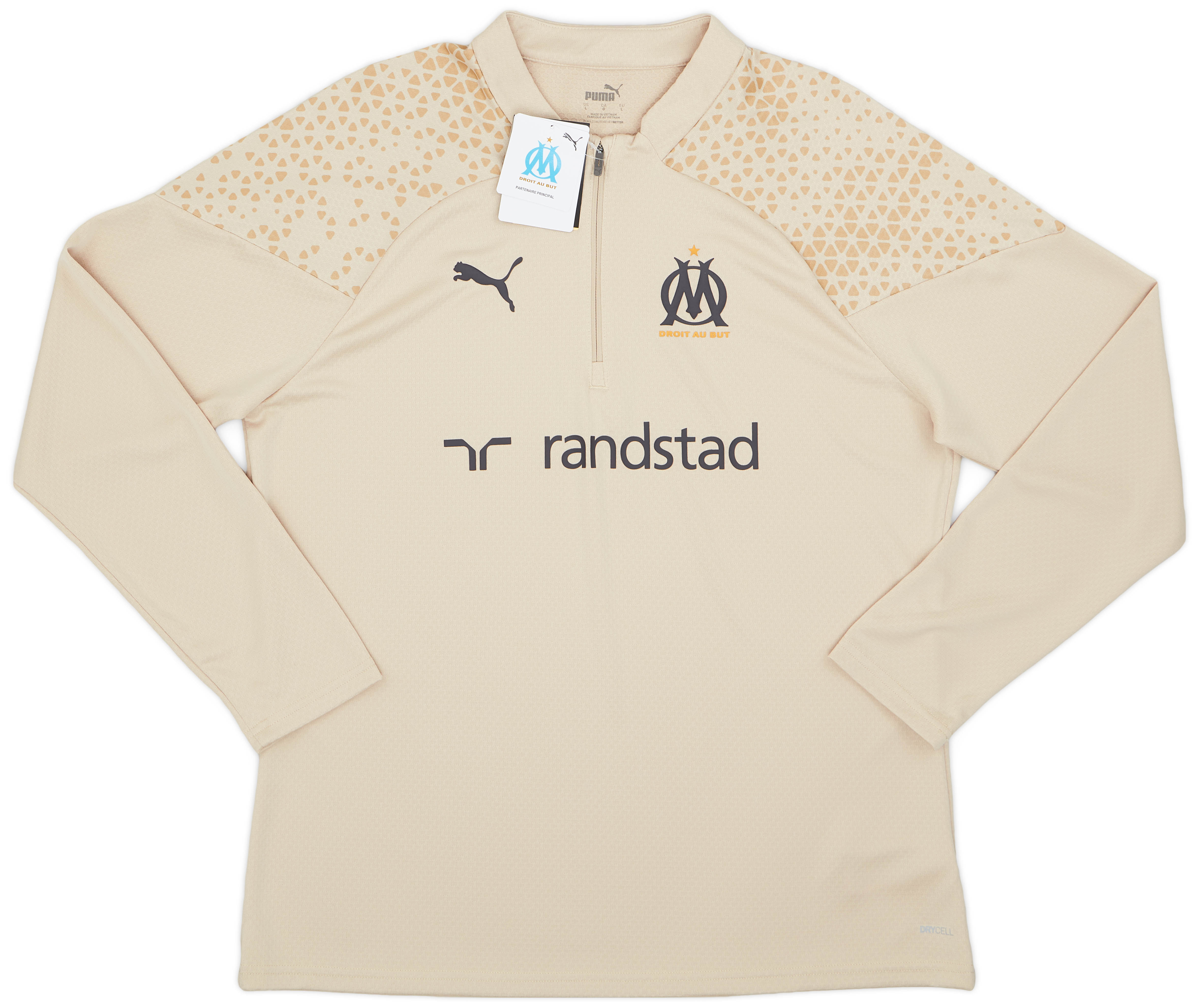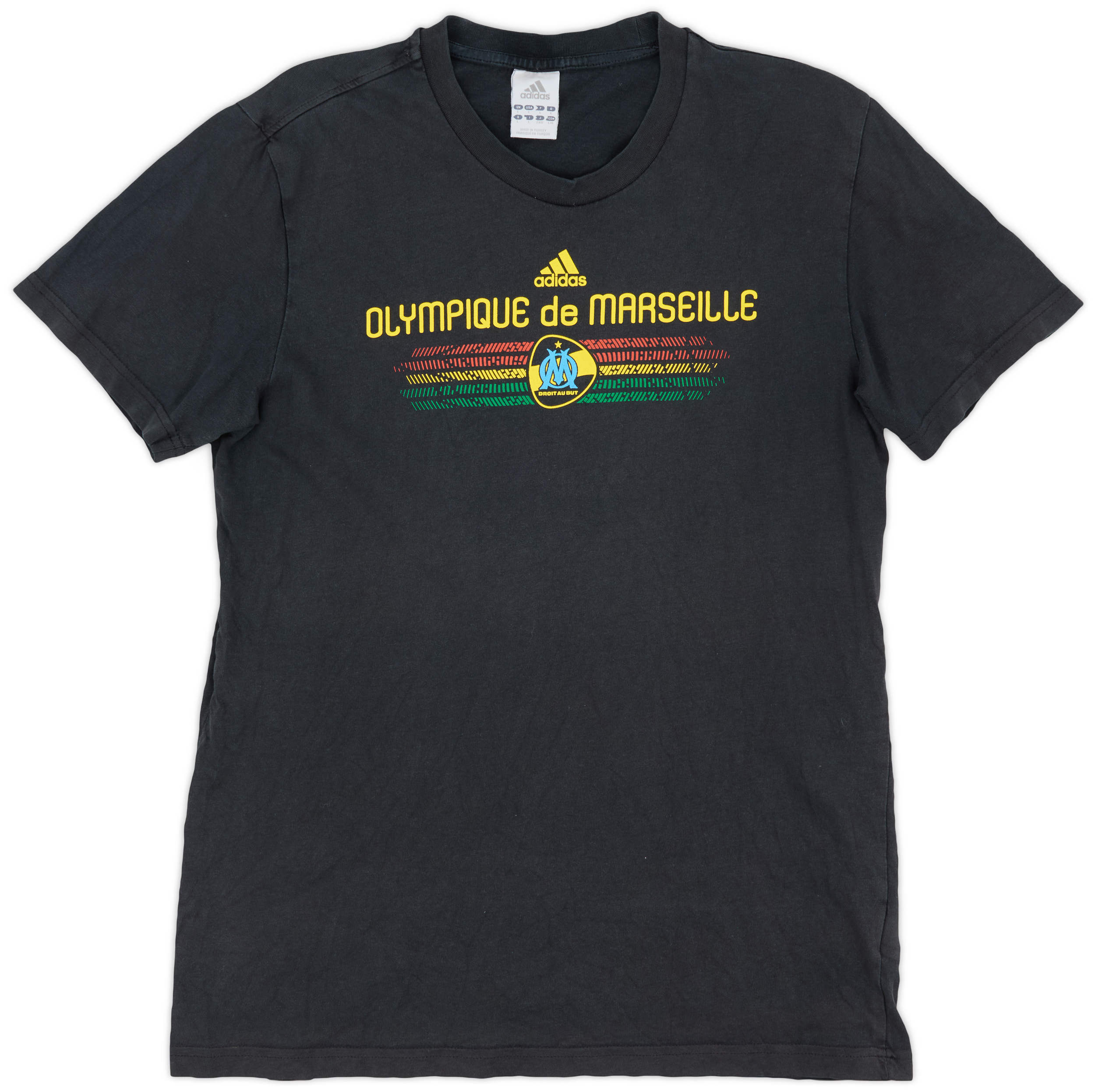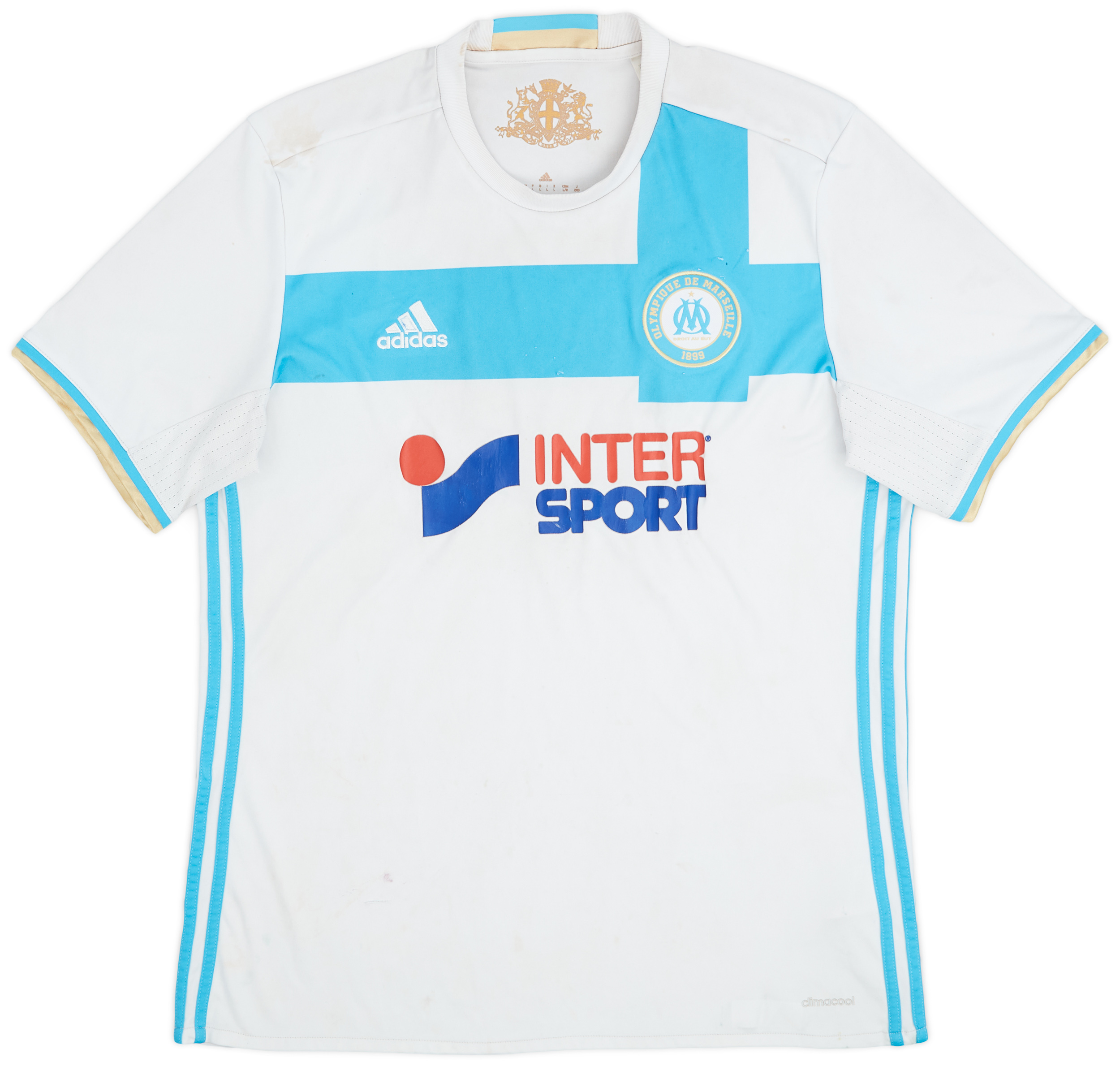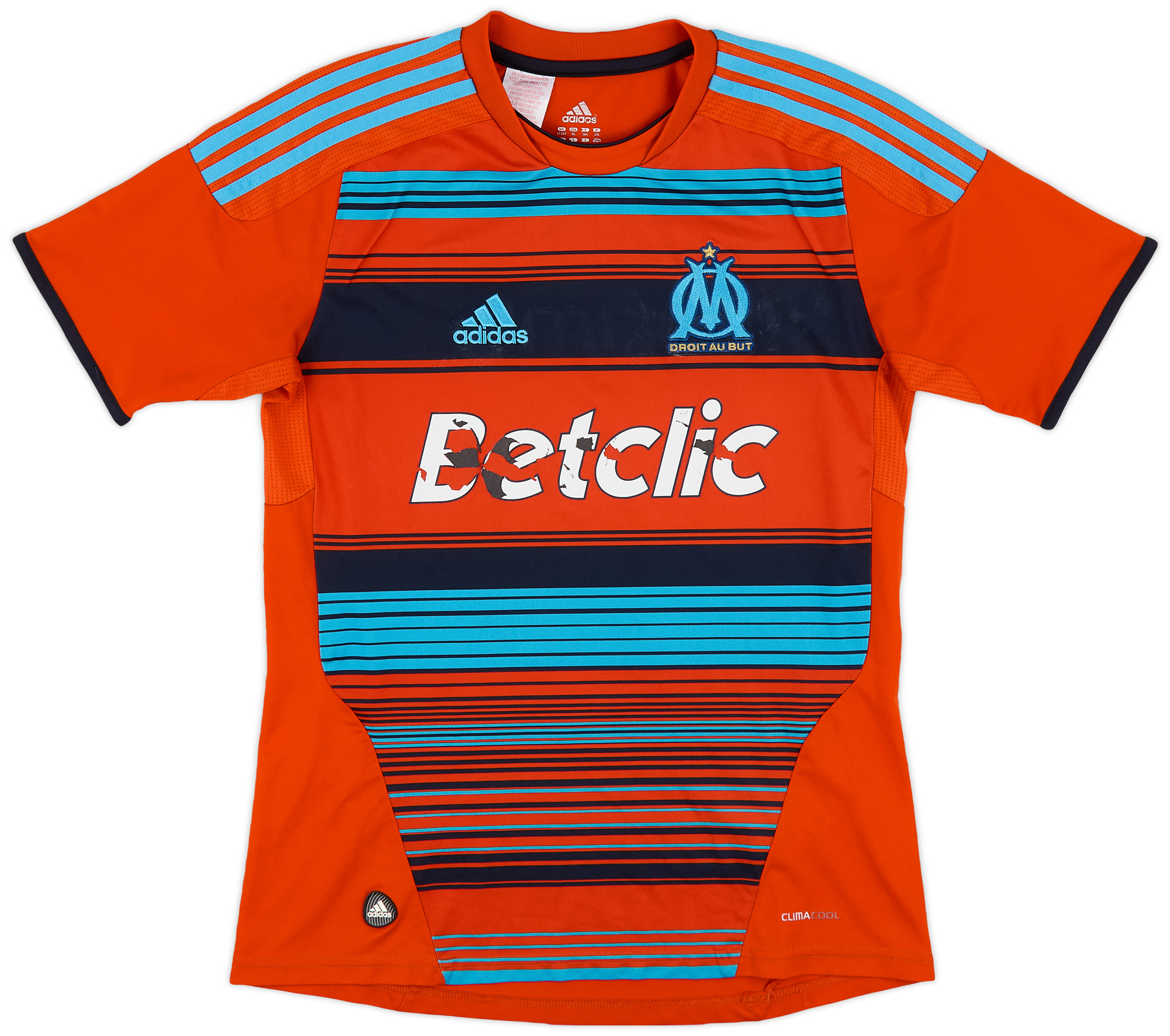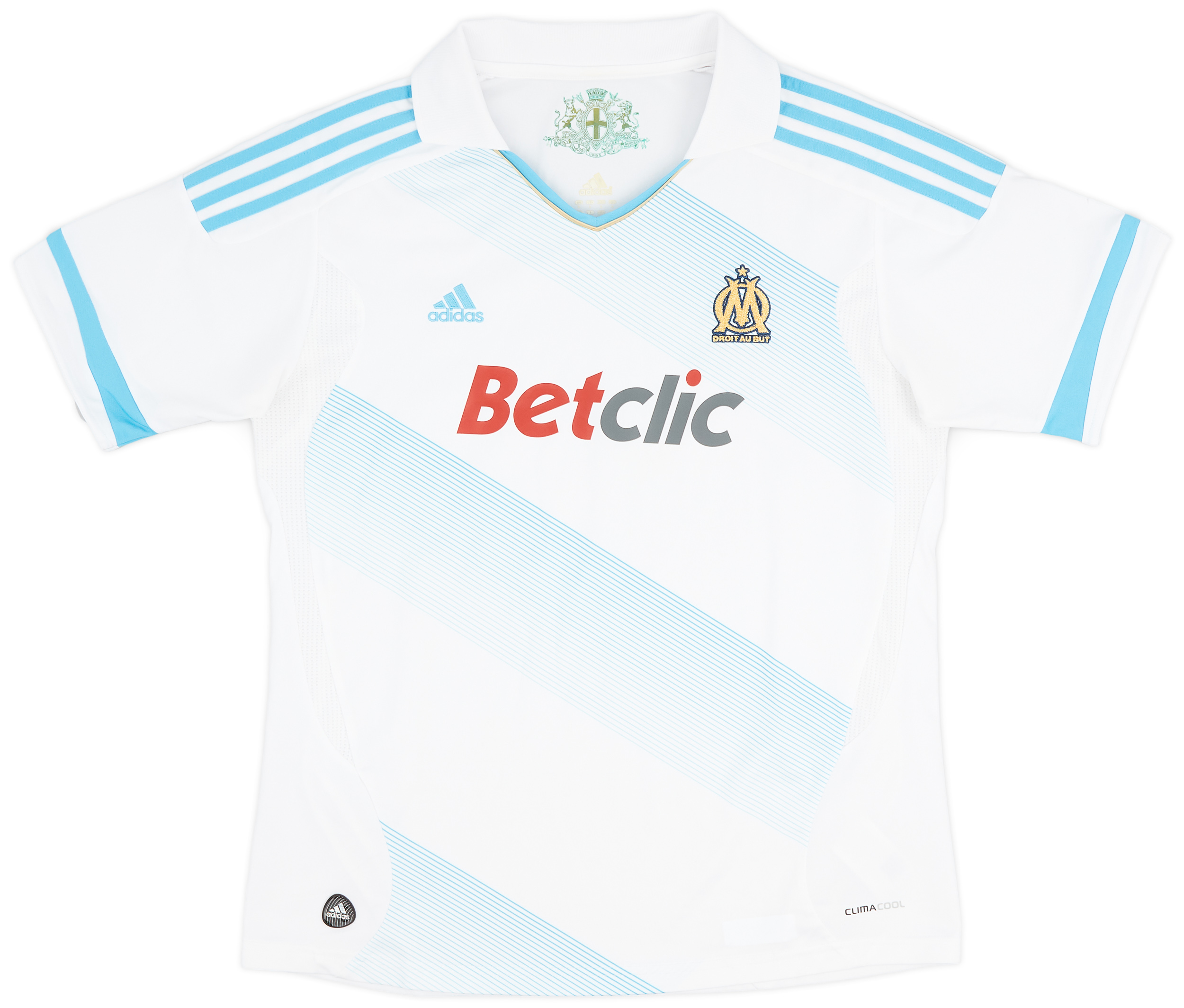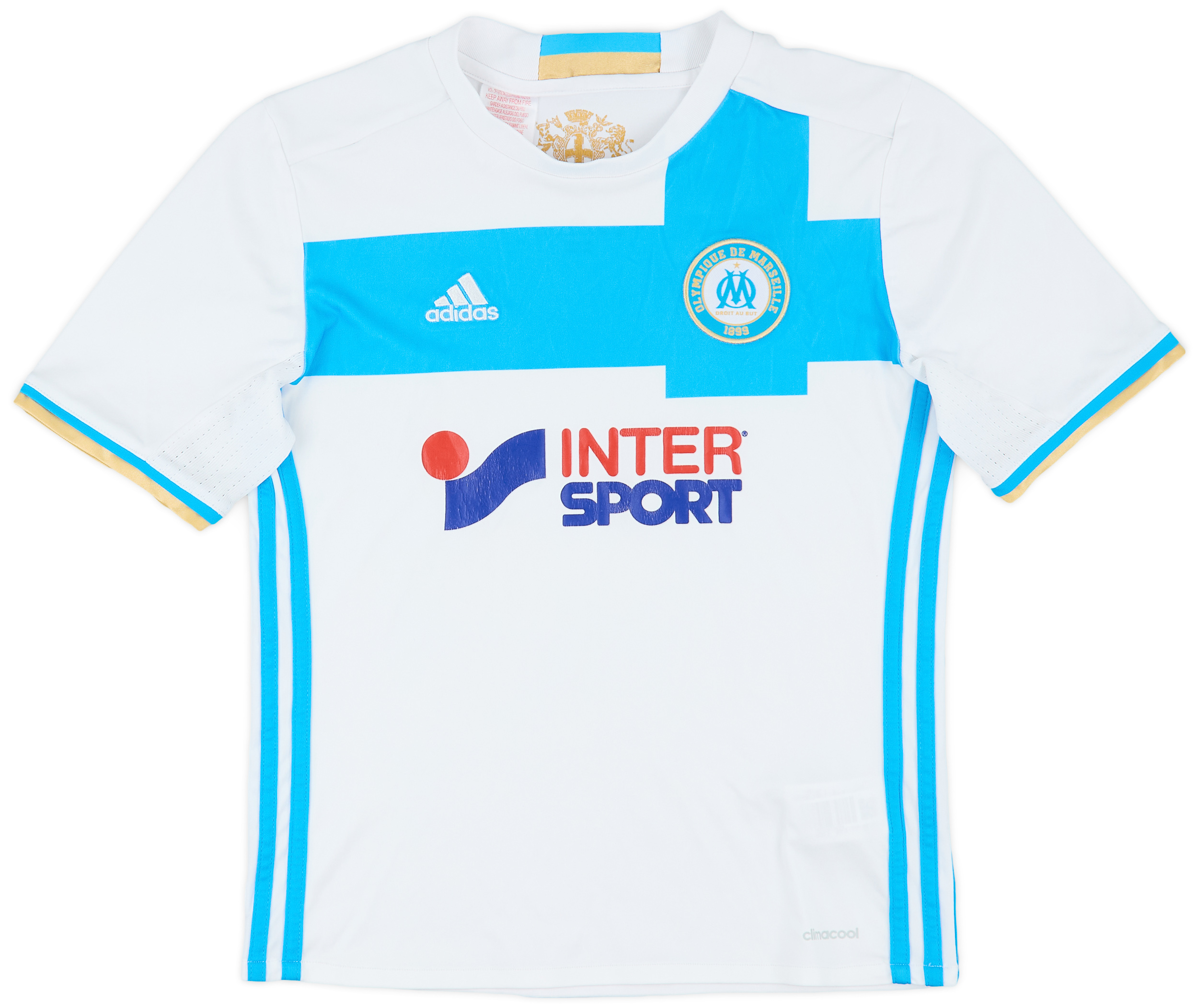Marseille
Introduction Olympique de Marseille, commonly referred to as Marseille, stands as one of the most iconic football clubs in France and Europe. Established in 1899, this club has not only captured the hearts of its passionate supporters but also forged a unique identity in the world of football. With a storied past and vibrant culture, […]
1994-95 Olympique Marseille Home L/S Shirt - 8/10 - (XL)
356.99£ - ca: €421
1990-91 Olympique Marseille Home L/S Shirt - 8/10 - (S)
356.99£ - ca: €421
1991-92 Olympique Marseille Home L/S Shirt (XS)
356.99£ - ca: €421
1993-94 Olympique Marseille Home Shirt (S)
356.99£ - ca: €421
1990-91 Olympique Marseille Home L/S Shirt - 8/10 - (S/M)
356.99£ - ca: €421
1991-92 Olympique Marseille Home L/S Shirt - 8/10 - (S)
296.99£ - ca: €350
1990-91 Olympique Marseille Home L/S Shirt - 6/10 - (S)
296.99£ - ca: €350
1991-92 Olympique Marseille Home L/S Shirt - 9/10 - (S)
296.99£ - ca: €350
1993-94 Olympique Marseille Home L/S Shirt - 9/10 - (XL)
296.99£ - ca: €350
1990-91 Olympique Marseille Home L/S Shirt - 6/10 - (M)
296.99£ - ca: €350
1991-92 Olympique Marseille Home L/S Shirt - 9/10 - (S)
296.99£ - ca: €350
1991-92 Olympique Marseille Home L/S Shirt - 8/10 - (S)
296.99£ - ca: €350
1991-92 Olympique Marseille Home L/S Shirt - 9/10 - (S)
296.99£ - ca: €350
1993-94 Olympique Marseille Home L/S Shirt - 8/10 - (S)
296.99£ - ca: €350
1991-92 Olympique Marseille Home L/S Shirt (XS)
296.99£ - ca: €350
1991-92 Olympique Marseille Home L/S Shirt - 6/10 - (M/L)
237.99£ - ca: €281
1991-92 Olympique Marseille Home L/S Shirt - 8/10 - (XS)
237.99£ - ca: €281
1991-92 Olympique Marseille Home L/S Shirt - 8/10 - (XS)
237.99£ - ca: €281
1997-98 Marseille Third Shirt - 9/10 - (XL)
207.99£ - ca: €245
1996-97 Olympique Marseille Home Shirt - 9/10 - (S)
207.99£ - ca: €245
1991-92 Olympique Marseille Home L/S Shirt - 6/10 - (XS)
207.99£ - ca: €245
1993-94 Olympique Marseille Home L/S Shirt - 8/10 - (XS)
177.99£ - ca: €210
1990-91 Olympique Marseille Home L/S Shirt - 5/10 - (S)
177.99£ - ca: €210
1998-99 Olympique Marseille Home Shirt Pires #7 - 9/10 - (S)
177.99£ - ca: €210
1993-94 Olympique Marseille Home L/S Shirt - 9/10 - (XS)
177.99£ - ca: €210
1998-99 Olympique Marseille Third Shirt - 8/10 - (M)
177.99£ - ca: €210
2005-06 Olympique Marseille Home Shirt Ribery #7 - 7/10 - (XL)
148.99£ - ca: €176
2004-05 Olympique Marseille Away Shirt Lizarazu #3 - 8/10 - (M)
148.99£ - ca: €176
1999-00 Marseille adidas Padded Bench Coat - 8/10 - (M/L)
148.99£ - ca: €176
1999-00 Olympique Marseille Home Shirt Pires #7 - 6/10 - (L)
148.99£ - ca: €176
2011-12 Olympique Marseille Player Issue Techfit Third Shirt (L)
148.99£ - ca: €176
1999-00 Olympique Marseille Home Shirt Luccin #26 - 8/10 - (XL)
148.99£ - ca: €176
1999-00 Olympique Marseille adidas Bench Coat - 8/10 - (L)
148.99£ - ca: €176
2001-02 Olympique Marseille Home L/S Shirt - 6/10 - (XL)
148.99£ - ca: €176
2013-14 Olympique Marseille Player Issue Away L/S Shirt (M)
148.99£ - ca: €176
2011-12 Olympique Marseille Player Issue Home L/S Shirt (XL)
148.99£ - ca: €176
2024-25 Olympique Marseille Authentic Away Shirt
142.99£ - ca: €169
2024-25 Olympique Marseille Authentic Home Shirt
142.99£ - ca: €169
2024-25 Olympique Marseille Authentic Third Shirt
142.99£ - ca: €169
1999-00 Olympique Marseille Third Shirt - 7/10 - (M)
118.99£ - ca: €140
1999-00 Olympique Marseille Away Shirt - 10/10 - (L)
118.99£ - ca: €140
2015-16 Marseille Player Issue Adizero Third Shirt - (L)
118.99£ - ca: €140
2010-11 Olympique Marseille Player Issue TechFit Away L/S Shirt (L)
118.99£ - ca: €140
2004-05 Olympique Marseille Away Shirt Lizarazu #3 - 8/10 - (L)
118.99£ - ca: €140
2010-11 Olympique Marseille Player Issue TechFit Away L/S Shirt - 9/10 - (L)
118.99£ - ca: €140
1999-00 Olympique Marseille Third Shirt - 7/10 - (XL)
118.99£ - ca: €140
2011-12 Olympique Marseille Player Issue Techfit Third Shirt (L)
118.99£ - ca: €140
2004-05 Olympique Marseille Away Shirt Lizarazu #3 - 7/10 - (XL)
118.99£ - ca: €140
1997-98 Olympique Marseille Home Shirt - 6/10 - (S)
118.99£ - ca: €140
2010-11 Olympique Marseille Authentic Away L/S Shirt - 9/10 - (L)
118.99£ - ca: €140
1999-00 Olympique Marseille Home Shirt - 6/10 - (S)
118.99£ - ca: €140
1999-00 Olympique Marseille Third Shirt - 6/10 - (S)
118.99£ - ca: €140
2012-13 Olympique Marseille Player Issue TechFit Away L/S Shirt - 8/10 - (S)
118.99£ - ca: €140
2011-12 Olympique Marseille Player Issue Techfit Third Shirt - 9/10 - (M)
118.99£ - ca: €140
1999-00 Olympique Marseille Third Shirt - 7/10 - (XL)
118.99£ - ca: €140
1999-00 Olympique Marseille adidas Bench Coat - 6/10 - (M/L)
118.99£ - ca: €140
1999-00 Olympique Marseille Third Shirt - 7/10 - (M)
118.99£ - ca: €140
1999-00 Olympique Marseille Third Shirt - 7/10 - (XL)
118.99£ - ca: €140
2018-19 Olympique Marseille EvoKnit Player Issue Third Shirt (M)
118.99£ - ca: €140
1999-00 Olympique Marseille Third Shirt - 6/10 - (S)
118.99£ - ca: €140
2003-04 Olympique Marseille Home Shirt - 7/10 - (S)
106.99£ - ca: €126
2010-11 Olympique Marseille Player Issue Third Shirt - 8/10 - (XL)
106.99£ - ca: €126
2010-11 Olympique Marseille Home Shirt (XL)
106.99£ - ca: €126
2006-07 Olympique Marseille Third Shirt - 8/10 - (XL)
106.99£ - ca: €126
1999-00 Olympique Marseille Home Shirt Pires #7 - 5/10 - (XL)
106.99£ - ca: €126
2010-11 Olympique Marseille Player Issue TechFit Away L/S Shirt - 9/10 - (S)
106.99£ - ca: €126
2012-13 Olympique Marseille Home Shirt (XL)
106.99£ - ca: €126
2010-11 Olympique Marseille Third Shirt - 10/10 - (S)
106.99£ - ca: €126
2010-11 Olympique Marseille Player TechFit Issue Home Shirt - 9/10 - (L)
106.99£ - ca: €126
2002-03 Olympique Marseille Home Shirt - 9/10 - (XL)
106.99£ - ca: €126
2001-02 Olympique Marseille Away Shirt - 8/10 - (XL)
106.99£ - ca: €126
2010-11 Olympique Marseille Player TechFit Issue Home Shirt - 9/10 - (S)
106.99£ - ca: €126
2012-13 Olympique Marseille Player Issue Home Shirt (XL)
106.99£ - ca: €126
2003-04 Olympique Marseille Third Shirt - 8/10 - (S)
106.99£ - ca: €126
1999-00 Olympique Marseille Away Shirt - 8/10 - (XL)
106.99£ - ca: €126
2010-11 Olympique Marseille Player Issue TechFit Home L/S Shirt - 7/10 - (M)
106.99£ - ca: €126
2003-04 Olympique Marseille Home Shirt - 7/10 - (L)
106.99£ - ca: €126
2006-07 Olympique Marseille Third Shirt - 8/10 - (M)
106.99£ - ca: €126
2000-01 Olympique Marseille Home Shirt - 8/10 - (XL)
106.99£ - ca: €126
2005-06 Olympique Marseille Away L/S Shirt - 8/10 - (XXL)
106.99£ - ca: €126
1999-00 Olympique Marseille Away Shirt - 8/10 - (XL)
106.99£ - ca: €126
2002-03 Olympique Marseille Home Shirt Olembe #20 - 7/10 - (S)
106.99£ - ca: €126
2004-05 Olympique Marseille Away Shirt Lizarazu #3 - 5/10 - (XL)
106.99£ - ca: €126
2012-13 Olympique Marseille Player Issue TechFit Home Shirt (M)
106.99£ - ca: €126
2012-13 Olympique Marseille Player Issue Home Shirt (XL)
106.99£ - ca: €126
1999-00 Olympique Marseille Away Shirt - 8/10 - (XL)
106.99£ - ca: €126
2003-04 Olympique Marseille Home Shirt Vachousek #14 - 6/10 - (XL)
106.99£ - ca: €126
2000-01 Olympique Marseille Home Shirt - 7/10 - (S)
103.99£ - ca: €123
2024-25 Olympique Marseille Third Shirt
103.99£ - ca: €123
2010-11 Olympique Marseille Player Issue TechFit Home Shirt - 9/10 - (L)
94.99£ - ca: €112
2004-05 Olympique Marseille Third Shirt - 8/10 - (L)
94.99£ - ca: €112
2010-11 Olympique Marseille Third Shirt - 9/10 - (S)
94.99£ - ca: €112
2024-25 Olympique Marseille Home Shirt
94.99£ - ca: €112
2001-02 Olympique Marseille Home Shirt - 6/10 - (XL)
94.99£ - ca: €112
2004-05 Olympique Marseille Home L/S Shirt - 8/10 - (XL)
94.99£ - ca: €112
1999-00 Olympique Marseille Away Shirt - 7/10 - (XL)
94.99£ - ca: €112
2002-03 Olympique Marseille Home Shirt - 7/10 - (XL)
94.99£ - ca: €112
2002-03 Olympique Marseille Home Shirt - 6/10 - (XXL)
94.99£ - ca: €112
2008-09 Olympique Marseille Home Shirt - 8/10 - (L)
94.99£ - ca: €112
2000-01 Olympique Marseille Away Shirt - 9/10 - (M)
94.99£ - ca: €112
2010-11 Olympique Marseille Player TechFit Issue Home Shirt - 7/10 - (L)
94.99£ - ca: €112
2001-02 Olympique Marseille Home Shirt - 6/10 - (S)
94.99£ - ca: €112
2005-06 Olympique Marseille Home Shirt - 8/10 - (S)
94.99£ - ca: €112
2010-11 Olympique Marseille Player Issue TechFit Home Shirt - 9/10 - (M)
94.99£ - ca: €112
2002-03 Olympique Marseille Third Shirt - 8/10 - (XL)
94.99£ - ca: €112
2003-04 Olympique Marseille Third Shirt - 6/10 - (XL)
94.99£ - ca: €112
2000-01 Olympique Marseille Home Shirt - 7/10 - (XL)
94.99£ - ca: €112
2023-24 Olympique Marseille Authentic Third Shirt
94.99£ - ca: €112
2015-16 Olympique Marseille Player Issue Home L/S Shirt - 9/10 - (XL)
94.99£ - ca: €112
2011-12 Olympique Marseille Player Issue Home Shirt - 8/10 - (M)
94.99£ - ca: €112
2010-11 Olympique Marseille Third Shirt - 9/10 - (M)
94.99£ - ca: €112
2005-06 Olympique Marseille Home Shirt Ribery #7 - 5/10 - (XL)
94.99£ - ca: €112
2008-09 Olympique Marseille Player Issue Third Shirt - 8/10 - (XL)
94.99£ - ca: €112
2001-02 Olympique Marseille Away Shirt - 7/10 - (S)
94.99£ - ca: €112
2001-02 Olympique Marseille Home Shirt - 7/10 - (S)
94.99£ - ca: €112
2012-13 Olympique Marseille Third Shirt (XL)
94.99£ - ca: €112
2000-01 Olympique Marseille Away Shirt - 8/10 - (L)
94.99£ - ca: €112
2008-09 Olympique Marseille Home Shirt - 8/10 - (L)
94.99£ - ca: €112
2002-03 Olympique Marseille Home Shirt - 6/10 - (L)
94.99£ - ca: €112
2001-02 Olympique Marseille Away Shirt - 7/10 - (XL)
94.99£ - ca: €112
2008-09 Olympique Marseille Home Shirt - 8/10 - (XL)
94.99£ - ca: €112
2001-02 Olympique Marseille Away Shirt - 7/10 - (M)
94.99£ - ca: €112
2024-25 Olympique Marseille Away Shirt
94.99£ - ca: €112
2004-05 Olympique Marseille Home Shirt - 9/10 - (S)
94.99£ - ca: €112
1993-94 Olympique Marseille Home L/S Shirt - 8/10 - (L.Boys)
94.99£ - ca: €112
2003-04 Olympique Marseille Third Shirt - 6/10 - (XL)
94.99£ - ca: €112
2009-10 Olympique Marseille Third Shirt - 8/10 - (M)
94.99£ - ca: €112
2010-11 Olympique Marseille Third Shirt - 8/10 - (S)
94.99£ - ca: €112
2004-05 Olympique Marseille Track Jacket - 6/10 - (M)
94.99£ - ca: €112
1999-00 Olympique Marseille Away Shirt - 7/10 - (XL)
94.99£ - ca: €112
2005-06 Olympique Marseille Home Shirt - 8/10 - (L)
94.99£ - ca: €112
2024-25 Olympique Marseille Puma Pre-Match Jacket
94.99£ - ca: €112
2001-02 Olympique Marseille Away Shirt - 6/10 - (L)
94.99£ - ca: €112
2019-20 Olympique Marseille Third Shirt Thauvin #26 (M)
94.99£ - ca: €112
2005-06 Olympique Marseille Away Shirt - 8/10 - (S)
94.99£ - ca: €112
2001-02 Olympique Marseille Third Shirt - 8/10 - (XL)
94.99£ - ca: €112
2024-25 Olympique Marseille GK S/S Shirt
94.99£ - ca: €112
2010-11 Olympique Marseille Third Shirt - 8/10 - (S)
94.99£ - ca: €112
2001-02 Olympique Marseille Third Shirt - 8/10 - (XL)
94.99£ - ca: €112
2002-03 Olympique Marseille Third Shirt - 9/10 - (XL)
94.99£ - ca: €112
2000-01 Olympique Marseille Home Shirt - 7/10 - (L)
94.99£ - ca: €112
2011-12 Olympique Marseille Third Shirt (S)
94.99£ - ca: €112
1999-00 Olympique Marseille Away Shirt - 7/10 - (L)
94.99£ - ca: €112
1997-98 Marseille Third Shorts - 8/10 - (S)
90.99£ - ca: €107
2009-10 Olympique Marseille Home Shirt - 9/10 - (L)
90.99£ - ca: €107
2024-25 Olympique Marseille Puma Pre-Match 1/4 Zip Training Top
88.99£ - ca: €105
2024-25 Olympique Marseille Puma Pre-Match Woven Jacket
88.99£ - ca: €105
2024-25 Olympique Marseille Puma Pre-Match 1/4 Zip Training Top
88.99£ - ca: €105
2001-02 Olympique Marseille adidas Cotton Tee (M/L)
82.99£ - ca: €98
2004-05 Olympique Marseille Home Shirt - 6/10 - (L)
82.99£ - ca: €98
1999-00 Olympique Marseille adidas Track Jacket - 5/10 - (L)
82.99£ - ca: €98
2000-01 Olympique Marseille Away Shirt - 7/10 - (XL)
82.99£ - ca: €98
2012-13 Olympique Marseille Player Issue Home Shirt (XL)
82.99£ - ca: €98
2005-06 Olympique Marseille Away Shirt - 6/10 - (L)
82.99£ - ca: €98
2004-05 Olympique Marseille Home Shirt - 6/10 - (L)
82.99£ - ca: €98
2004-05 Olympique Marseille Third Shirt - 7/10 - (M)
82.99£ - ca: €98
2010-11 Olympique Marseille Third Shirt - 7/10 - (M)
82.99£ - ca: €98
2008-09 Olympique Marseille Away Shirt - 8/10 - (M)
82.99£ - ca: €98
2005-06 Olympique Marseille Third Shirt - 5/10 - (XL)
82.99£ - ca: €98
2002-03 Olympique Marseille Third Shirt - 7/10 - (XL)
82.99£ - ca: €98
2005-06 Olympique Marseille Away Shirt - 6/10 - (L)
82.99£ - ca: €98
2009-10 Olympique Marseille Third Shirt - 7/10 - (S)
82.99£ - ca: €98
2008-09 Olympique Marseille Home Shirt - 7/10 - (S)
82.99£ - ca: €98
2014-15 Olympique Marseille Away L/S Shirt - 6/10 - (L)
82.99£ - ca: €98
2008-09 Olympique Marseille Home Shirt - 6/10 - (XL)
82.99£ - ca: €98
2008-09 Olympique Marseille adidas Track Jacket - 8/10 - (M)
82.99£ - ca: €98
2000-01 Olympique Marseille Away Shirt - 7/10 - (XL)
82.99£ - ca: €98
2008-09 Olympique Marseille Home Shirt - 7/10 - (3XL)
82.99£ - ca: €98
2005-06 Olympique Marseille Away Shirt - 7/10 - (XL)
82.99£ - ca: €98
2004-05 Olympique Marseille GK Shirt - 8/10 - (XL)
82.99£ - ca: €98
2008-09 Olympique Marseille Home Shirt - 7/10 - (XXL)
82.99£ - ca: €98
2008-09 Olympique Marseille Home Shirt - 7/10 - (XL)
82.99£ - ca: €98
2005-06 Olympique Marseille GK Shirt - 8/10 - (L)
82.99£ - ca: €98
2006-07 Olympique Marseille Away Shirt - 8/10 - (L)
82.99£ - ca: €98
2009-10 Olympique Marseille adidas Sweat Top - 8/10 - (S)
82.99£ - ca: €98
2002-03 Olympique Marseille Third Shirt - 6/10 - (XL)
82.99£ - ca: €98
2007-08 Olympique Marseille Away Shirt - 8/10 - (XL)
82.99£ - ca: €98
2015-16 Olympique Marseille Third Shirt - 10/10 - (L)
82.99£ - ca: €98
2003-04 Olympique Marseille Third Shirt - 6/10 - (XL)
82.99£ - ca: €98
2006-07 Olympique Marseille Home Shirt Pagis #10 - 9/10 - (XXL)
82.99£ - ca: €98
2009-10 Olympique Marseille Home Shirt - 8/10 - (XL)
82.99£ - ca: €98
2009-10 Olympique Marseille Third Shirt - 6/10 - (L)
82.99£ - ca: €98
1998-99 Olympique Marseille Home Shirt - 9/10 - (Y)
82.99£ - ca: €98
2011-12 Olympique Marseille Home Shirt - 8/10 - (XL)
77.99£ - ca: €92
2023-24 Olympique Marseille Puma Pre-Match Woven Jacket
76.99£ - ca: €91
2024-25 Olympique Marseille Puma ftblSTATEMENT Retro Shirt
76.99£ - ca: €91
2004-05 Olympique Marseille Away Shirt - 6/10 - (S)
70.99£ - ca: €84
2018-19 Olympique Marseille Away Shirt - 9/10 - (S)
70.99£ - ca: €84
2024-25 Olympique Marseille Home Shirt (KIDS)
70.99£ - ca: €84
2006-07 Olympique Marseille Home Shirt - 8/10 - (XL)
70.99£ - ca: €84
2016-17 Marseille Away Shirt - 9/10 - (L)
70.99£ - ca: €84
2009-10 Olympique Marseille Away Shirt - 8/10 - (M)
70.99£ - ca: €84
2000-01 Olympique Marseille Home Shirt - 5/10 - (XL)
70.99£ - ca: €84
2006-07 Olympique Marseille Away Shirt - 7/10 - (M)
70.99£ - ca: €84
2007-08 Olympique Marseille Third Shirt - 8/10 - (L)
70.99£ - ca: €84
2015-16 Olympique Marseille Third Shirt - 9/10 - (XL)
70.99£ - ca: €84
2001-02 Olympique Marseille Home Shirt - 5/10 - (XL)
70.99£ - ca: €84
2004-05 Olympique Marseille Home Shirt - 6/10 - (XL)
70.99£ - ca: €84
2004-05 Olympique Marseille Away Shirt - 6/10 - (XL)
70.99£ - ca: €84
2008-09 Olympique Marseille Away Shirt - 7/10 - (L)
70.99£ - ca: €84
2006-07 Olympique Marseille Away Shirt - 6/10 - (XL)
70.99£ - ca: €84
2014-15 Olympique Marseille Third Shirt - 8/10 - (M)
70.99£ - ca: €84
2024-25 Olympique Marseille Third Shirt (KIDS)
70.99£ - ca: €84
2004-05 Olympique Marseille Away Shirt - 6/10 - (L)
70.99£ - ca: €84
2008-09 Olympique Marseille Away Shirt - 7/10 - (XL)
70.99£ - ca: €84
2006-07 Olympique Marseille Away Shirt - 7/10 - (M)
70.99£ - ca: €84
2009-10 Olympique Marseille Away Shirt - 8/10 - (XXL)
70.99£ - ca: €84
2010-11 Olympique Marseille Home Shirt - 8/10 - (M)
70.99£ - ca: €84
2009-10 Olympique Marseille Away Shirt - 8/10 - (M)
70.99£ - ca: €84
2014-15 Olympique Marseille Fourth Shirt - 6/10 - (L)
70.99£ - ca: €84
2007-08 Olympique Marseille Third Shirt - 8/10 - (XXL)
70.99£ - ca: €84
2012-13 Olympique Marseille Third Shirt - 8/10 - (XL)
70.99£ - ca: €84
2010-11 Olympique Marseille Away Shirt - 8/10 - (M)
70.99£ - ca: €84
2017-18 Olympique Marseille Third Shirt - 9/10 - (M)
70.99£ - ca: €84
2010-11 Olympique Marseille Away Shirt - 9/10 - (S)
70.99£ - ca: €84
2000-01 Olympique Marseille adidas Training Shirt - 8/10 - (M)
70.99£ - ca: €84
2010-11 Olympique Marseille Away Shirt - 9/10 - (XXL)
70.99£ - ca: €84
2011-12 Olympique Marseille Away Shirt - 8/10 - (L)
70.99£ - ca: €84
2024-25 Olympique Marseille Puma ftblCulture+ Sweat Top
70.99£ - ca: €84
2008-09 Olympique Marseille Away Shirt - 6/10 - (M)
70.99£ - ca: €84
2000-01 Olympique Marseille Home Shirt - 5/10 - (S)
70.99£ - ca: €84
2007-08 Olympique Marseille Home Shirt - 8/10 - (S)
70.99£ - ca: €84
1996-97 Olympique Marseille Home Shirt - 4/10 - (XL)
70.99£ - ca: €84
2001-02 Olympique Marseille Home Shirt - 5/10 - (L)
70.99£ - ca: €84
2011-12 Olympique Marseille Away Shirt - 8/10 - (XXL)
70.99£ - ca: €84
2011-12 Olympique Marseille Home Shirt - 8/10 - (S)
70.99£ - ca: €84
2007-08 Olympique Marseille Away Shirt - 6/10 - (XL)
70.99£ - ca: €84
2010-11 Olympique Marseille Away Shirt - 8/10 - (XL)
70.99£ - ca: €84
2011-12 Olympique Marseille Home Shirt - 8/10 - (L)
70.99£ - ca: €84
2008-09 Olympique Marseille Away Shirt - 7/10 - (L)
70.99£ - ca: €84
2007-08 Olympique Marseille Third Shirt - 8/10 - (L)
70.99£ - ca: €84
2000-01 Olympique Marseille Home Shirt - 5/10 - (XL)
70.99£ - ca: €84
2009-10 Olympique Marseille adidas Sweat Top - 7/10 - (S)
70.99£ - ca: €84
2007-08 Olympique Marseille Away Shirt - 7/10 - (S)
70.99£ - ca: €84
2012-13 Olympique Marseille Third Shirt - 9/10 - (S)
70.99£ - ca: €84
2008-09 Olympique Marseille Away Shirt - 7/10 - (M)
70.99£ - ca: €84
2022-23 Marseille Authentic Third Shirt - 8/10 - (L)
70.99£ - ca: €84
2018-19 Olympique Marseille Away Shirt - 9/10 - (S)
70.99£ - ca: €84
2012-13 Olympique Marseille Home Shirt - 9/10 - (XL)
70.99£ - ca: €84
2003-04 Olympique Marseille Away Shirt - 6/10 - (XL)
70.99£ - ca: €84
2008-09 Olympique Marseille Away Shirt - 6/10 - (M)
70.99£ - ca: €84
2006-07 Olympique Marseille GK Shirt - 7/10 - (XL)
70.99£ - ca: €84
2009-10 Olympique Marseille Away Shirt - 8/10 - (XL)
70.99£ - ca: €84
2004-05 Olympique Marseille Home Shirt - 6/10 - (XL)
70.99£ - ca: €84
2008-09 Olympique Marseille Away Shirt - 6/10 - (M)
70.99£ - ca: €84
2015-16 Olympique Marseille Home Shirt (S)
70.99£ - ca: €84
2005-06 Olympique Marseille Home Shirt - 8/10 - (S)
70.99£ - ca: €84
2005-06 Olympique Marseille GK Shirt - 6/10 - (S)
70.99£ - ca: €84
2011-12 Olympique Marseille Home Shirt - 8/10 - (S)
70.99£ - ca: €84
2000-01 Olympique Marseille Home Shirt - 5/10 - (XL)
70.99£ - ca: €84
1999-00 Olympique Marseille Home Shirt - 6/10 - (Y)
70.99£ - ca: €84
2021-22 Olympique Marseille Player Issue Third Shirt
70.99£ - ca: €84
2009-10 Olympique Marseille Home Shirt - 7/10 - (XL)
70.99£ - ca: €84
2009-10 Olympique Marseille Home Shirt - 7/10 - (XL)
70.99£ - ca: €84
2000-01 Olympique Marseille adidas Training Shirt - 9/10 - (XL)
70.99£ - ca: €84
1990-91 Olympique Marseille Home L/S Shirt - 4/10 - (M)
70.99£ - ca: €84
2003-04 Olympique Marseille Away Shirt - 7/10 - (XL)
70.99£ - ca: €84
2009-10 Olympique Marseille Away Shirt - 9/10 - (XXL)
70.99£ - ca: €84
2023-24 Olympique Marseille Puma Pre-Match Woven Jacket
70.99£ - ca: €84
2024-25 Olympique Marseille Away Full Kit (Little Kids)
70.99£ - ca: €84
2012-13 Olympique Marseille adidas EL Track Jacket - 9/10 - (M)
70.99£ - ca: €84
2007-08 Olympique Marseille Third Shirt - 8/10 - (L)
70.99£ - ca: €84
2008-09 Olympique Marseille Away Shirt - 7/10 - (M)
70.99£ - ca: €84
2000-01 Olympique Marseille adidas Training Shirt - 9/10 - (XL)
70.99£ - ca: €84
2010-11 Olympique Marseille Away Shirt - 8/10 - (M)
70.99£ - ca: €84
2004-05 Olympique Marseille Away Shirt - 6/10 - (S)
70.99£ - ca: €84
2007-08 Olympique Marseille Home - 8/10 - (S)
70.99£ - ca: €84
2010-11 Olympique Marseille Away Shirt - 8/10 - (M)
70.99£ - ca: €84
2014-15 Olympique Marseille adidas Sweat Top - 9/10 - (M)
64.99£ - ca: €77
2012-13 Olympique Marseille Home Shirt - 6/10 - (S)
64.99£ - ca: €77
2024-25 Olympique Marseille Third Full Kit (Little Kids)
64.99£ - ca: €77
2024-25 Olympique Marseille Home Full Kit (Little Kids)
64.99£ - ca: €77
2011-12 Olympique Marseille Home Shirt - 7/10 - (L)
64.99£ - ca: €77
2016-17 Marseille Away Shirt (XL)
59.99£ - ca: €71
2015-16 Olympique Marseille Away Shirt - 6/10 - (S)
58.99£ - ca: €70
2015-16 Olympique Marseille Away Shirt - 6/10 - (S)
58.99£ - ca: €70
2010-11 Olympique Marseille Away Shirt - 6/10 - (S)
58.99£ - ca: €70
2016-17 Olympique Marseille Home Shirt - 6/10 - (M)
58.99£ - ca: €70
2012-13 Olympique Marseille Home Shirt - 6/10 - (S)
58.99£ - ca: €70
2011-12 Olympique Marseille Home Shirt - 6/10 - (M)
58.99£ - ca: €70
2011-12 Olympique Marseille Third Shirt - 9/10 - (S)
58.99£ - ca: €70
2008-09 Olympique Marseille Third Shirt - 8/10 - (L)
58.99£ - ca: €70
2007-08 Olympique Marseille Home Shirt - 7/10 - (S)
58.99£ - ca: €70
2007-08 Olympique Marseille Home Shirt - 6/10 - (S)
58.99£ - ca: €70
2012-13 Olympique Marseille Third Shirt - 7/10 - (L)
58.99£ - ca: €70
2008-09 Olympique Marseille Third Shirt - 8/10 - (L)
58.99£ - ca: €70
2007-08 Olympique Marseille Third Shirt - 6/10 - (XL)
58.99£ - ca: €70
2011-12 Olympique Marseille Third Shirt - 9/10 - (S)
58.99£ - ca: €70
2001-02 Olympique Marseille Home Shirt - 5/10 - (XL)
58.99£ - ca: €70
2007-08 Olympique Marseille Home - 6/10 - (XXL)
58.99£ - ca: €70
2015-16 Olympique Marseille Third Shirt - 6/10 - (M)
58.99£ - ca: €70
2008-09 Olympique Marseille Third Shirt - 8/10 - (XL)
58.99£ - ca: €70
2019-20 Olympique Marseille Away Shirt - 9/10 - (M)
58.99£ - ca: €70
2009-10 Olympique Marseille Away Shirt - 6/10 - (M)
58.99£ - ca: €70
2008-09 Olympique Marseille Third Shirt - 8/10 - (XL)
58.99£ - ca: €70
2008-09 Olympique Marseille Third Shirt - 8/10 - (L)
58.99£ - ca: €70
2011-12 Olympique Marseille Third Shirt - 9/10 - (M)
58.99£ - ca: €70
2019-20 Olympique Marseille Home Shirt - 9/10 - (L)
58.99£ - ca: €70
2023-24 Olympique Marseille Away Shirt (L)
58.99£ - ca: €70
2009-10 Olympique Marseille Away Shirt - 7/10 - (XL)
58.99£ - ca: €70
2010-11 Olympique Marseille Player Issue TechFit Home Shirt (M)
58.99£ - ca: €70
2008-09 Olympique Marseille Third Shirt - 9/10 - (L)
58.99£ - ca: €70
2012-13 Olympique Marseille Home Shirt - 7/10 - (XL)
58.99£ - ca: €70
2023-24 Olympique Marseille Away Shirt
58.99£ - ca: €70
2016-17 Marseille Away Shirt - 7/10 - (S)
58.99£ - ca: €70
2007-08 Olympique Marseille Home Shirt - 6/10 - (S)
58.99£ - ca: €70
2024-25 Olympique Marseille Puma Pre-Match Shirt
58.99£ - ca: €70
2010-11 Olympique Marseille Home Shirt - 6/10 - (L)
58.99£ - ca: €70
2009-10 Olympique Marseille Away Shirt - 6/10 - (S)
58.99£ - ca: €70
2011-12 Olympique Marseille Third Shirt - 8/10 - (L)
58.99£ - ca: €70
2011-12 Olympique Marseille Home Shirt - 7/10 - (S)
58.99£ - ca: €70
2015-16 Olympique Marseille Home Shirt - 8/10 - (XL)
58.99£ - ca: €70
2024-25 Olympique Marseille Puma Pre-Match Shirt
58.99£ - ca: €70
2016-17 Olympique Marseille Home Shirt - 6/10 - (XL)
58.99£ - ca: €70
2000-01 Olympique Marseille Away Shirt - 5/10 - (XL)
58.99£ - ca: €70
2016-17 Marseille Away Shirt - 6/10 - (S)
58.99£ - ca: €70
2008-09 Olympique Marseille Third Shirt - 9/10 - (L)
58.99£ - ca: €70
2001-02 Olympique Marseille Third Shirt - 5/10 - (L)
58.99£ - ca: €70
1999-00 Olympique Marseille Away Shirt - 5/10 - (XS)
58.99£ - ca: €70
2008-09 Olympique Marseille Third Shirt - 8/10 - (XL)
58.99£ - ca: €70
2019-20 Olympique Marseille Away Shirt - 9/10 - (XXL)
58.99£ - ca: €70
2015-16 Olympique Marseille Third Shirt - 6/10 - (XL)
58.99£ - ca: €70
2017-18 Olympique Marseille Third Shirt
58.99£ - ca: €70
2019-20 Olympique Marseille Third Shirt - 10/10 - (M)
58.99£ - ca: €70
2012-13 Olympique Marseille Away Shirt - 7/10 - (XXL)
58.99£ - ca: €70
2012-13 Olympique Marseille Away Shirt - 7/10 - (L)
58.99£ - ca: €70
2012-13 Olympique Marseille Third Shirt - 7/10 - (M)
58.99£ - ca: €70
2008-09 Olympique Marseille Third Shirt - 8/10 - (XL)
58.99£ - ca: €70
2007-08 Olympique Marseille Third Shirt - 7/10 - (XL)
58.99£ - ca: €70
2009-10 Olympique Marseille Away Shirt - 7/10 - (XL)
58.99£ - ca: €70
1999-00 Olympique Marseille Home Shirt - 5/10 - (XL)
58.99£ - ca: €70
2019-20 Olmpique Marseille Away Shirt - 9/10 - (XL)
58.99£ - ca: €70
2019-20 Olympique Marseille Third Shirt - 10/10 - (M)
58.99£ - ca: €70
2003-04 Olympique Marseille Home Shirt - 5/10 - (XL)
58.99£ - ca: €70
2024-25 Olympique Marseille Puma Training Shirt
54.99£ - ca: €65
2019-20 Olympique Marseille Third Shirt - 8/10 - (M)
53.99£ - ca: €64
2003-04 Olympique Marseille Third Shirt - 7/10 - (XL.Boys)
53.99£ - ca: €64
2024-25 Olympique Marseille Puma Training Shirt
53.99£ - ca: €64
1999-00 Olympique Marseille Away Shirt - 5/10 - (L)
53.99£ - ca: €64
2003-04 Olympique Marseille Third Shirt - 5/10 - (XL)
53.99£ - ca: €64
2008-09 Olympique Marseille Home Shirt - 5/10 - (XXL)
53.99£ - ca: €64
2000-01 Olympique Marseille adidas Training Shirt - 8/10 - (XL)
53.99£ - ca: €64
2008-09 Olympique Marseille Third Shirt - 7/10 - (S)
53.99£ - ca: €64
2011-12 Olympique Marseille Third Shirt - 7/10 - (S)
53.99£ - ca: €64
2013-14 Olympique Marseille Home Shirt - 7/10 - (L)
53.99£ - ca: €64
2004-05 Olympique Marseille adidas Training Vest - 8/10 - (L/XL)
53.99£ - ca: €64
1999-00 Olympique Marseille Away Shirt - 5/10 - (XL)
53.99£ - ca: €64
2023-24 Olympique Marseille FtblArchive Track Jacket
53.99£ - ca: €64
2012-13 Olympique Marseille Third Shirt Lucho #8 - 7/10 - (S)
53.99£ - ca: €64
2008-09 Olympique Marseille Third Shirt - 7/10 - (L)
53.99£ - ca: €64
2005-06 Marseille Third Shorts - 8/10 - (L)
53.99£ - ca: €64
2022-23 Olympique Marseille Puma Pre-Match Jacket
53.99£ - ca: €64
2008-09 Olympique Marseille Home Shirt - 5/10 - (M)
53.99£ - ca: €64
2002-03 Olympique Marseille Home Shirt - 5/10 - (XL)
53.99£ - ca: €64
2006-07 Olympique Marseille Away Shirt - 5/10 - (XL)
53.99£ - ca: €64
2018-19 Olympique Marseille Third Shirt - 10/10 - (M)
53.99£ - ca: €64
2008-09 Olympique Marseille Third Shirt - 7/10 - (XL)
53.99£ - ca: €64
2011-12 Olympique Marseille Third Shirt - 7/10 - (M)
53.99£ - ca: €64
2011-12 Olympique Marseille Third Shirt - 6/10 - (M)
53.99£ - ca: €64
2011-12 Olympique Marseille Third Shirt - 6/10 - (XL)
53.99£ - ca: €64
2002-03 Olympique Marseille Third Shirt - 5/10 - (L)
53.99£ - ca: €64
2024-25 Olympique Marseille Puma Training Shirt
53.99£ - ca: €64
2011-12 Olympique Marseille Third Shirt - 7/10 - (S)
53.99£ - ca: €64
2010-11 Marseille Player Issue Training Shirt - 9/10 - (XXL)
53.99£ - ca: €64
2004-05 Olympique Marseille adidas Training Shirt - 9/10 - (S)
53.99£ - ca: €64
2018-19 Marseille Puma Training Top - 9/10 - (S)
53.99£ - ca: €64
2003-04 Marseille adidas Training Shirt - 7/10 - (XL)
53.99£ - ca: €64
2002-03 Olympique Marseille adidas 1/4 Zip Polo Shirt - 8/10 - (XL)
53.99£ - ca: €64
2008-09 Olympique Marseille Third Shirt - 7/10 - (L)
53.99£ - ca: €64
2011-12 Olympique Marseille Third Shirt - 7/10 - (S)
53.99£ - ca: €64
2004-05 Olympique Marseille Away Shirt - 5/10 - (M)
51.99£ - ca: €61
2022-23 Marseille Away Shirt - 6/10 - (XL)
47.99£ - ca: €57
2007-08 Olympique Marseille Third Shirt Nasri #22 - 5/10 - (XL)
47.99£ - ca: €57
2004-05 Olympique Marseille Home Shirt - 5/10 - (XL)
47.99£ - ca: €57
2018-19 Olympique Marseille Puma 1/4 Zip Training Top - 7/10 - (S)
47.99£ - ca: €57
2023-24 Olympique Marseille Away Shirt (XS)
47.99£ - ca: €57
2005-06 Olympique Marseille Third Shirt - 4/10 - (XL)
47.99£ - ca: €57
2004-05 Olympique Marseille Home Shirt - 5/10 - (S)
47.99£ - ca: €57
2020-21 Olympique Marseille Puma 1/4 Zip TFS Woven Top
47.99£ - ca: €57
2018-19 Olympique Marseille EvoKnit Home Shirt - 7/10 - (S)
47.99£ - ca: €57
2005-06 Olympique Marseille Away Shirt - 5/10 - (S)
47.99£ - ca: €57
2004-05 Olympique Marseille Home Shirt - 8/10 - (XL.Boys)
47.99£ - ca: €57
2005-06 Olympique Marseille Away Shirt - 5/10 - (M)
47.99£ - ca: €57
2020-21 Olympique Marseille Puma TFS Woven Jacket
47.99£ - ca: €57
2005-06 Olympique Marseille Third Shirt - 4/10 - (L)
47.99£ - ca: €57
2008-09 Olympique Marseille Home Shirt - 8/10 - (XL.Boys)
47.99£ - ca: €57
2015-16 Olympique Marseille Home Shirt - 6/10 - (XL)
47.99£ - ca: €57
2004-05 Olympique Marseille Home Shirt - 8/10 - (XL.Boys)
47.99£ - ca: €57
2012-13 Olympique Marseille Home Shirt - 5/10 - (L)
47.99£ - ca: €57
2021-22 Olympique Marseille Third Shirt
47.99£ - ca: €57
2018-19 Olympique Marseille Third Shirt - 8/10 - (S)
47.99£ - ca: €57
2020-21 Marseille Third Shirt - 9/10 - (XL)
47.99£ - ca: €57
2012-13 Olympique Marseille Home Shirt - 6/10 - (M)
47.99£ - ca: €57
2018-19 Olympique Marseille Third Shirt - 9/10 - (S)
47.99£ - ca: €57
2018-19 Olympique Marseille Third Shirt - 9/10 - (S)
47.99£ - ca: €57
2005-06 Olympique Marseille Away Shirt - 5/10 - (XL)
47.99£ - ca: €57
2016-17 Olympique Marseille Home Shirt - 6/10 - (XS)
47.99£ - ca: €57
2015-16 Olympique Marseille Home Shirt - 7/10 - (M)
47.99£ - ca: €57
2006-07 Olympique Marseille Home Shorts - 6/10 - (S)
47.99£ - ca: €57
2012-13 Olympique Marseille Home Shirt - 5/10 - (M)
47.99£ - ca: €57
2004-05 Olympique Marseille Home Shirt - 8/10 - (XL.Boys)
47.99£ - ca: €57
2022-23 Olympique Marseille Puma Pre-Match Jacket
47.99£ - ca: €57
2004-05 Olympique Marseille Home Shirt - 8/10 - (XL.Boys)
47.99£ - ca: €57
2018-19 Olympique Marseille Home Shirt - 8/10 - (S)
47.99£ - ca: €57
2009-10 Olympique Marseille Third Shirt - 5/10 - (L)
47.99£ - ca: €57
2024-25 Olympique Marseille Puma Training Shorts
44.99£ - ca: €53
2005-06 Olympique Marseille adidas Training Shirt - 9/10 - (M)
44.99£ - ca: €53
2009-10 Olympique Marseille Home Shirt - 5/10 - (XL)
44.99£ - ca: €53
2024-25 Olympique Marseille Third Shorts
44.99£ - ca: €53
2024-25 Olympique Marseille Puma Training Shorts
44.99£ - ca: €53
2024-25 Olympique Marseille Home Shorts
44.99£ - ca: €53
2007-08 Olympique Marseille Third Shirt - 8/10 - (XL.Boys)
44.99£ - ca: €53
2007-08 Olympique Marseille Away Shirt - 5/10 - (XL)
41.99£ - ca: €50
2022-23 Olympique Marseille Puma FtblCulture Sweat Pants/Bottoms
41.99£ - ca: €50
2008-09 Olympique Marseille Formotion Training Shirt - 8/10 - (L)
41.99£ - ca: €50
2015-16 Olympique Marseille adidas Track Jacket - 6/10 - (S)
41.99£ - ca: €50
1999-00 Olympique Marseille Third Shirt - 4/10 - (S)
41.99£ - ca: €50
2018-19 Olympique Marseille Home Shirt - 8/10 - (XS)
41.99£ - ca: €50
2009-10 Olympique Marseille Away Shirt - 7/10 - (XL.Boys)
41.99£ - ca: €50
2009-10 Olympique Marseille adidas Training Shirt - 7/10 - (XL)
41.99£ - ca: €50
2009-10 Olympique Marseille Away Shirt - 6/10 - (XL.Boys)
41.99£ - ca: €50
2004-05 Olympique Marseille Third Shirt - 4/10 - (XL)
41.99£ - ca: €50
2023-24 Olympique Marseille Home Shirt
41.99£ - ca: €50
2008-09 Olympique Marseille Away Shirt - 5/10 - (XL)
41.99£ - ca: €50
2009-10 Olympique Marseille Away Shirt - 5/10 - (L)
41.99£ - ca: €50
2006-07 Olympique Marseille Away Shirt - 5/10 - (M)
41.99£ - ca: €50
2015-16 Olympique Marseille adidas Sweat Top - 5/10 - (S)
41.99£ - ca: €50
2008-09 Olympique Marseille Away Shirt - 5/10 - (M)
41.99£ - ca: €50
2010-11 Olympique Marseille adidas Polo Shirt - 8/10 - (L)
41.99£ - ca: €50
2008-09 Olympique Marseille Away Shirt - 5/10 - (XL)
41.99£ - ca: €50
2009-10 Olympique Marseille Away Shirt - 5/10 - (XL)
41.99£ - ca: €50
2016-17 Marseille Away Shirt Thauvin #24 - 5/10 - (M)
41.99£ - ca: €50
2005-06 Olympique Marseille adidas Training Vest - 9/10 - (XXL)
41.99£ - ca: €50
2004-05 Olympique Marseille adidas Training Vest - 8/10 - (S)
41.99£ - ca: €50
2005-06 Olympique Marseille adidas Training Vest - 8/10 - (M)
41.99£ - ca: €50
2009-10 Olympique Marseille Home Shirt - 5/10 - (XL)
41.99£ - ca: €50
2015-16 Olympique Marseille adidas 1/4 Zip Drill Top - 7/10 - (XS)
41.99£ - ca: €50
2011-12 Olympique Marseille Third Shirt - 5/10 - (L)
41.99£ - ca: €50
2018-19 Olympique Marseille Home Shirt - 6/10 - (S)
41.99£ - ca: €50
2018-19 Olympique Marseille EvoKnit Home Shirt - 9/10 - (XS)
41.99£ - ca: €50
2008-09 Olympique Marseille Away Shirt - 4/10 - (L)
35.99£ - ca: €42
2015-16 Olympique Marseille Adizero Training Vest - 6/10 - (XXL)
35.99£ - ca: €42
2010-11 Olympique Marseille Away Shirt - 5/10 - (M)
35.99£ - ca: €42
2001-02 Olympique Marseille Away Shirt - 4/10 - (3XL)
35.99£ - ca: €42
2018-19 Olympique Marseille Puma Training Vest - 8/10 - (XS)
35.99£ - ca: €42
2003-04 Olympique Marseille Third Shirt - 4/10 - (XL)
35.99£ - ca: €42
2015-16 Marseille adidas Training Shirt - 6/10 - (M)
35.99£ - ca: €42
2012-13 Olympique Marseille Home Shirt - 5/10 - (S)
35.99£ - ca: €42
2010-11 Olympique Marseille Away Shirt - 5/10 - (M)
35.99£ - ca: €42
2022-23 Olympique Marseille Puma Pre-Match Jacket
35.99£ - ca: €42
2011-12 Marseille adidas Polo Shirt - 9/10 - (S)
35.99£ - ca: €42
2018-19 Olympique Marseille Away Shirt - 5/10 - (L)
35.99£ - ca: €42
2024-25 Olympique Marseille Puma FtblCulture Tee
35.99£ - ca: €42
2022-23 Olympique Marseille Puma Iconic Mesh Track Jacket
35.99£ - ca: €42
2005-06 Olympique Marseille Home Shirt - 4/10 - (L)
35.99£ - ca: €42
2010-11 Olympique Marseille Home Shirt - 9/10 - (XL.Boys)
35.99£ - ca: €42
2010-11 Olympique Marseille Away Shirt - 5/10 - (S)
35.99£ - ca: €42
2018-19 Olympique Marseille Home Shirt - 6/10 - (XS)
35.99£ - ca: €42
2022-23 Olympique Marseille Puma Pre-Match Training Shirt
35.99£ - ca: €42
2007-08 Olympique Marseille Third Shirt - 5/10 - (M)
35.99£ - ca: €42
2018-19 Olympique Marseille EvoKnit Home Shirt - 7/10 - (XS)
35.99£ - ca: €42
2005-06 Olympique Marseille adidas Training Vest - 7/10 - (M)
35.99£ - ca: €42
2023-24 Olympique Marseille Puma FtblArchive Tee
35.99£ - ca: €42
2017-18 Olympique Marseille adidas Training Shirt - 9/10 - (L)
35.99£ - ca: €42
2005-06 Olympique Marseille adidas Training Shirt - 6/10 - (M/L)
35.99£ - ca: €42
2021-22 Olympique Marseille Third Shirt - 9/10 - (M)
35.99£ - ca: €42
2011-12 Marseille adidas Polo Shirt - 9/10 - (XL)
35.99£ - ca: €42
2000-01 Olympique Marseille Home Shirt - 8/10 - (M.Boys)
35.99£ - ca: €42
2024-25 Olympique Marseille Puma FtblCulture Tee
32.99£ - ca: €39
2023-24 Olympique Marseille Away Shirt (KIDS)
29.99£ - ca: €35
2023-24 Olympique Marseille Puma Training Pants/Bottoms
29.99£ - ca: €35
2010-11 Olympique Marseille Third Shirt - 9/10 - (S.Boys)
29.99£ - ca: €35
2023-24 Olympique Marseille Puma Pre-Match Shirt
29.99£ - ca: €35
2010-11 Olympique Marseille Away Shirt - 9/10 - (L.Boys)
29.99£ - ca: €35
2010-11 Olympique Marseille Home Shirt - 4/10 - (S)
29.99£ - ca: €35
2011-12 Olympique Marseille Home Shirt - 7/10 - (XL.Boys)
29.99£ - ca: €35
2021-22 Olympique Marseille Third Shirt - 6/10 - (XL.Boys)
29.99£ - ca: €35
2010-11 Olympique Marseille Third Shirt - 9/10 - (L.Boys)
29.99£ - ca: €35
2013-14 Olympique Marseille Home Shirt - 5/10 - (XXL)
29.99£ - ca: €35
2000-01 Olympique Marseille Home Shirt - 4/10 - (S)
29.99£ - ca: €35
2011-12 Marseille adidas Training Shirt - 7/10 - (M)
29.99£ - ca: €35
2023-24 Olympique Marseille Puma Pre-Match Sweat Top
29.99£ - ca: €35
2006-07 Olympique Marseille Home Shirt - 8/10 - (Women's L)
29.99£ - ca: €35
2004-05 Olympique Marseille Home Shirt - 4/10 - (XL)
29.99£ - ca: €35
2019-20 Marseille Puma Polo Shirt - 8/10 - (S)
29.99£ - ca: €35
2000-01 Olympique Marseille Home Shirt - 7/10 - (M.Boys)
29.99£ - ca: €35
2022-23 Olympique Marseille Puma Pre-Match Shirt
29.99£ - ca: €35
2012-13 Olympique Marseille Third Shirt XS.Boys
29.99£ - ca: €35
2018-19 Olympique Marseille Puma Training Shirt - 9/10 - (L)
29.99£ - ca: €35
2020-21 Olympique Marseille Puma Training Shirt - 8/10 - (S)
29.99£ - ca: €35
2004-05 Olympique Marseille Home Shirt - 8/10 - (L.Boys)
29.99£ - ca: €35
2023-24 Olympique Marseille Home Shirt (KIDS)
26.99£ - ca: €32
2021-22 Olympique Marseille Puma Track Pants/Bottoms
26.99£ - ca: €32
2023-24 Olympique Marseille Puma Pre-Match Sweat Top
26.99£ - ca: €32
2023-24 Olympique Marseille Puma 1/4 Zip Training Top
25.99£ - ca: €31
1999-00 Olympique Marseille Home Shirt Camara #13 - 6/10 - (XL)
25.99£ - ca: €31
2010-11 Marseille adidas Graphic Tee - 7/10 - (L)
23.99£ - ca: €28
2016-17 Olympique Marseille Home Shirt - 4/10 - (L)
23.99£ - ca: €28
2011-12 Olympique Marseille Home Shirt - 4/10 - (L)
23.99£ - ca: €28
2011-12 Olympique Marseille Third Shirt - 4/10 - (XL.Boys)
23.99£ - ca: €28
2016-17 Marseille Away Shirt - 4/10 - (M)
23.99£ - ca: €28
2016-17 Olympique Marseille Third Shirt Cabella #13 - 4/10 - (S)
23.99£ - ca: €28
2011-12 Olympique Marseille Home Shirt - 5/10 - (Women's L)
23.99£ - ca: €28
2008-09 Olympique Marseille Home Shirt - 5/10 - (S.Boys)
17.99£ - ca: €21
2014-15 Olympique Marseille Third Shirt - 6/10 - (L.Boys)
17.99£ - ca: €21
2009-10 Olympique Marseille Home Shirt - 3/10 - (L)
17.99£ - ca: €21
2021-22 Olympique Marseille Puma Training Pants/Bottoms
17.99£ - ca: €21
2016-17 Olympique Marseille Home Shirt - 6/10 - (M.Boys)
17.99£ - ca: €21
2009-10 Olympique Marseille adidas Polo Shirt - 5/10 - (XL)
17.99£ - ca: €21
2018-19 Olympique Marseille Puma Training Shirt - 8/10 - (Women's S)
17.99£ - ca: €21
2010-11 Olympique Marseille Third Shirt - 5/10 - (L.Boys)
11.99£ - ca: €14
2011-12 Marseille adidas Training Shorts - 6/10 - (L.Boys)
11.99£ - ca: €14
2019-20 Olympique Marseille Puma Training Sweat Pants/Bottoms (XS)
11.99£ - ca: €14
2019-20 Olympique Marseille Home Shorts (KIDS)
9.99£ - ca: €12
2010s Marseille Tracksuit Bottoms - 4/10 - (XL.Boys)
9.99£ - ca: €12
Warning: A non-numeric value encountered in /var/www/netskribent.dk/retro-football-shirt.com/wp-content/themes/boot5/single-clubs.php on line 148
Introduction
Olympique de Marseille, commonly referred to as Marseille, stands as one of the most iconic football clubs in France and Europe. Established in 1899, this club has not only captured the hearts of its passionate supporters but also forged a unique identity in the world of football. With a storied past and vibrant culture, Marseille has become synonymous with tenacity and success on the pitch, making it a symbol of pride for the city of Marseille and its inhabitants.
Club History
Founded on August 31, 1899, Marseille initially played in regional leagues until its ascent in French football following the formation of a national league in 1933. The club embraced its colors, blue and white, which reflect the city’s Mediterranean spirit. Marseille captured its first national championship in 1937, setting the stage for a series of ups and downs over the decades. Over the years, it has been a witness to remarkable transformations, from winning successive titles in the 1940s to facing challenges in the latter half of the 20th century. The 1993 UEFA Champions League victory remains a highlight, marking Marseille as the first French club to achieve this feat, cementing its status in global football history.
Achievements
Marseille’s trophy cabinet is filled with impressive accolades that showcase its position as one of the leading clubs in France. As of 2023, the club has won the Ligue 1 title a remarkable 9 times, with championships secured in years such as 1937, 1948, and the monumental seasons of 1990-91 and 1991-92 when they notably dominated French football. In addition to domestic success, Marseille has also clinched the Coupe de France 10 times, with victories ranging from 1924 to 2019.
Internationally, their crowning achievement remains the 1993 UEFA Champions League title, earned by defeating the famed AC Milan 1-0 in the final at Munich. This victory is often regarded as the pinnacle of the club’s illustrious history. Furthermore, Marseille has consistently appeared in European competitions, showcasing their ability to compete at high levels over the years.
Significant Players and Matches
Over its long history, Marseille has been home to numerous legendary players who have contributed to its legacy. Notable figures include the brilliant Argentine forward Diego Maradona, who graced the pitch in the early 1990s and further enhanced the club’s global profile. Other legends include Jean-Pierre Papin, an iconic striker who won the Ballon d’Or in 1991, along with Didier Drogba, who left a lasting mark between 2003 and 2004 before moving on to an illustrious career. Additionally, current stars like Dimitri Payet continue to inspire fans and demonstrate the club’s enduring appeal.
Several matches have become etched in the memories of fans. The dramatic 1993 Champions League final against AC Milan is a defining moment, but the fierce rivalry with Paris Saint-Germain, known as ‘Le Classique’, provides some of the most intense encounters in French football. These matches evoke strong emotions among fans and often have significant implications for league standings and local bragging rights.
Cultural Impact
Marseille is more than just a football club; it is a vital part of the city’s cultural identity. The club’s supporters, known as “Les Ultras”, are famous for their passionate and unwavering support, creating electrifying atmospheres during home matches at the Stade Vélodrome. This stadium, one of the largest in France, is a fortress for the club, where each matchday transforms into a celebration of local pride and community spirit.
The club’s influence extends beyond football, inspiring local art, music, and social movements. Marseille serves as a representation of resilience and unity within the multicultural city, reaching out to fans from diverse backgrounds. The slogan “On est ensemble” (We are together) captures the ethos of the club, resonating deeply with its fanbase.
Conclusion
Olympique de Marseille stands as a pillar in the world of football history, boasting a legacy marked by remarkable achievements, legendary players, and a passionate fanbase. The club’s commitment to excellence and community involvement has created a unique identity, setting it apart as a symbol of pride not only for the city of Marseille but for football lovers around the globe. As Marseille continues to strive for greatness, its storied past provides a rich foundation, ensuring that it will remain a central figure in the football narrative for years to come.
